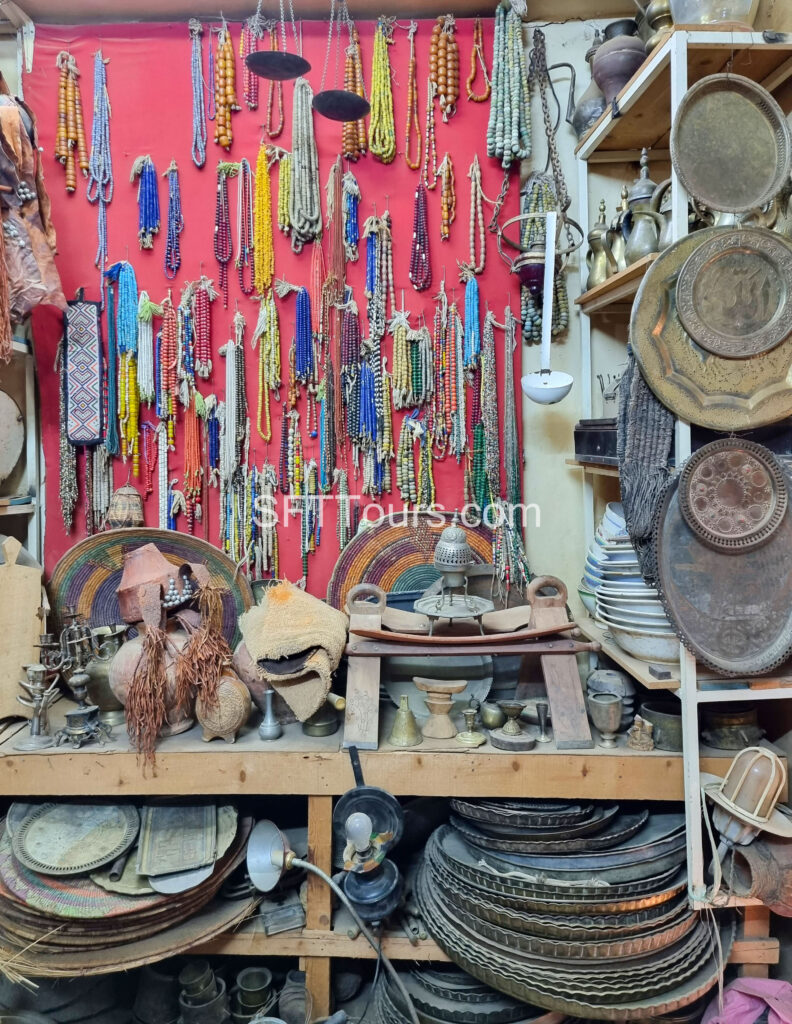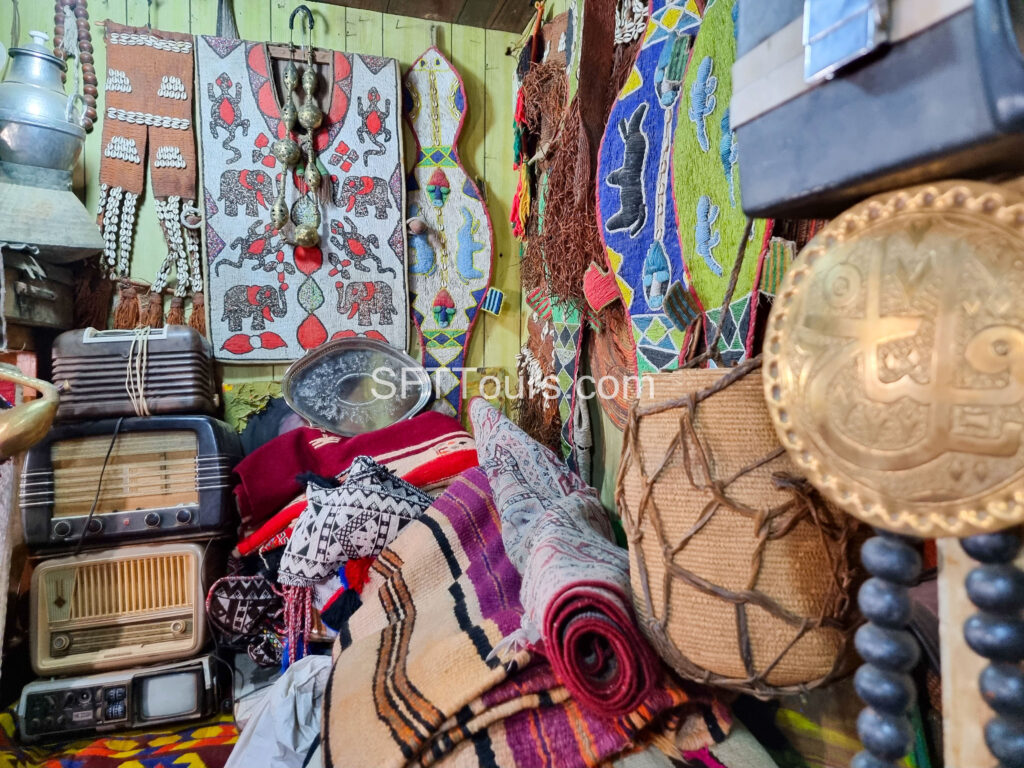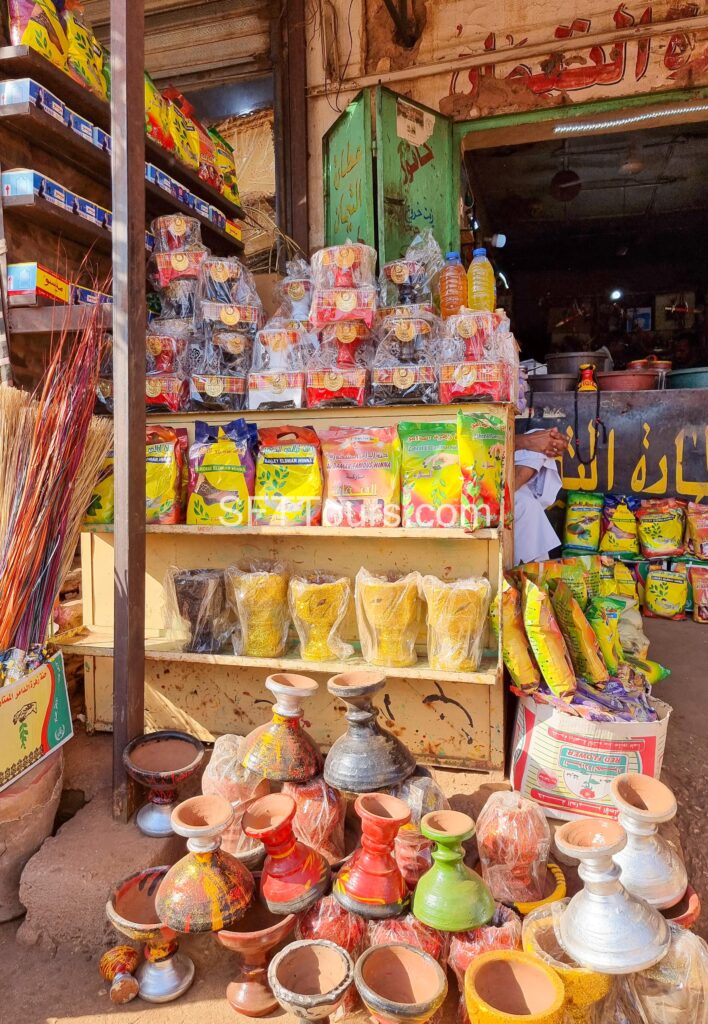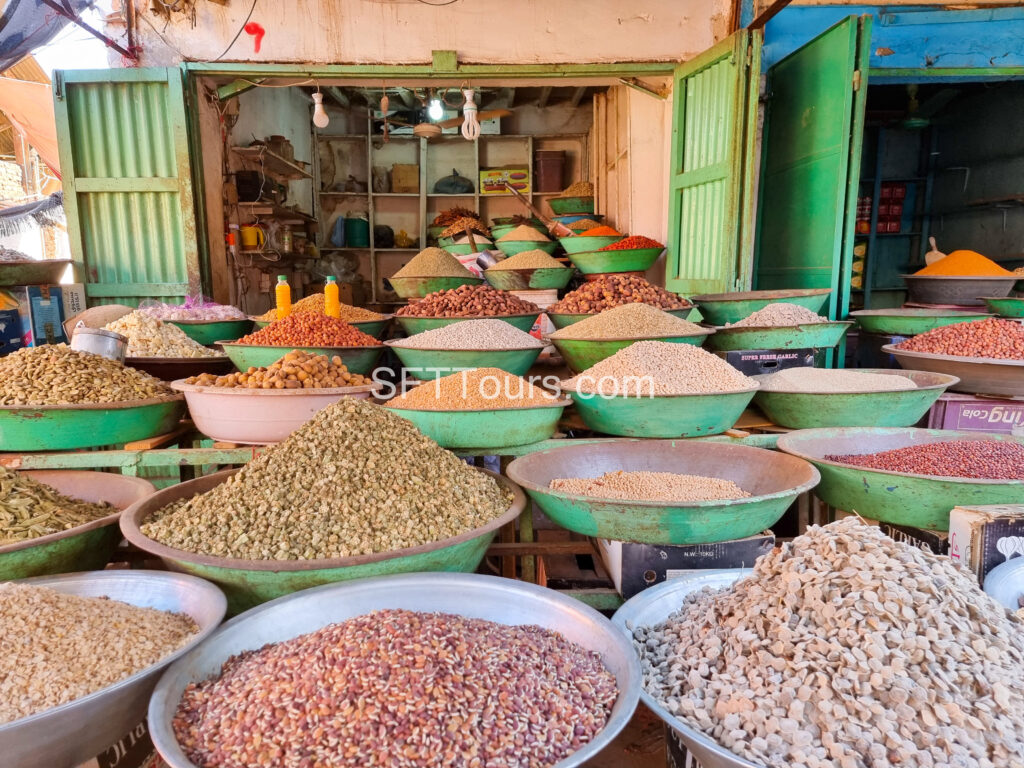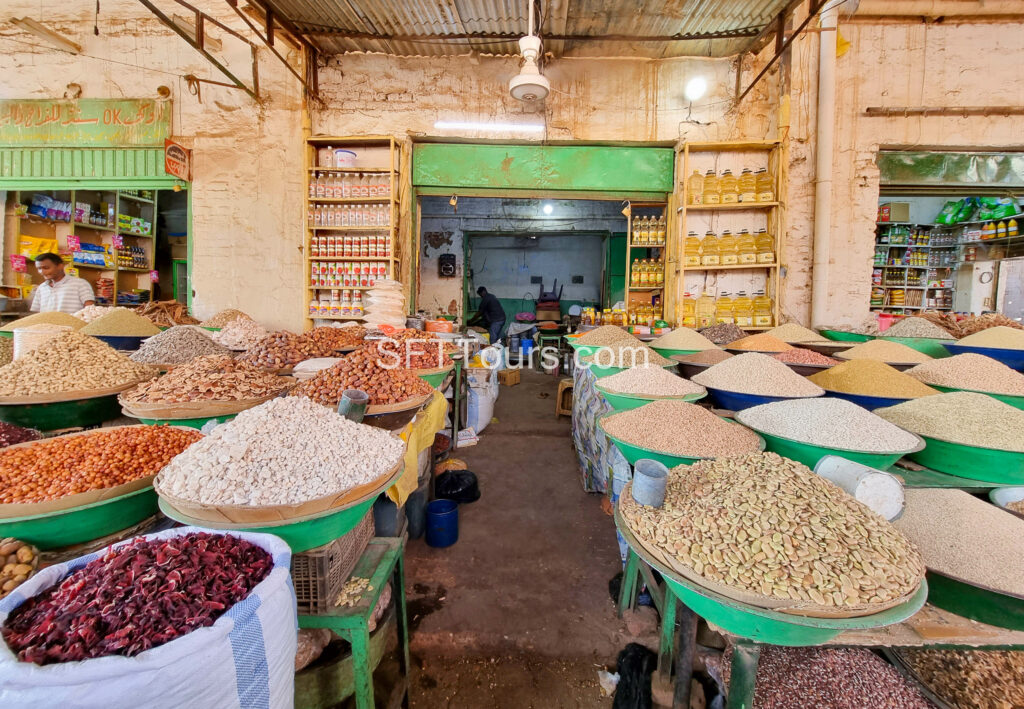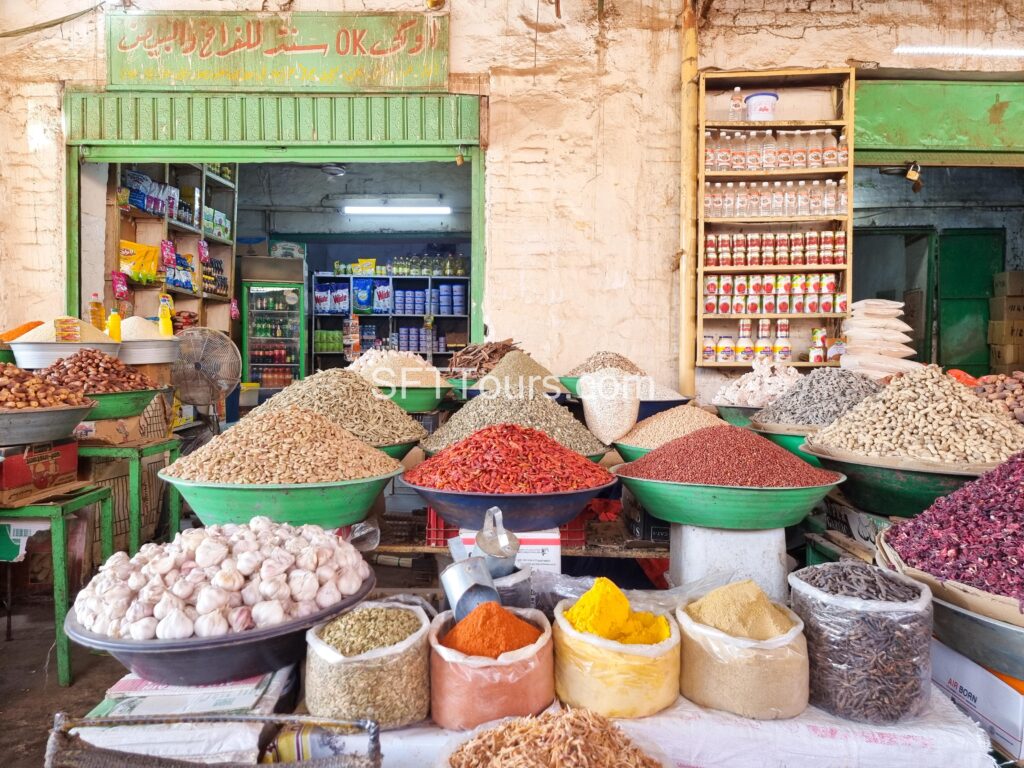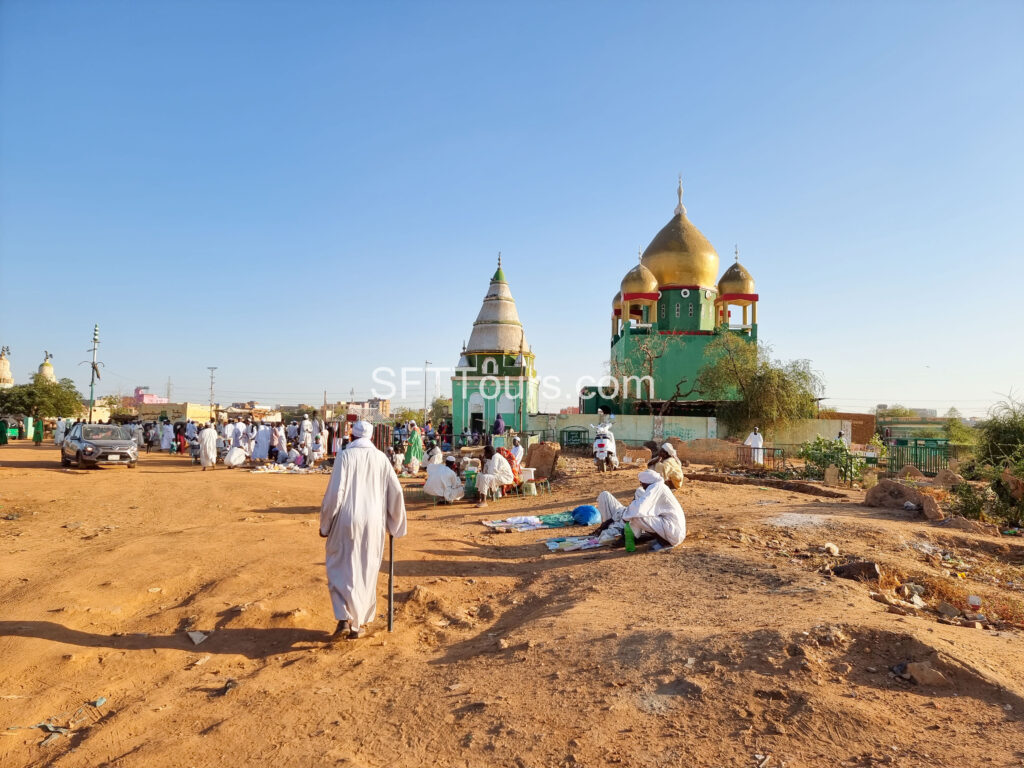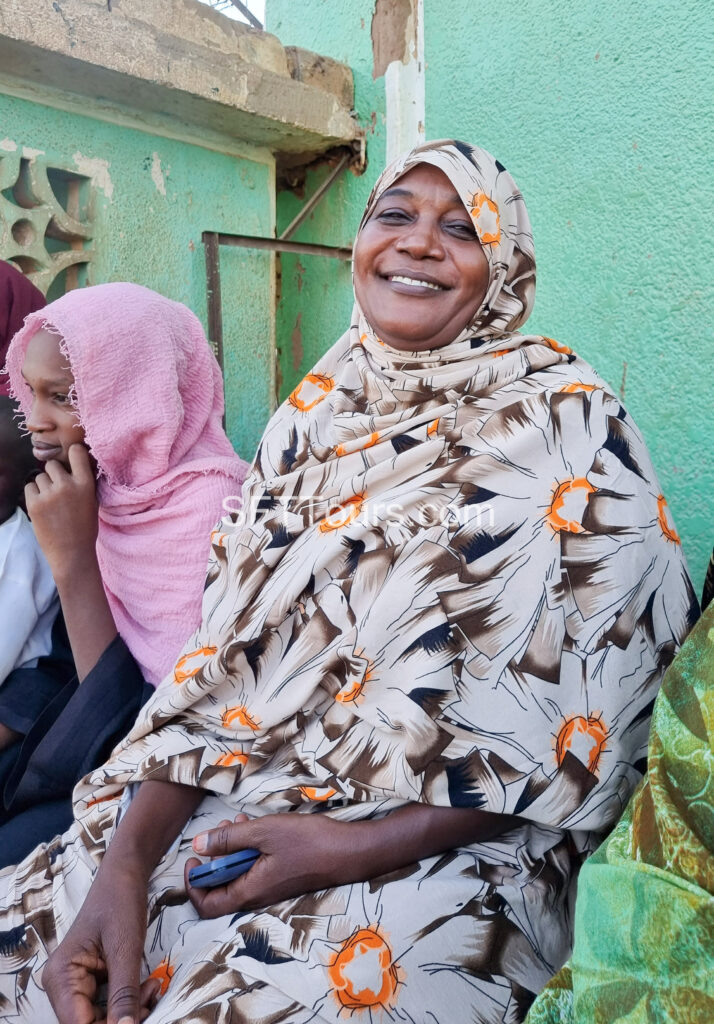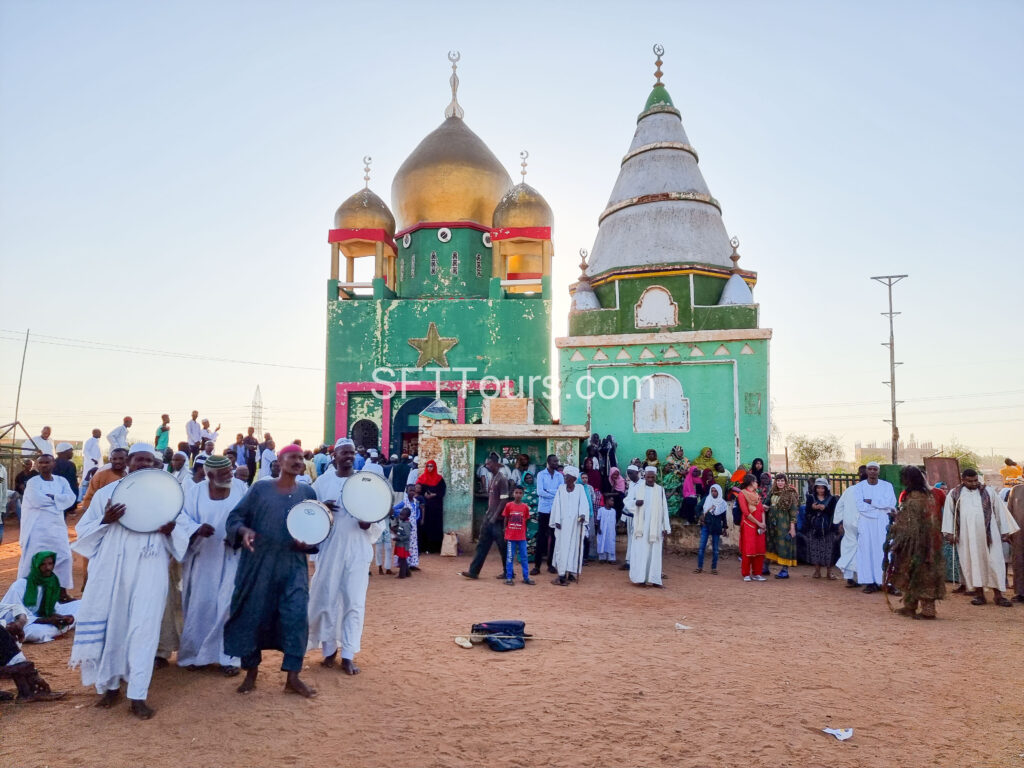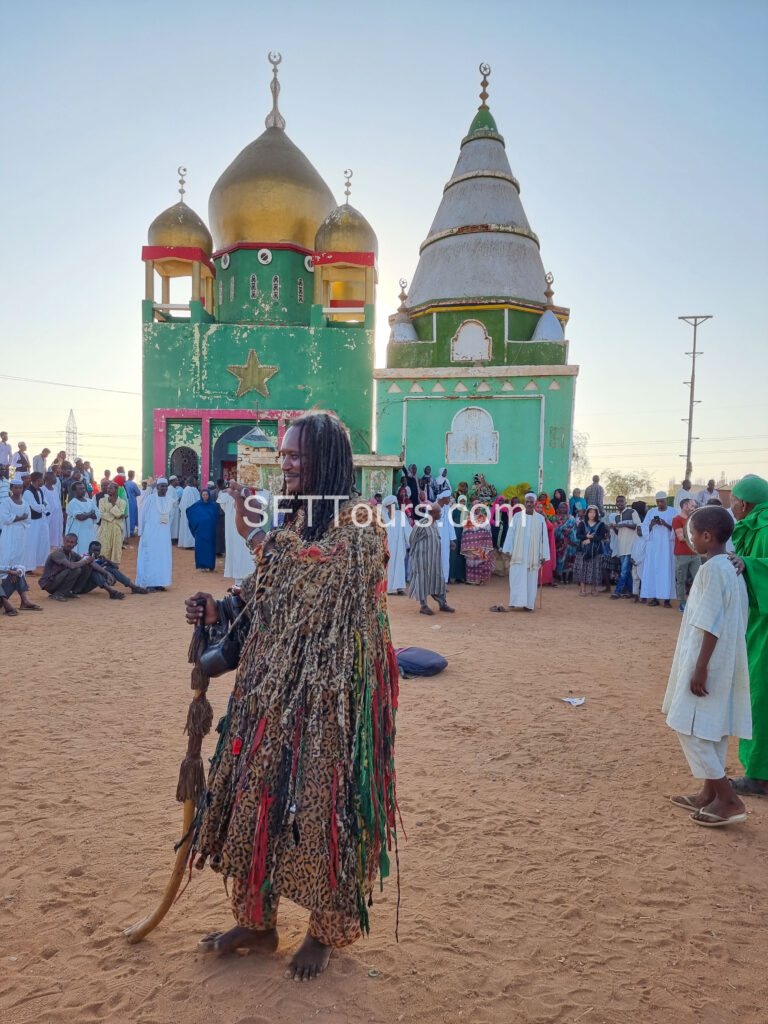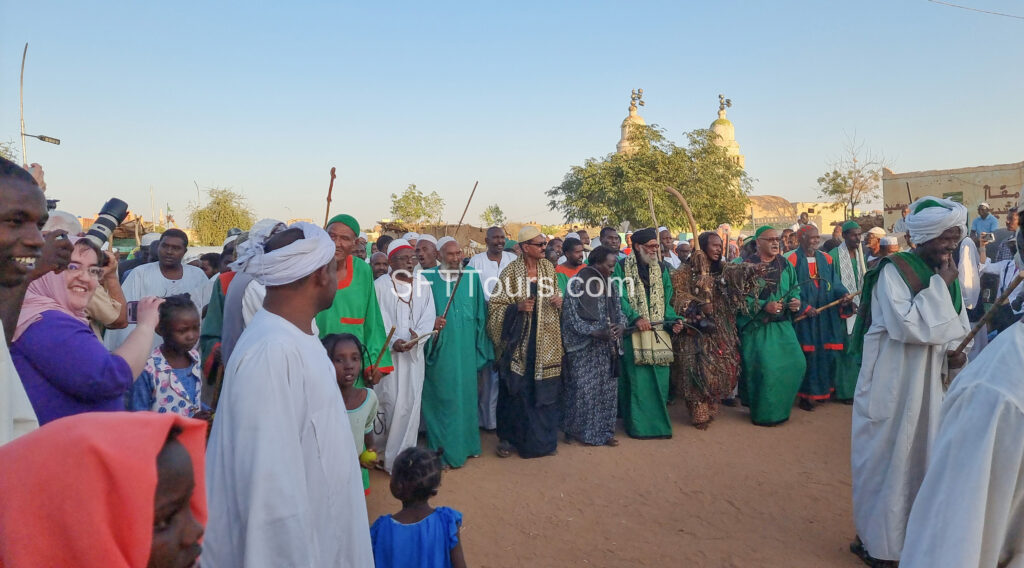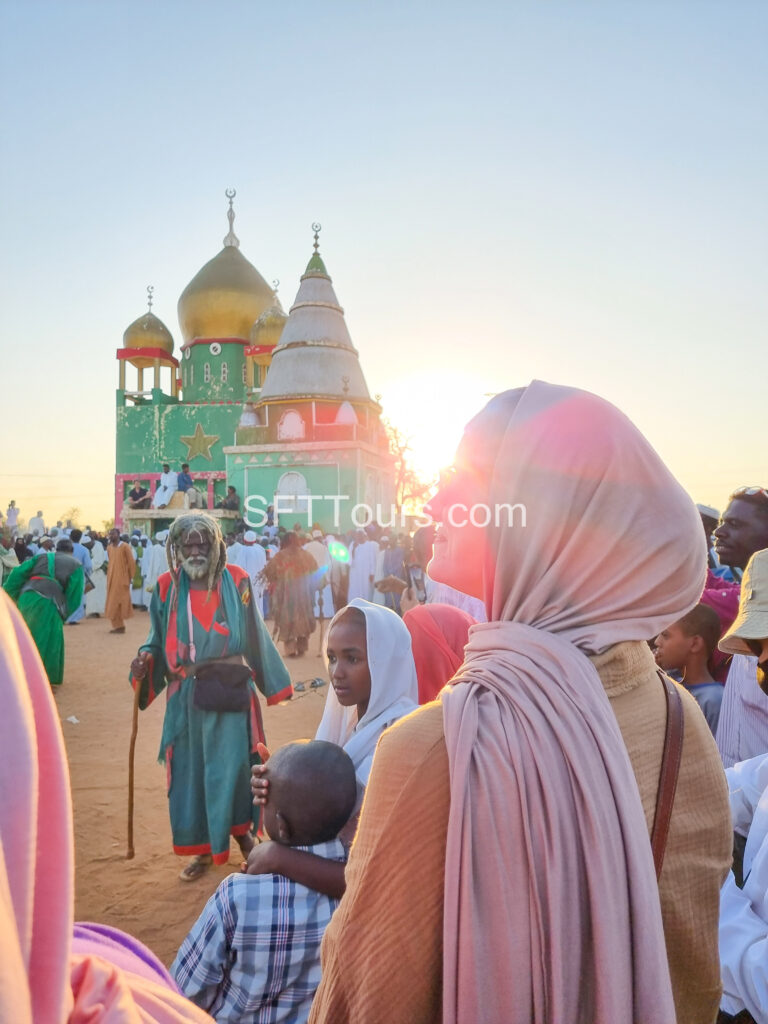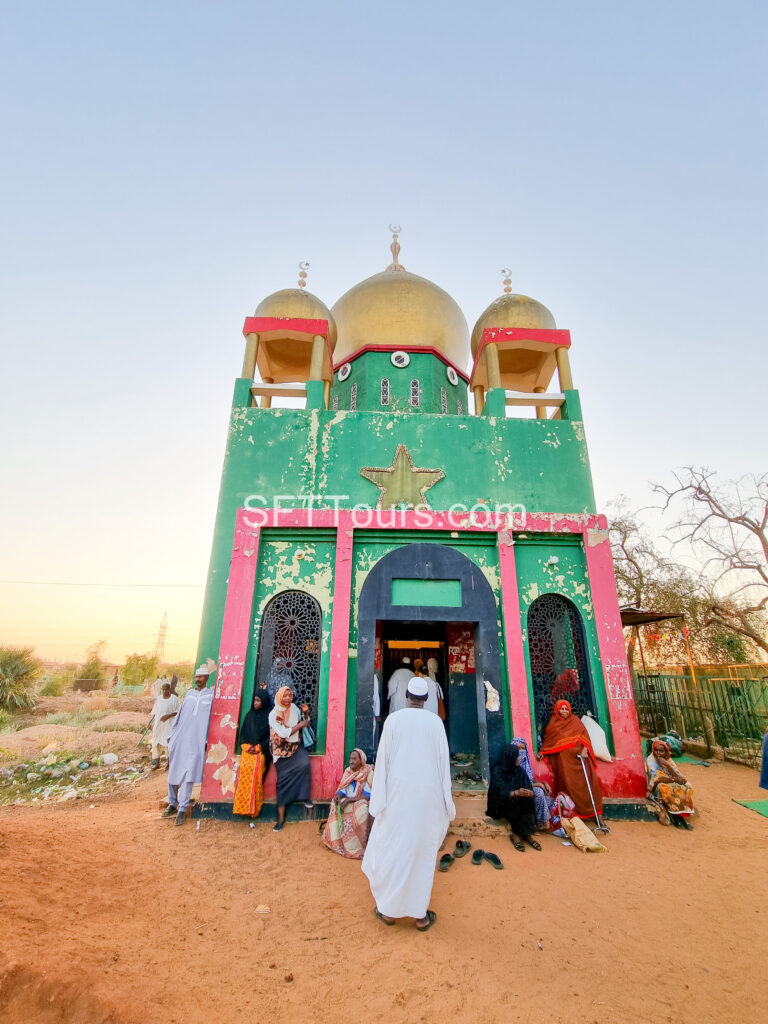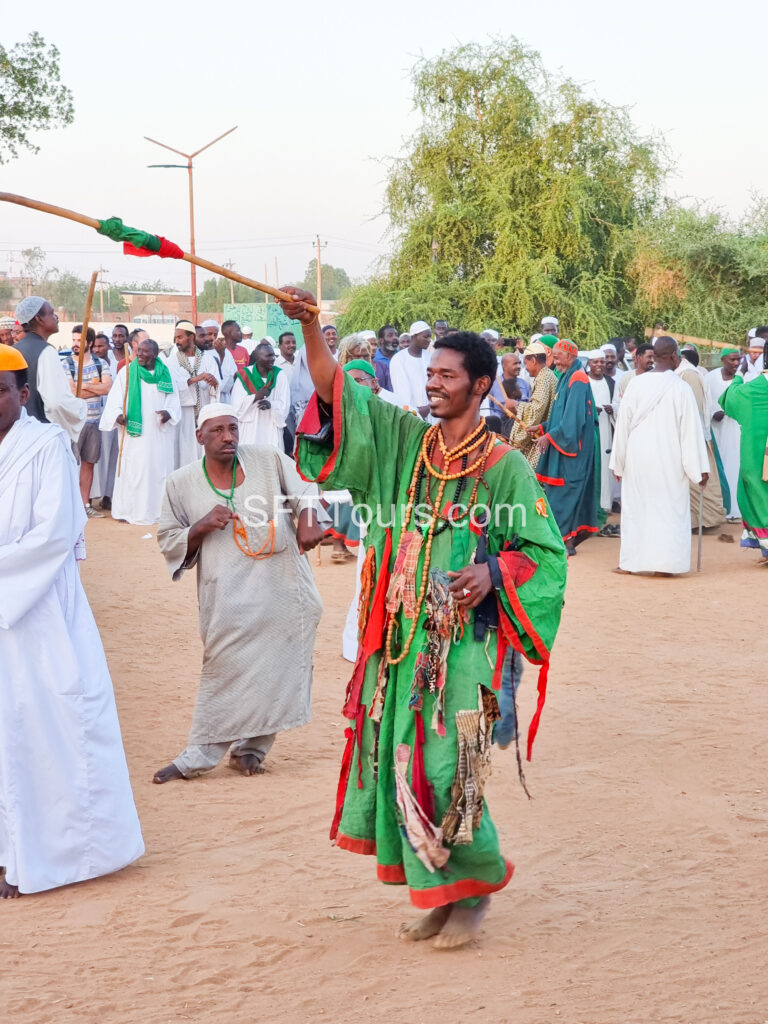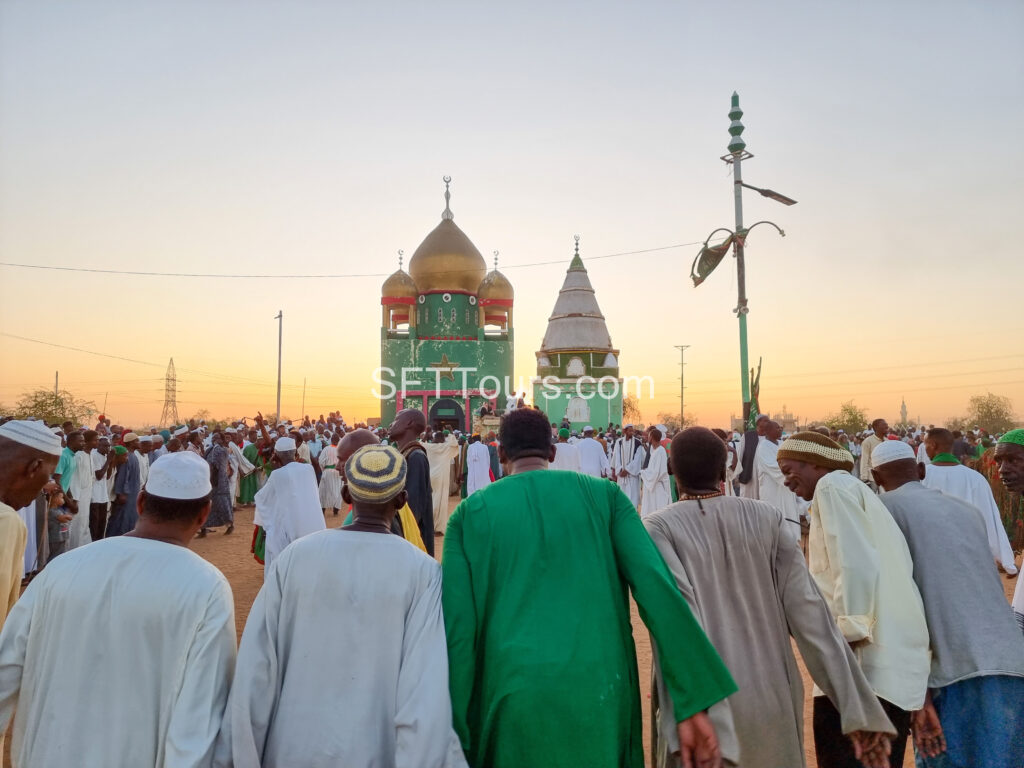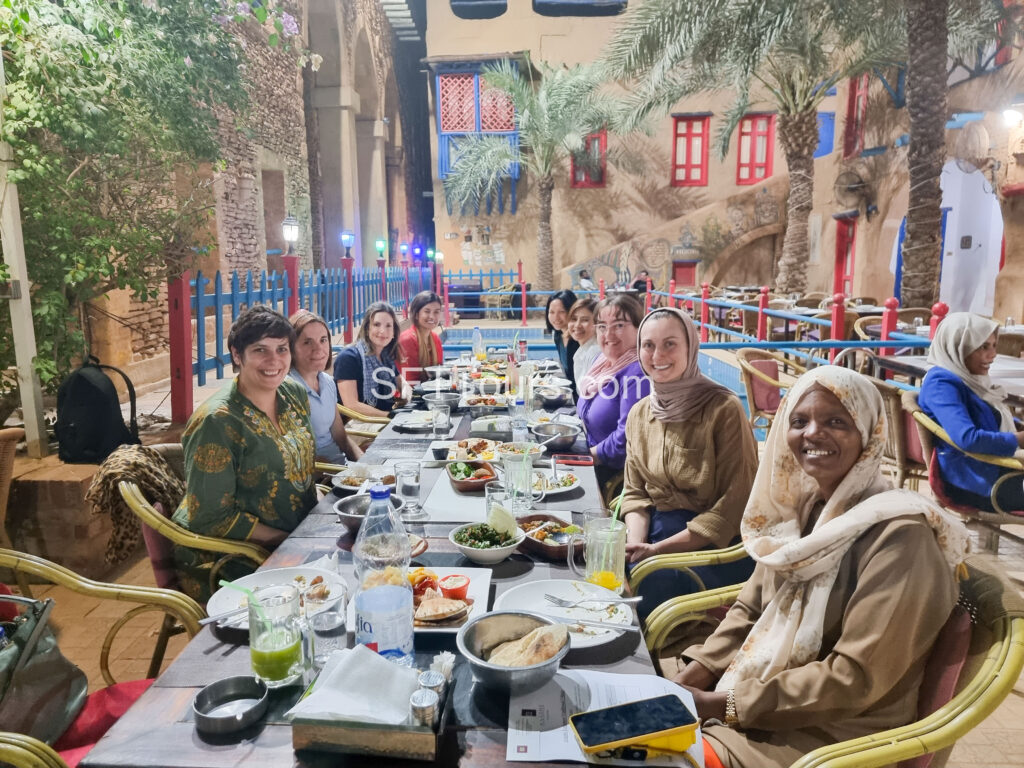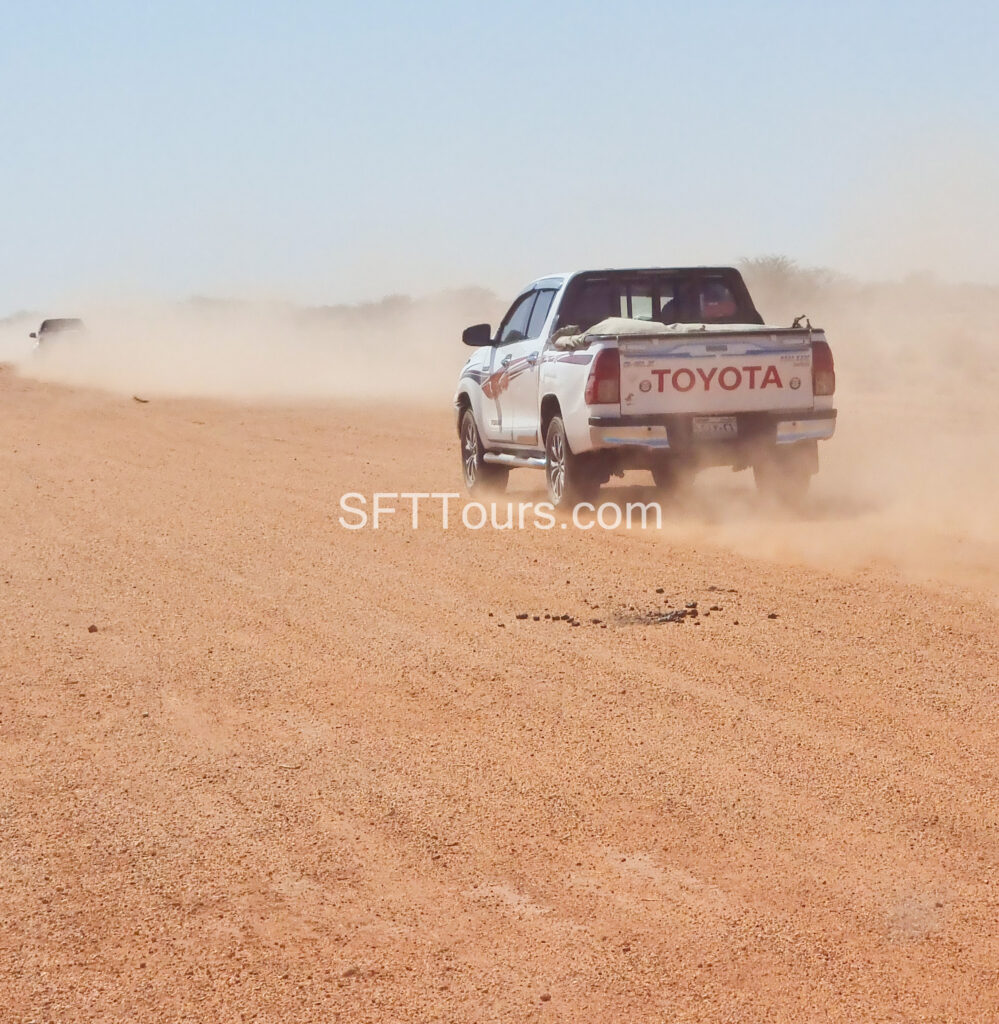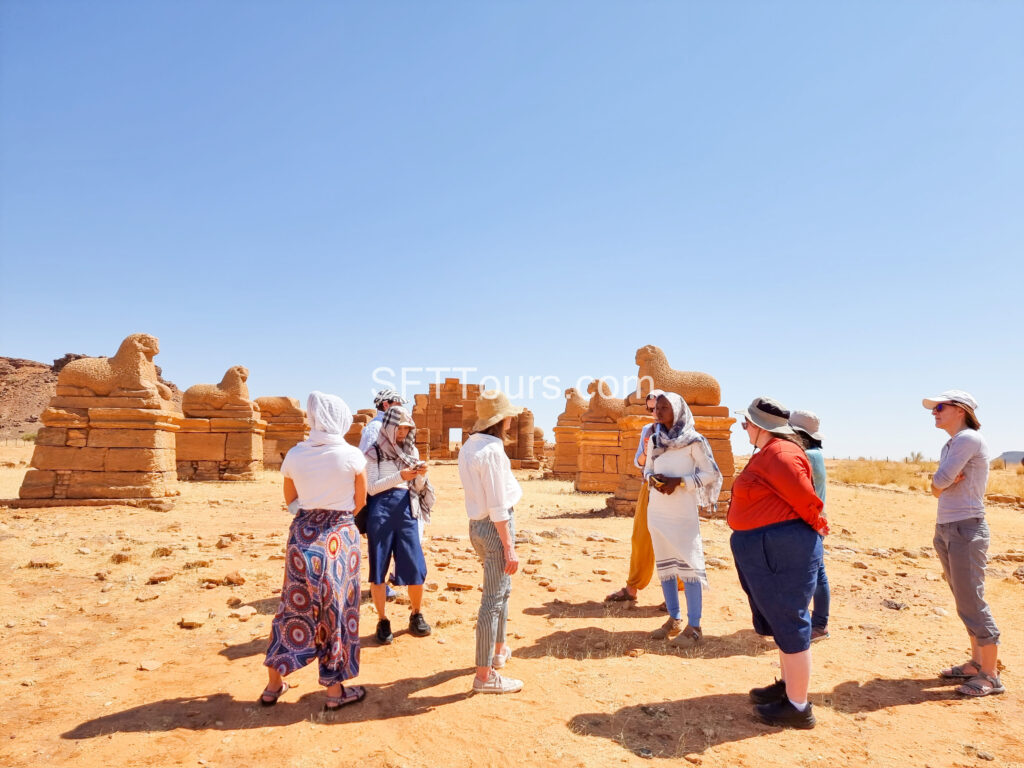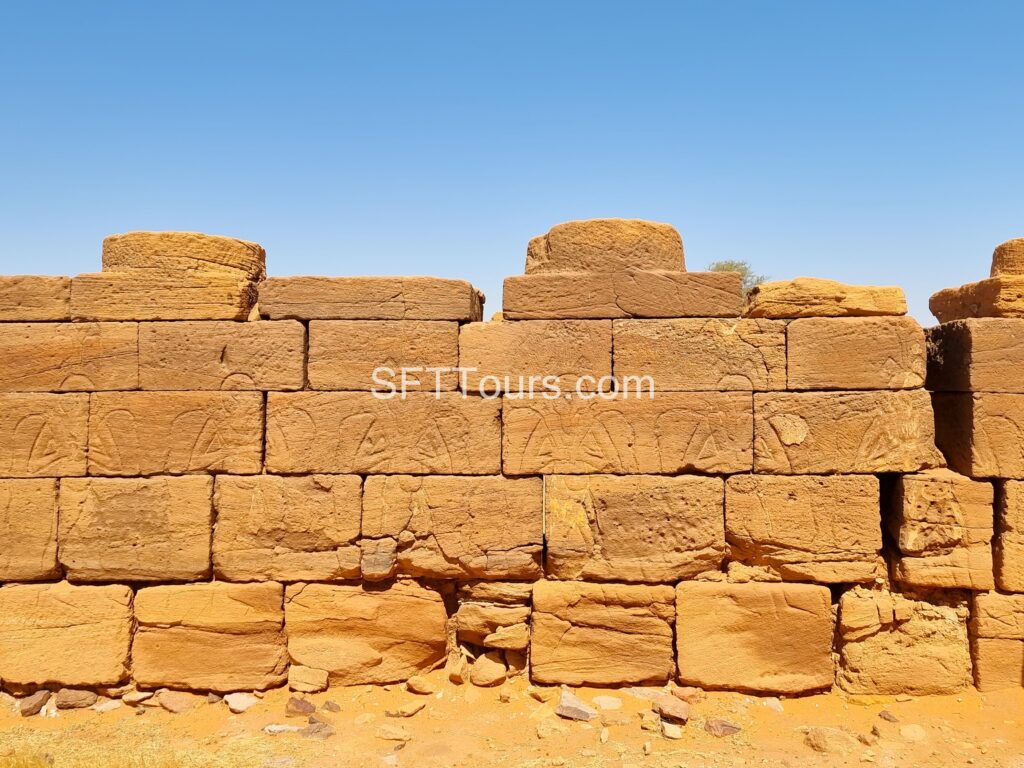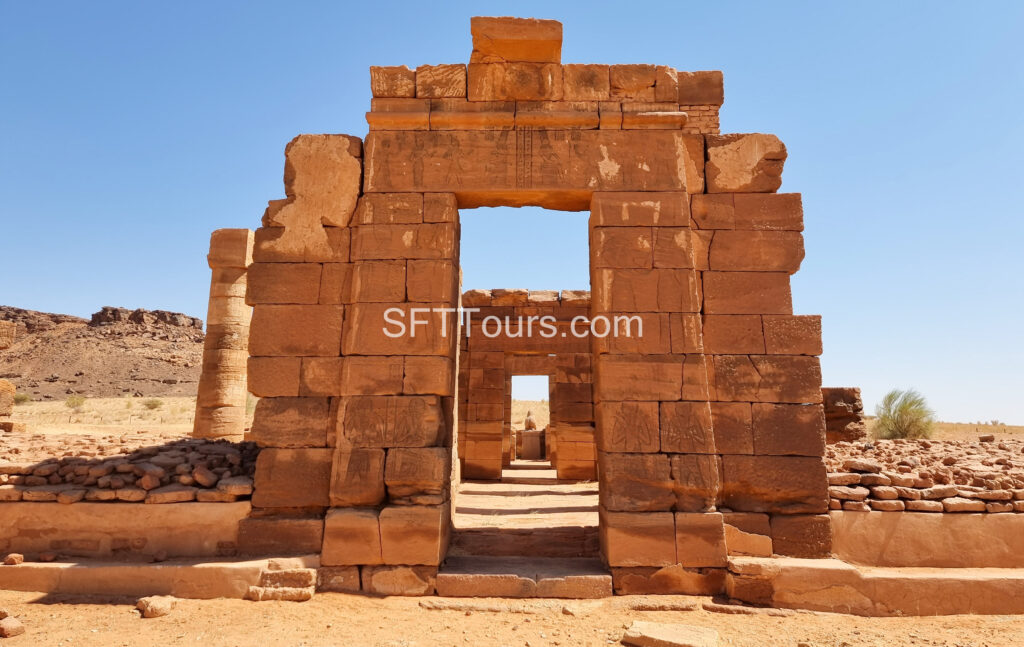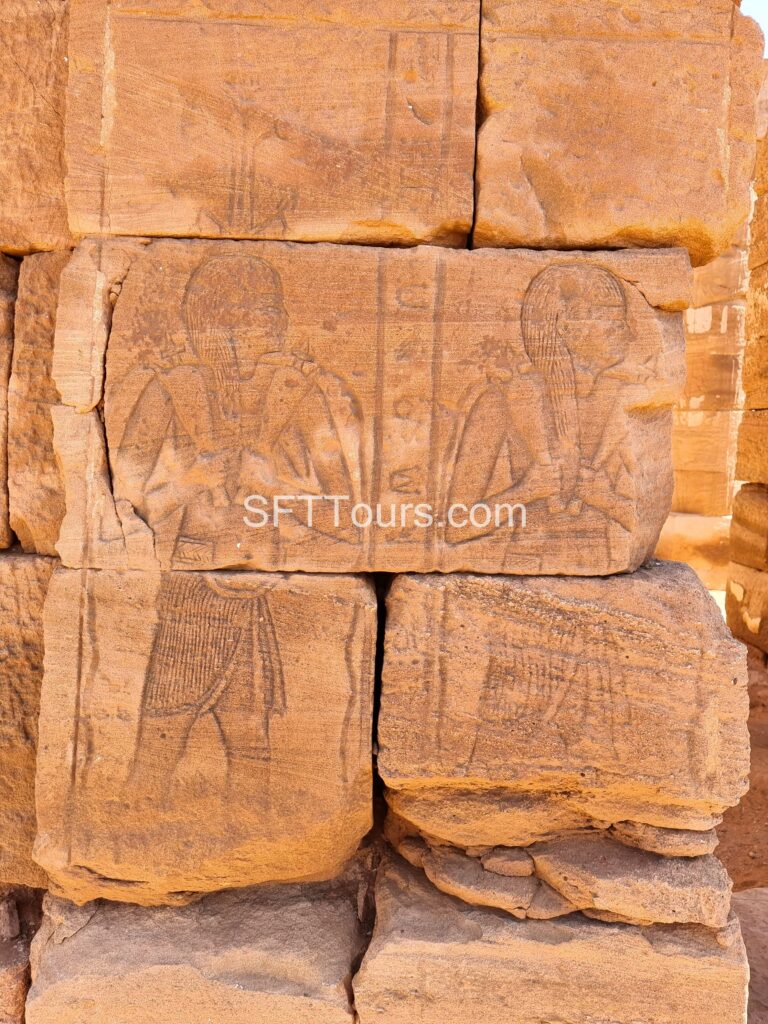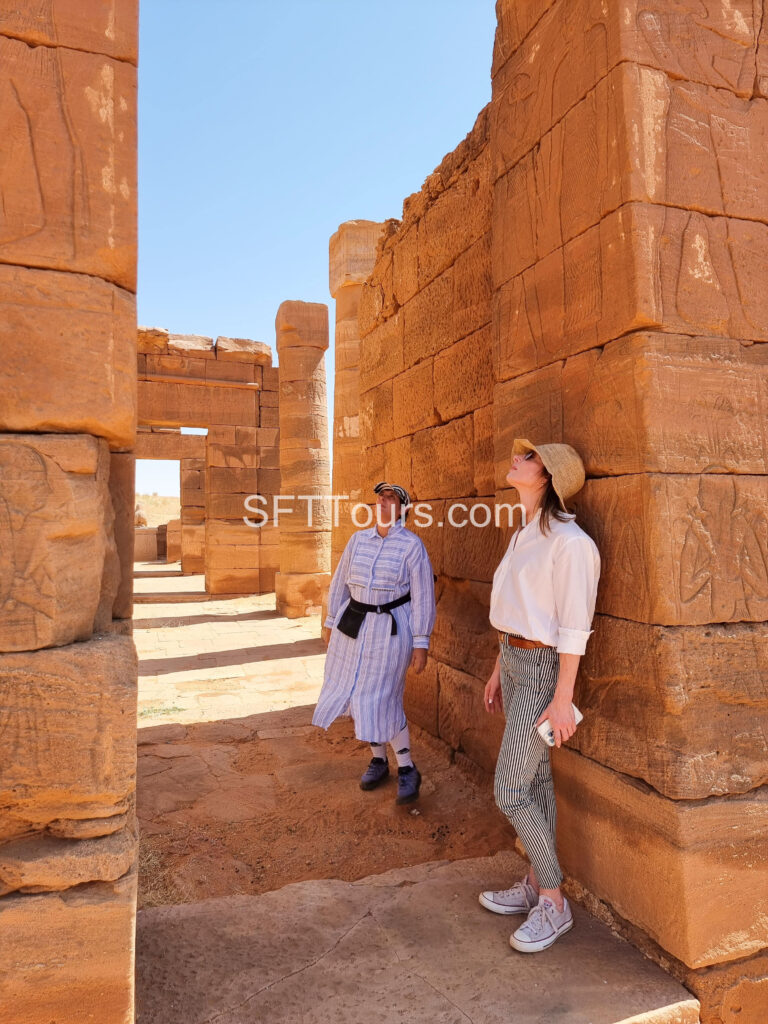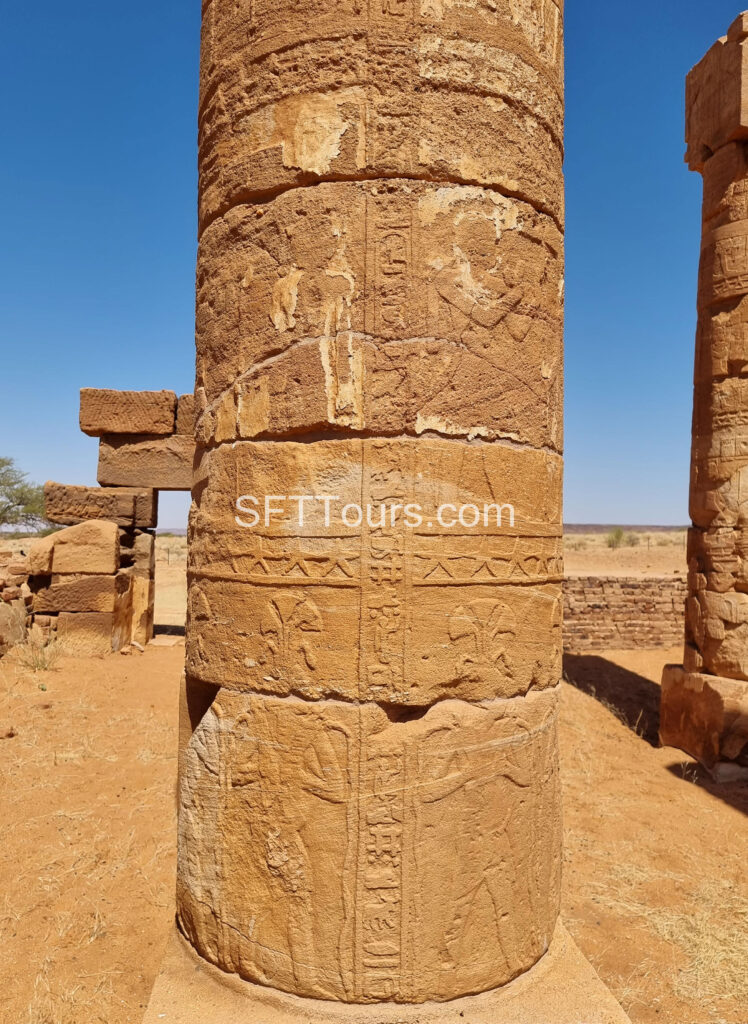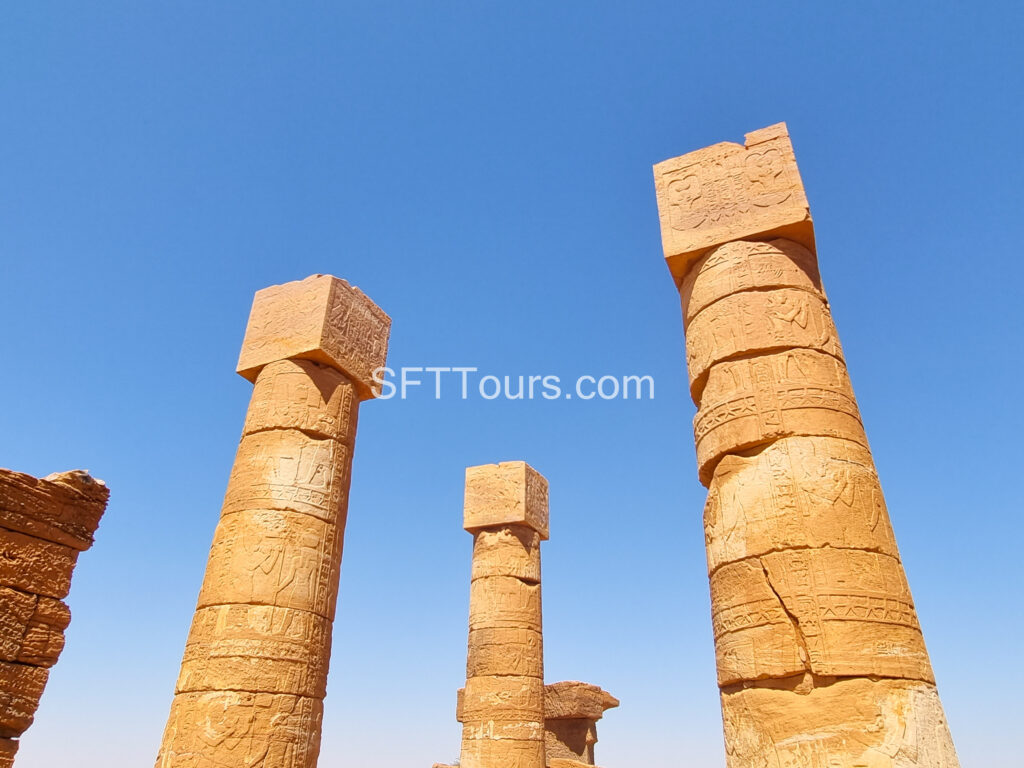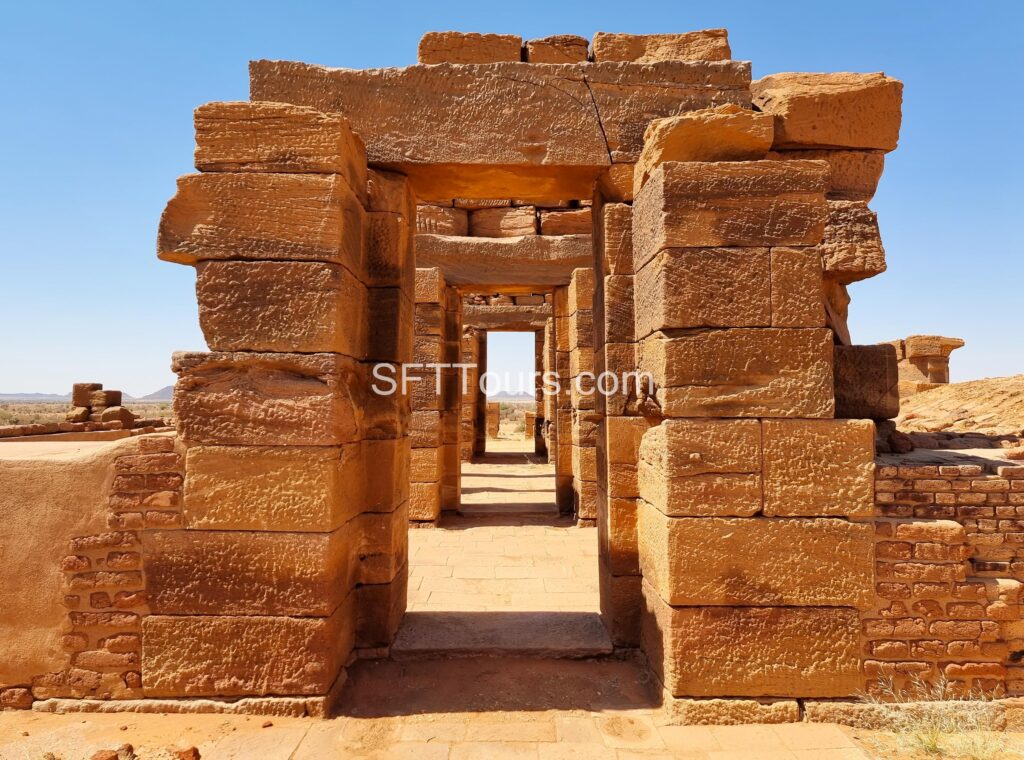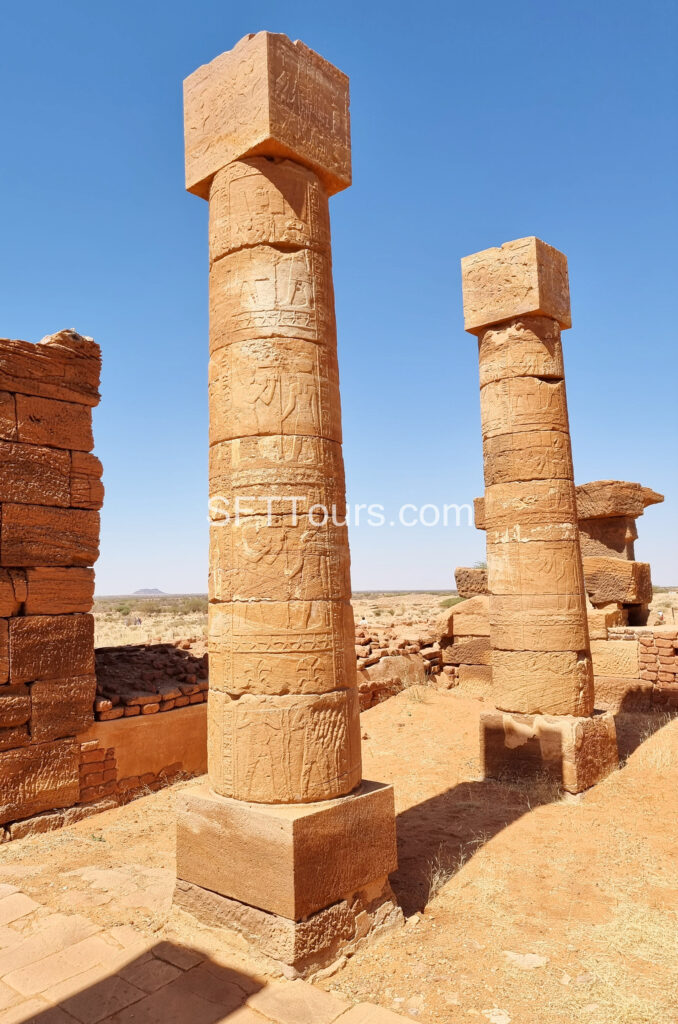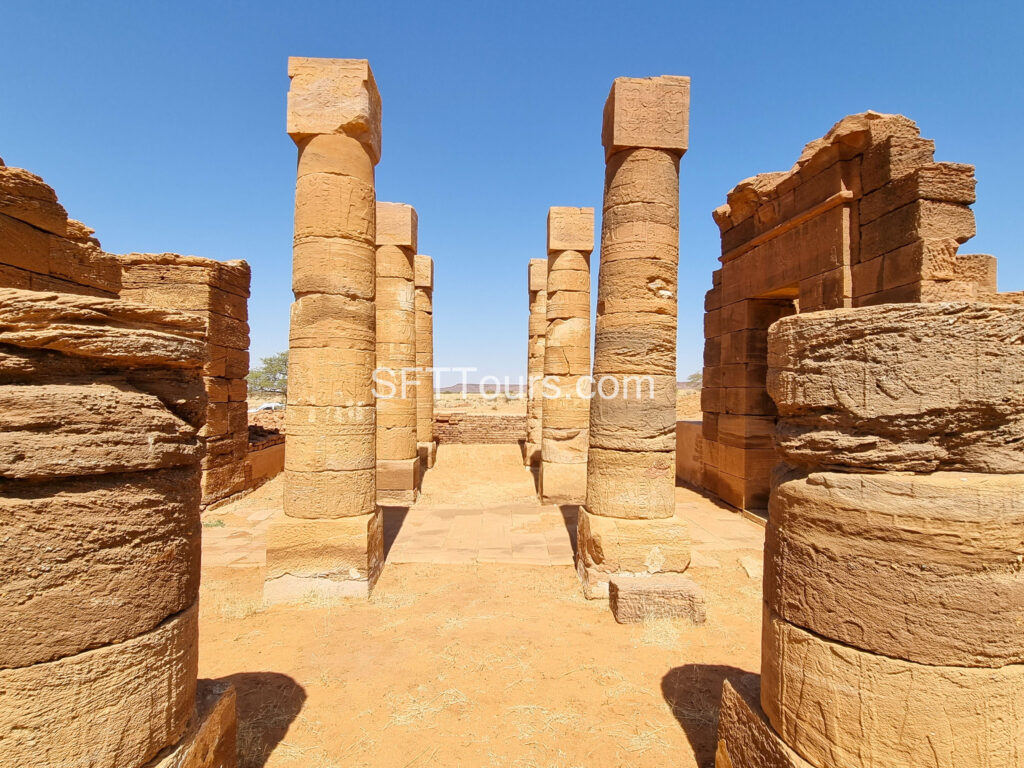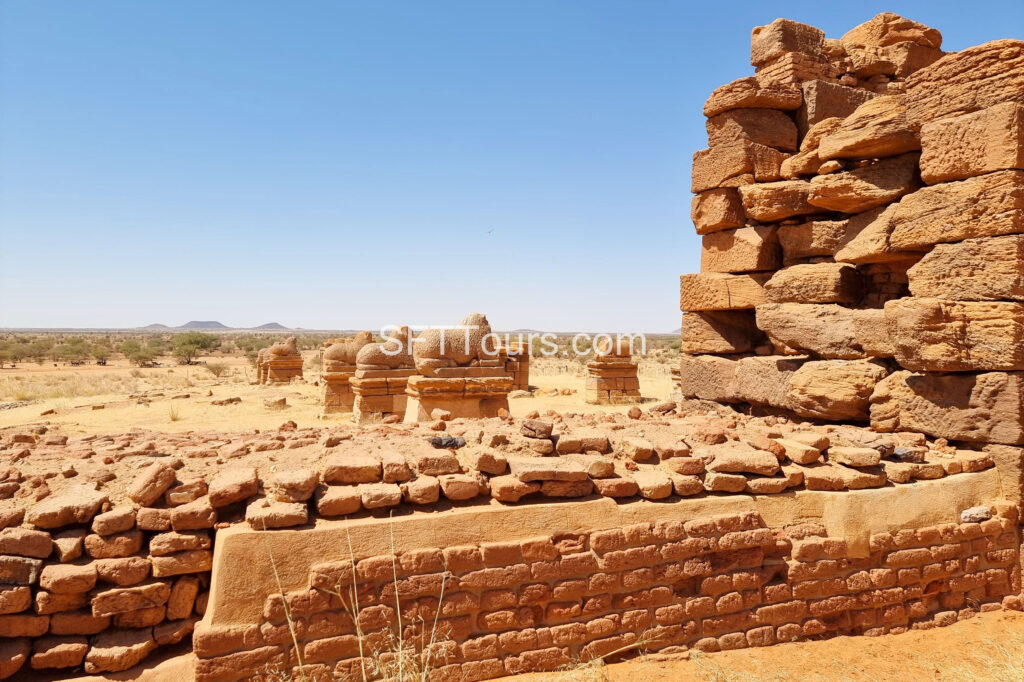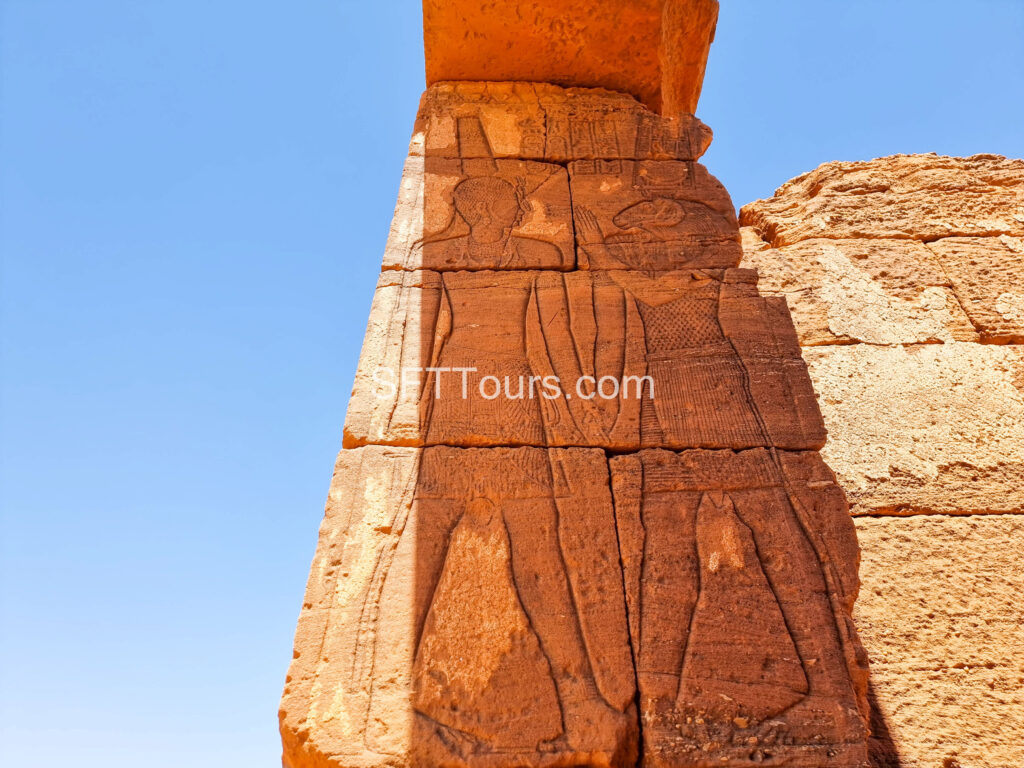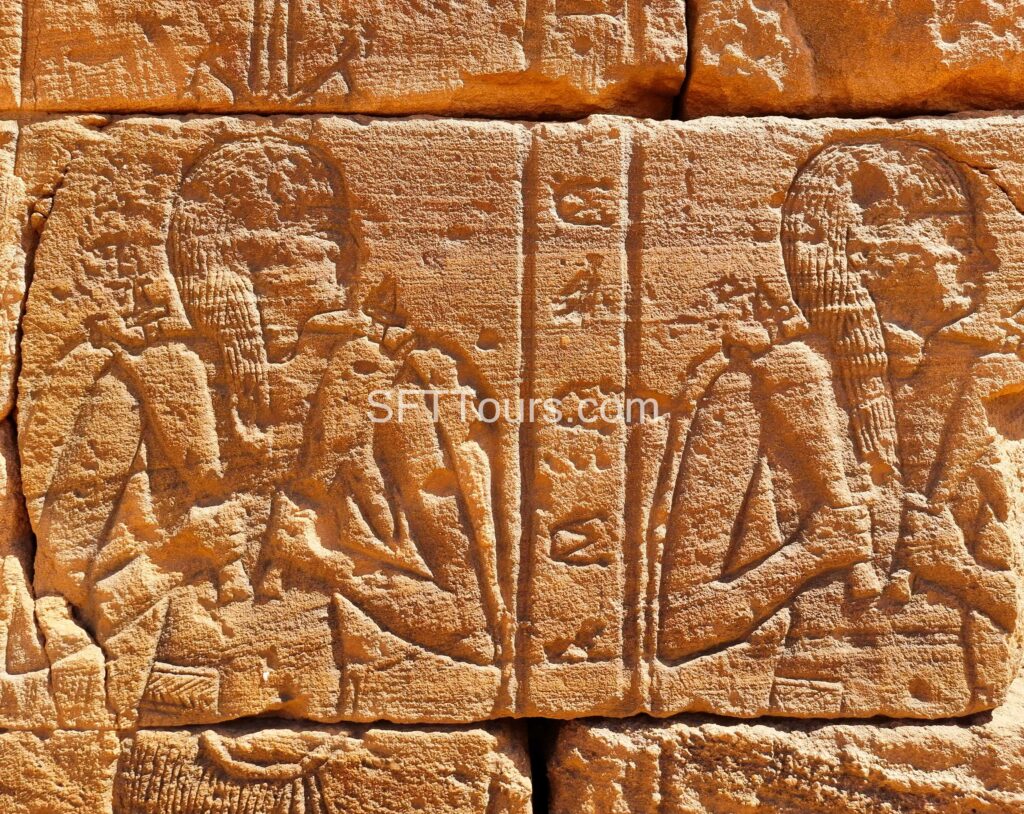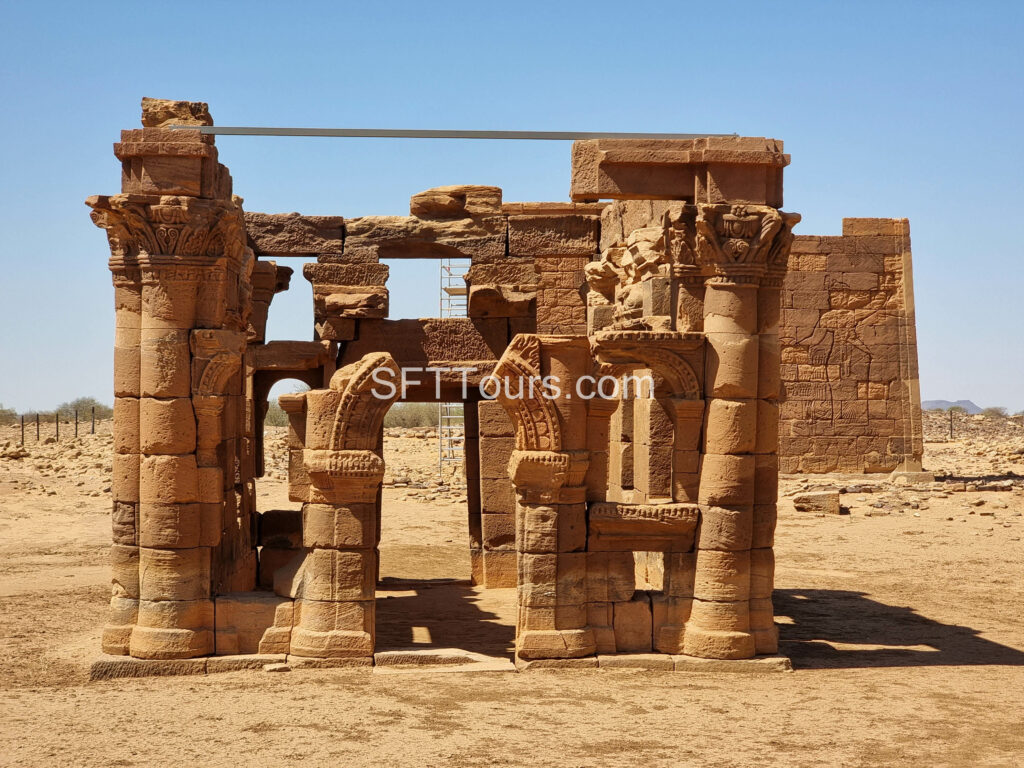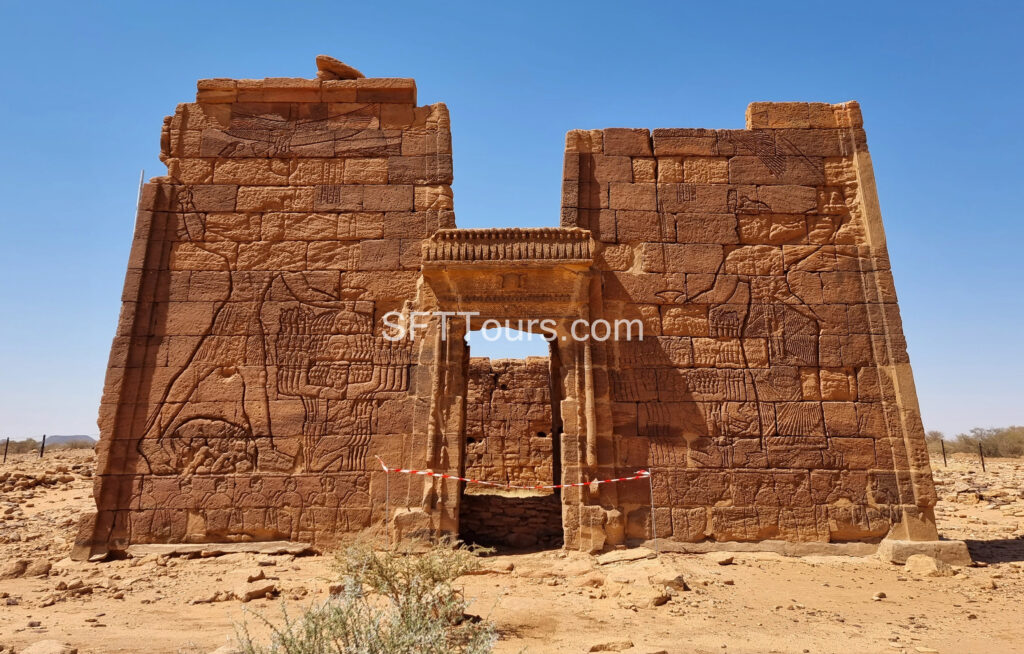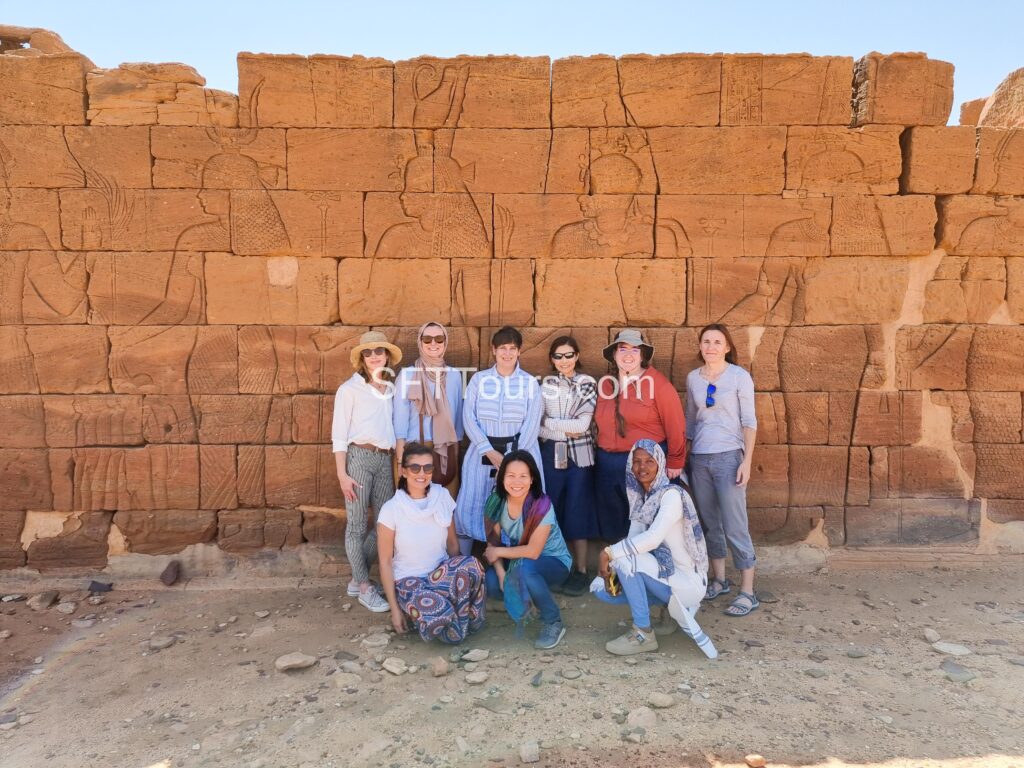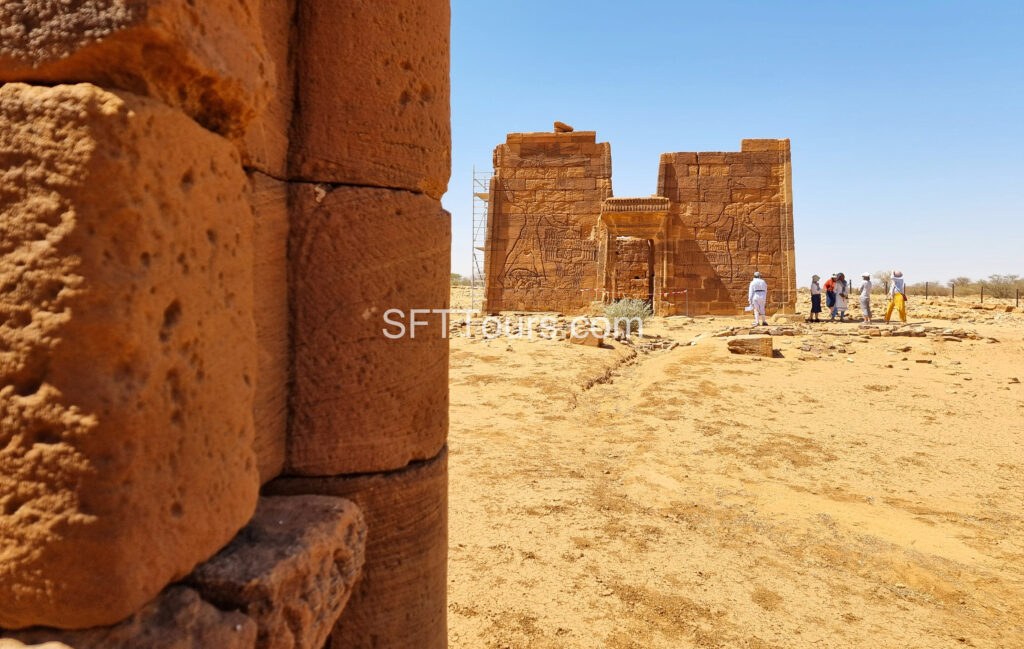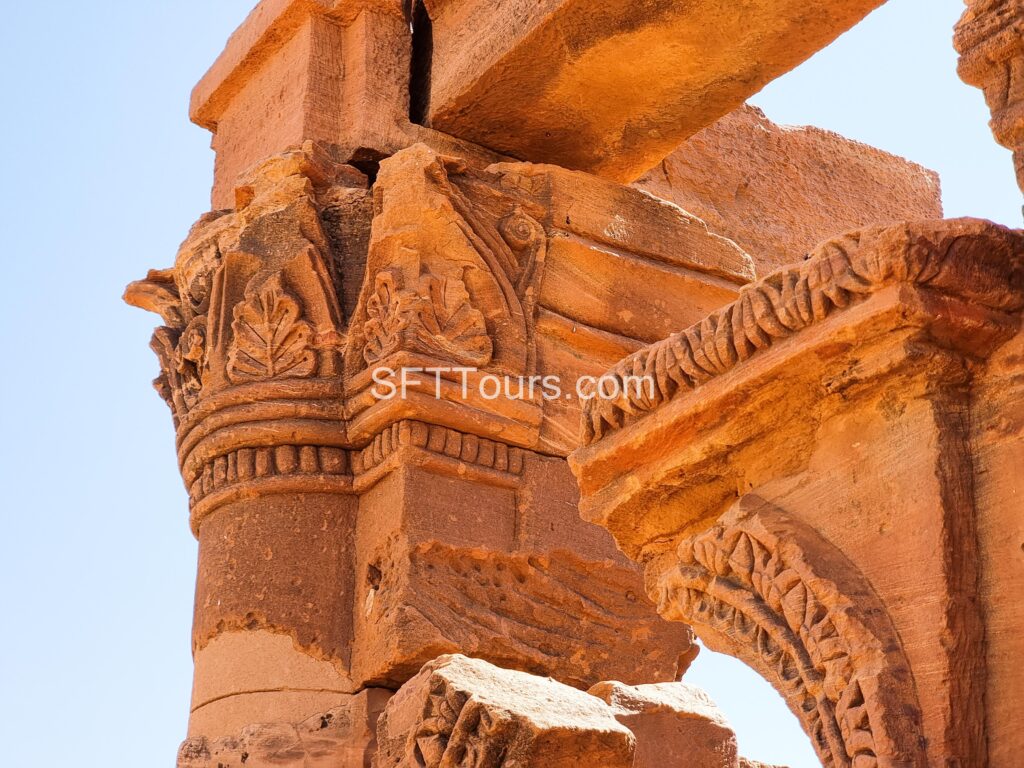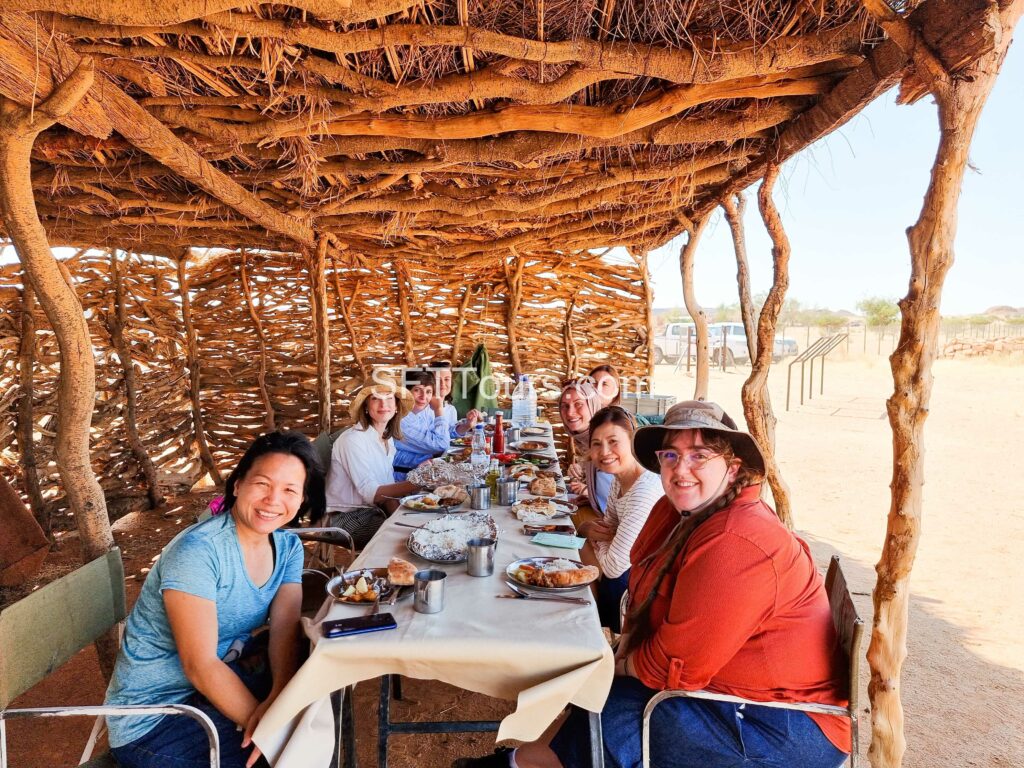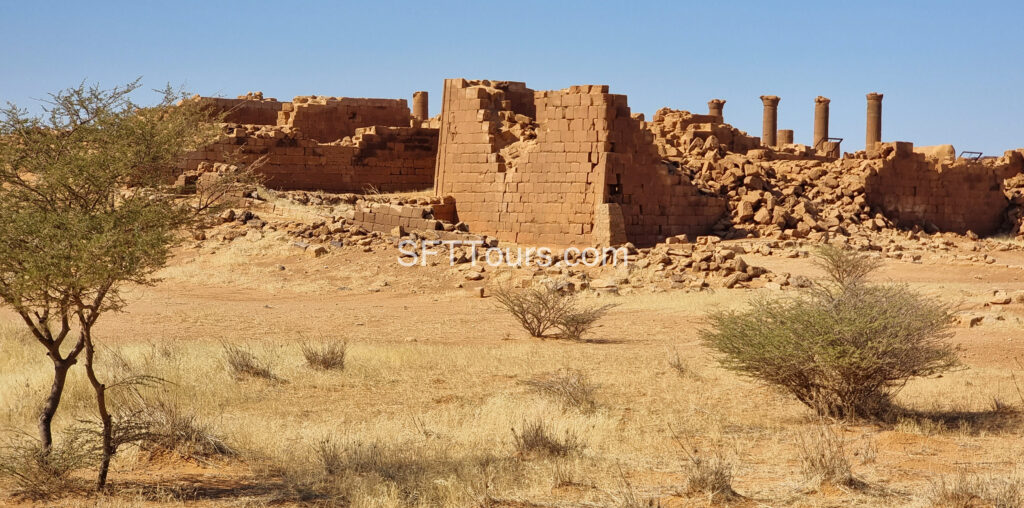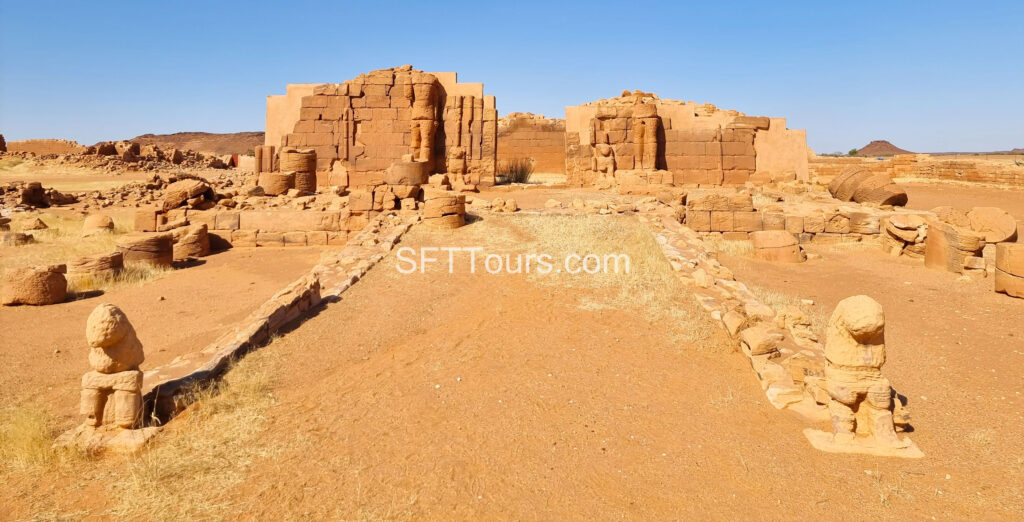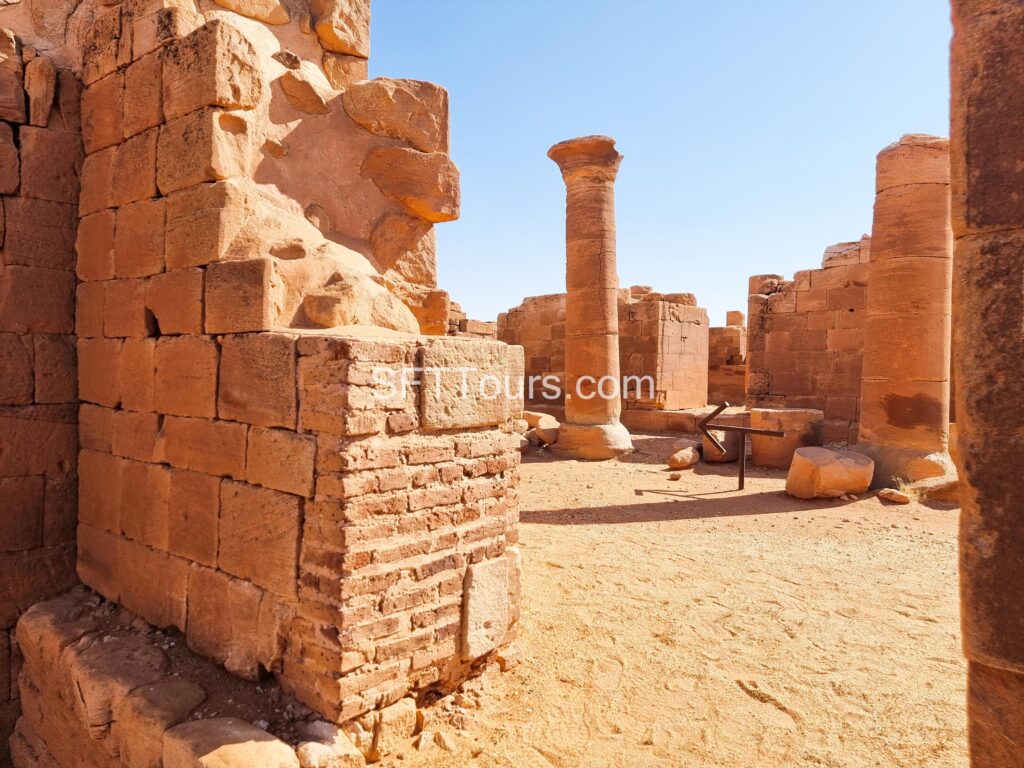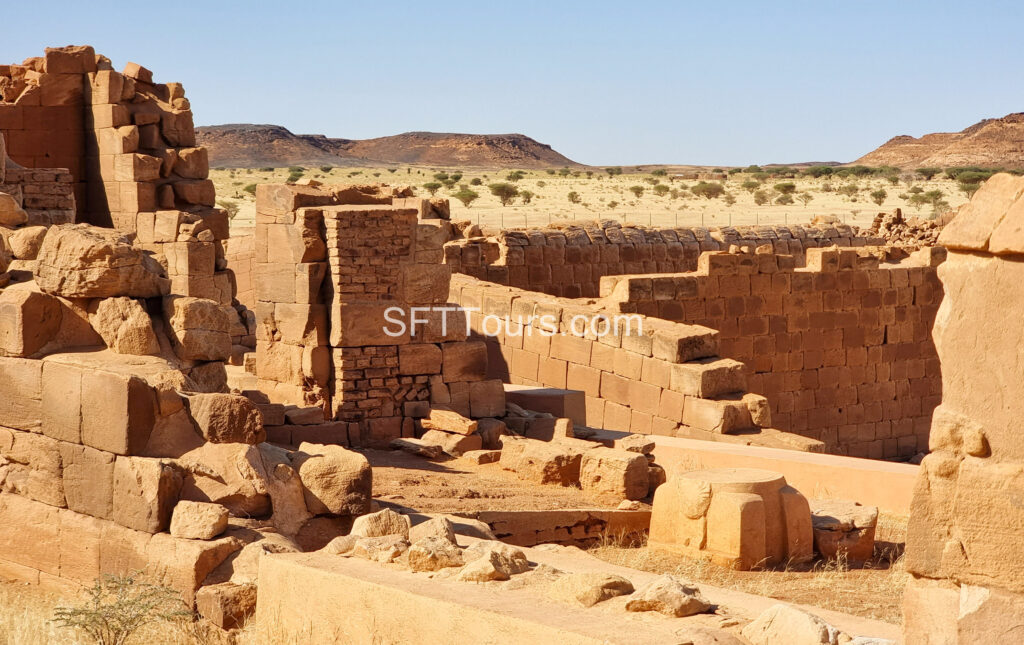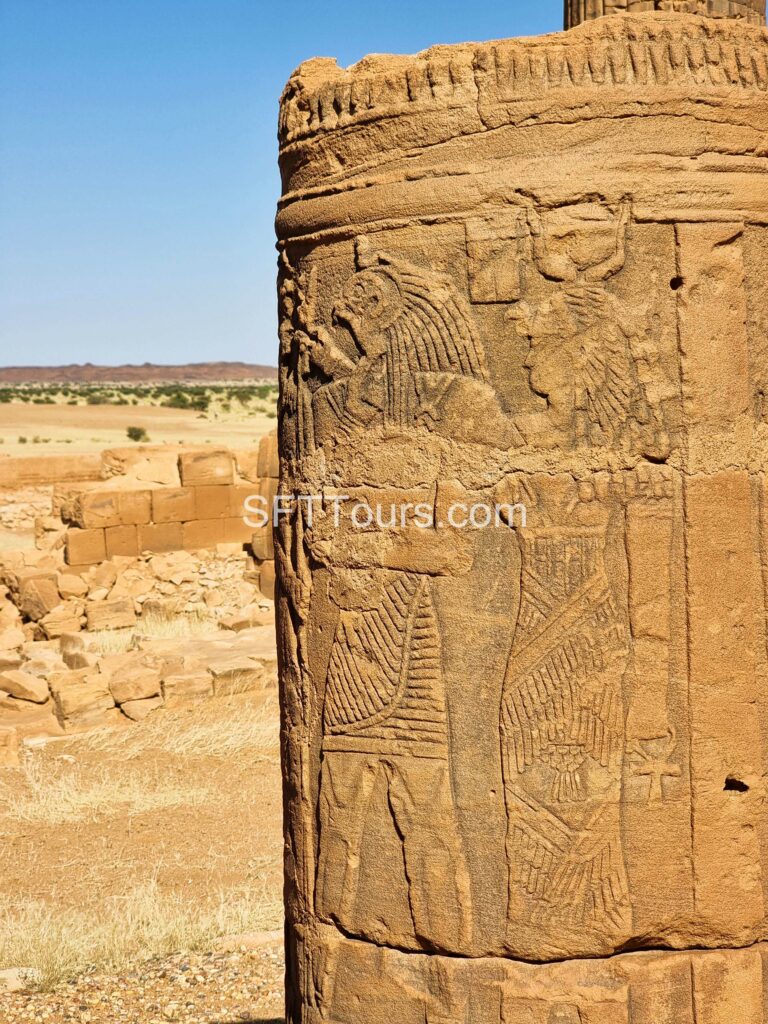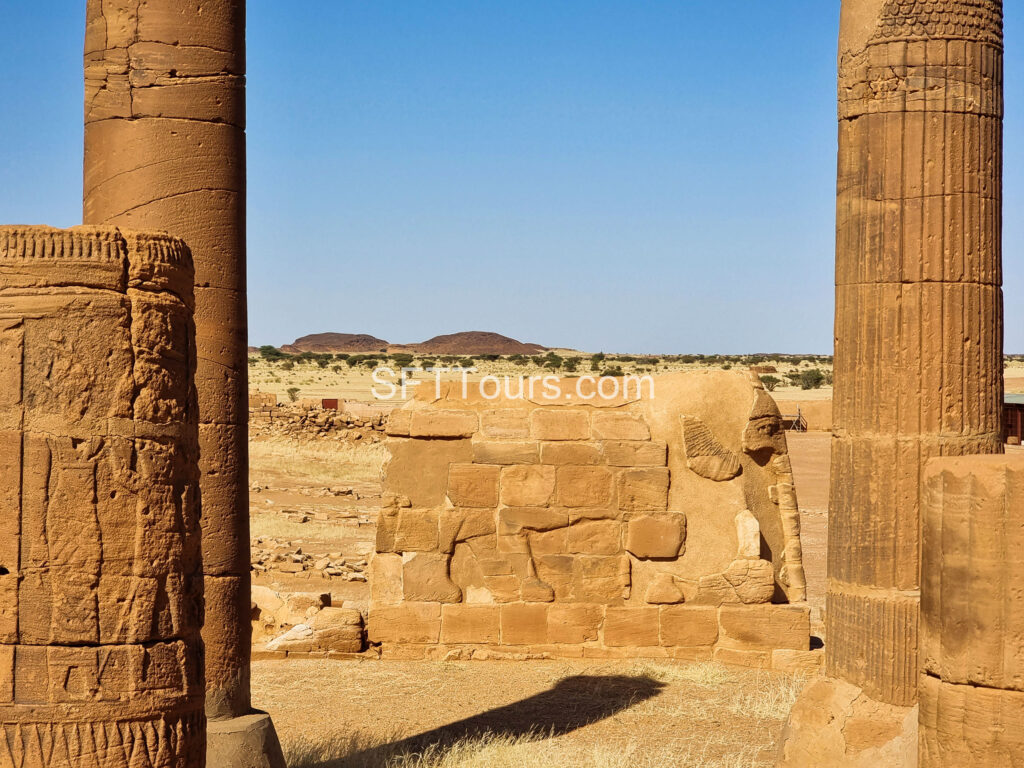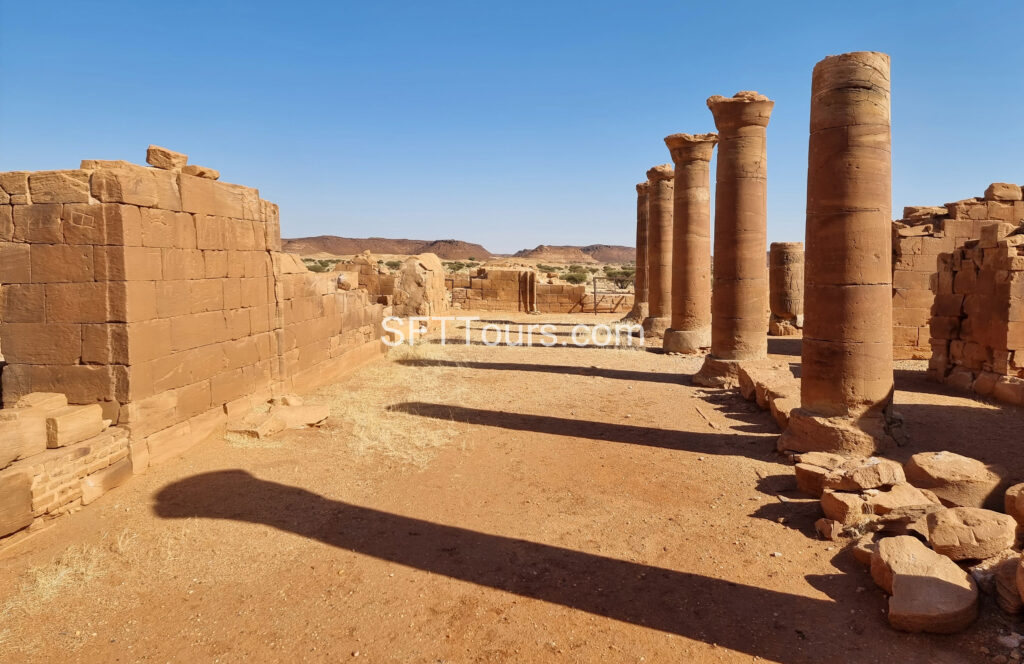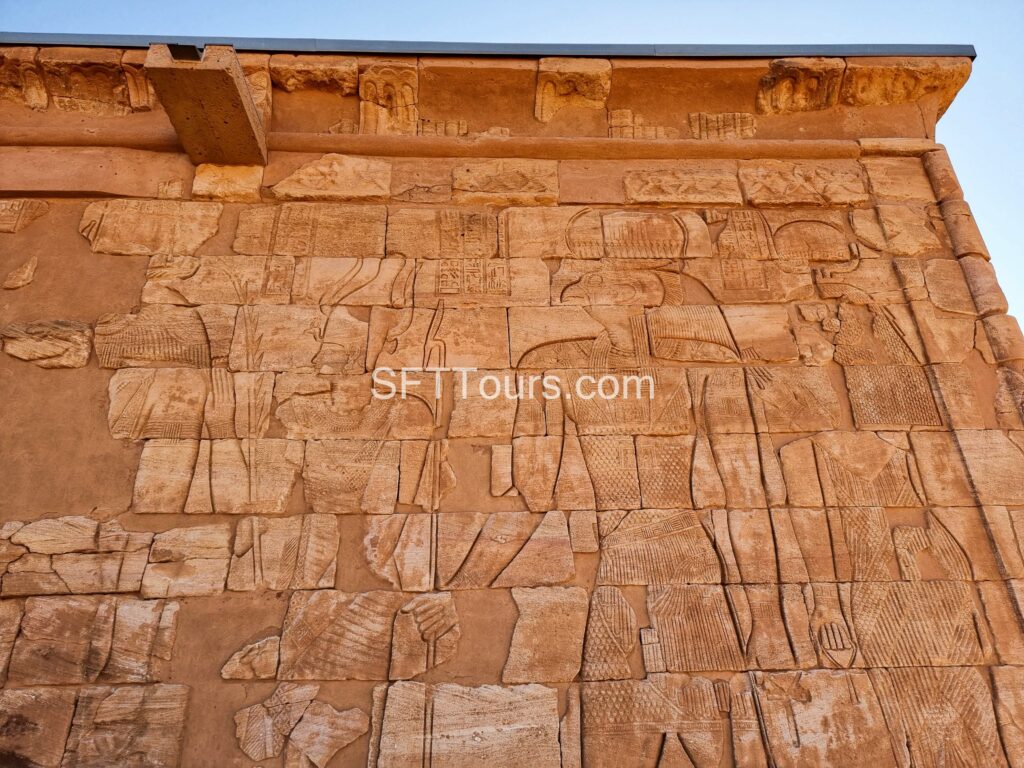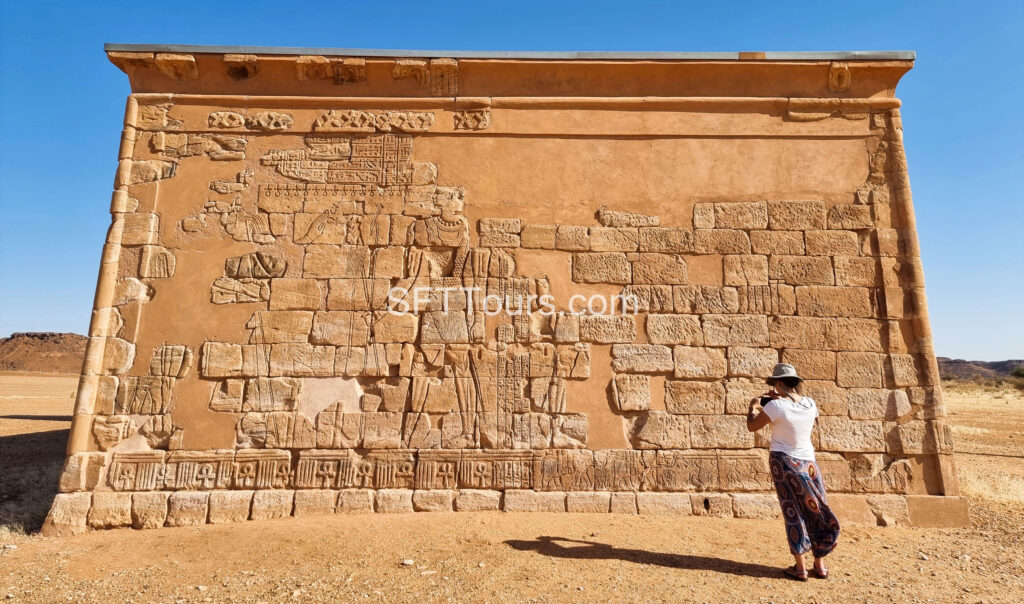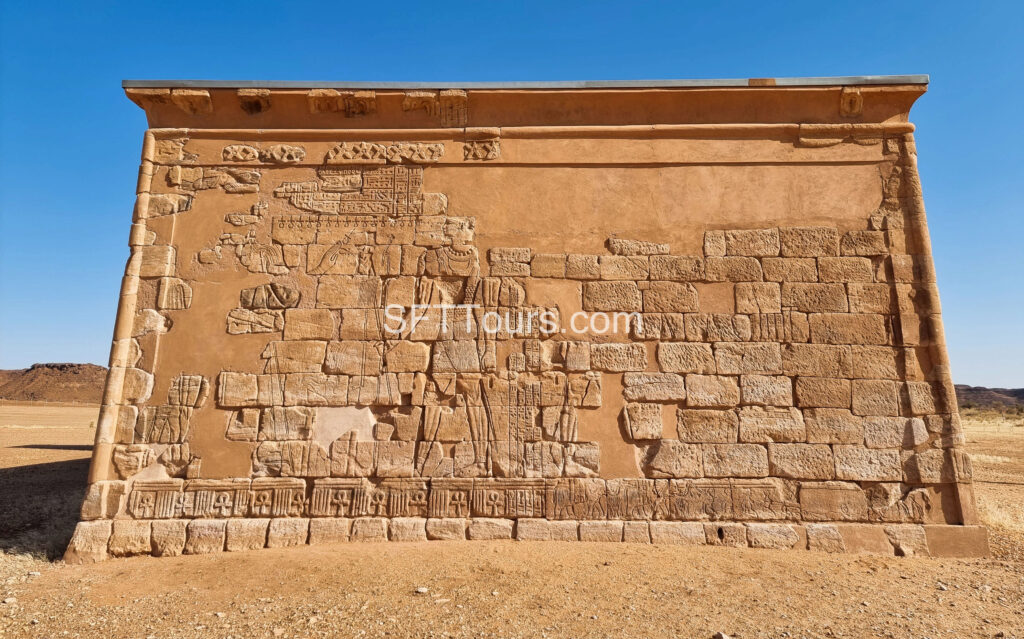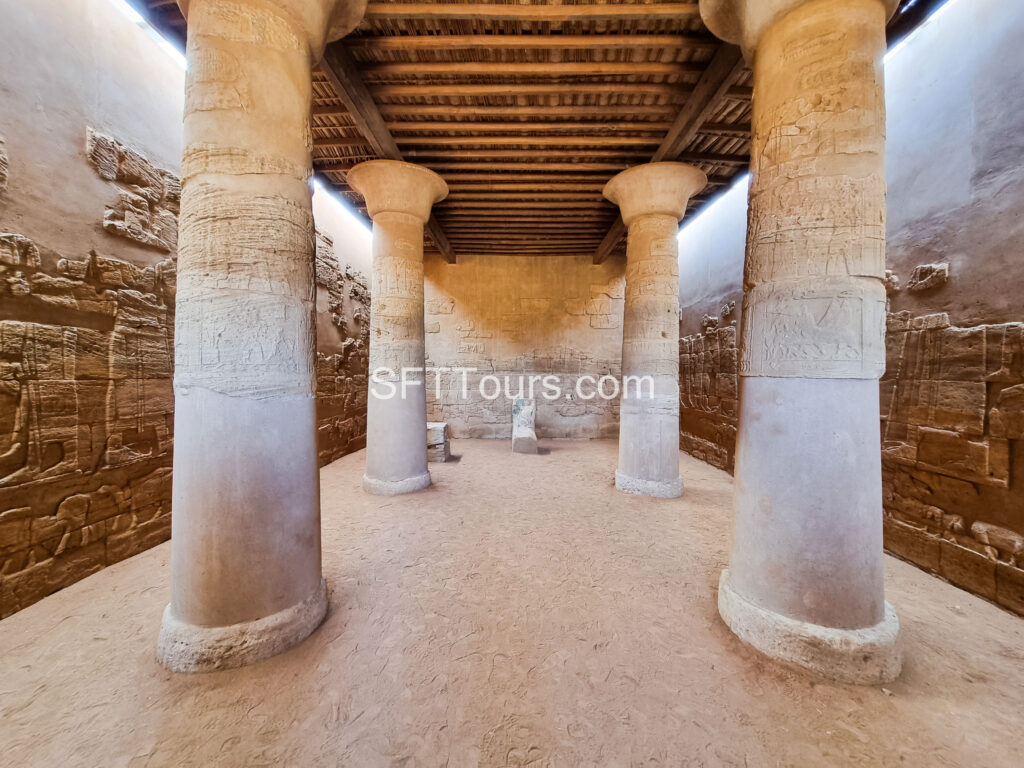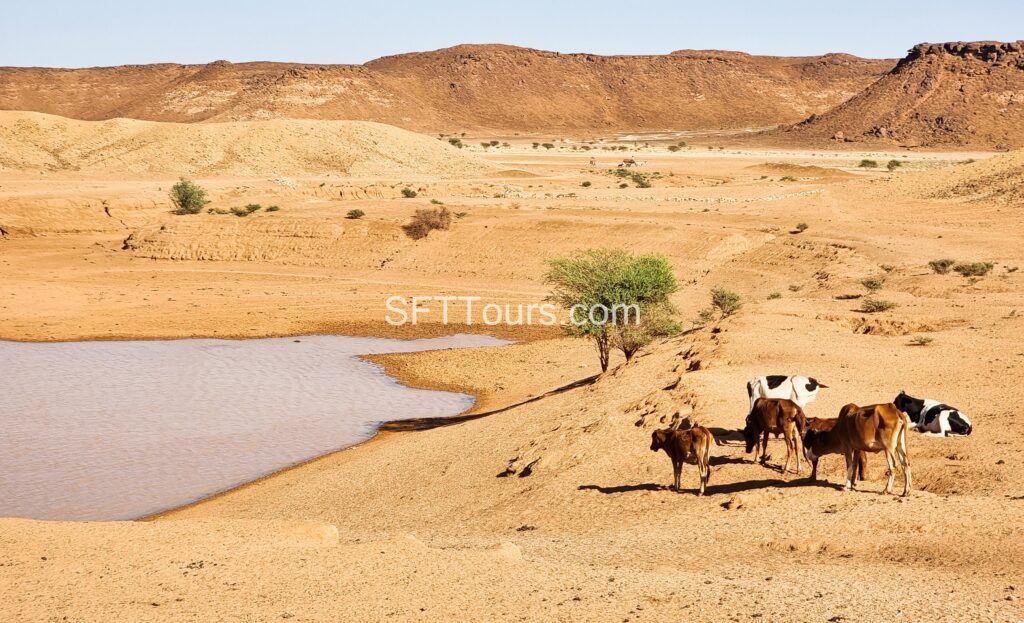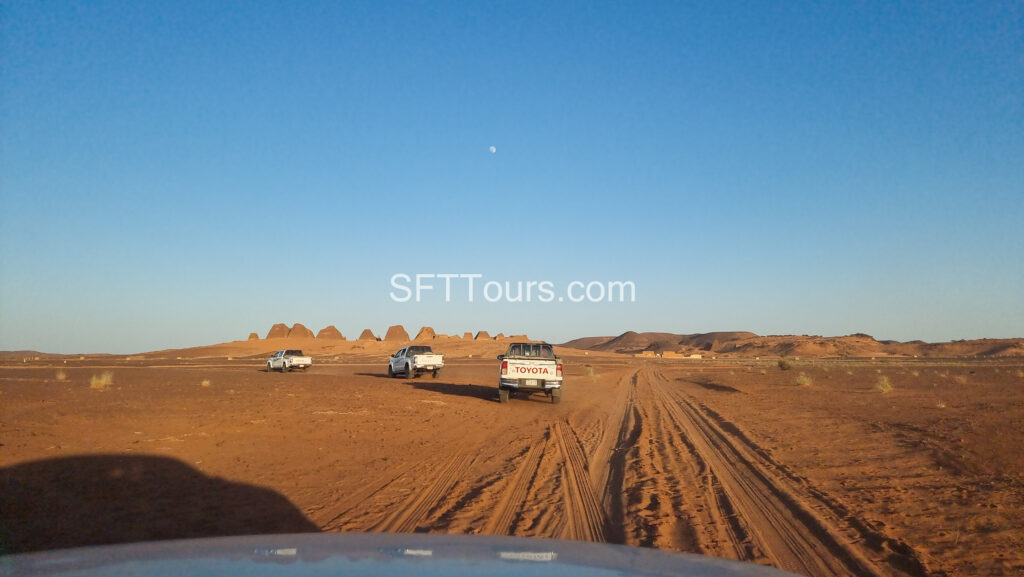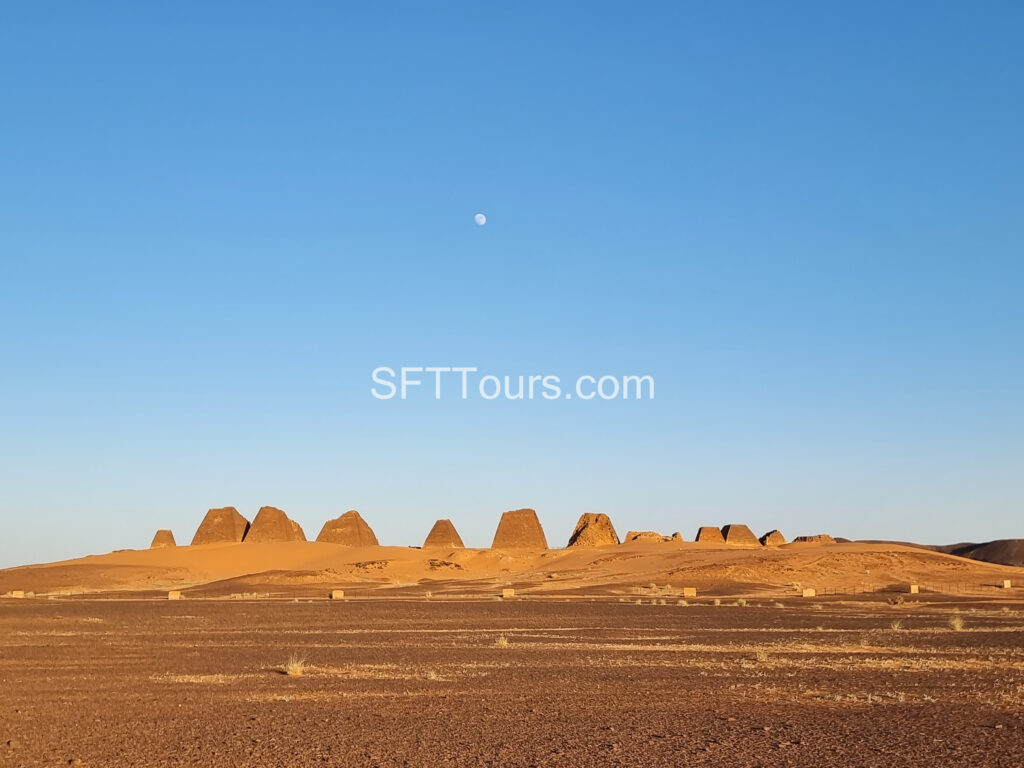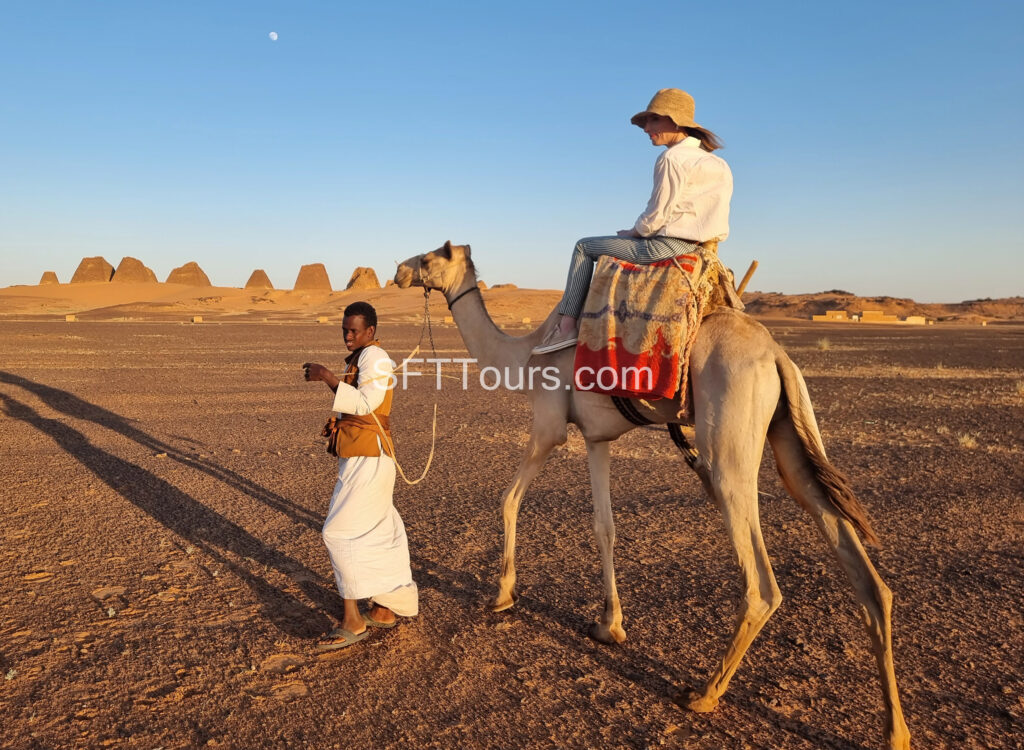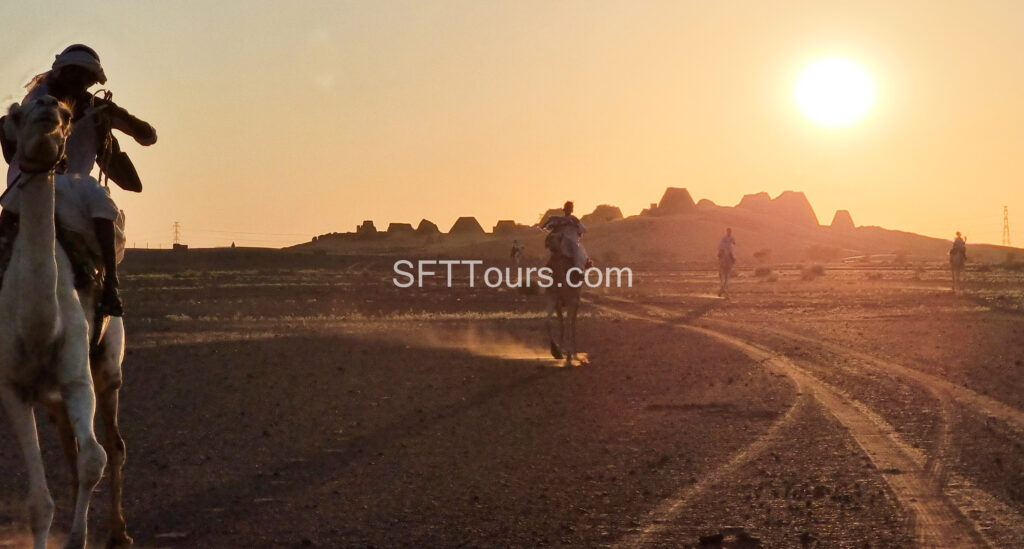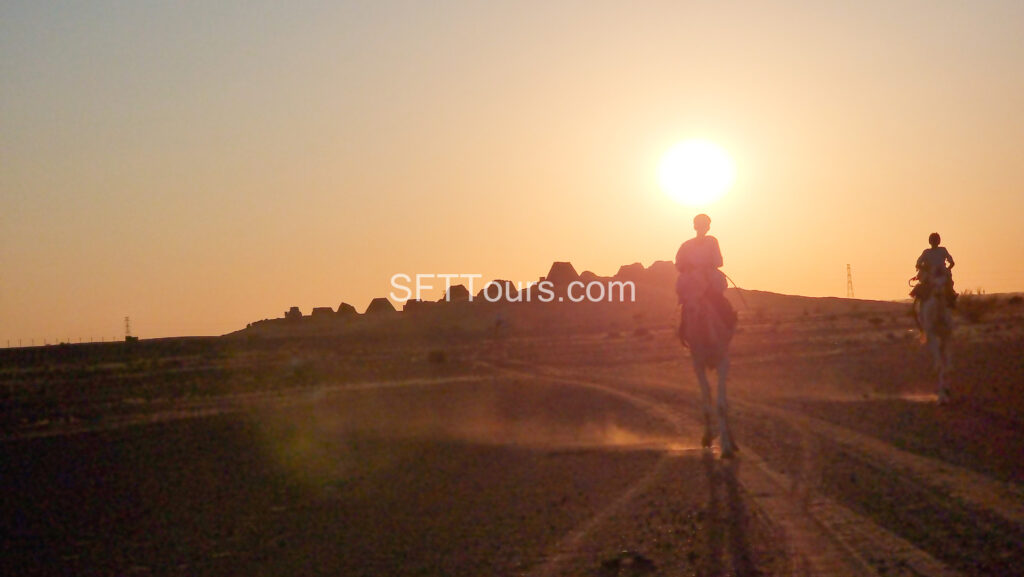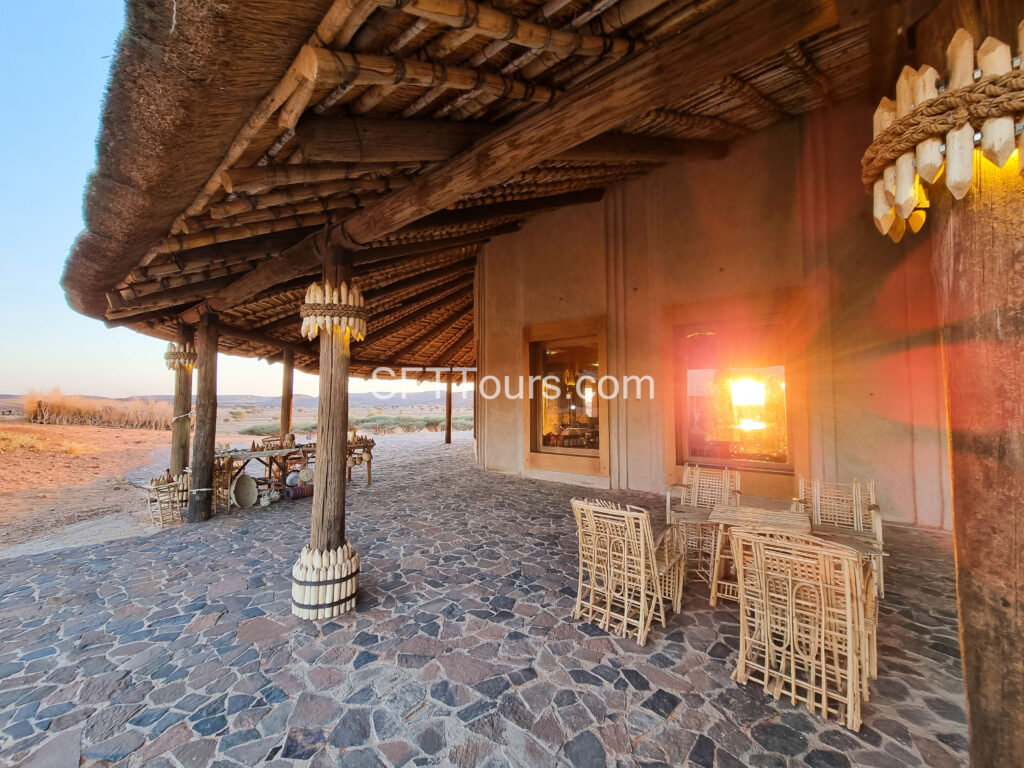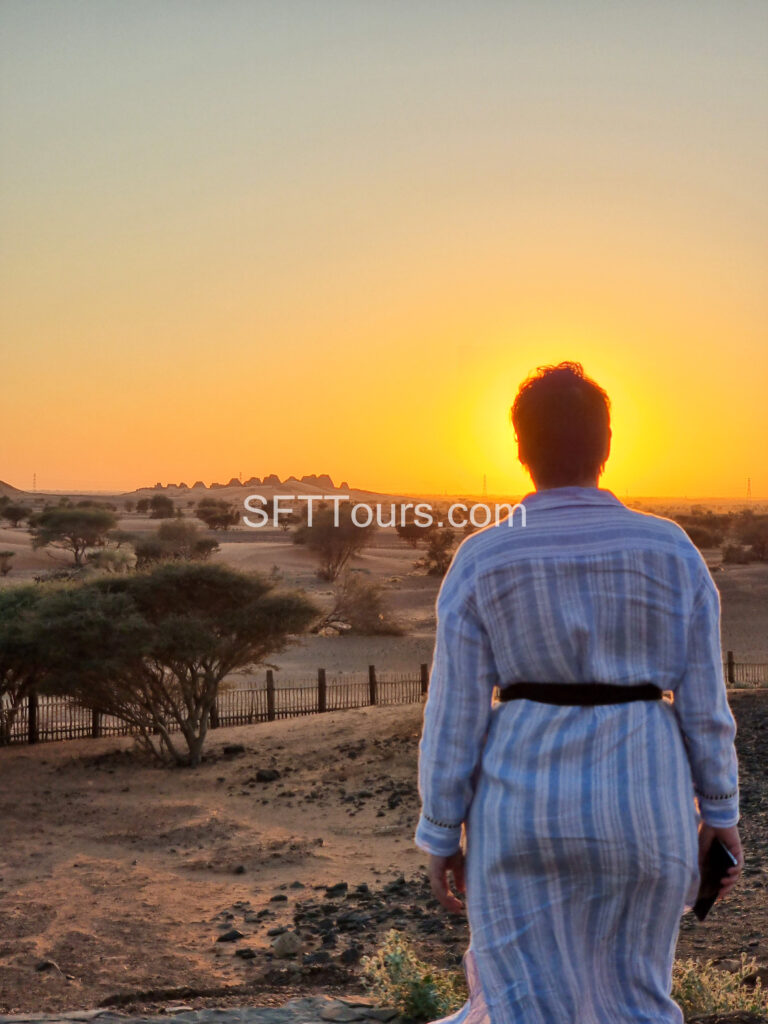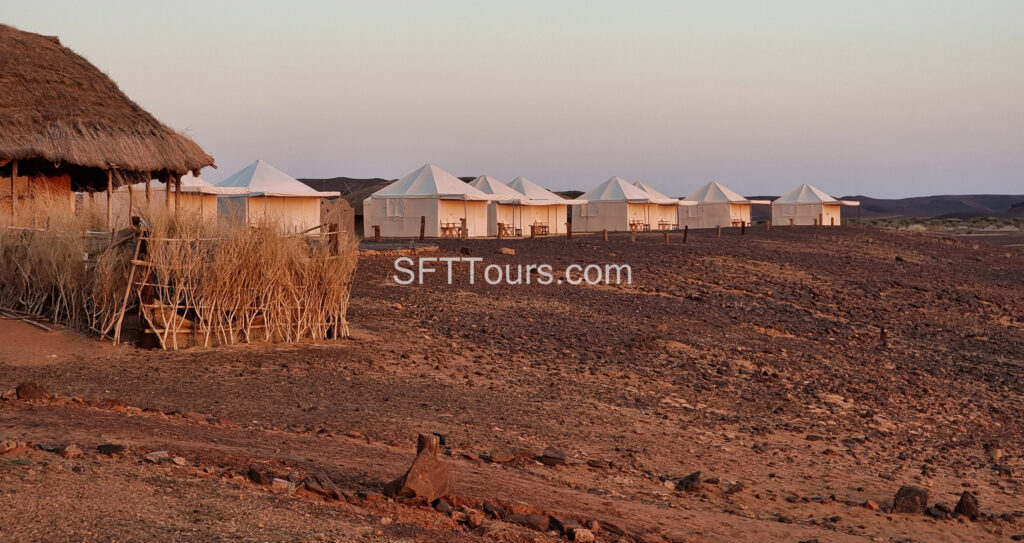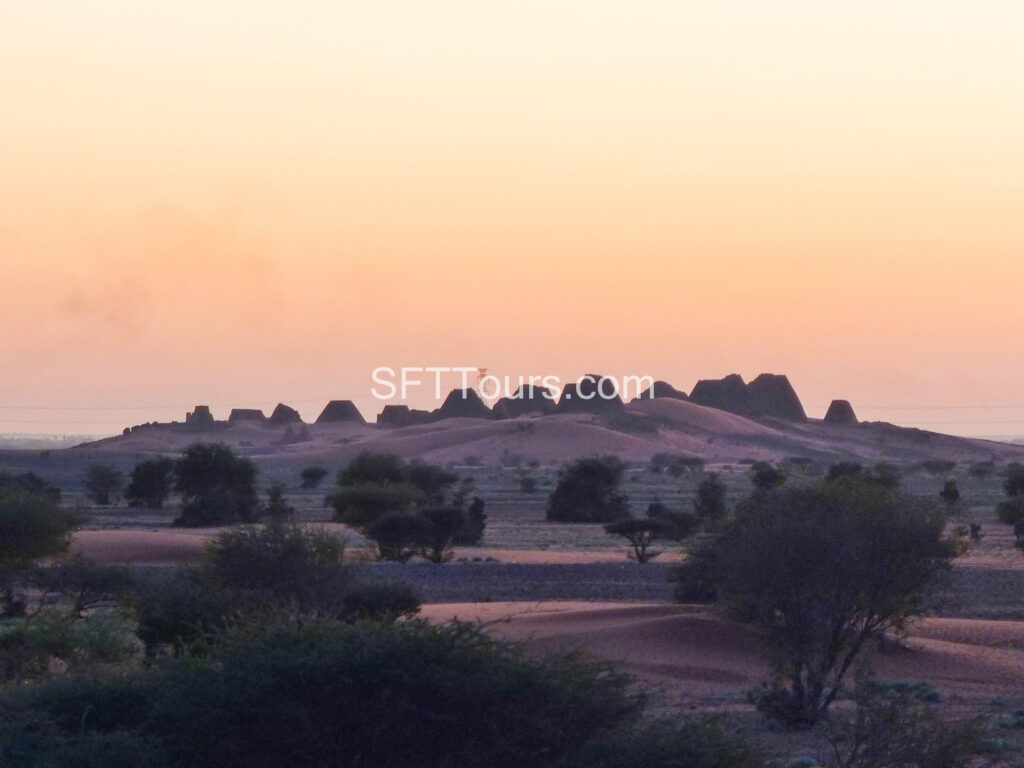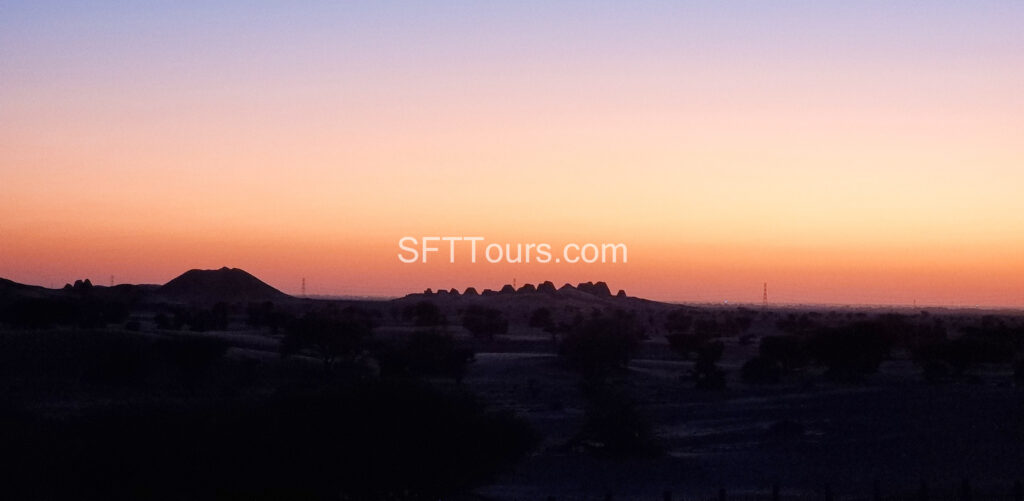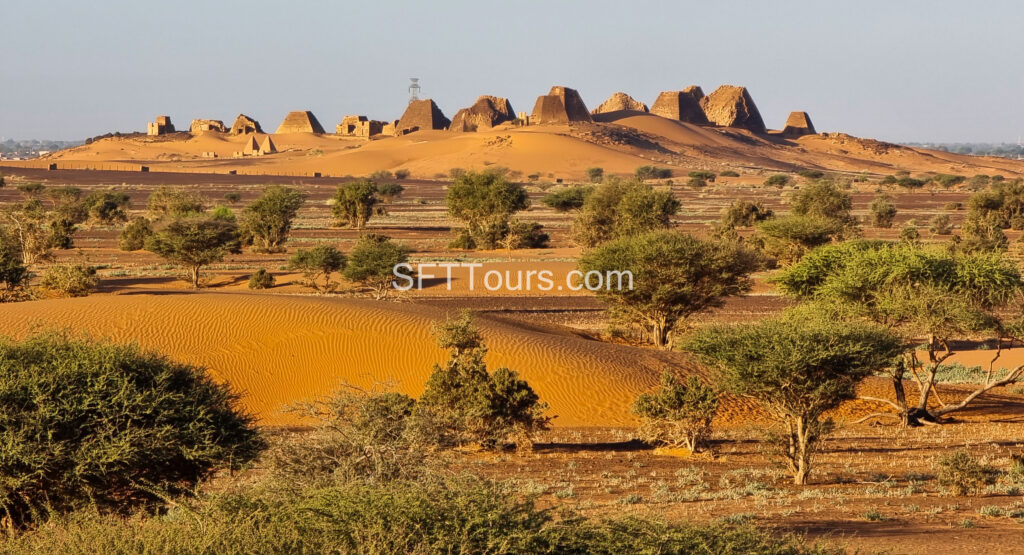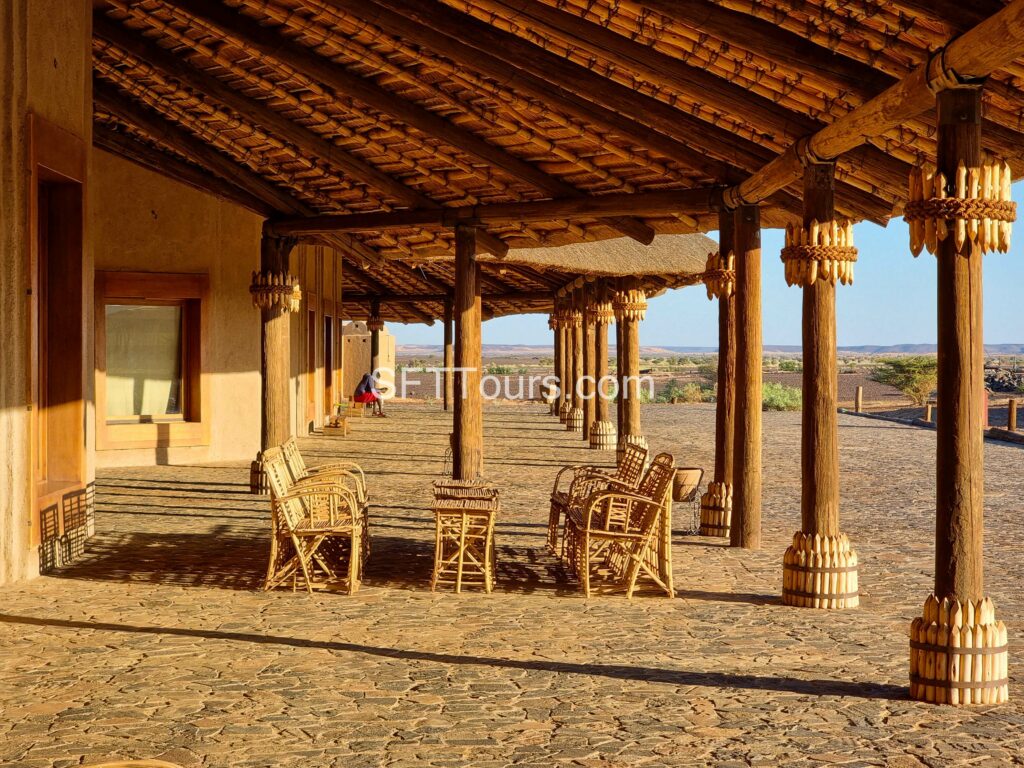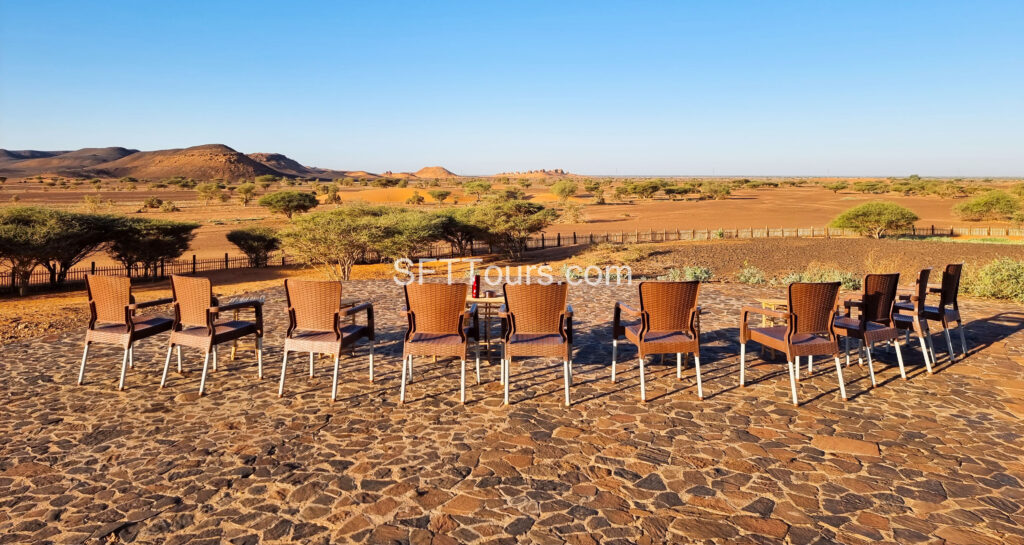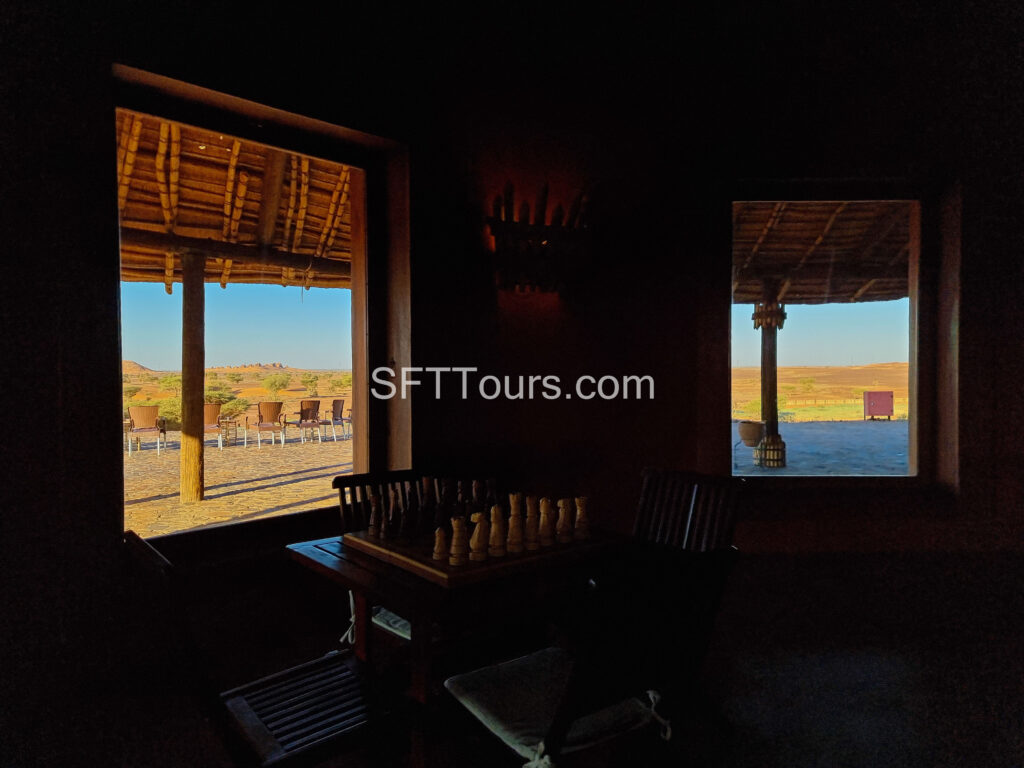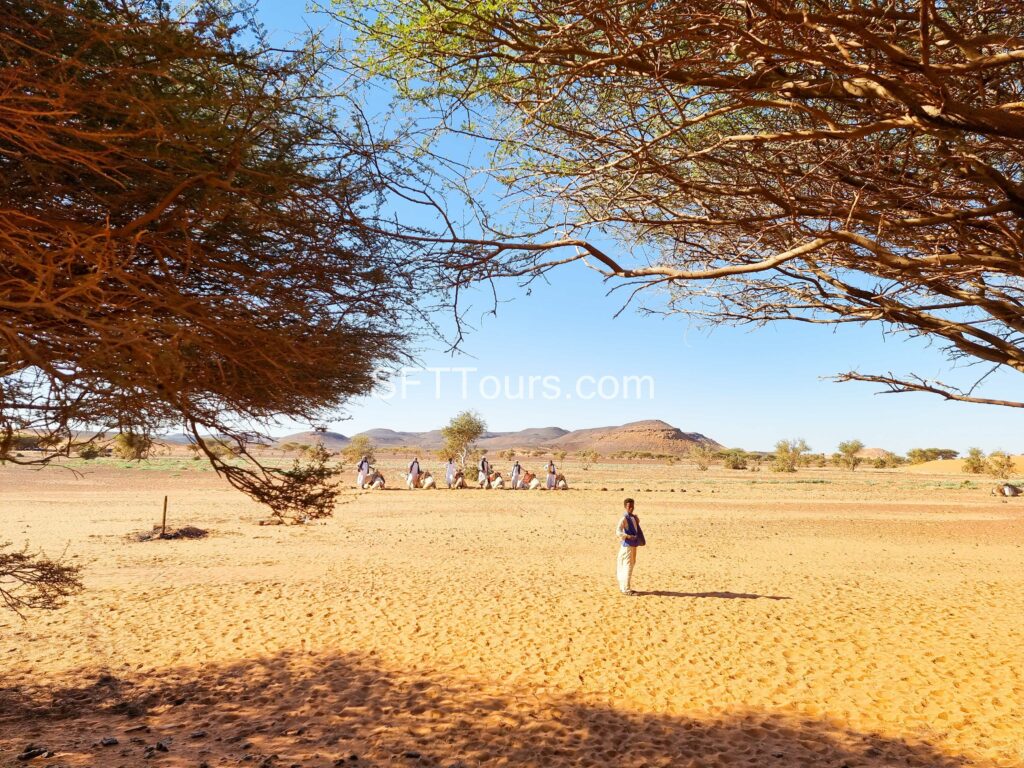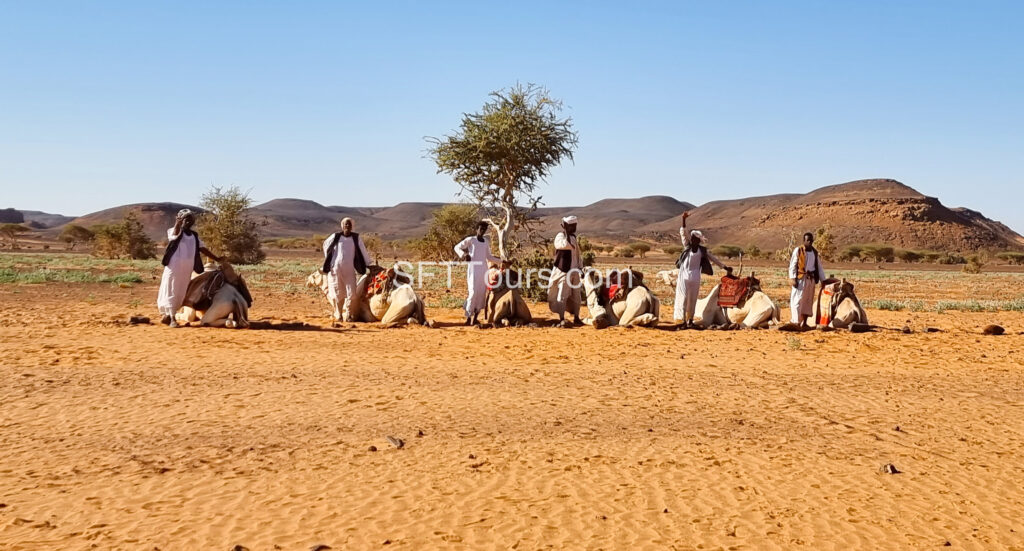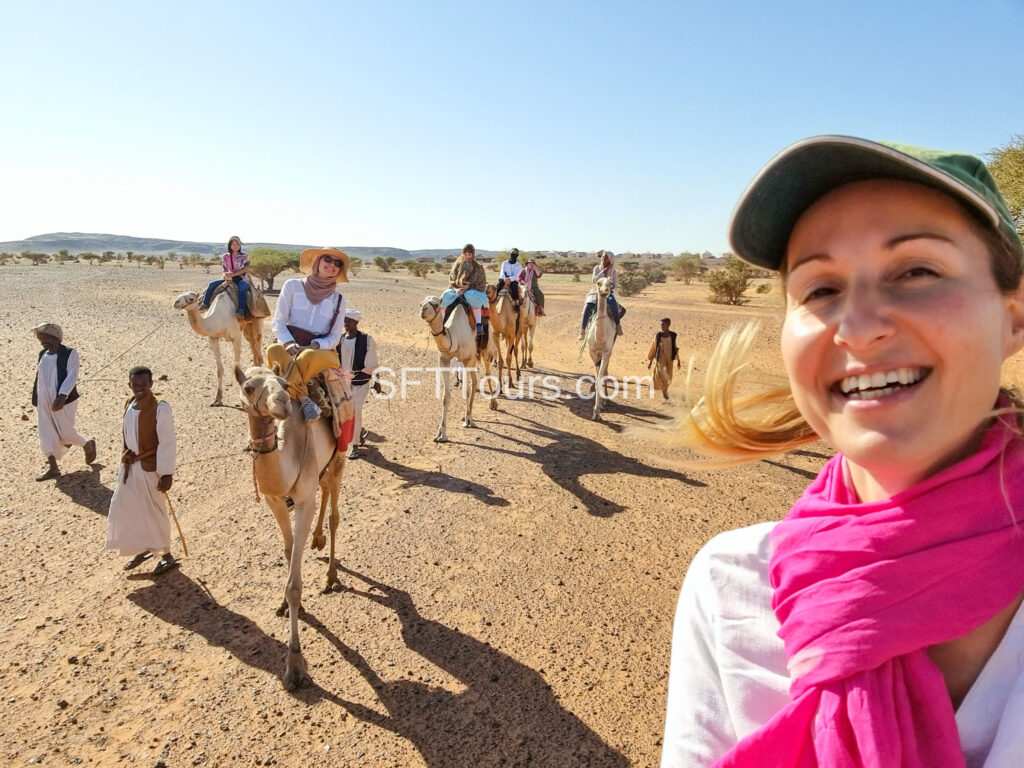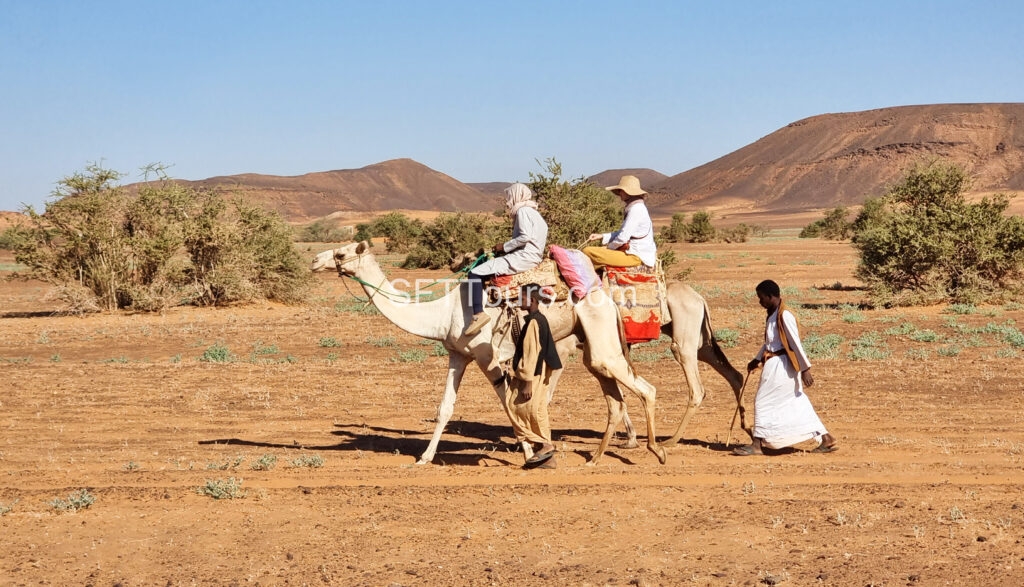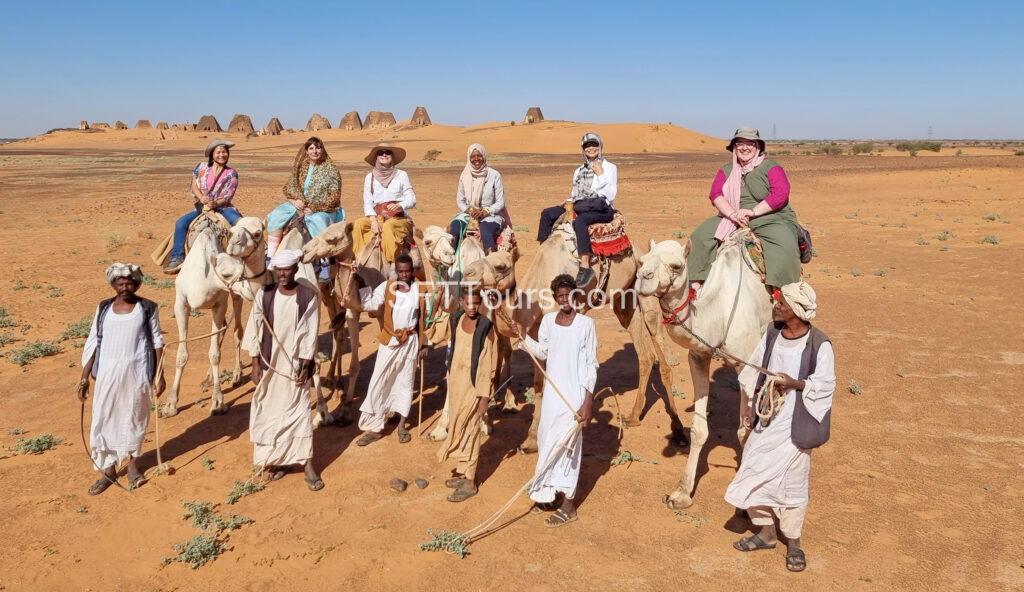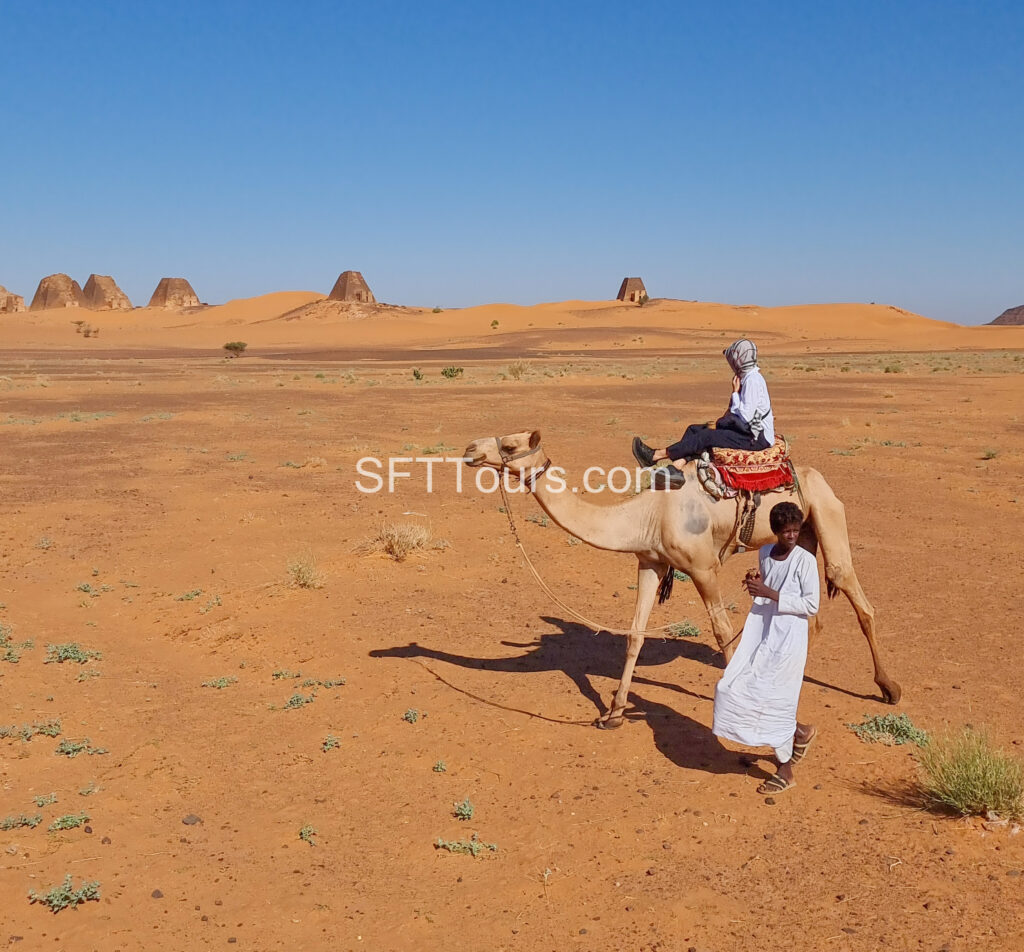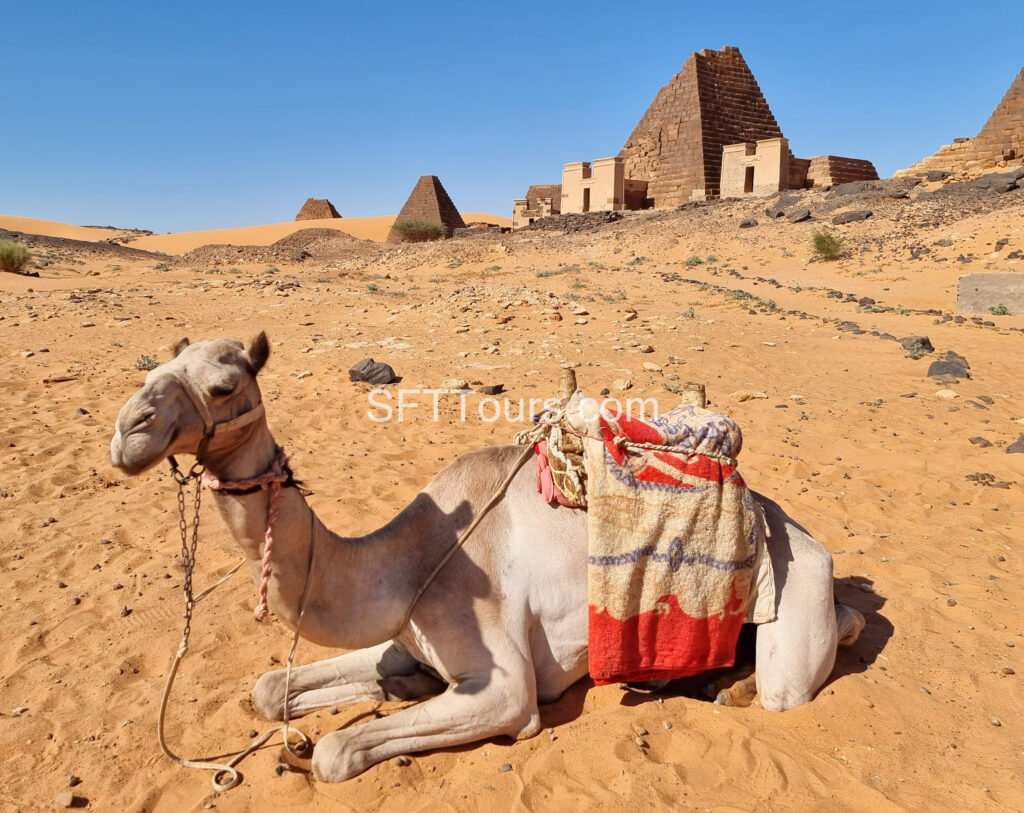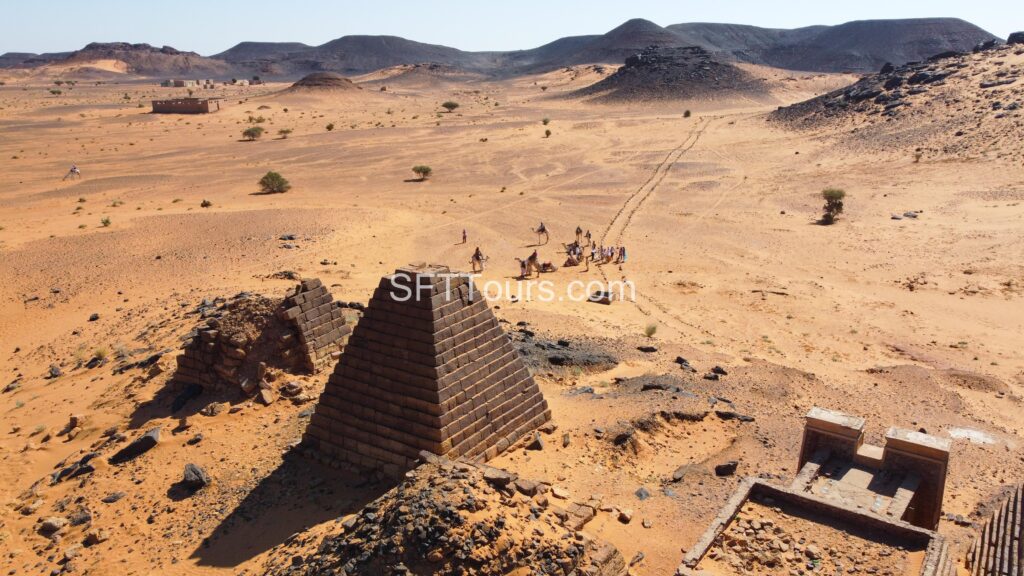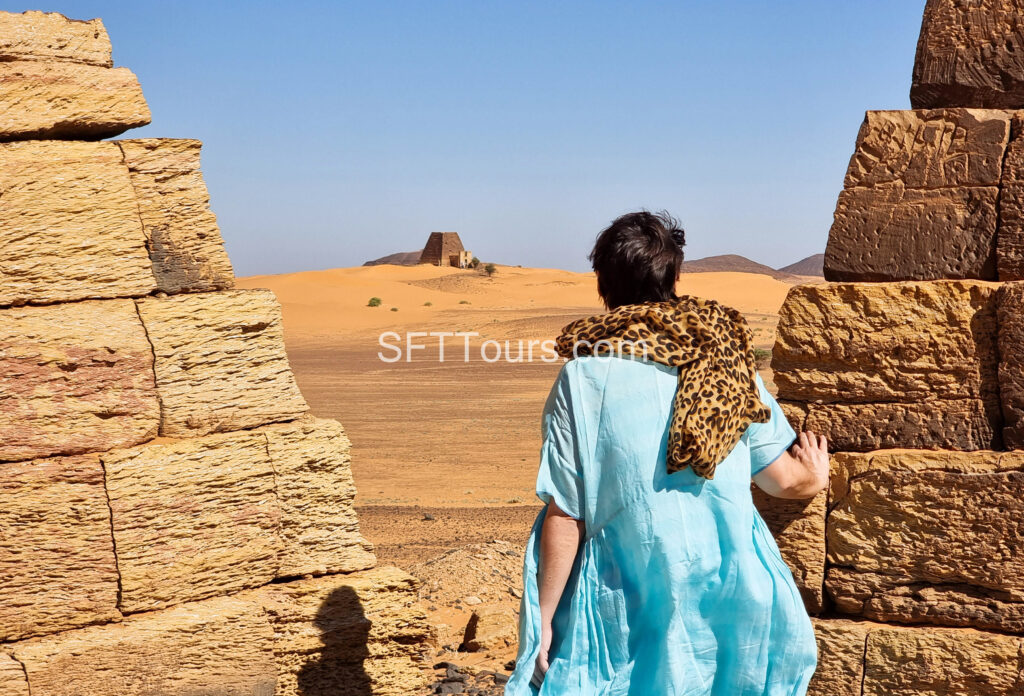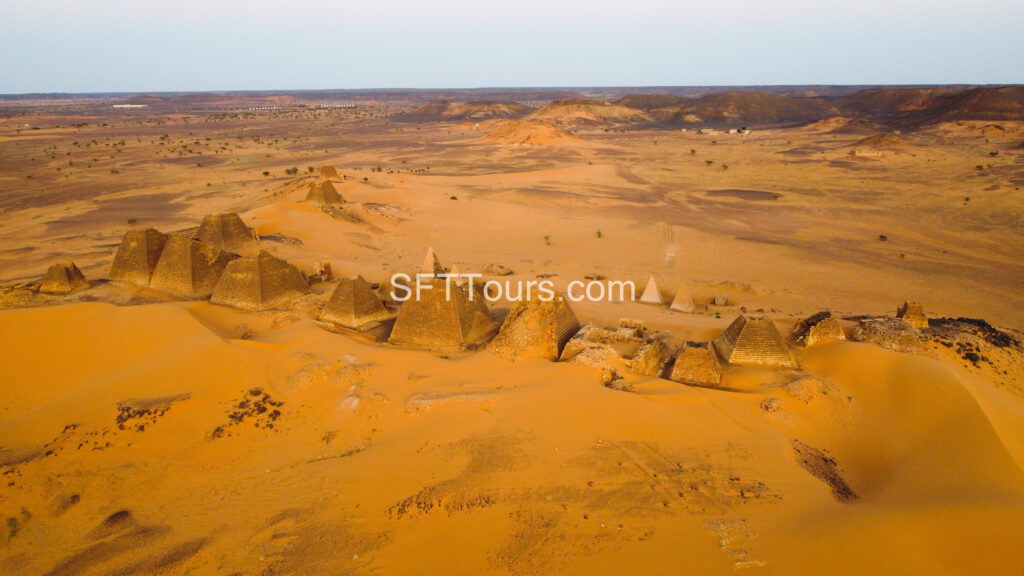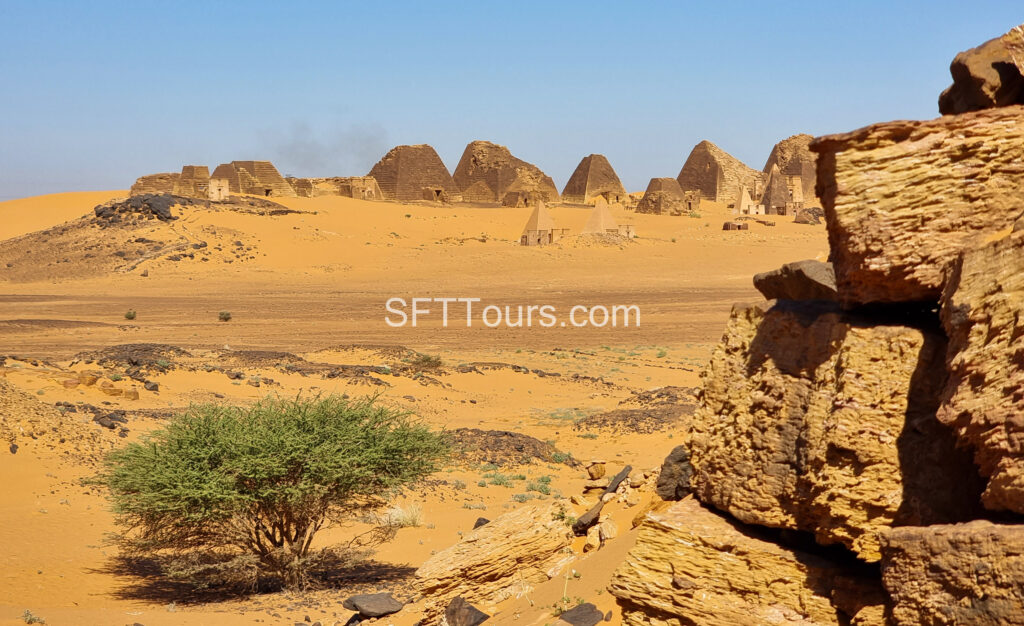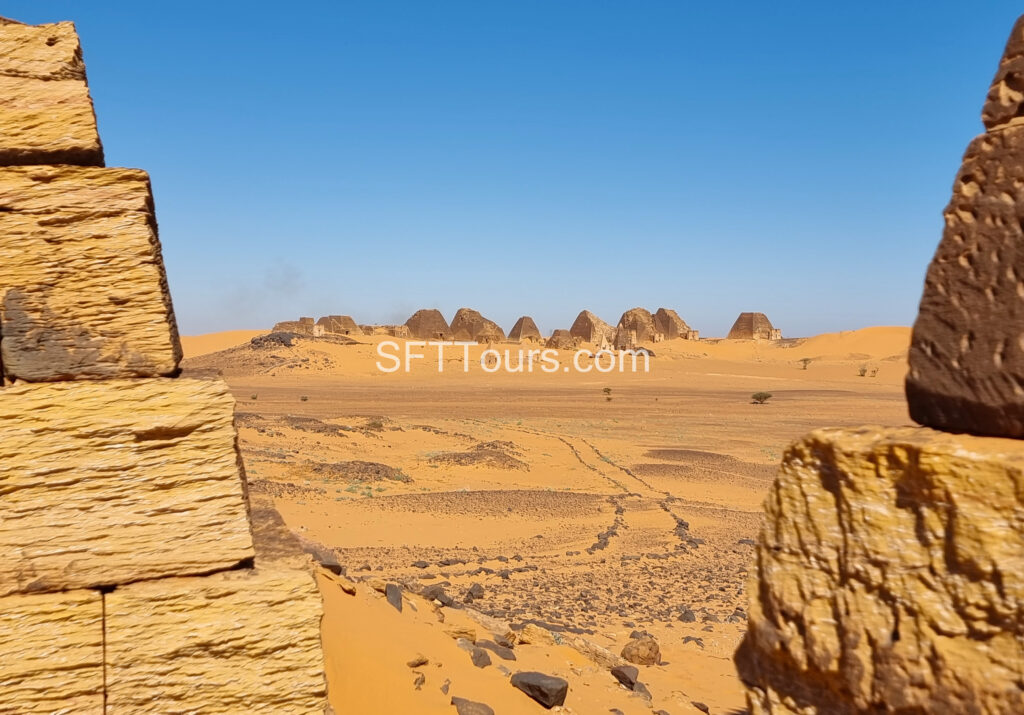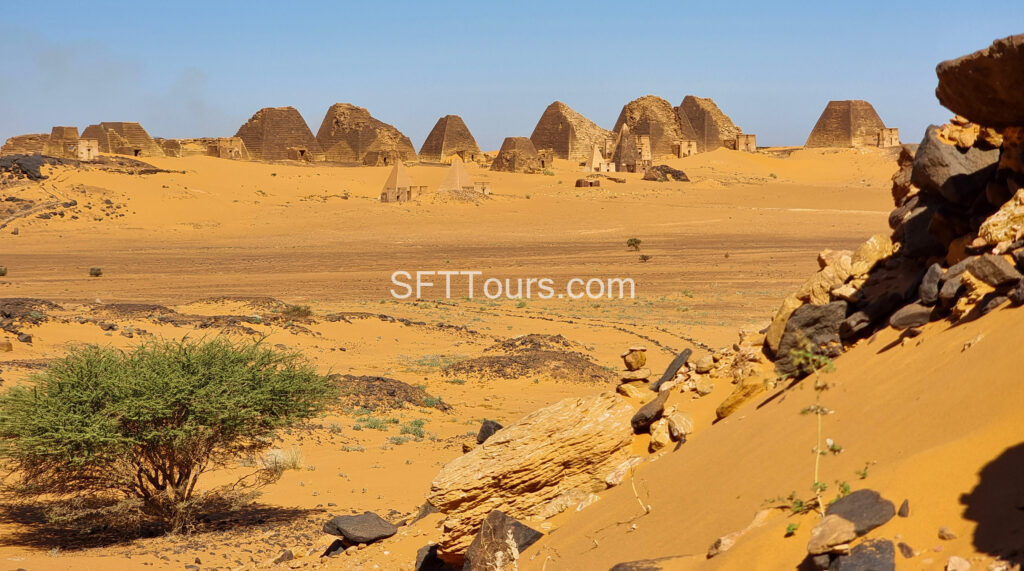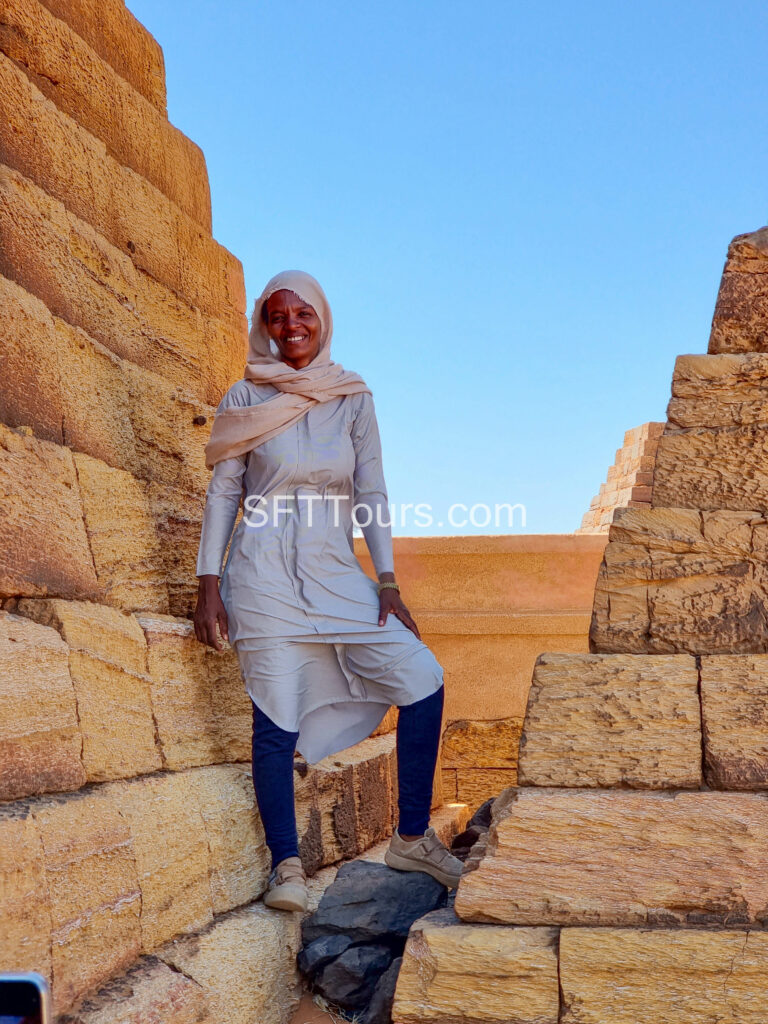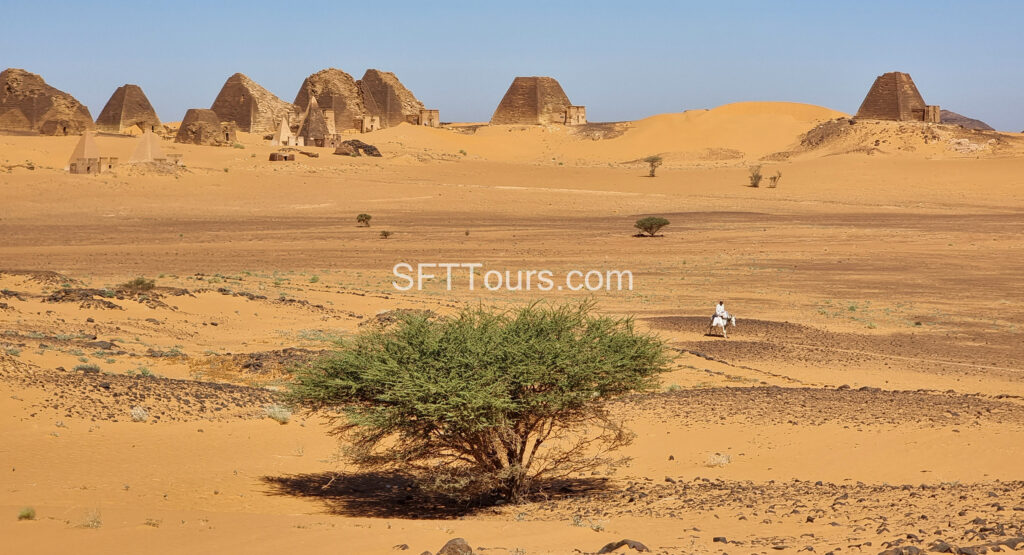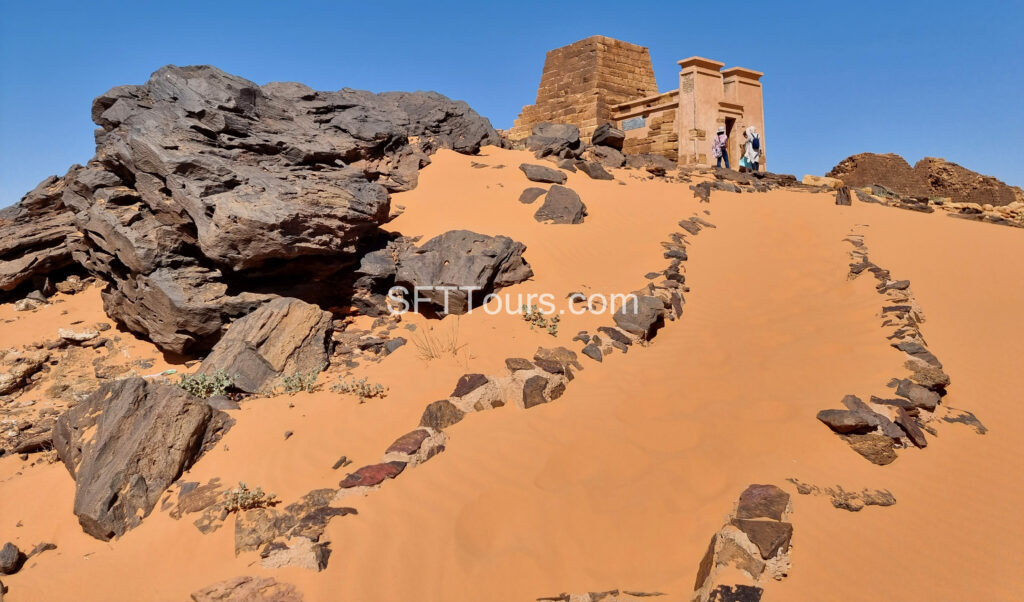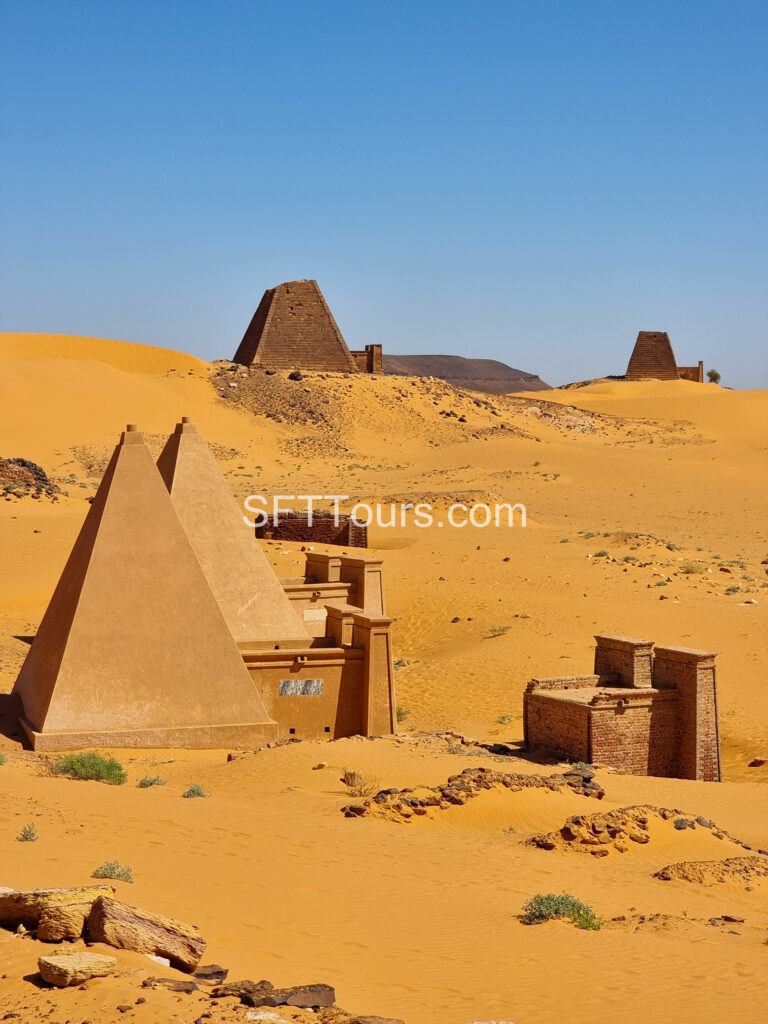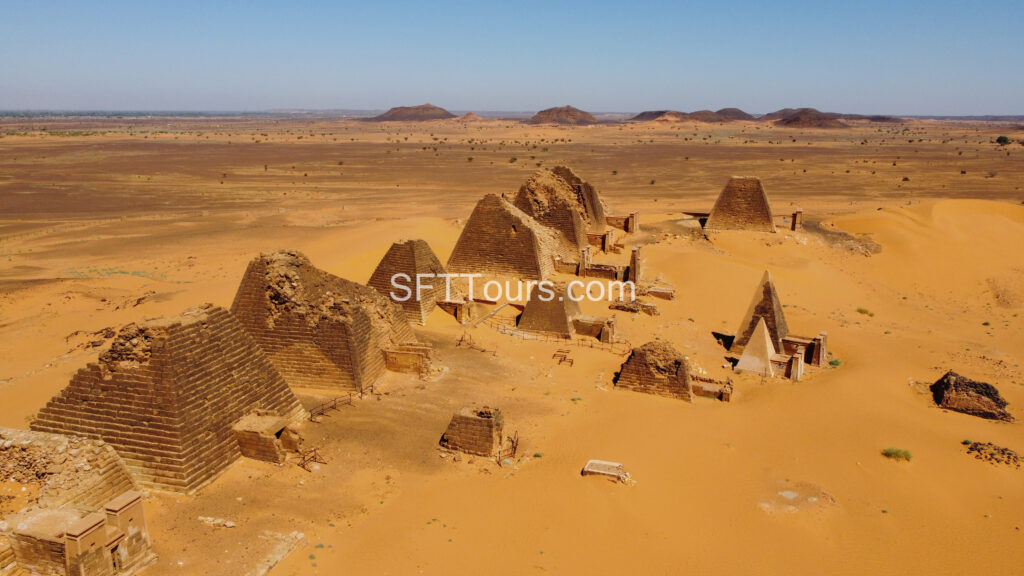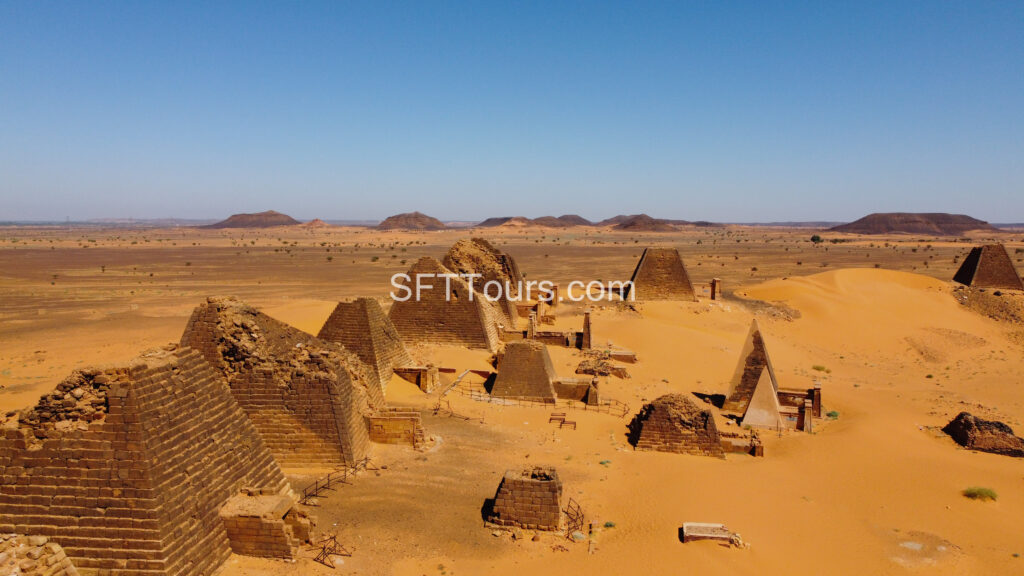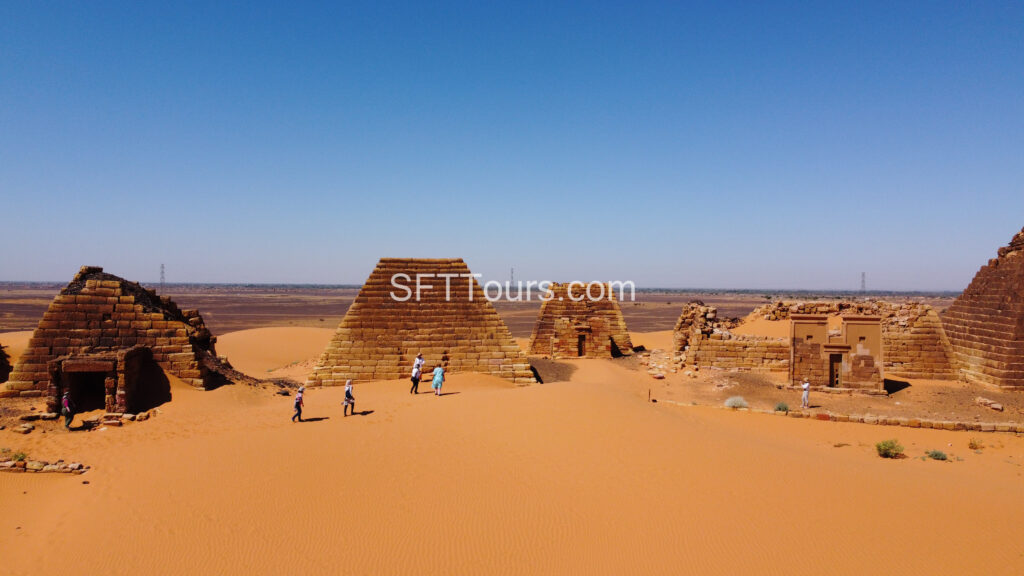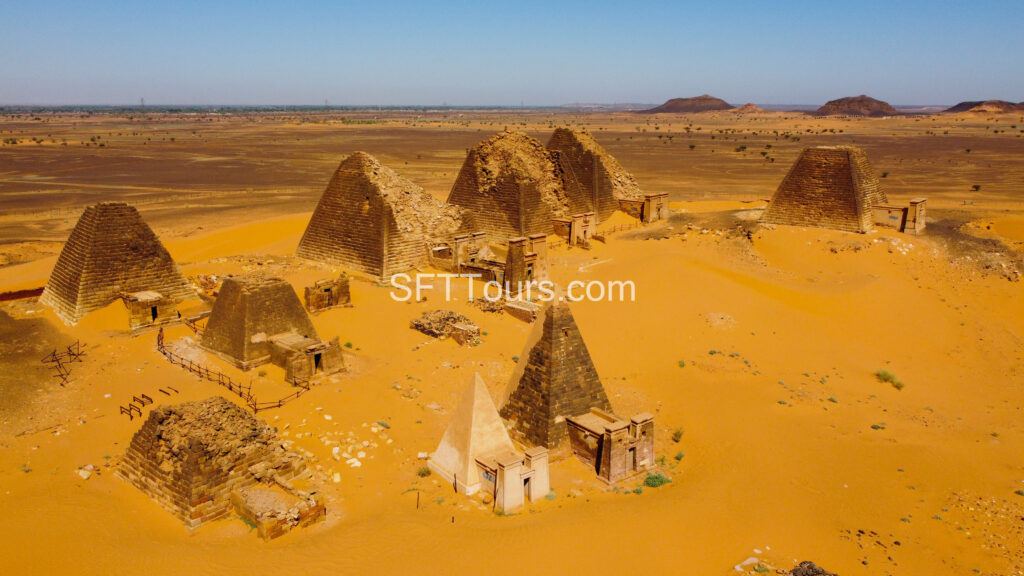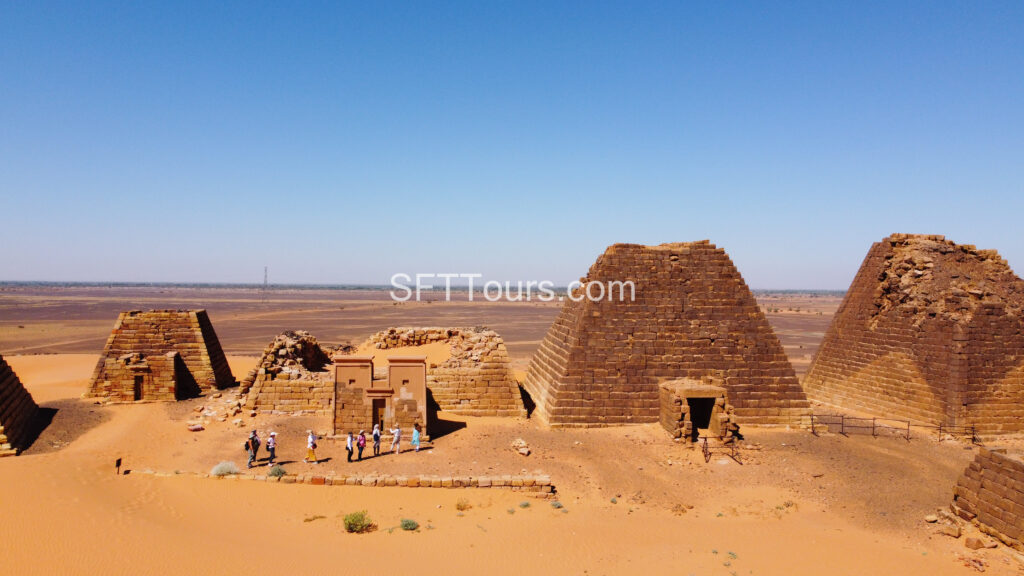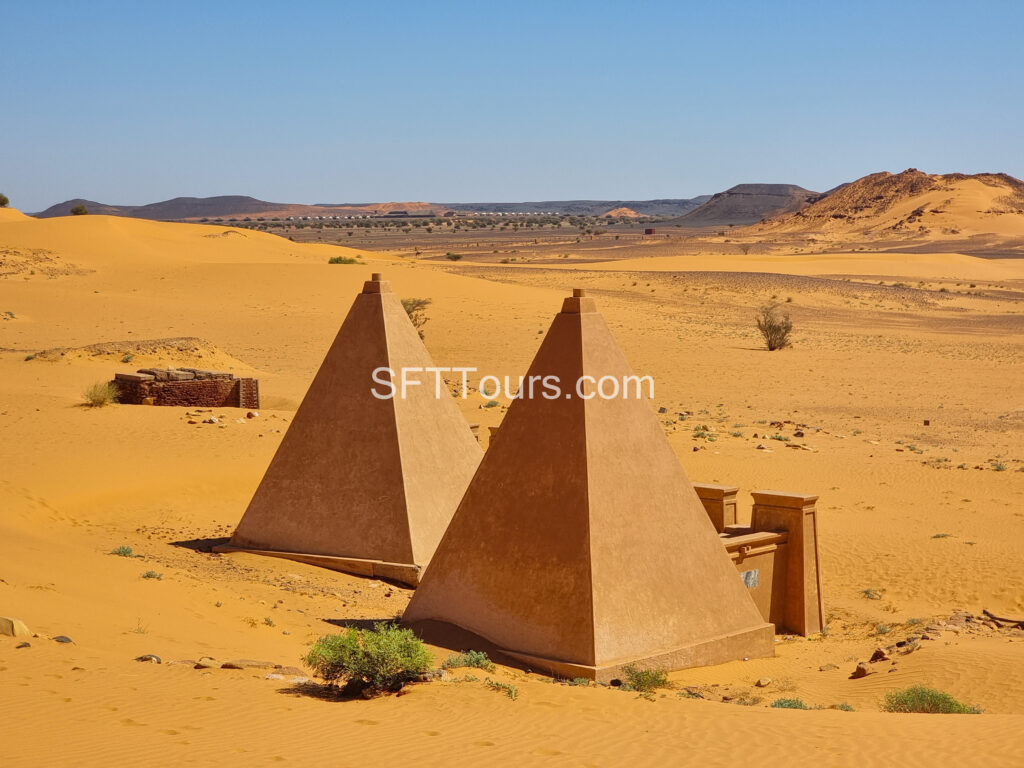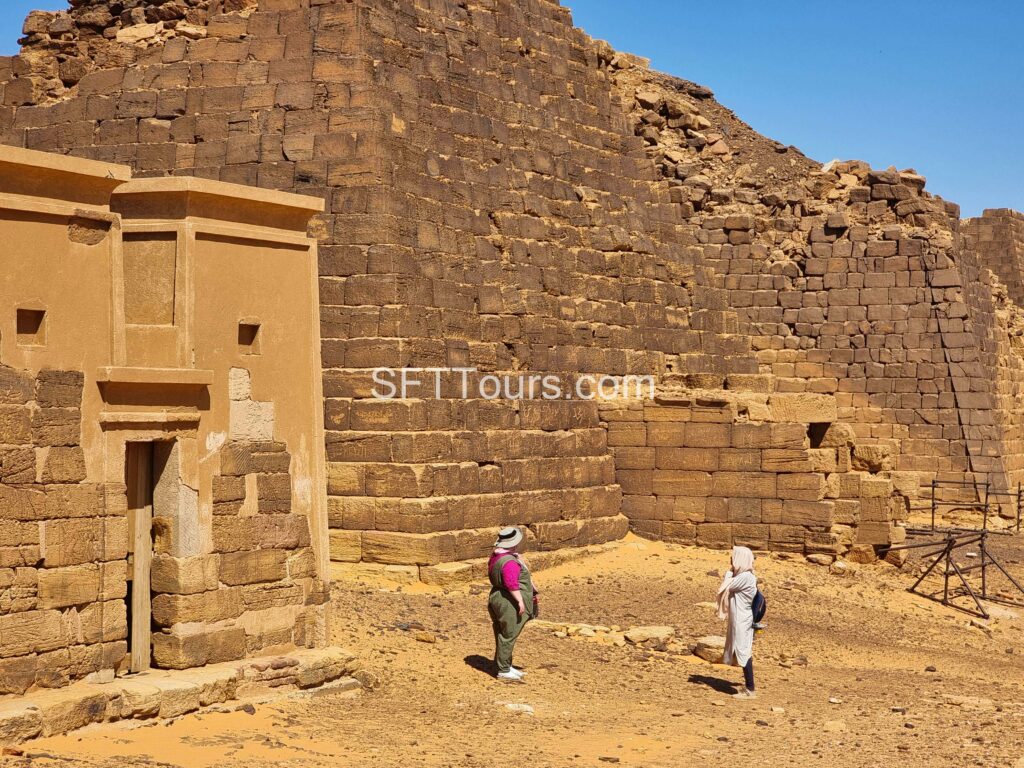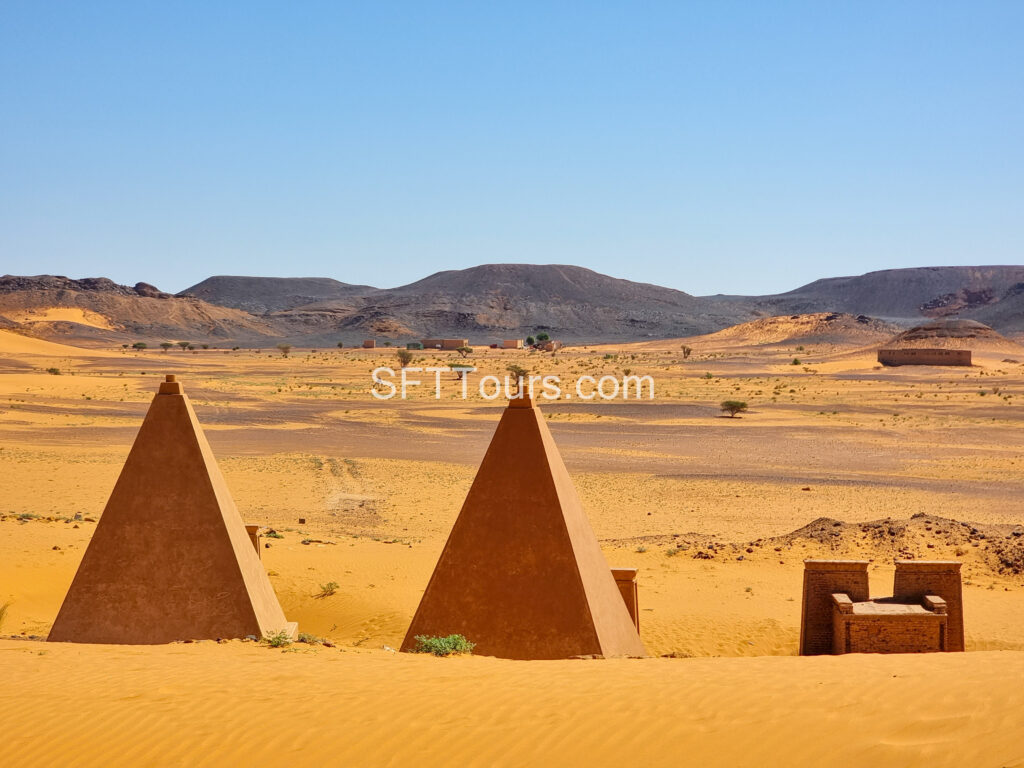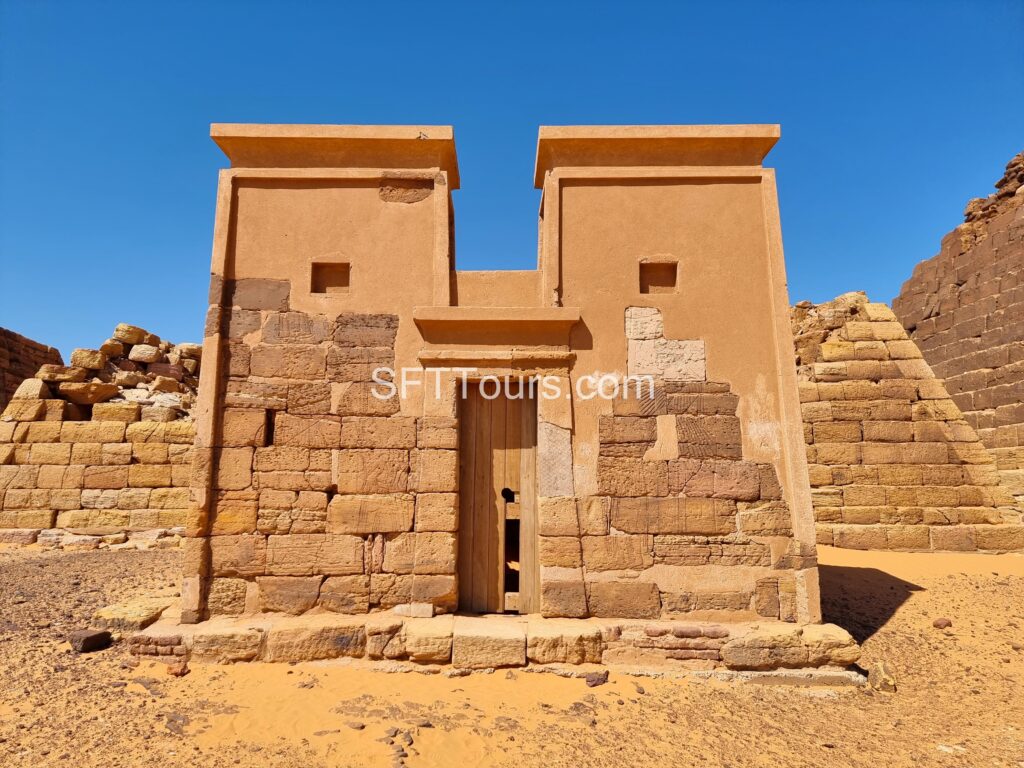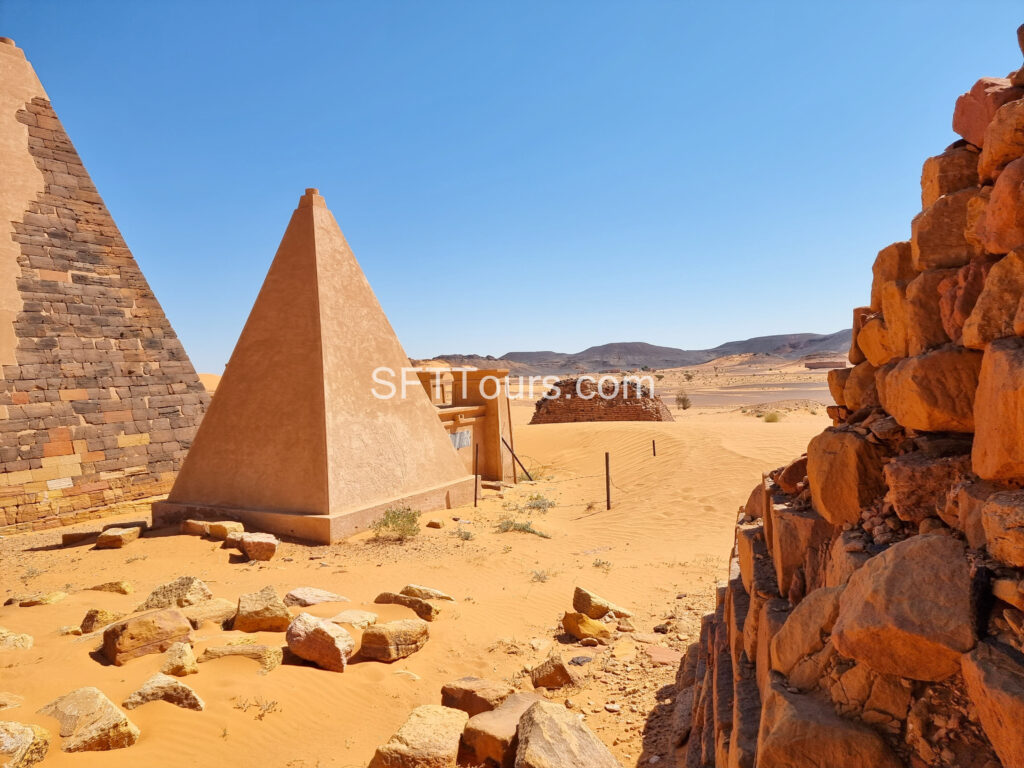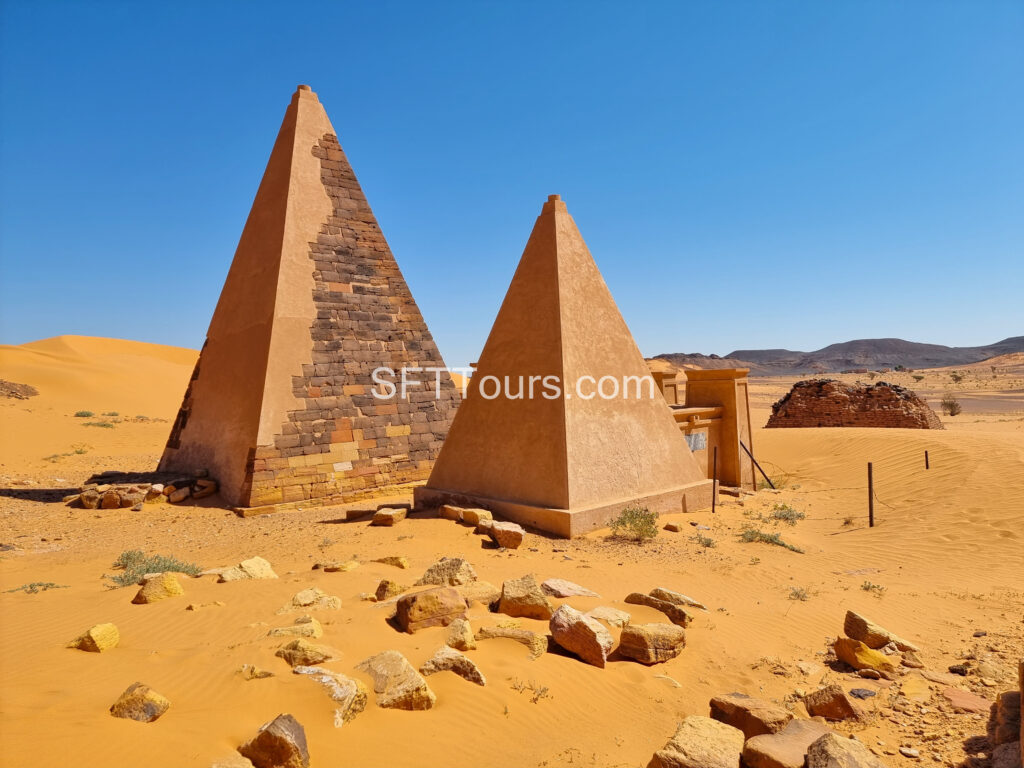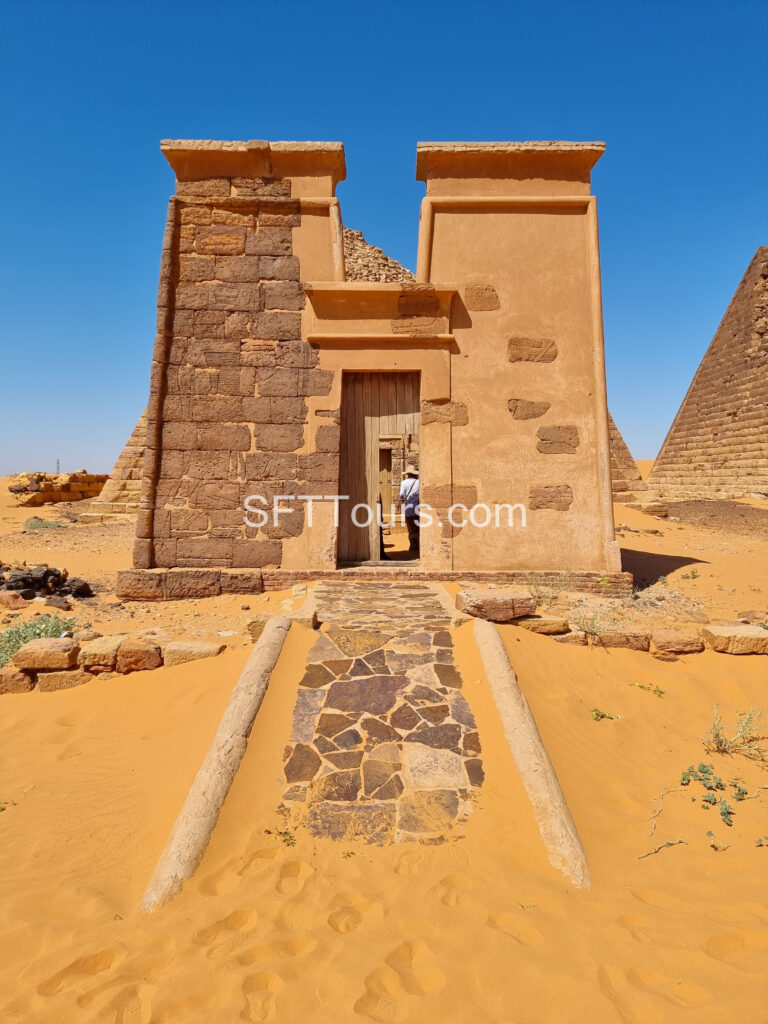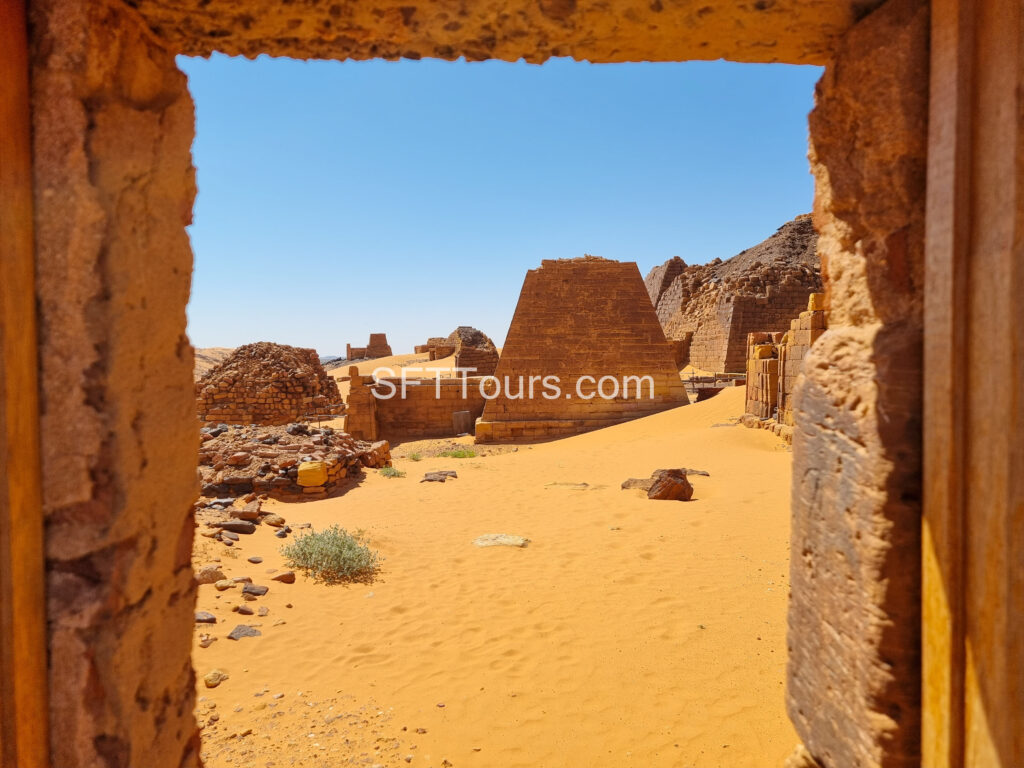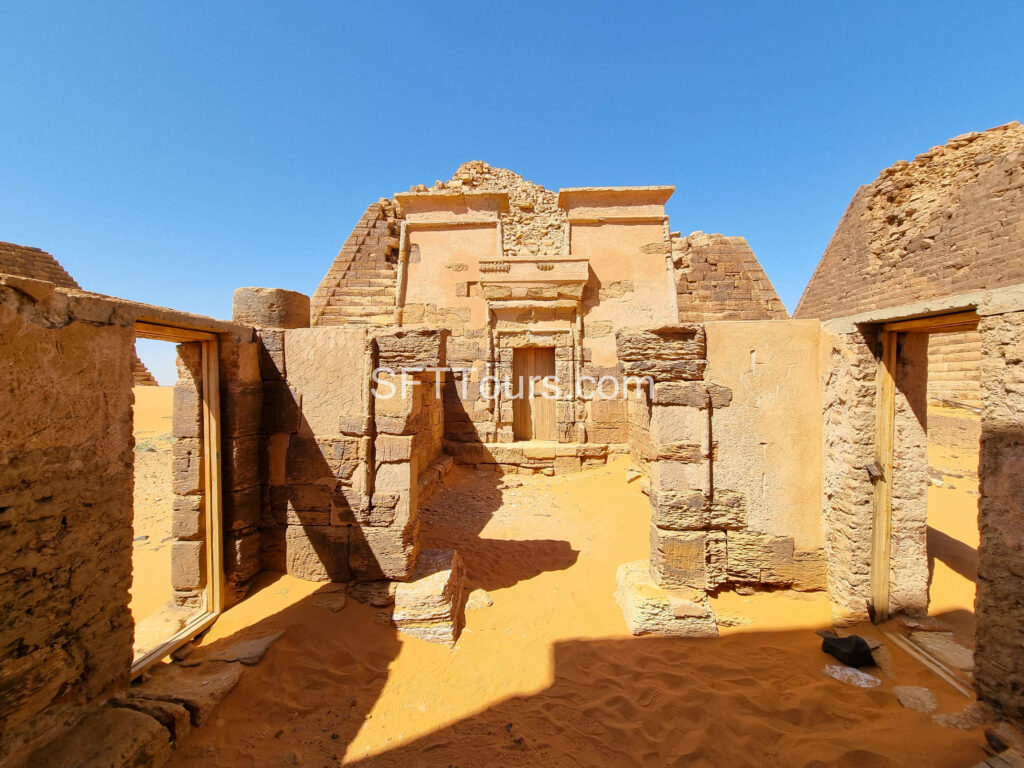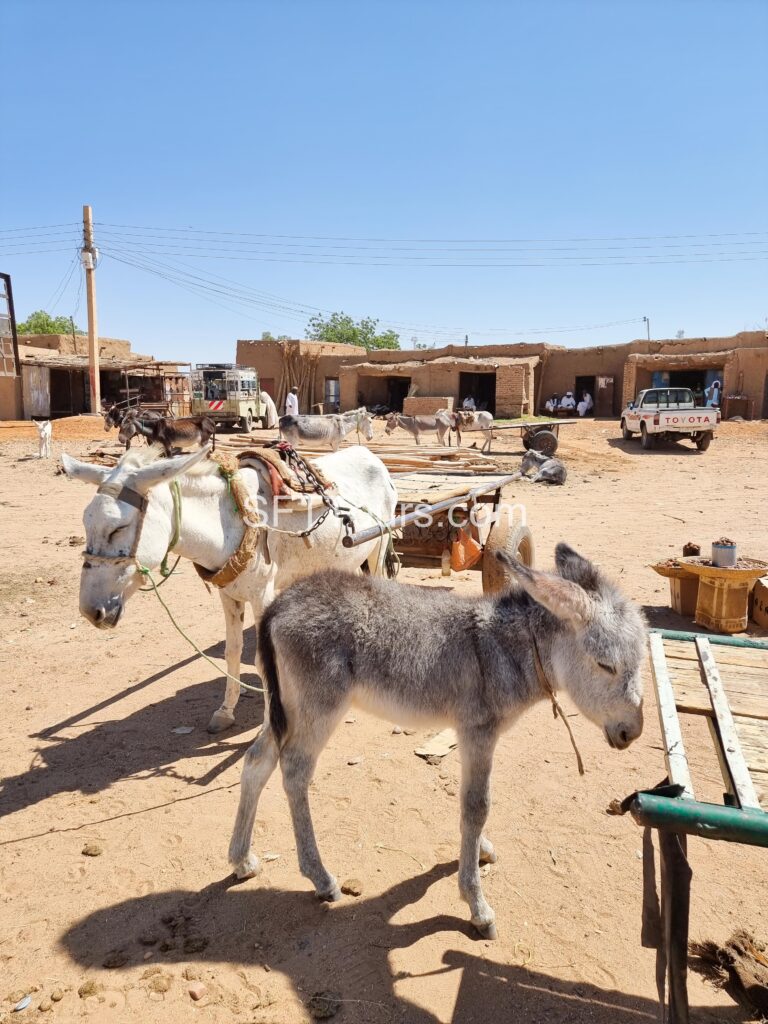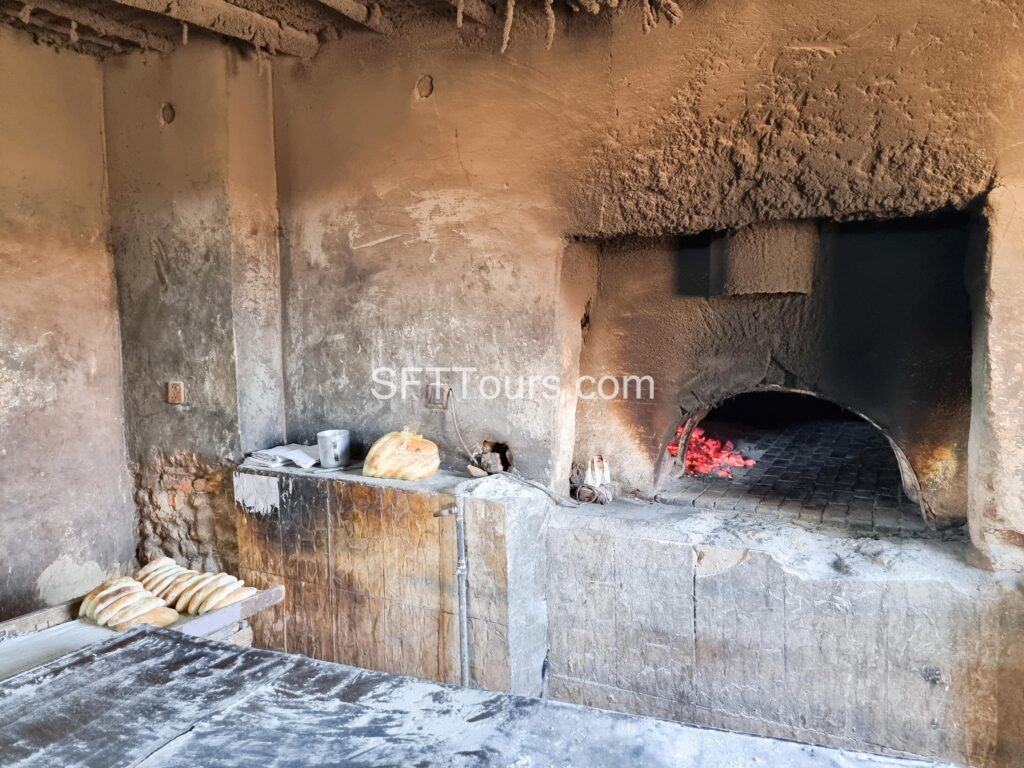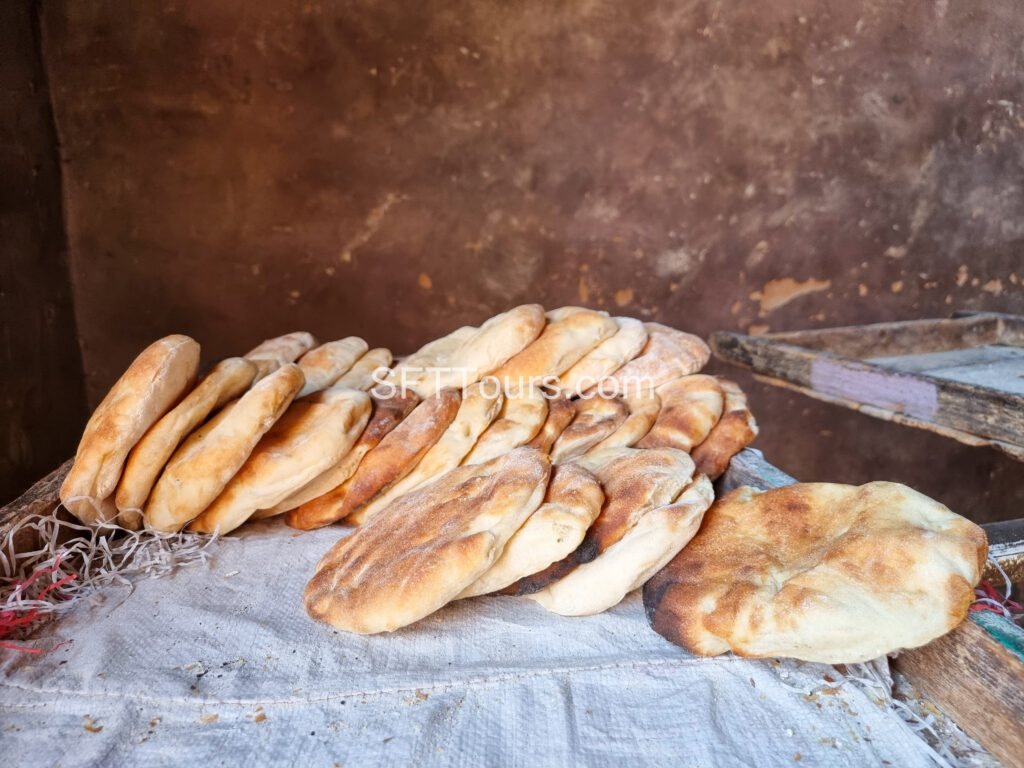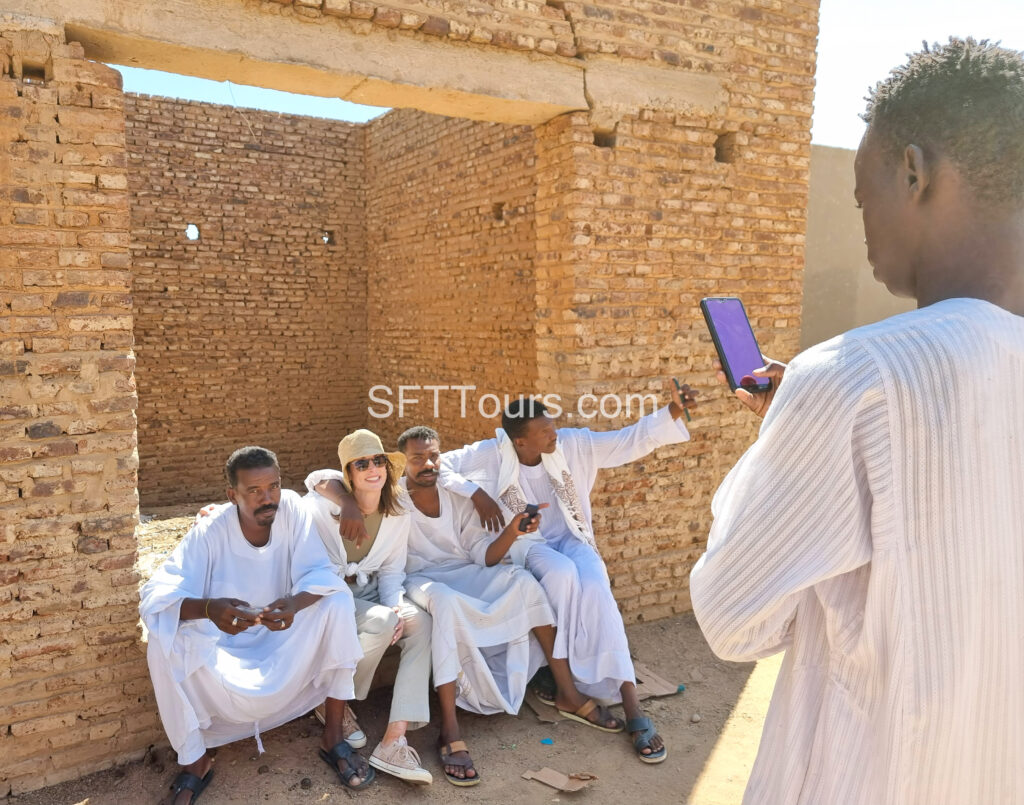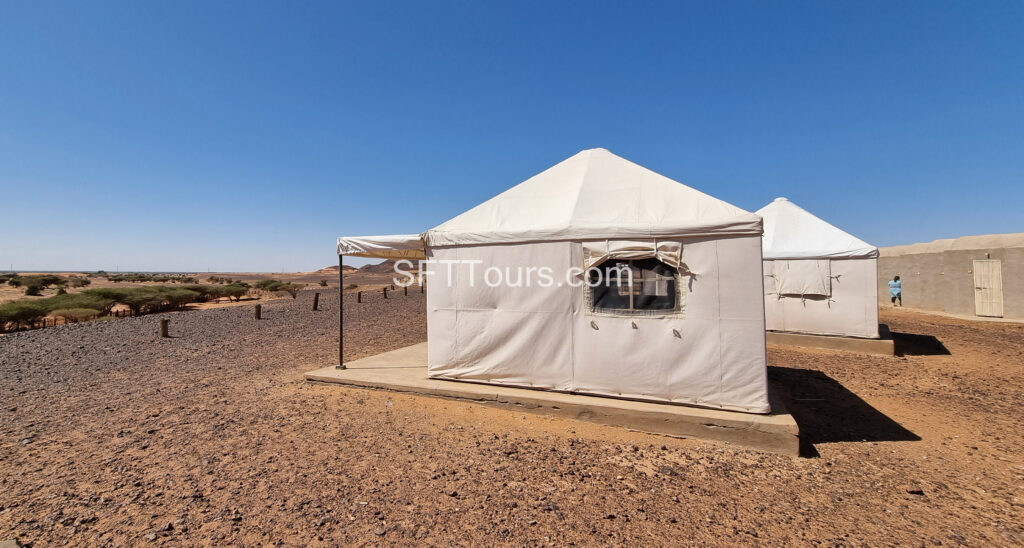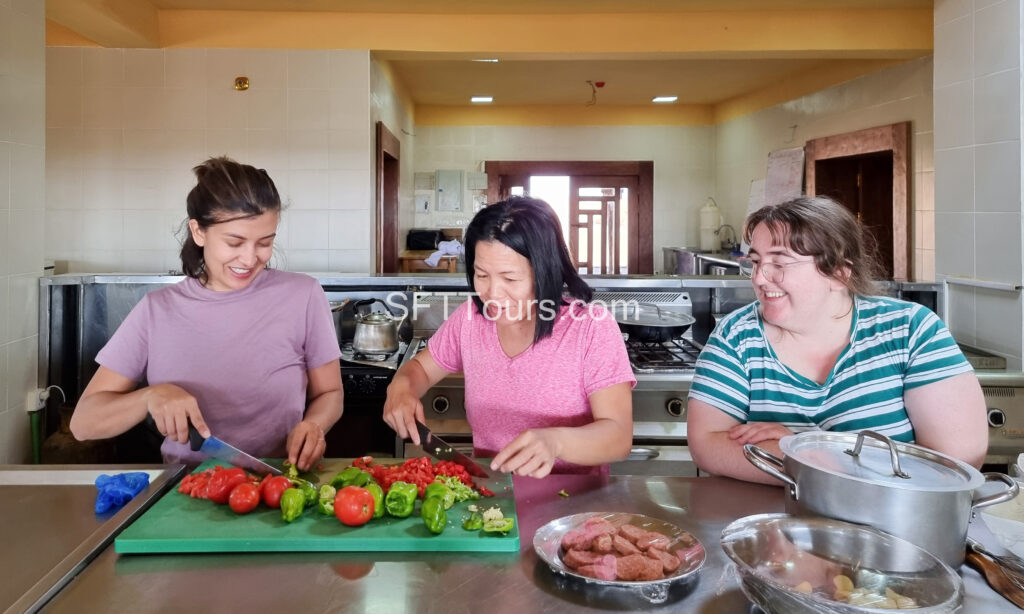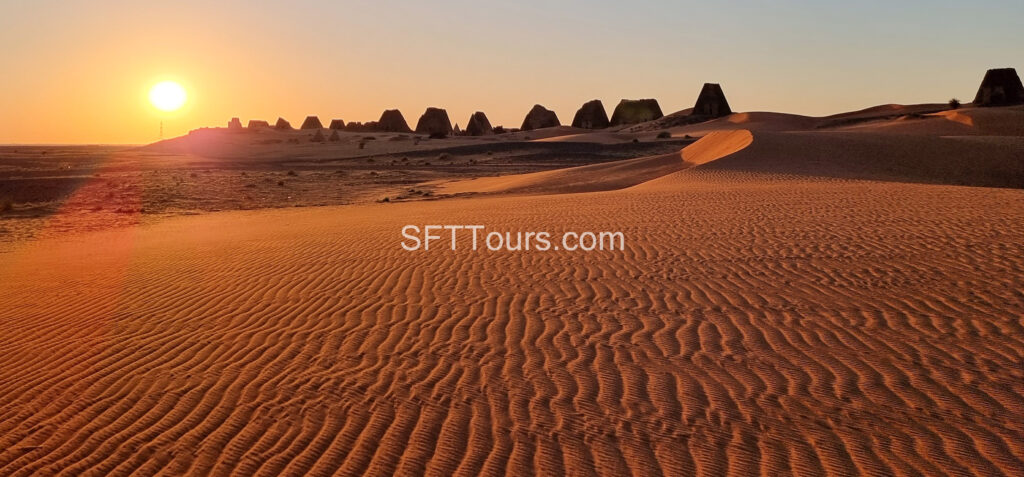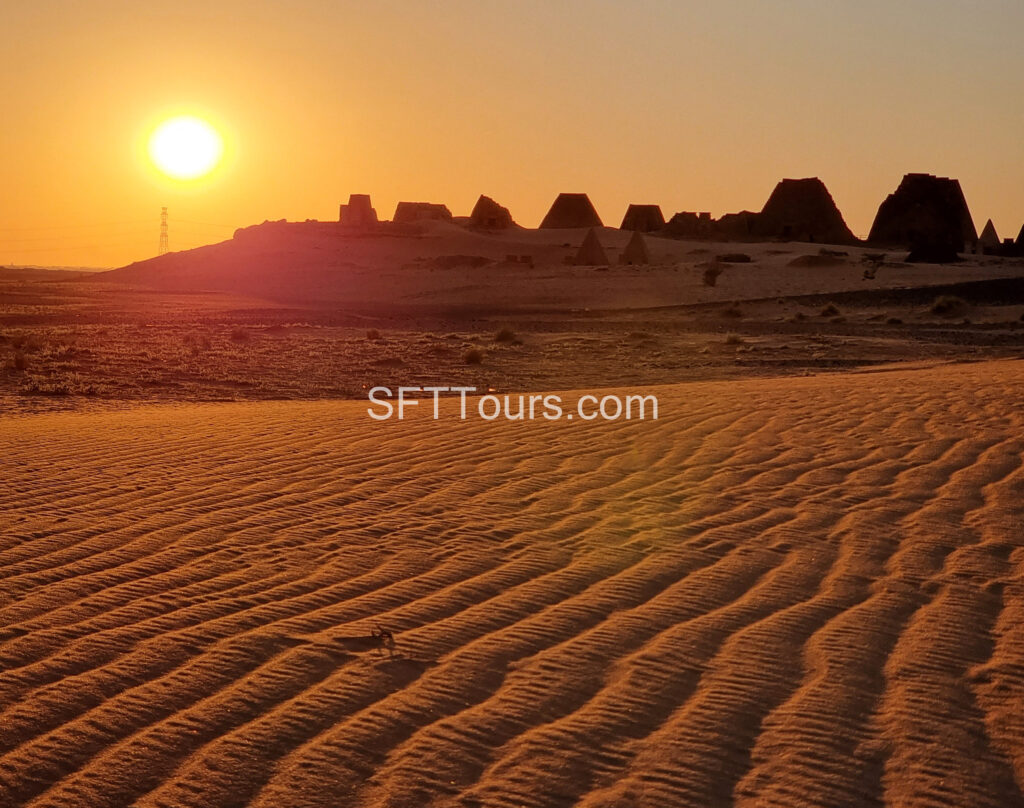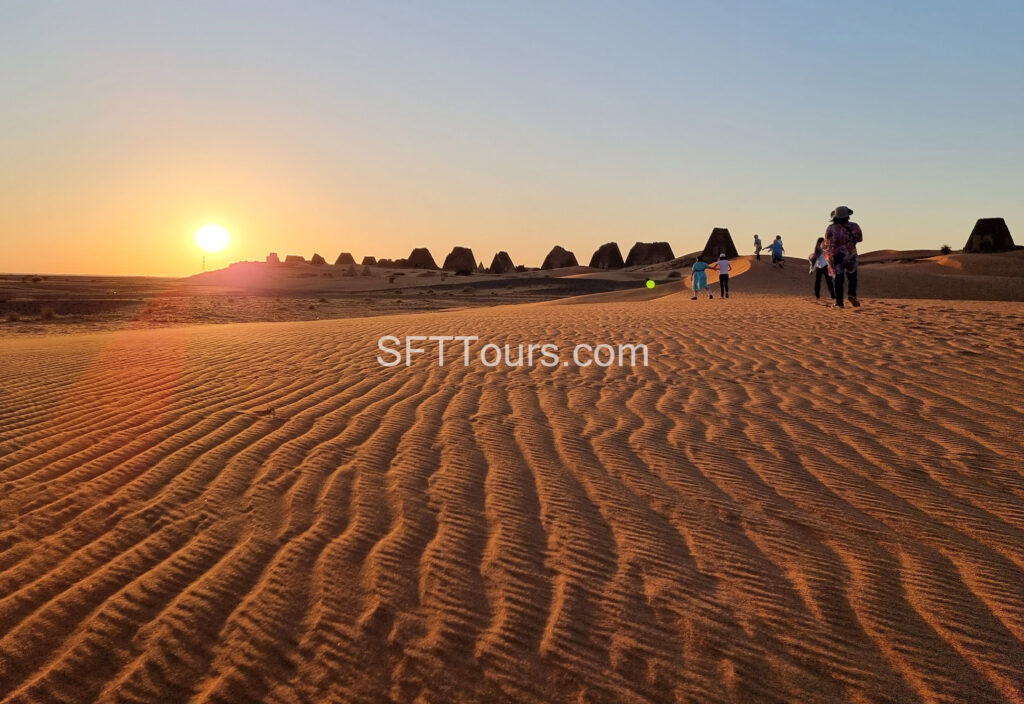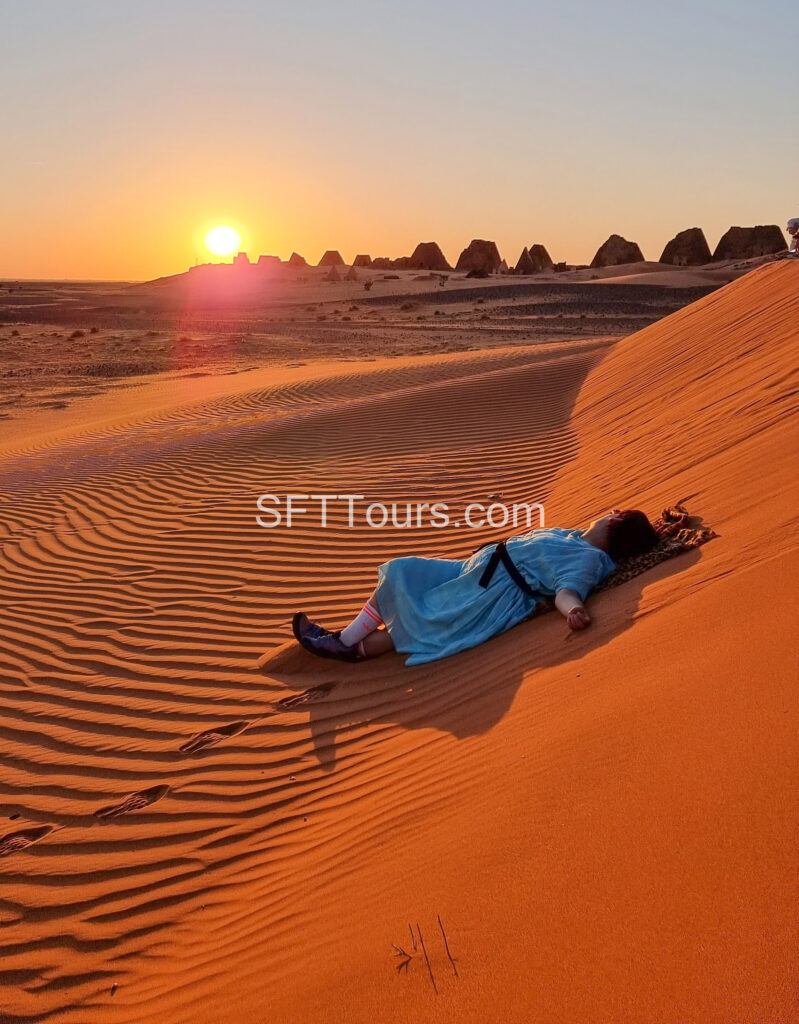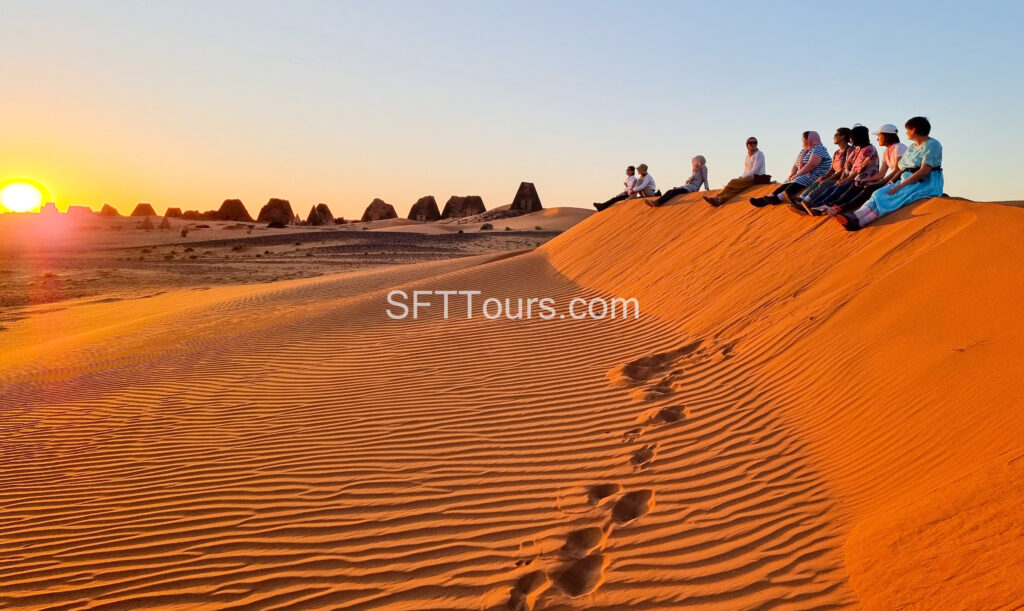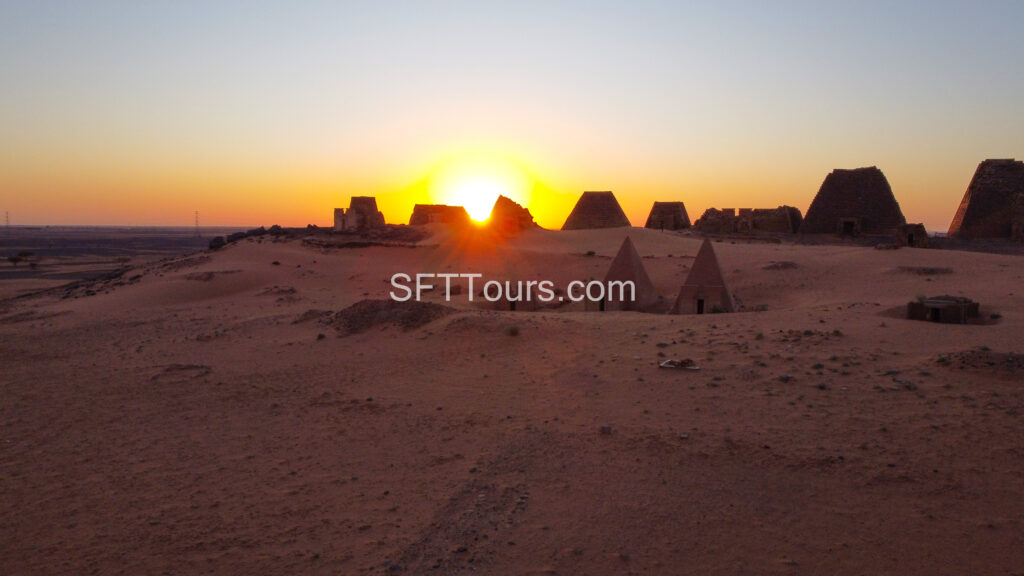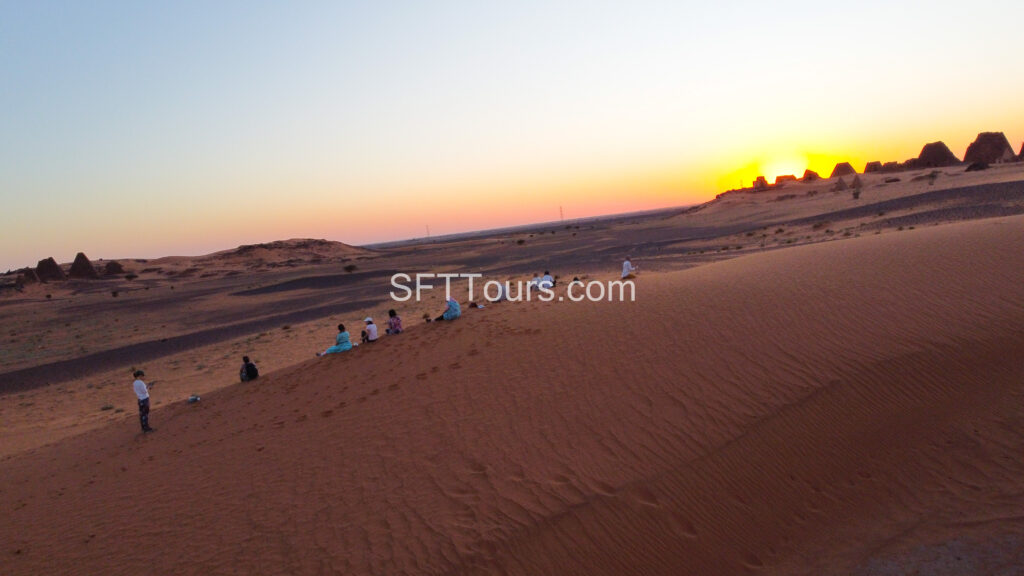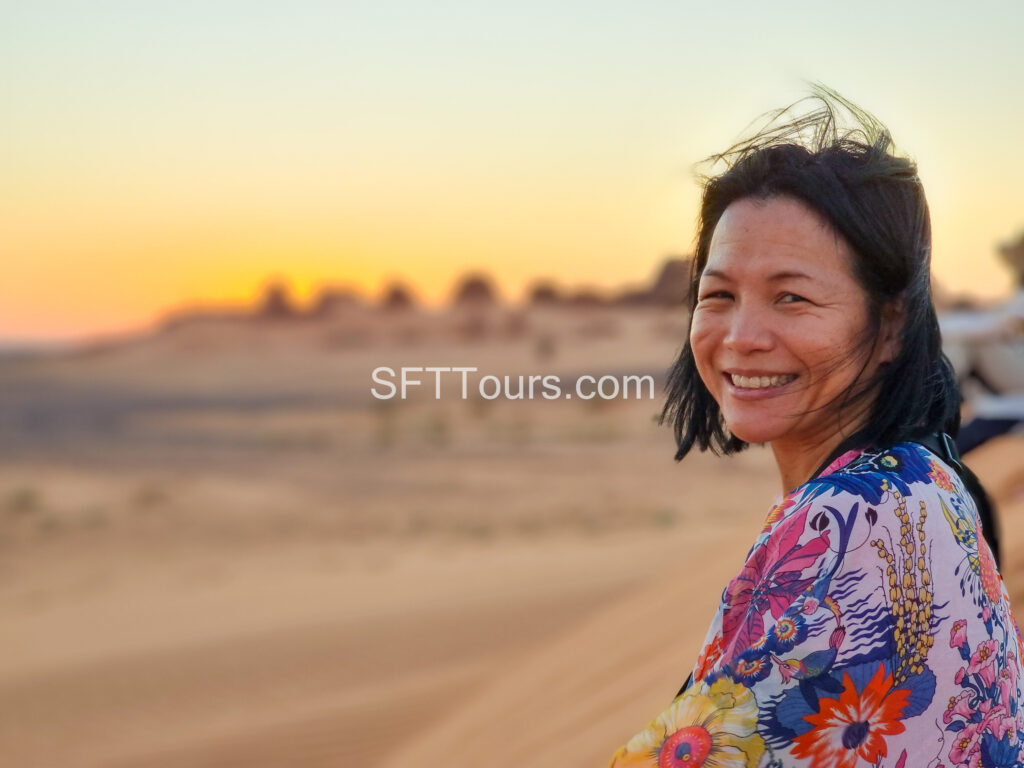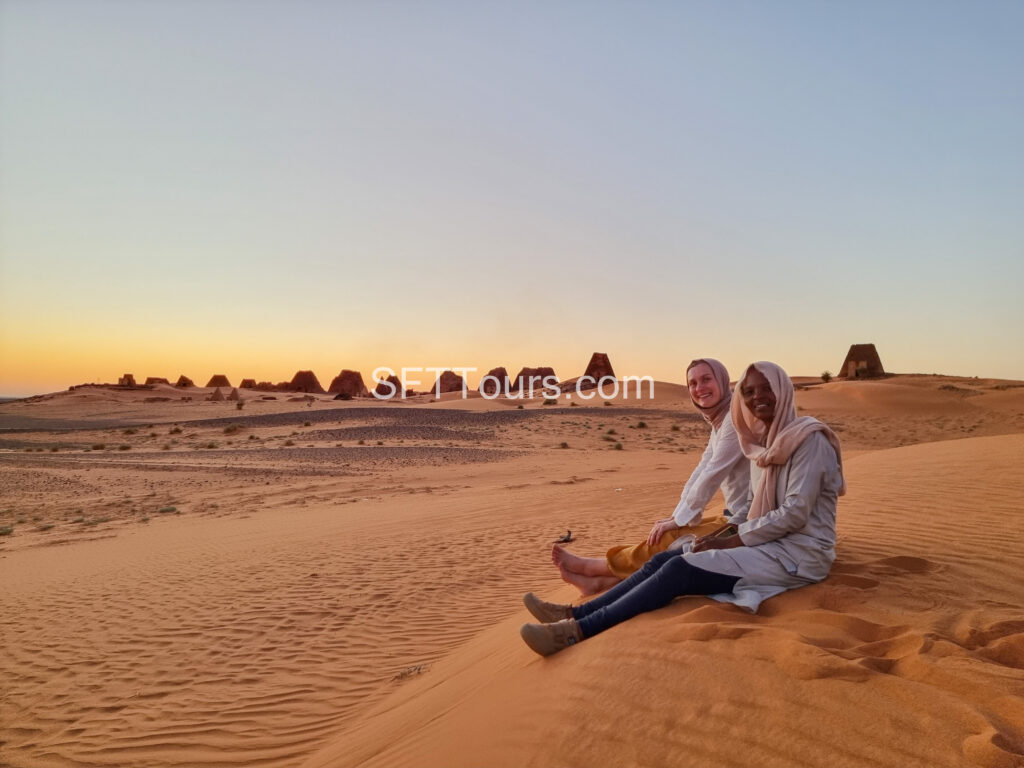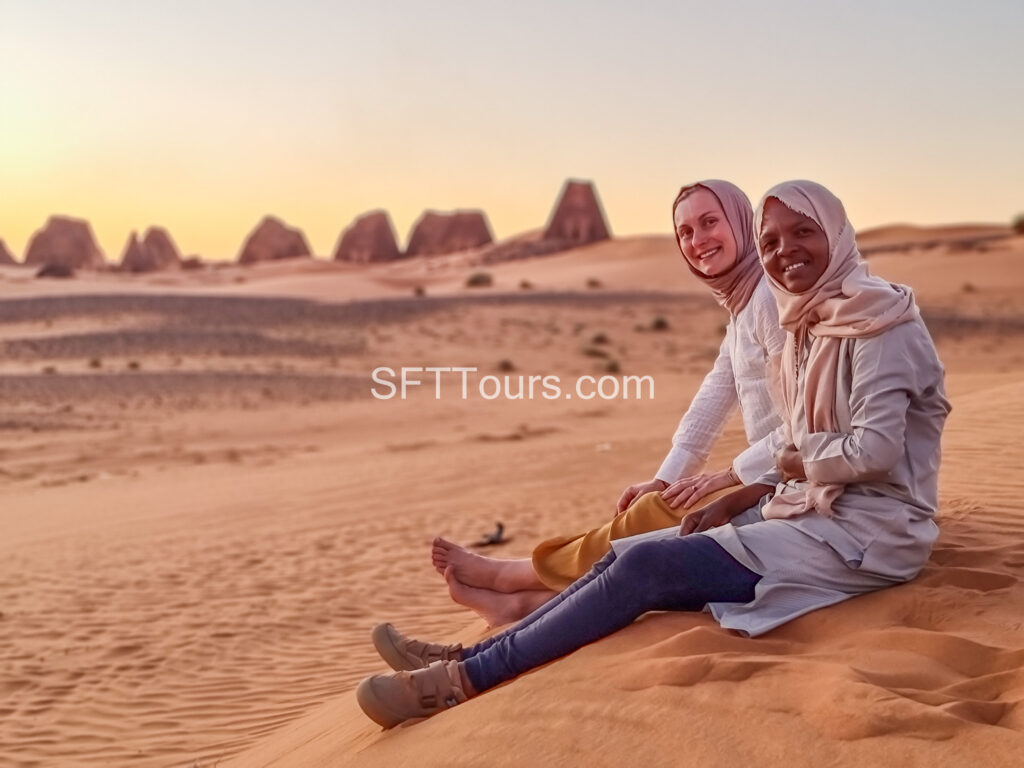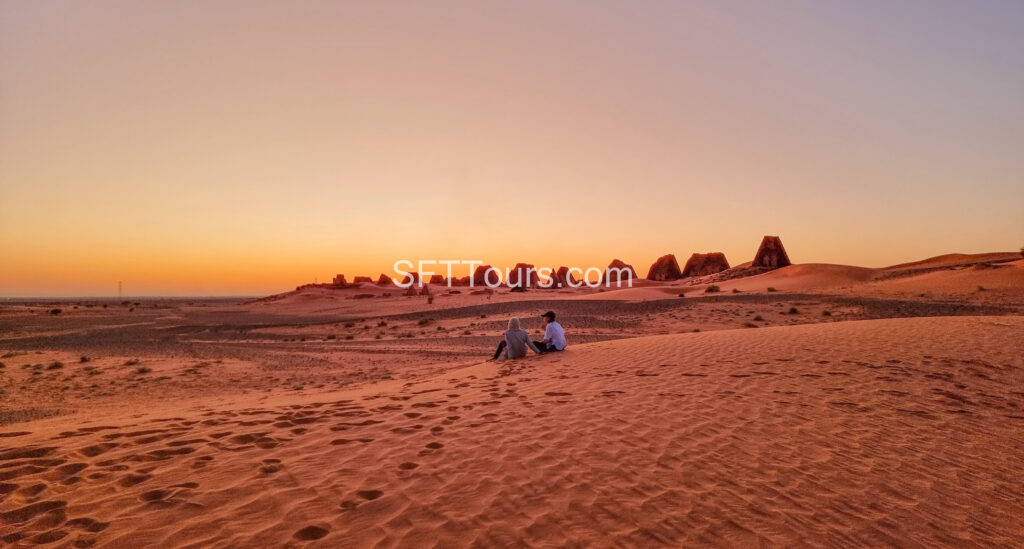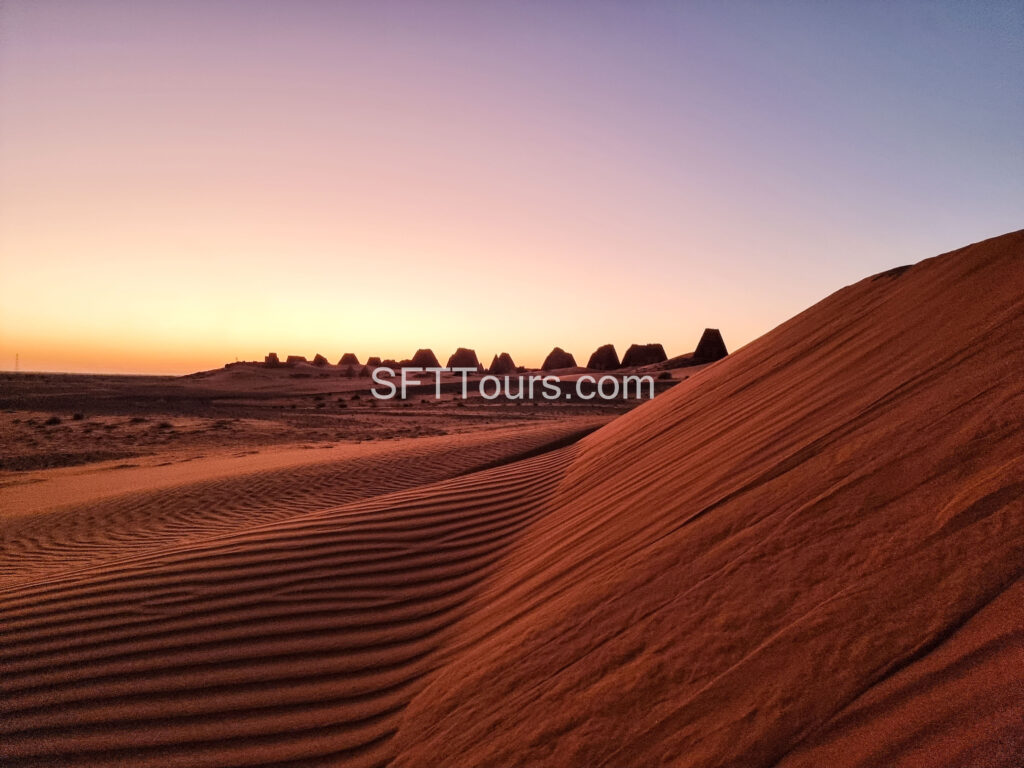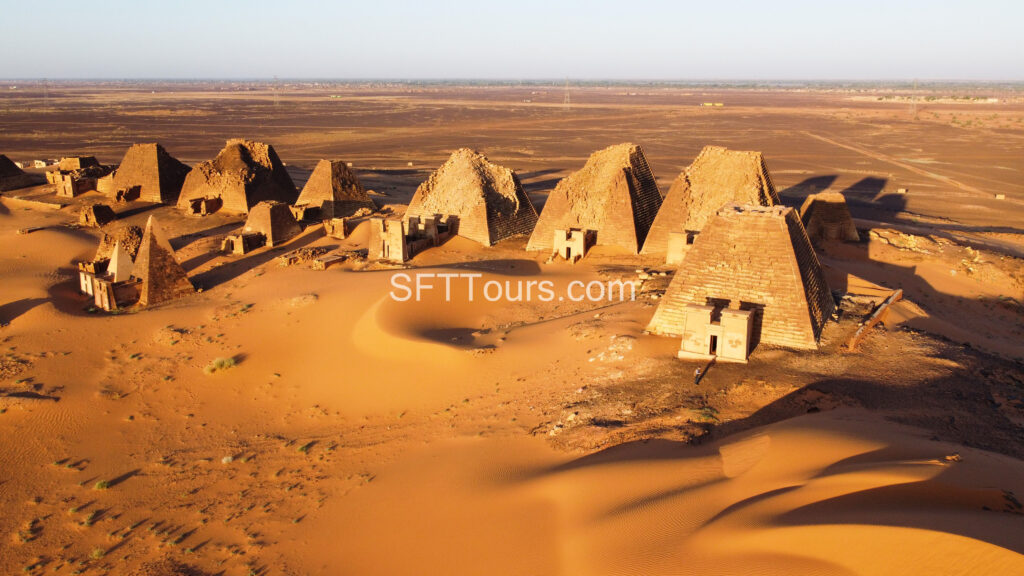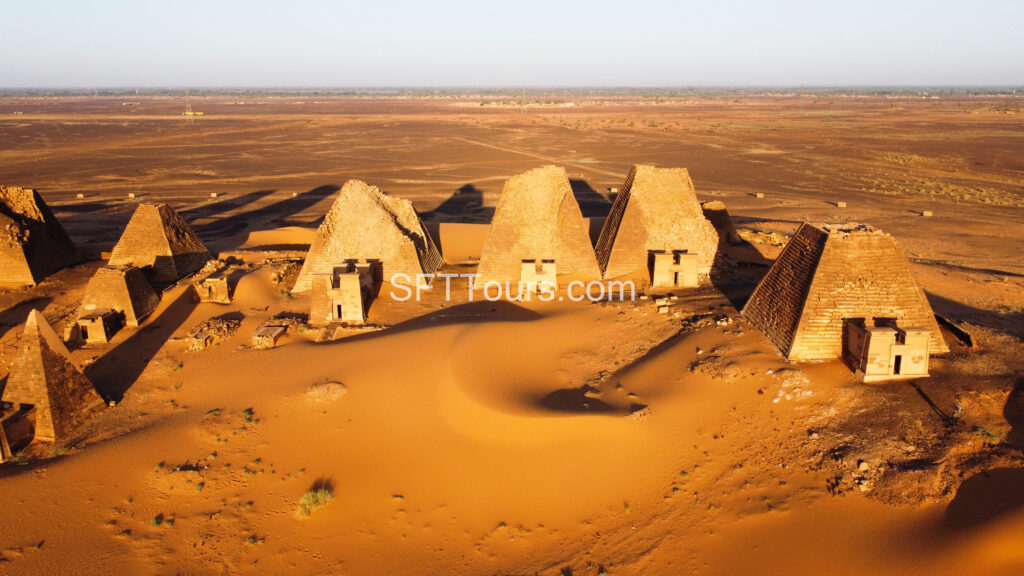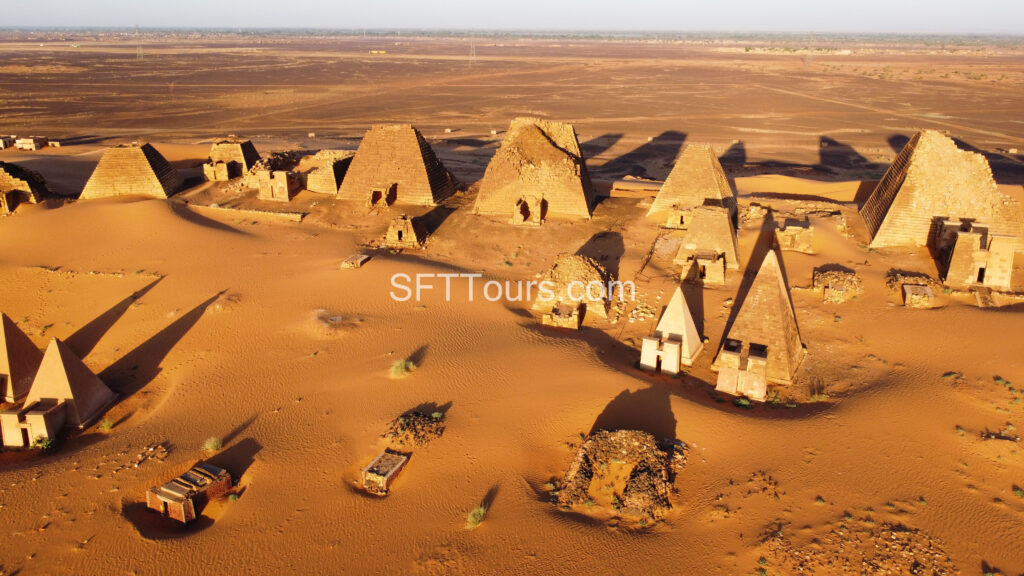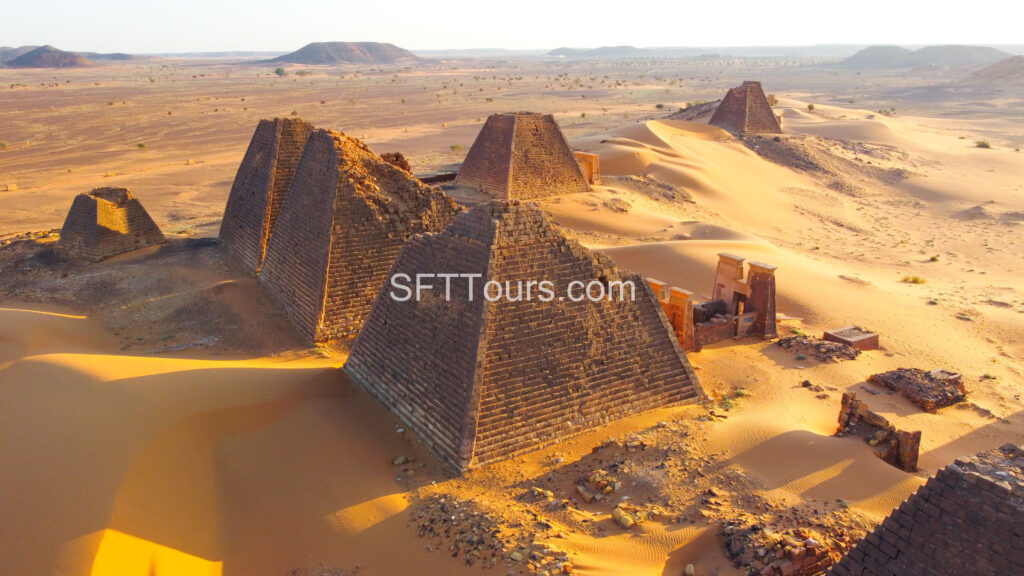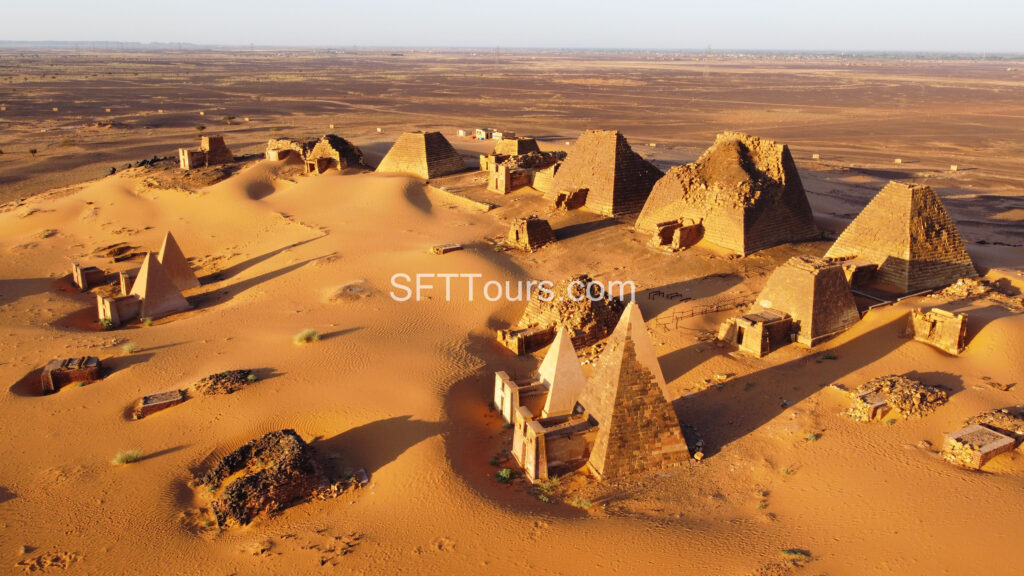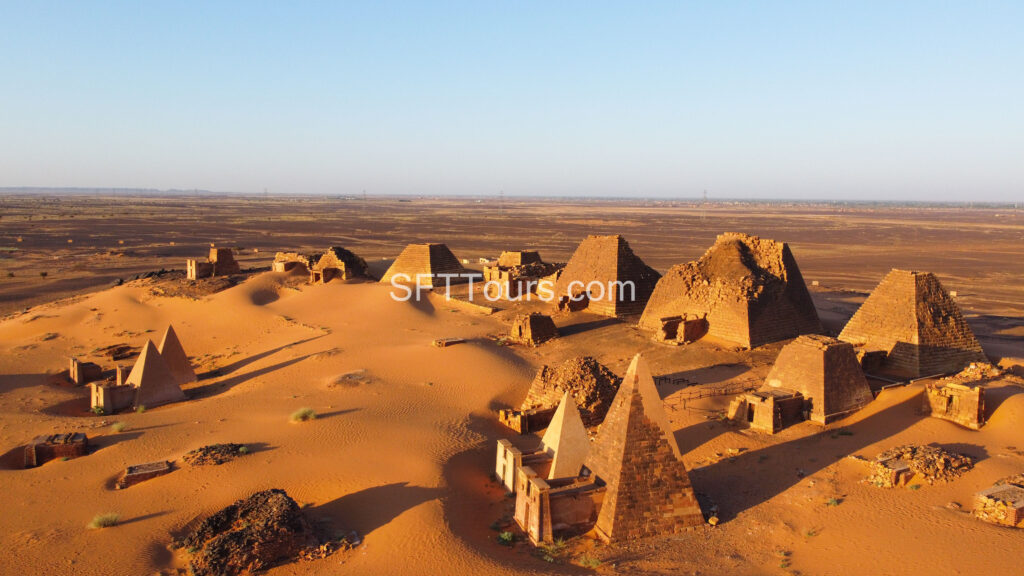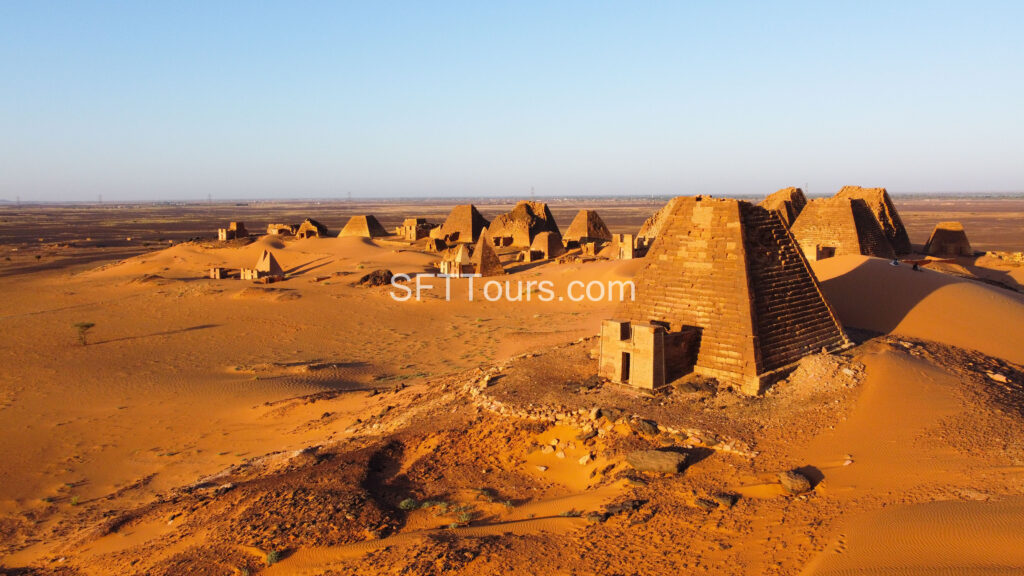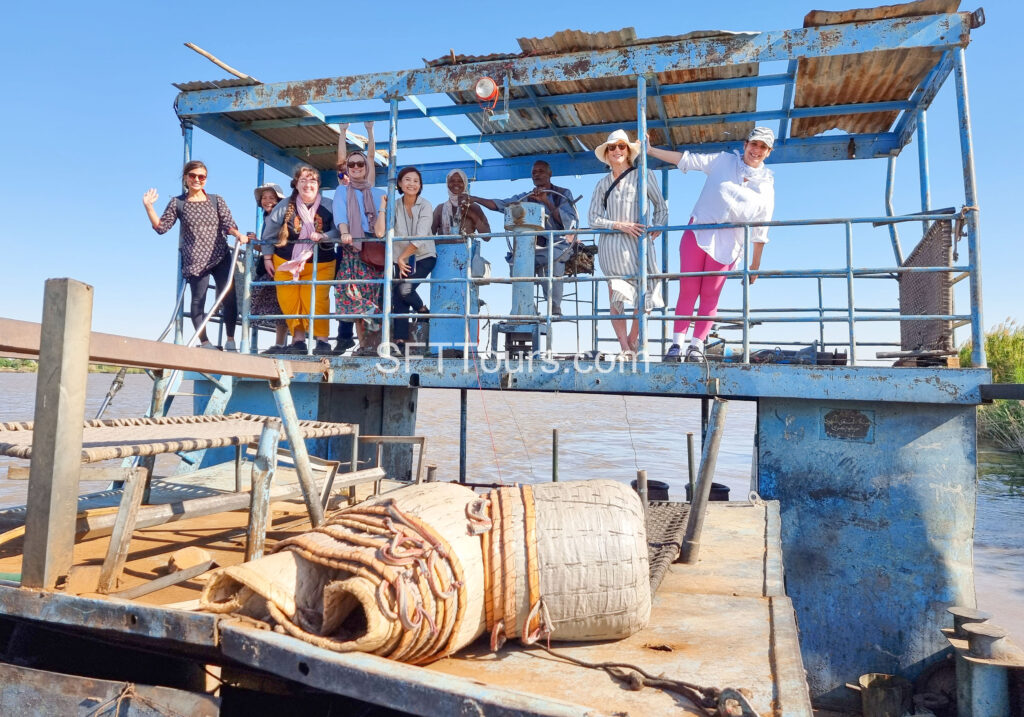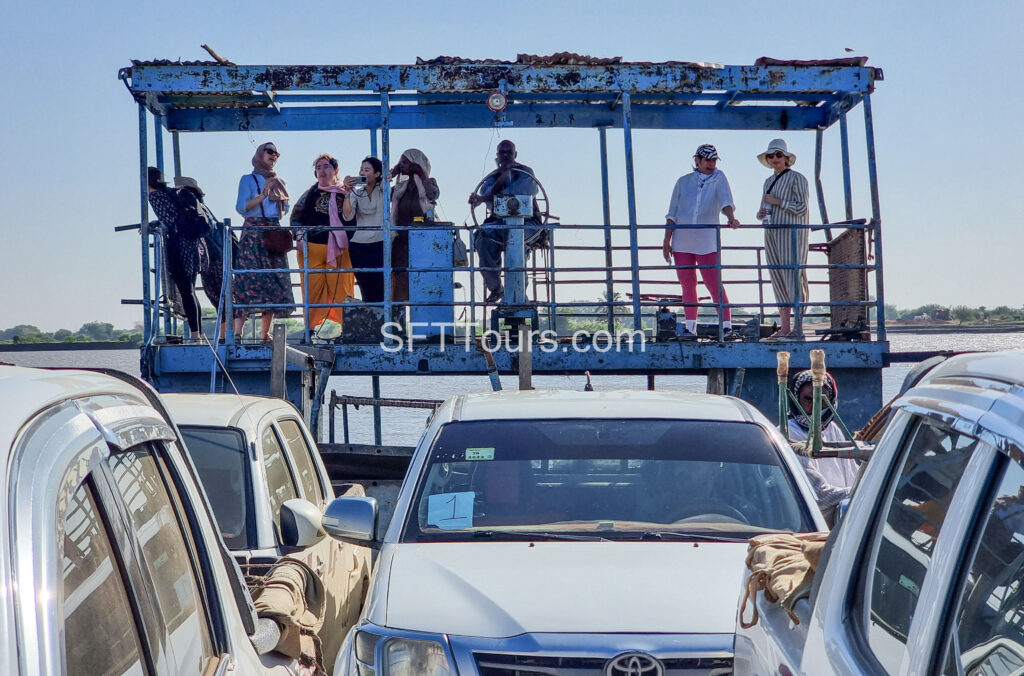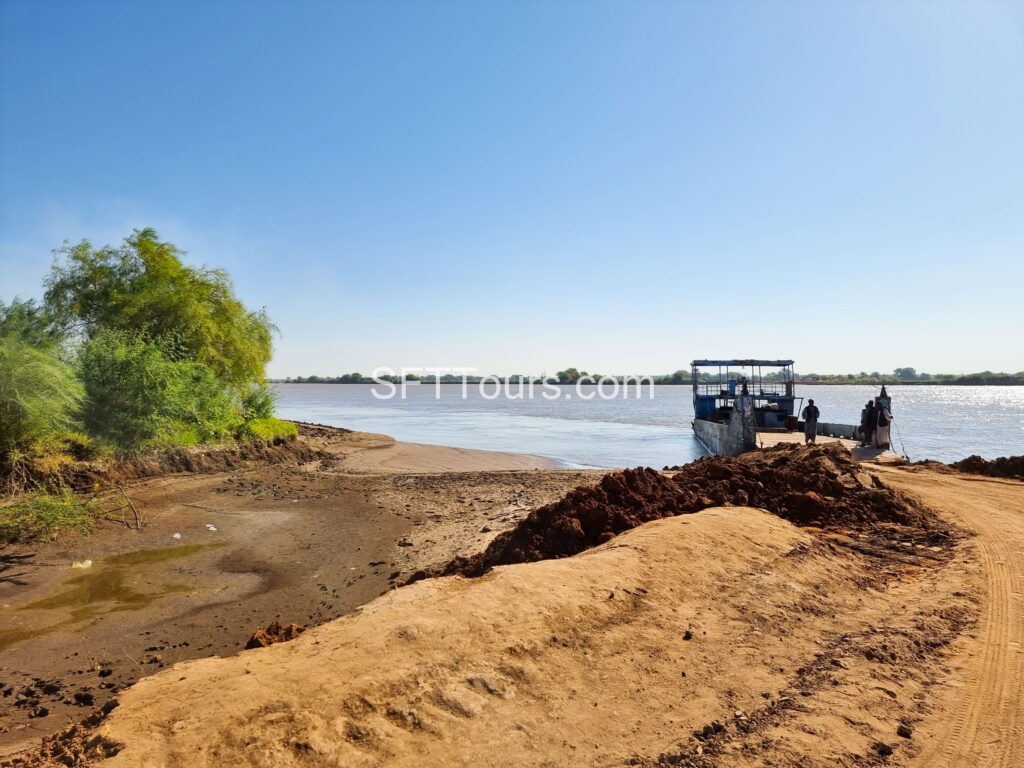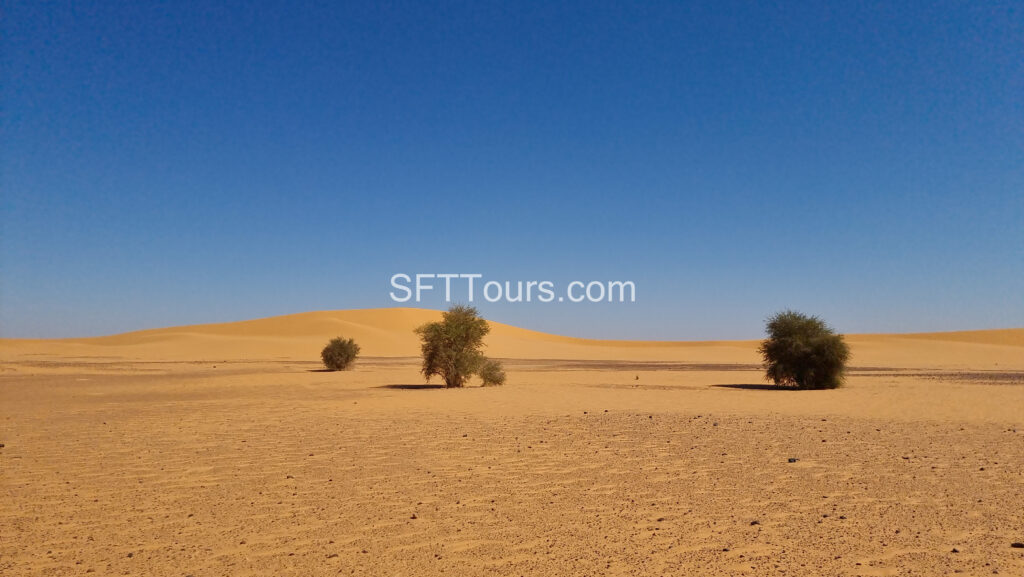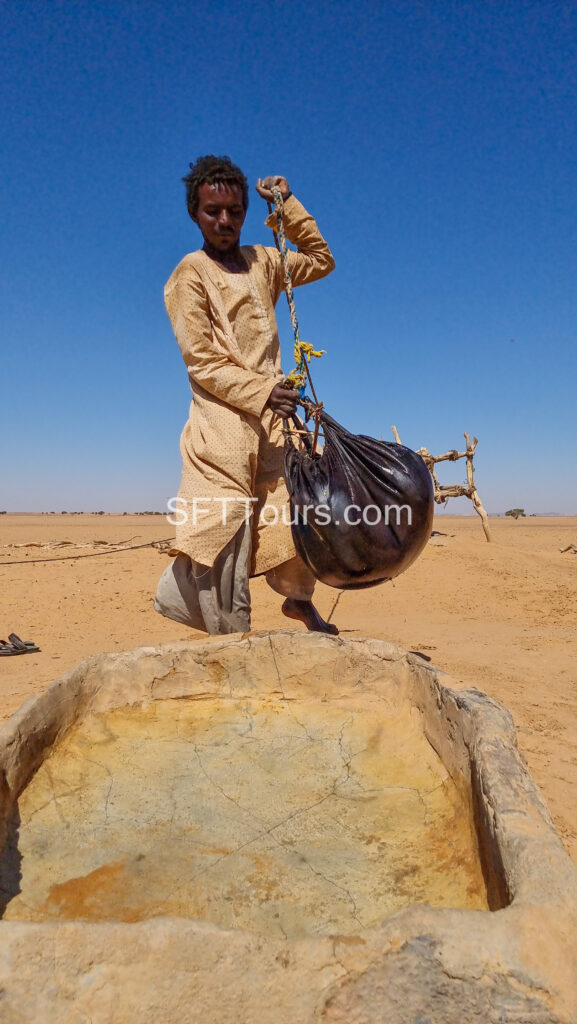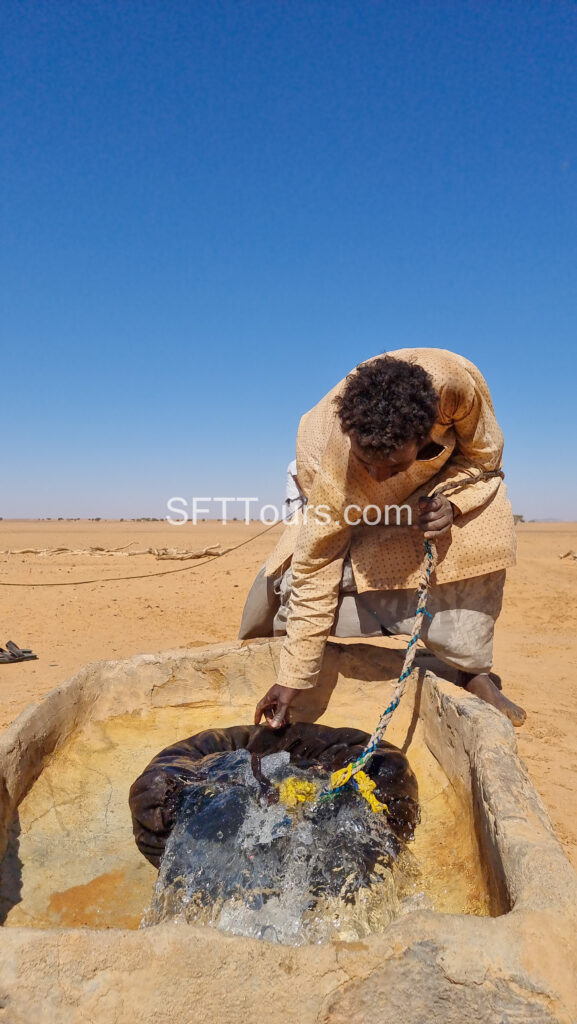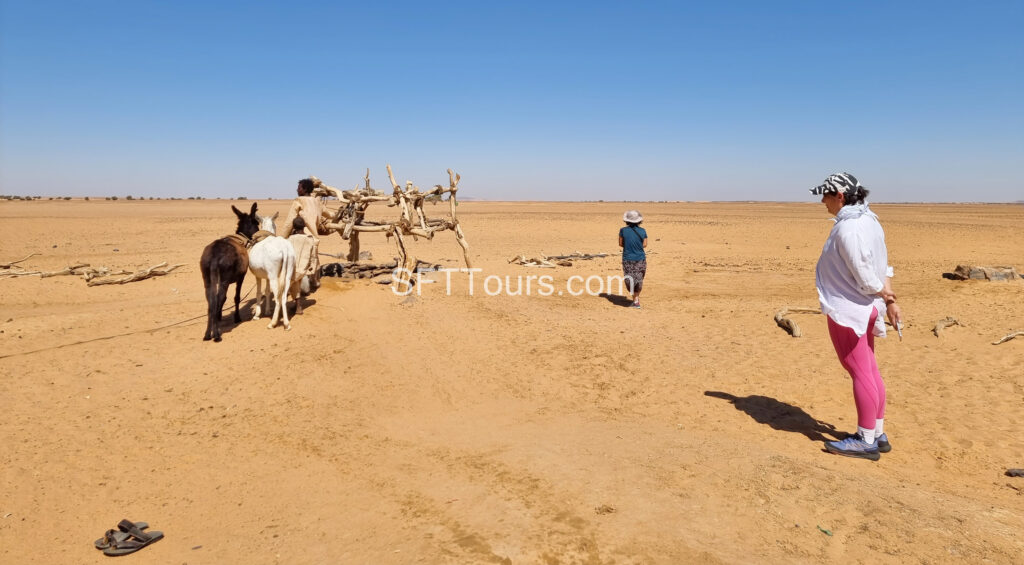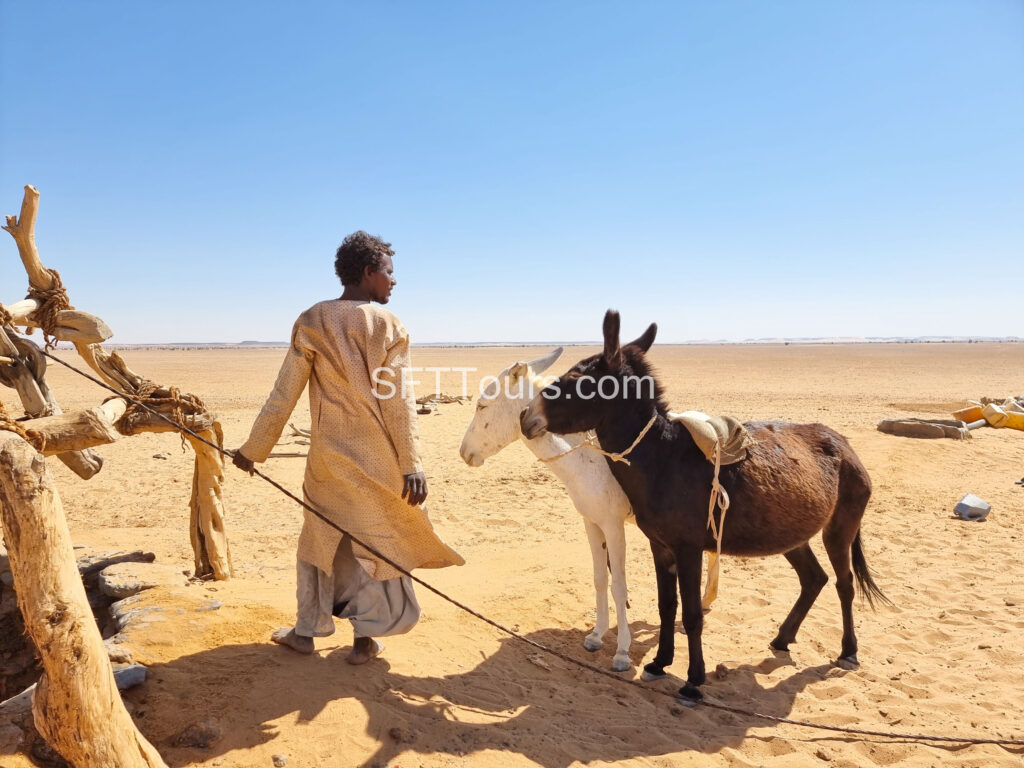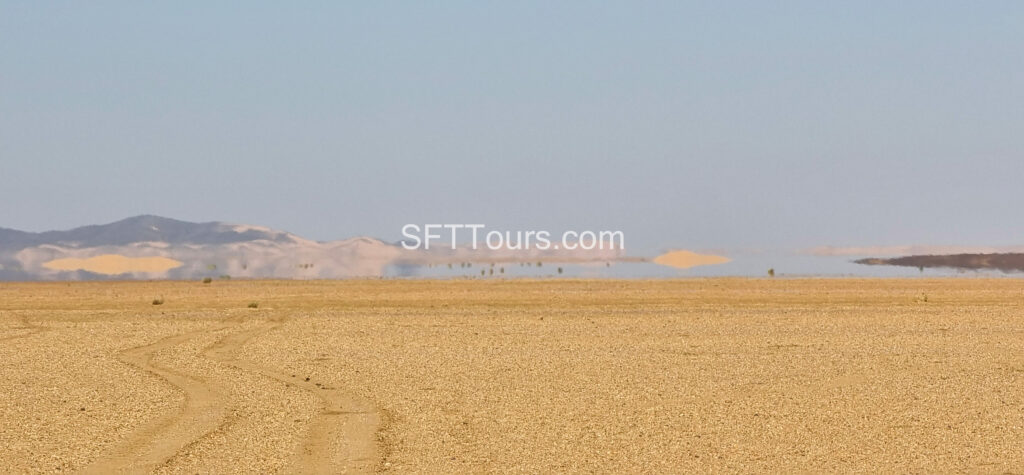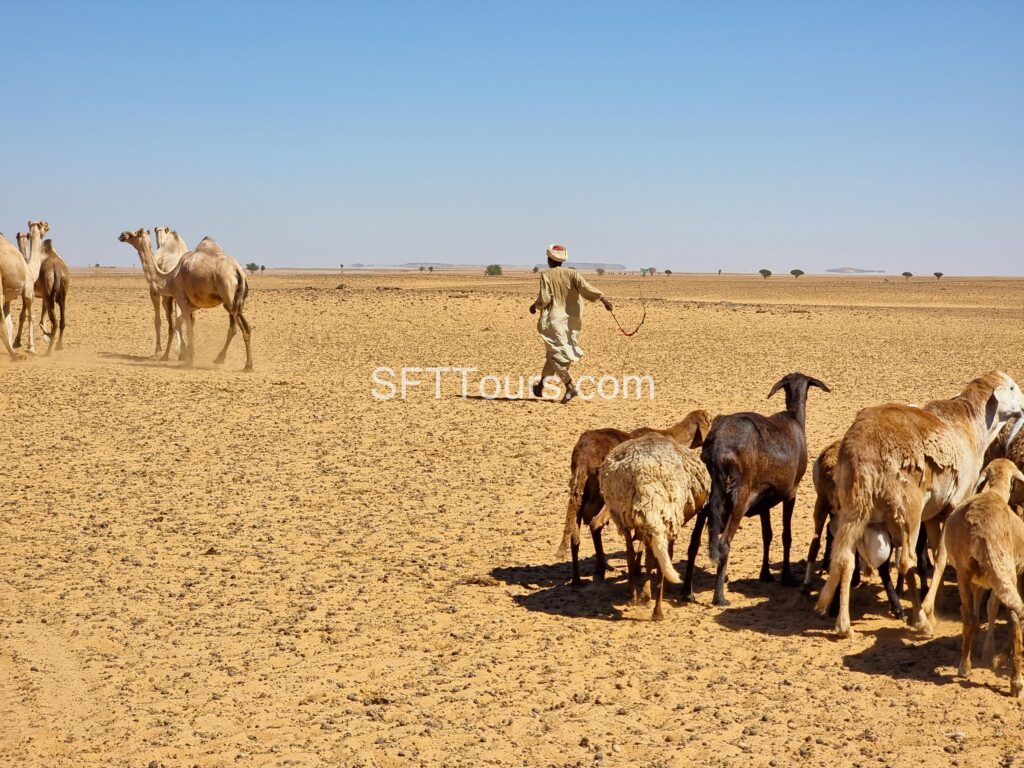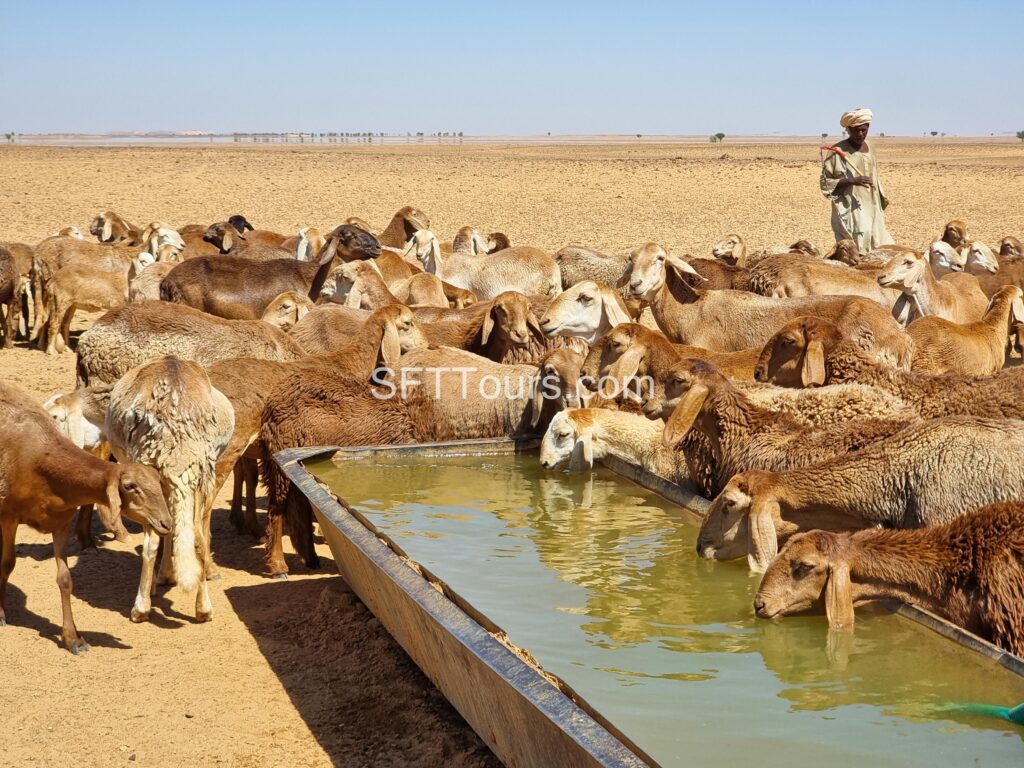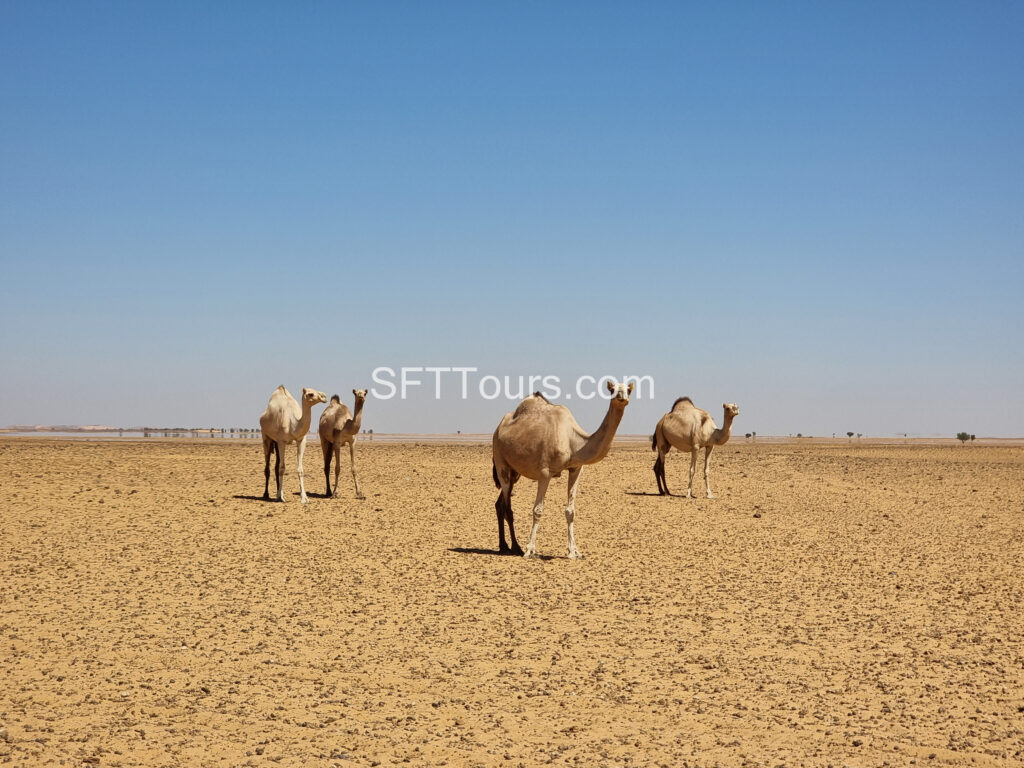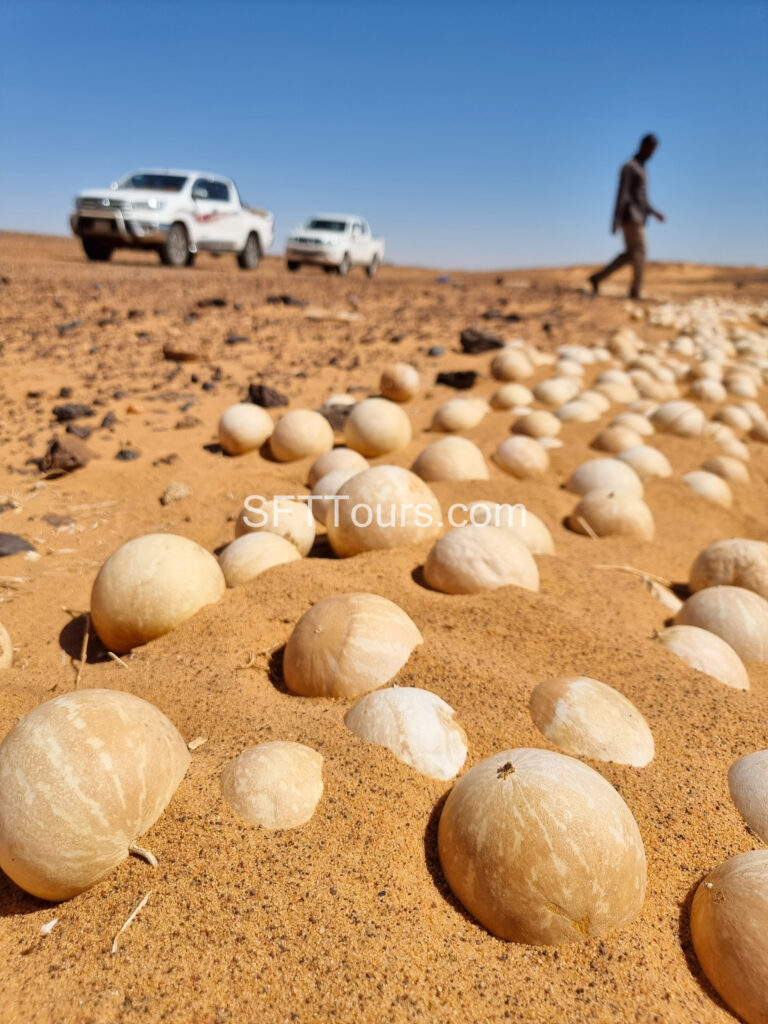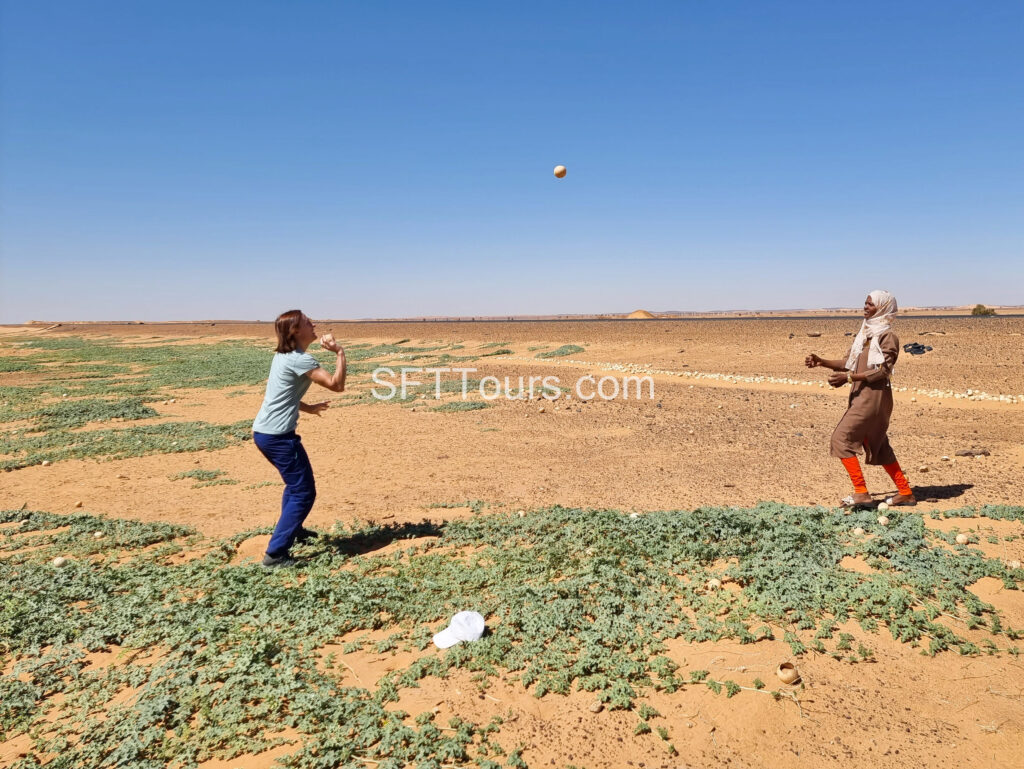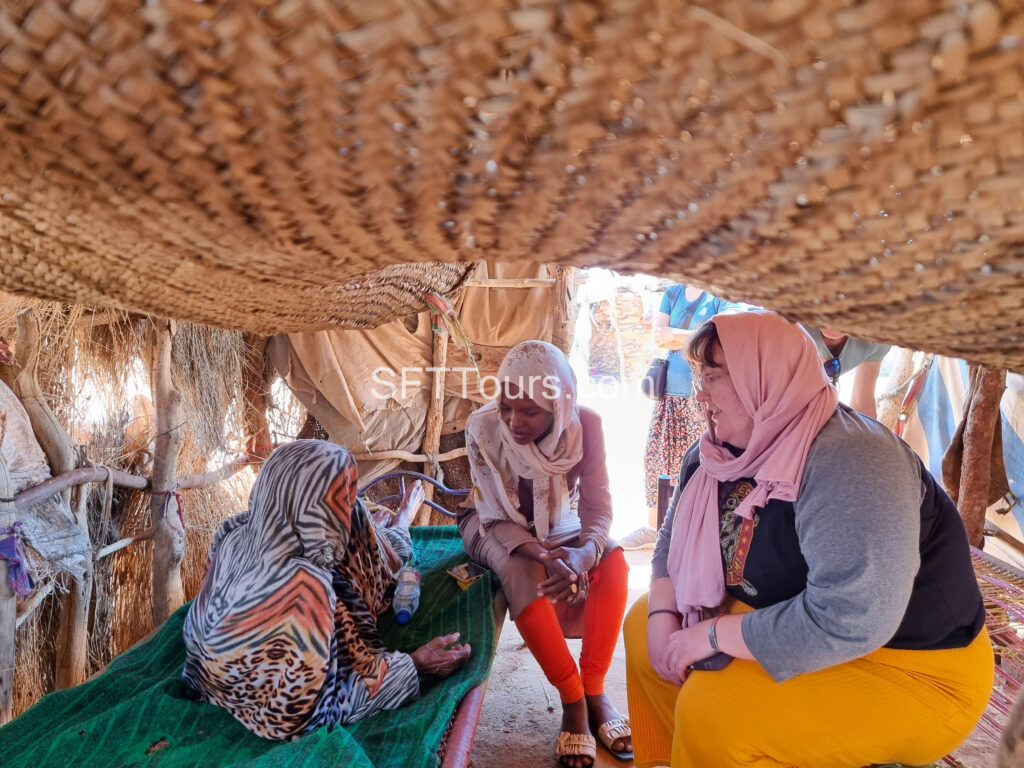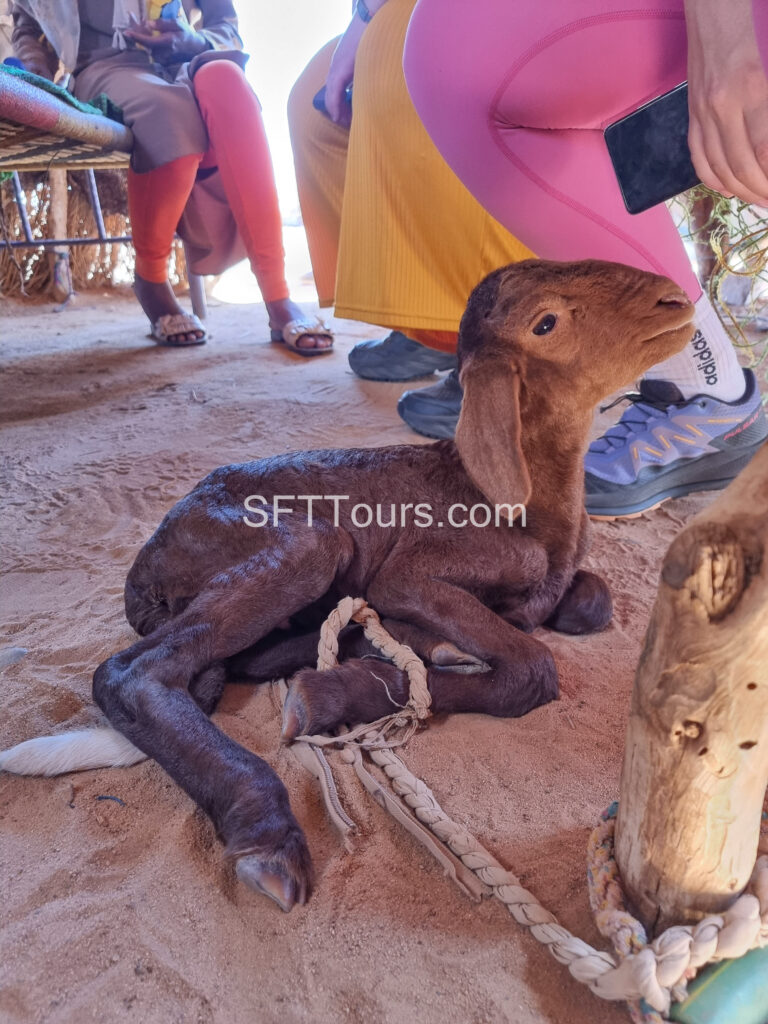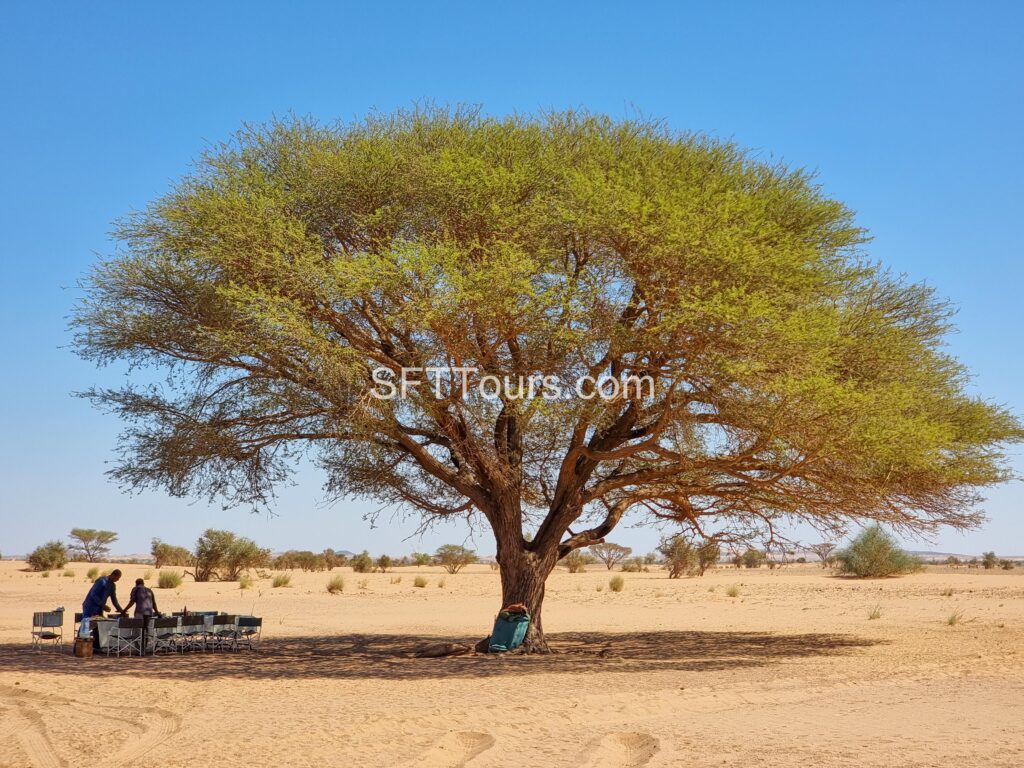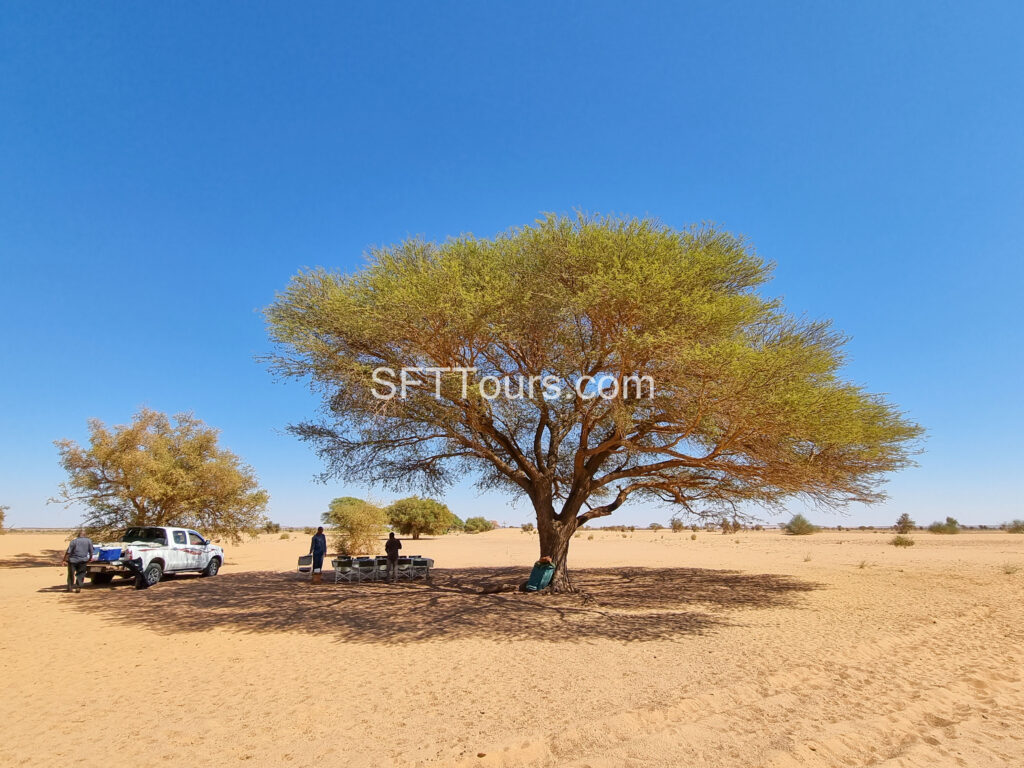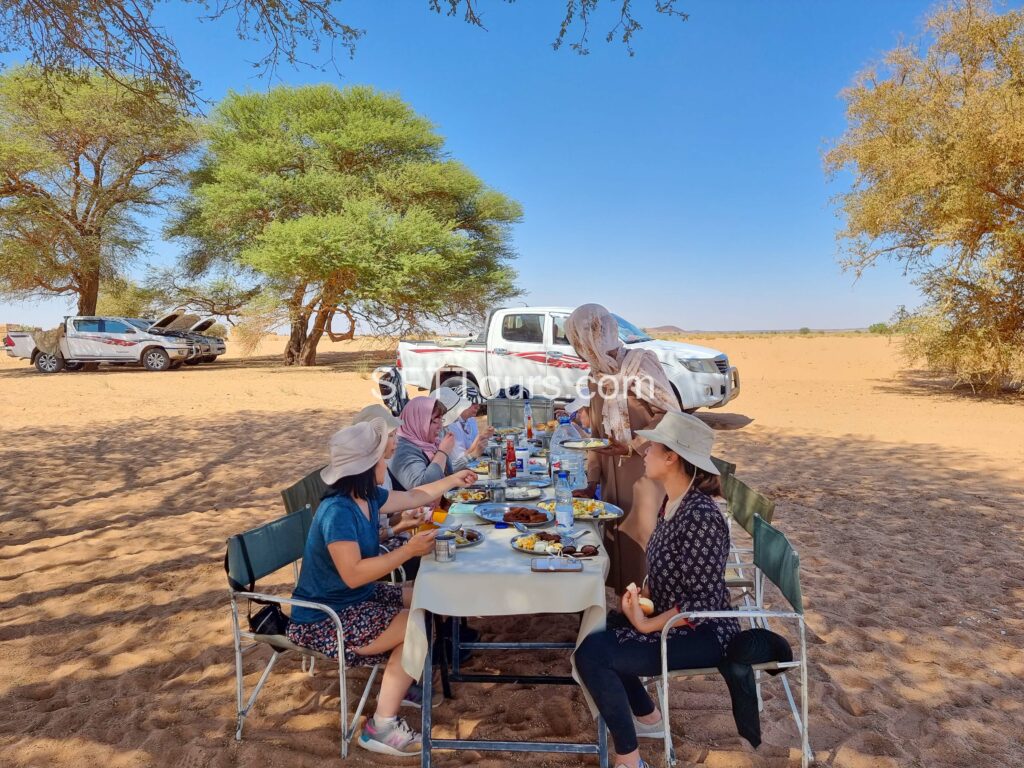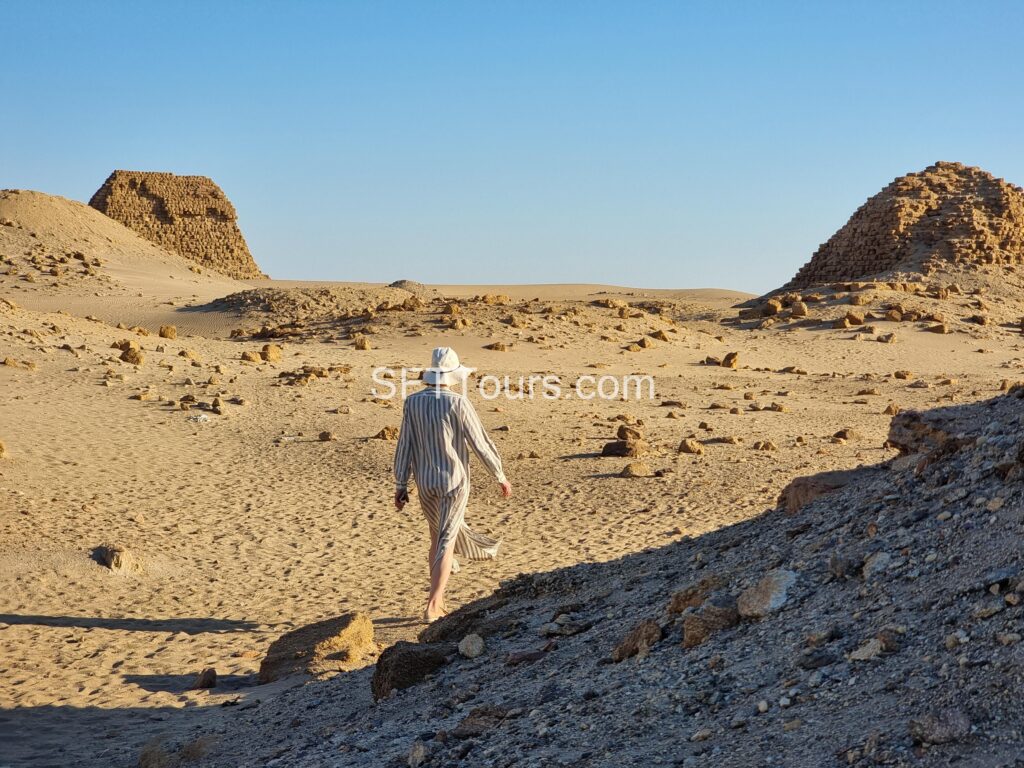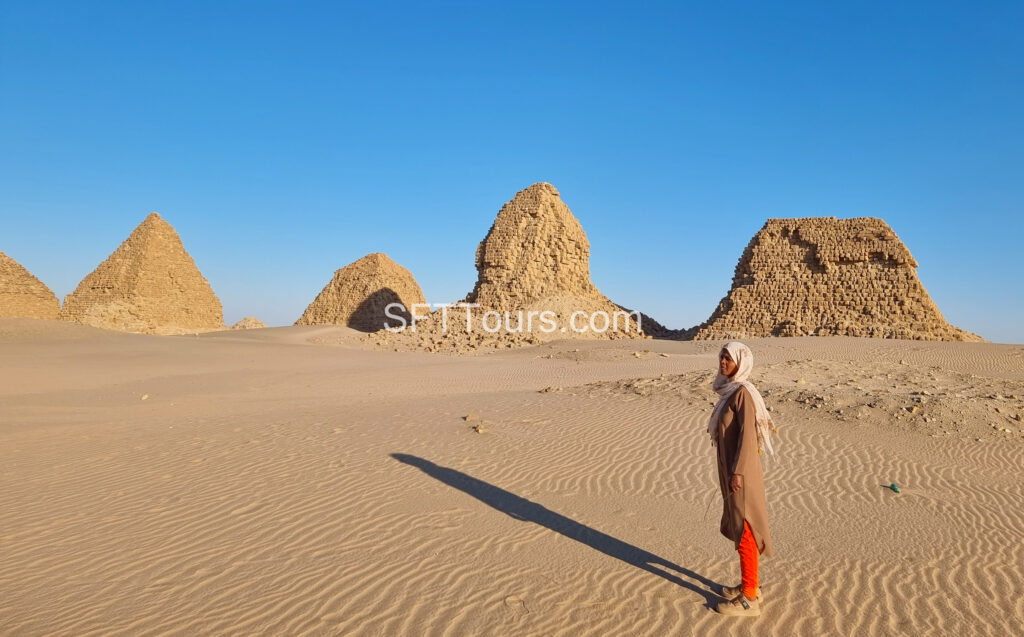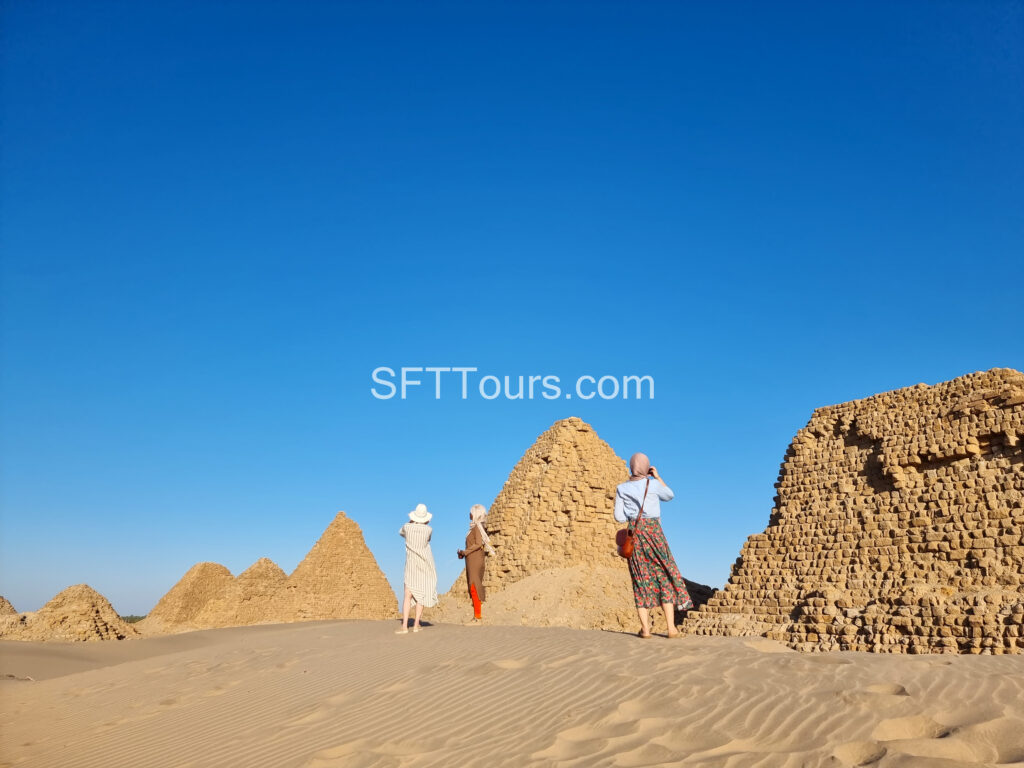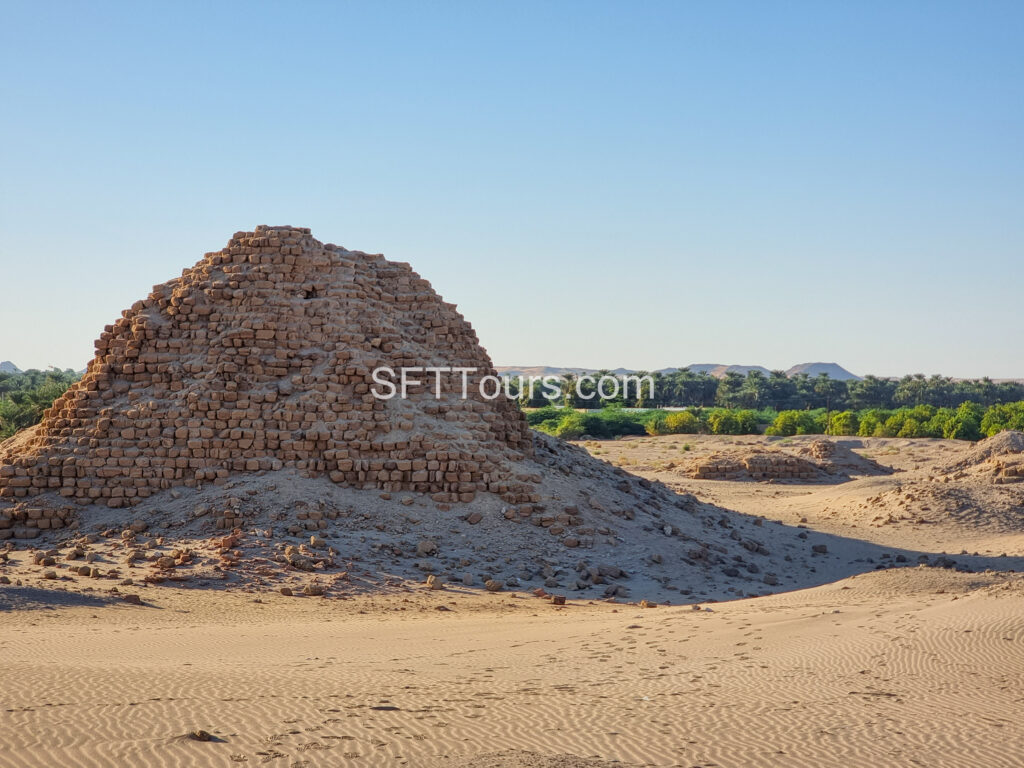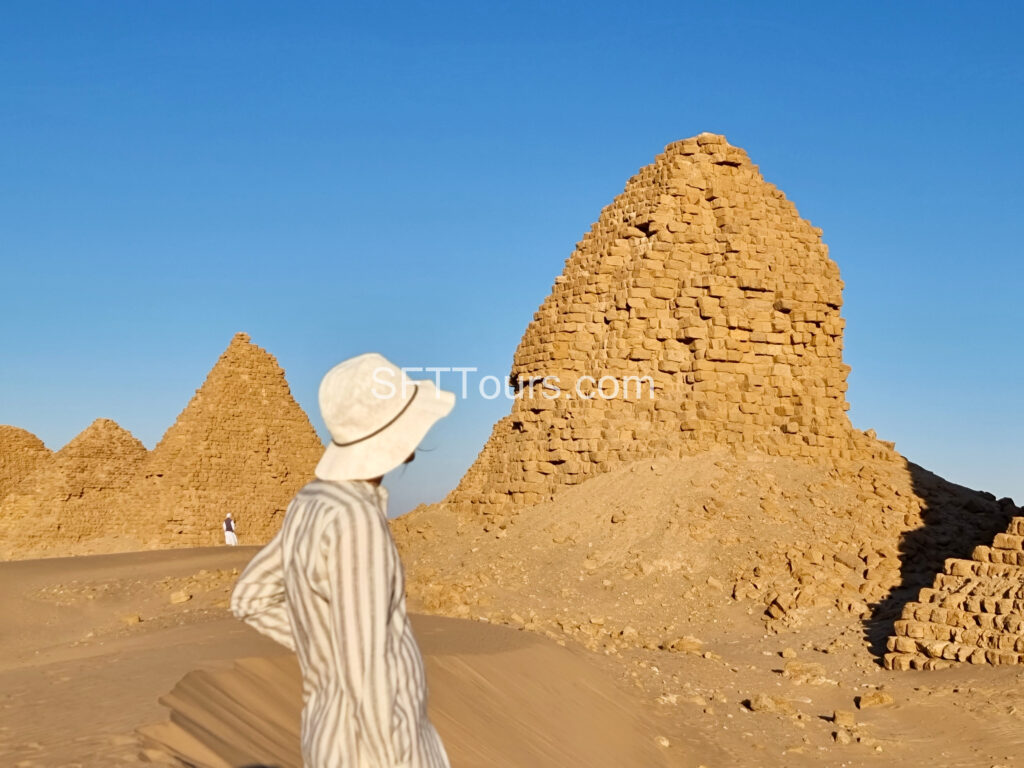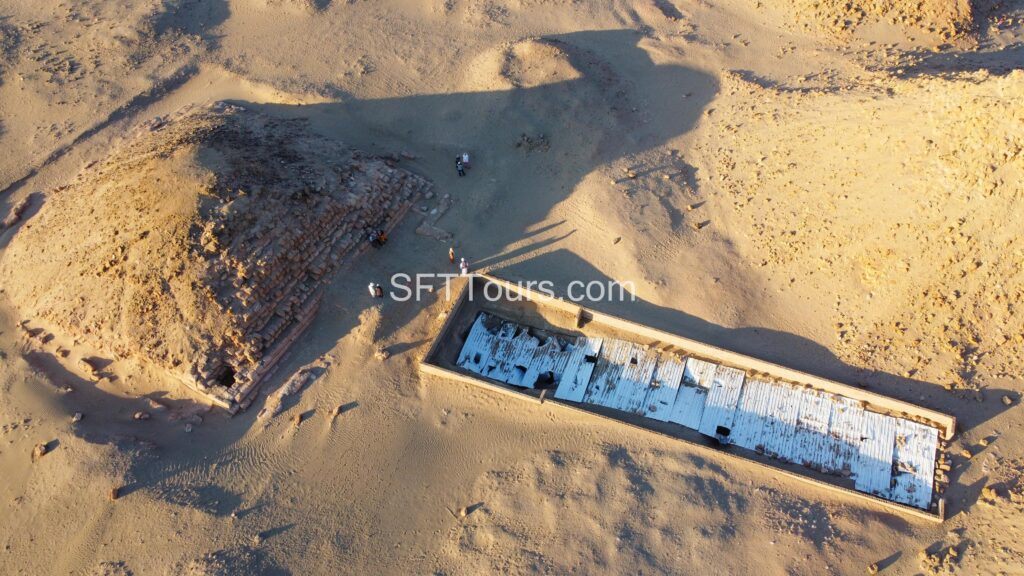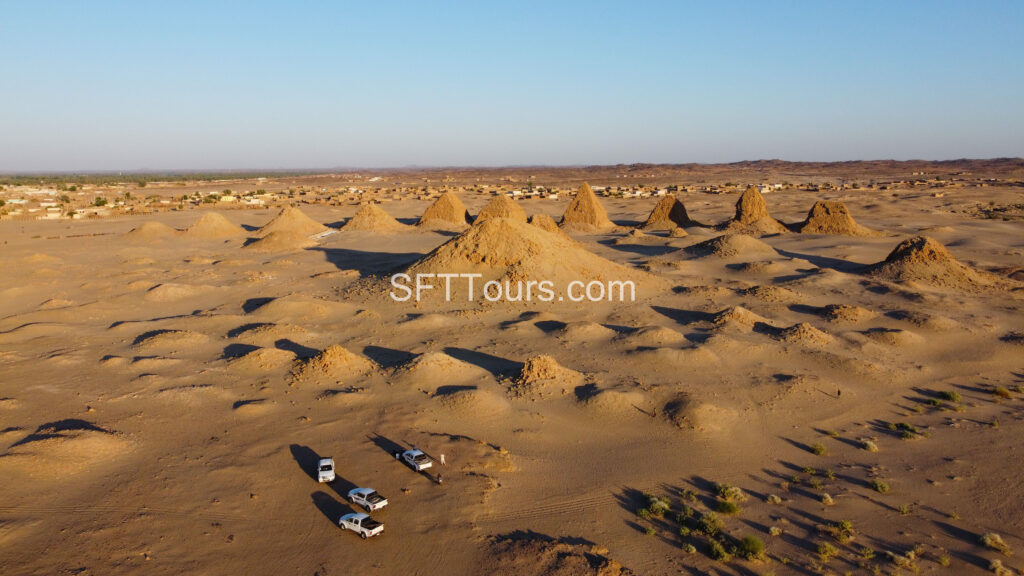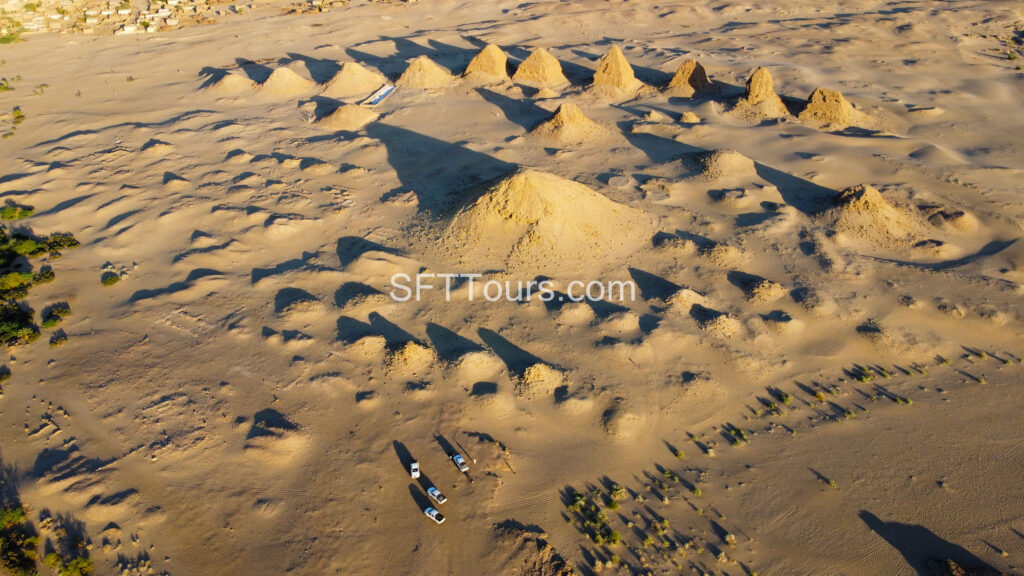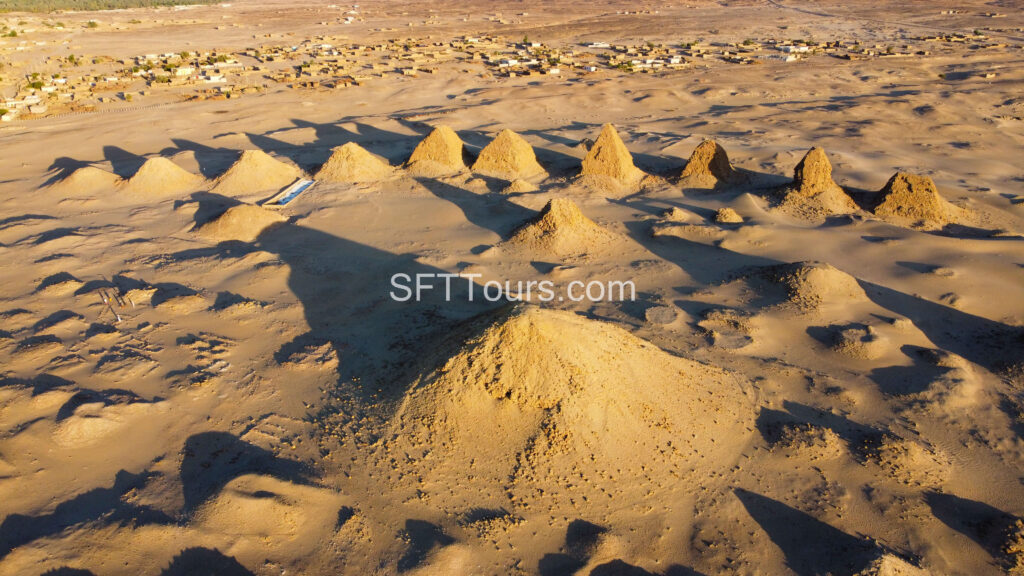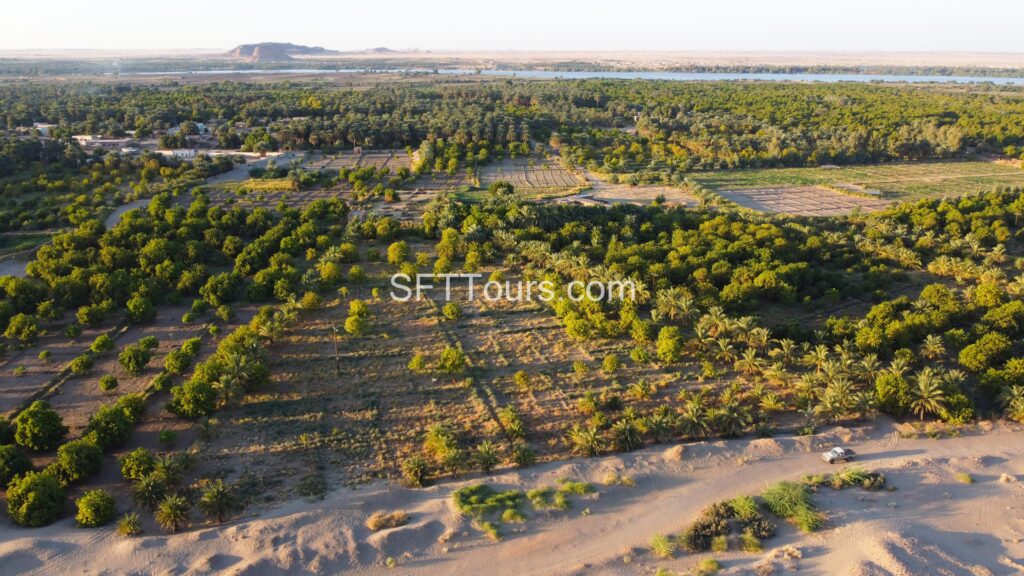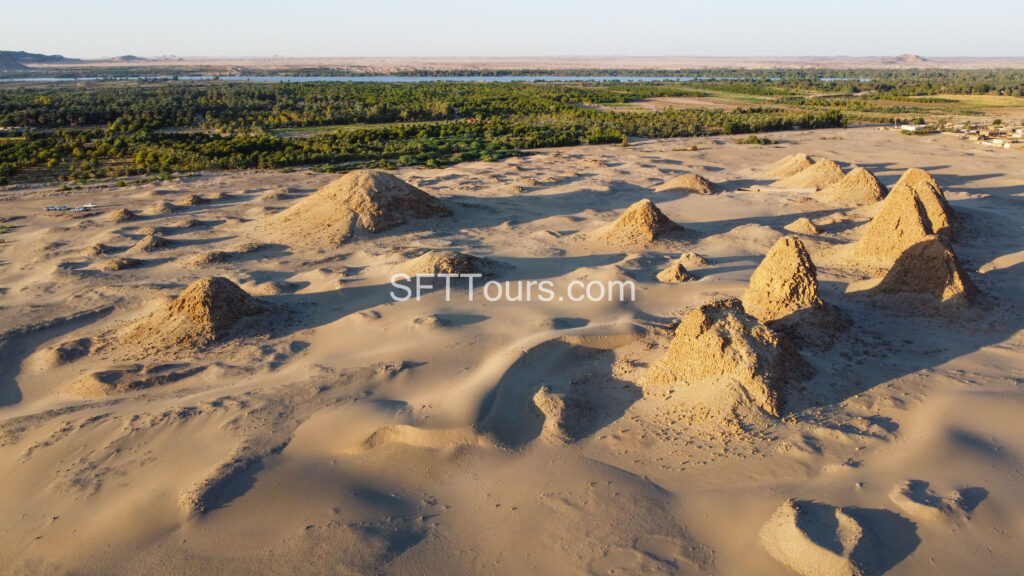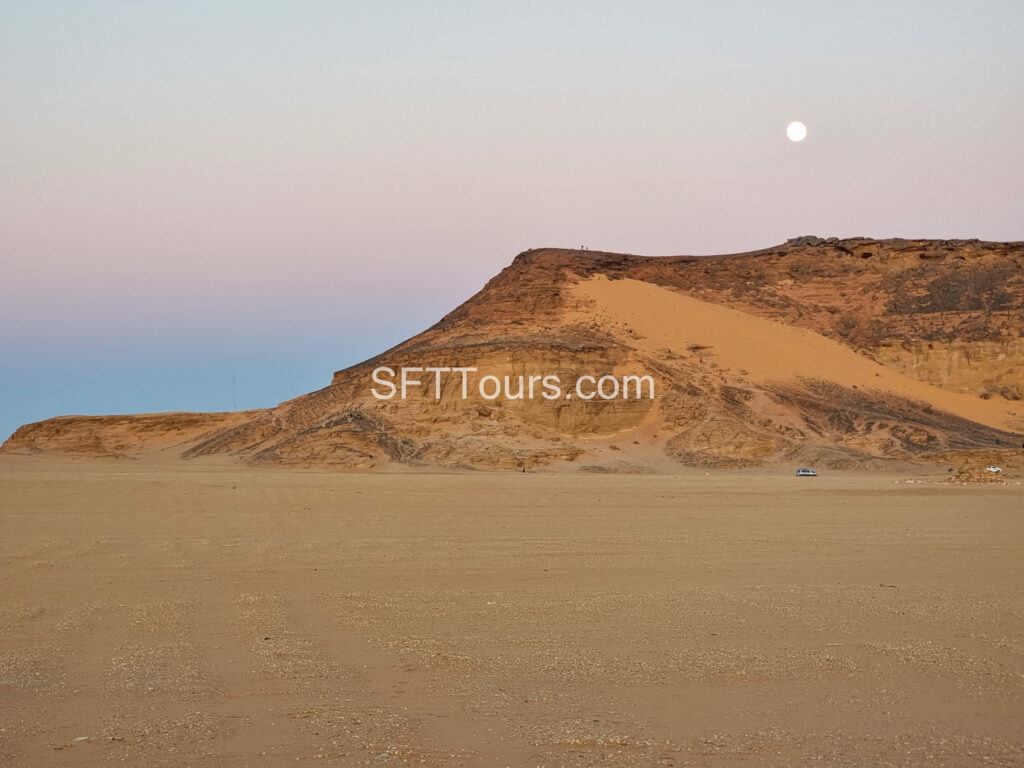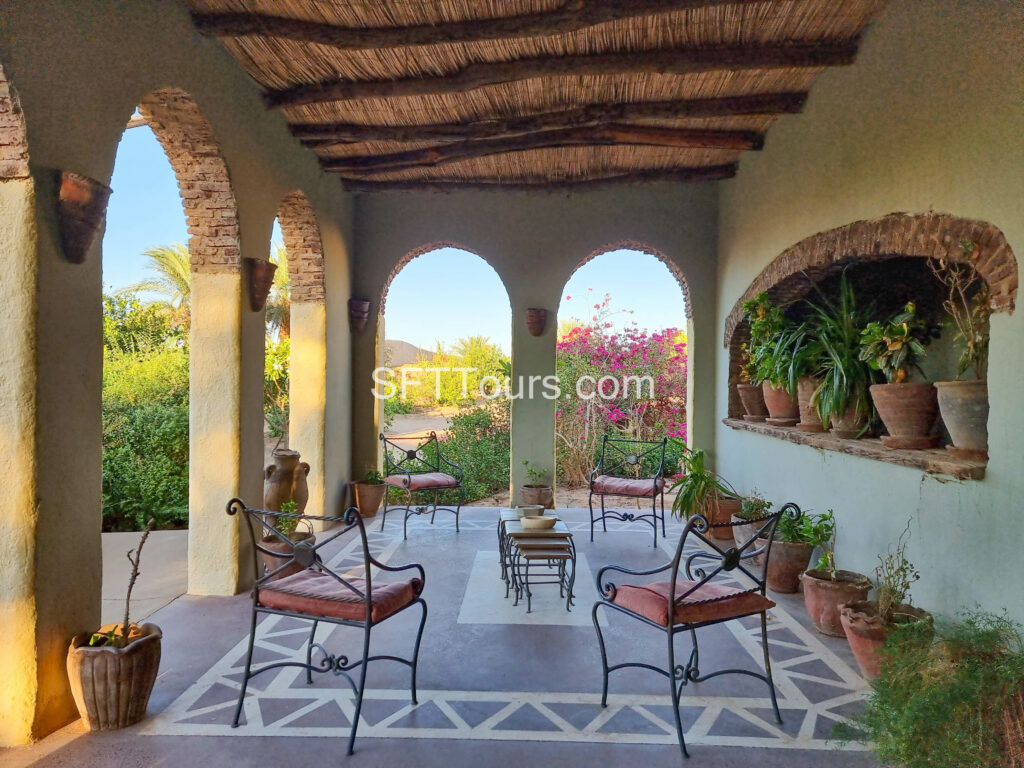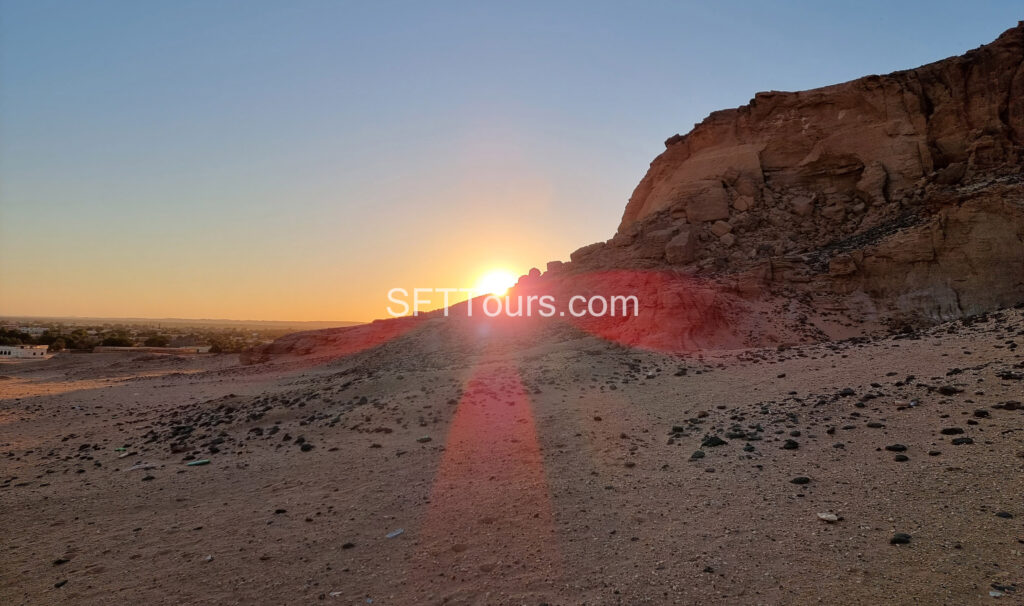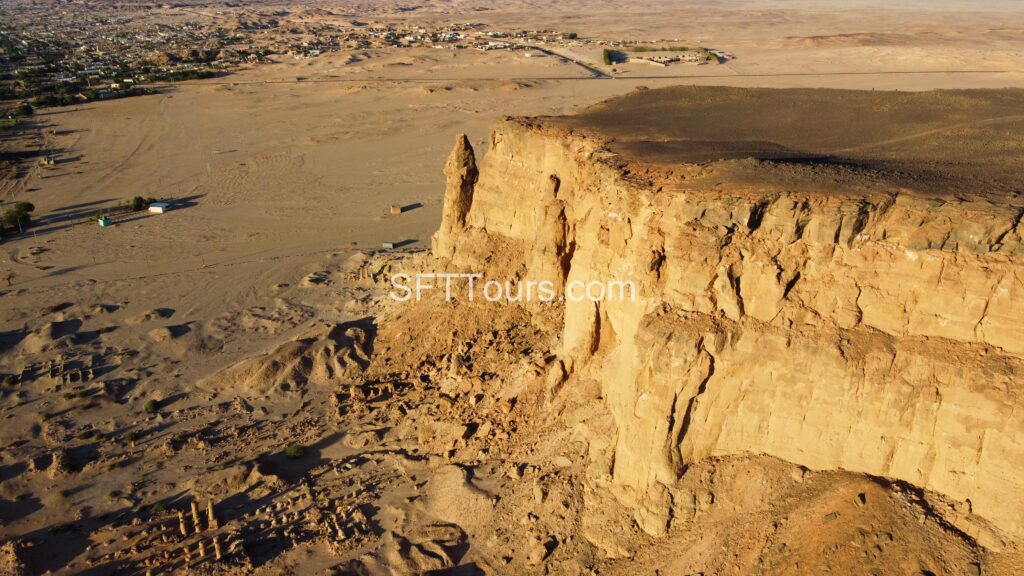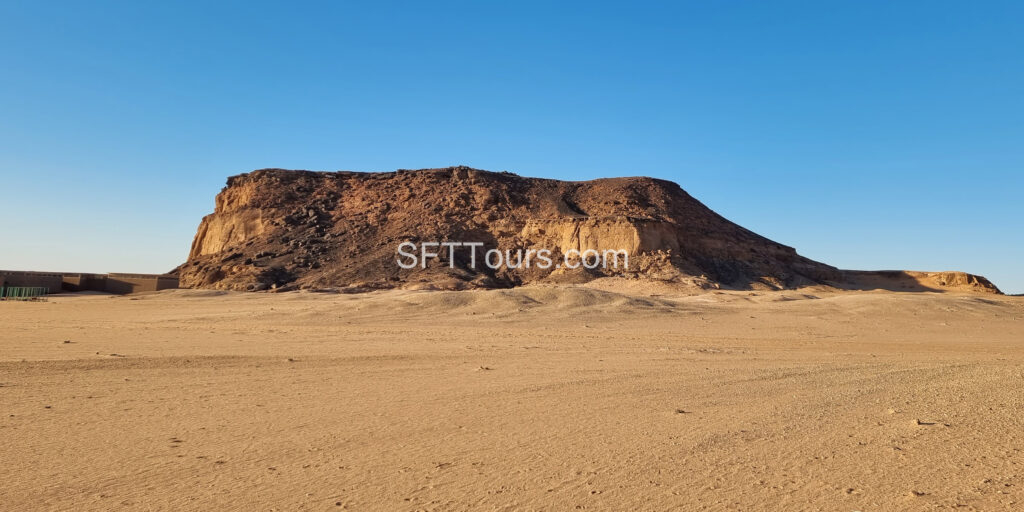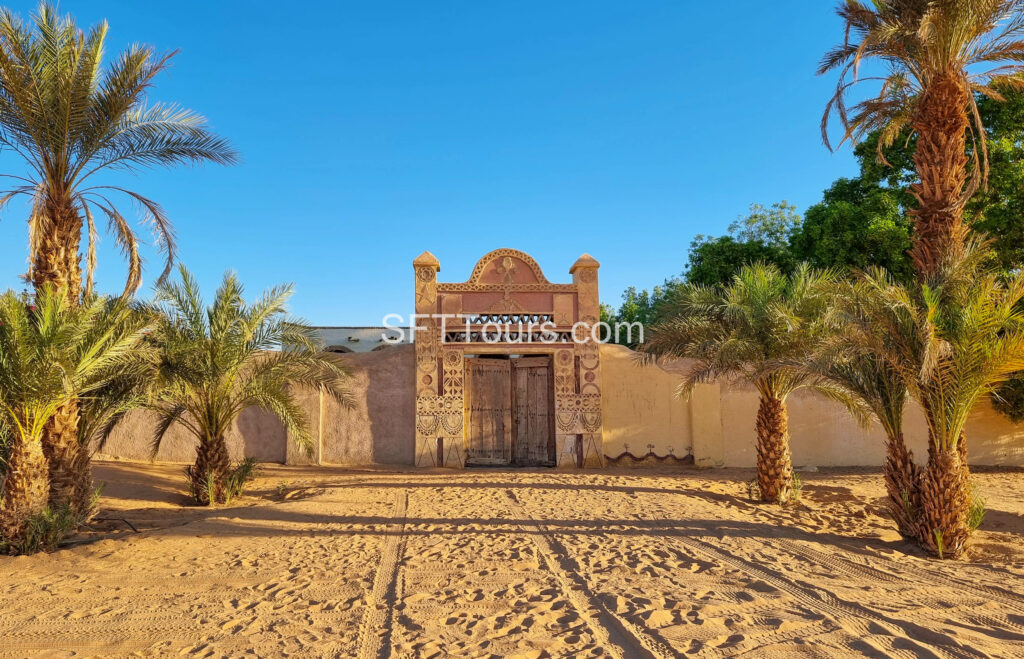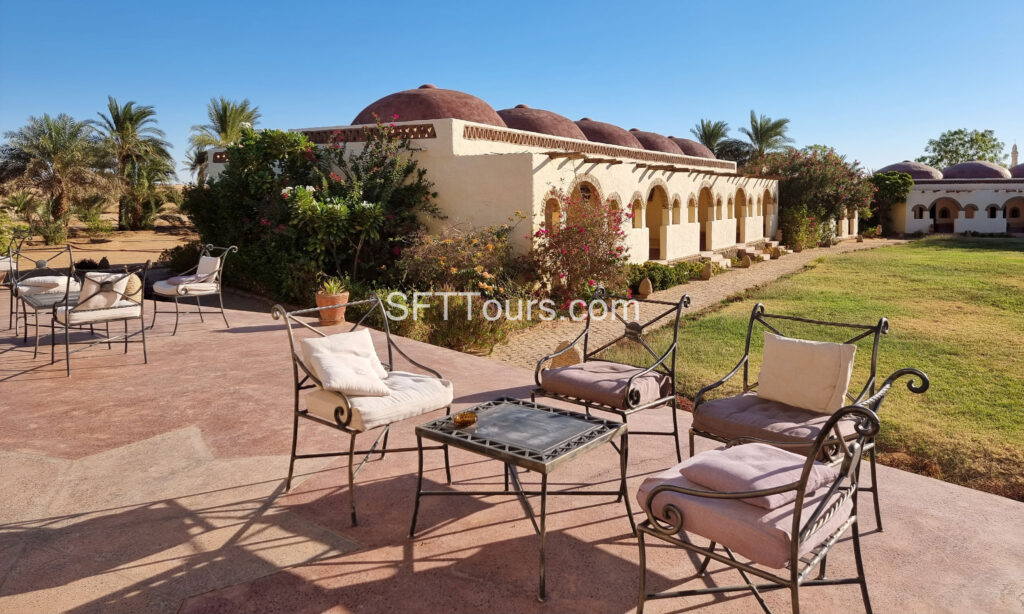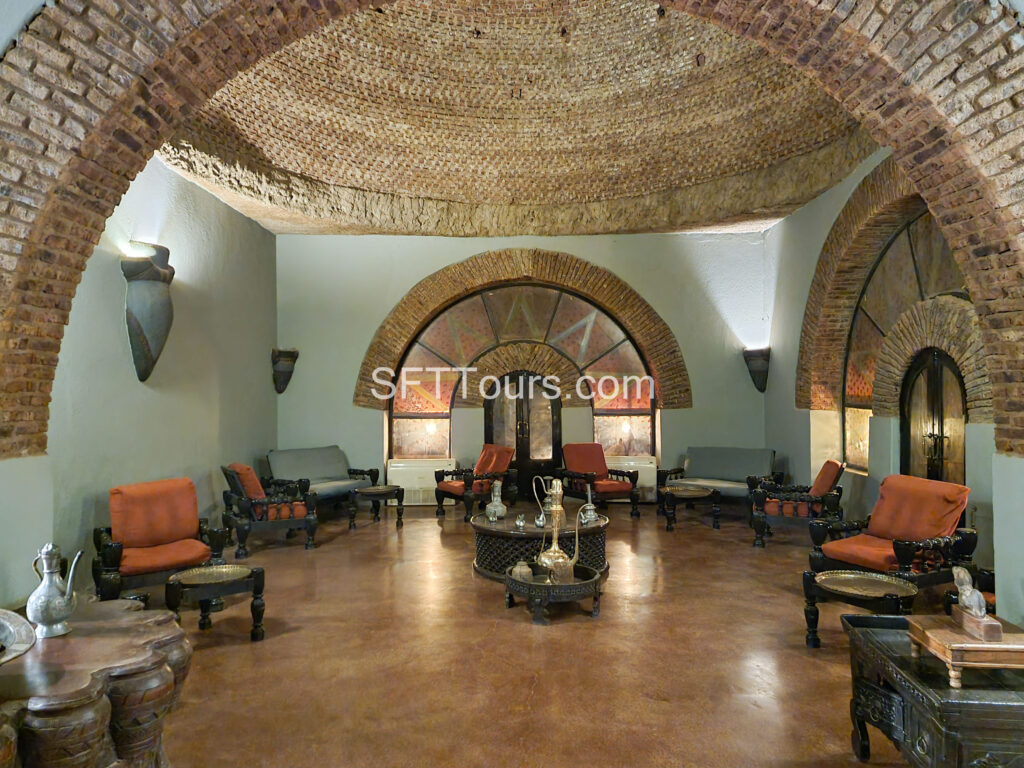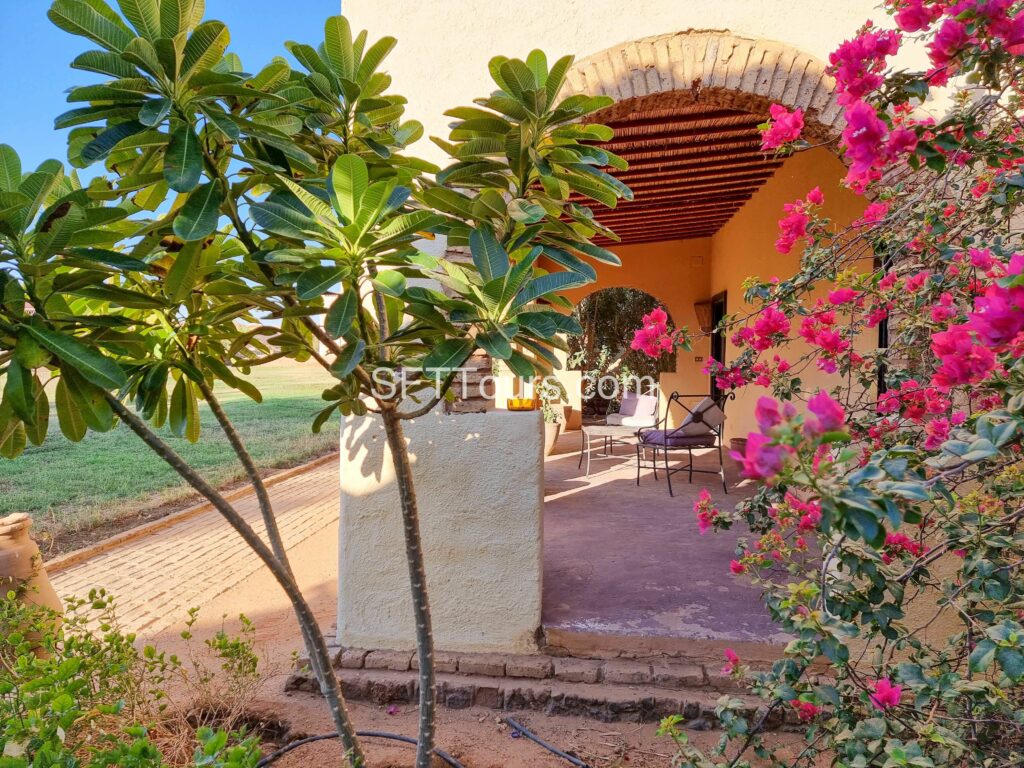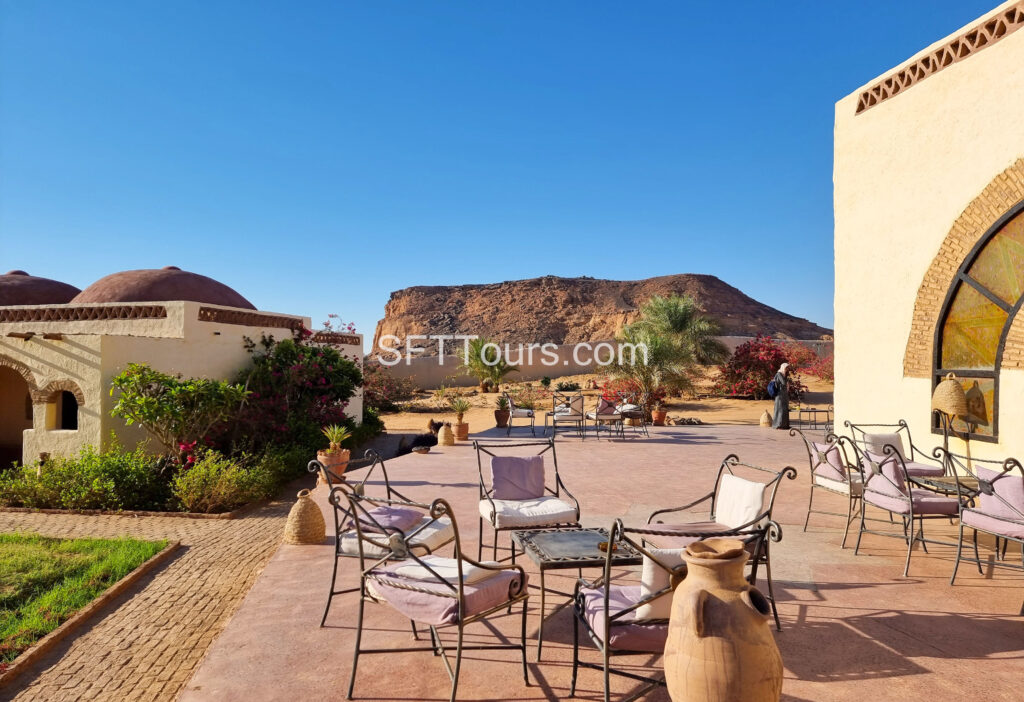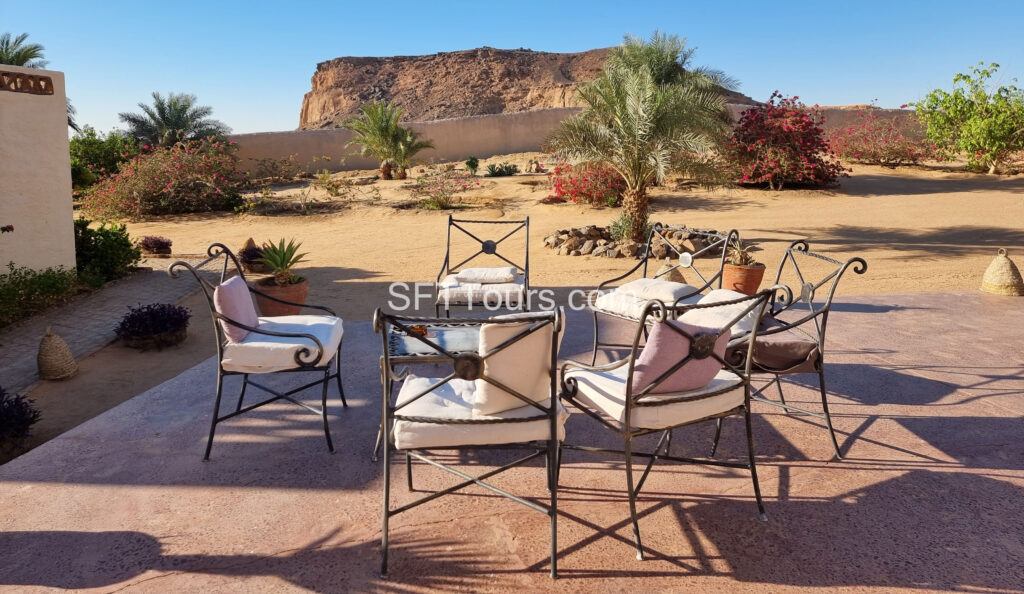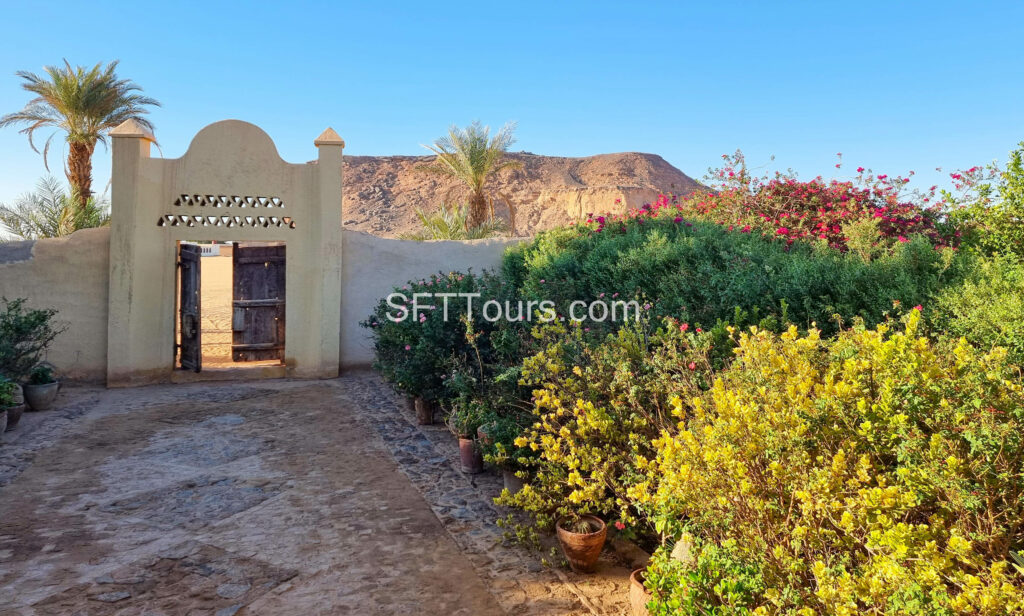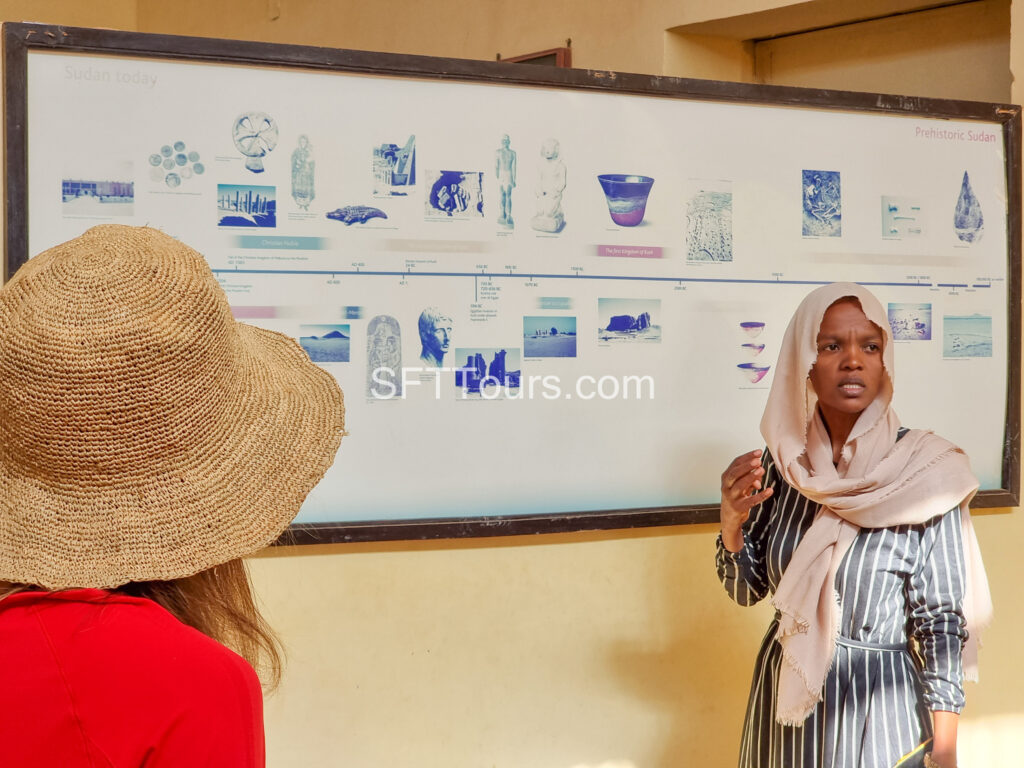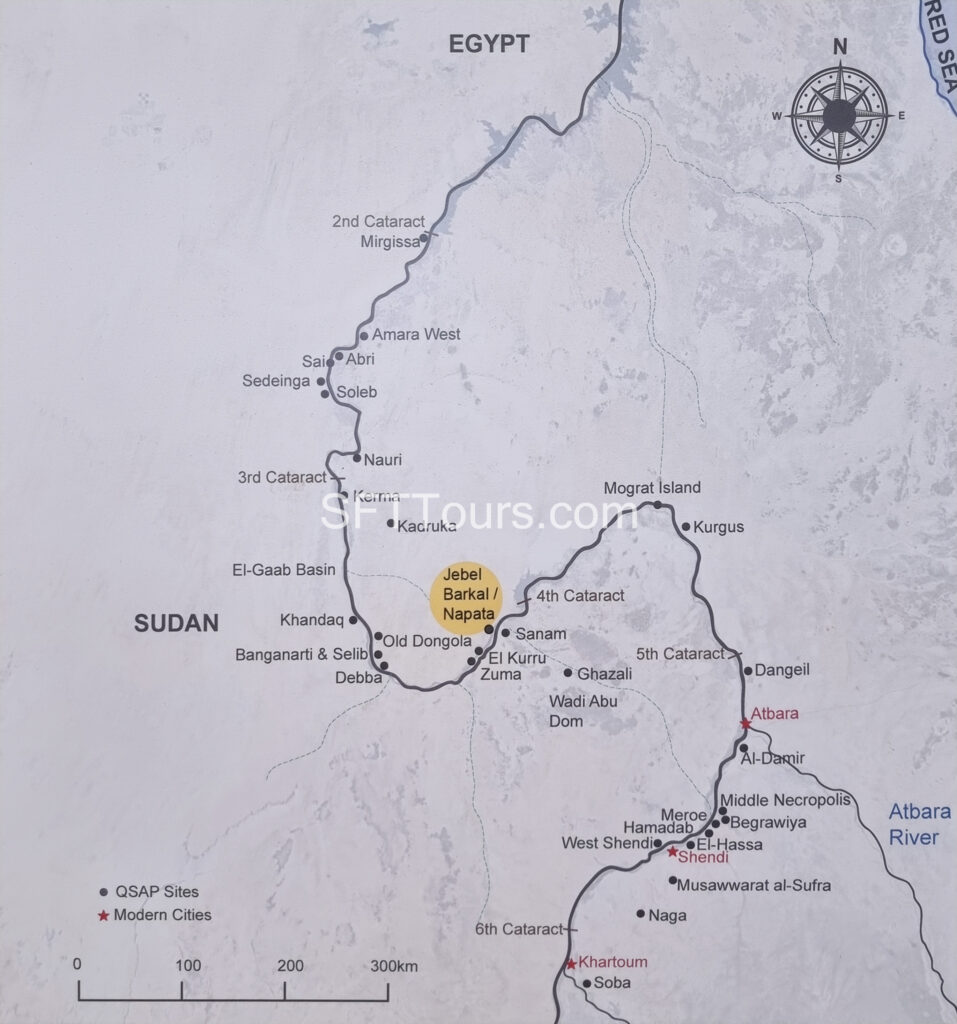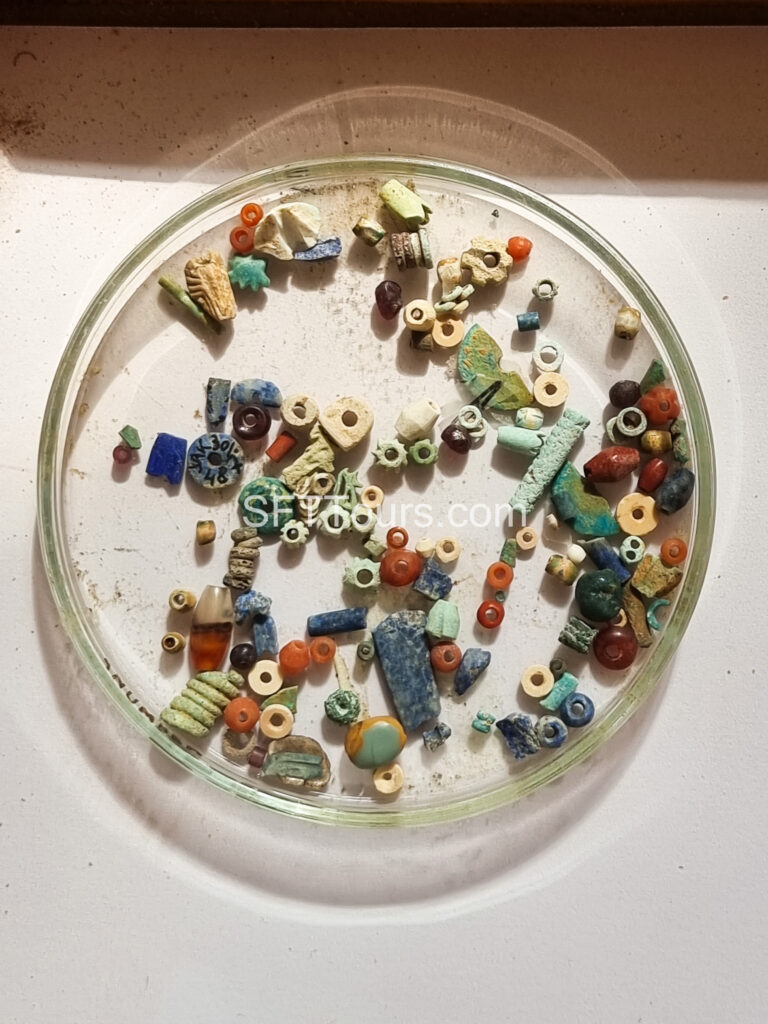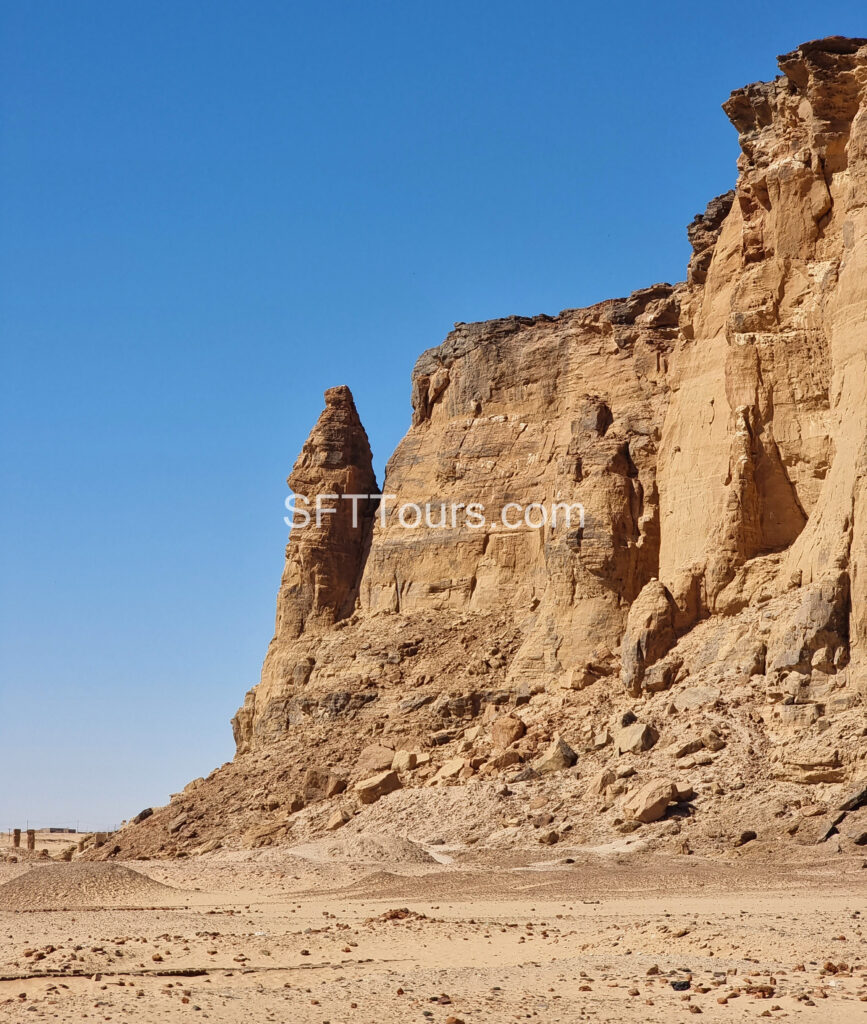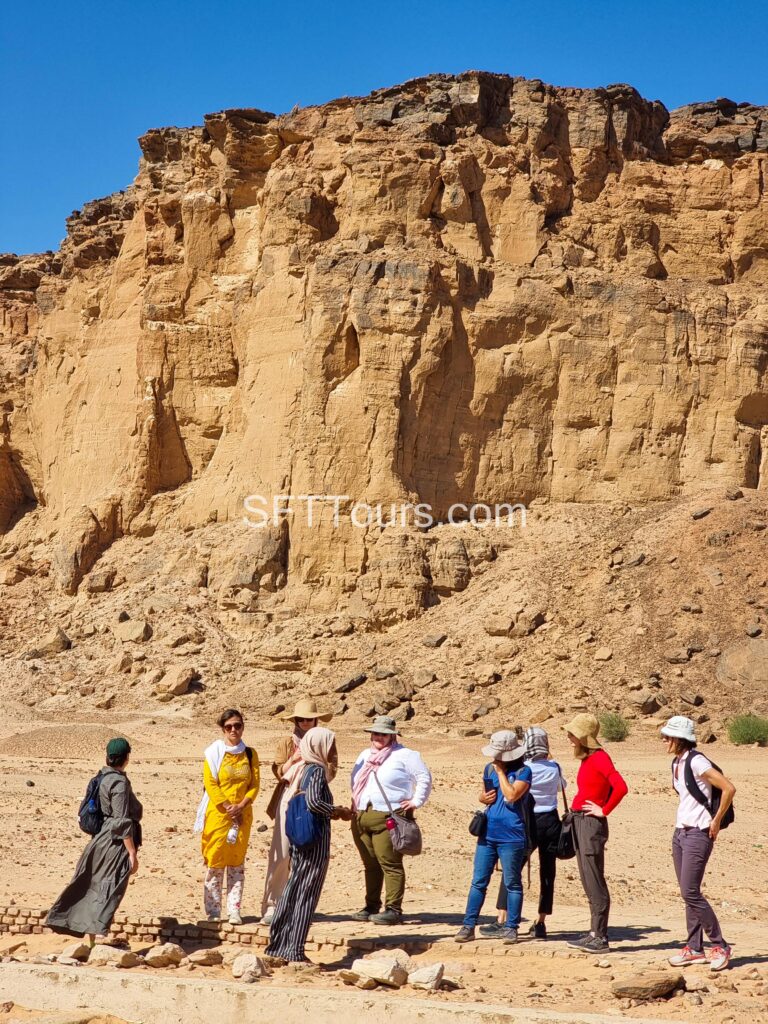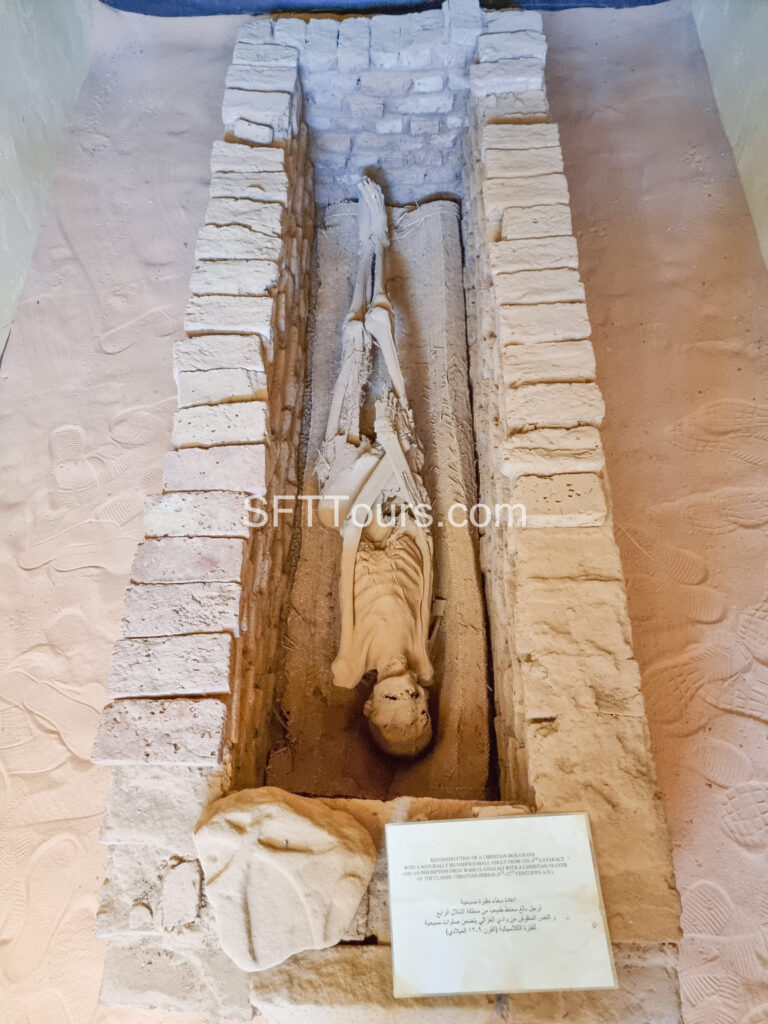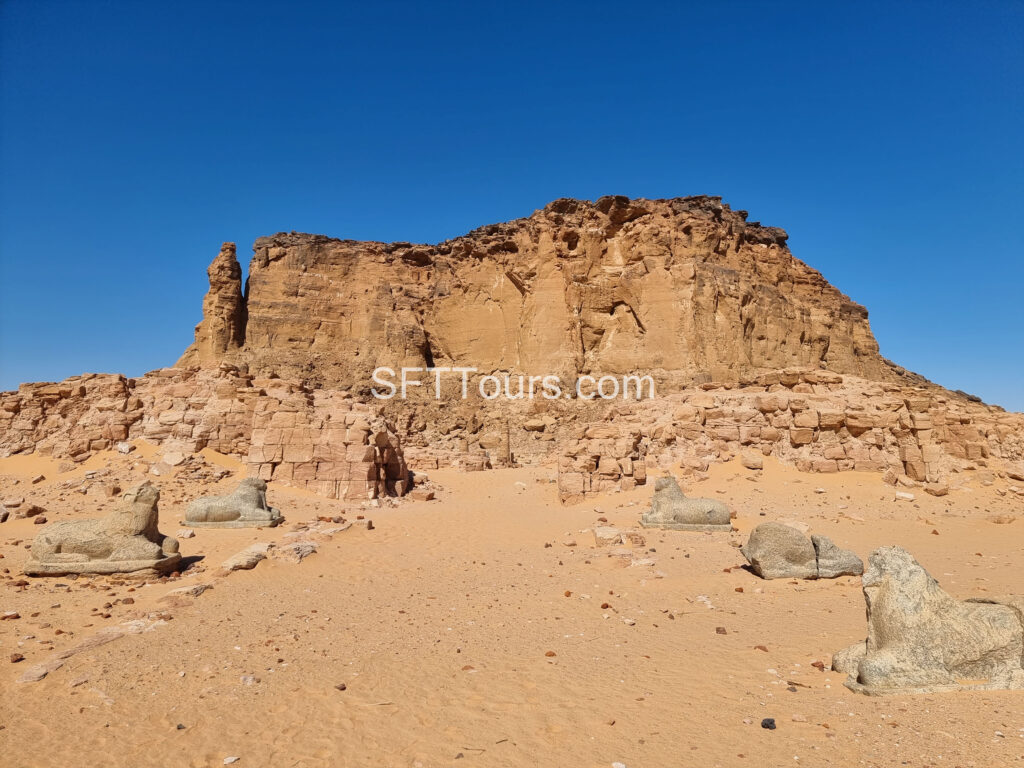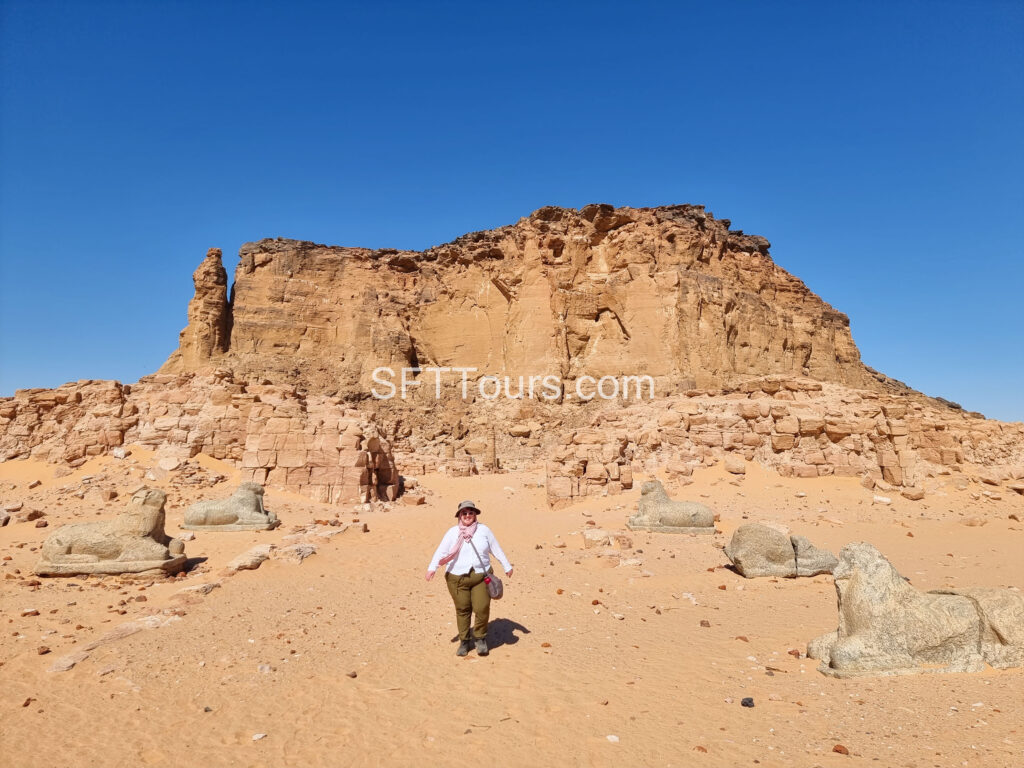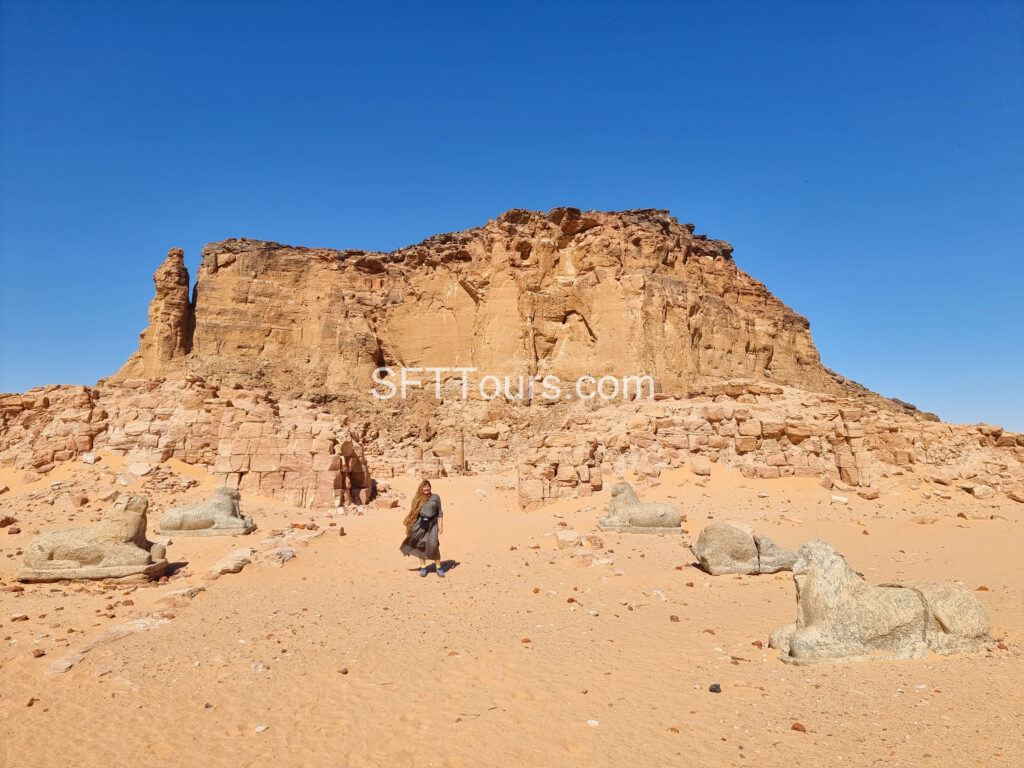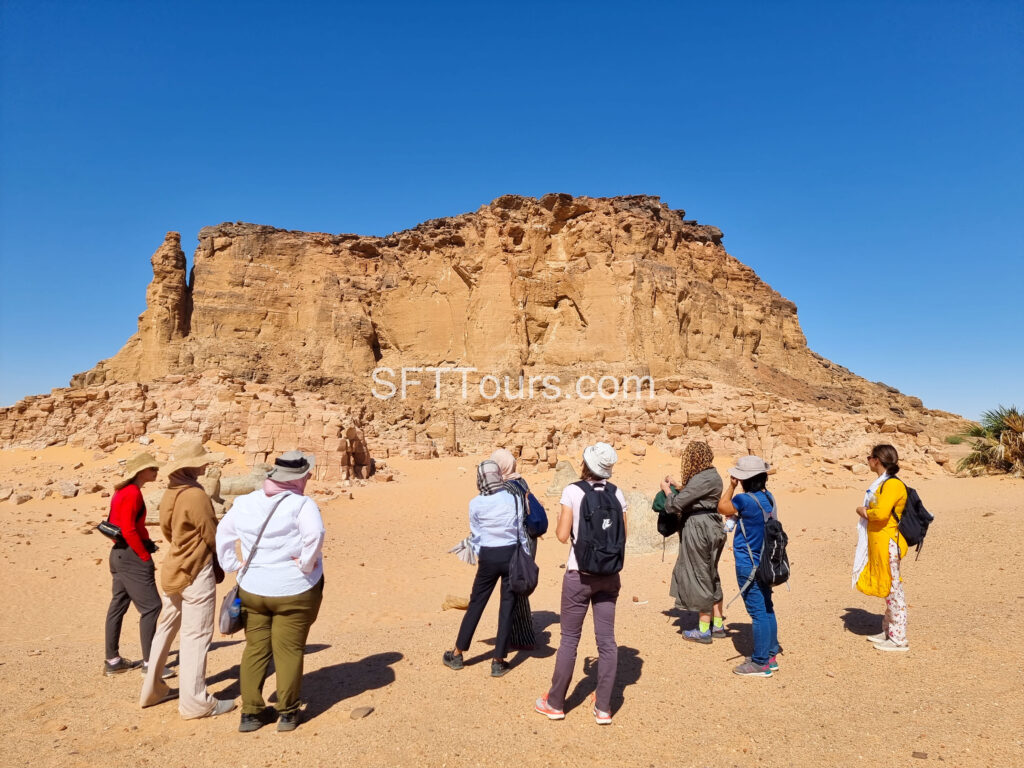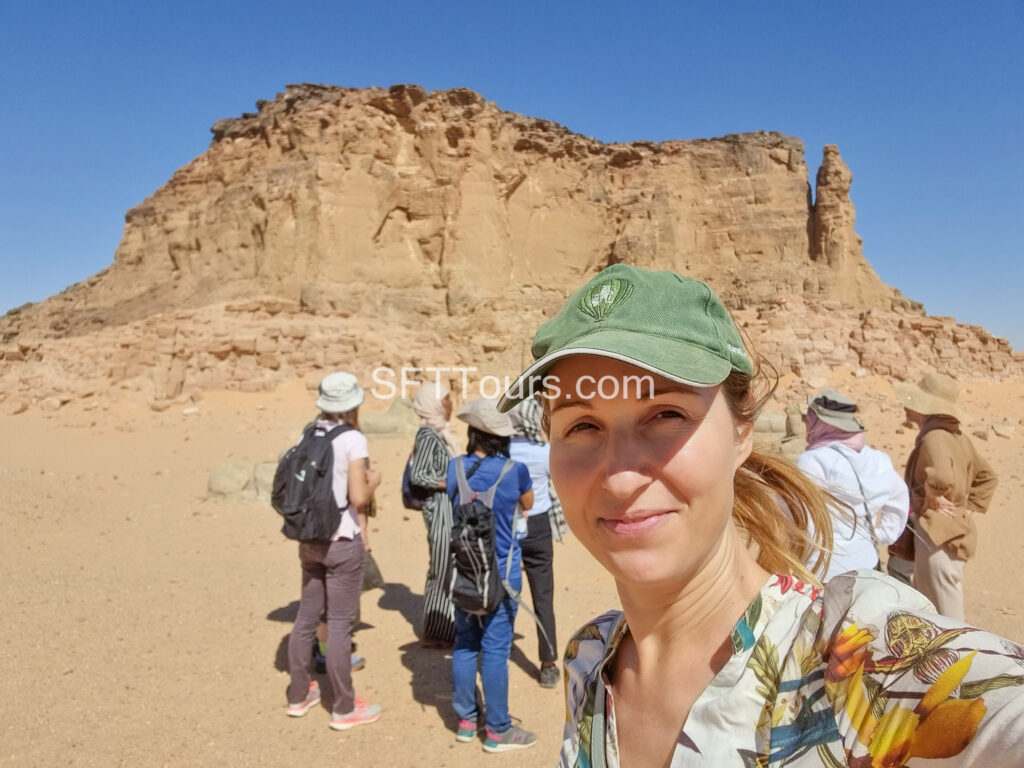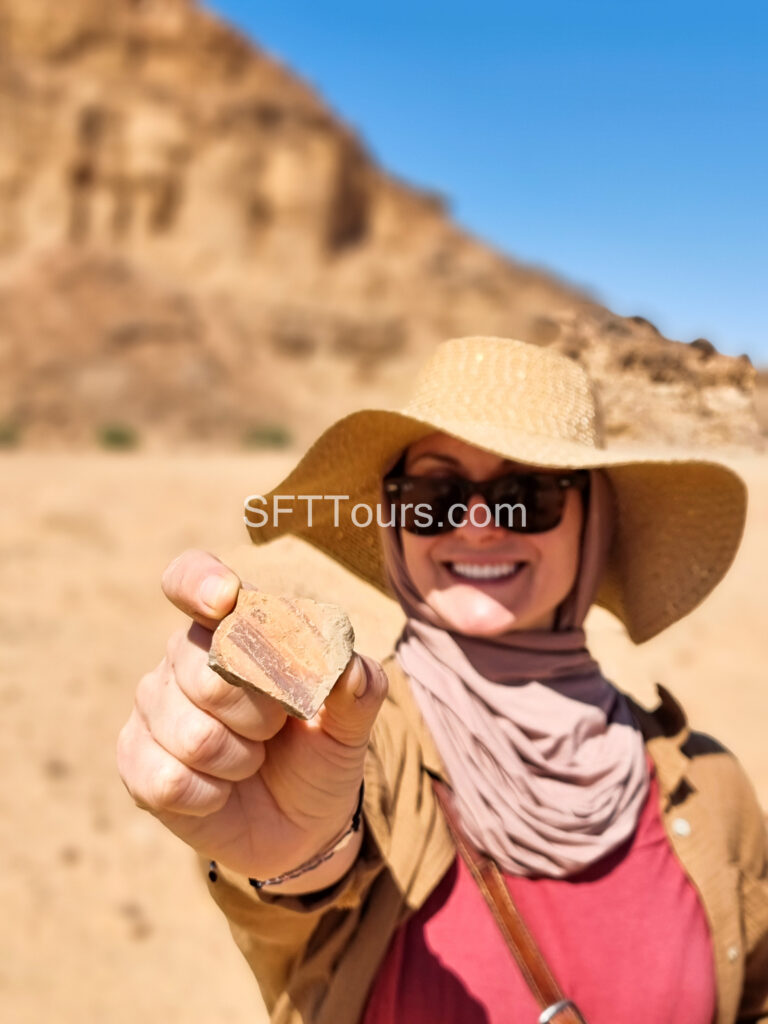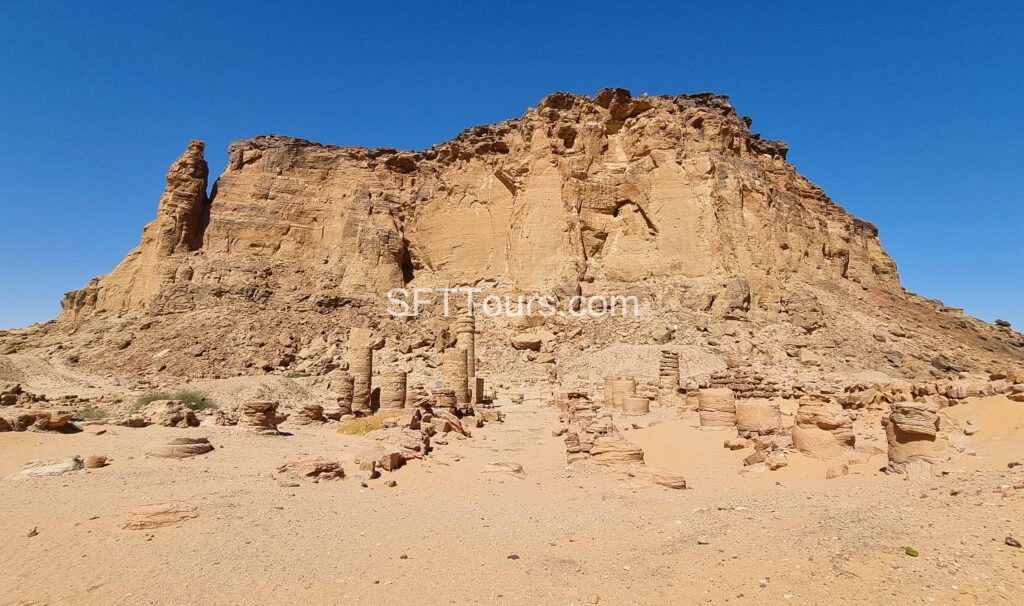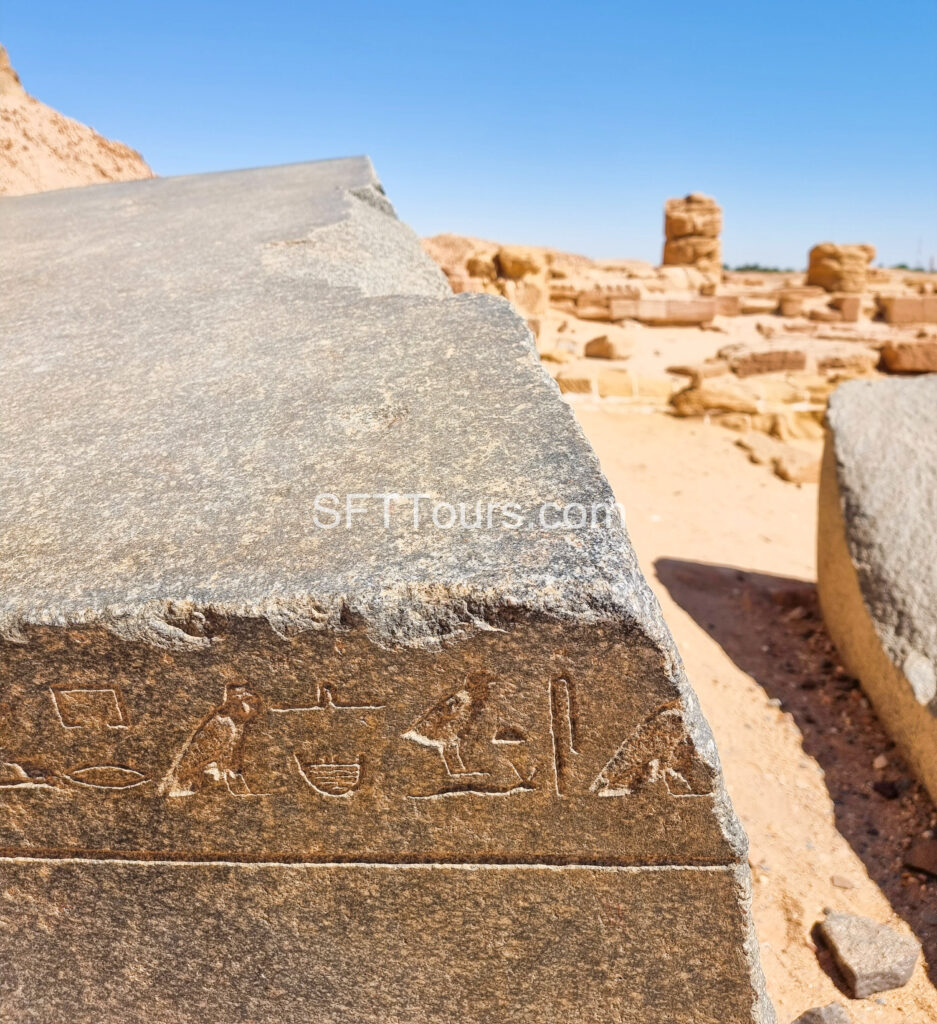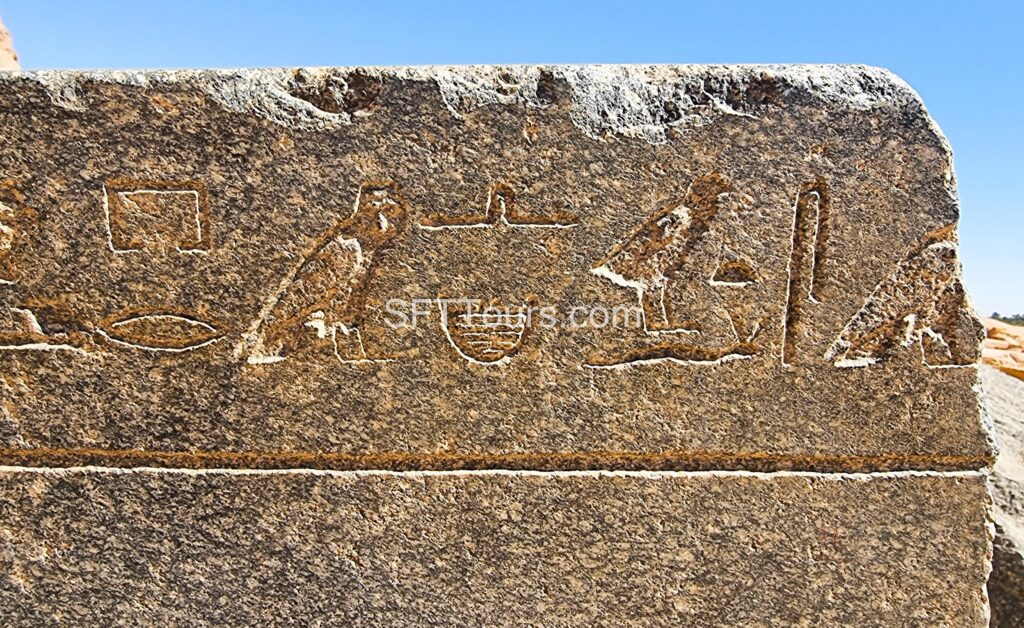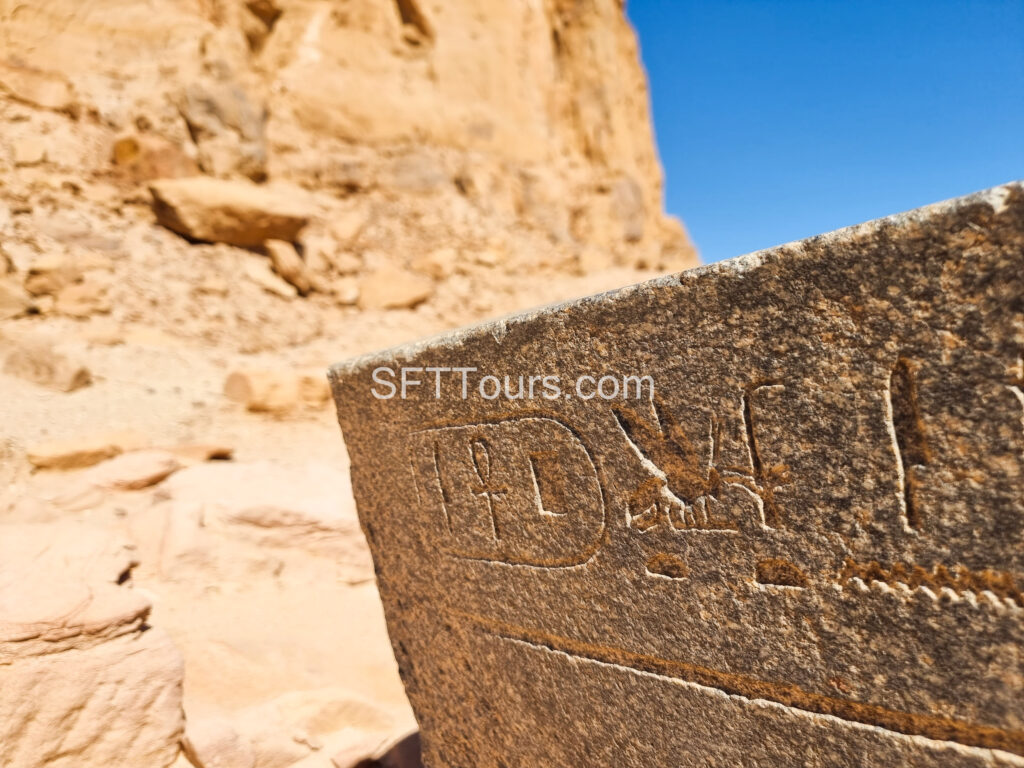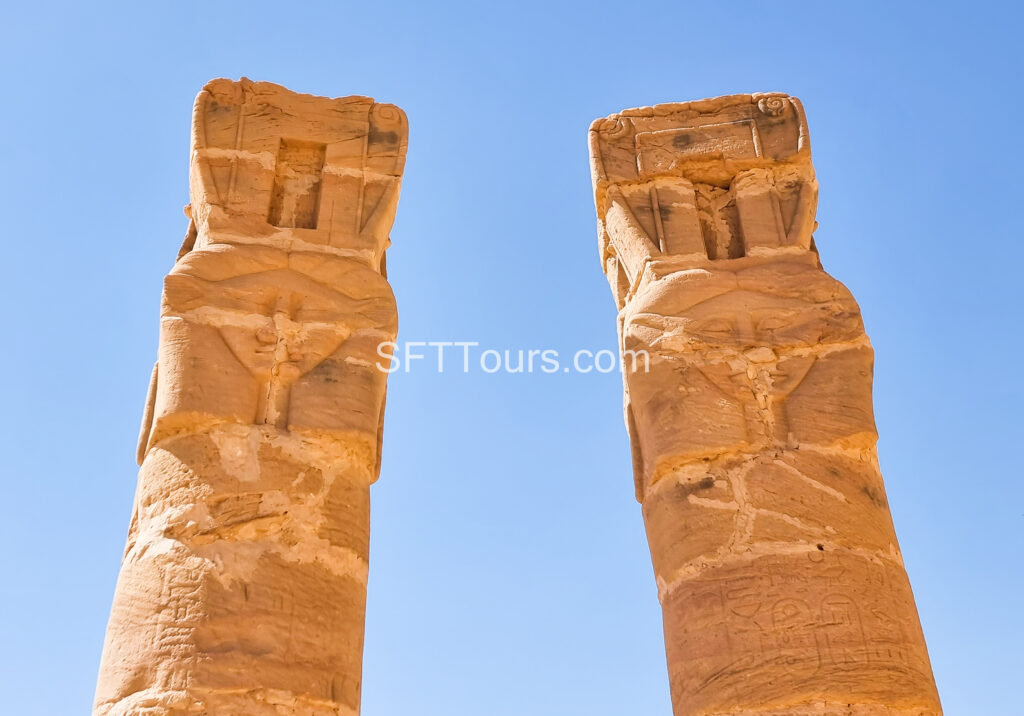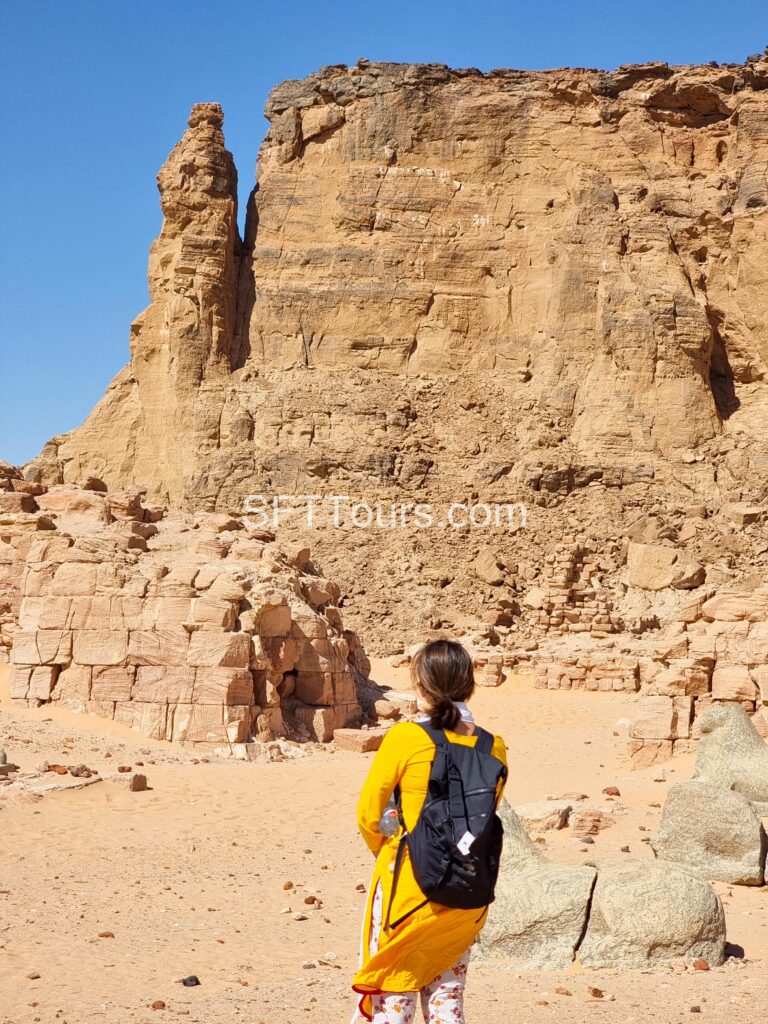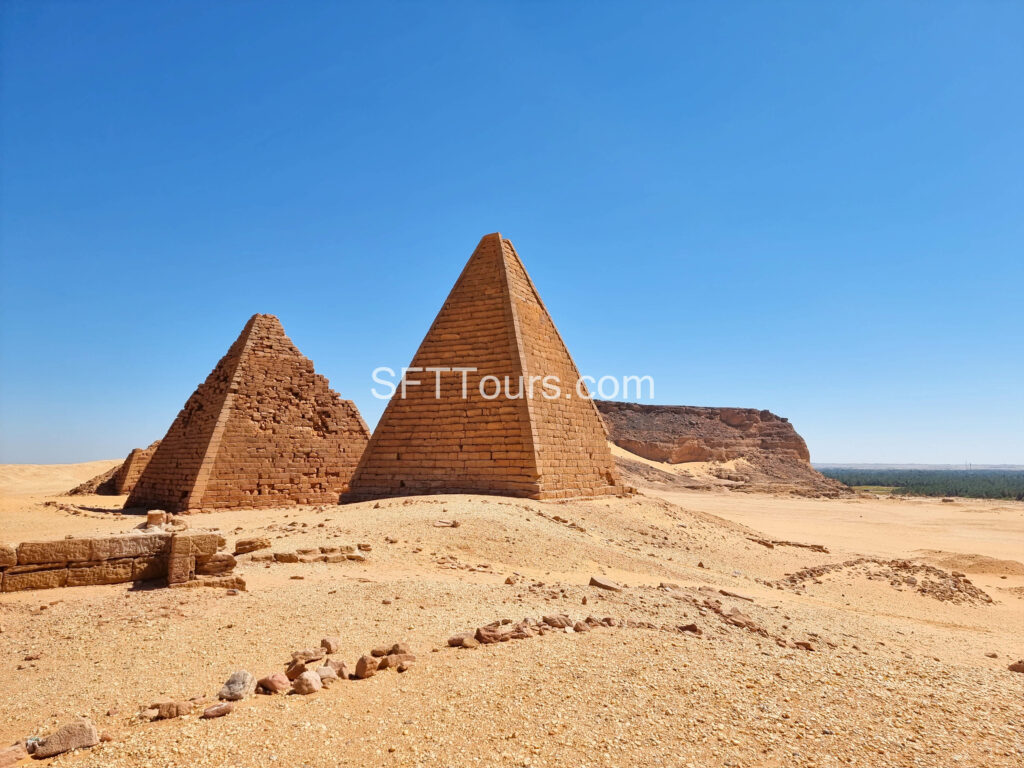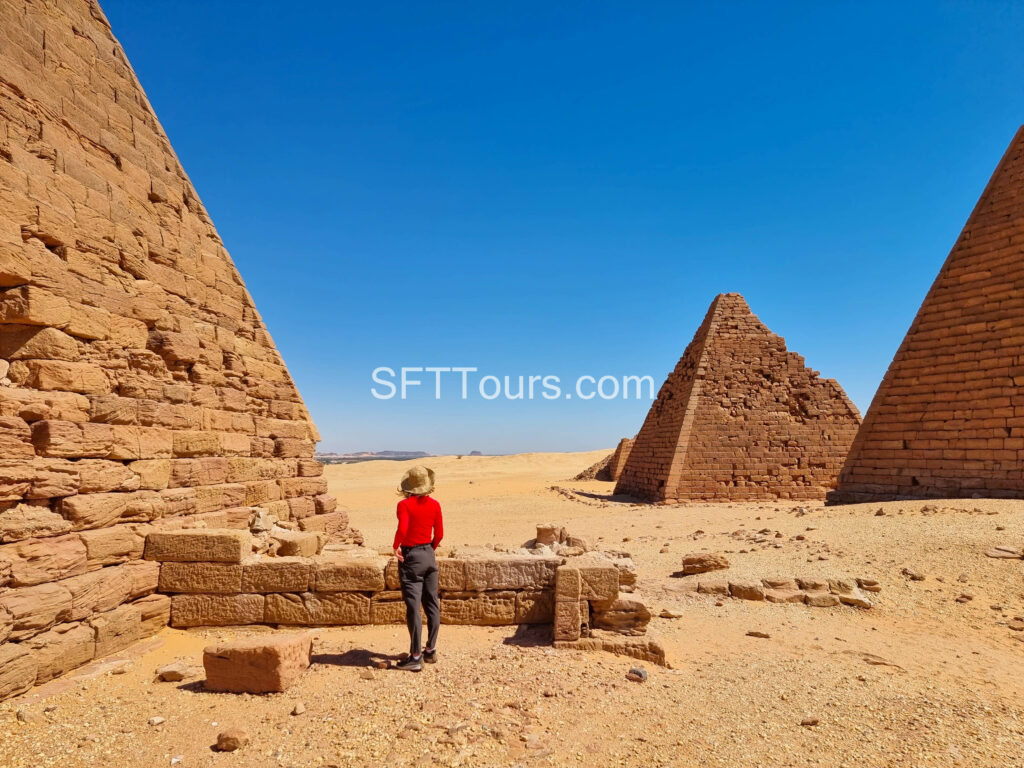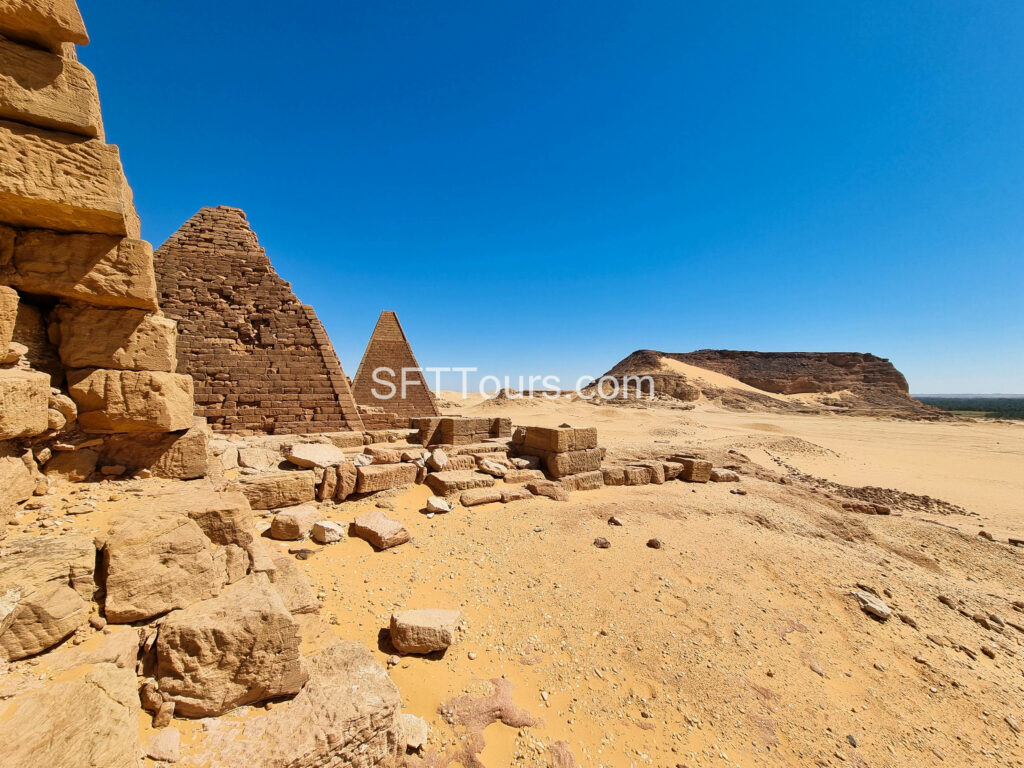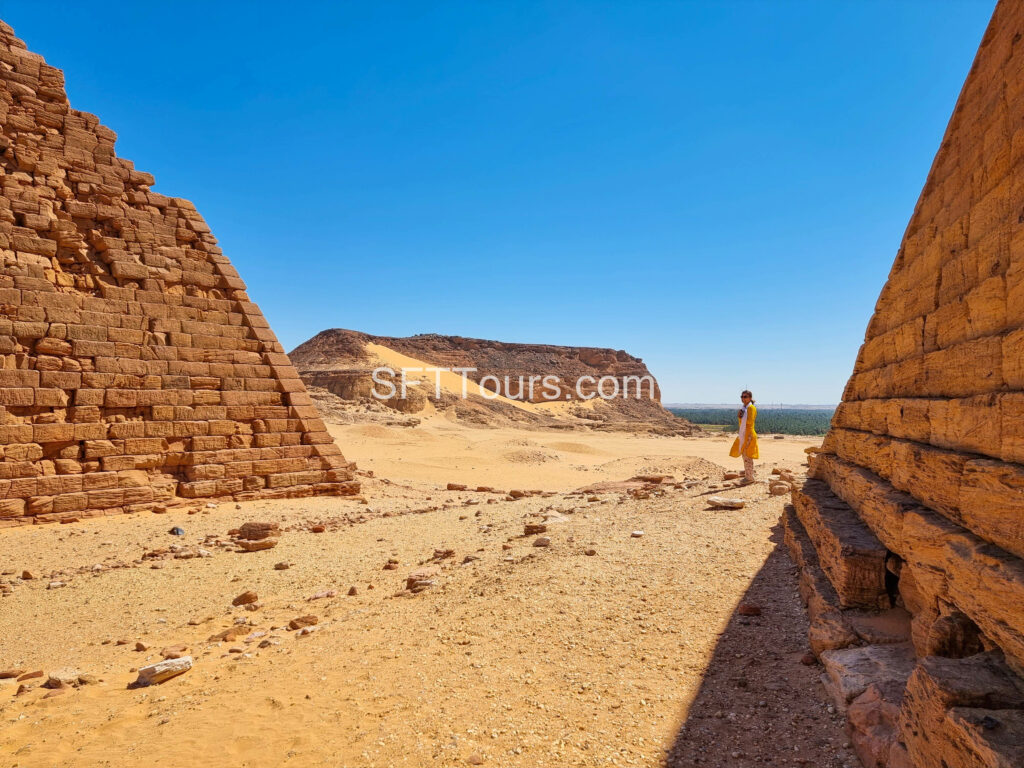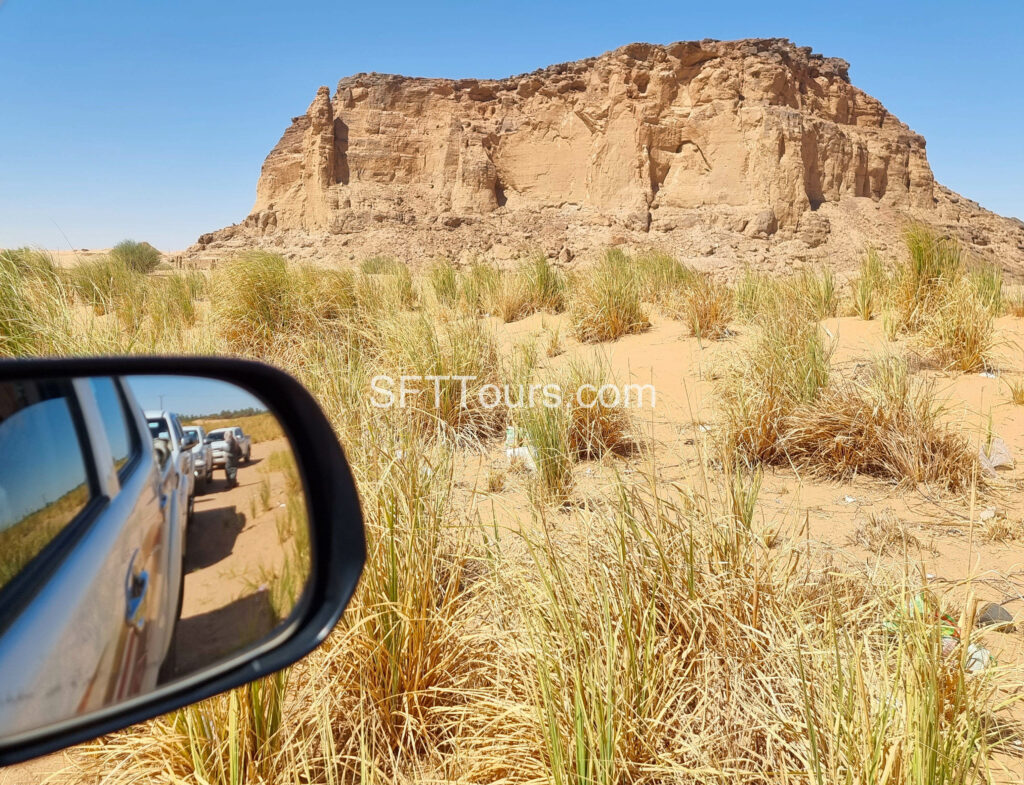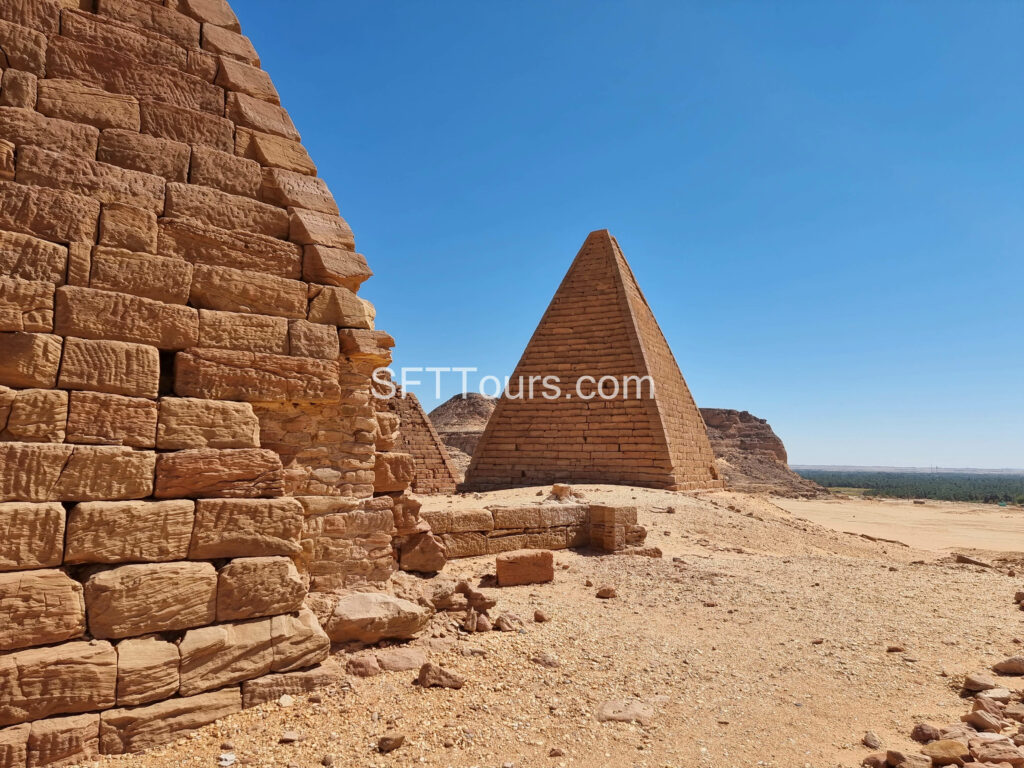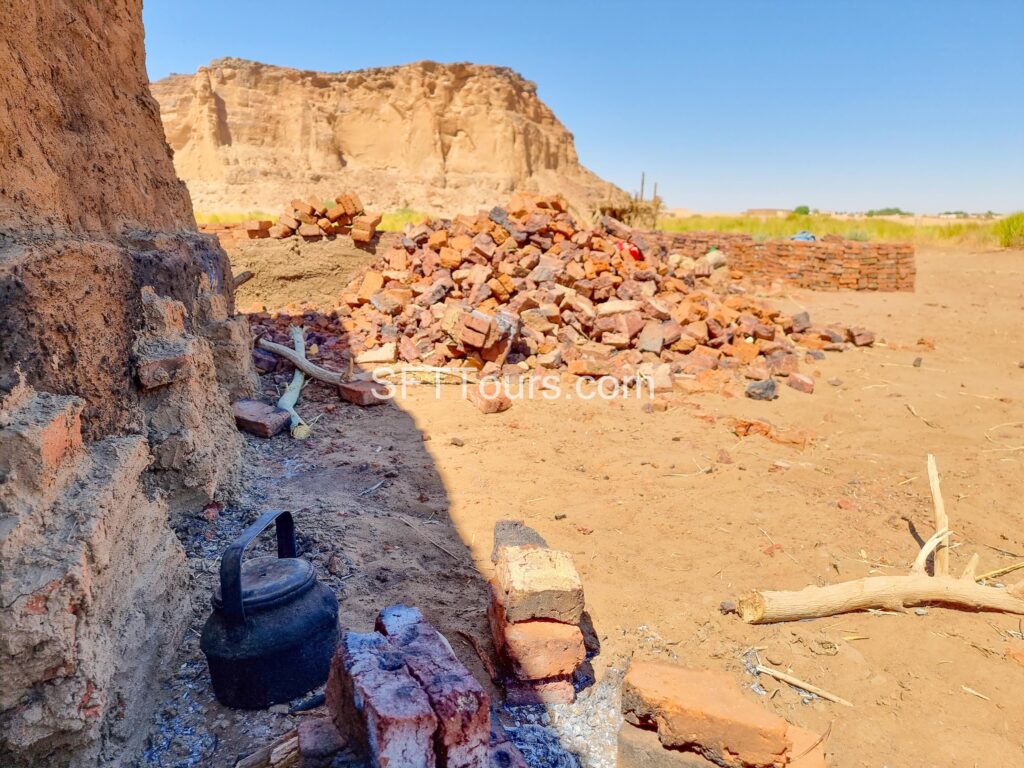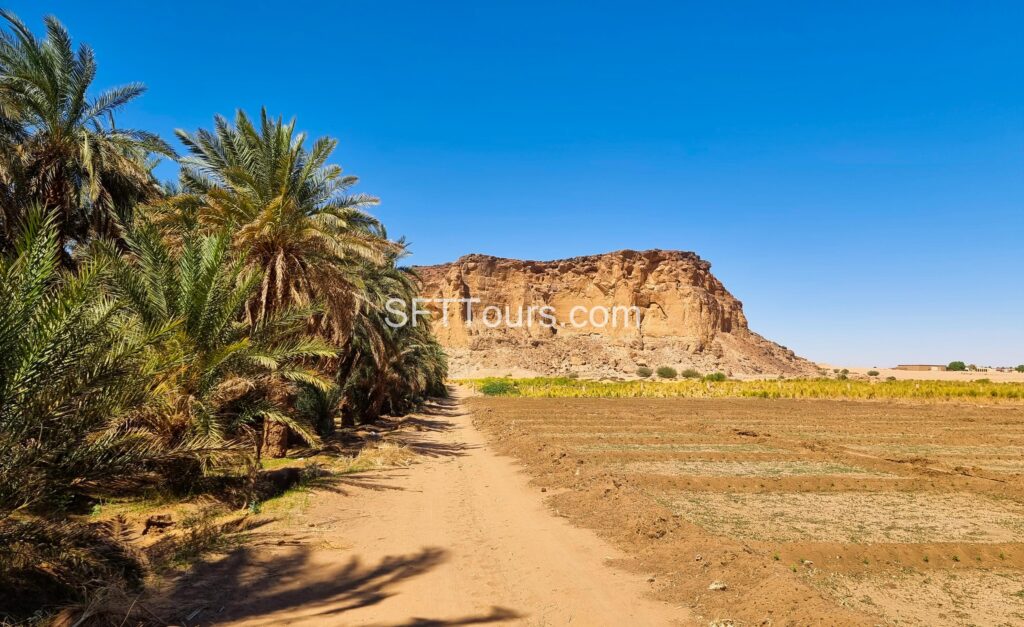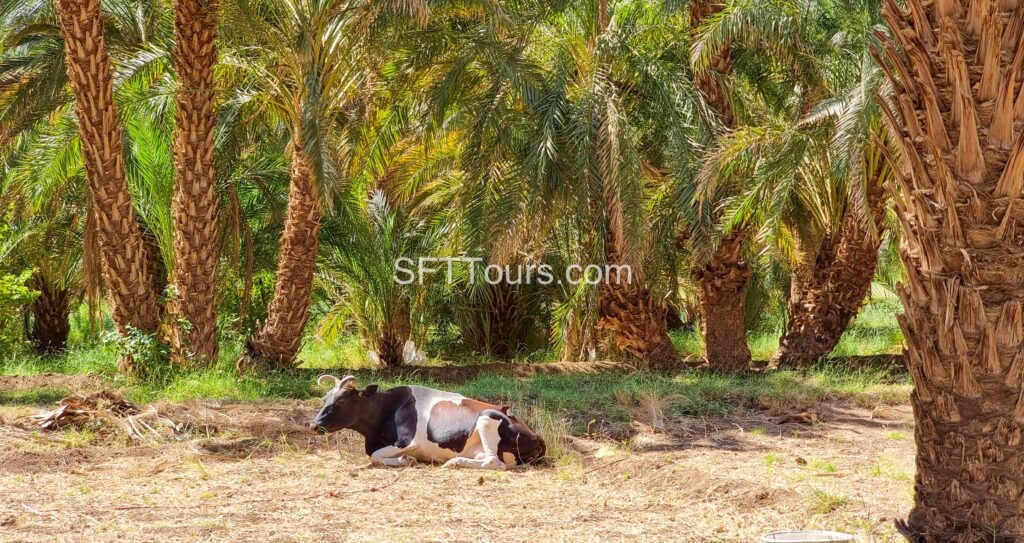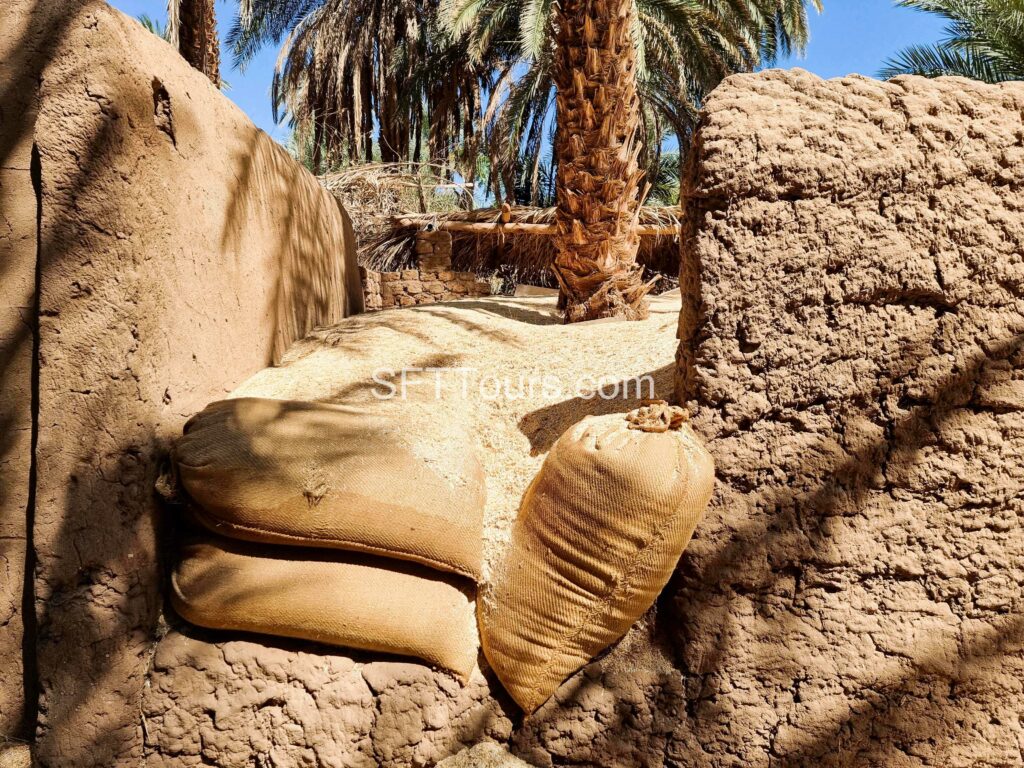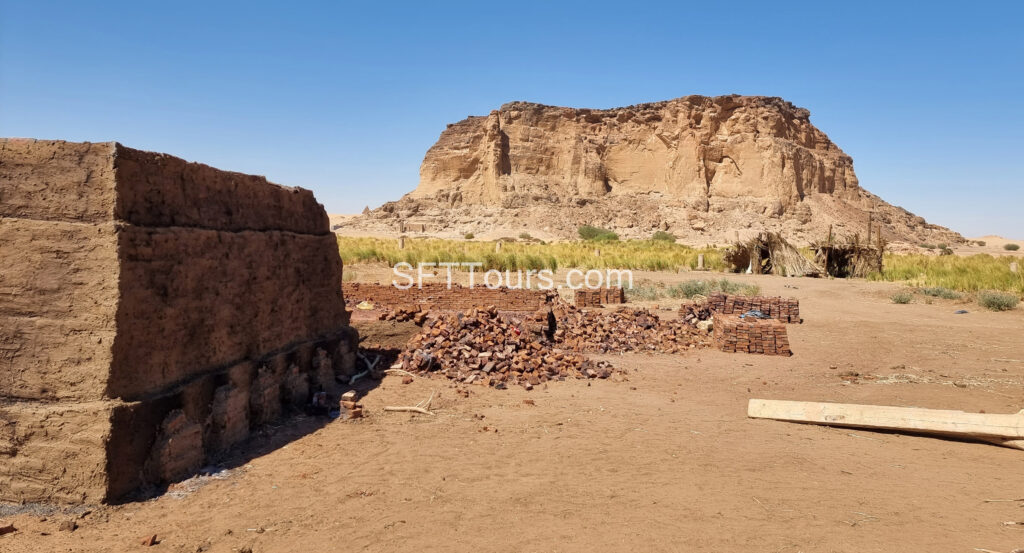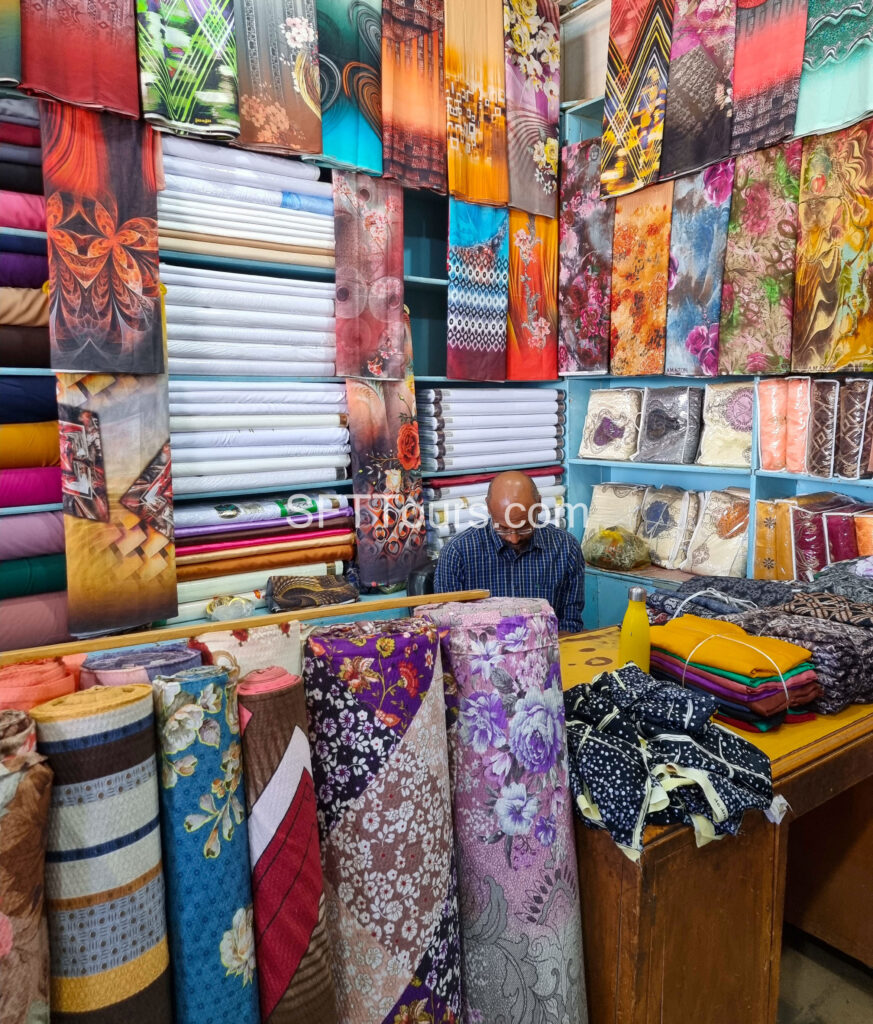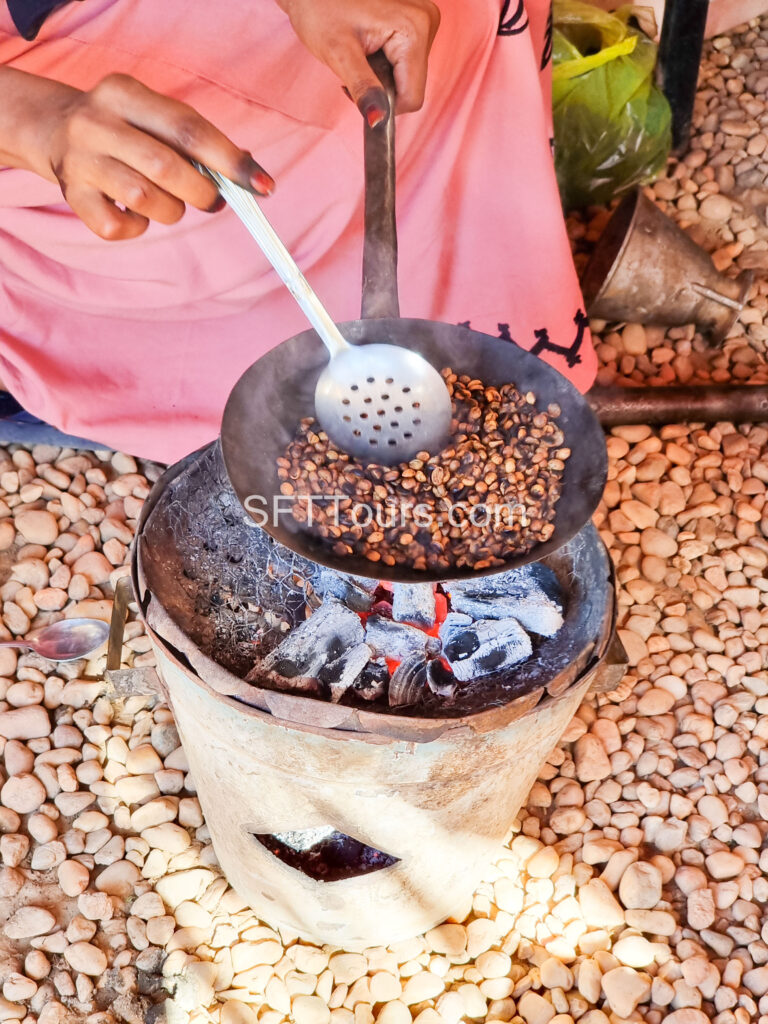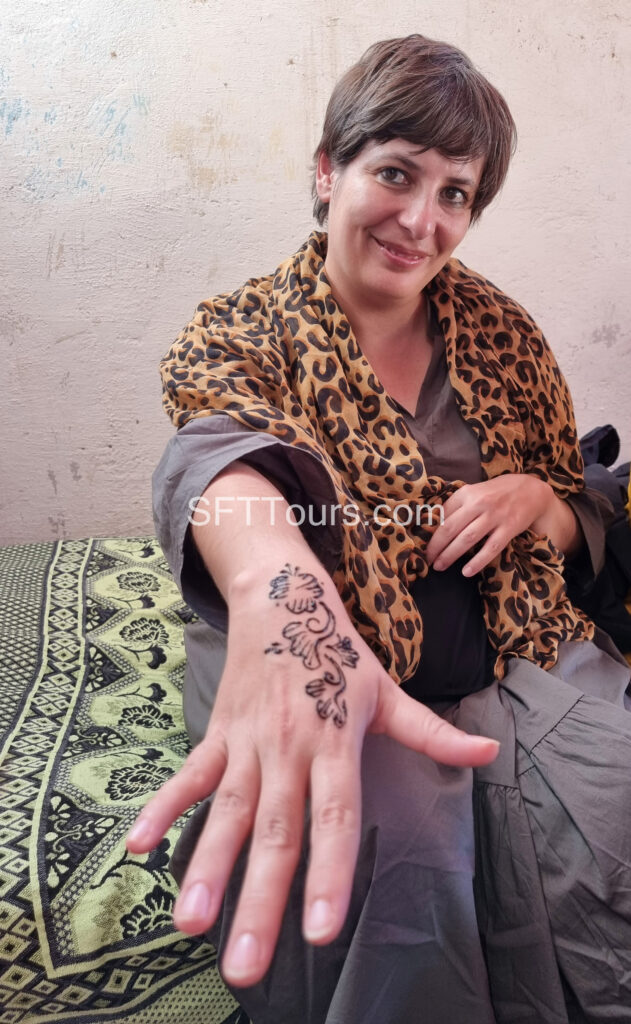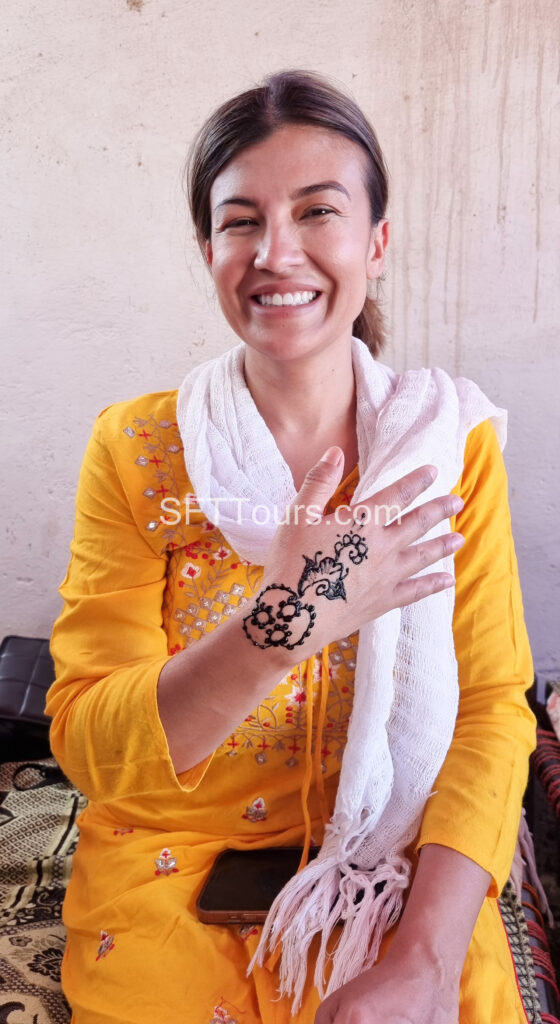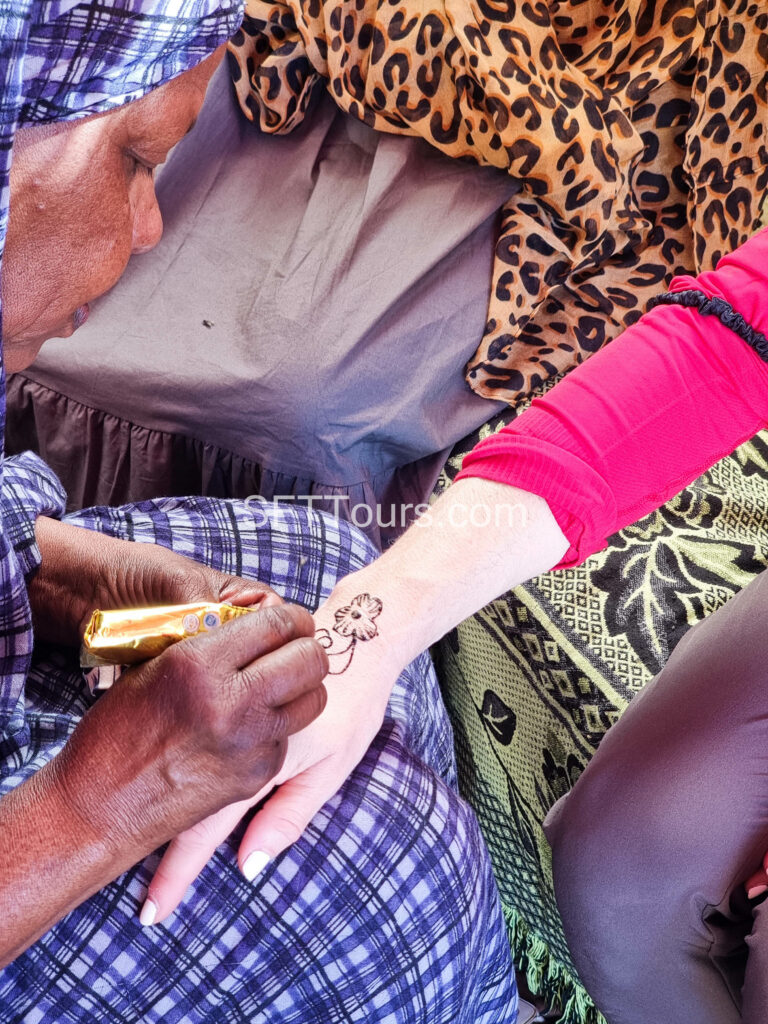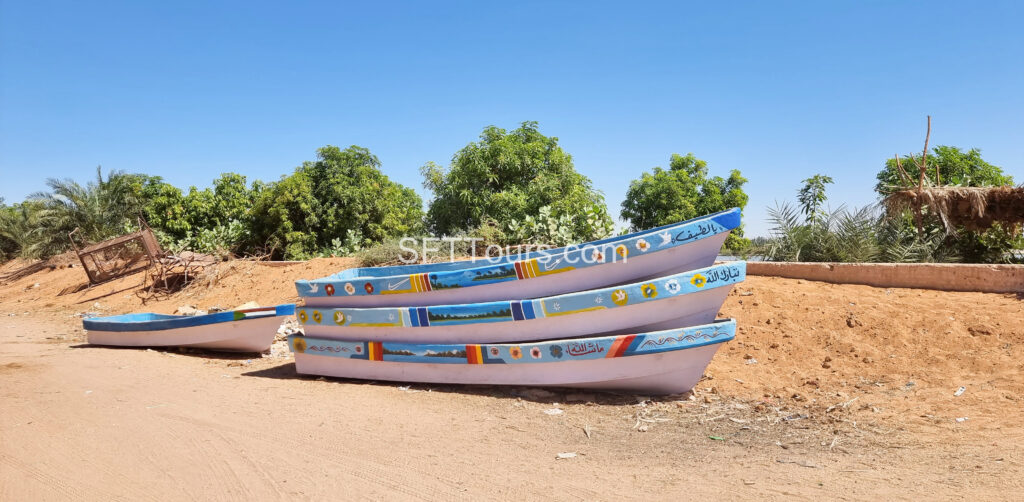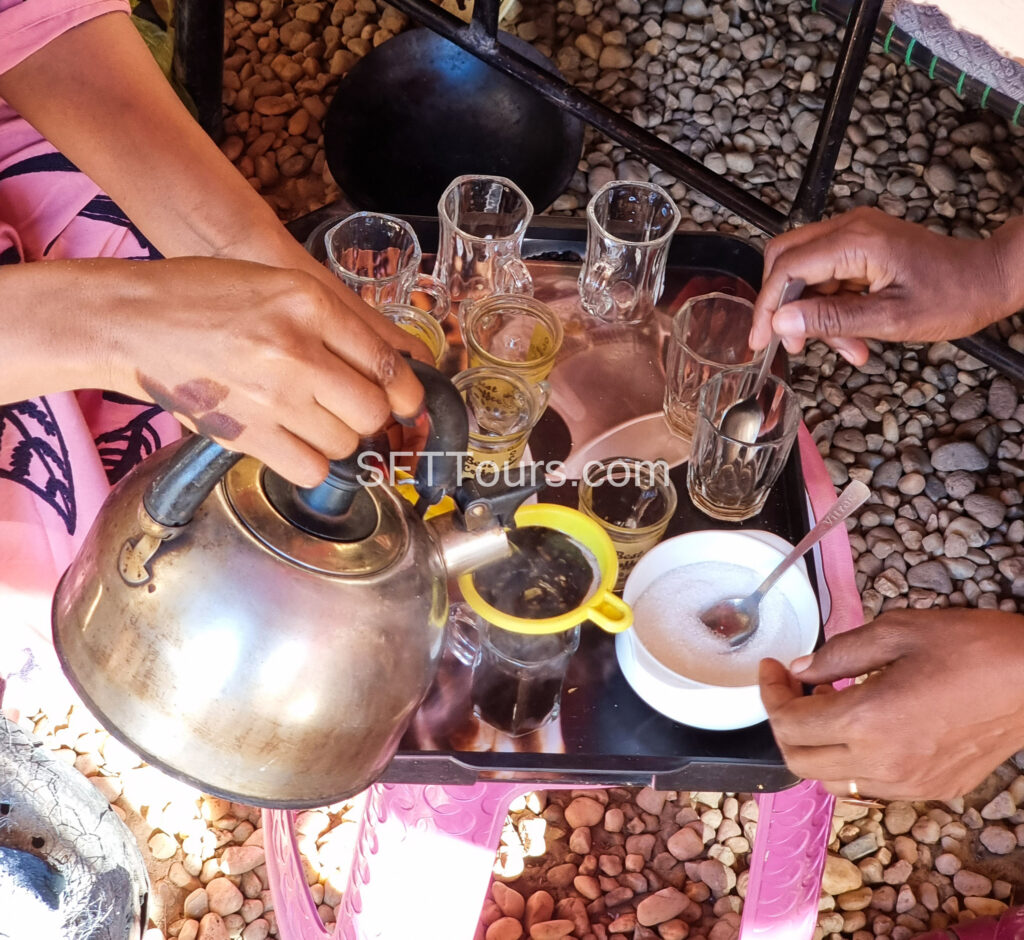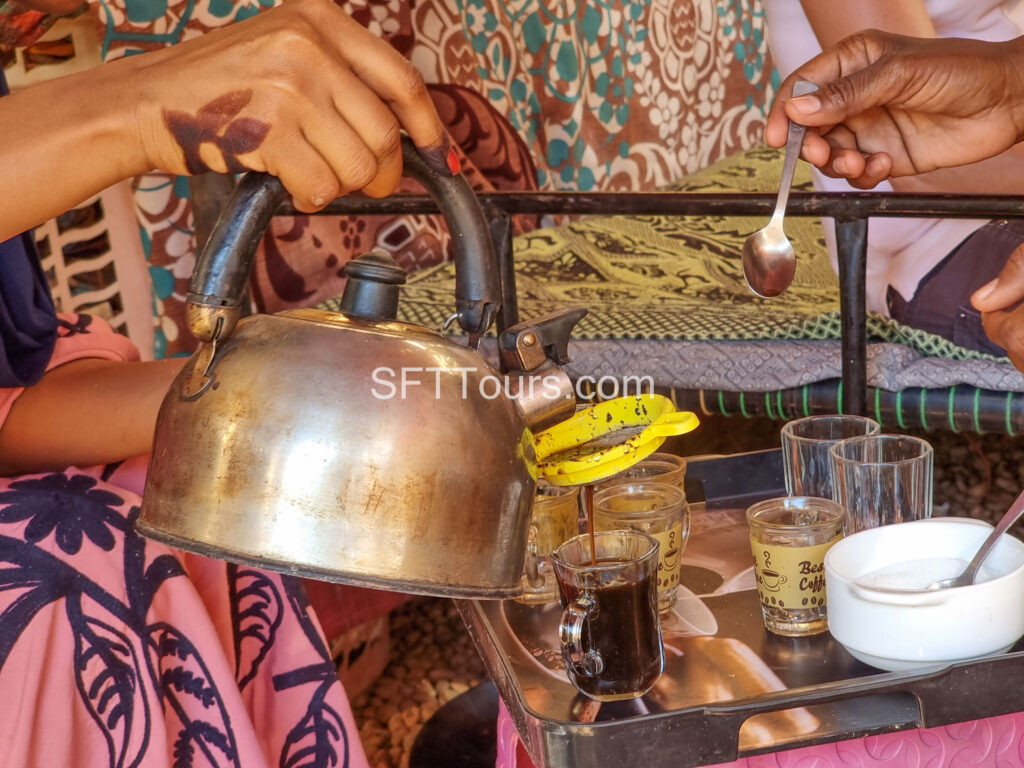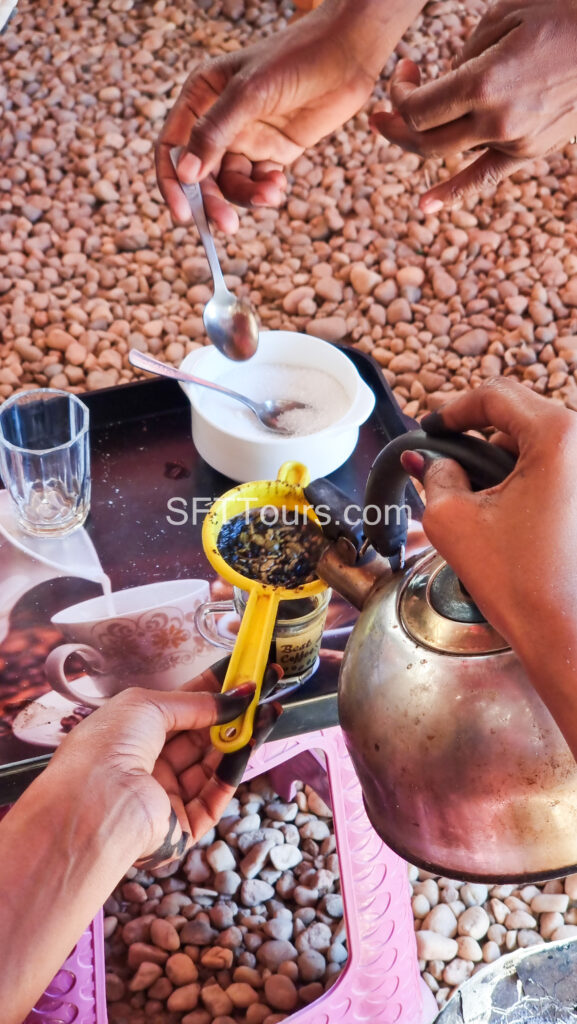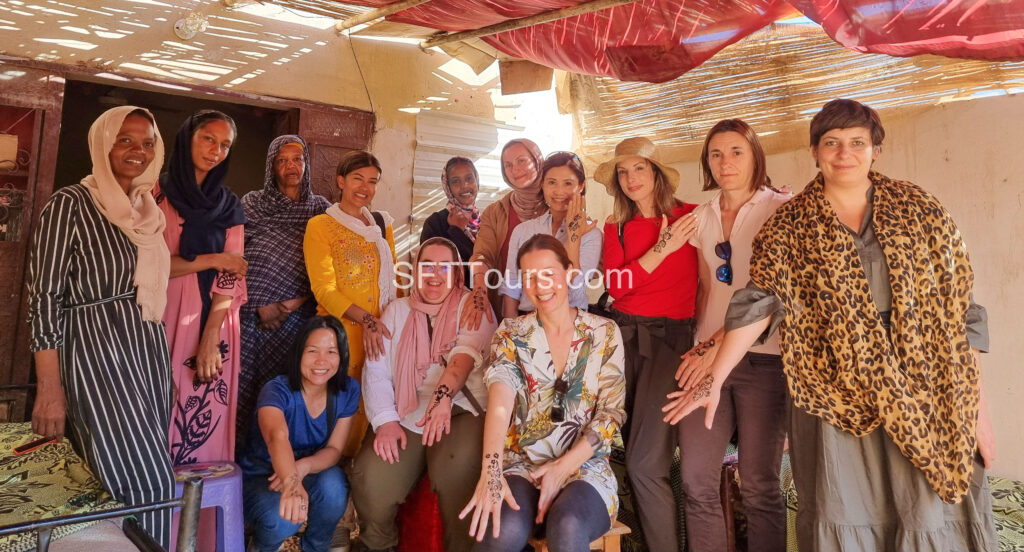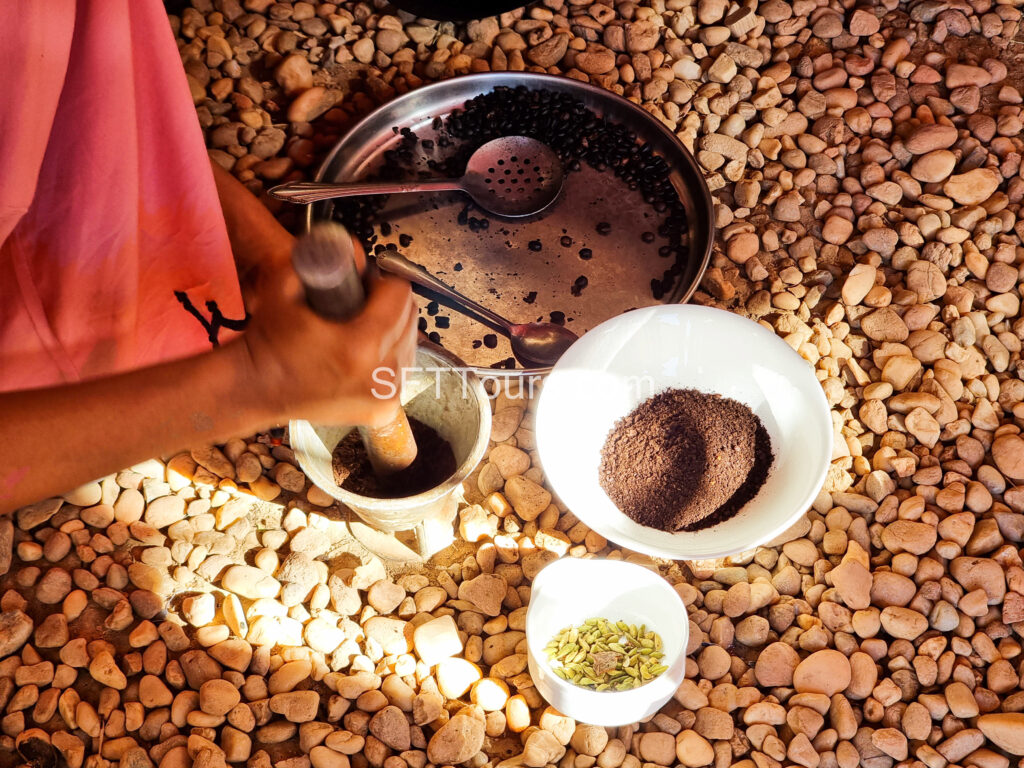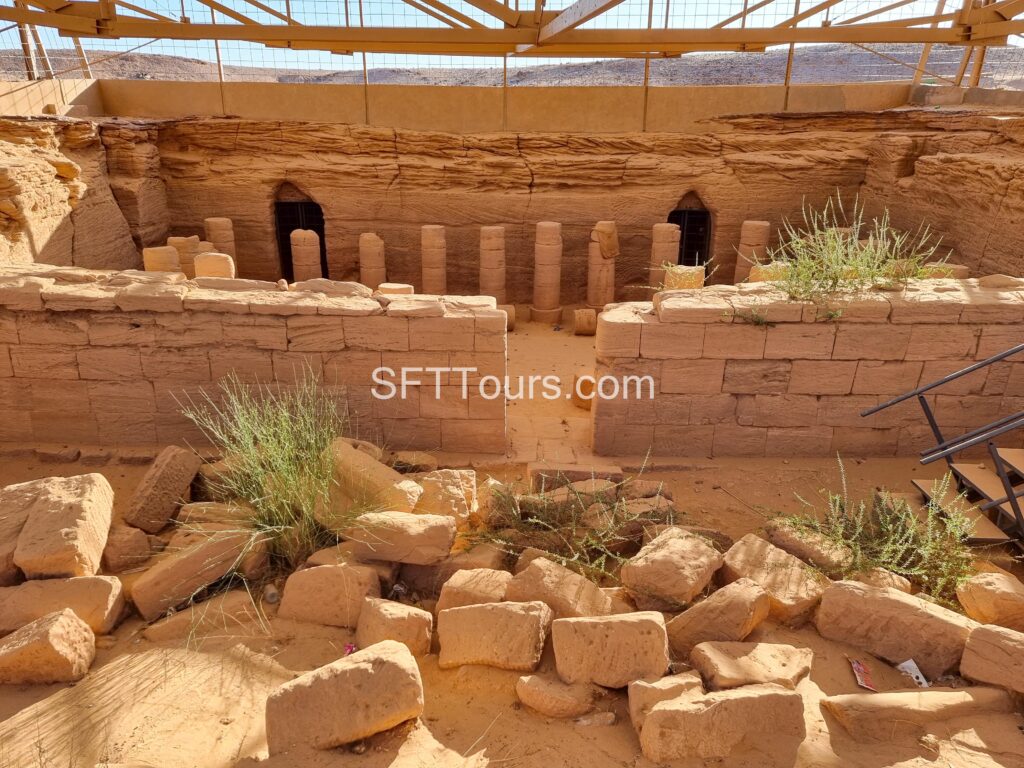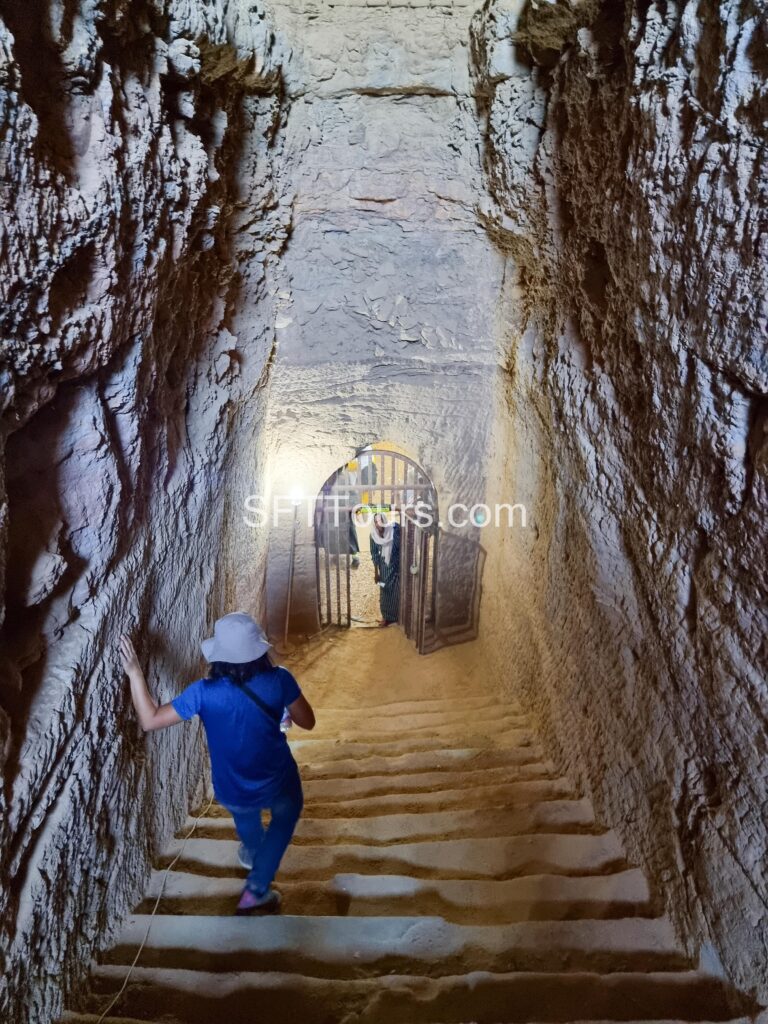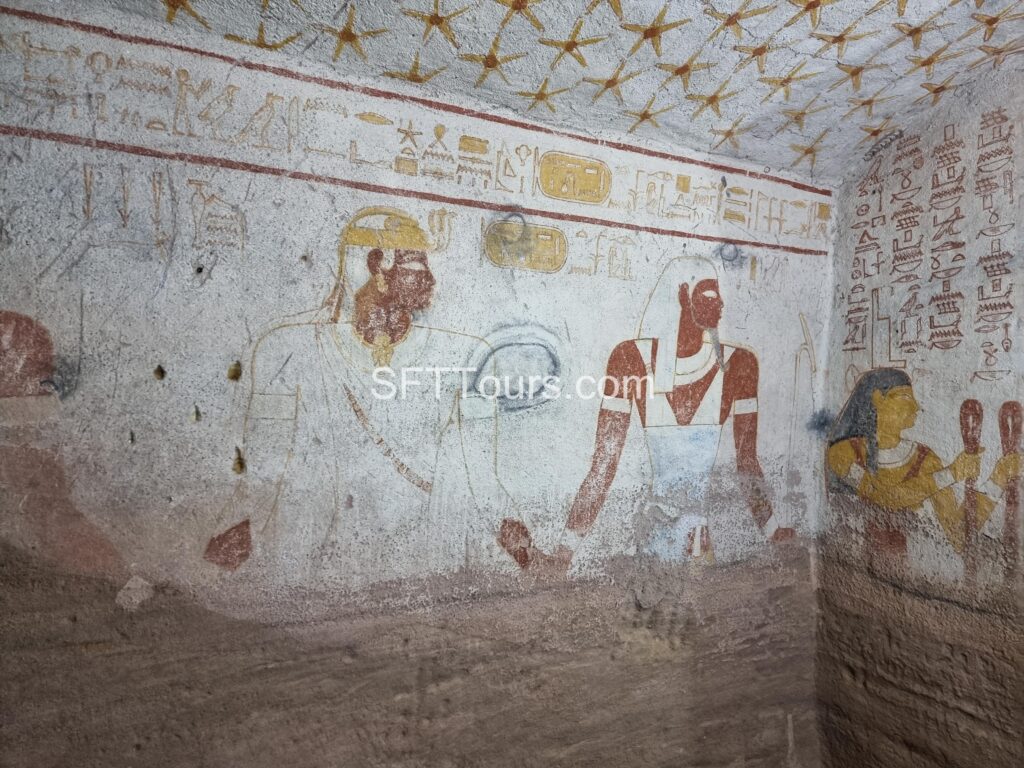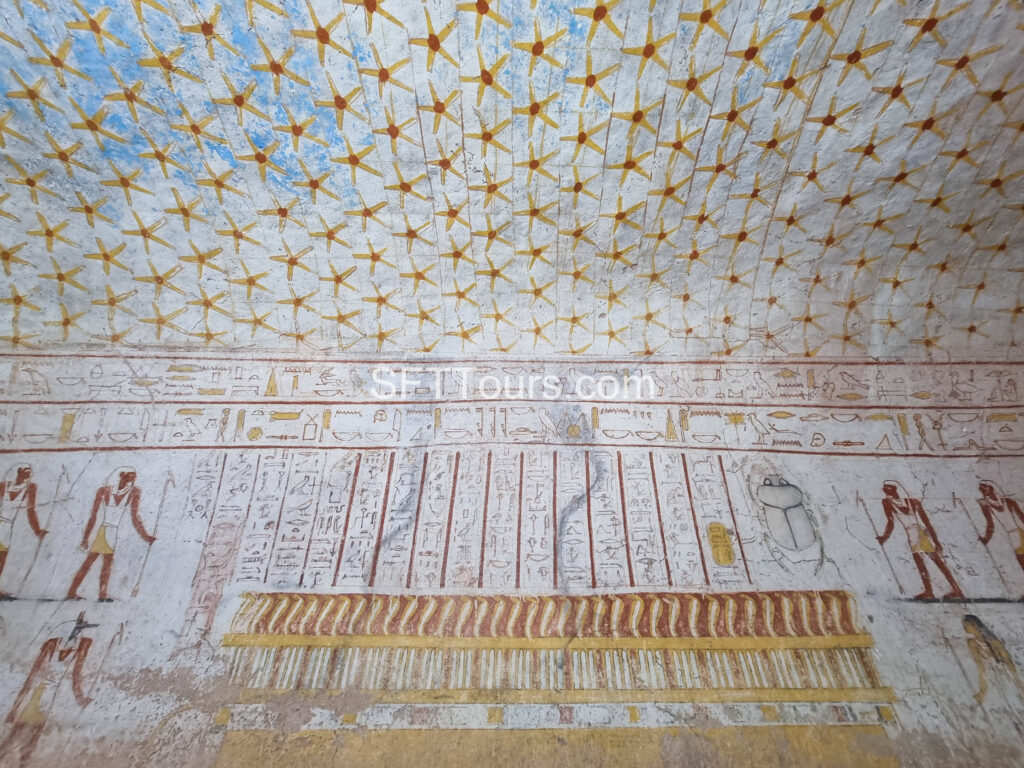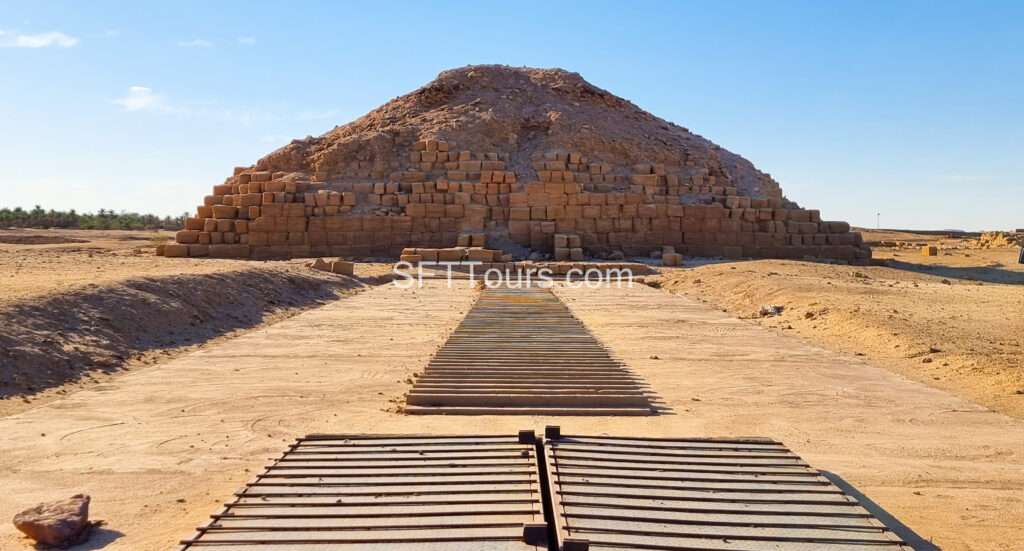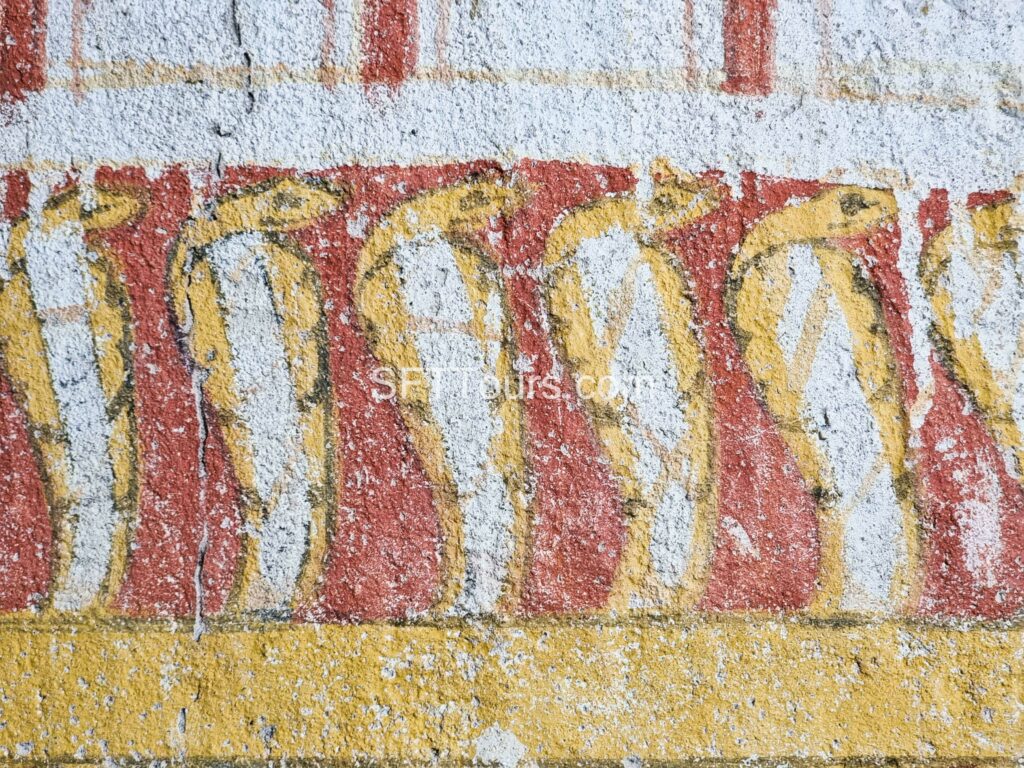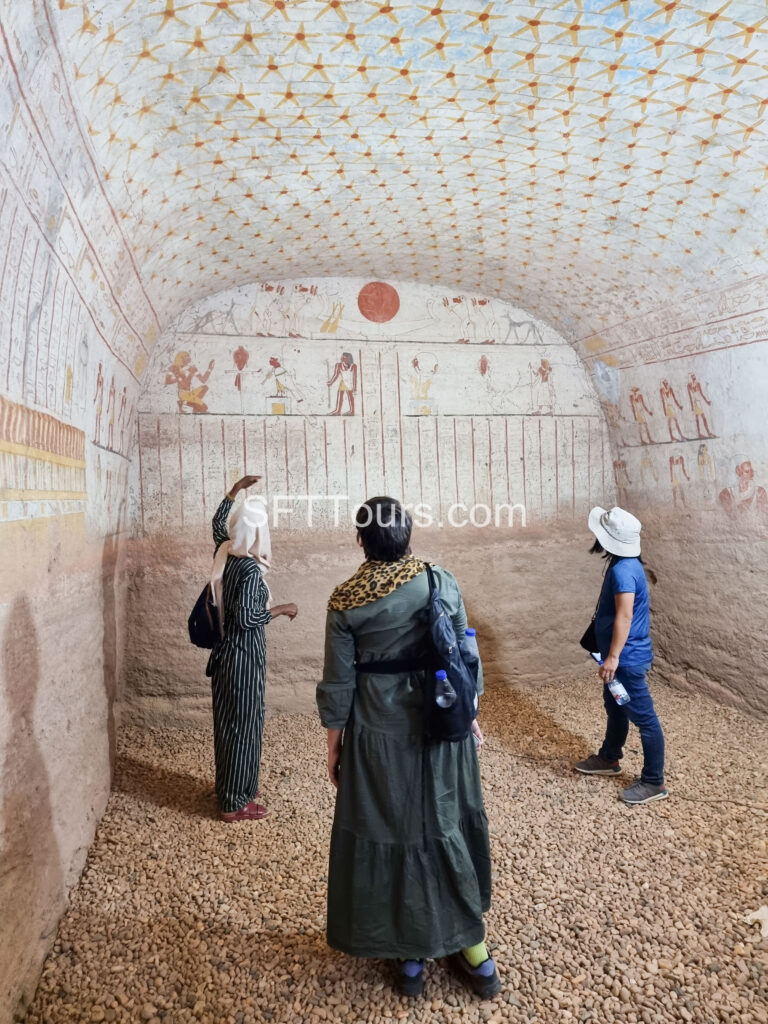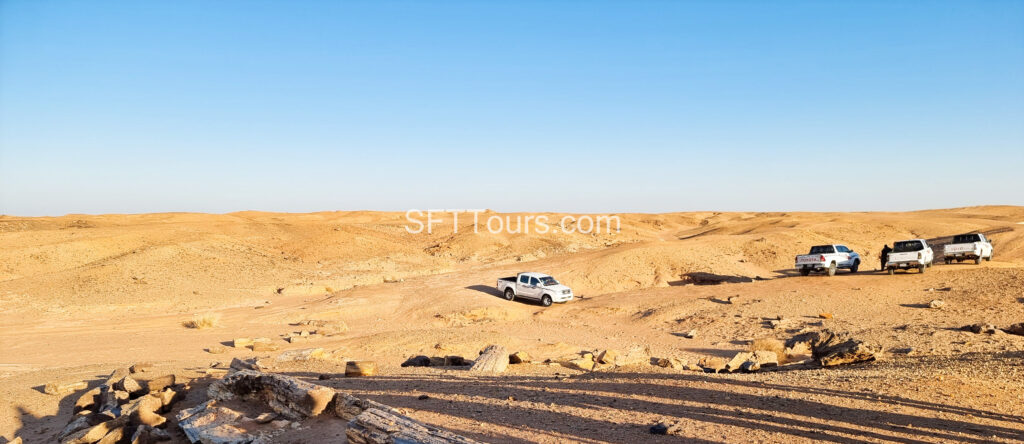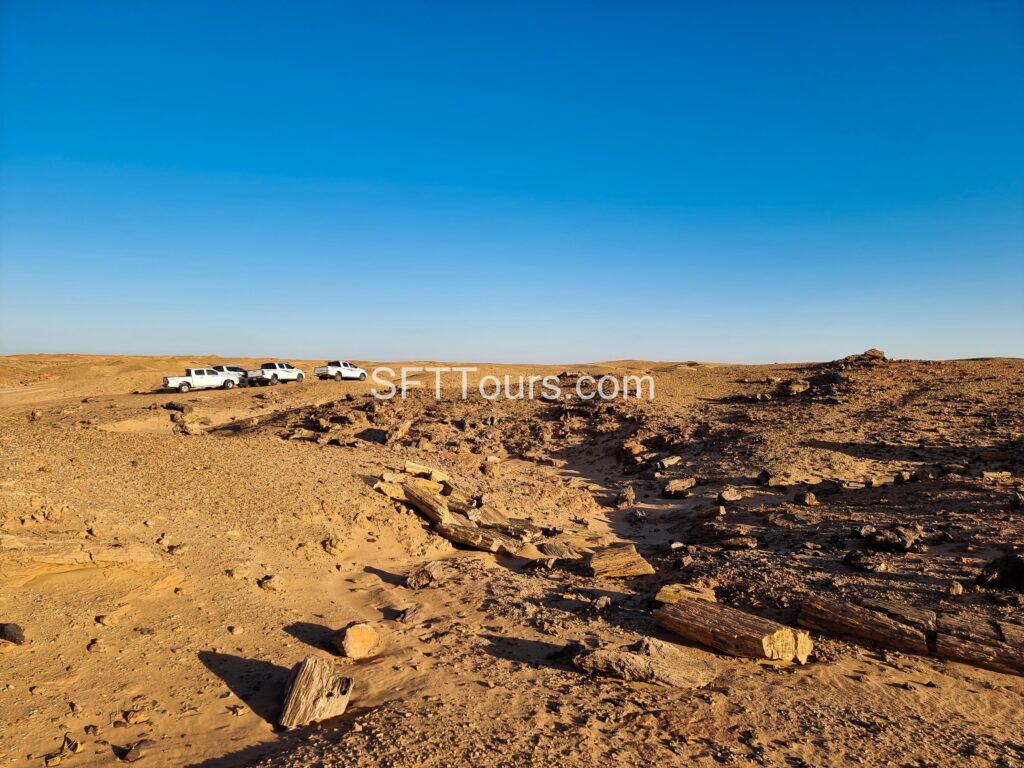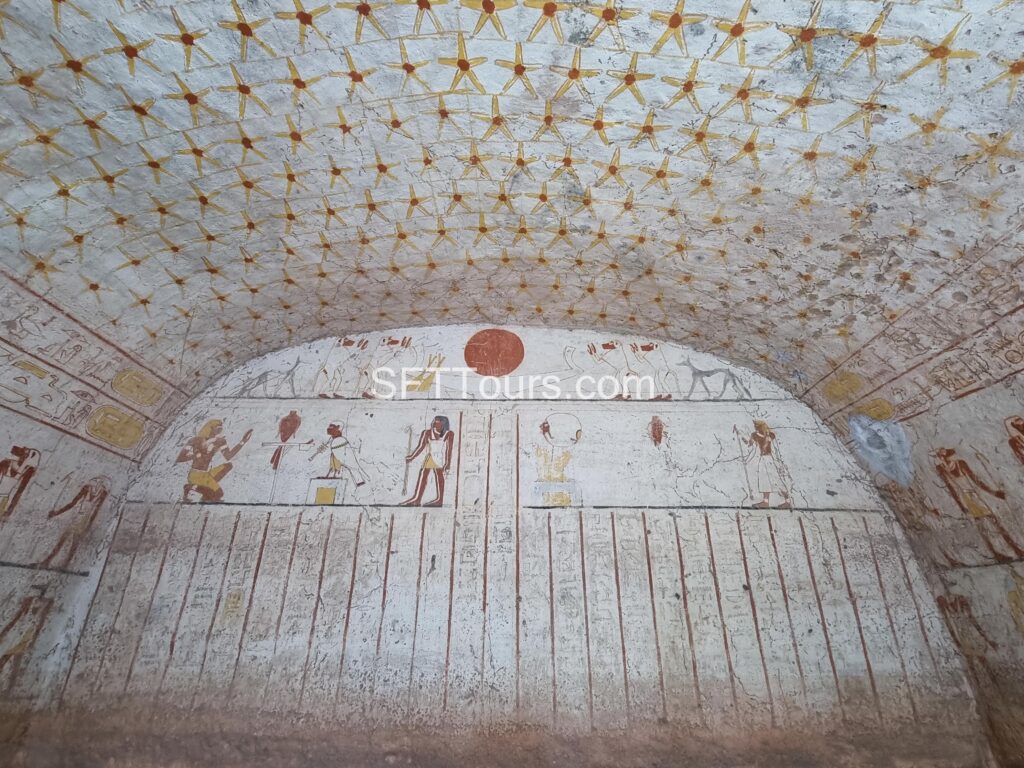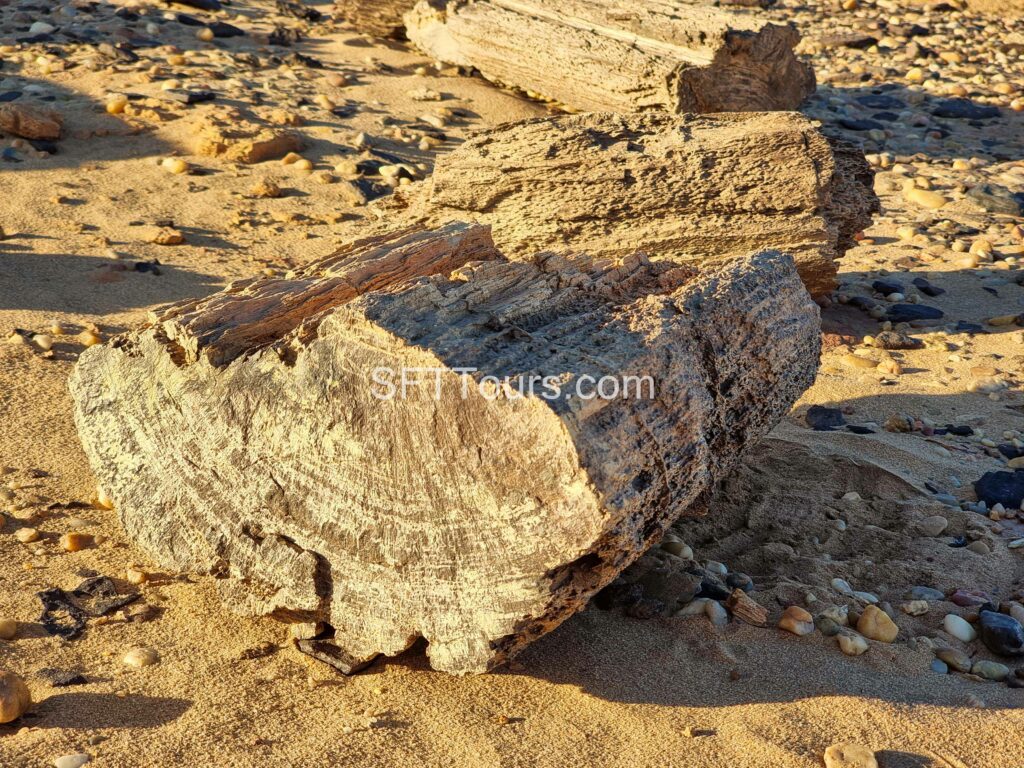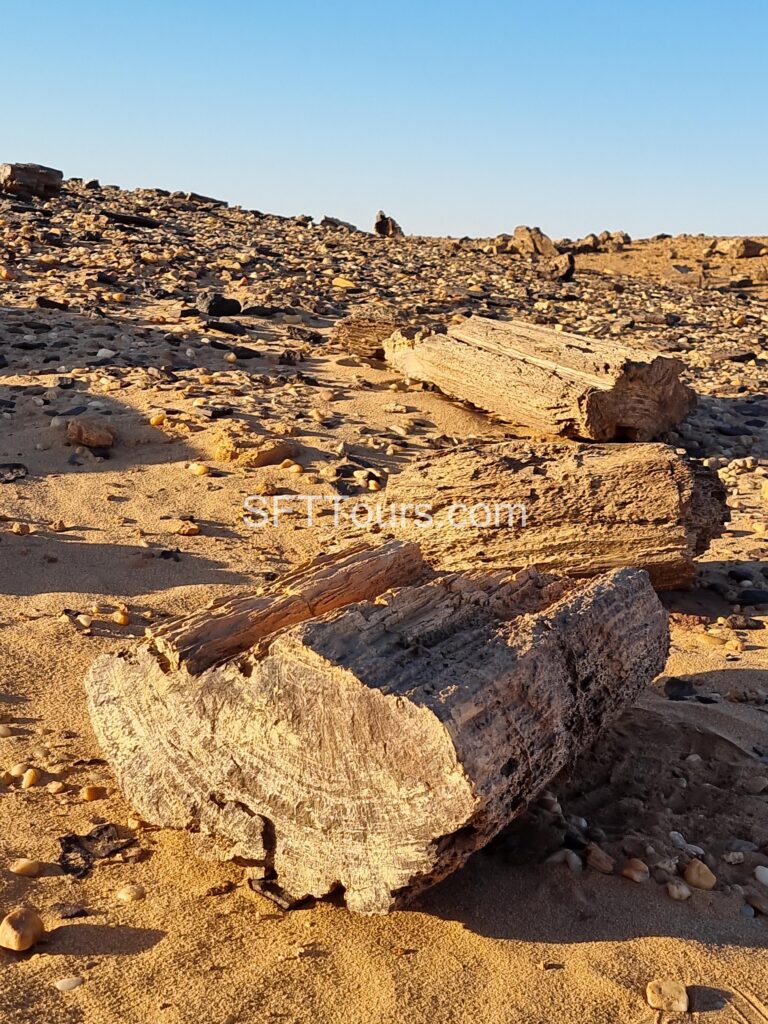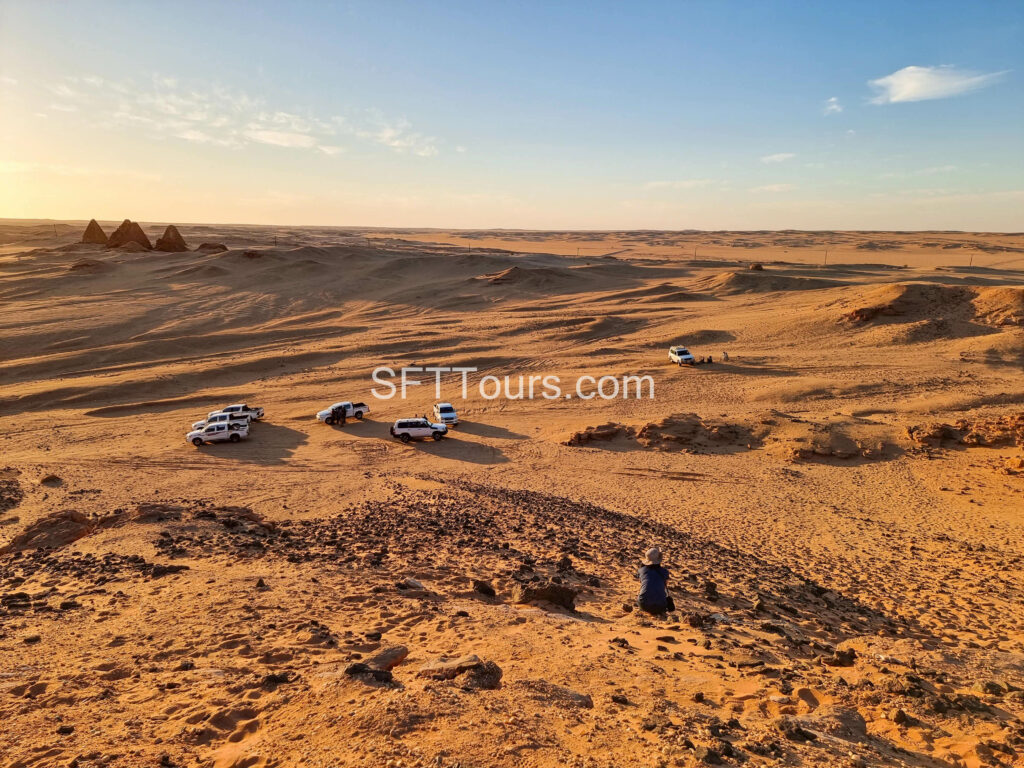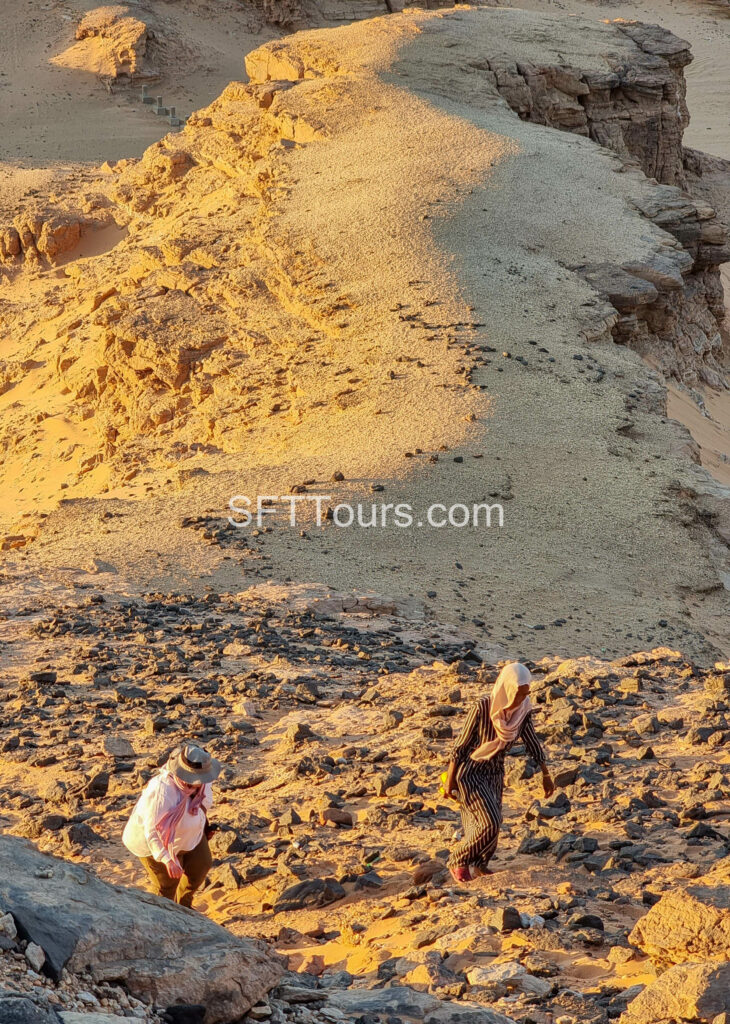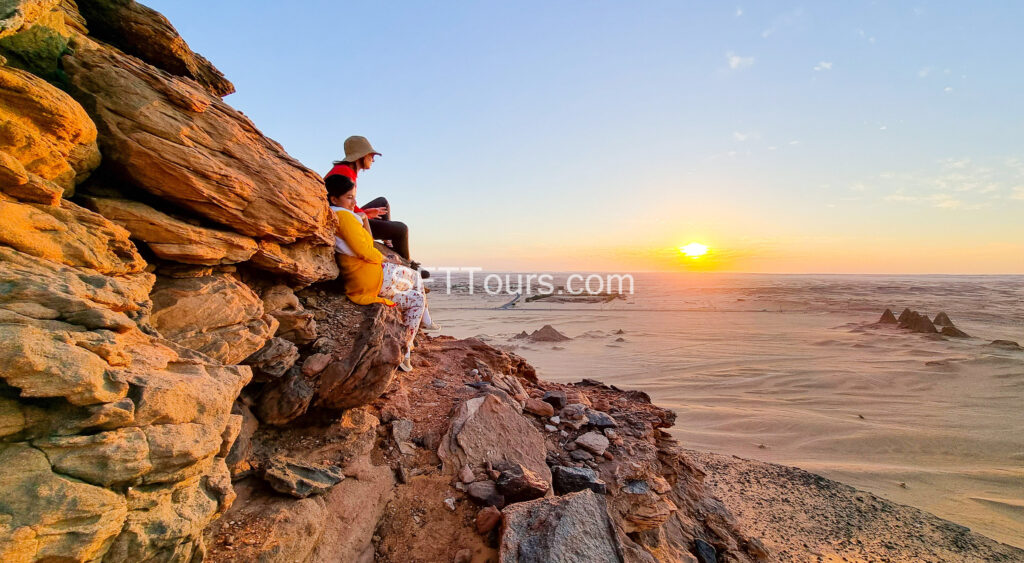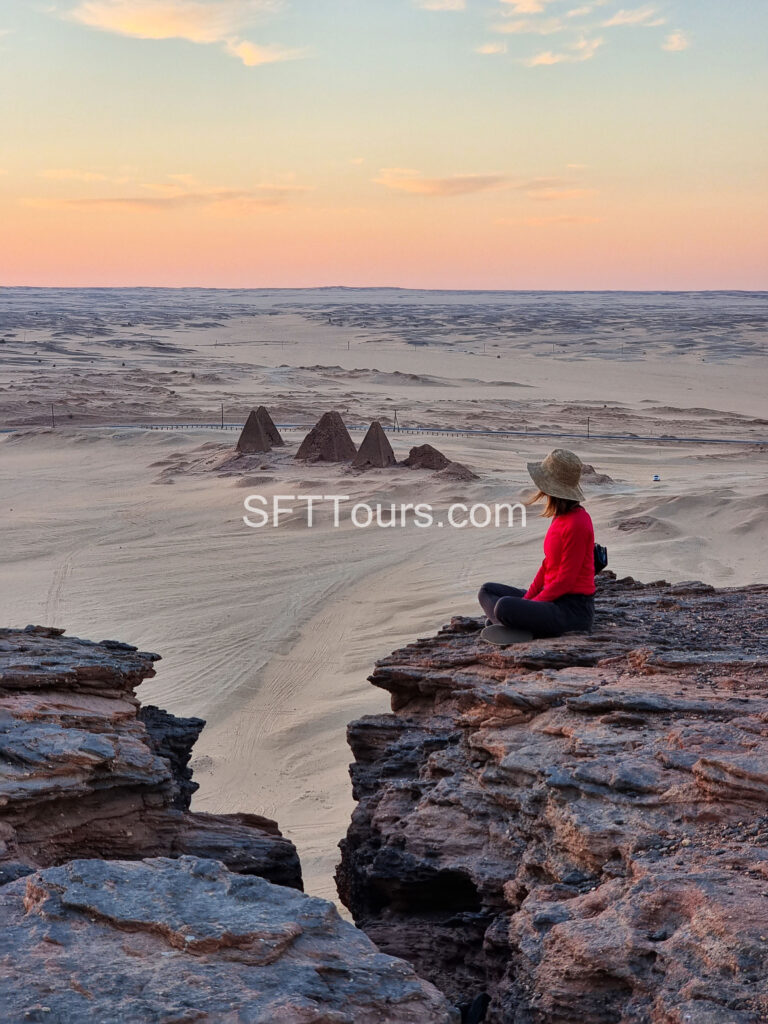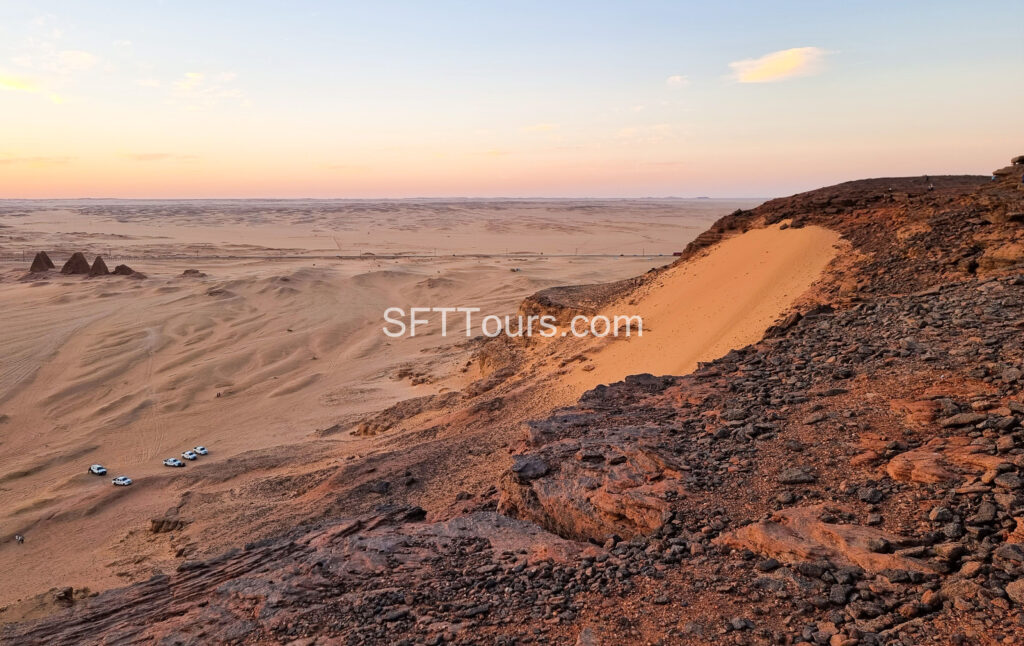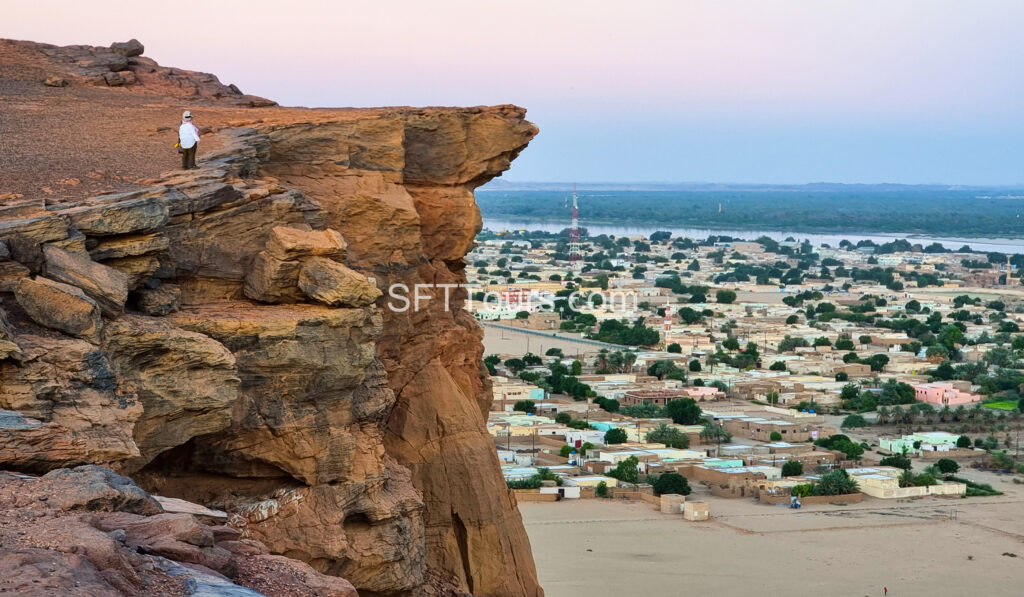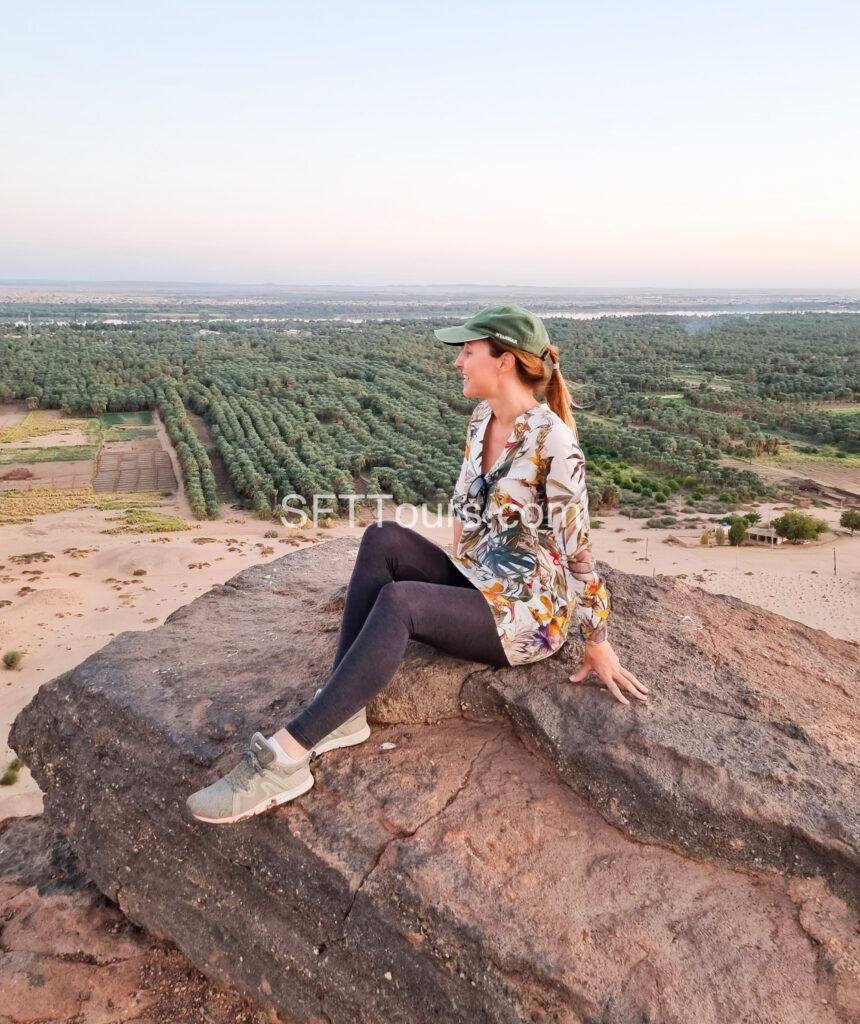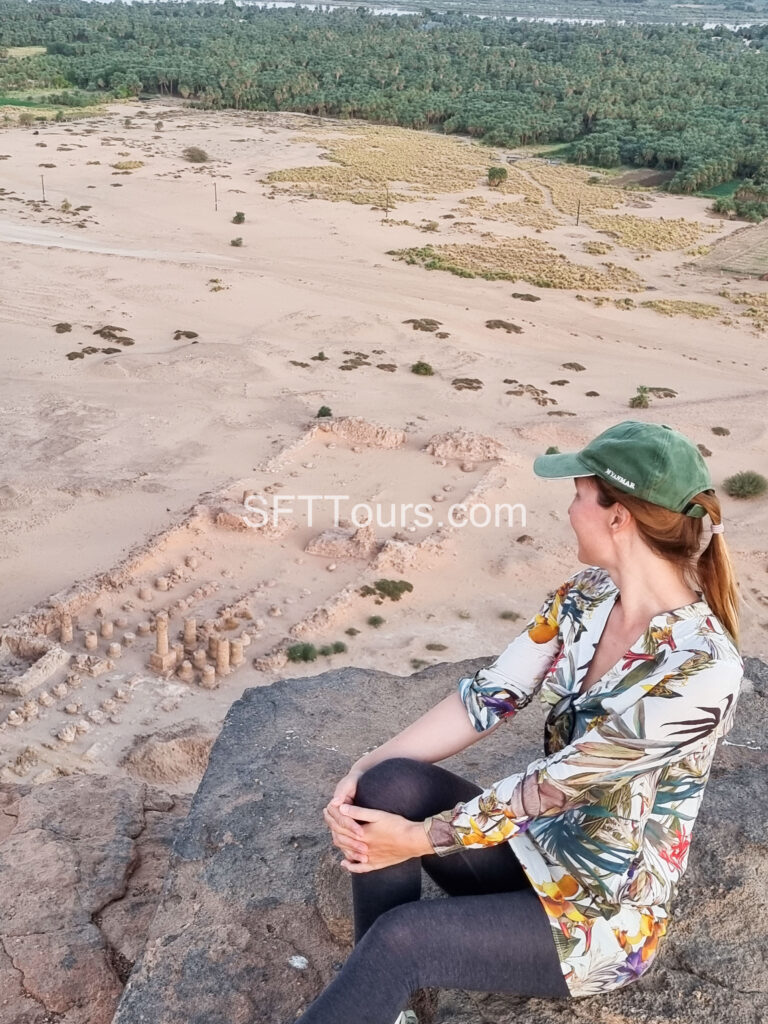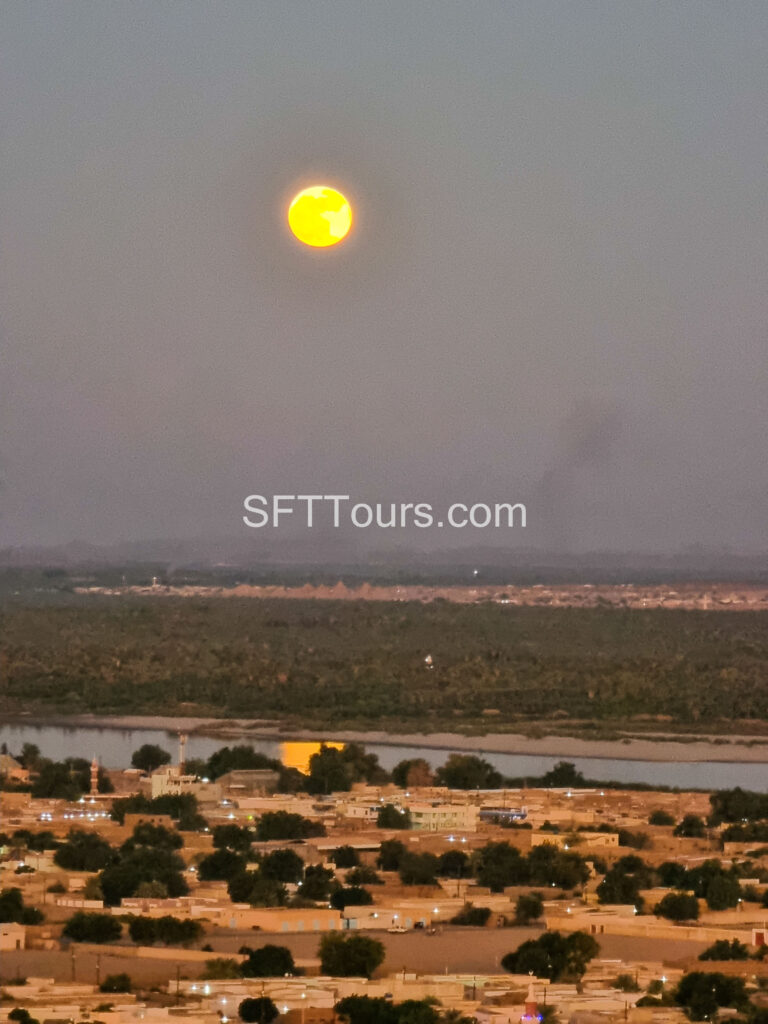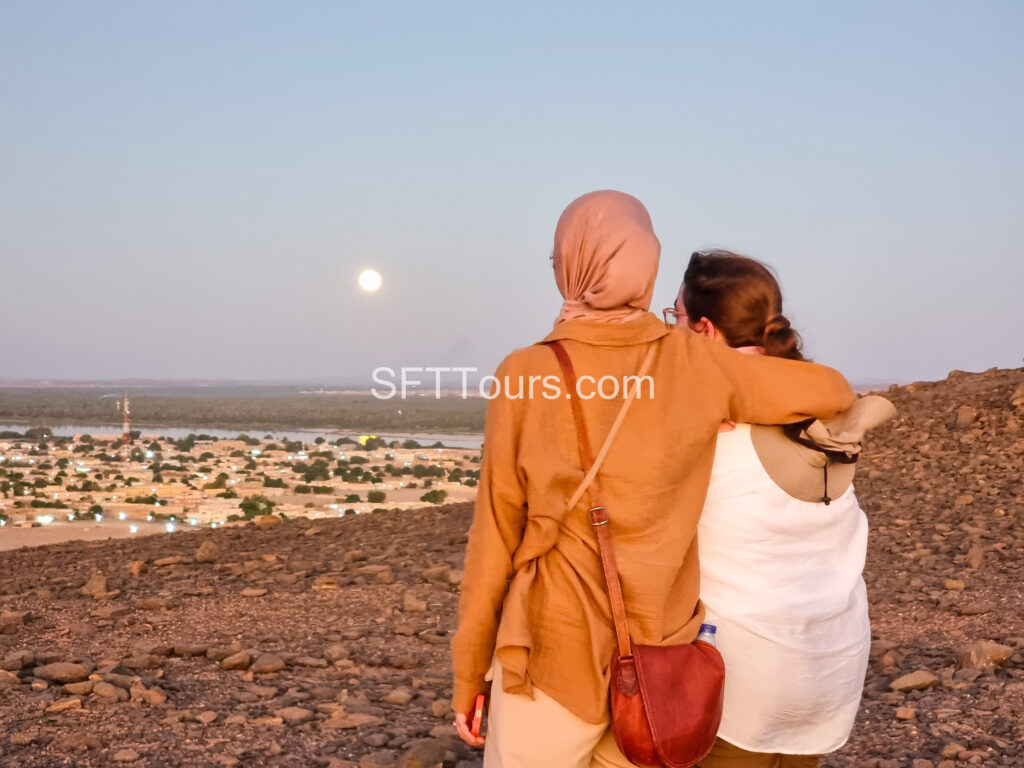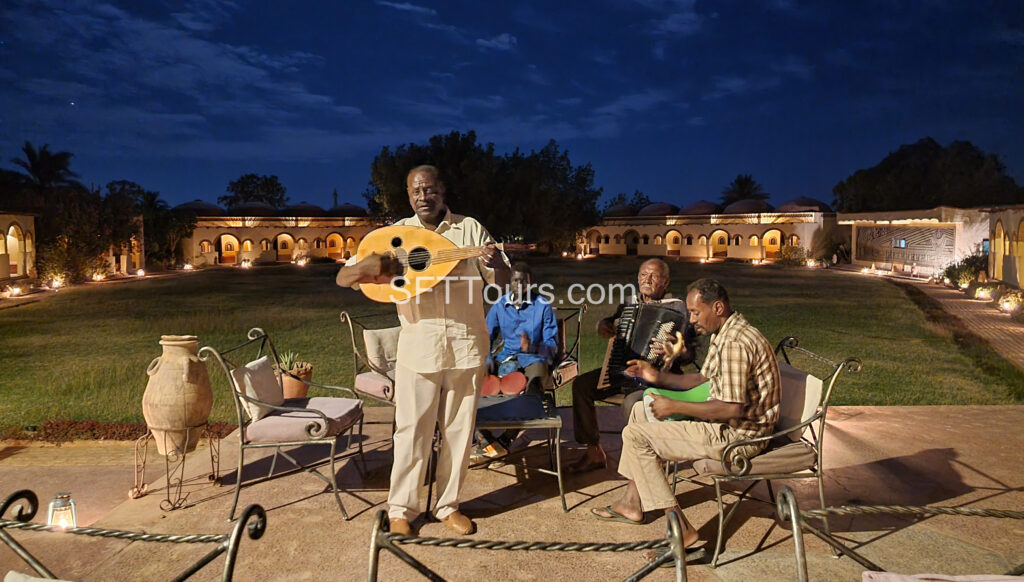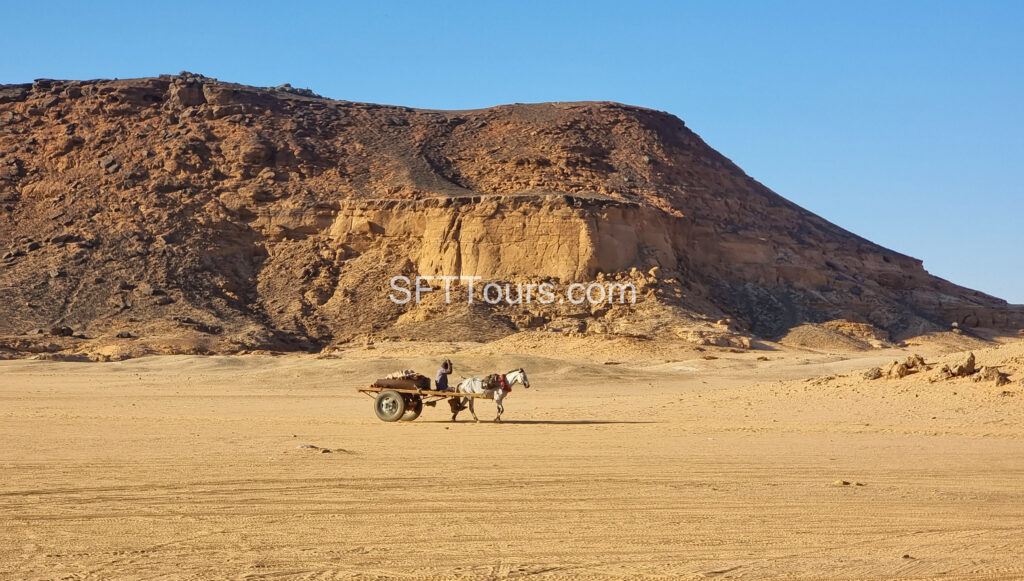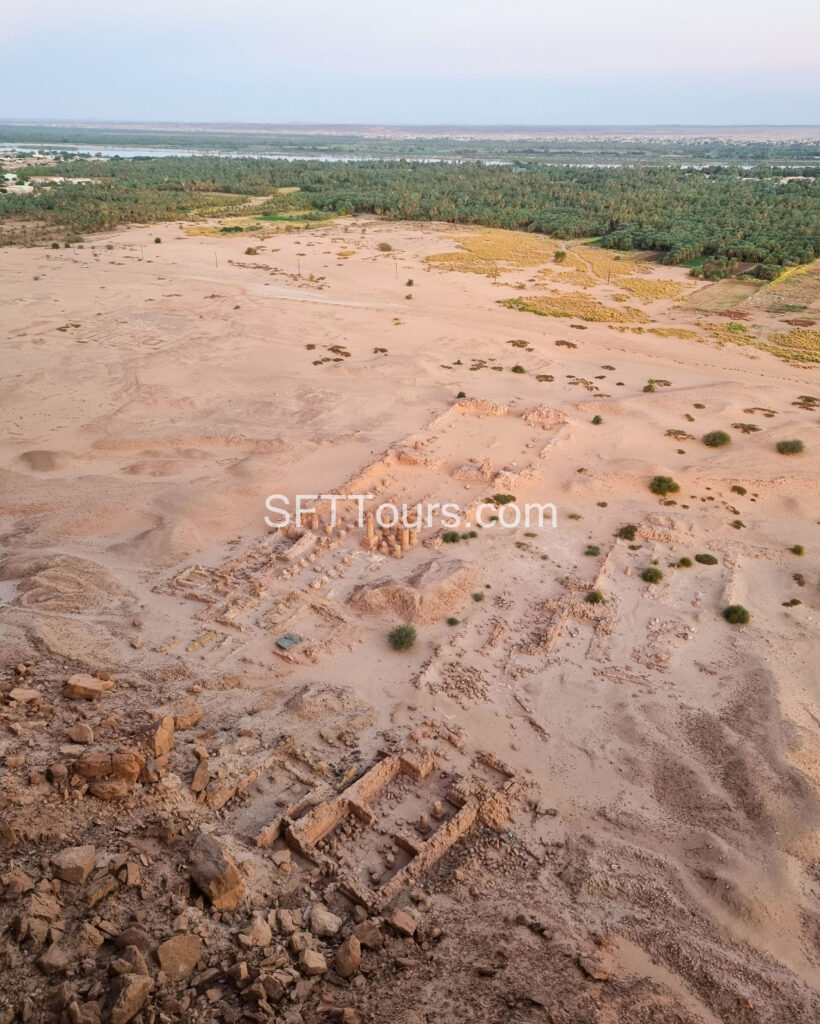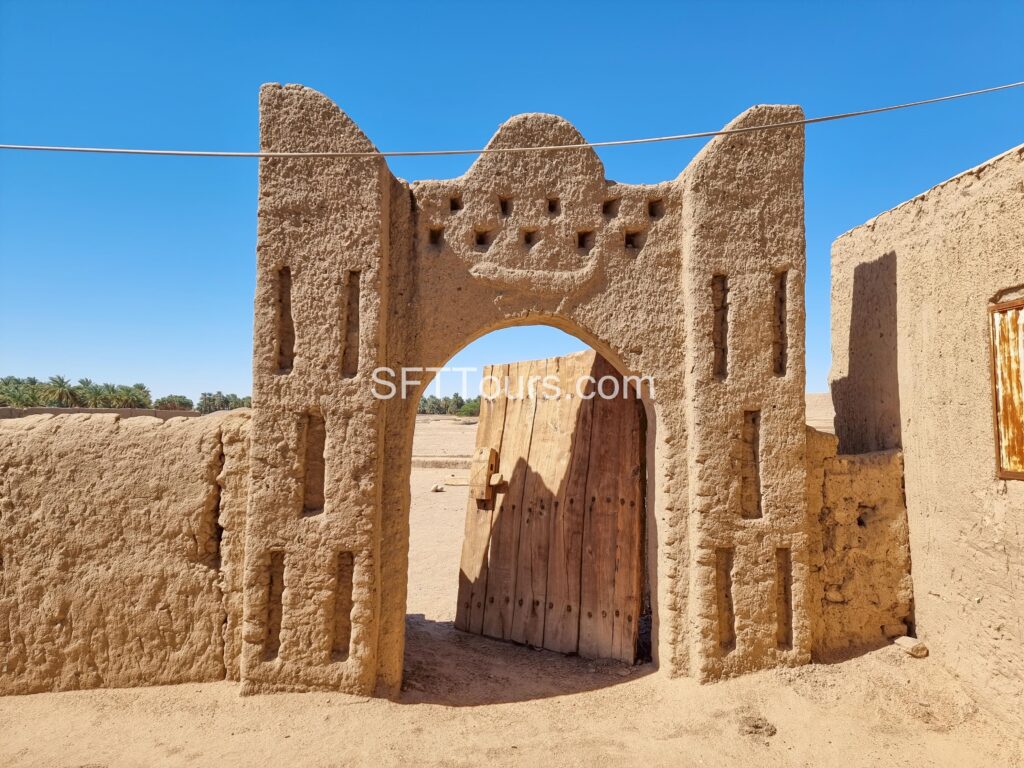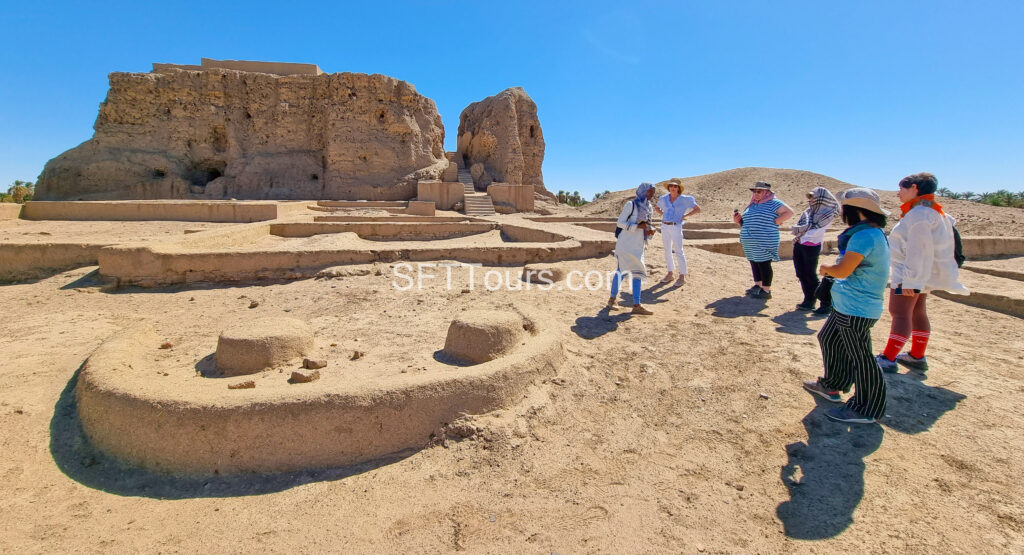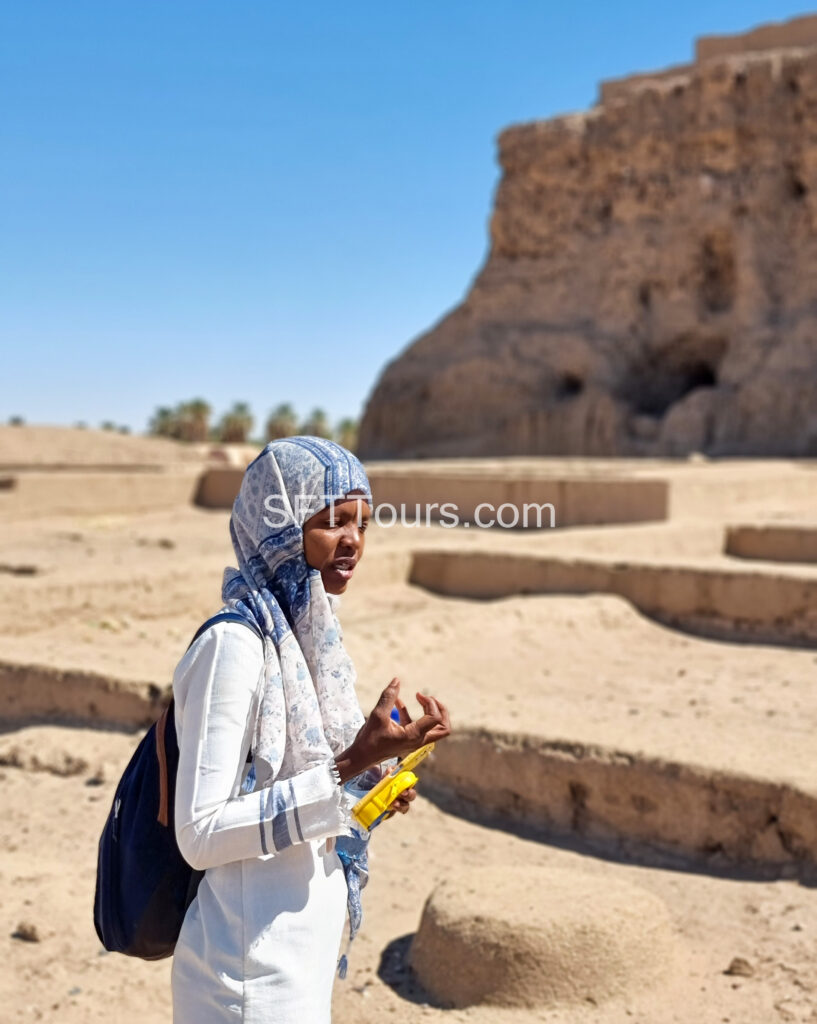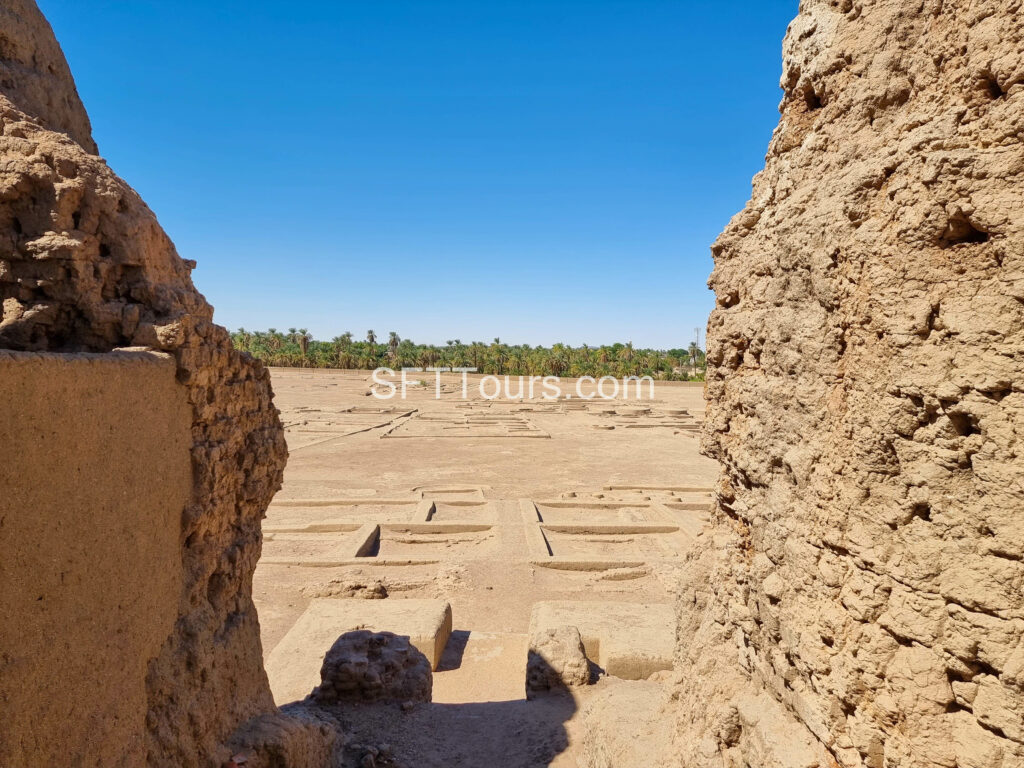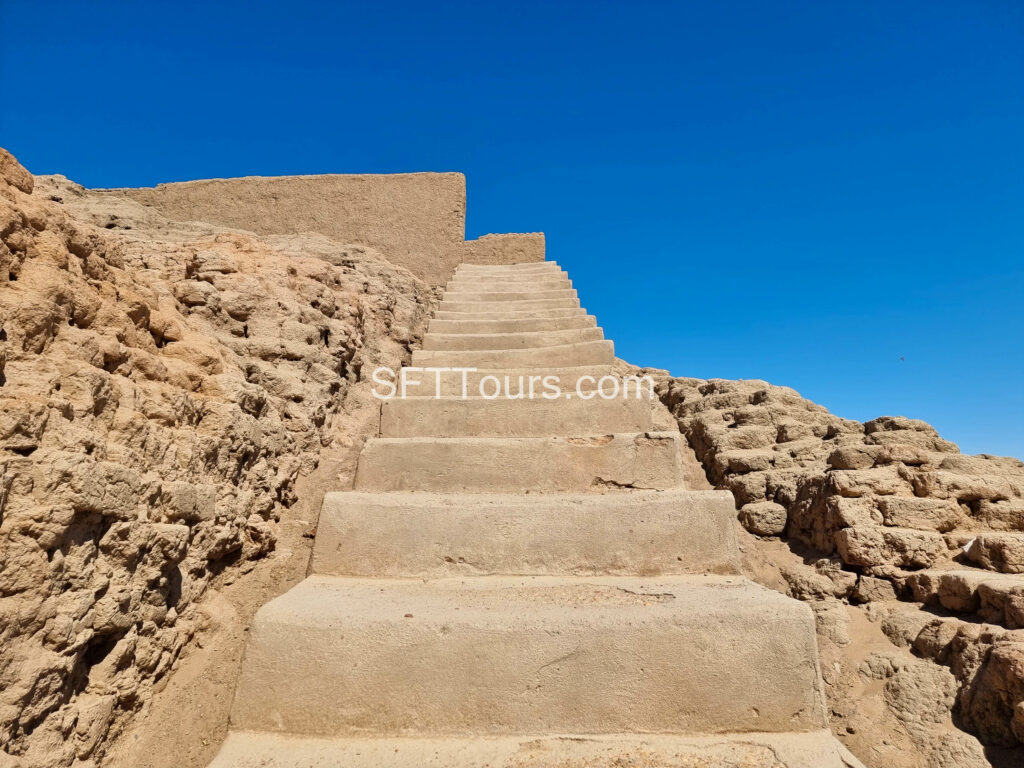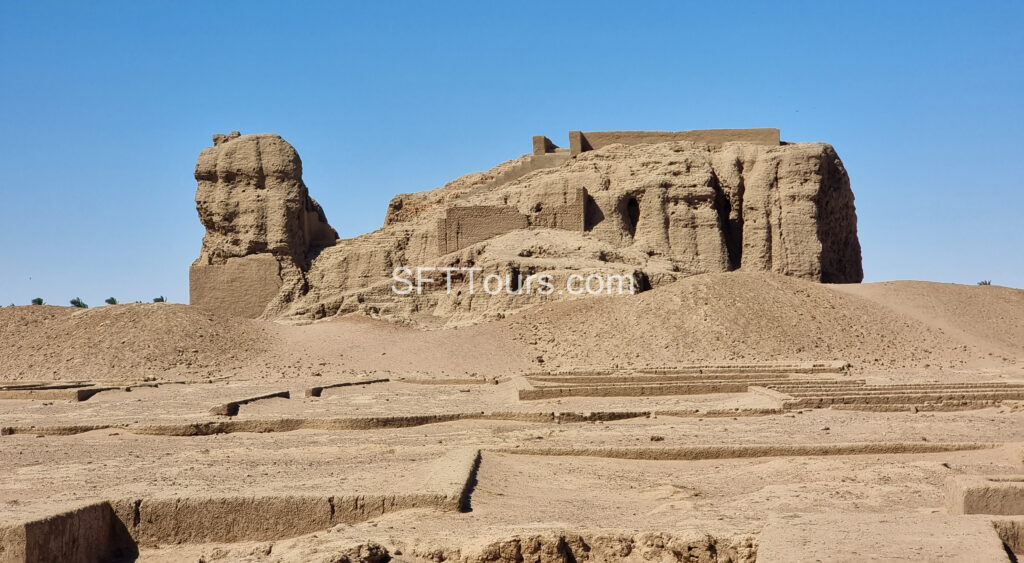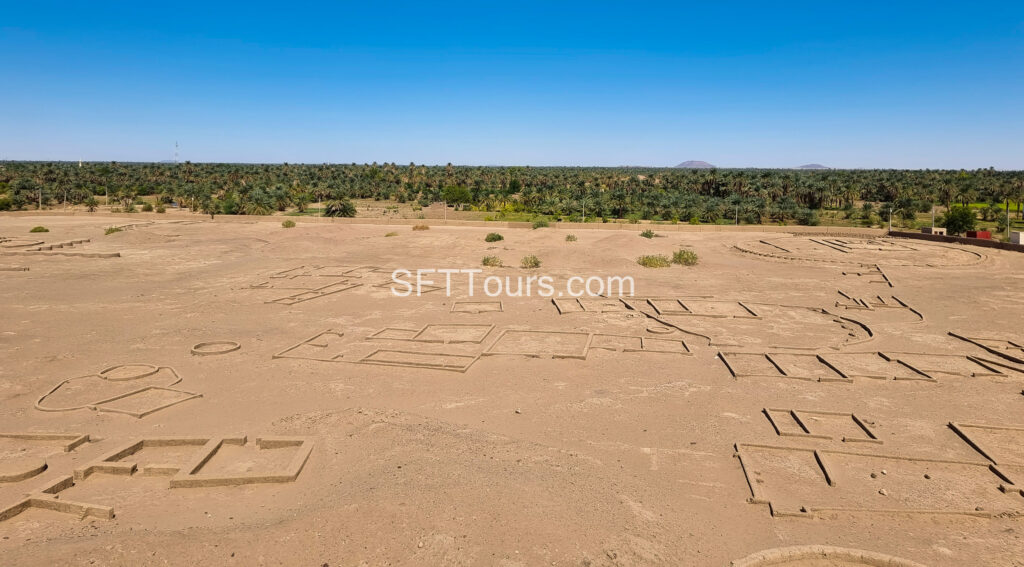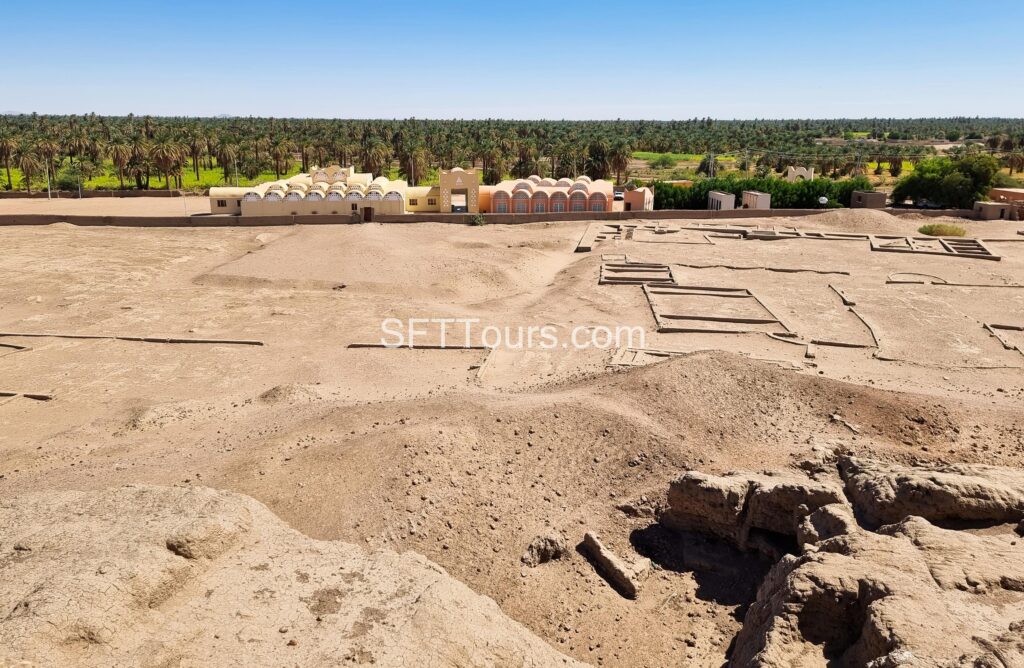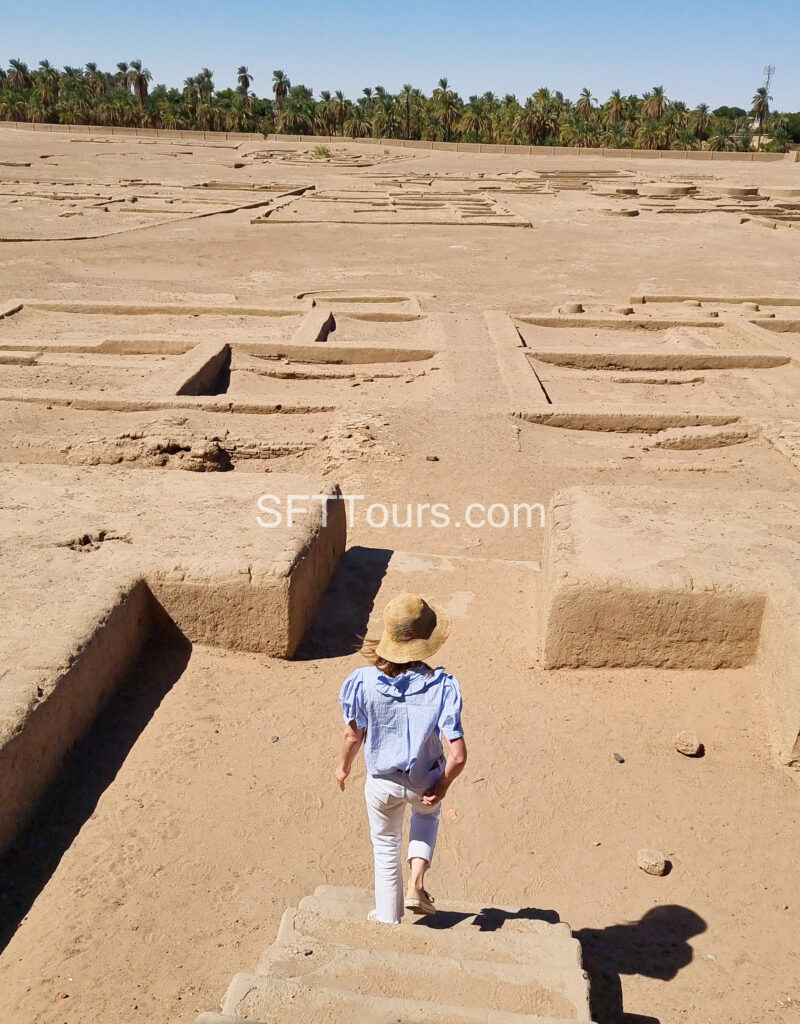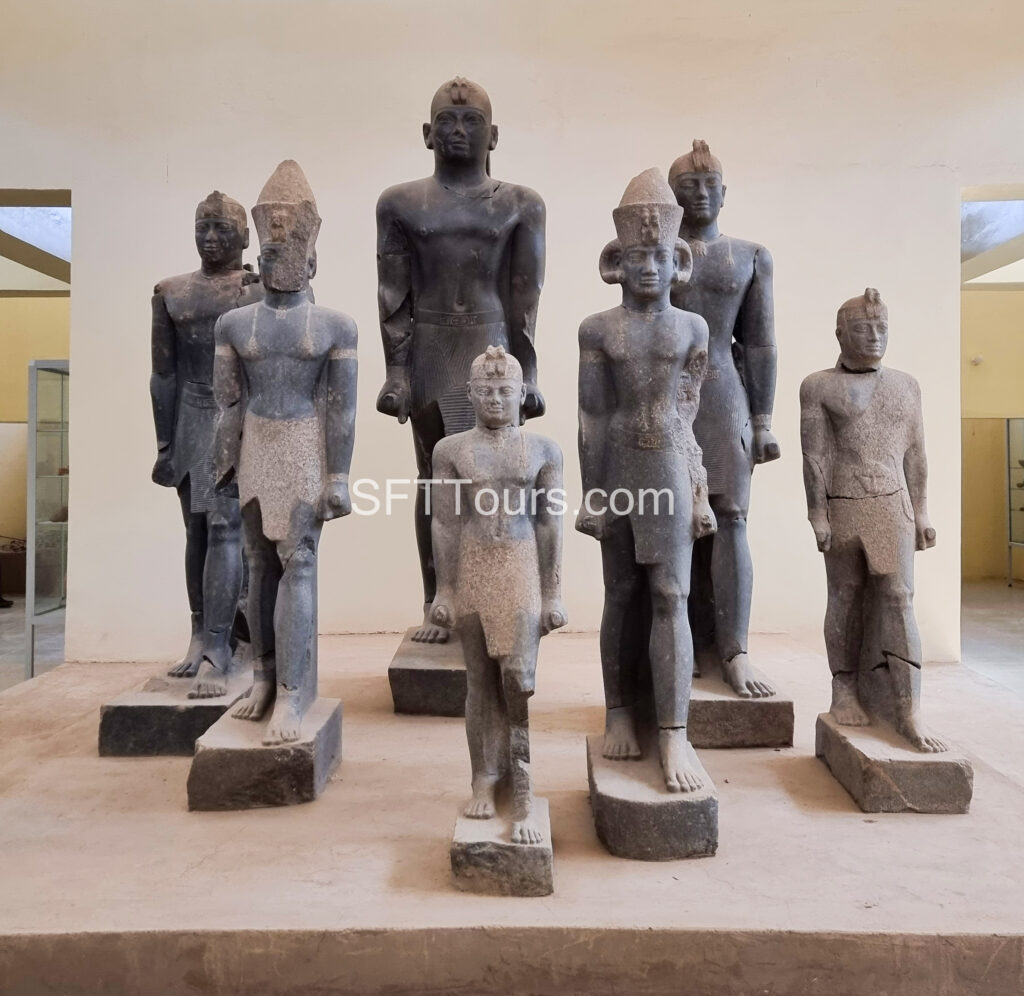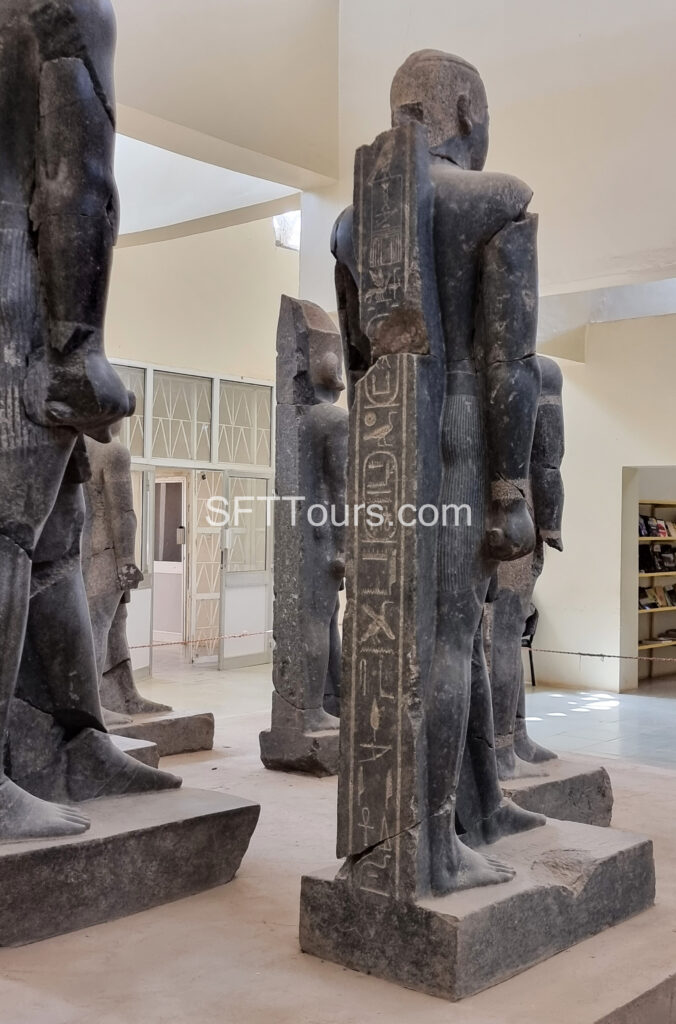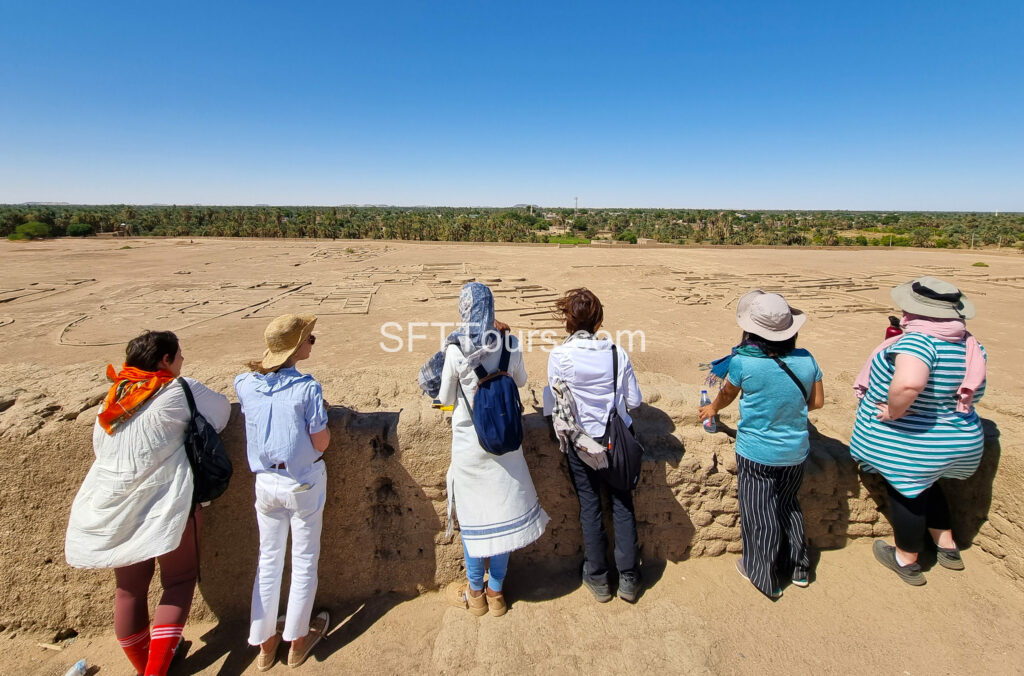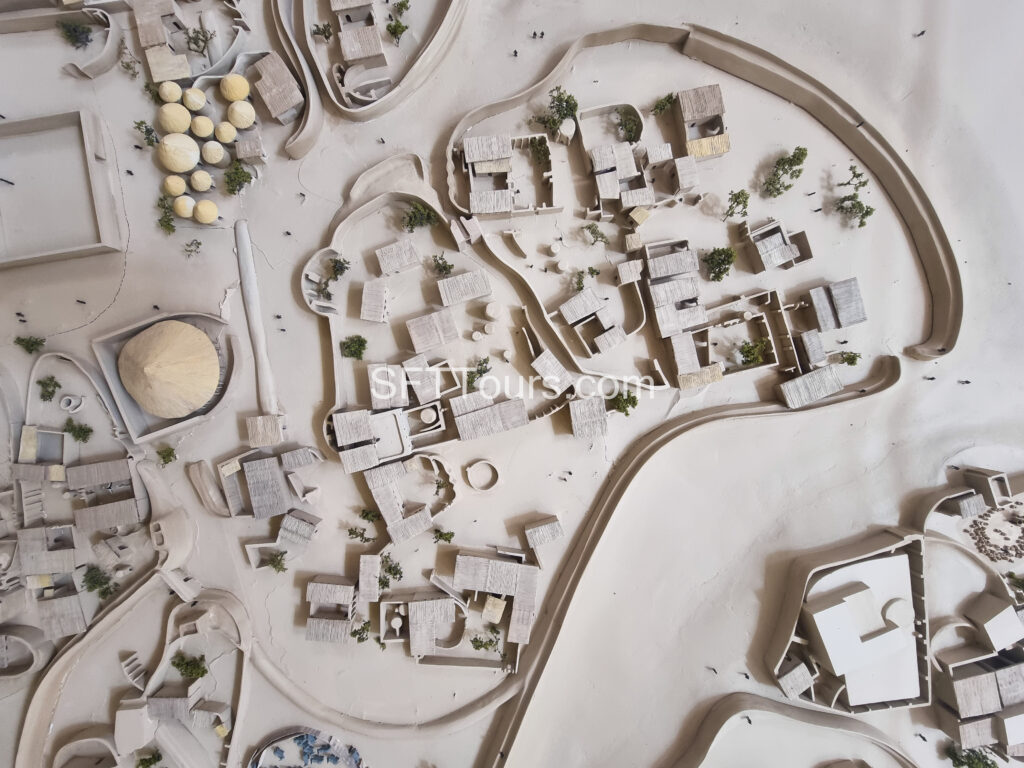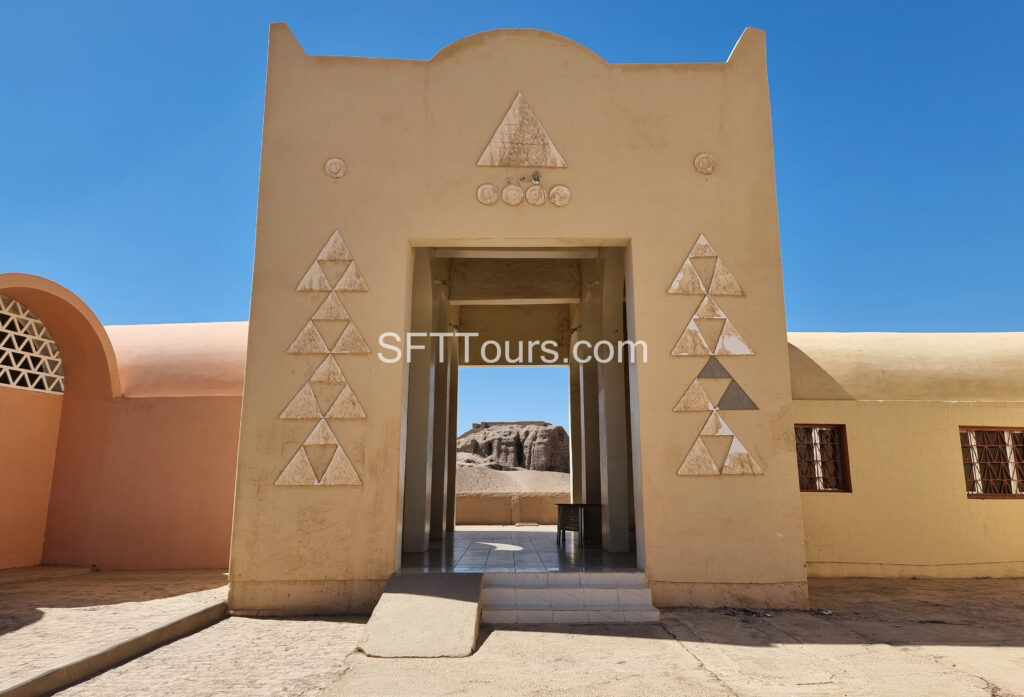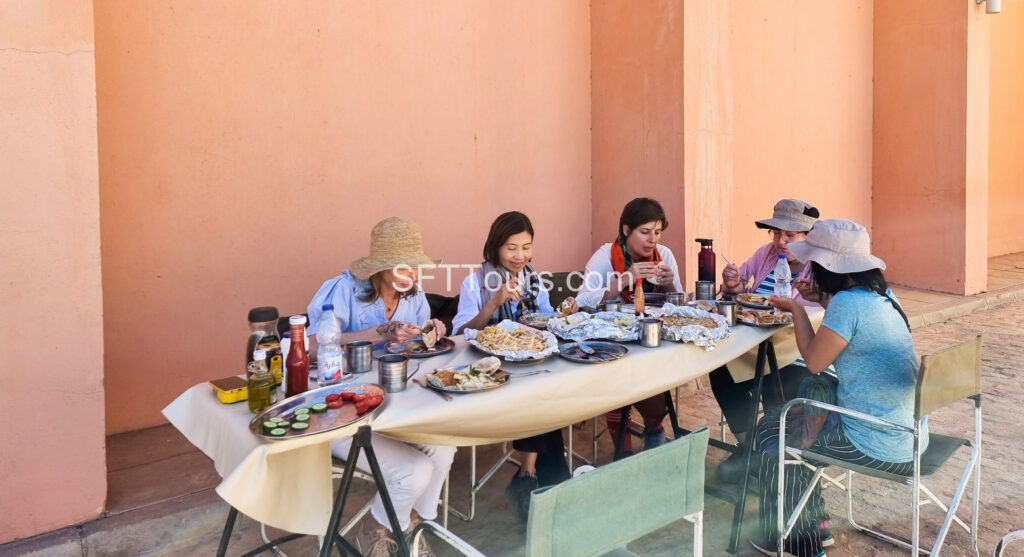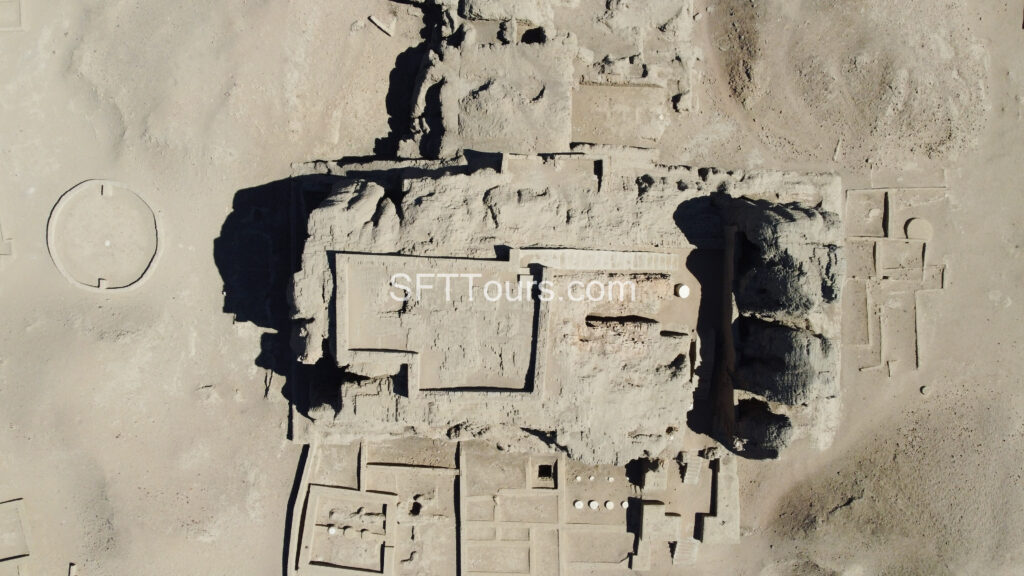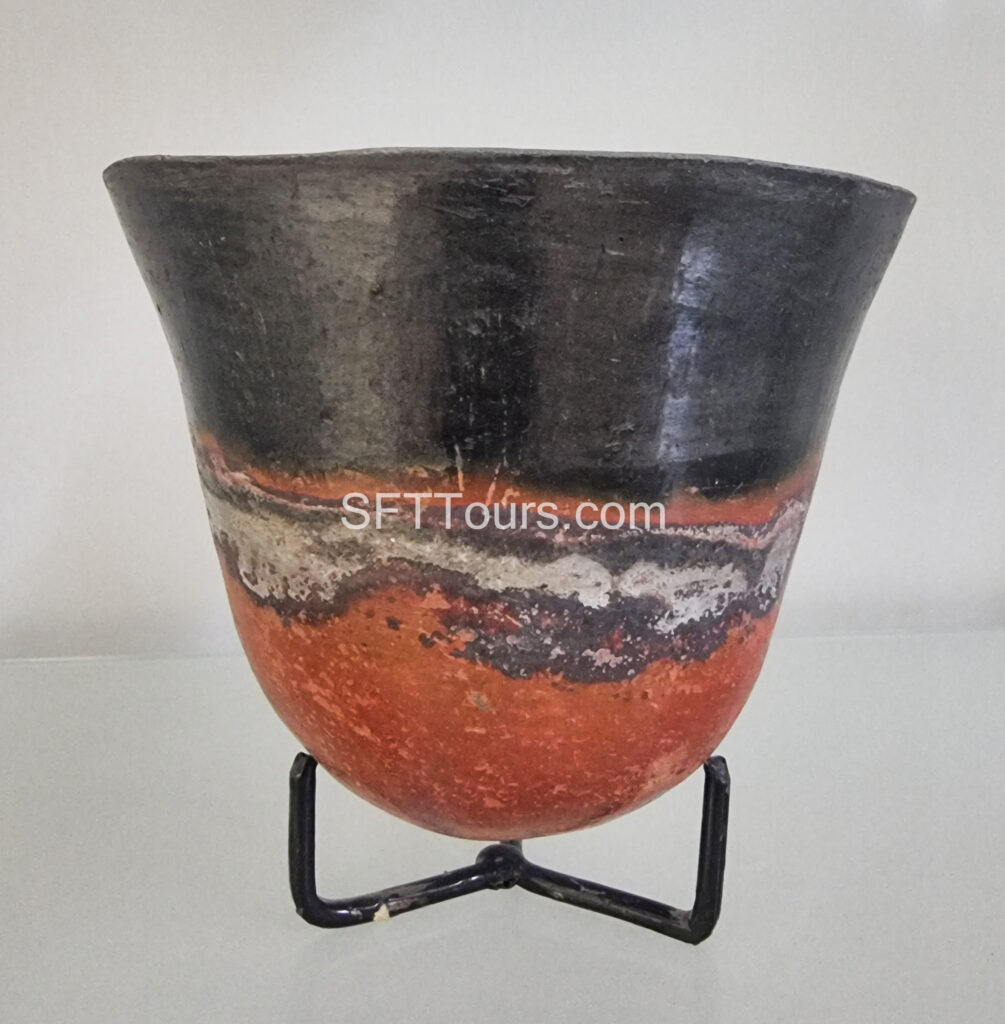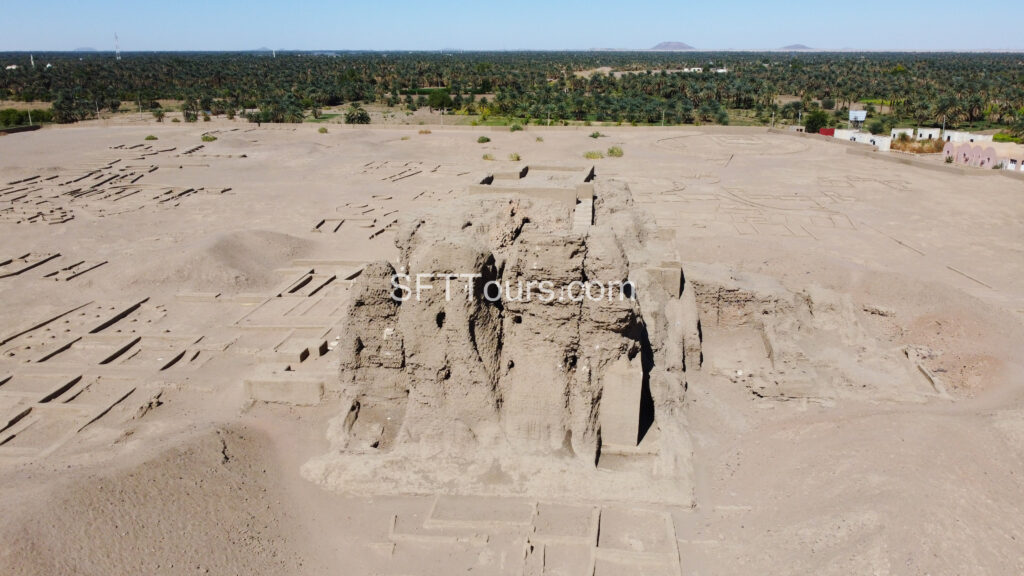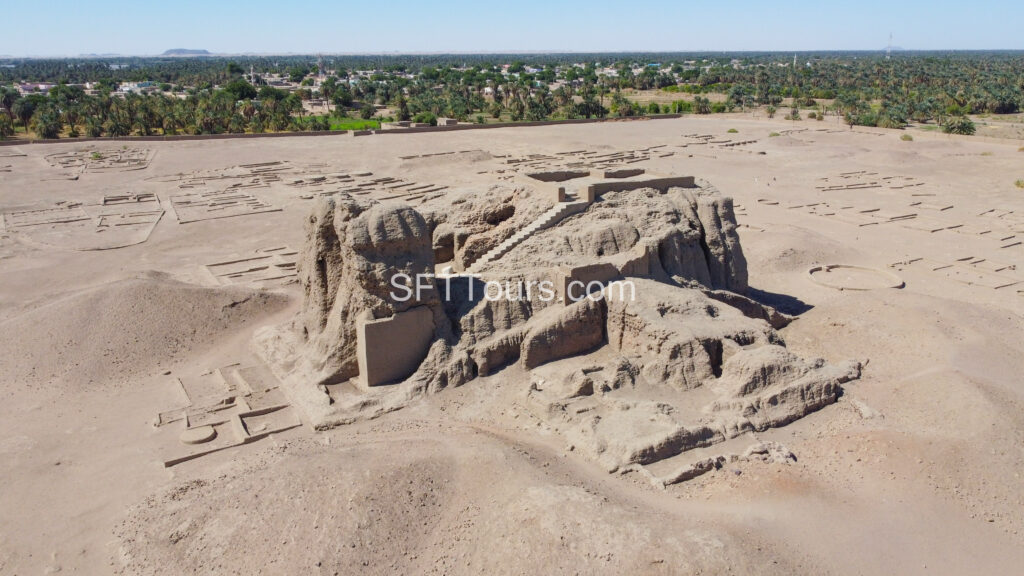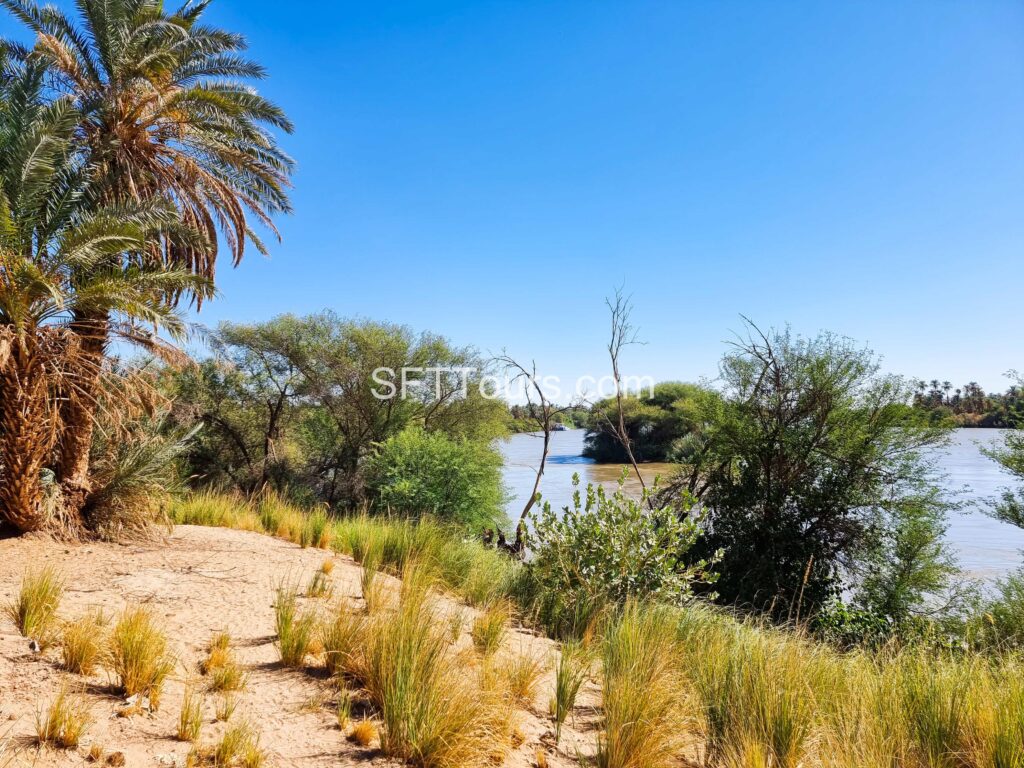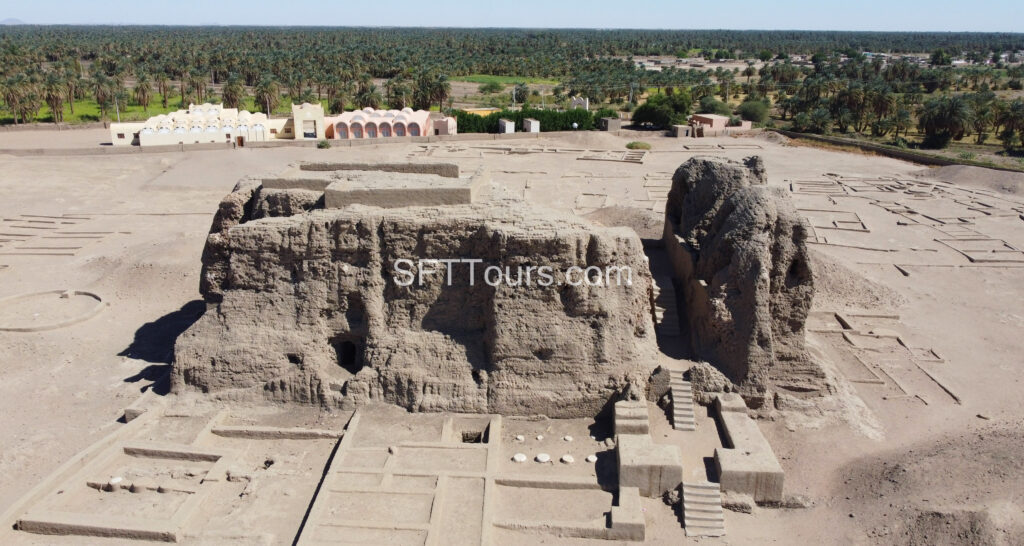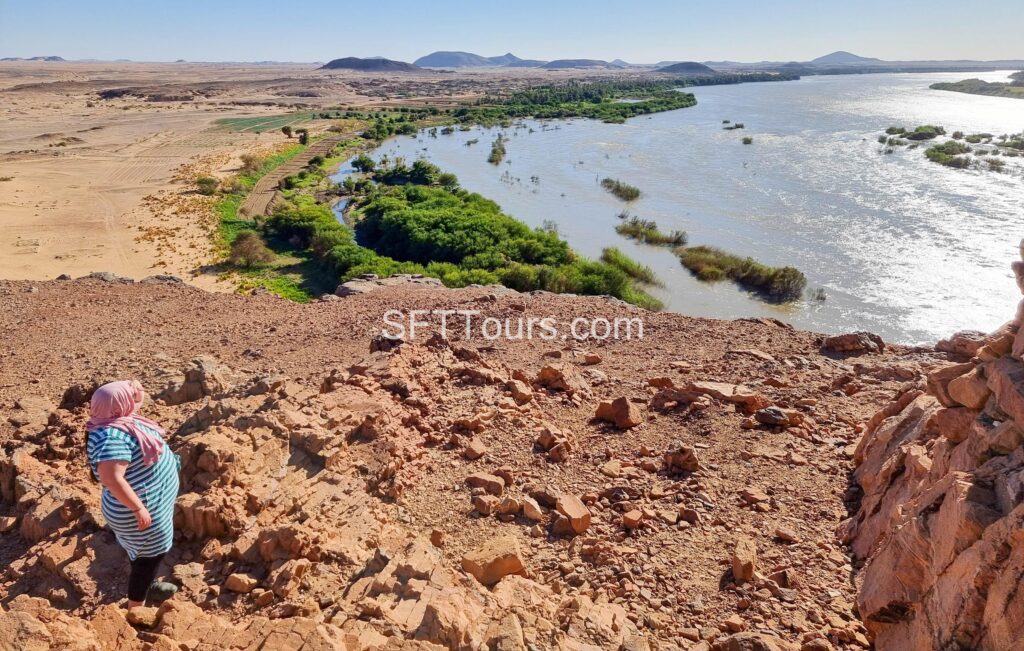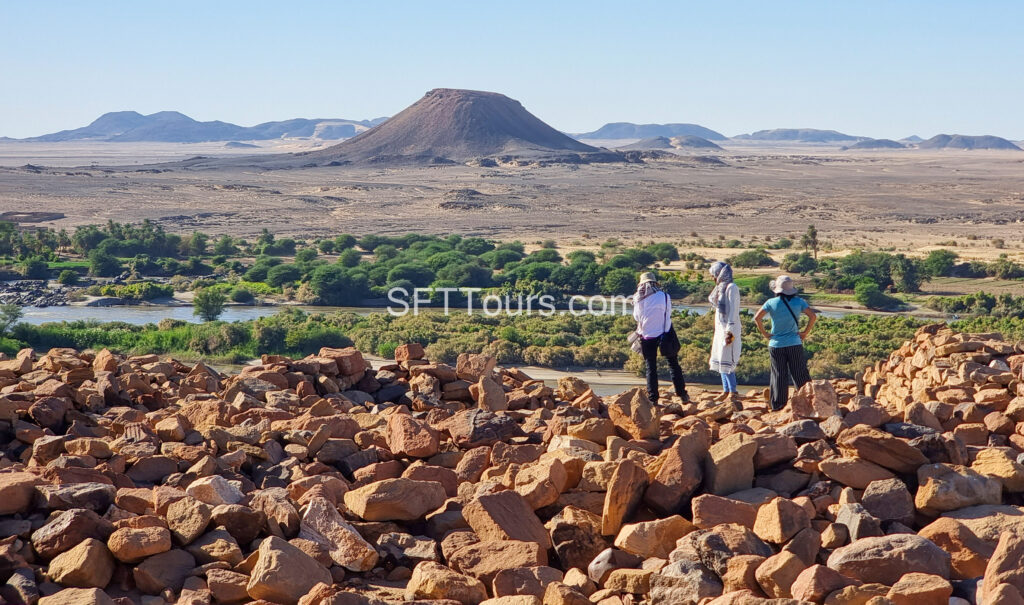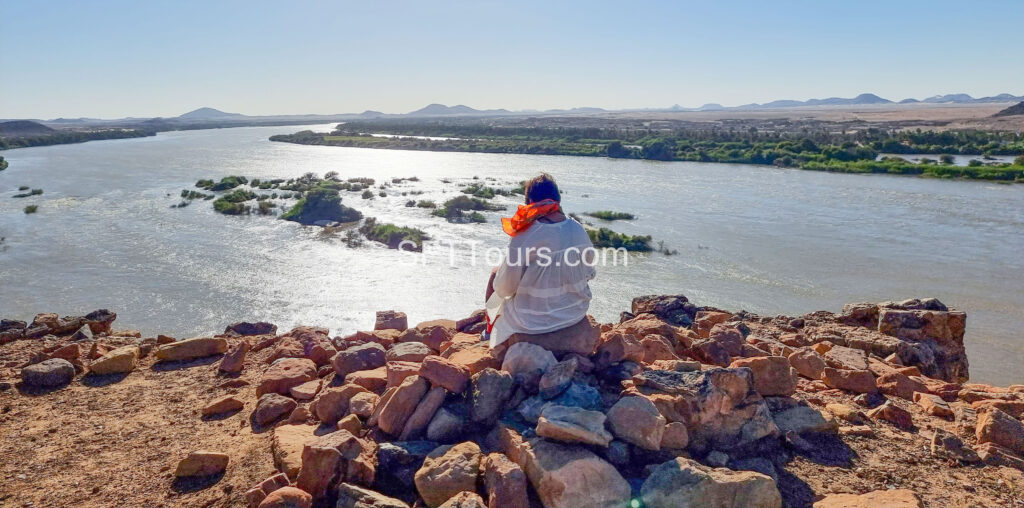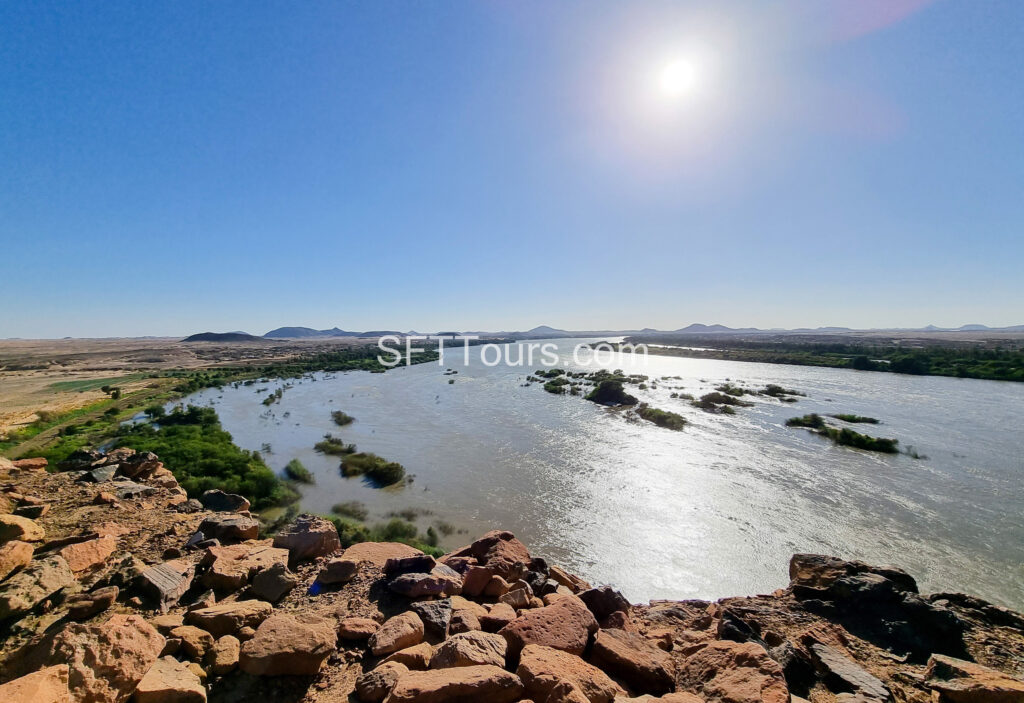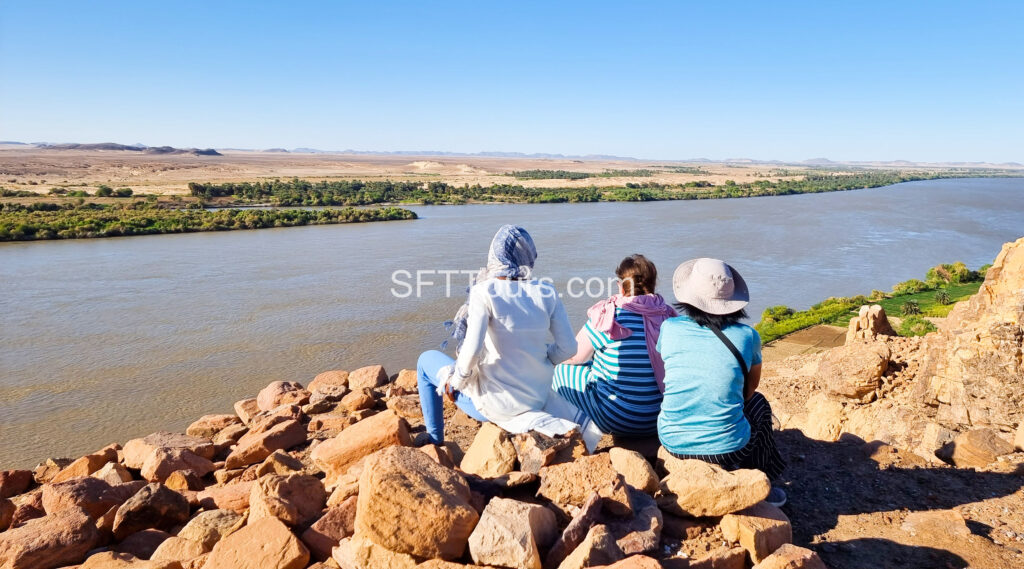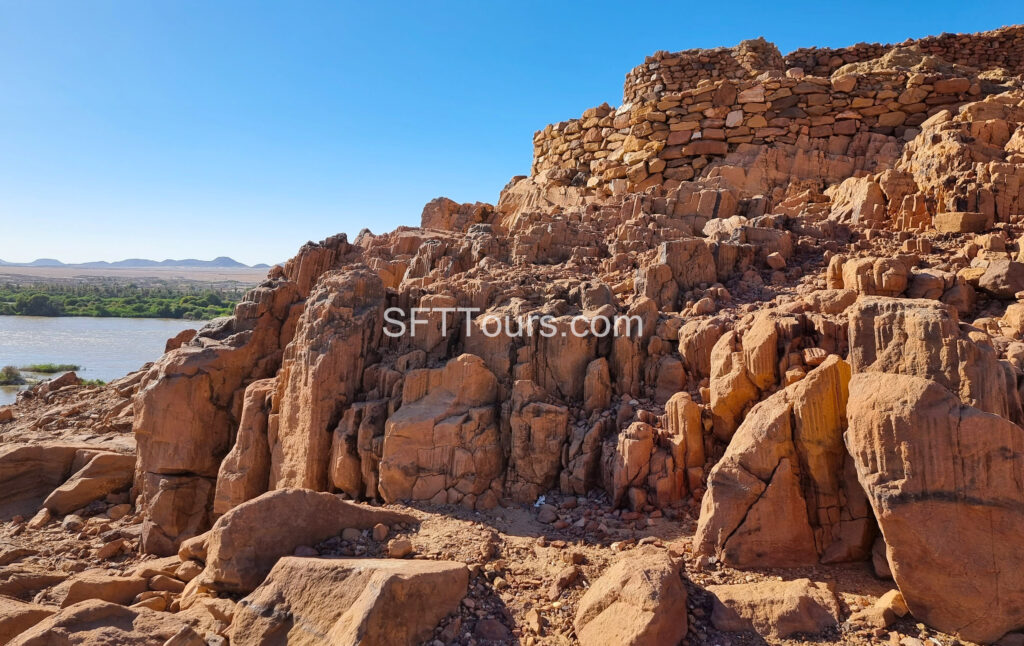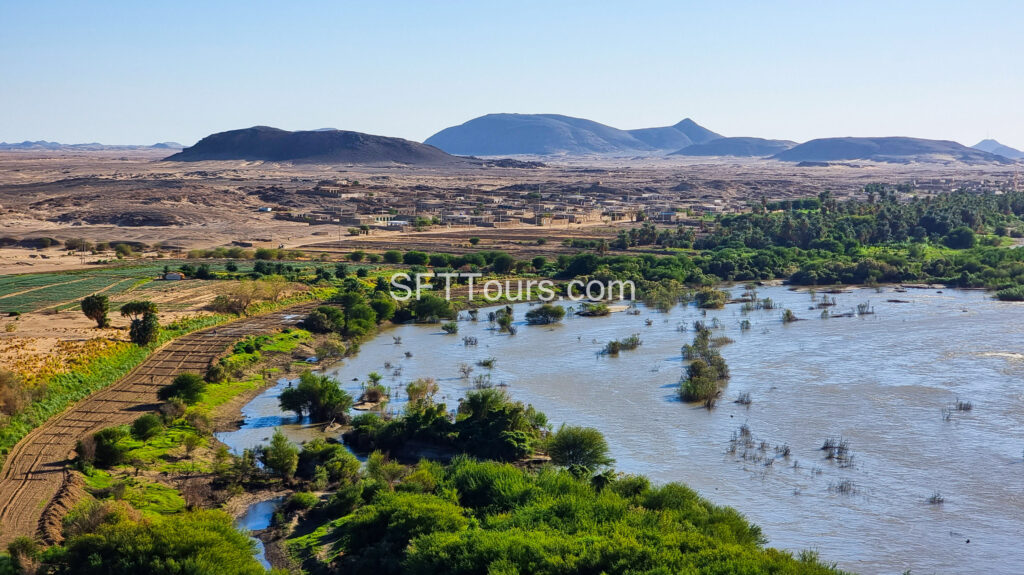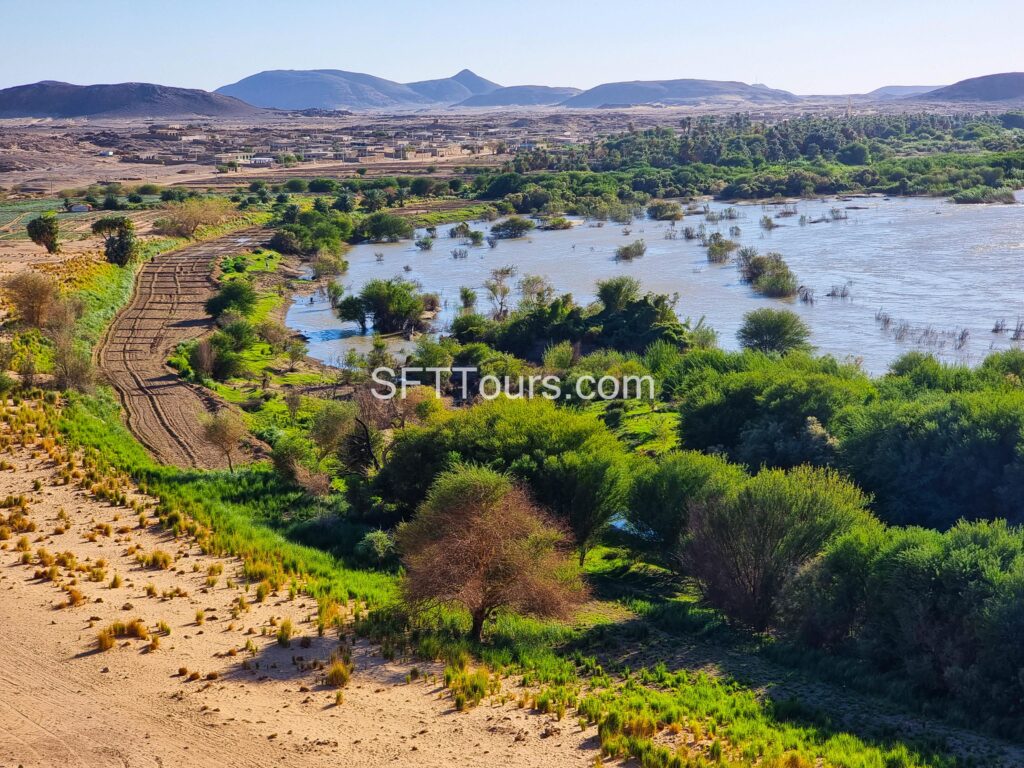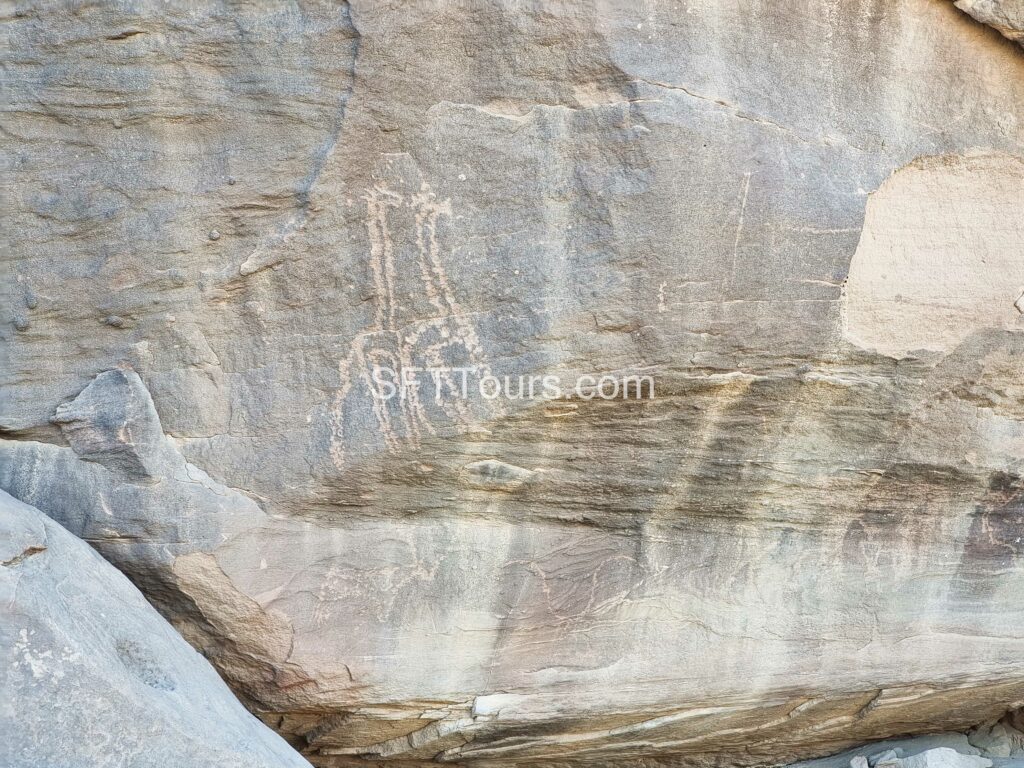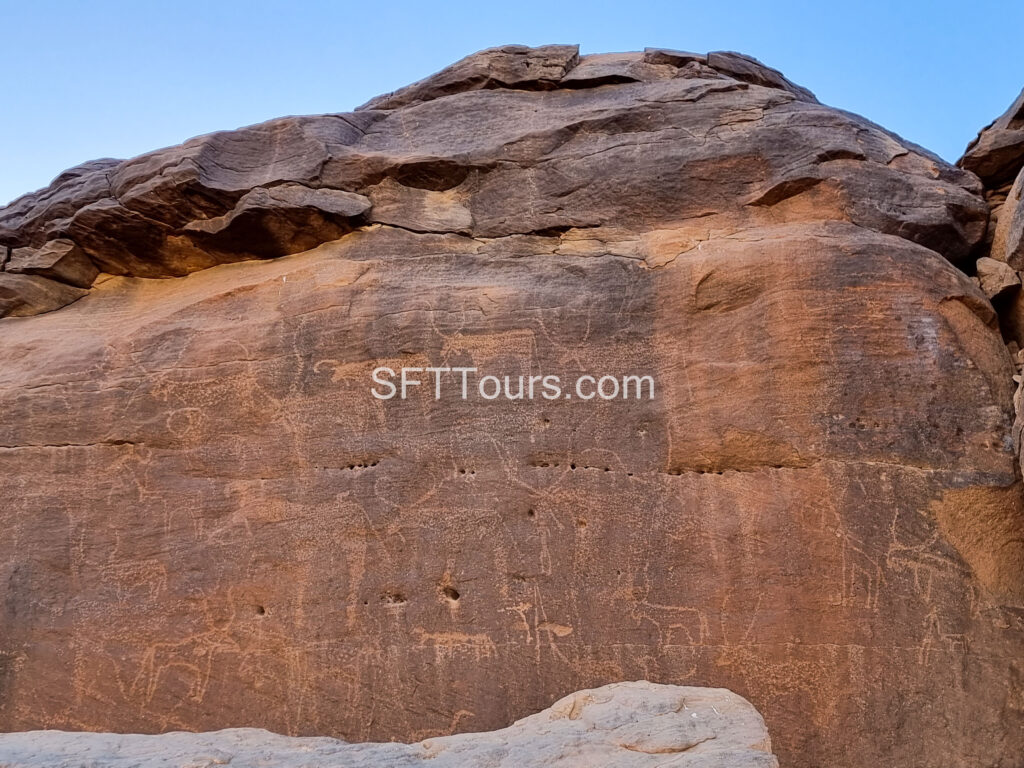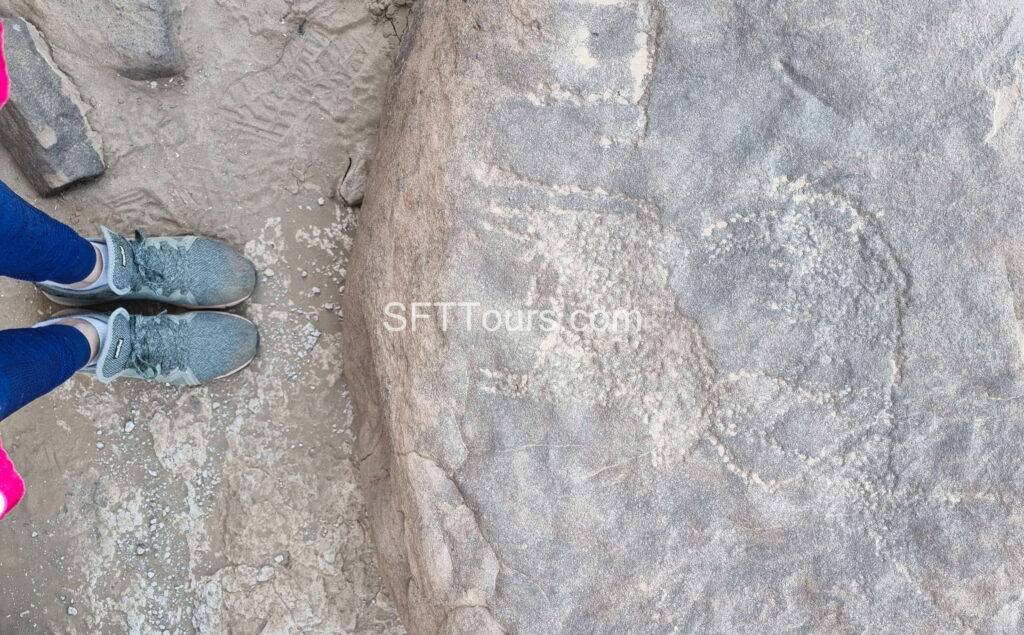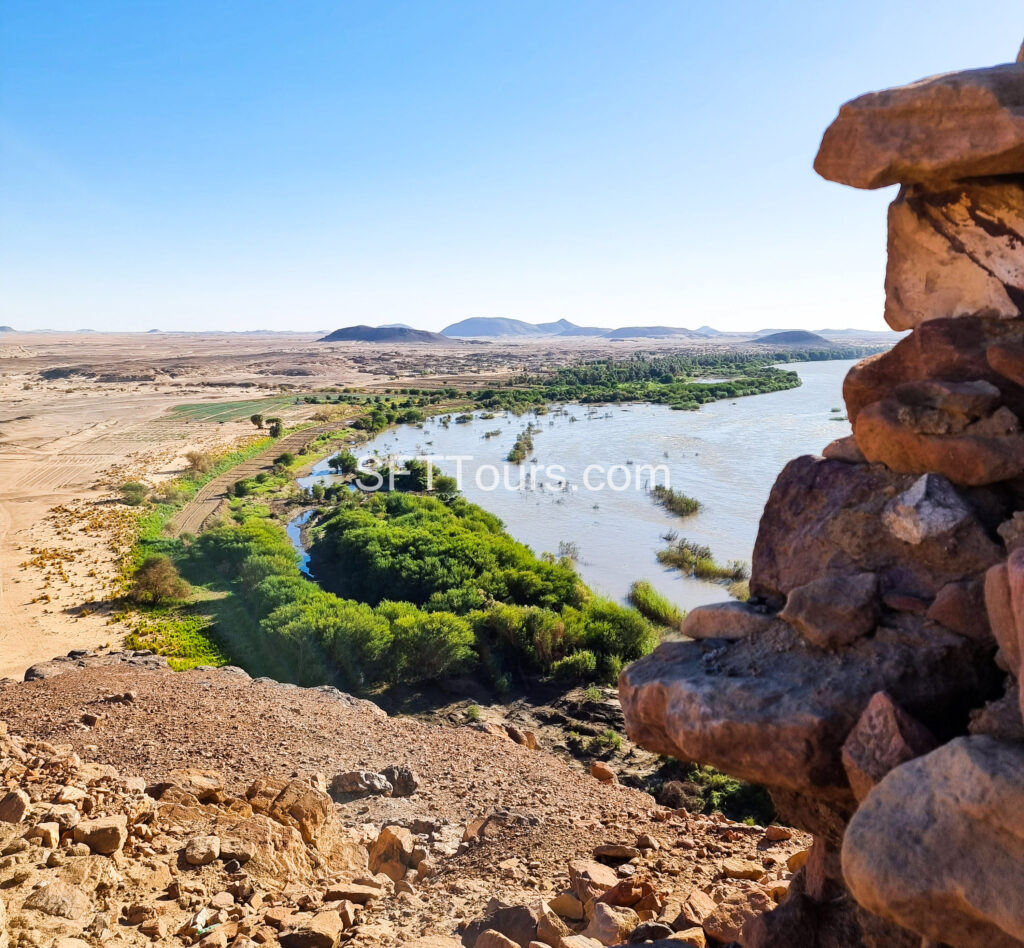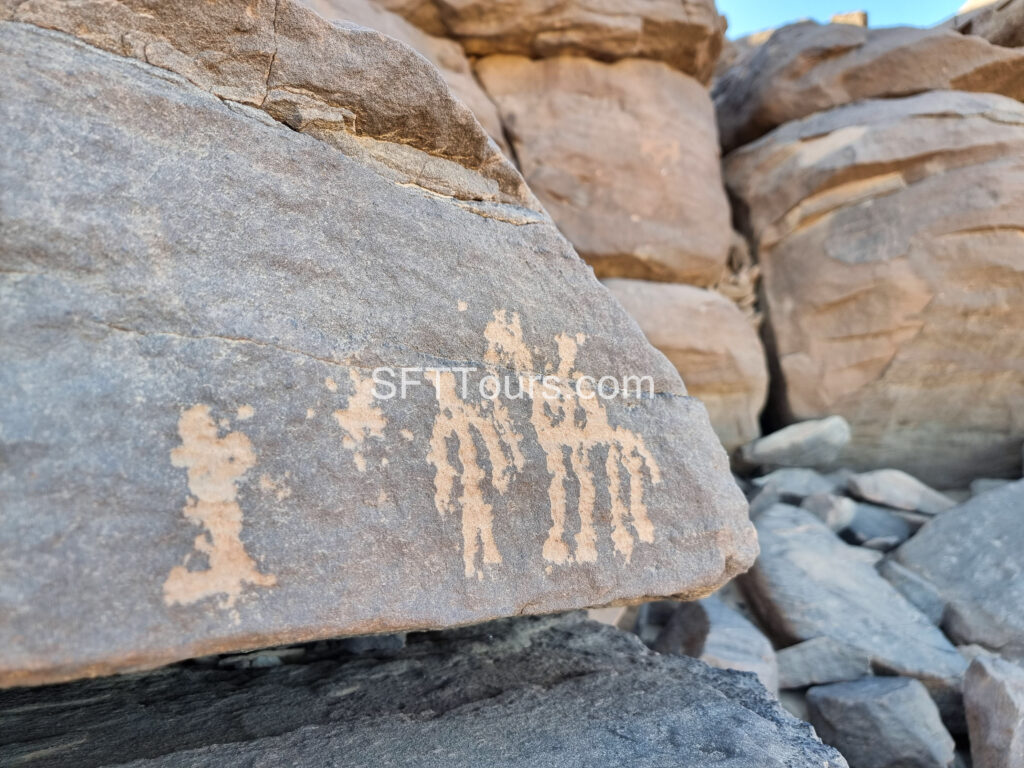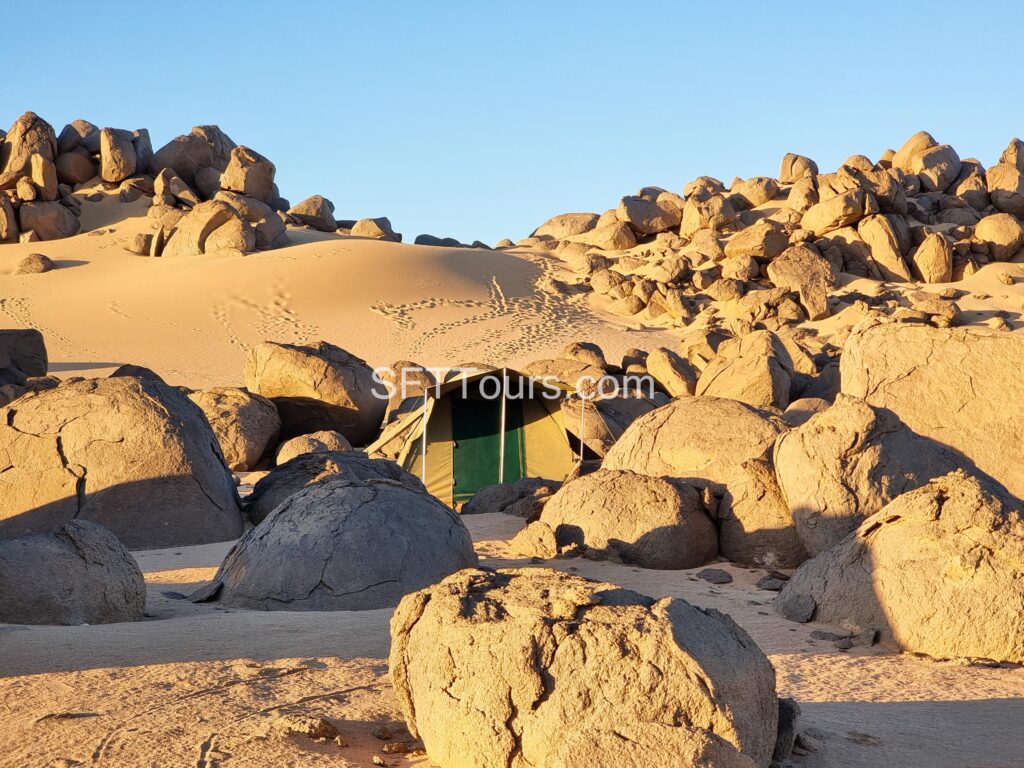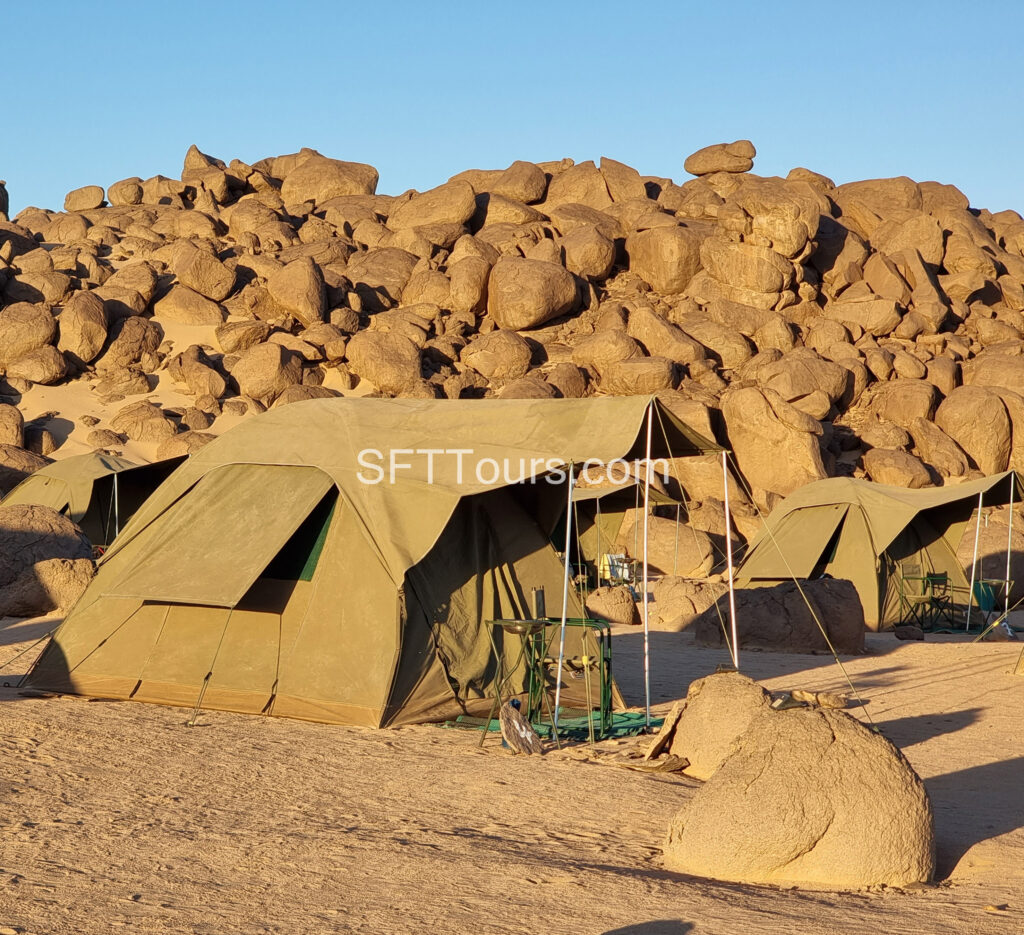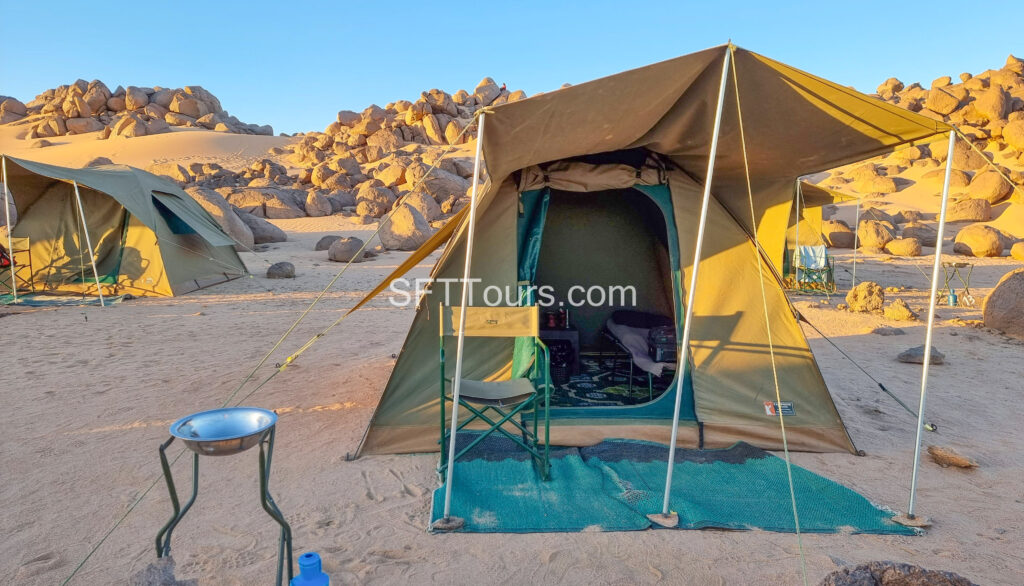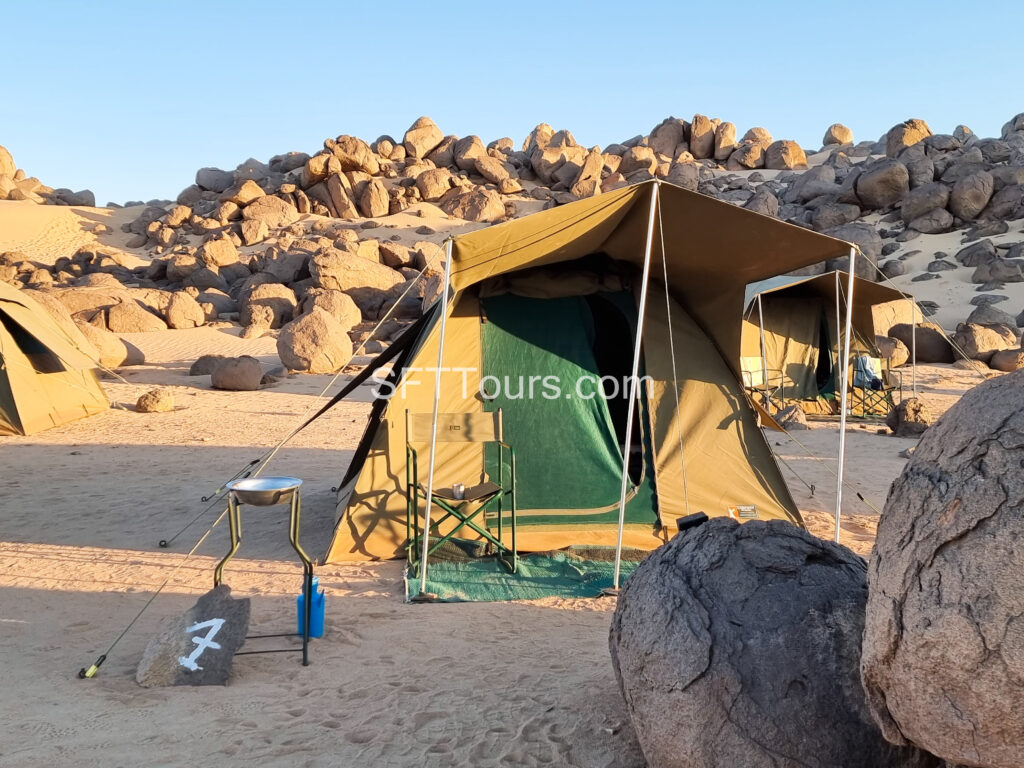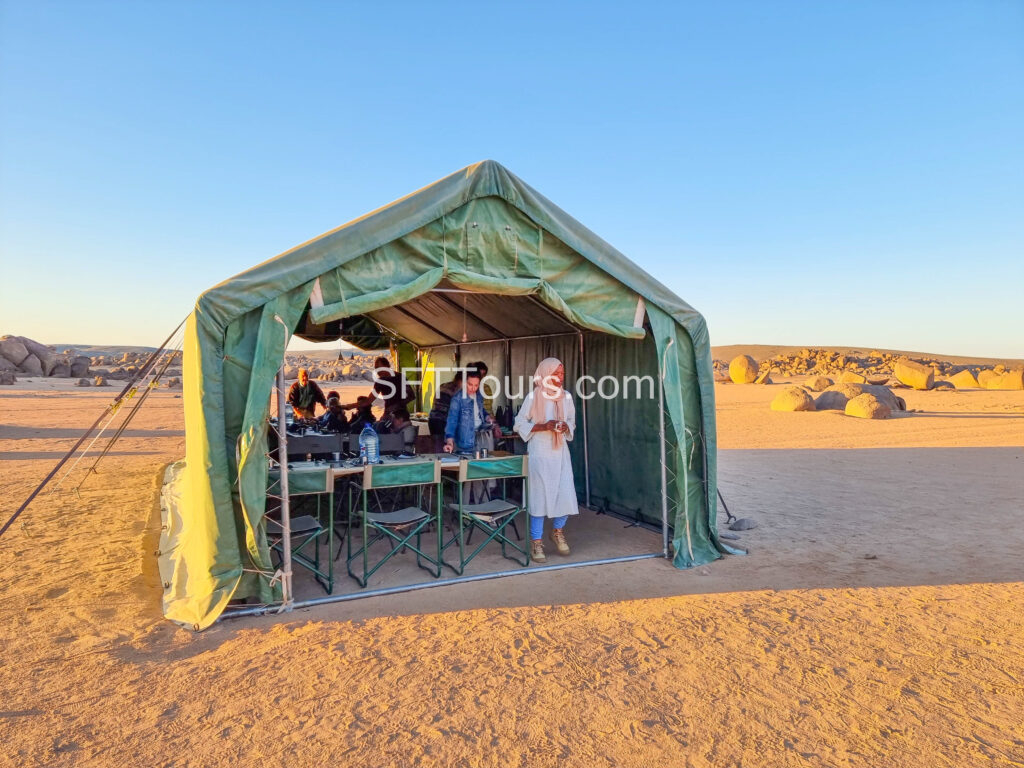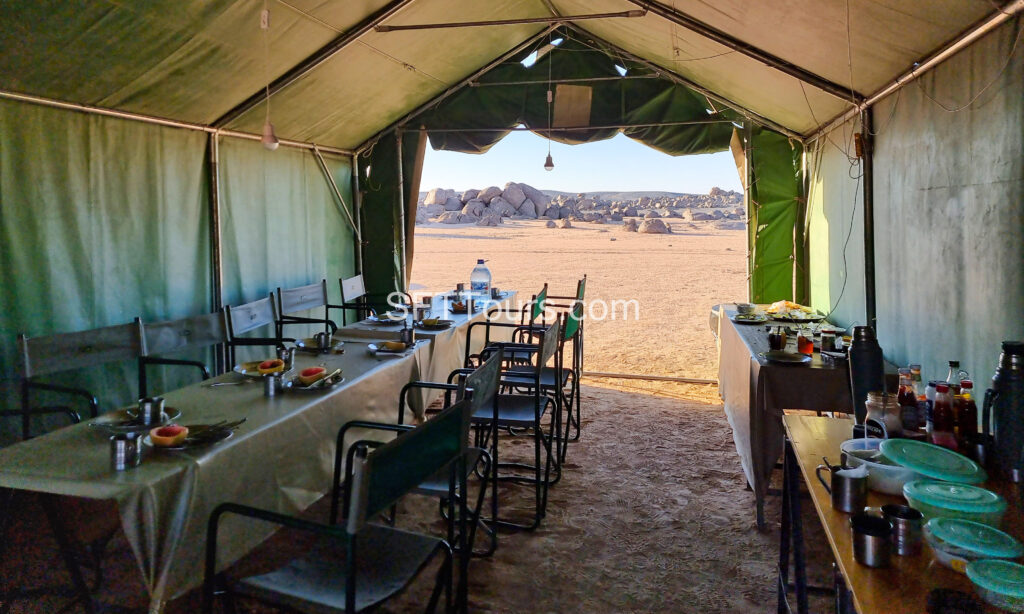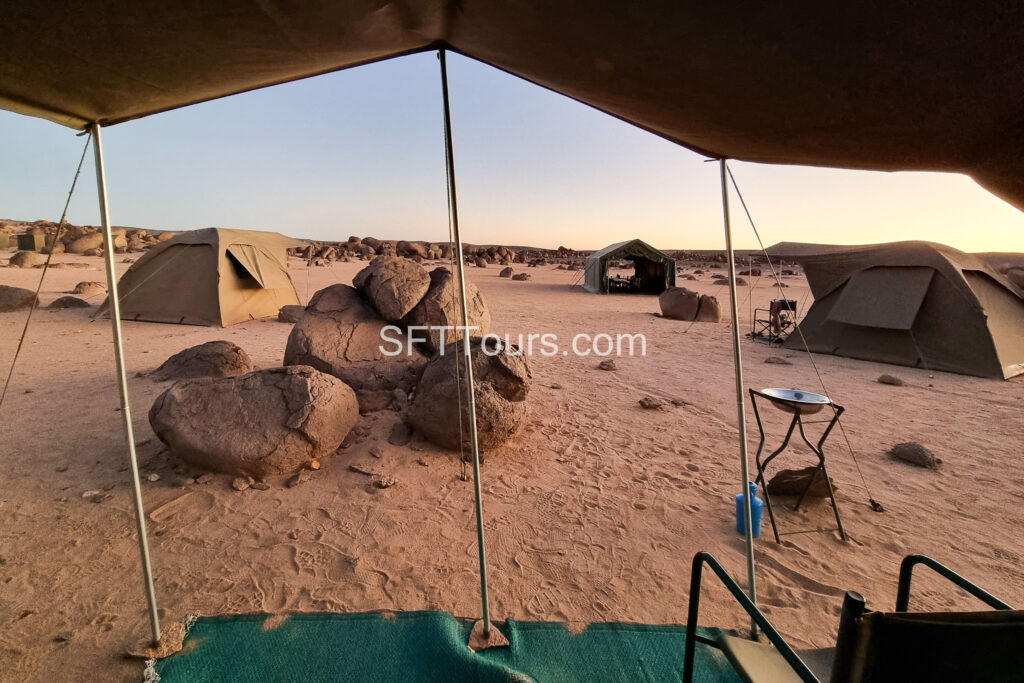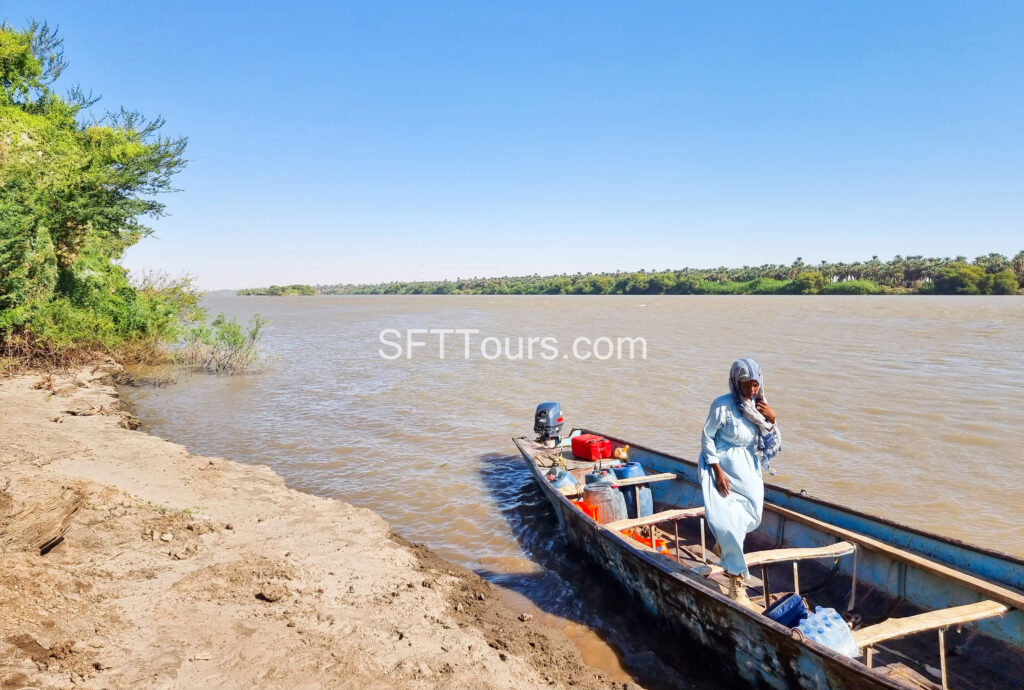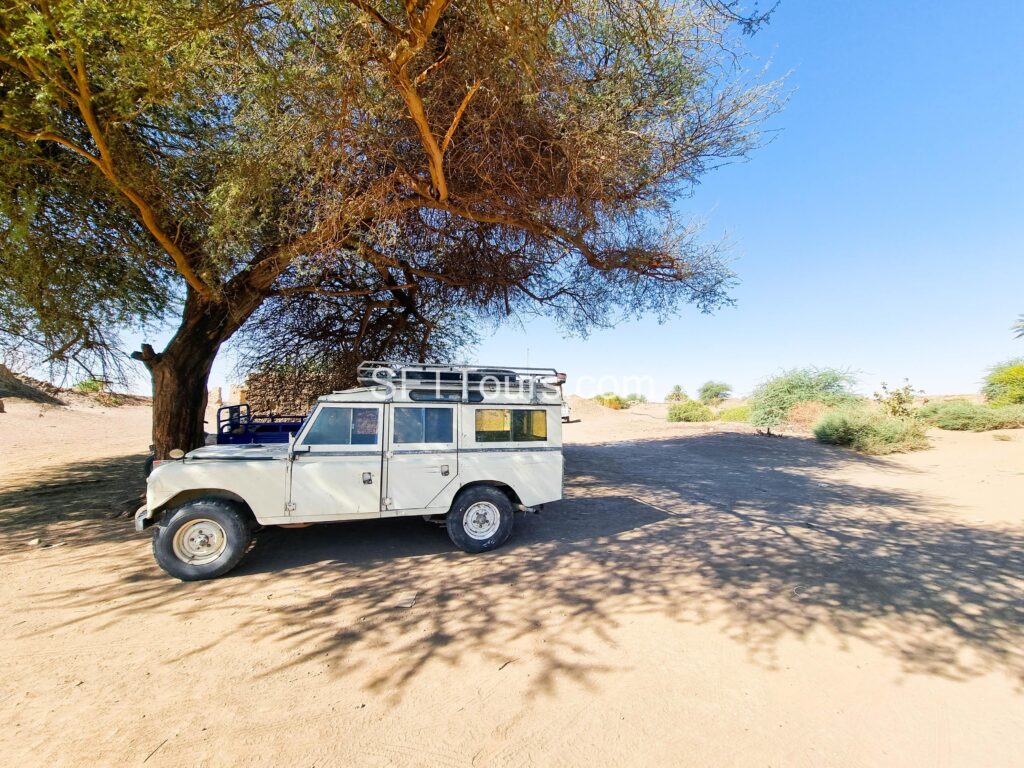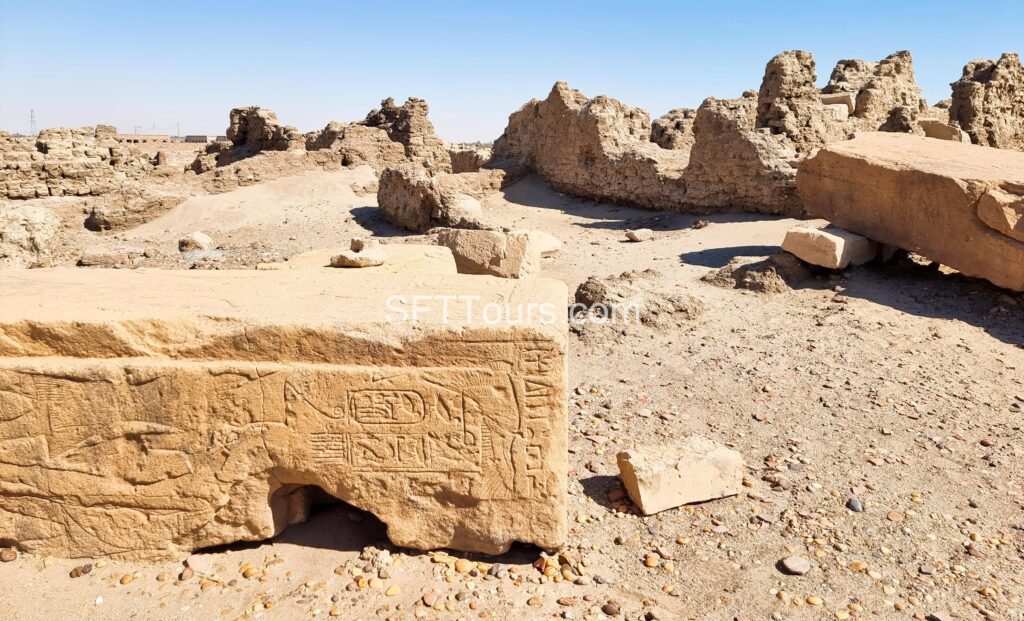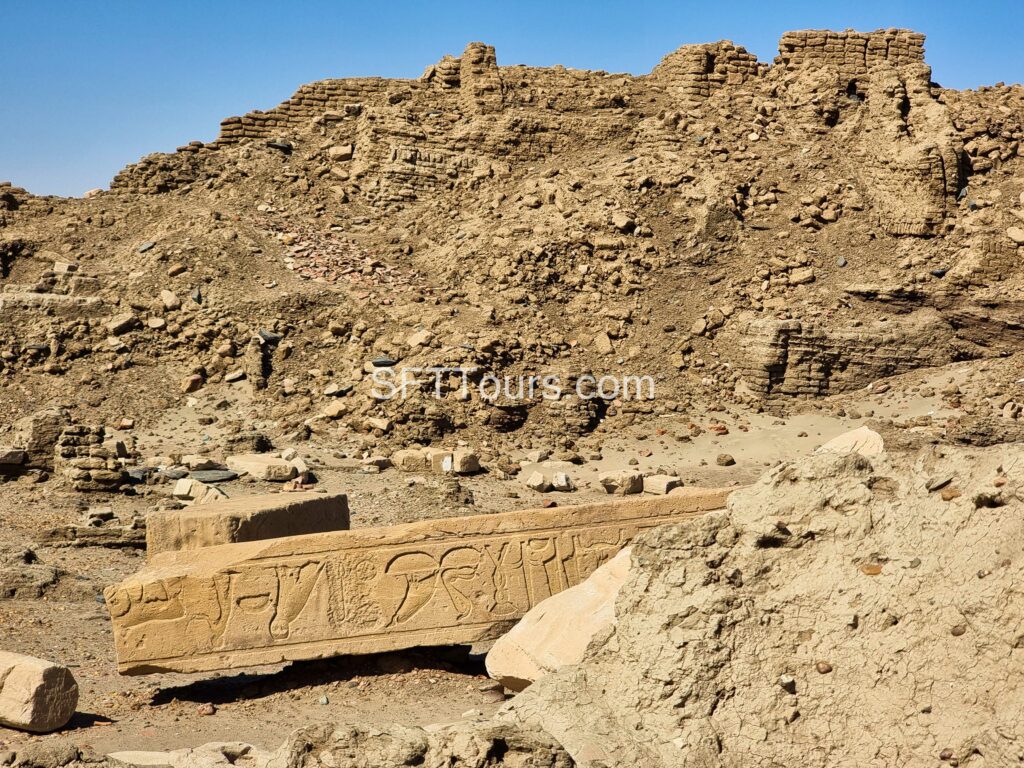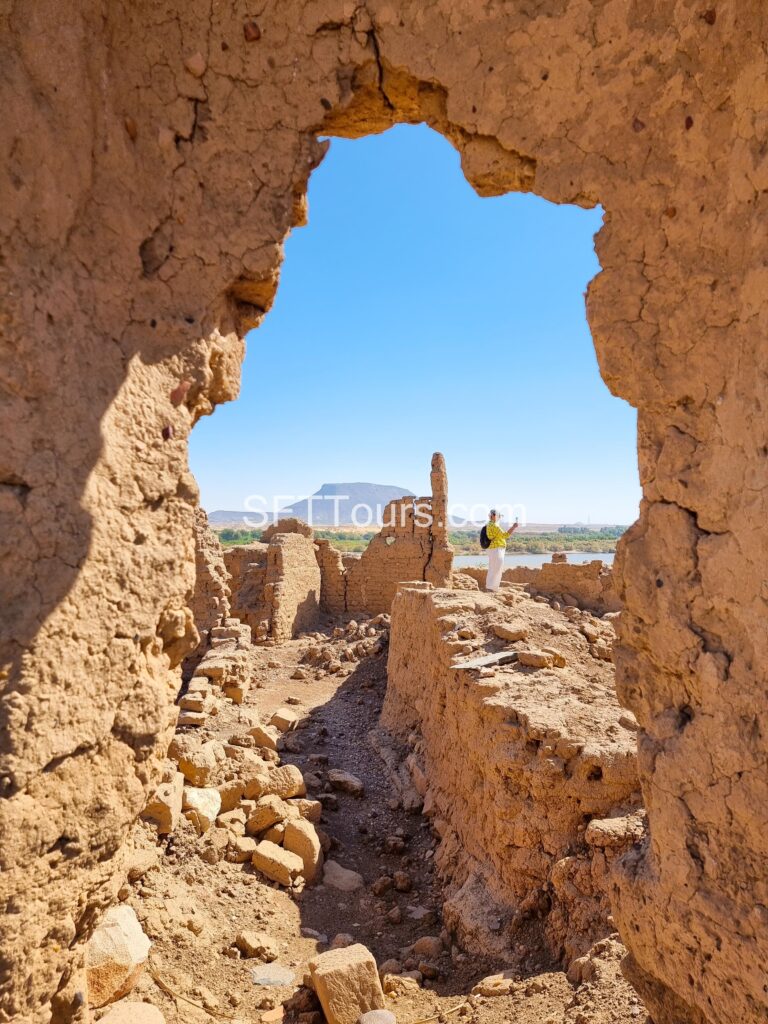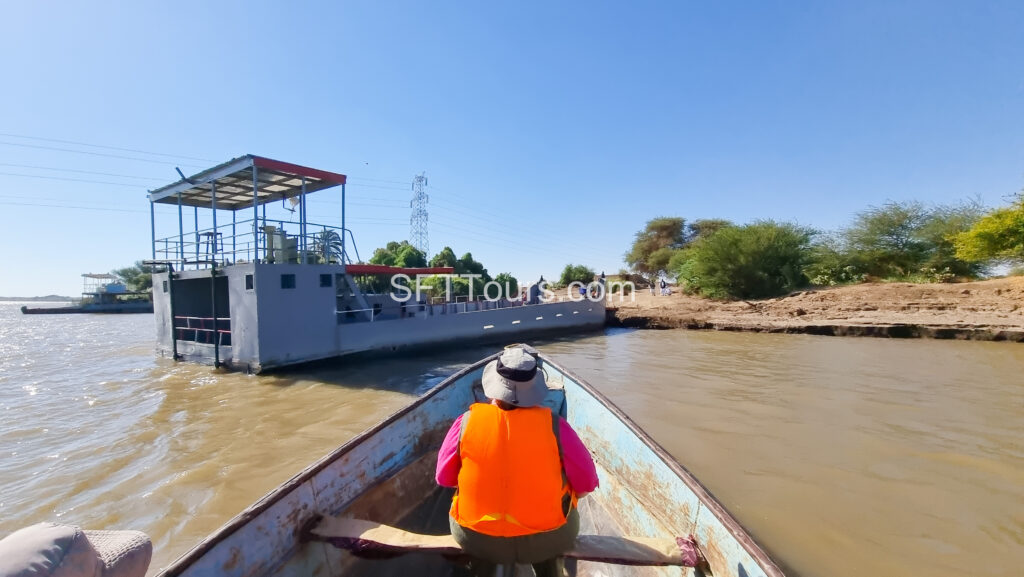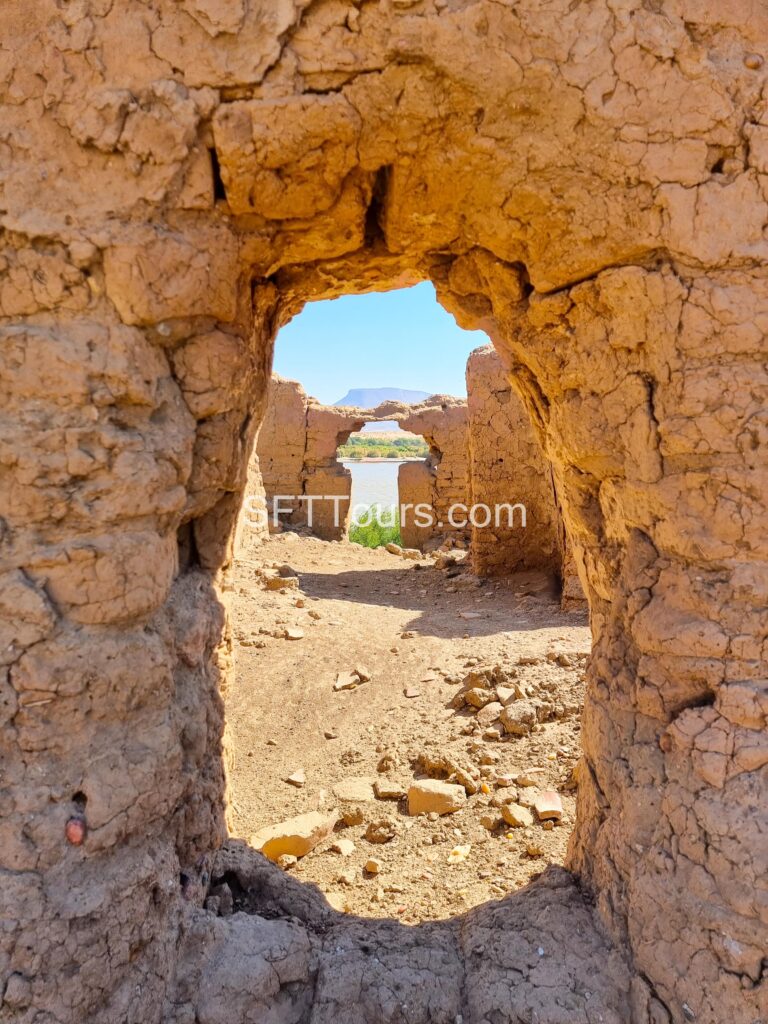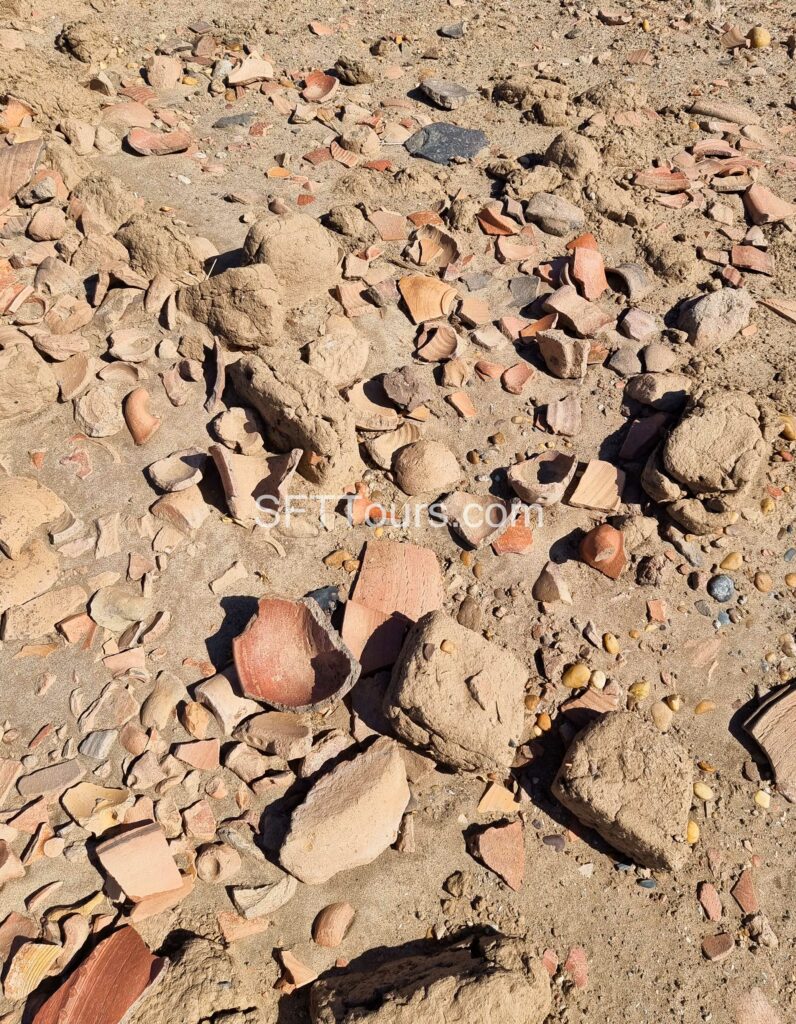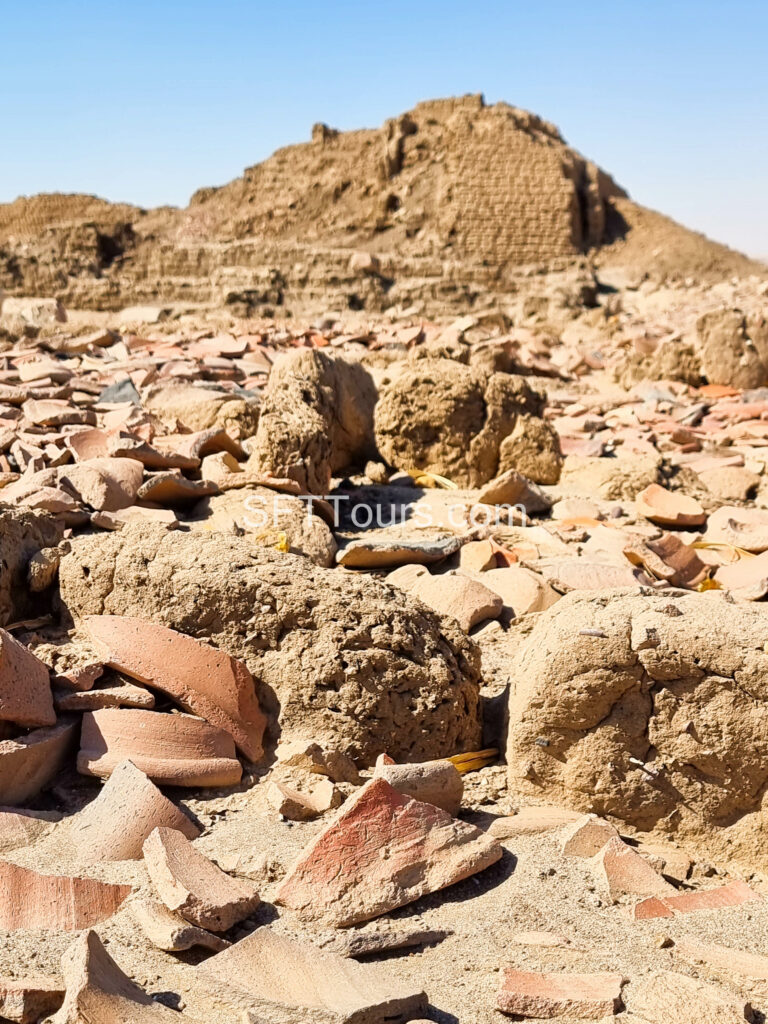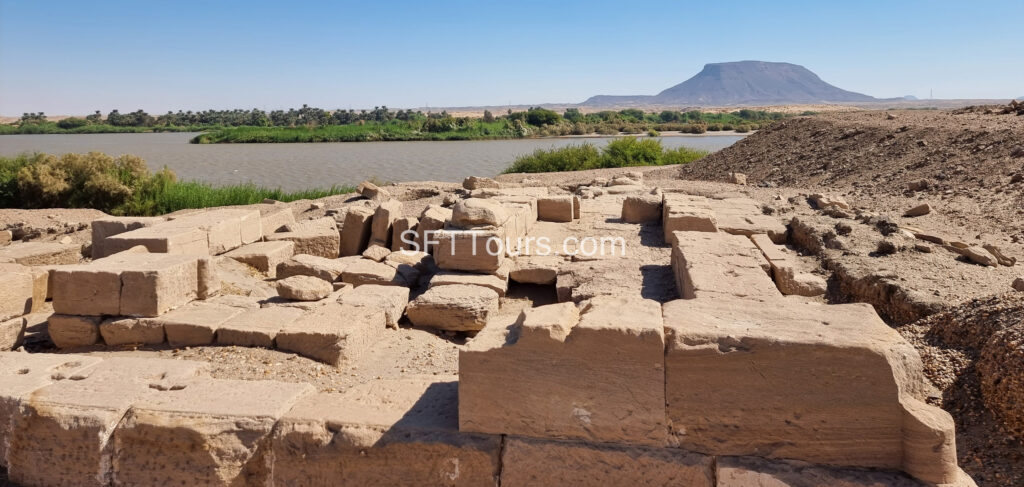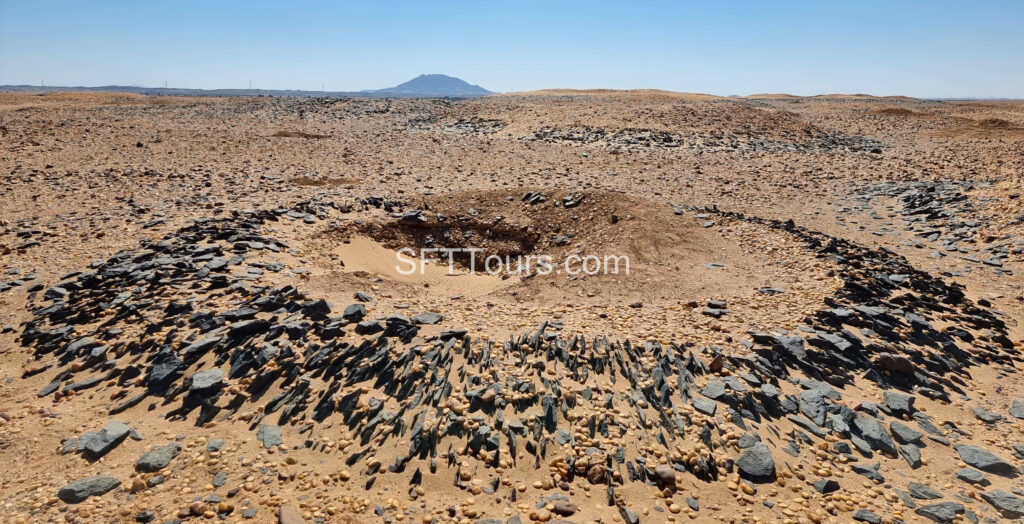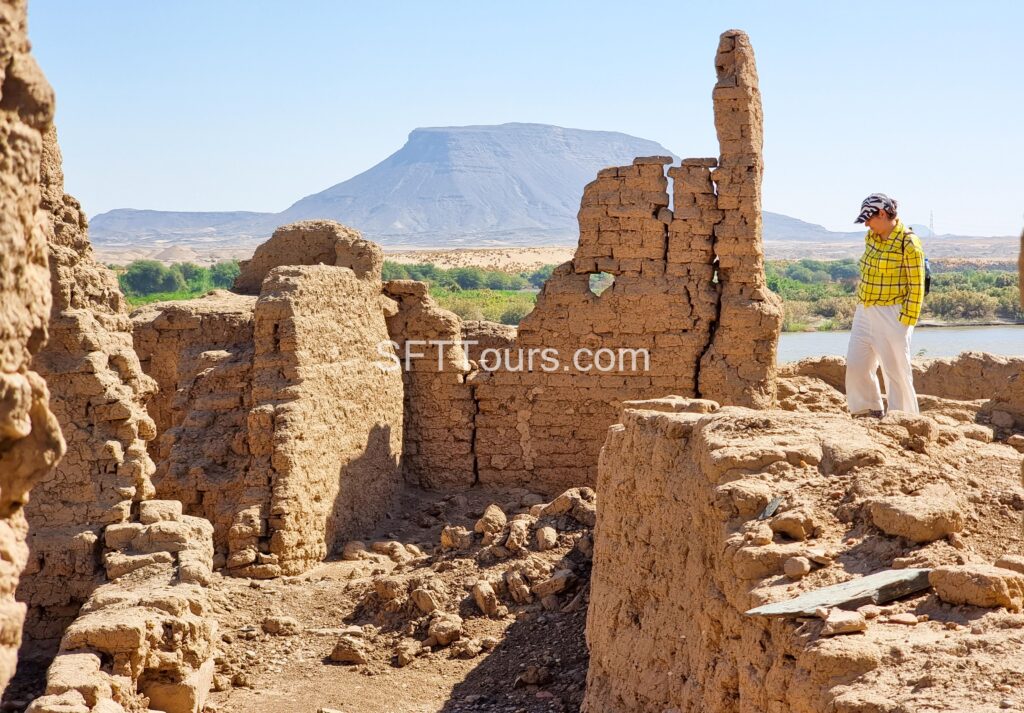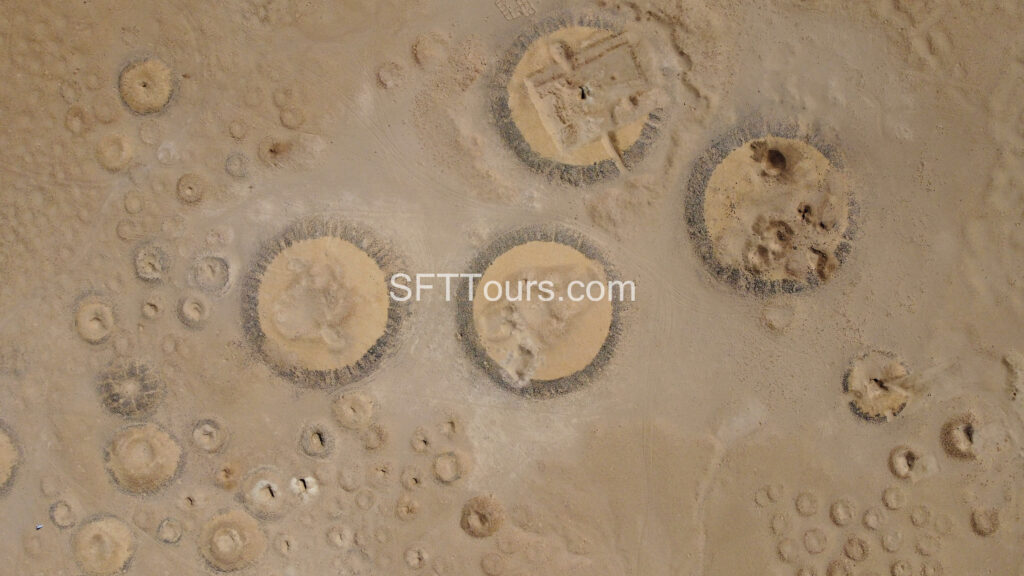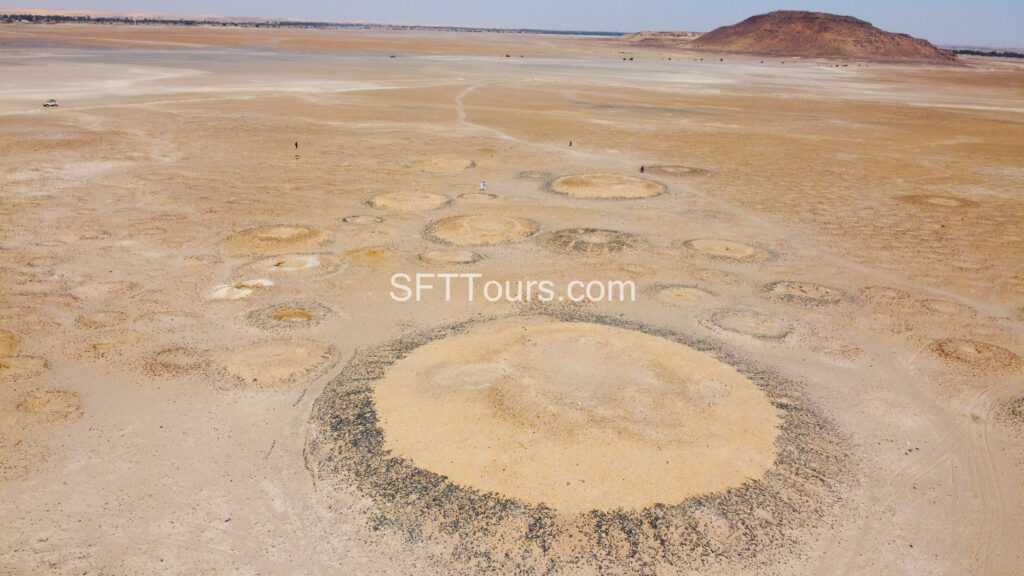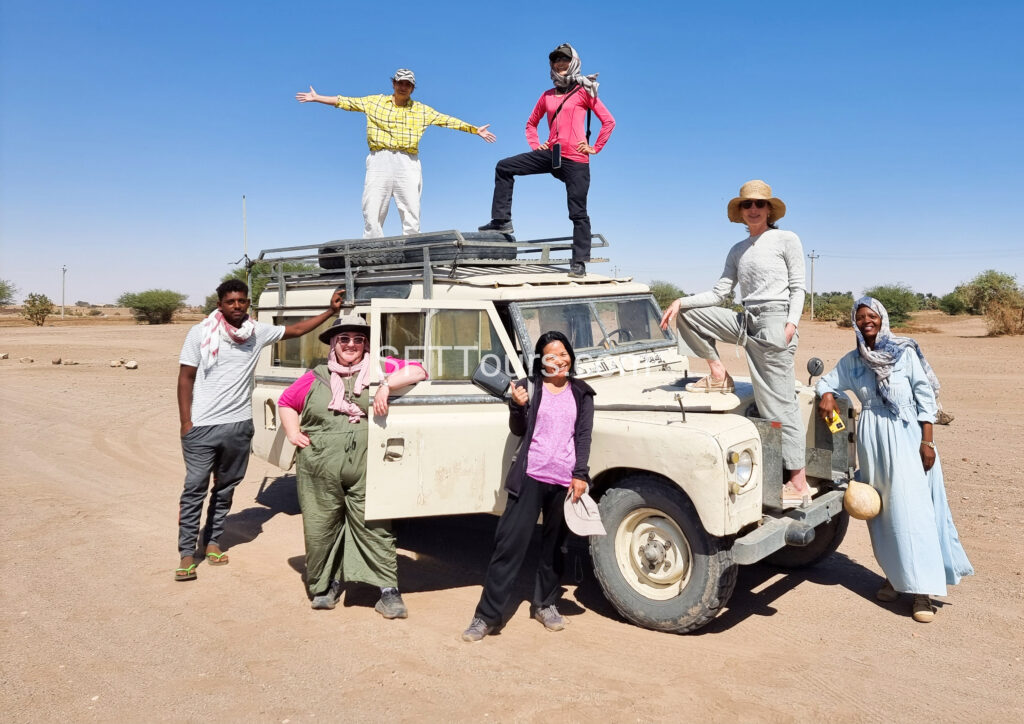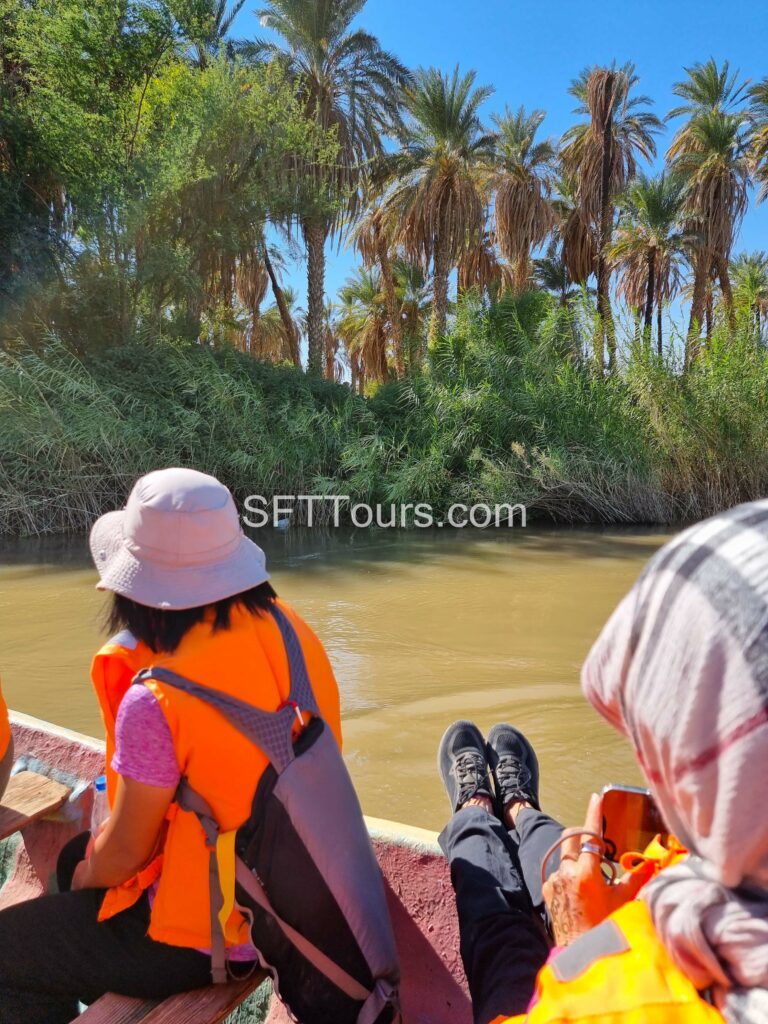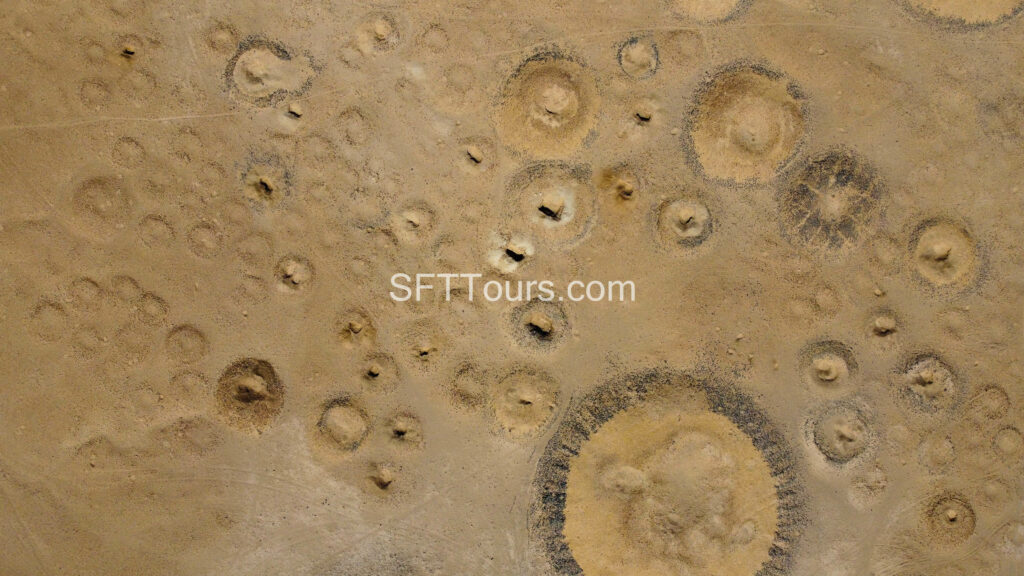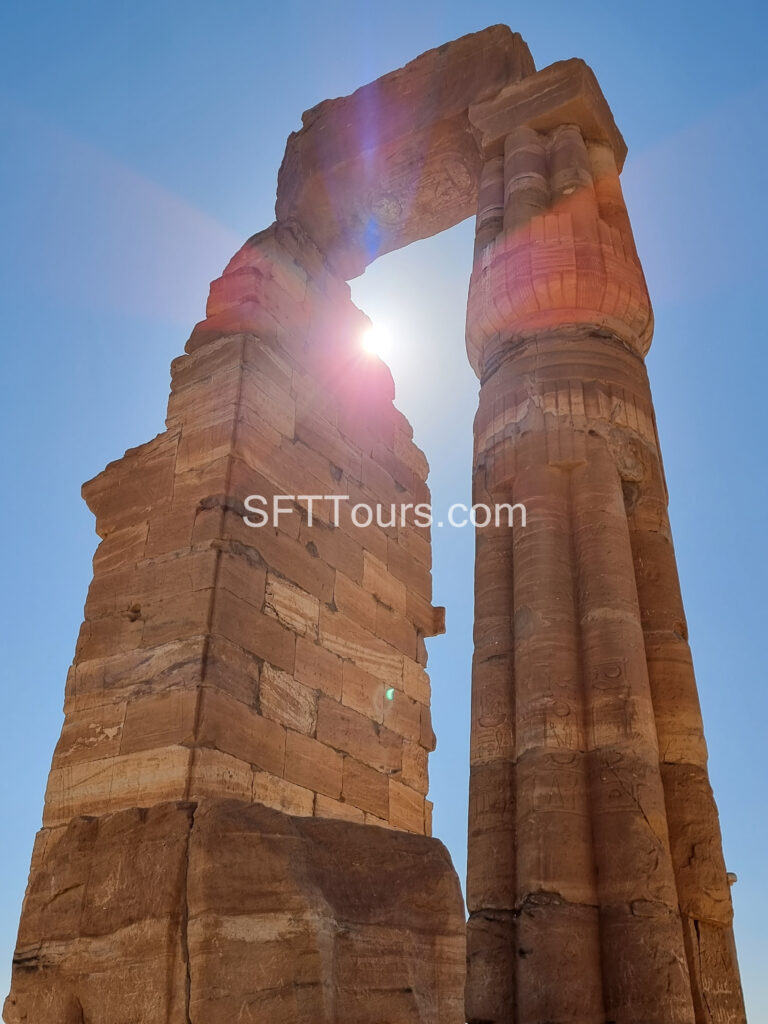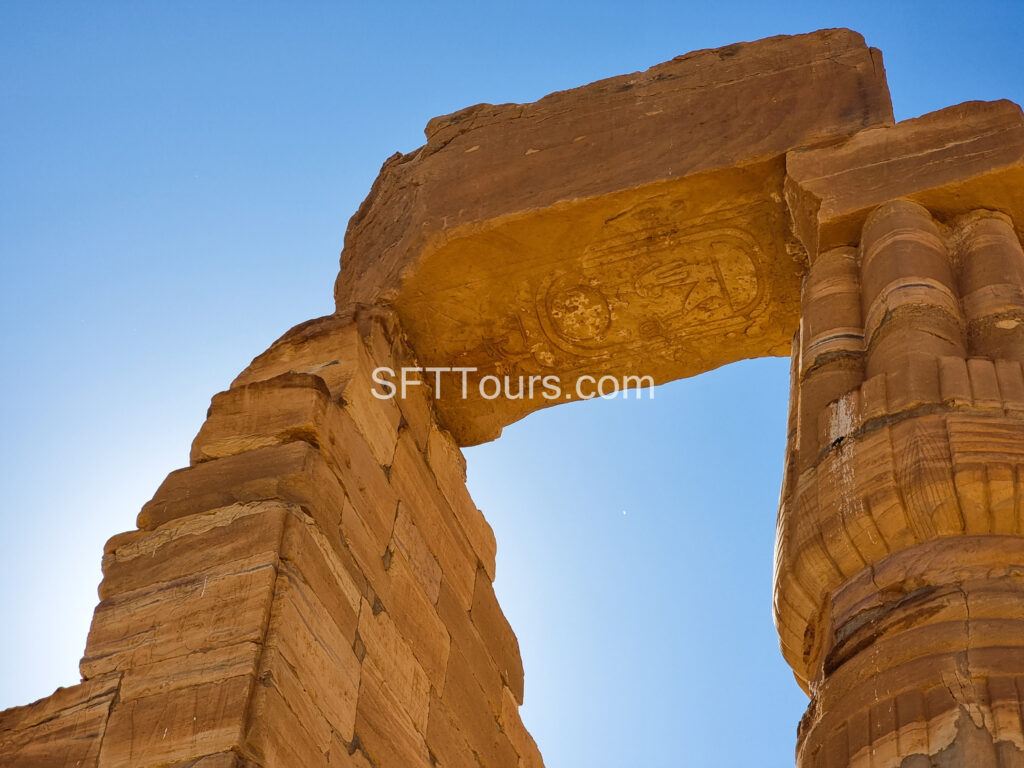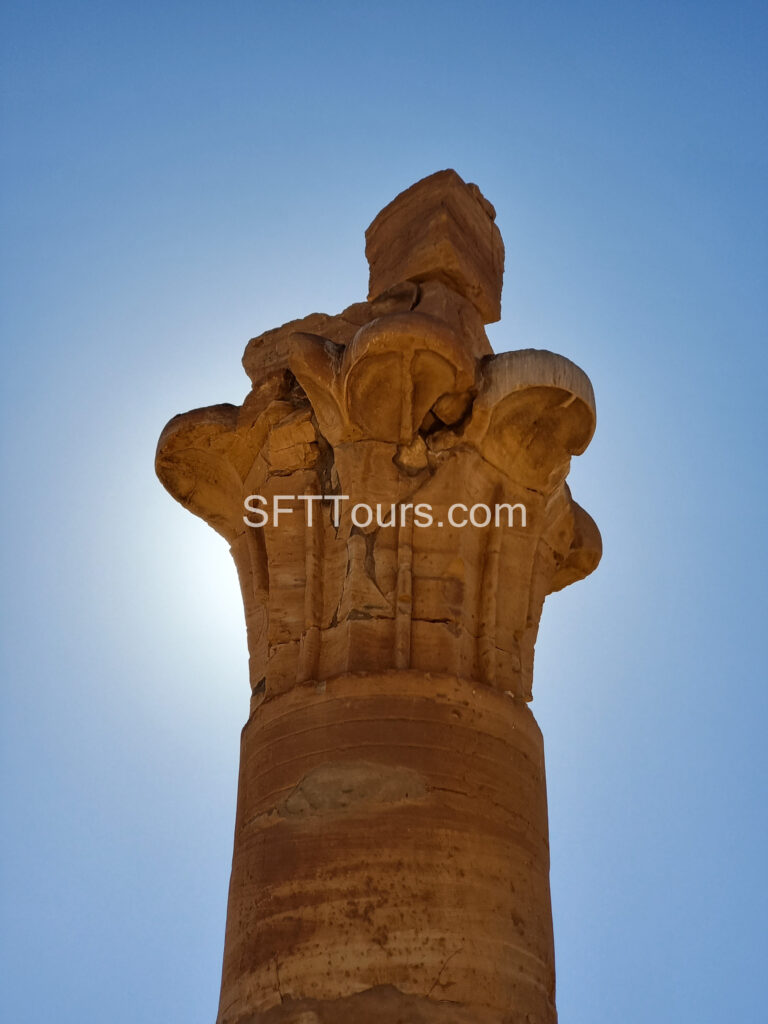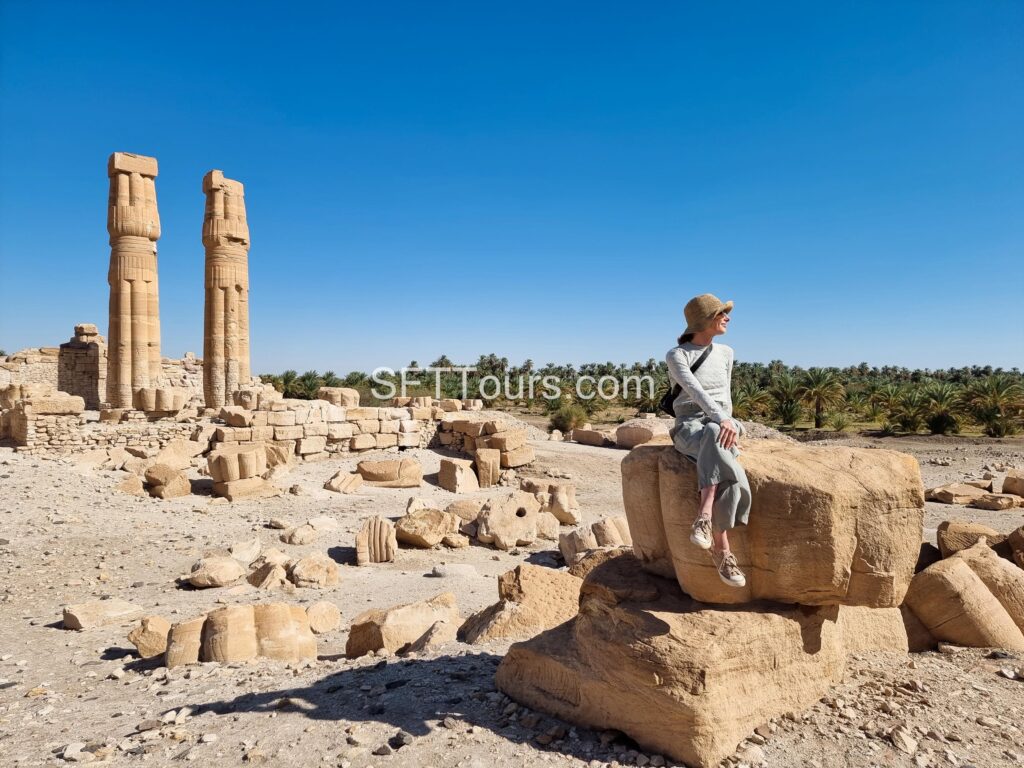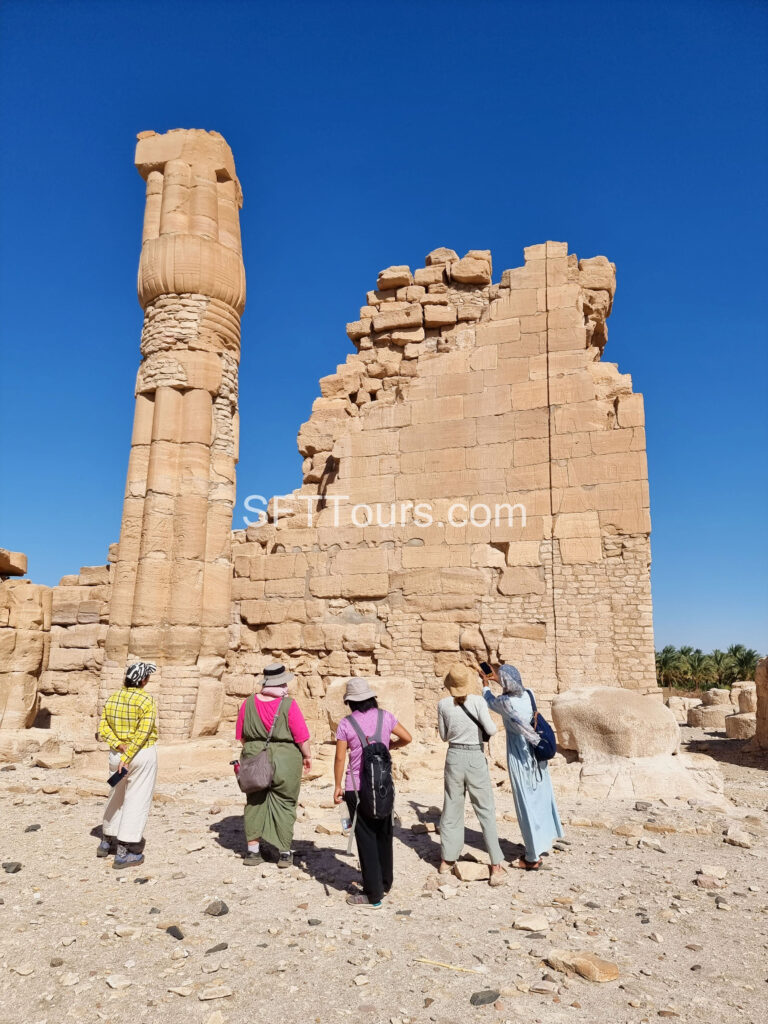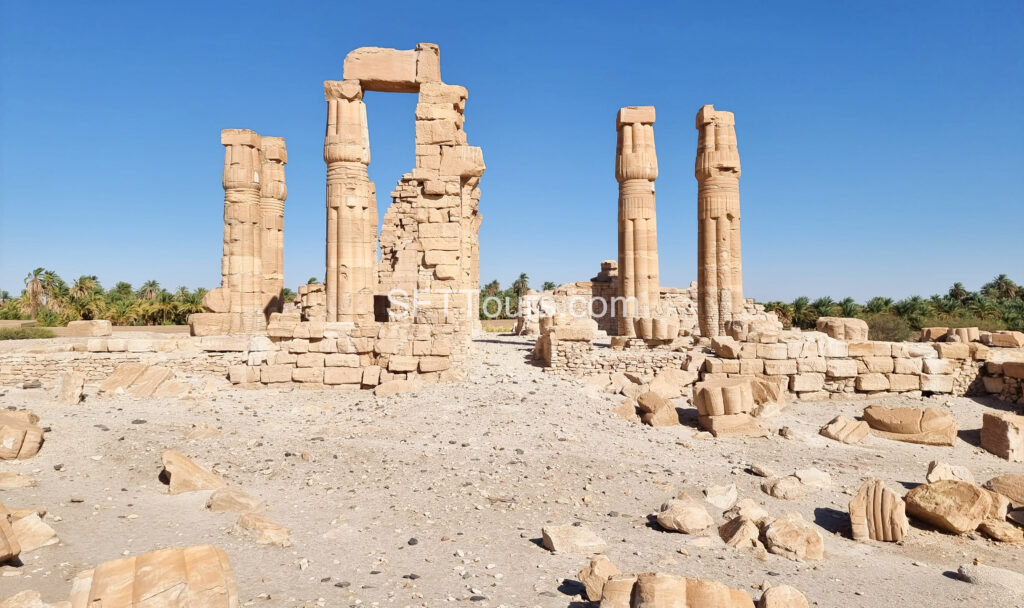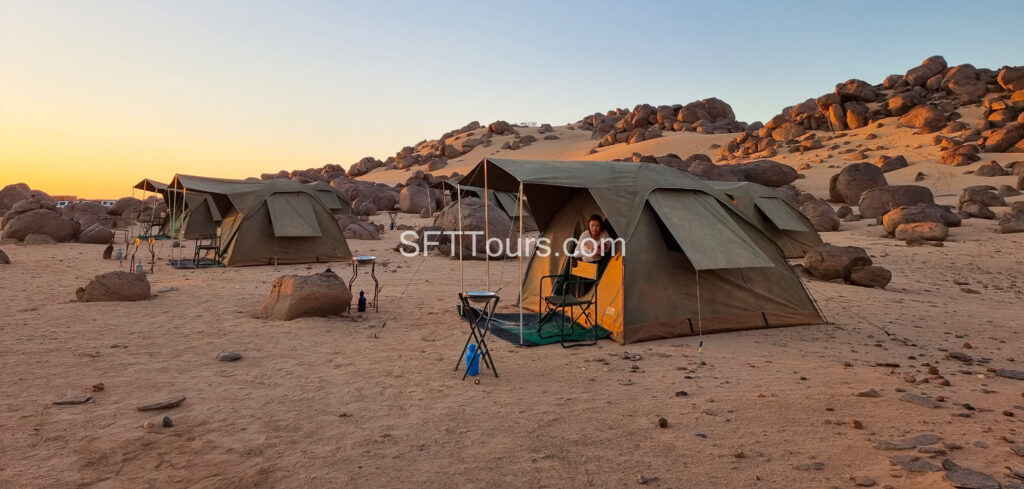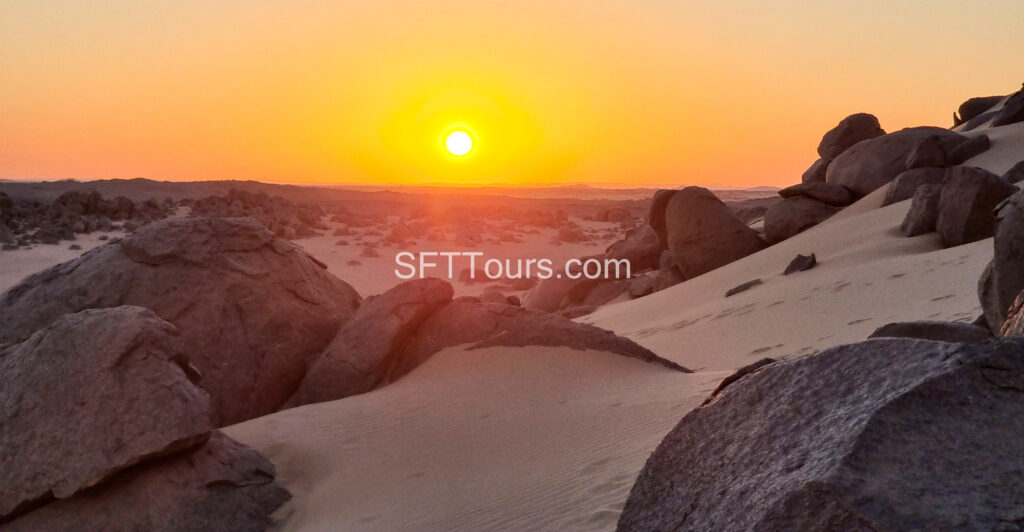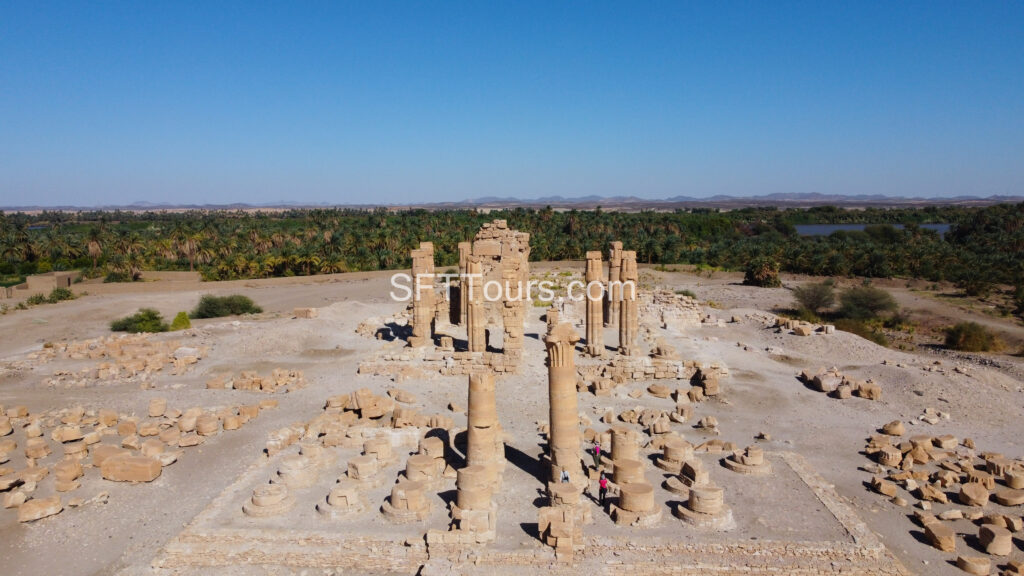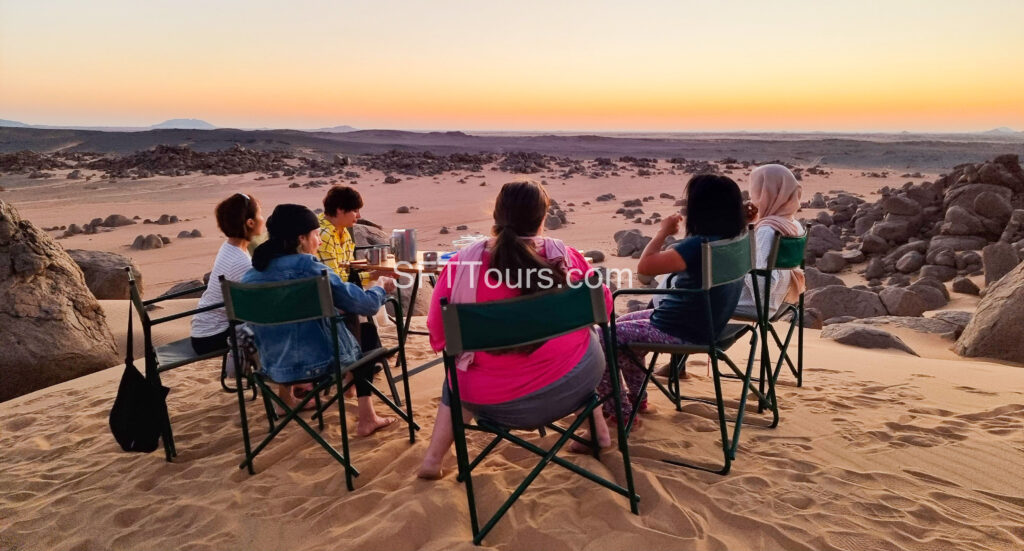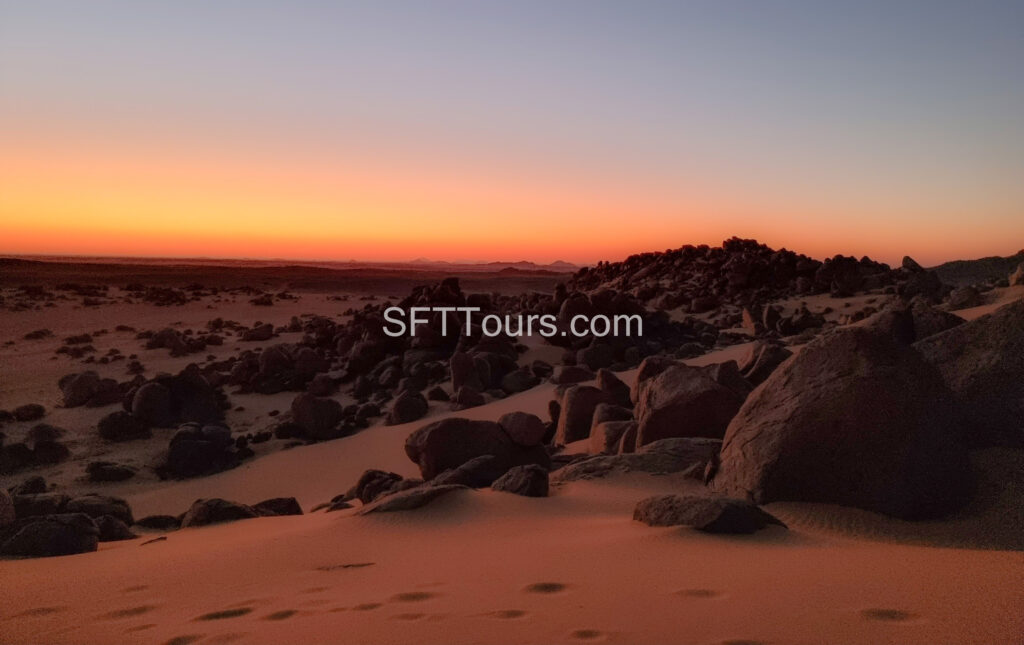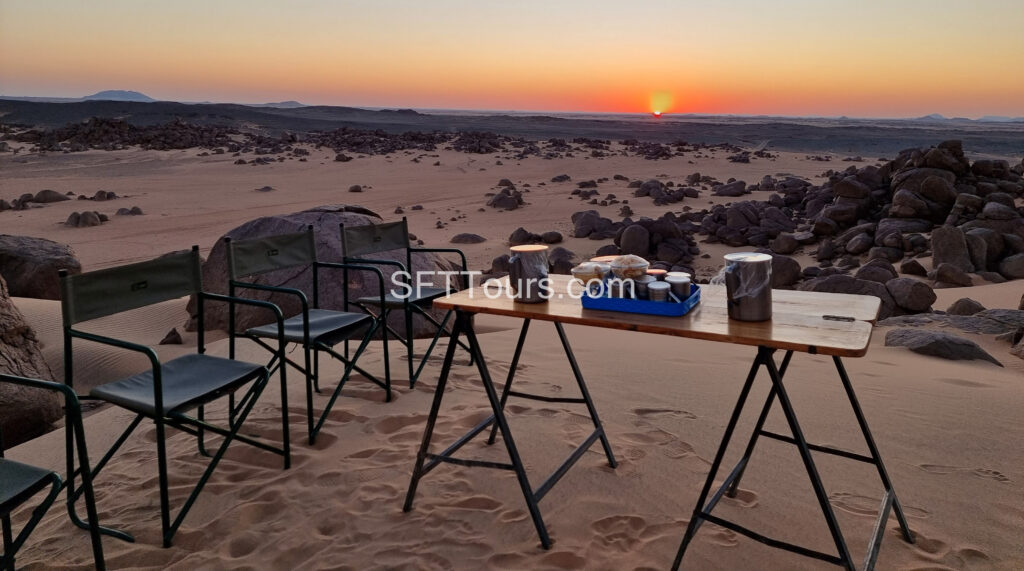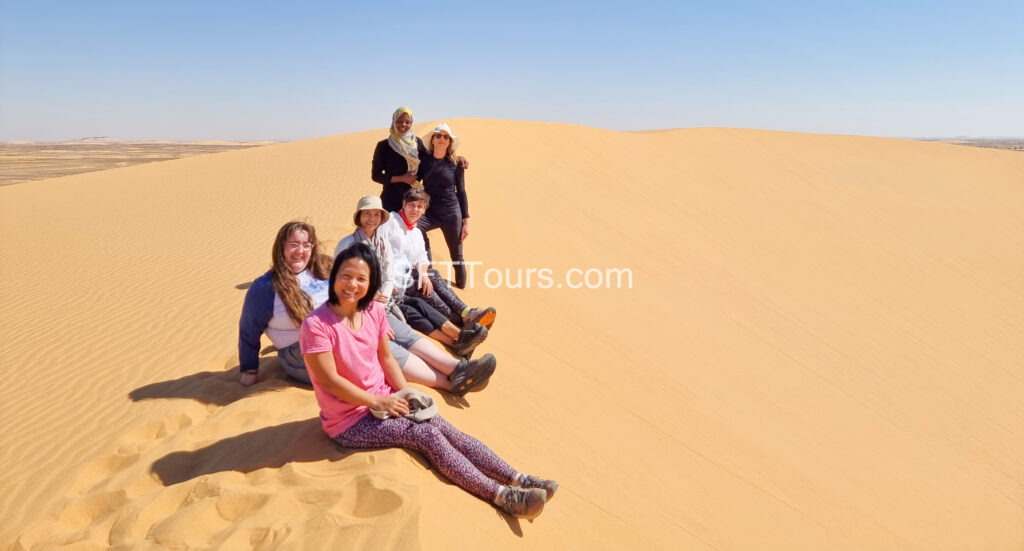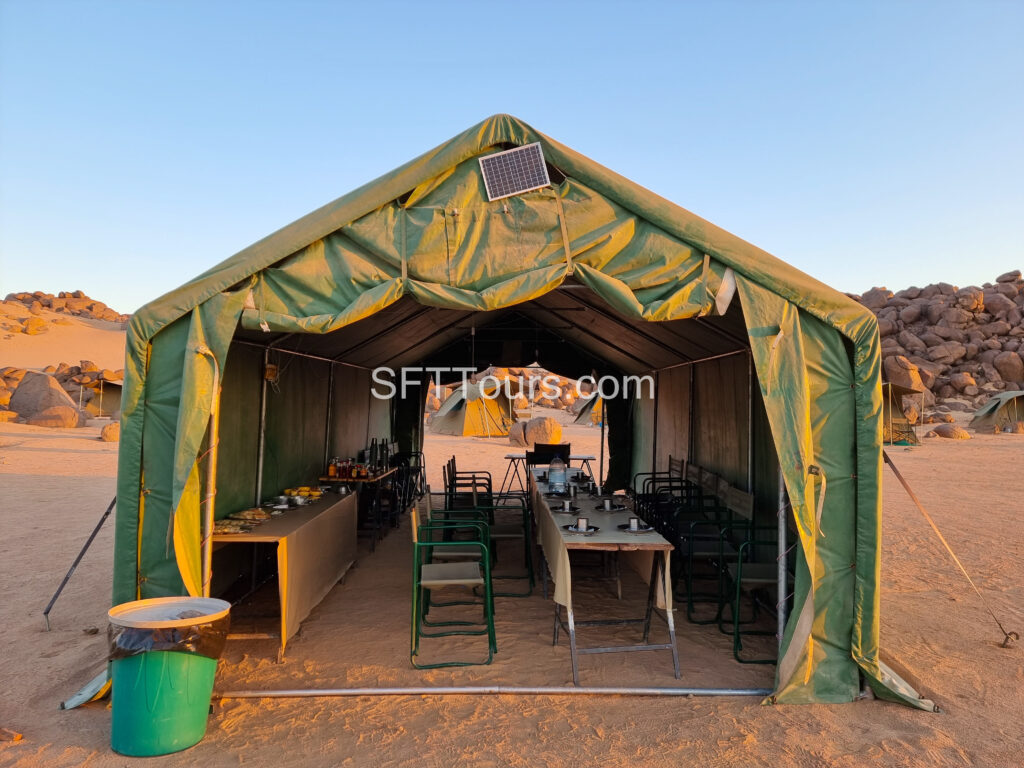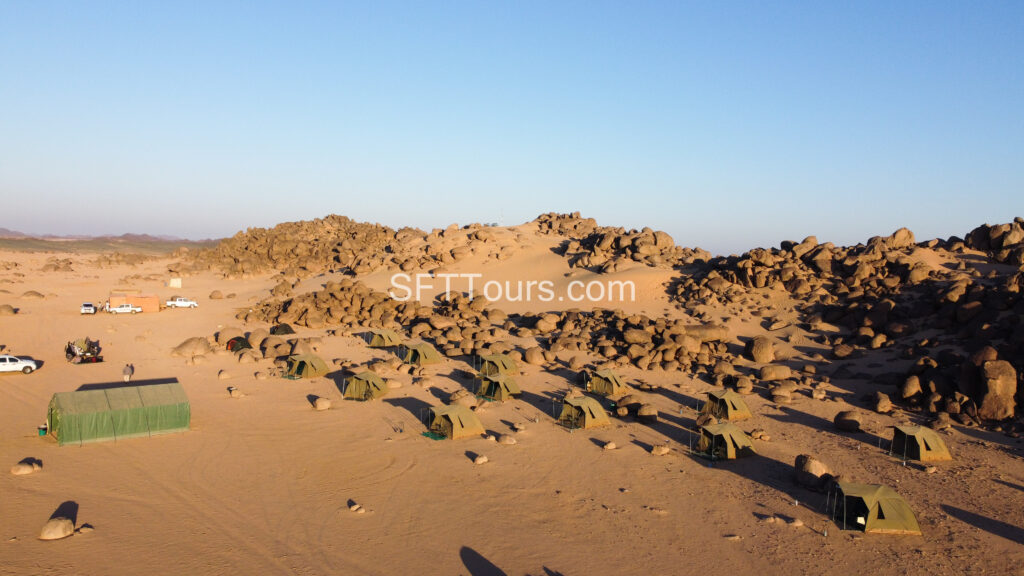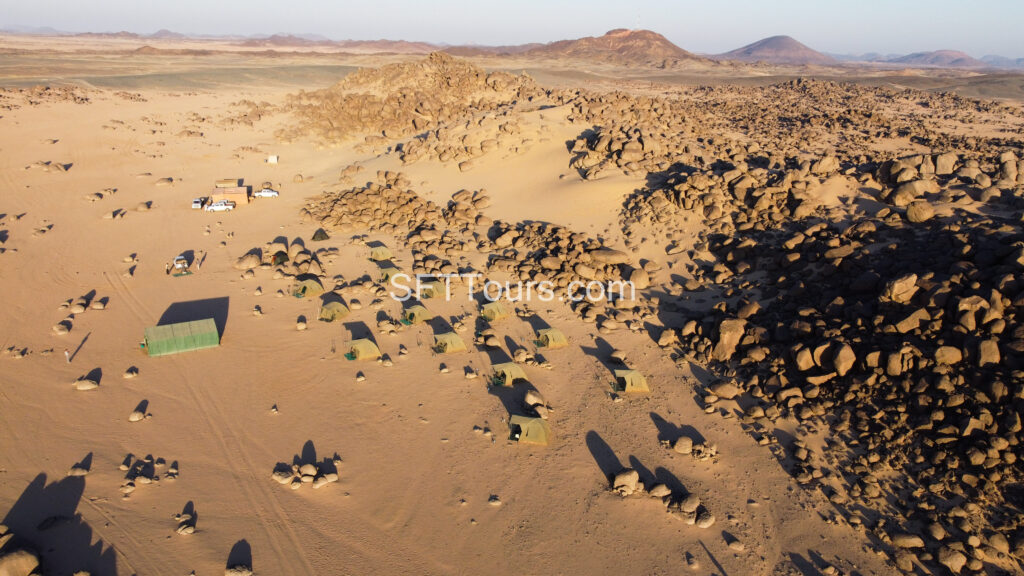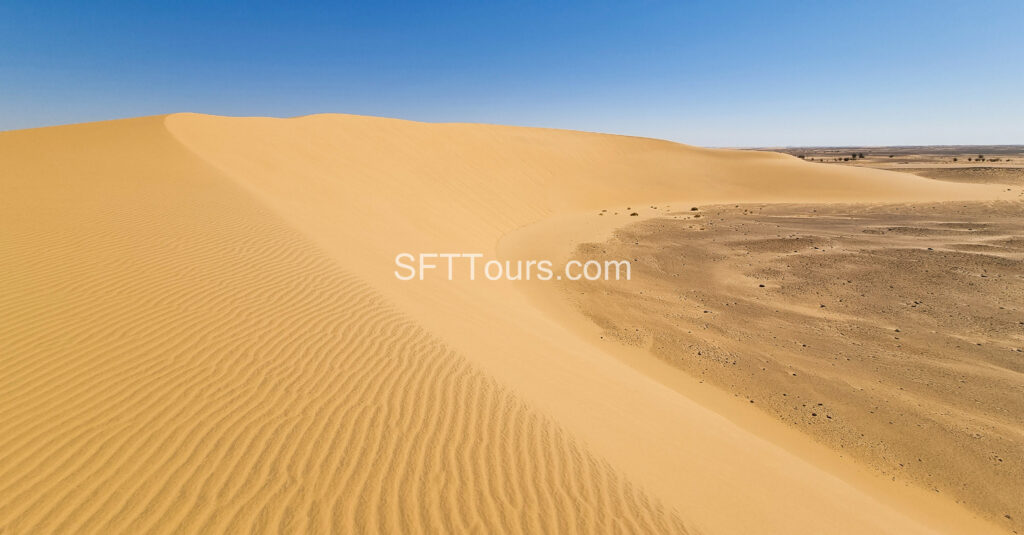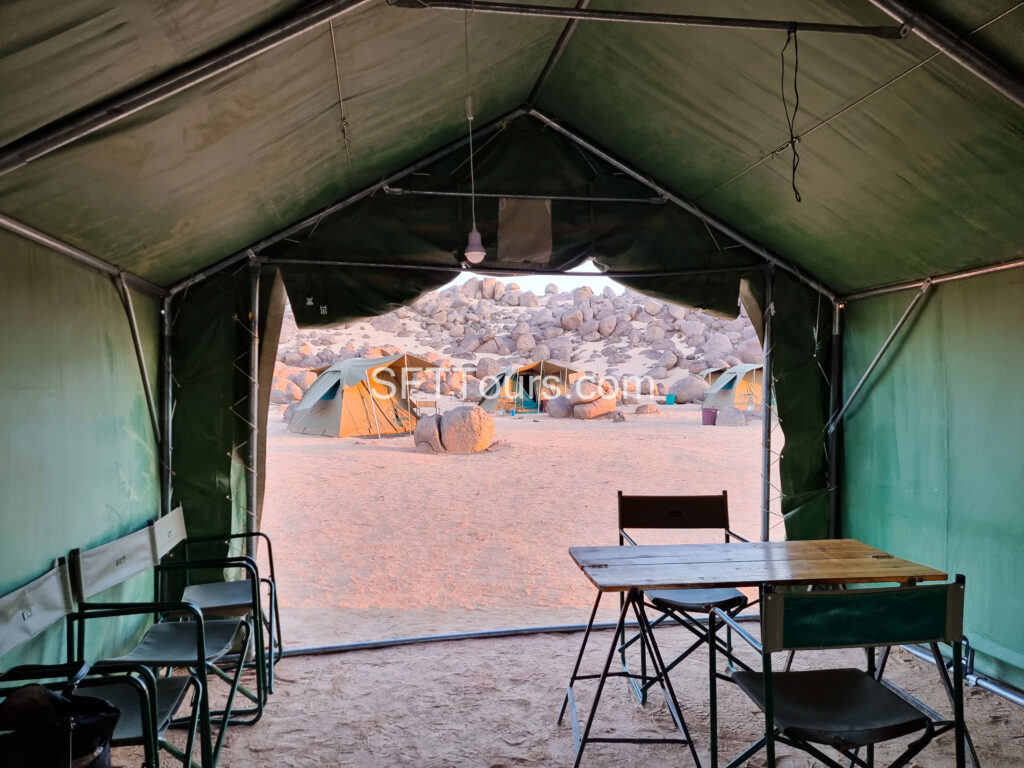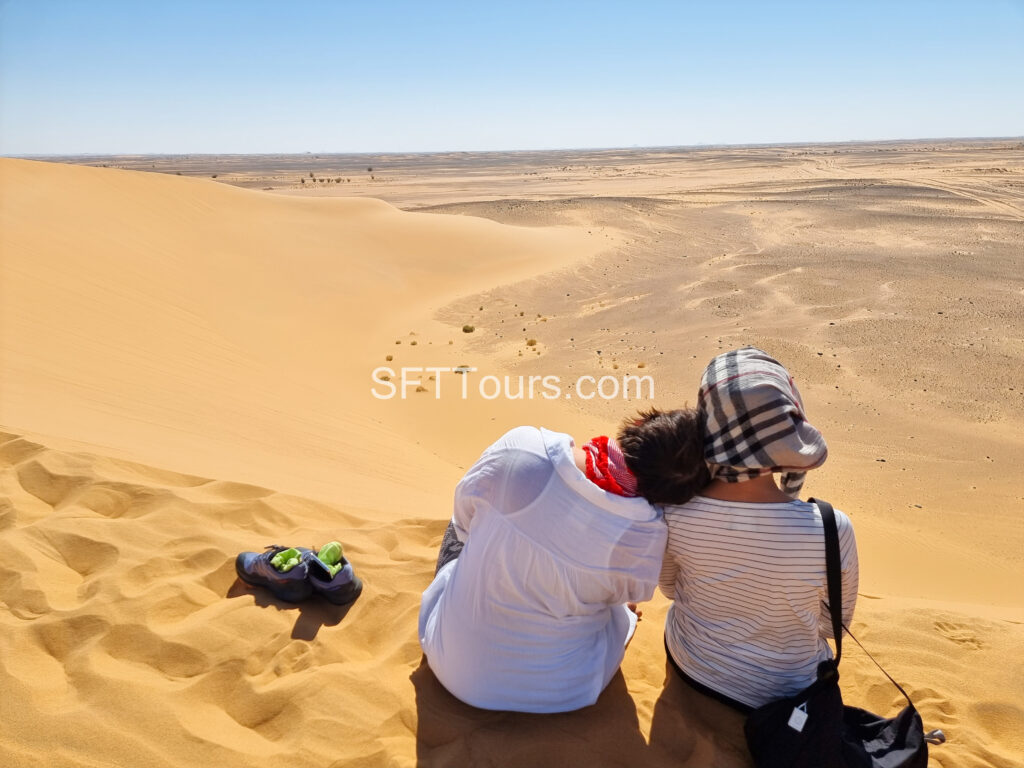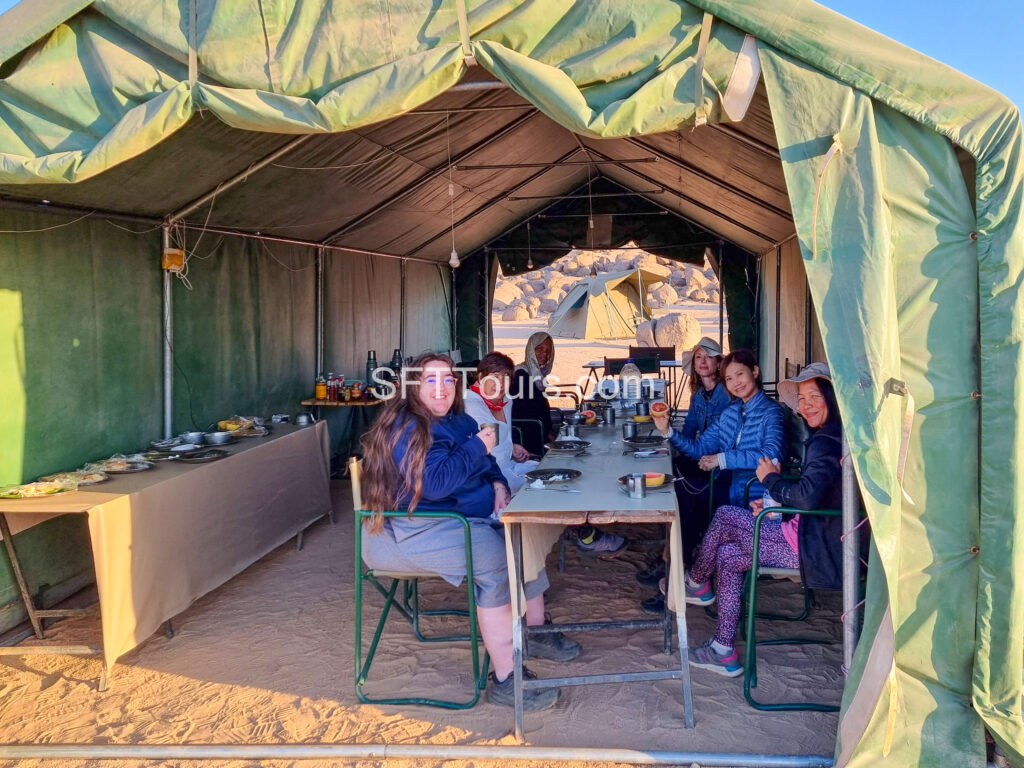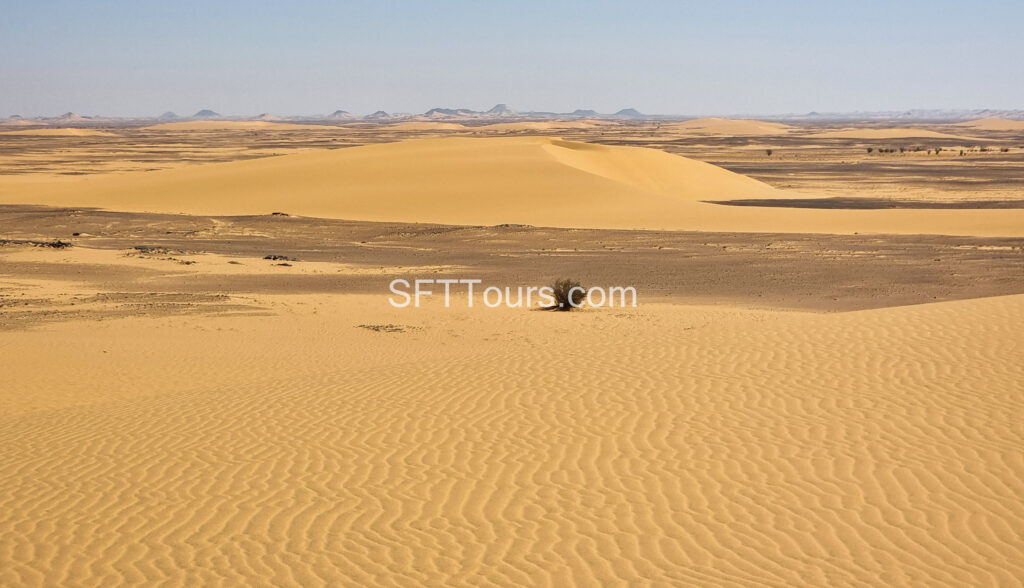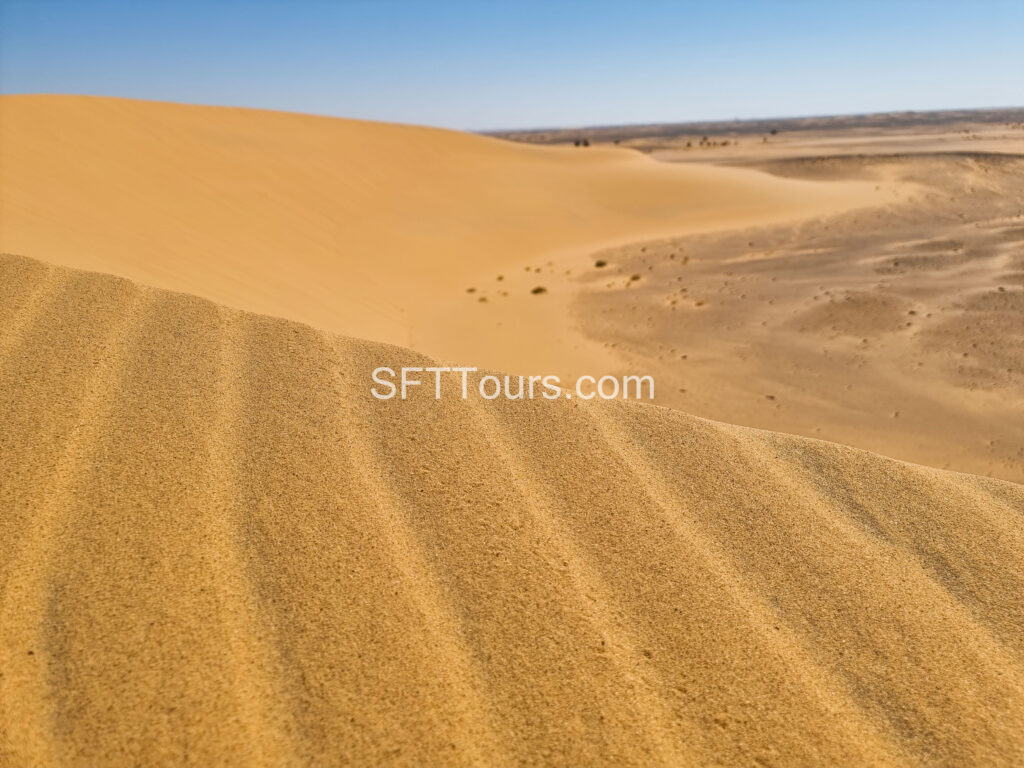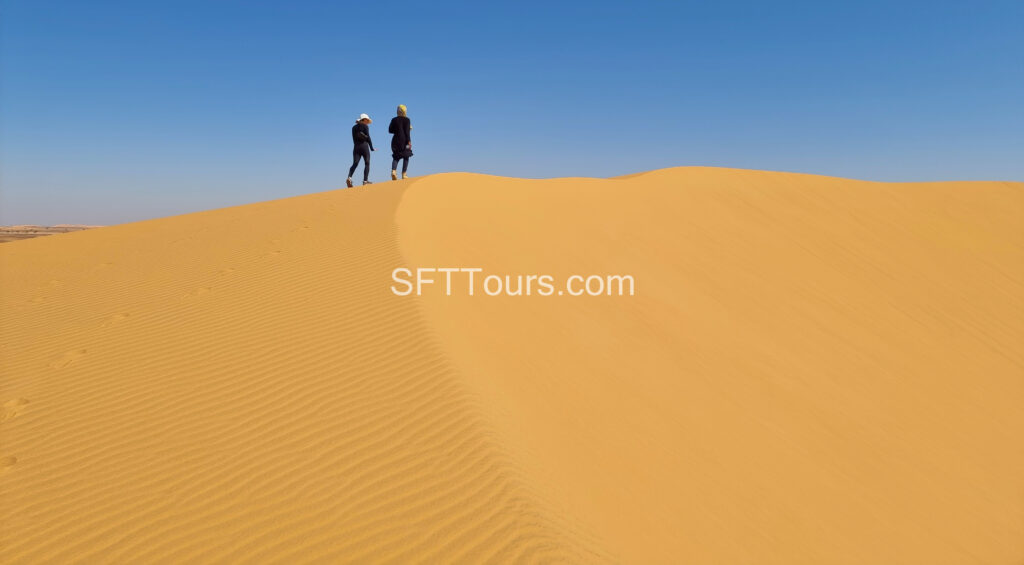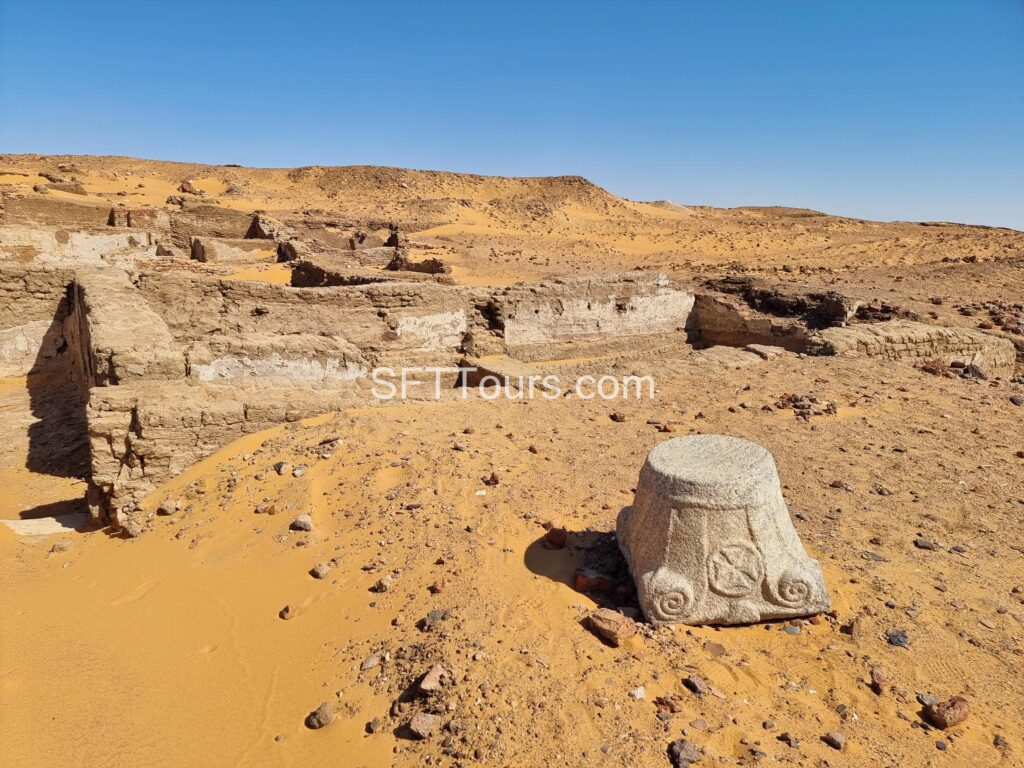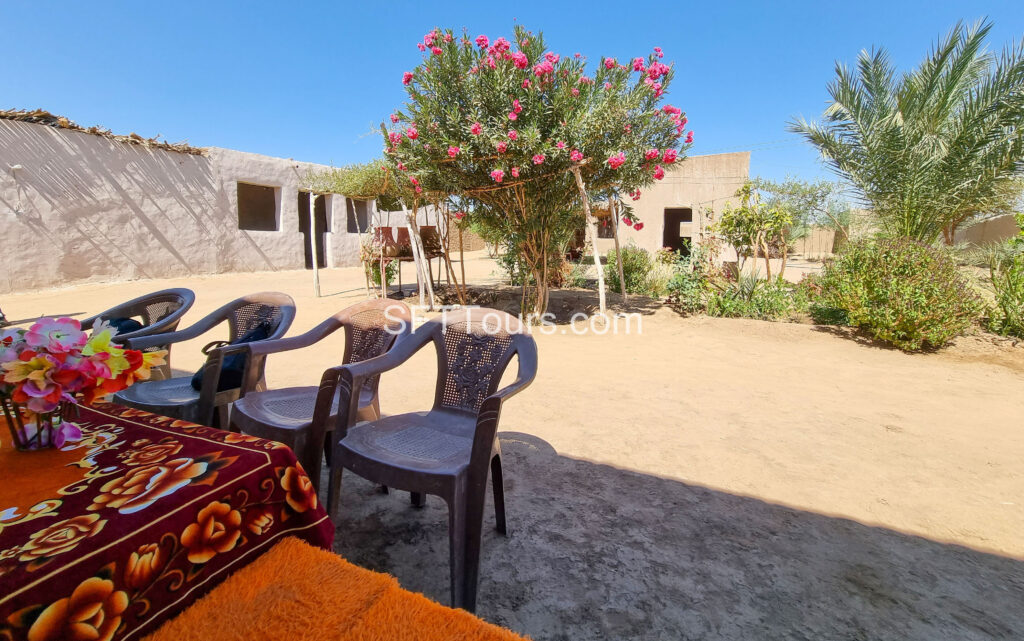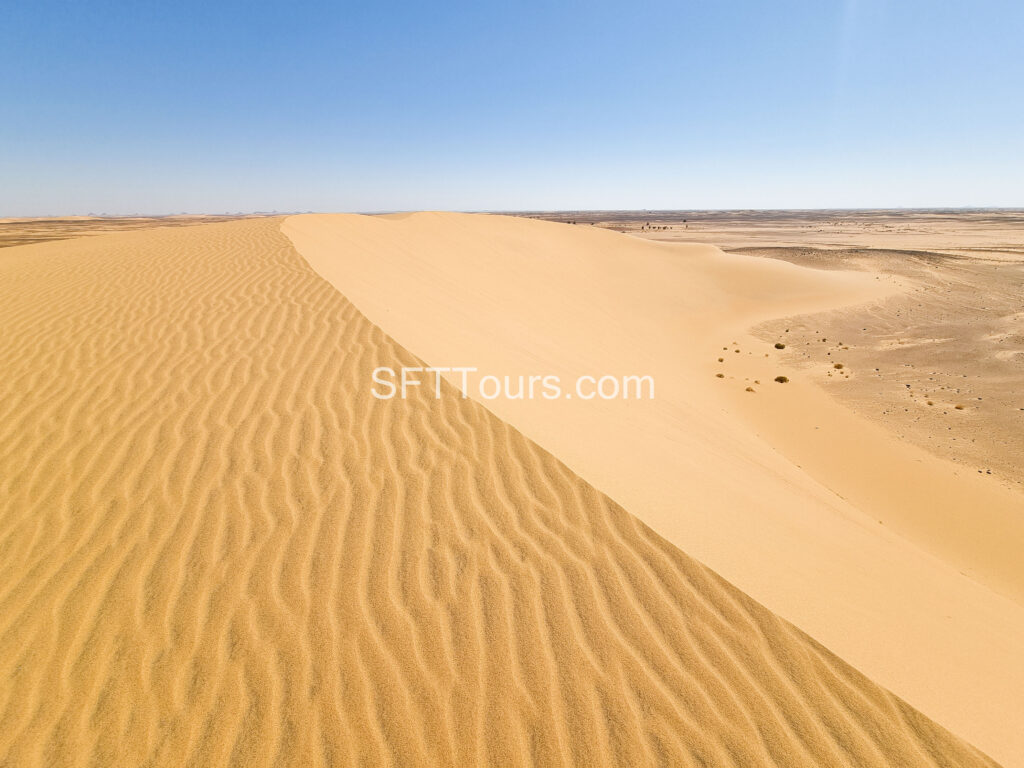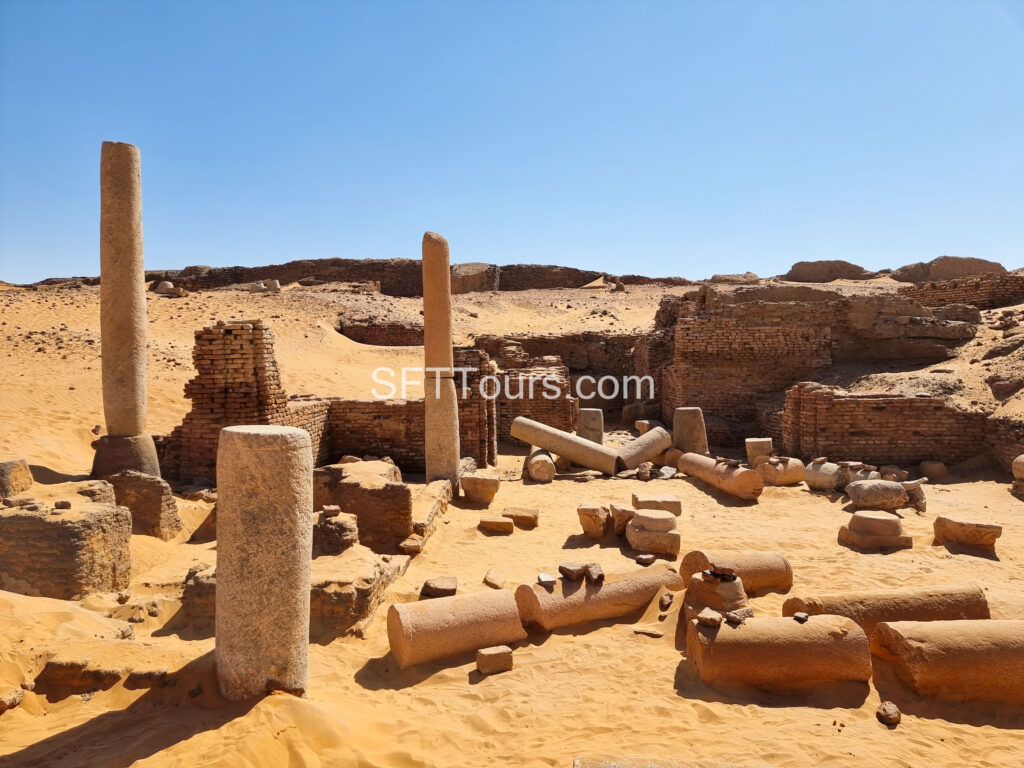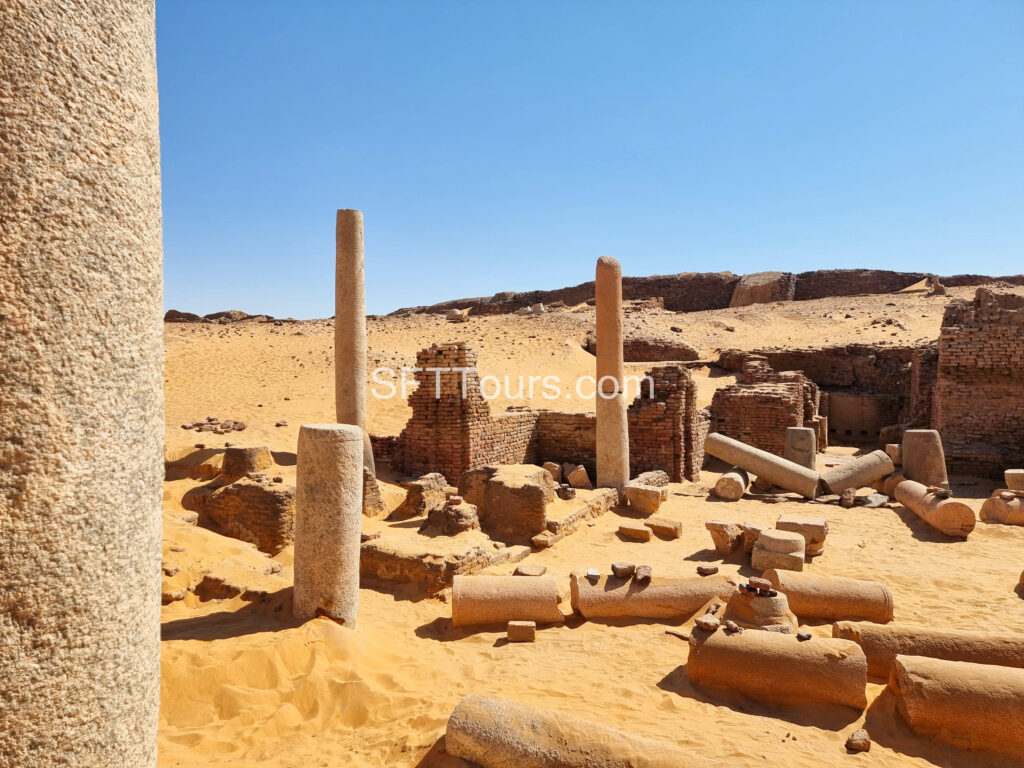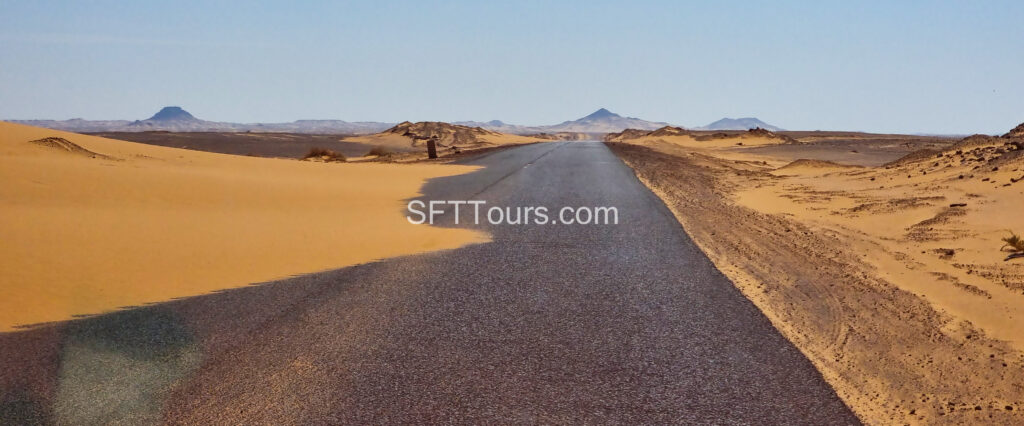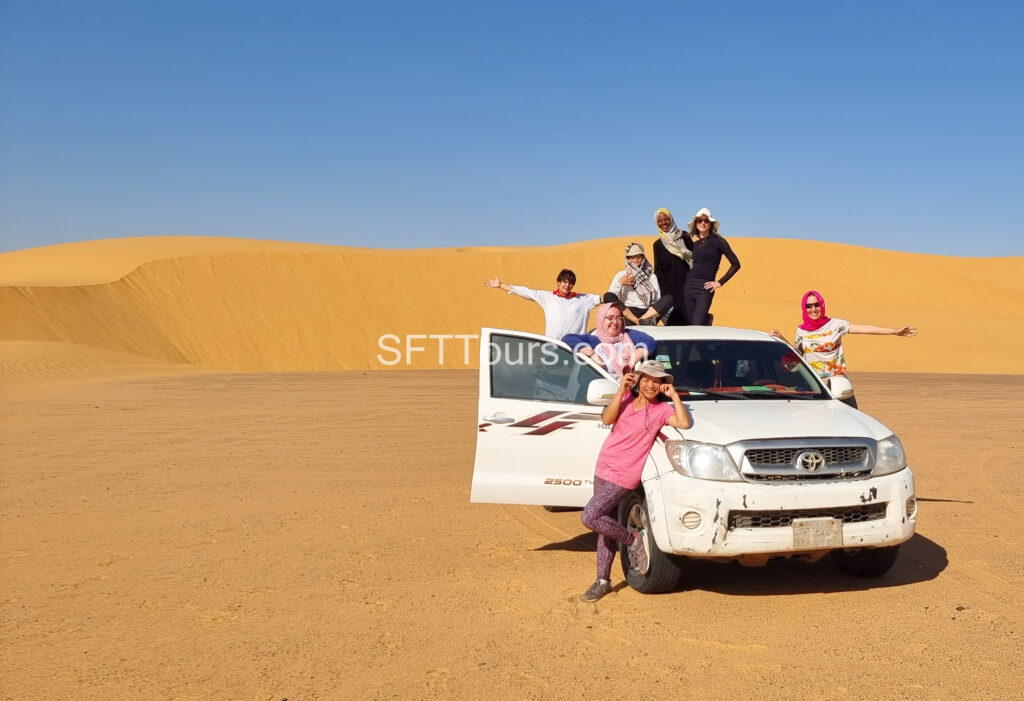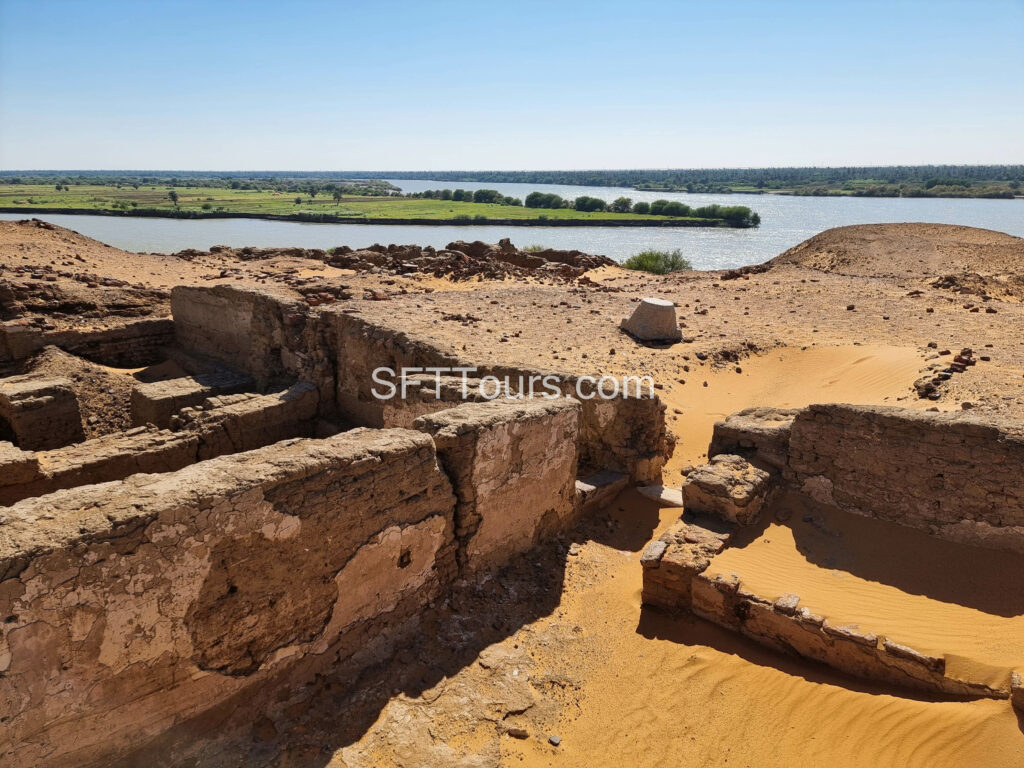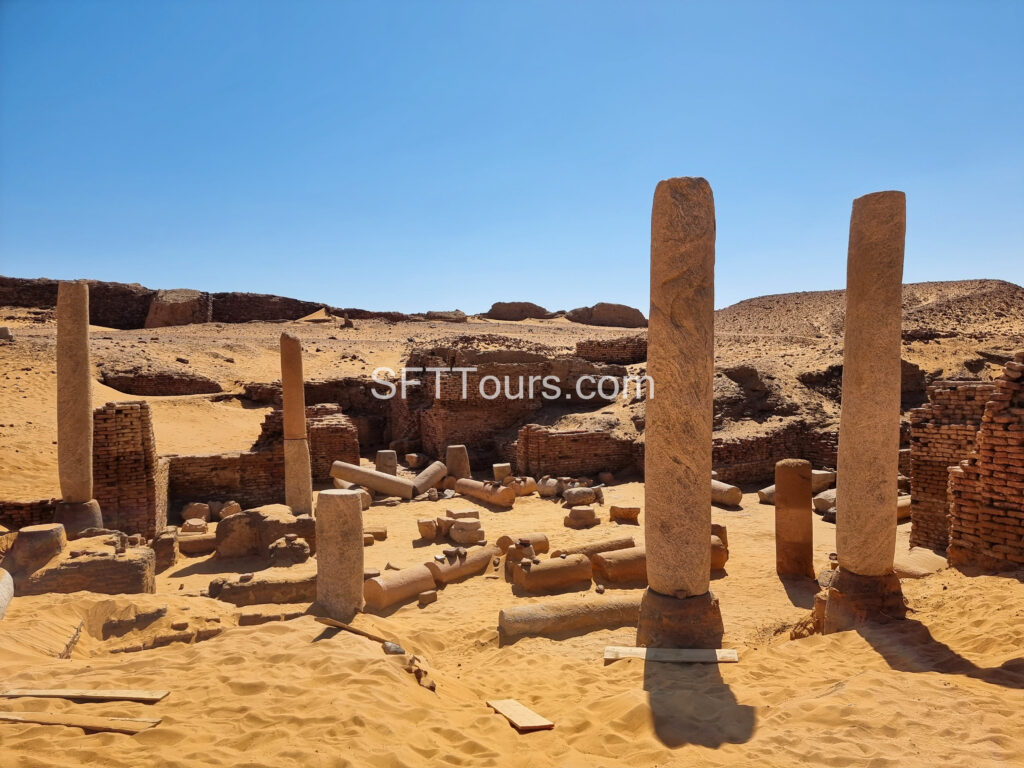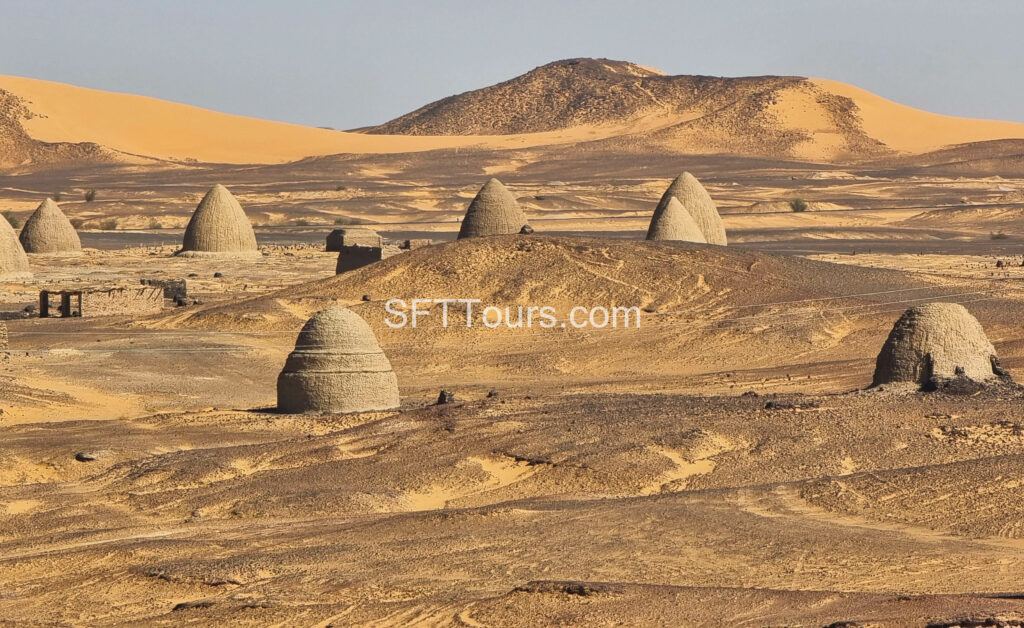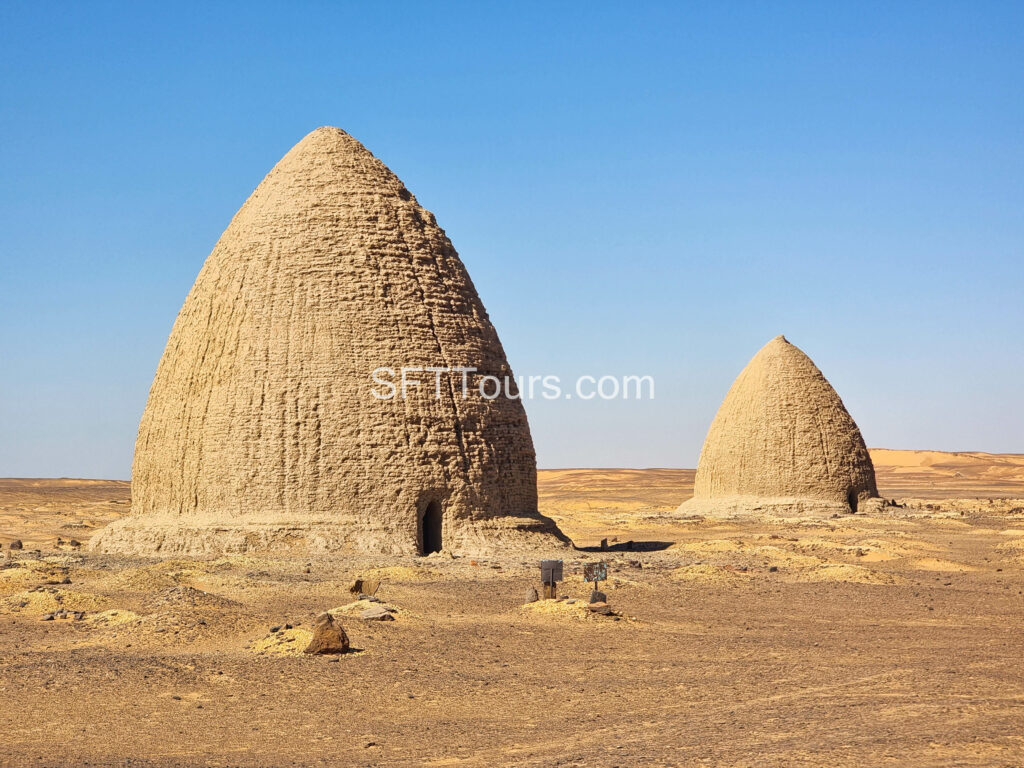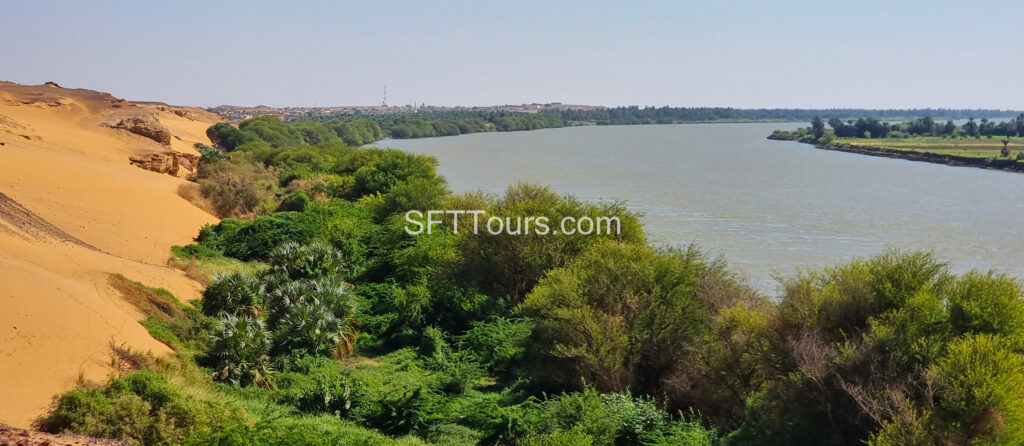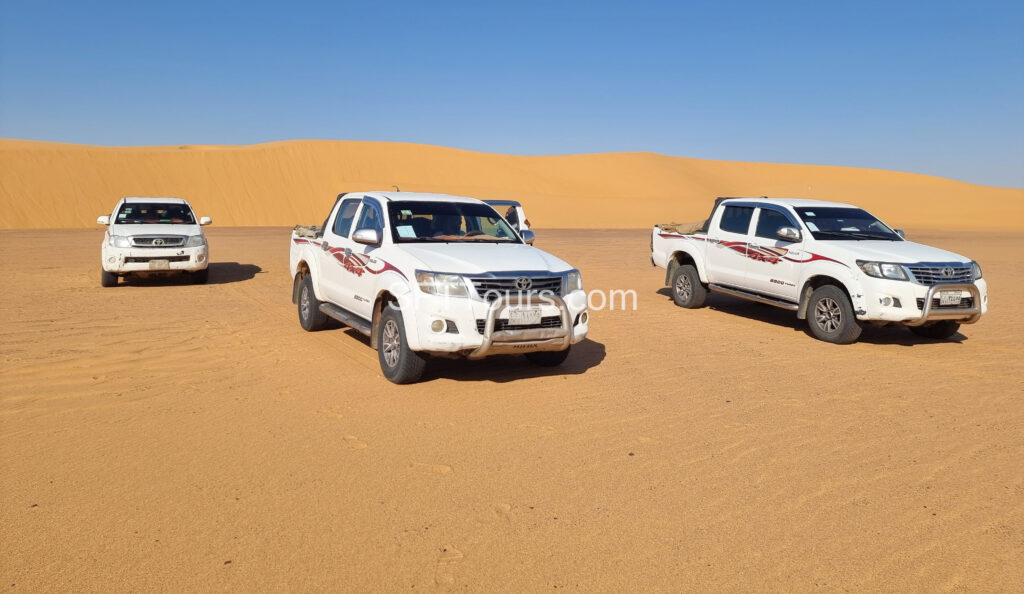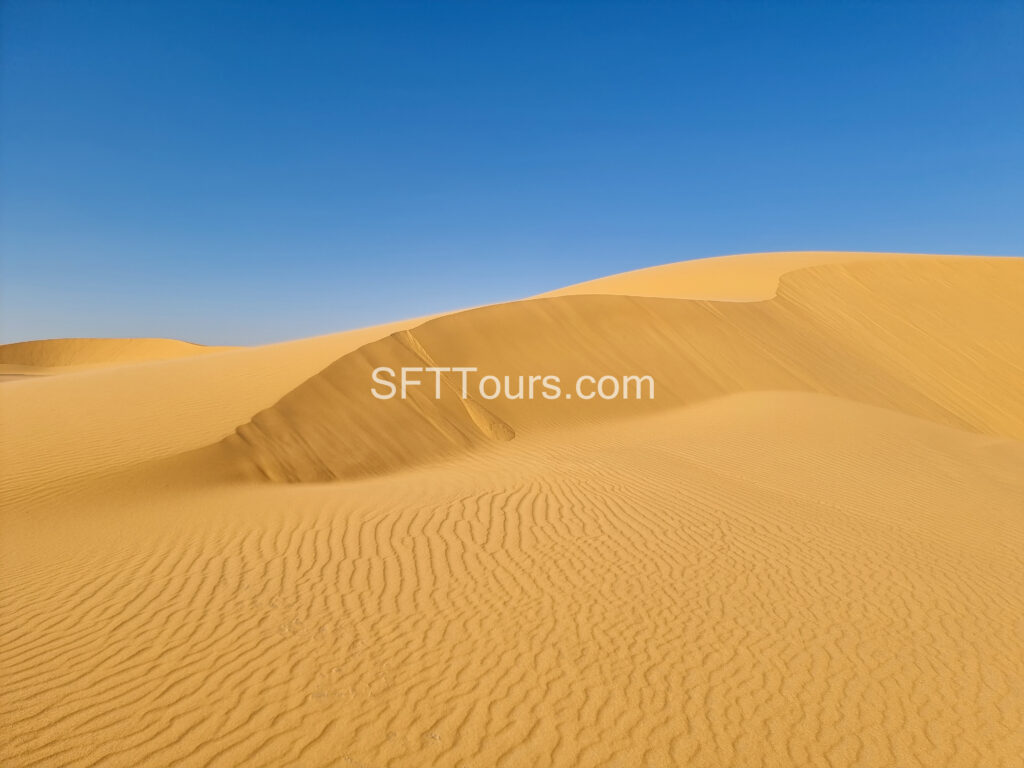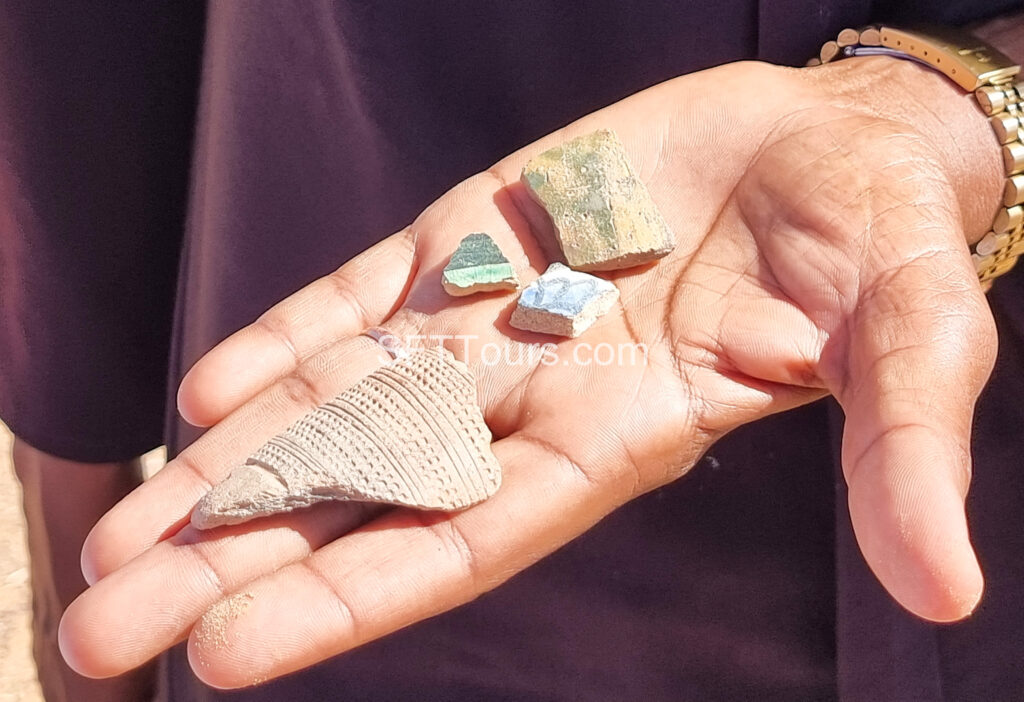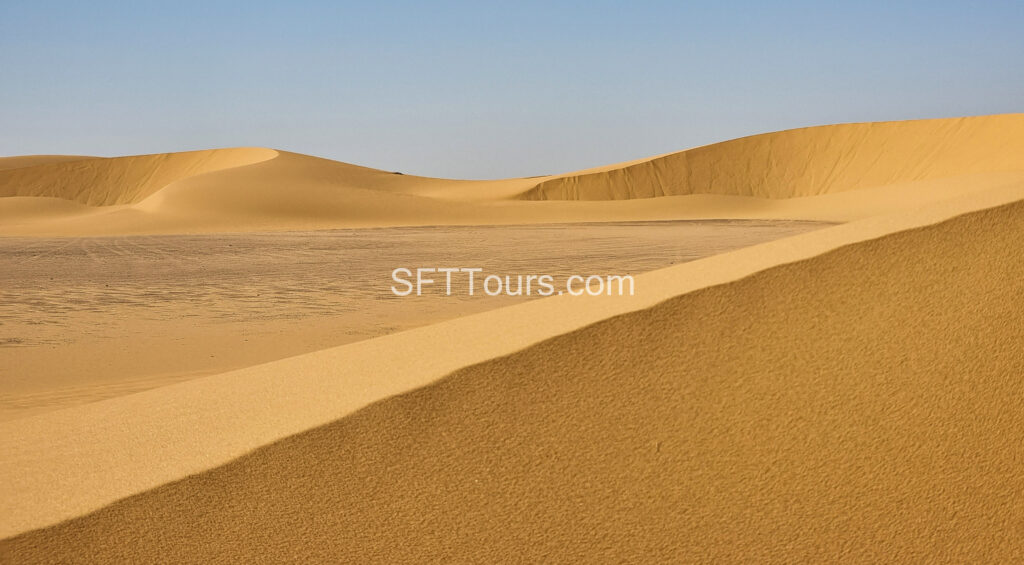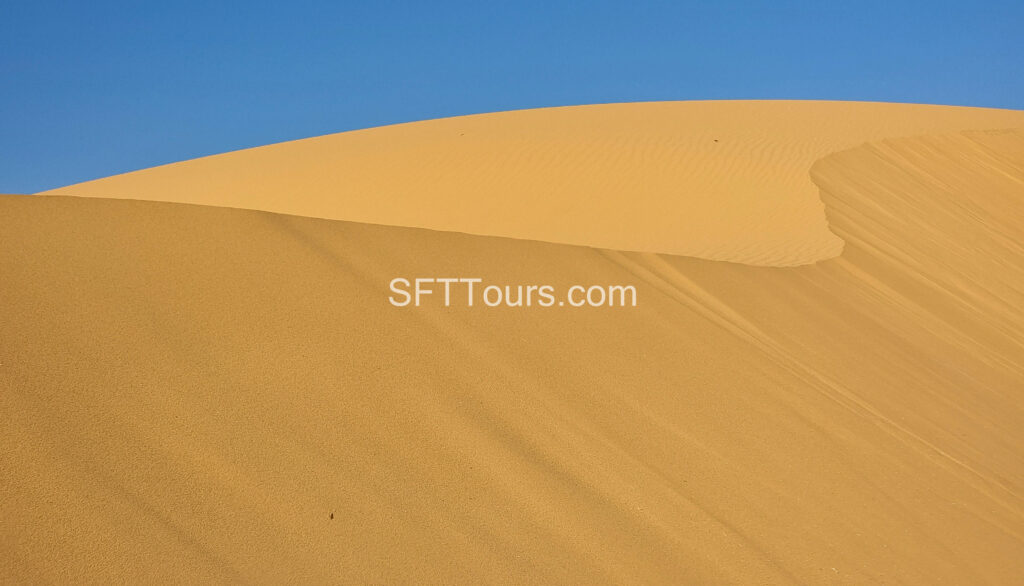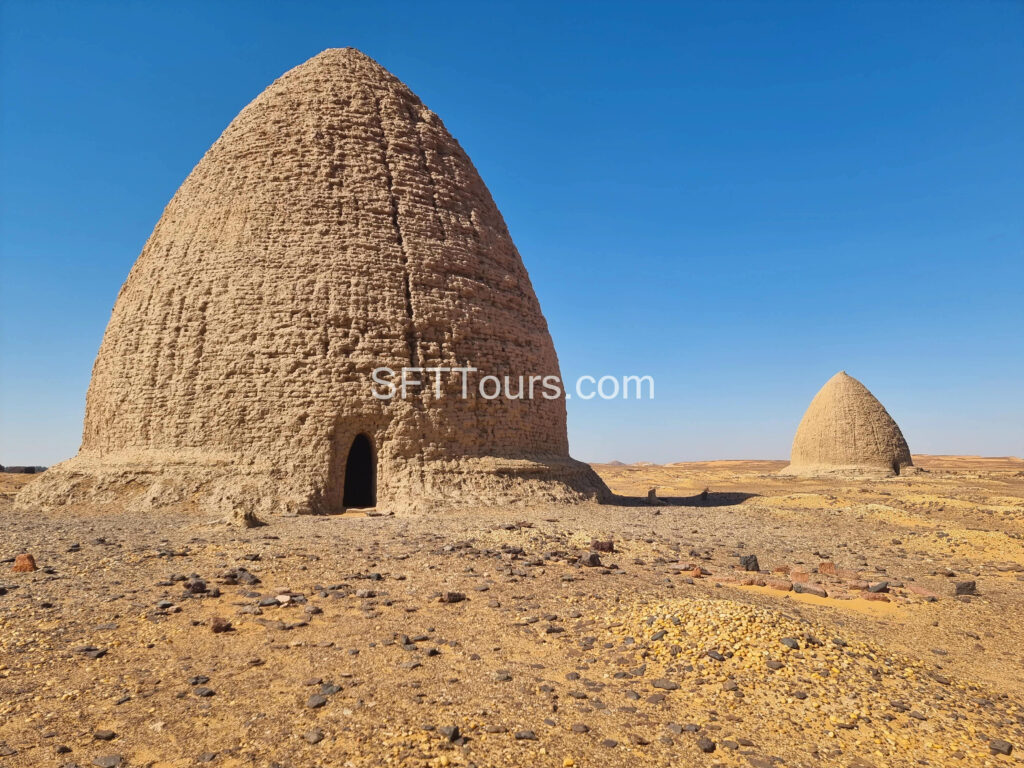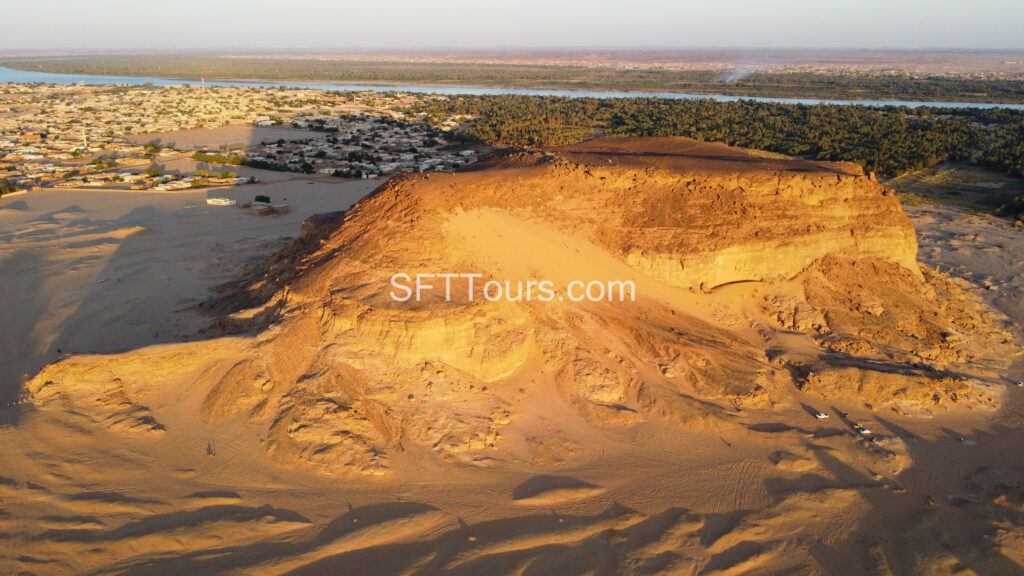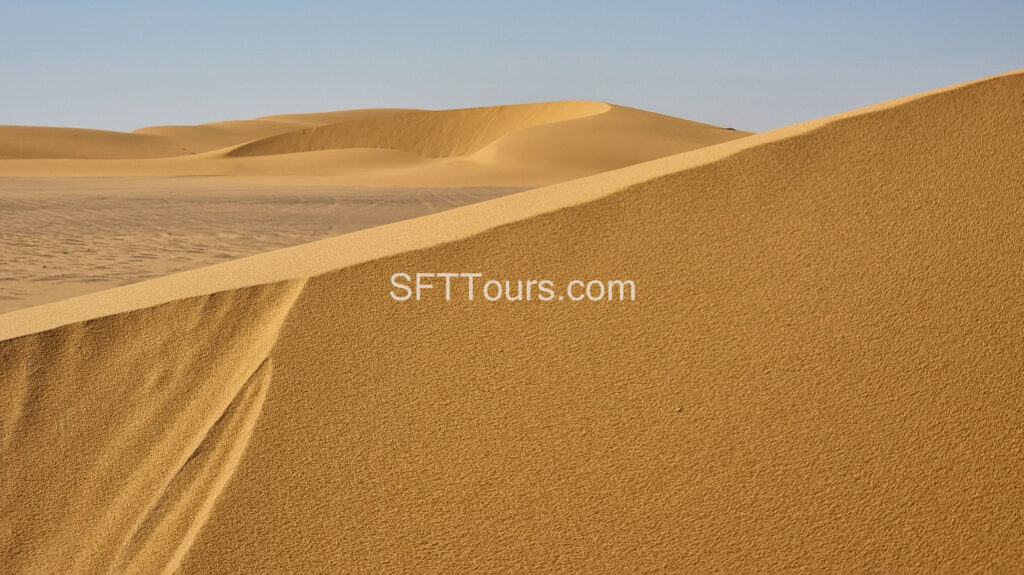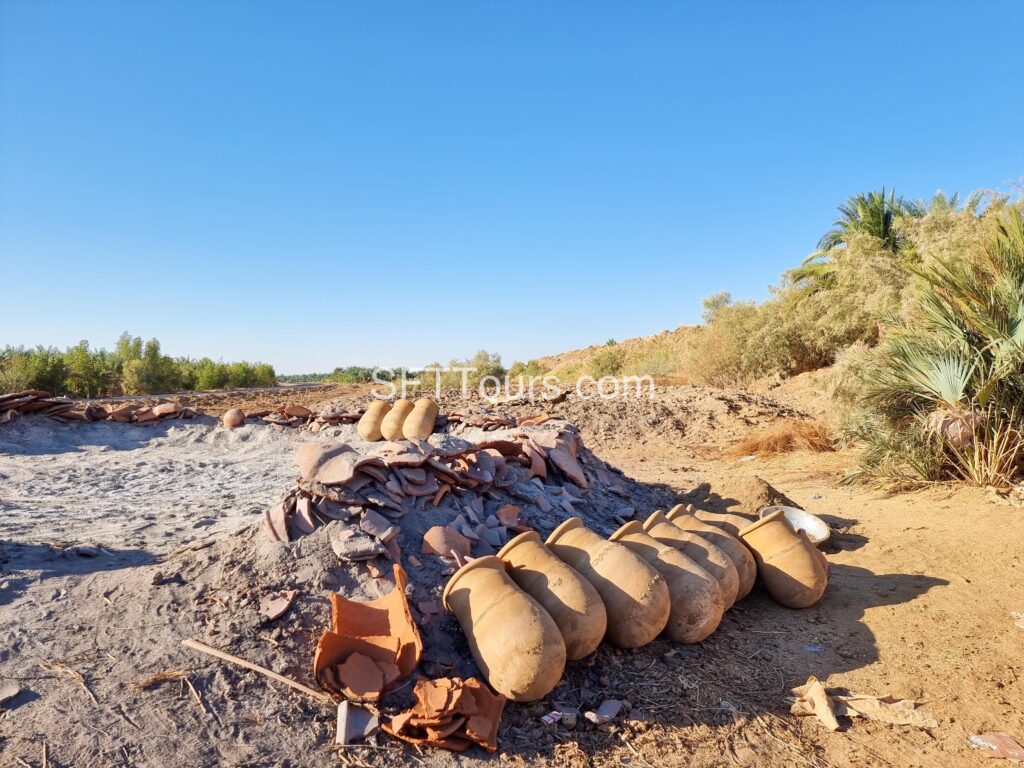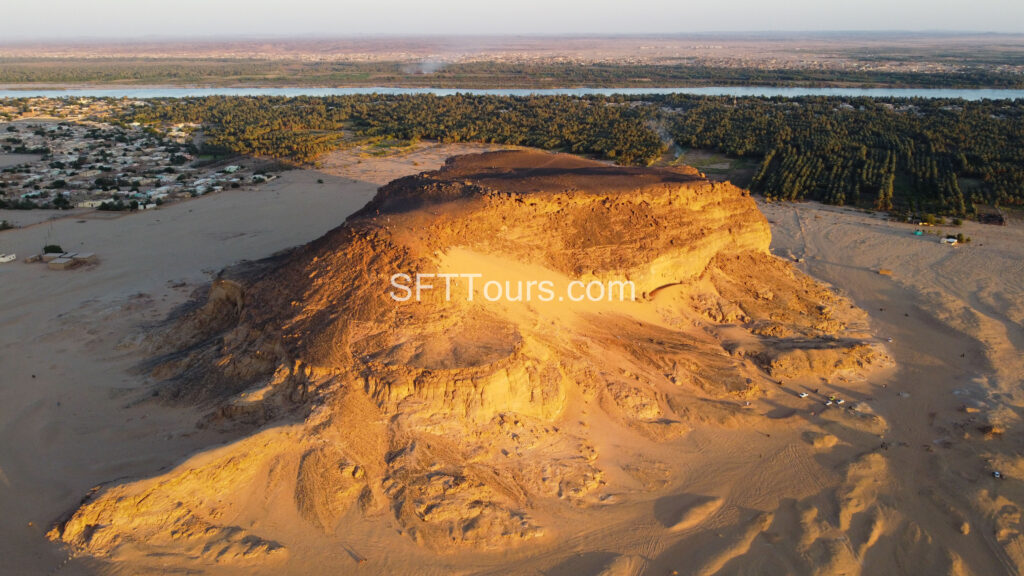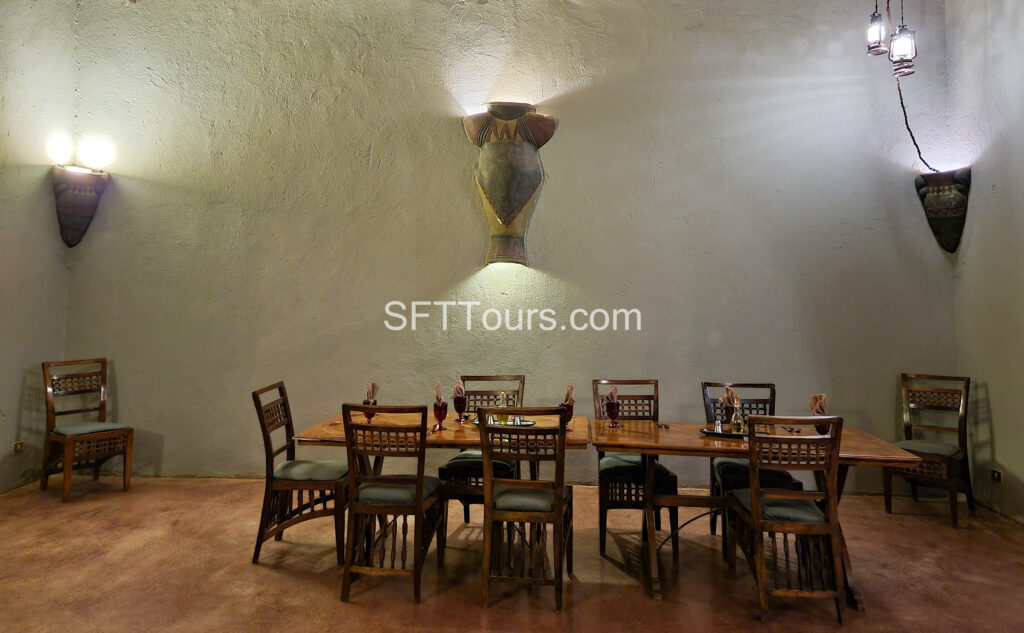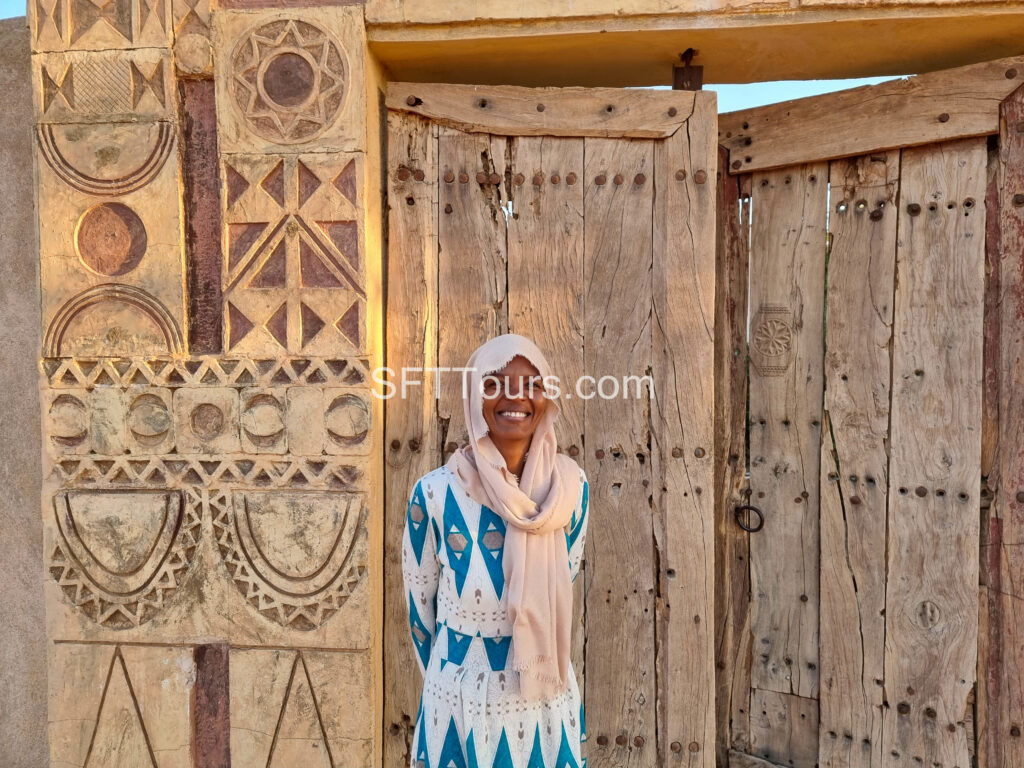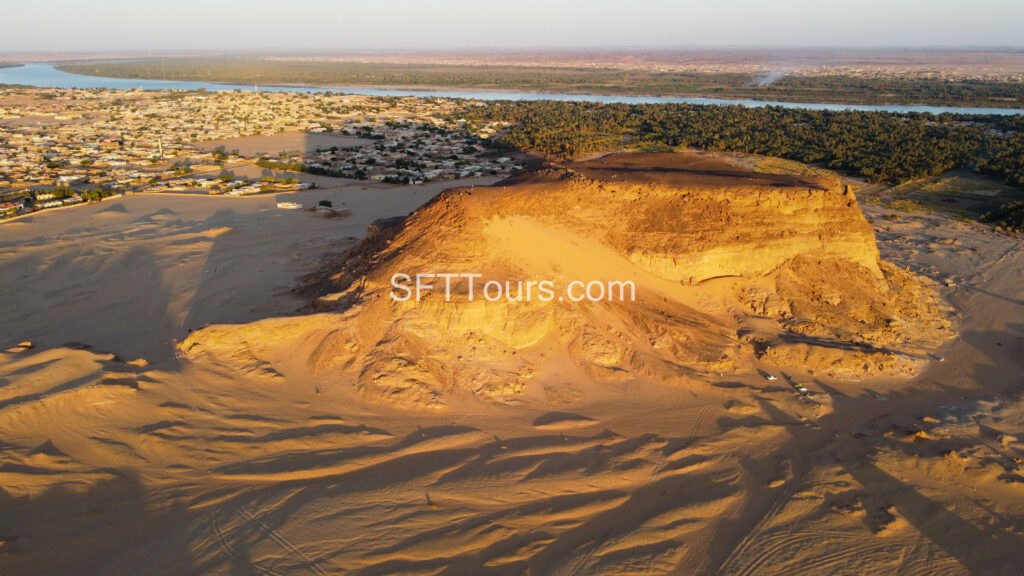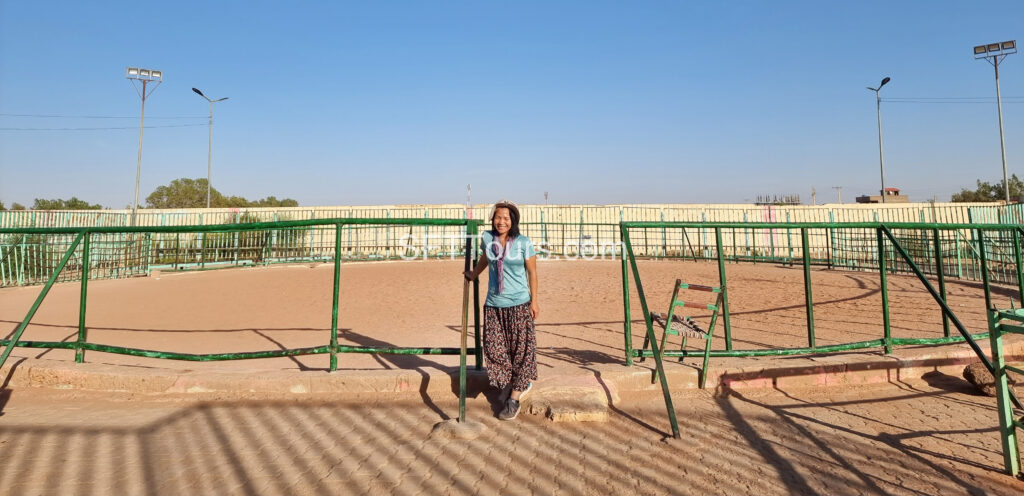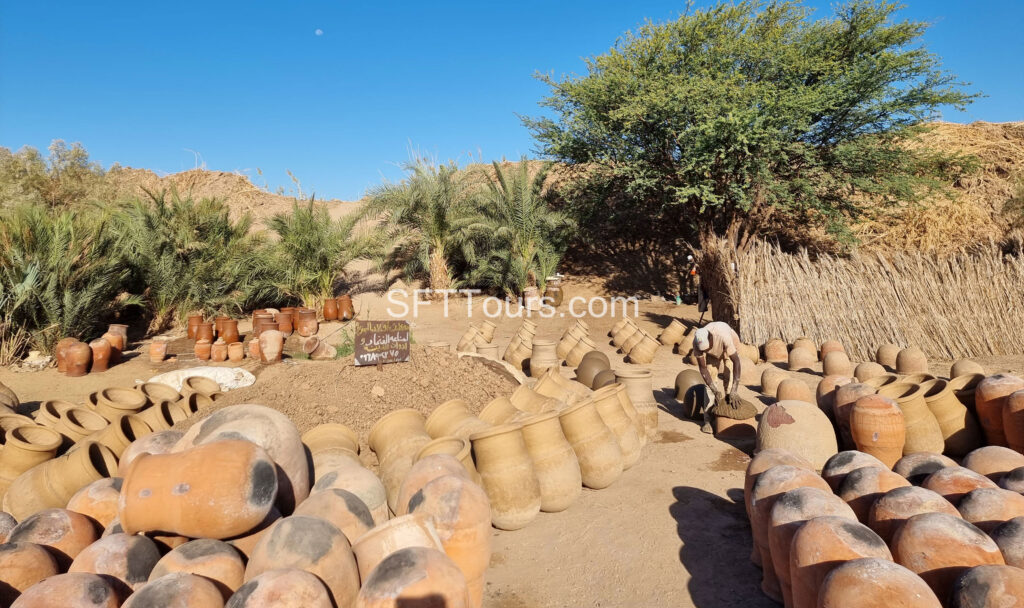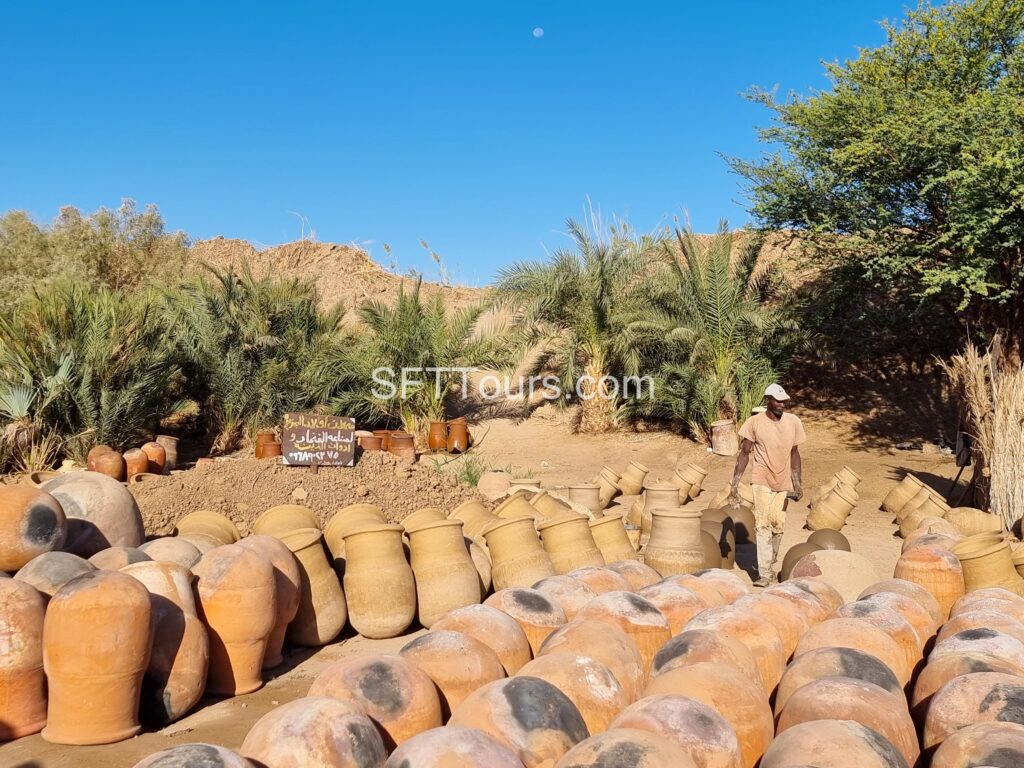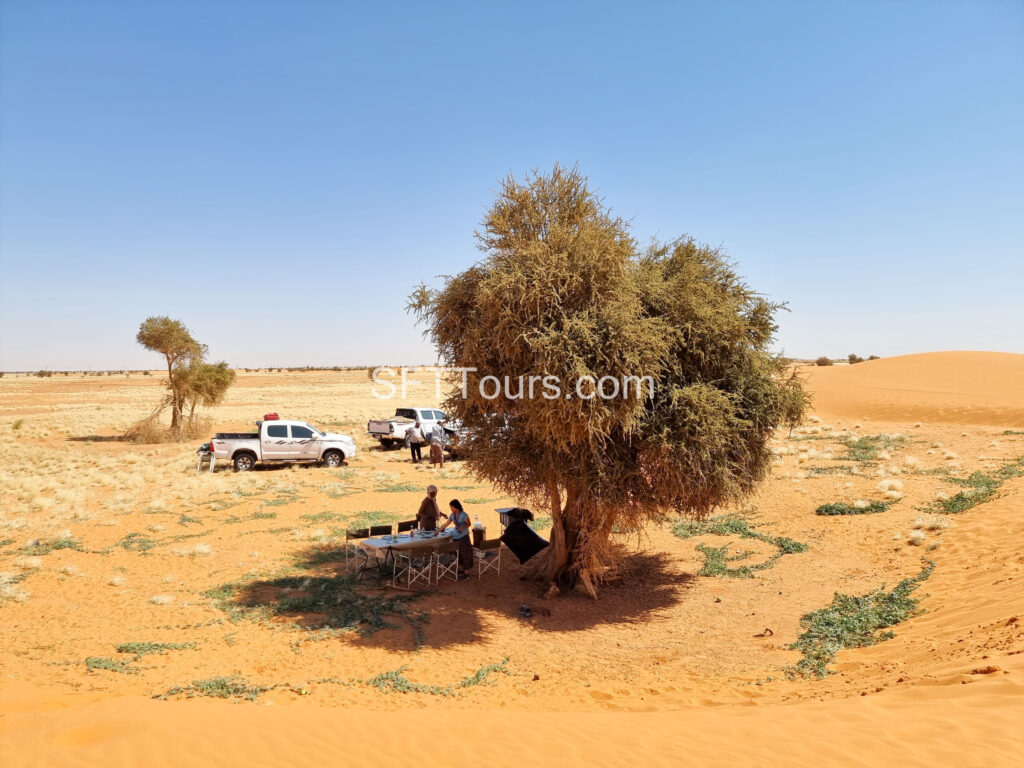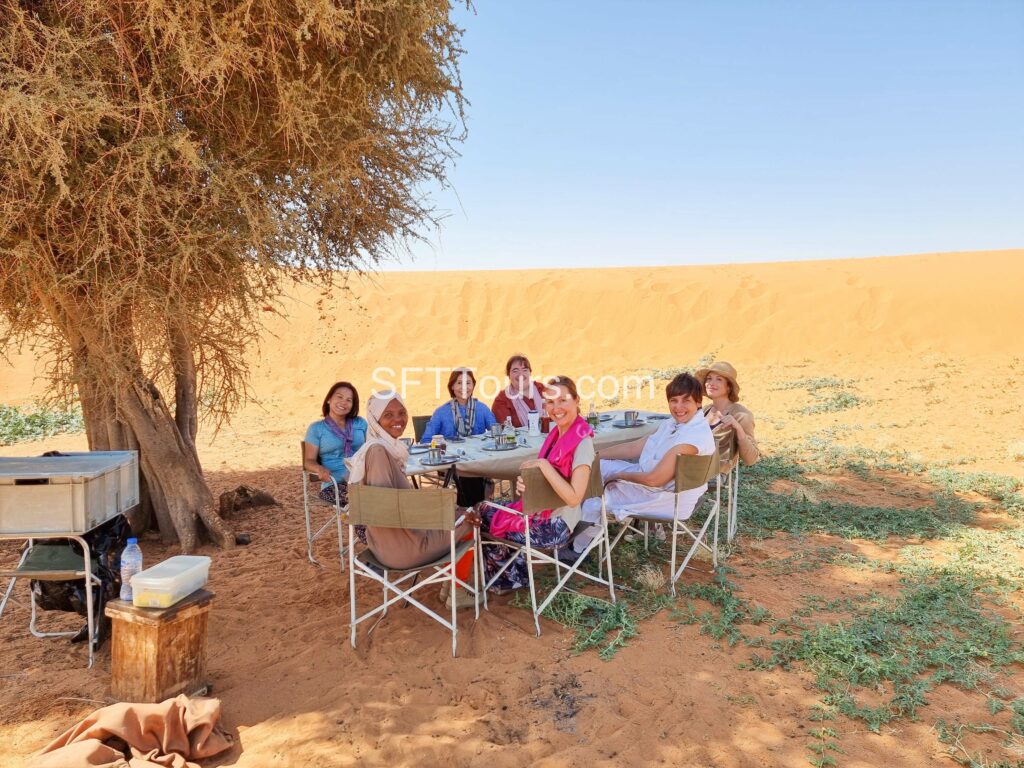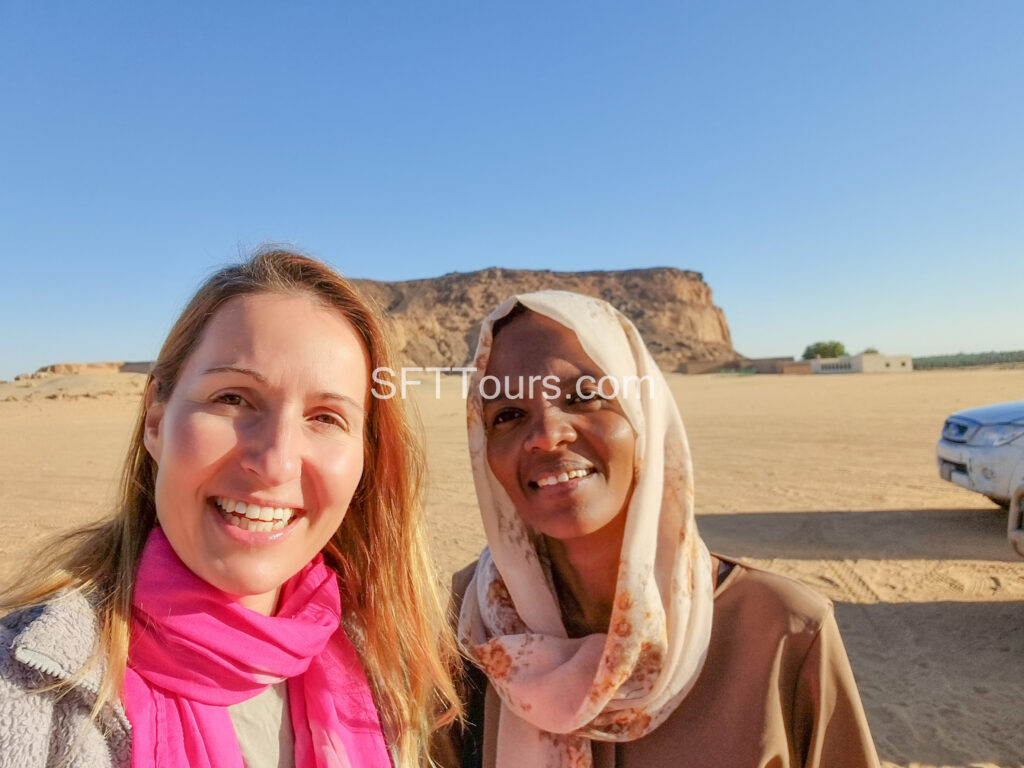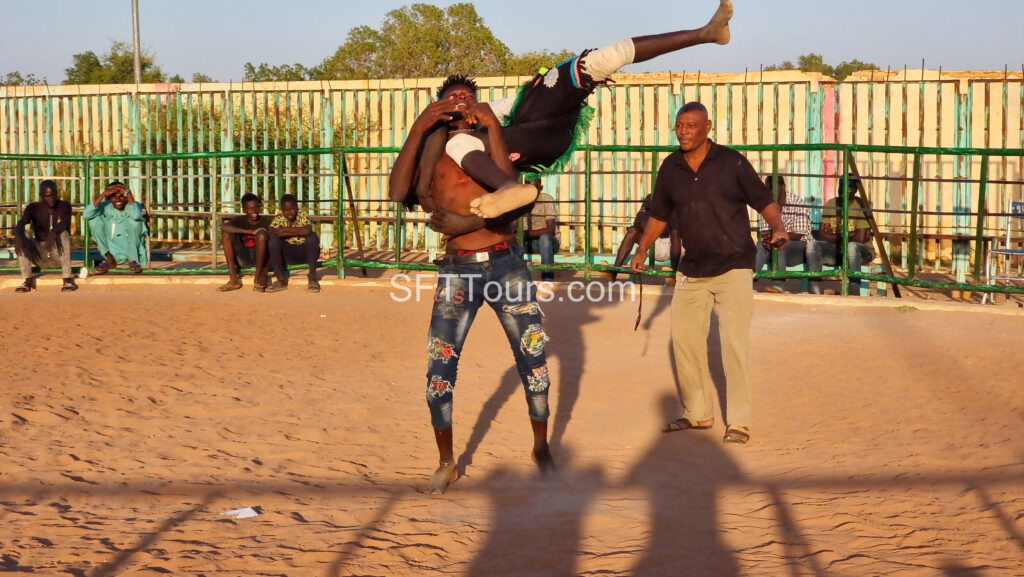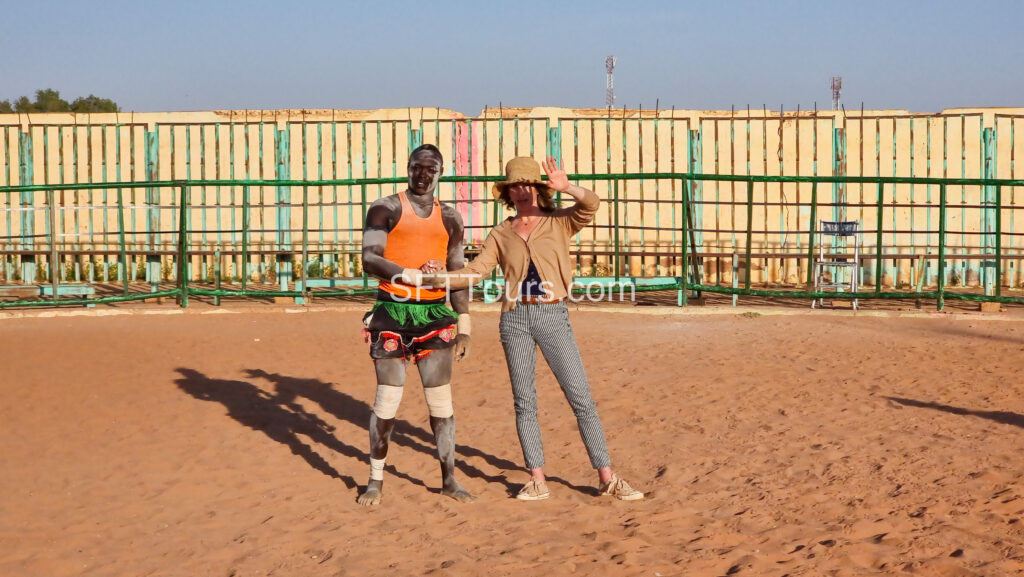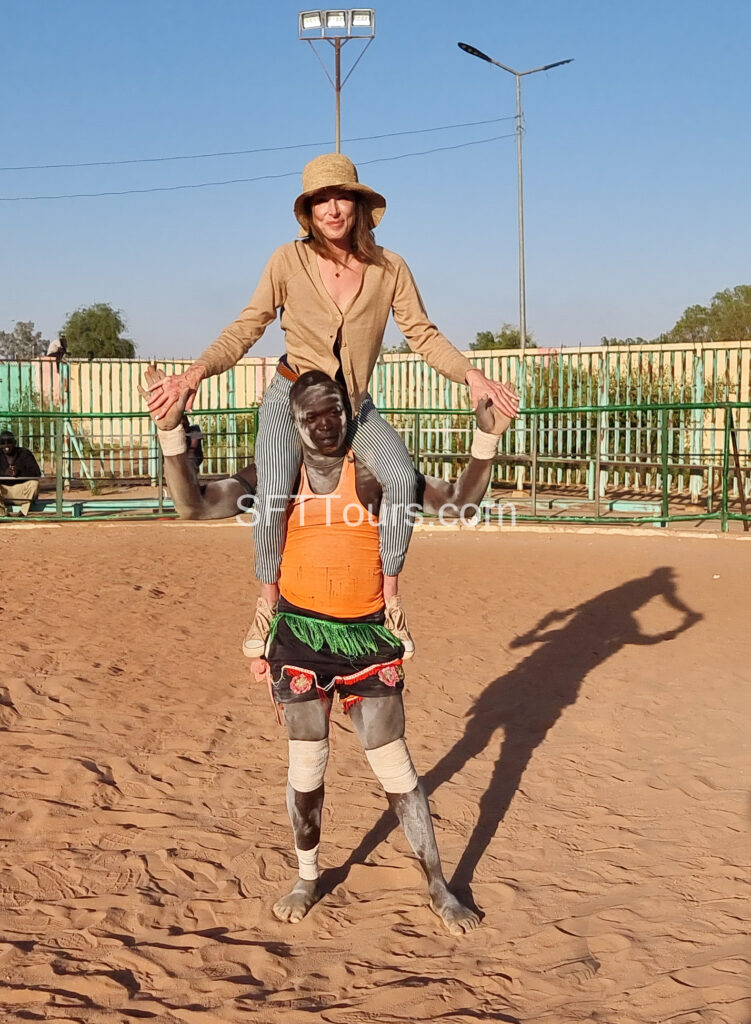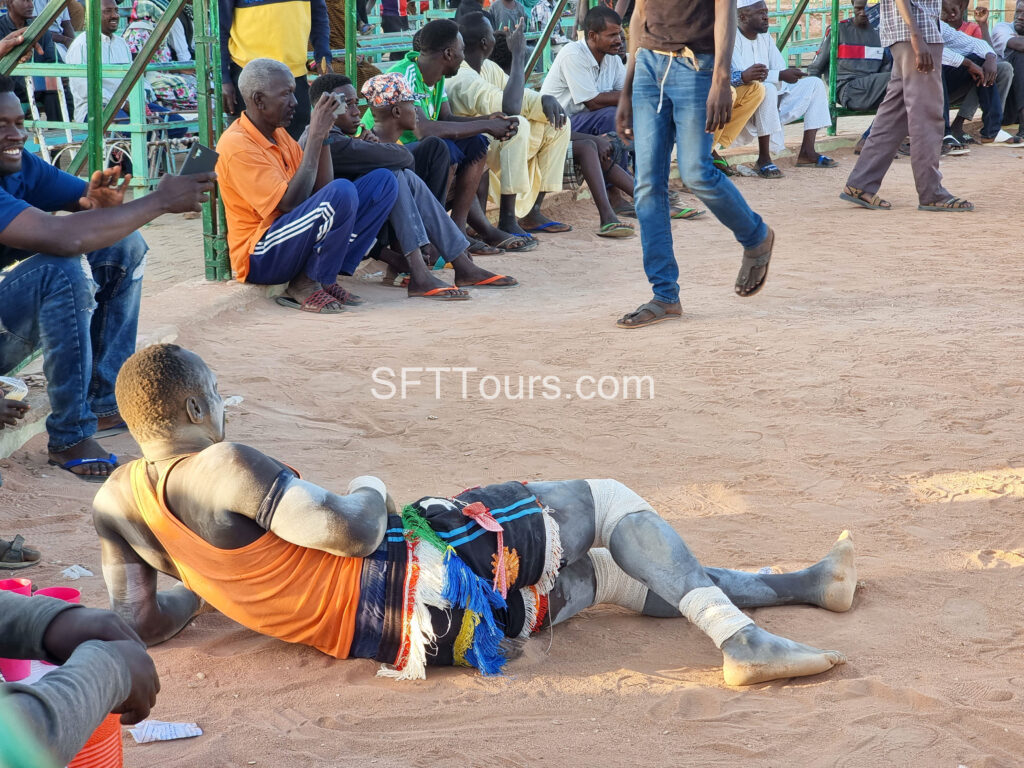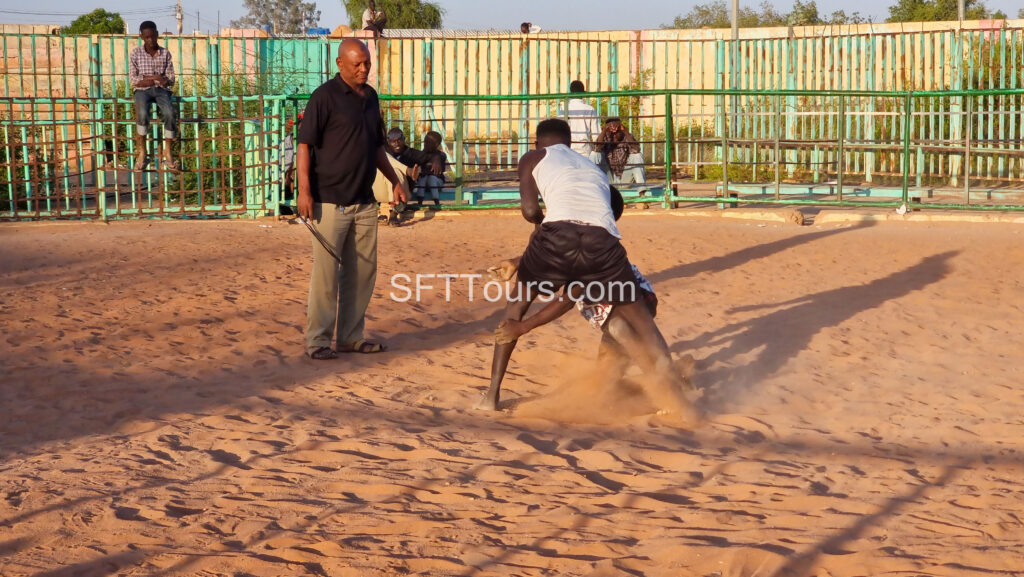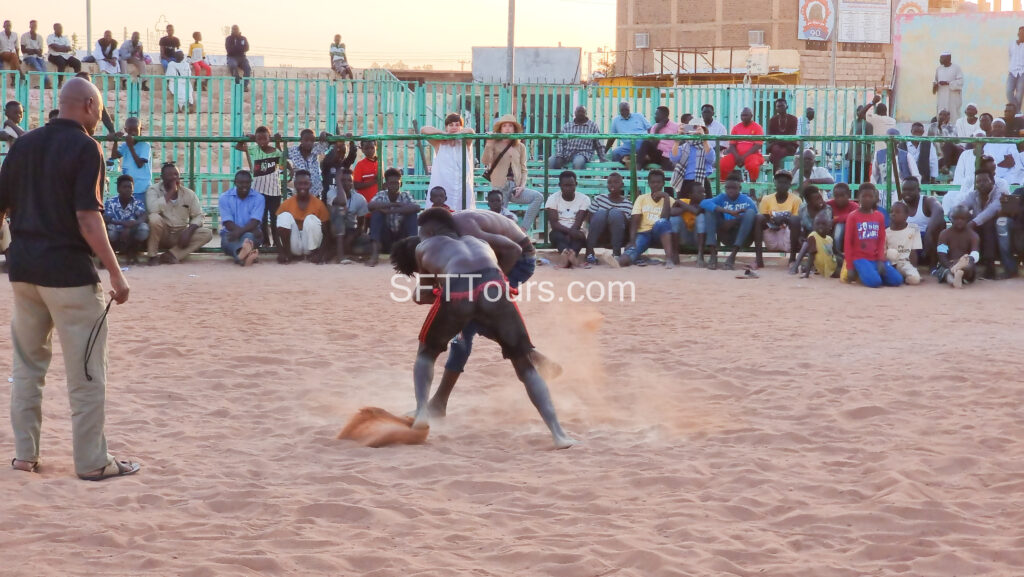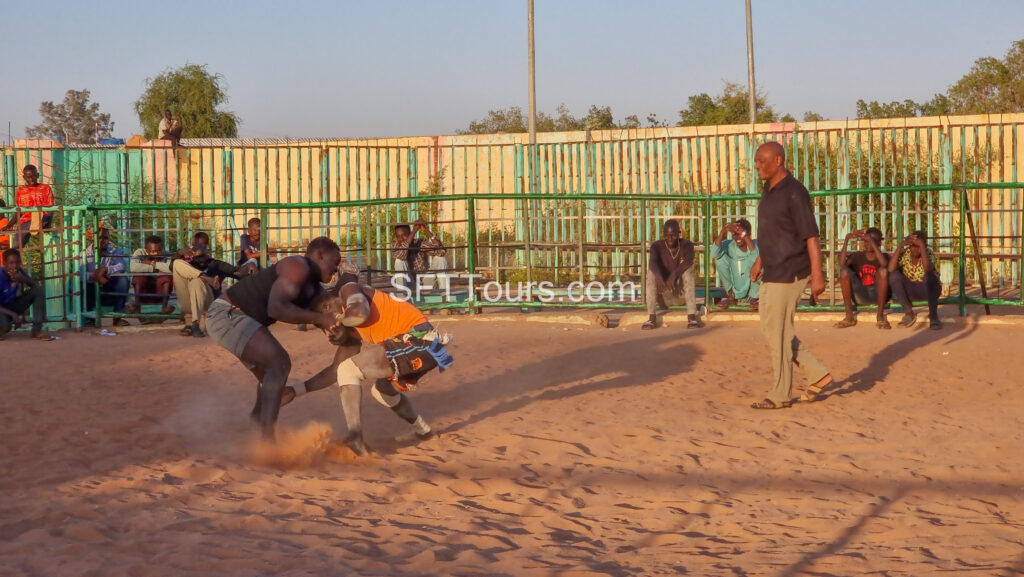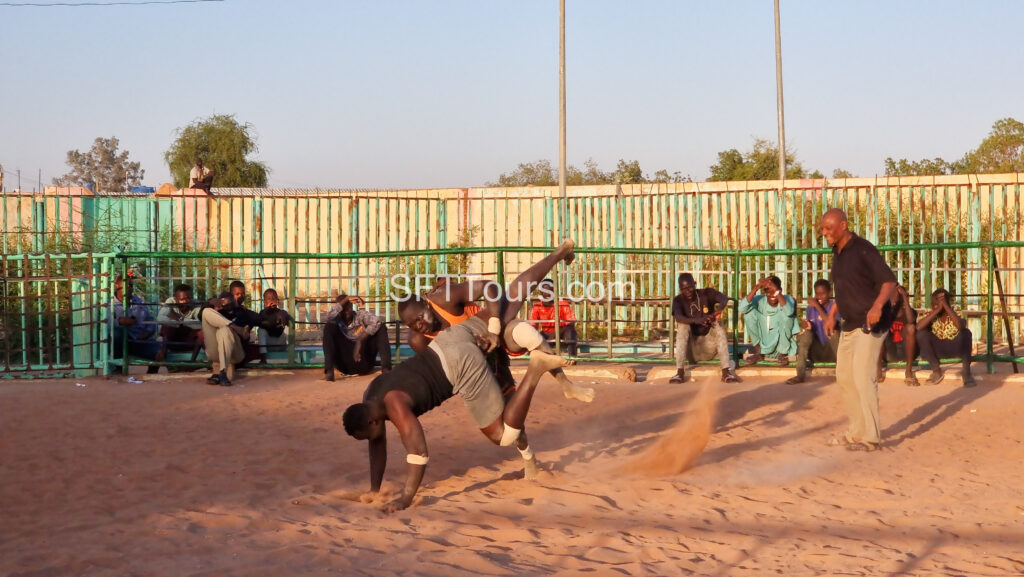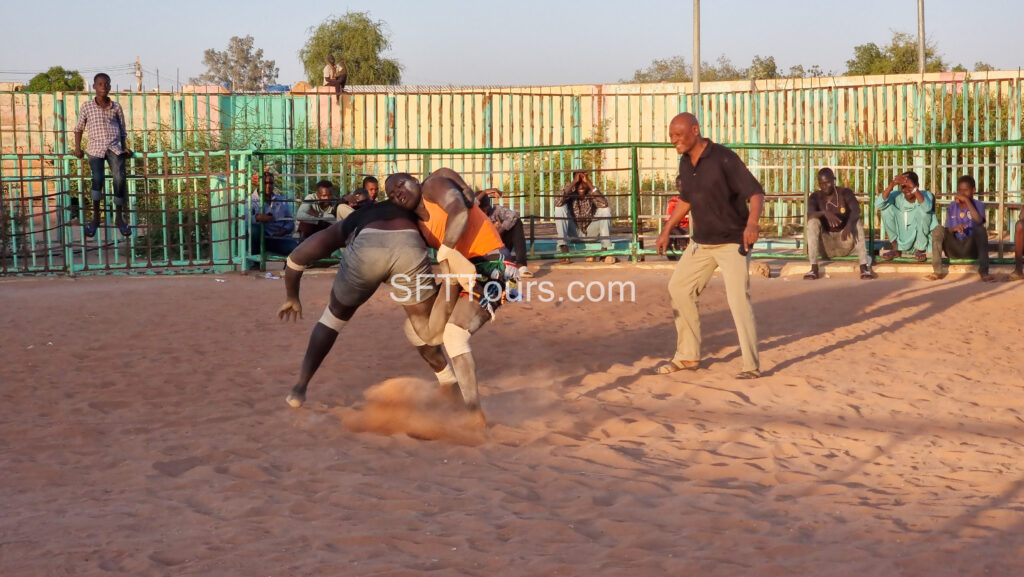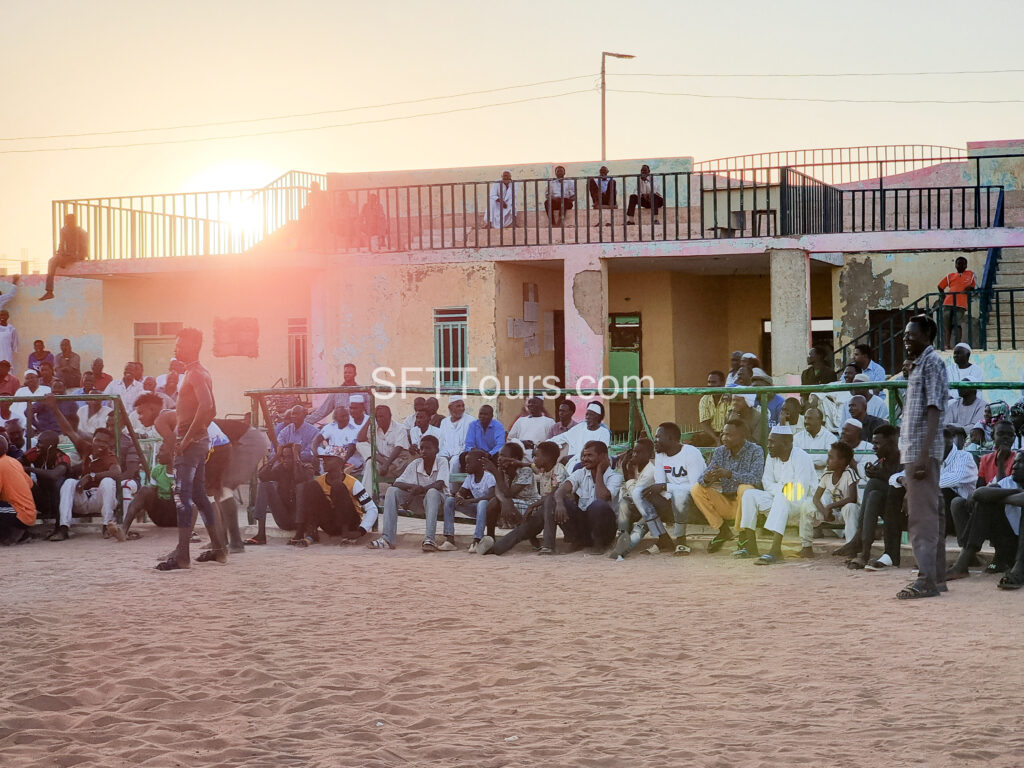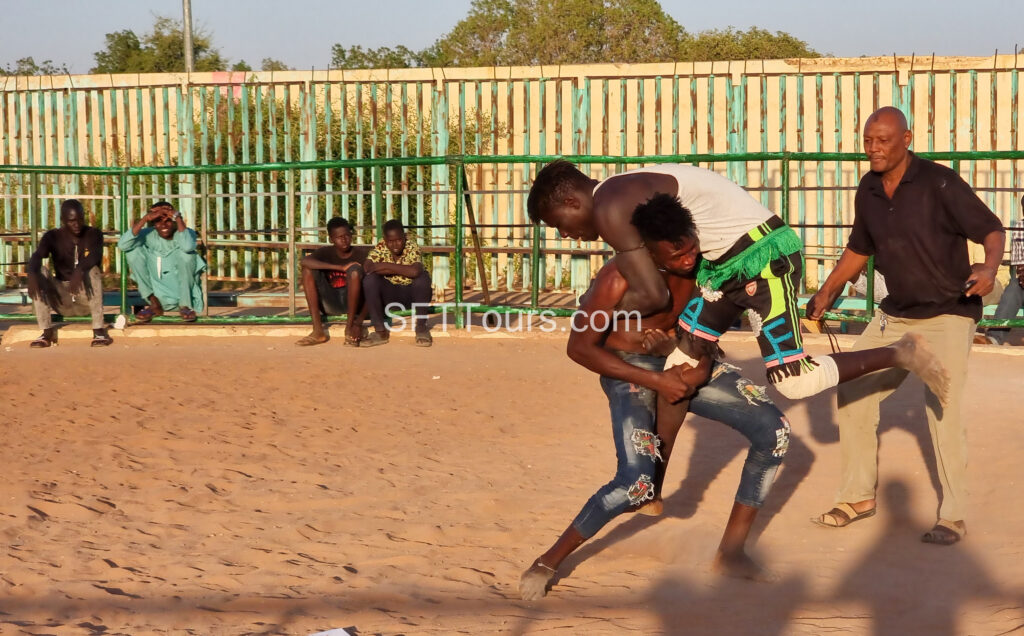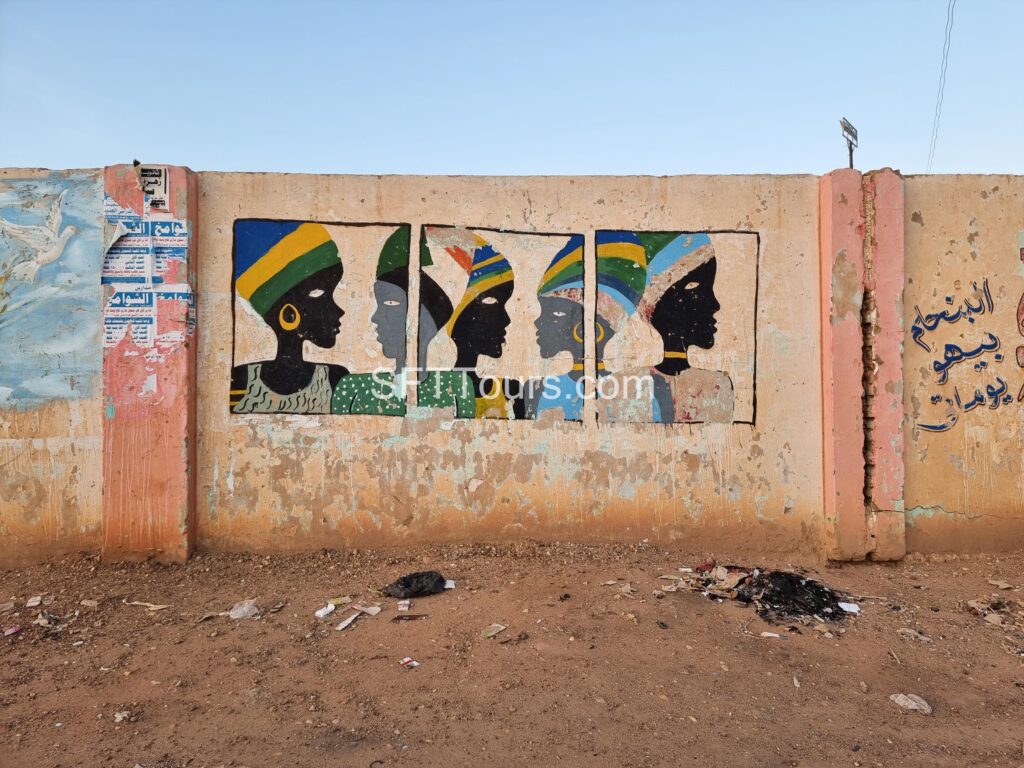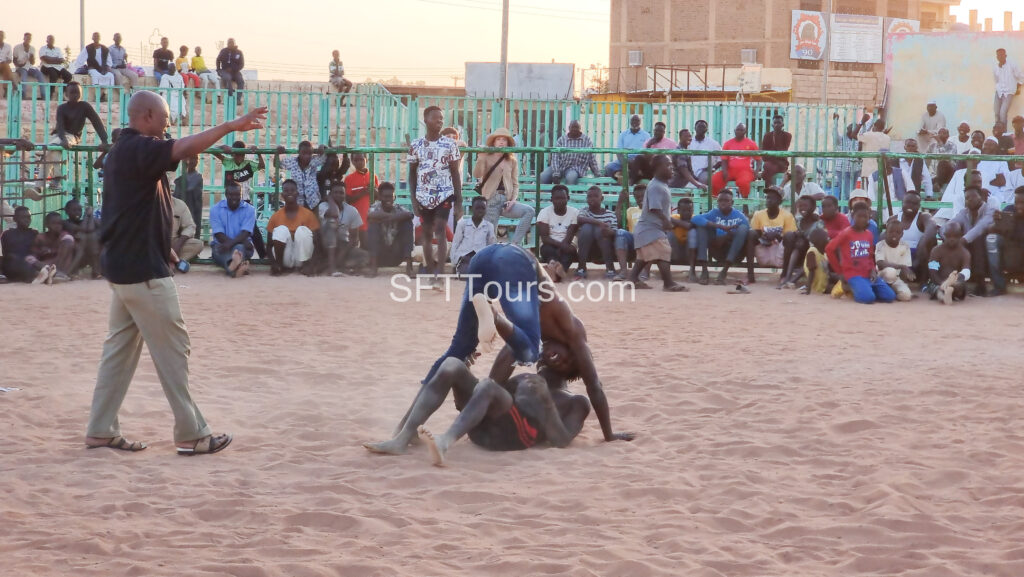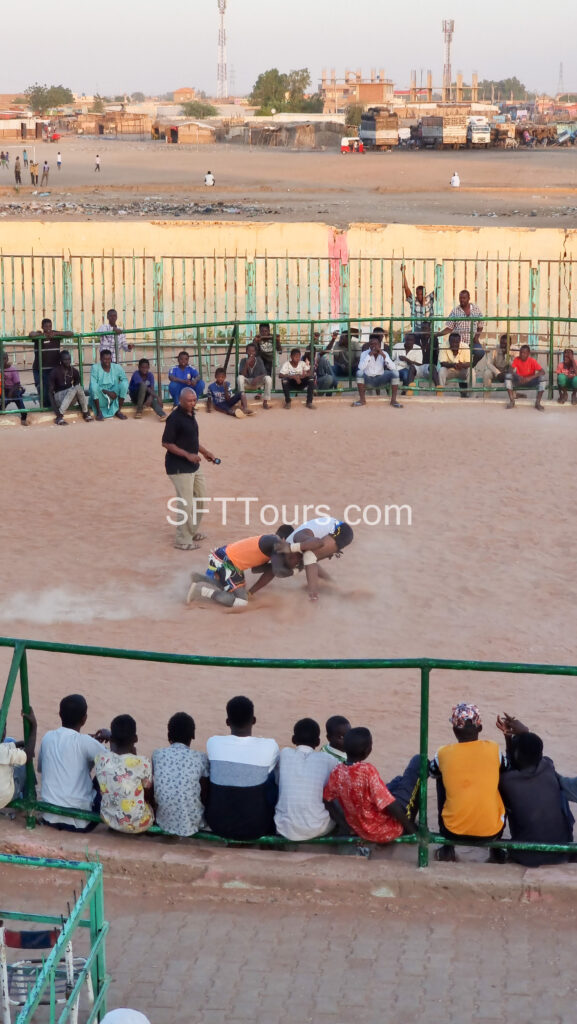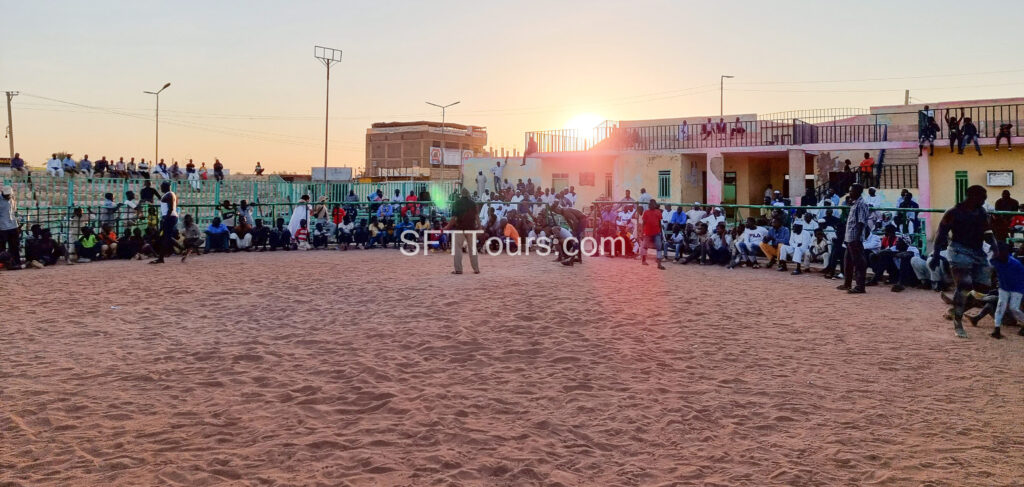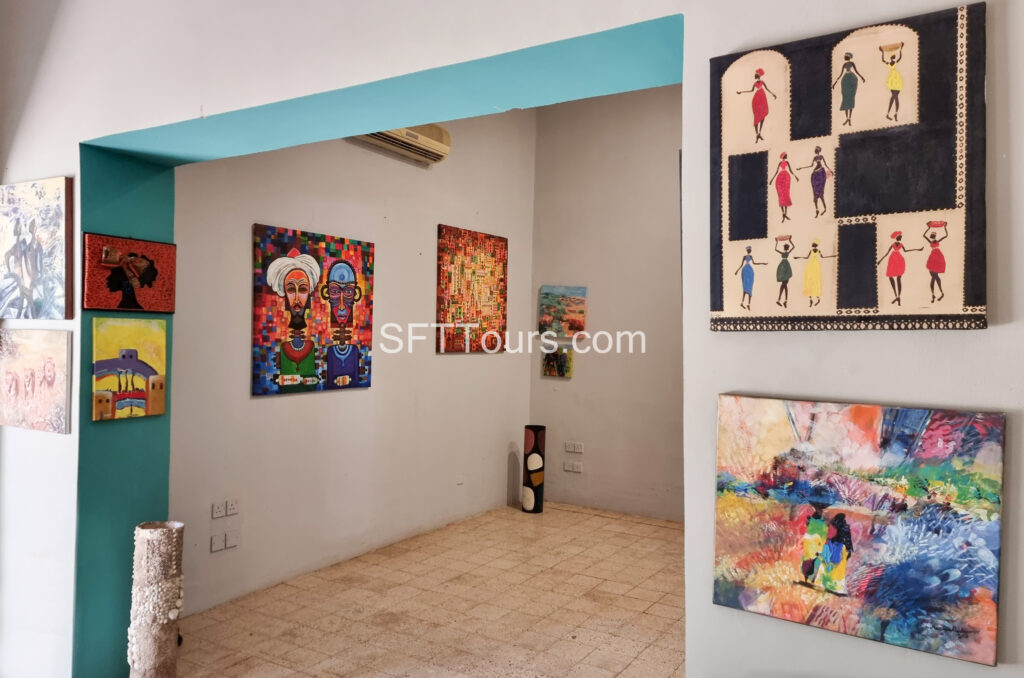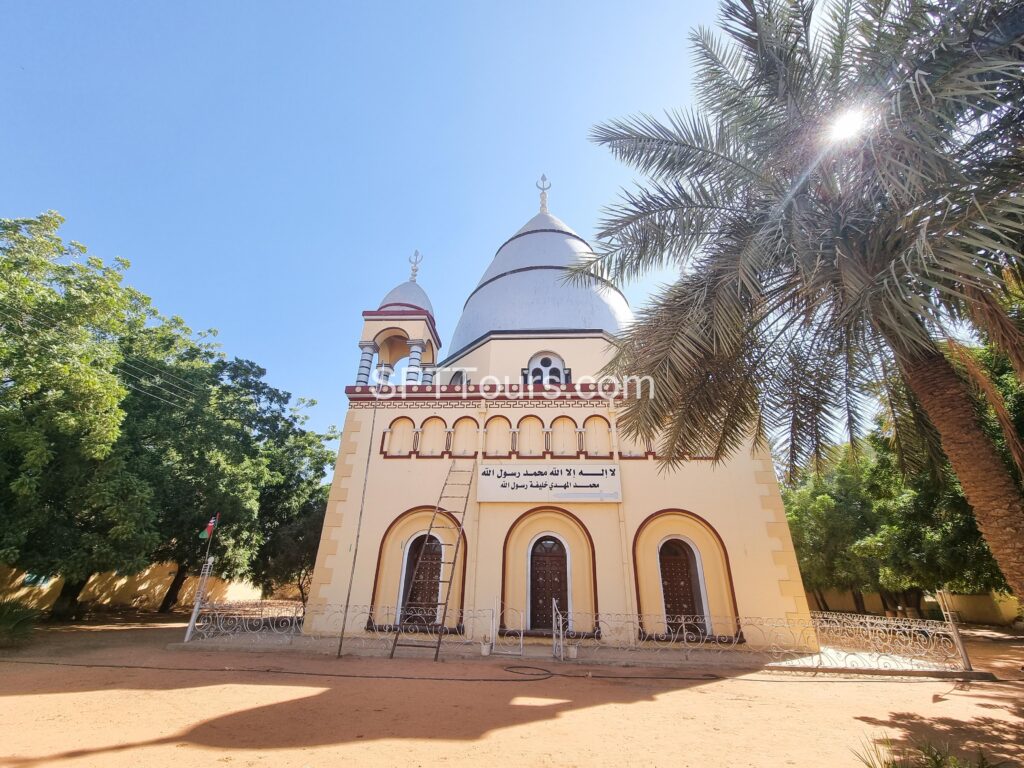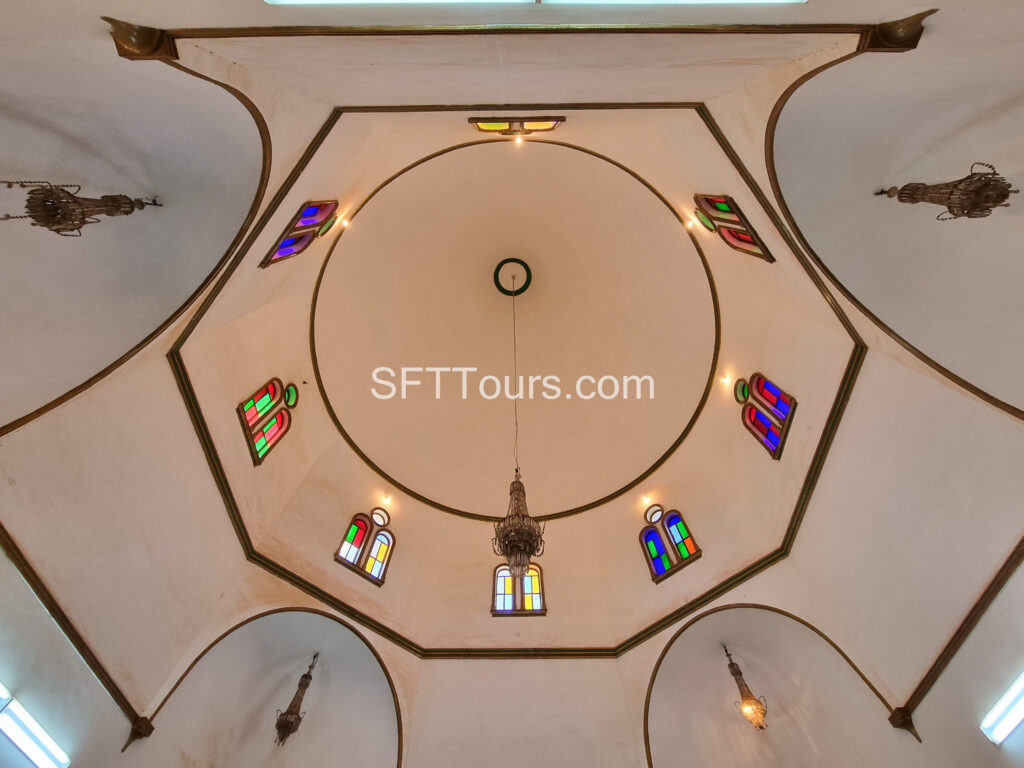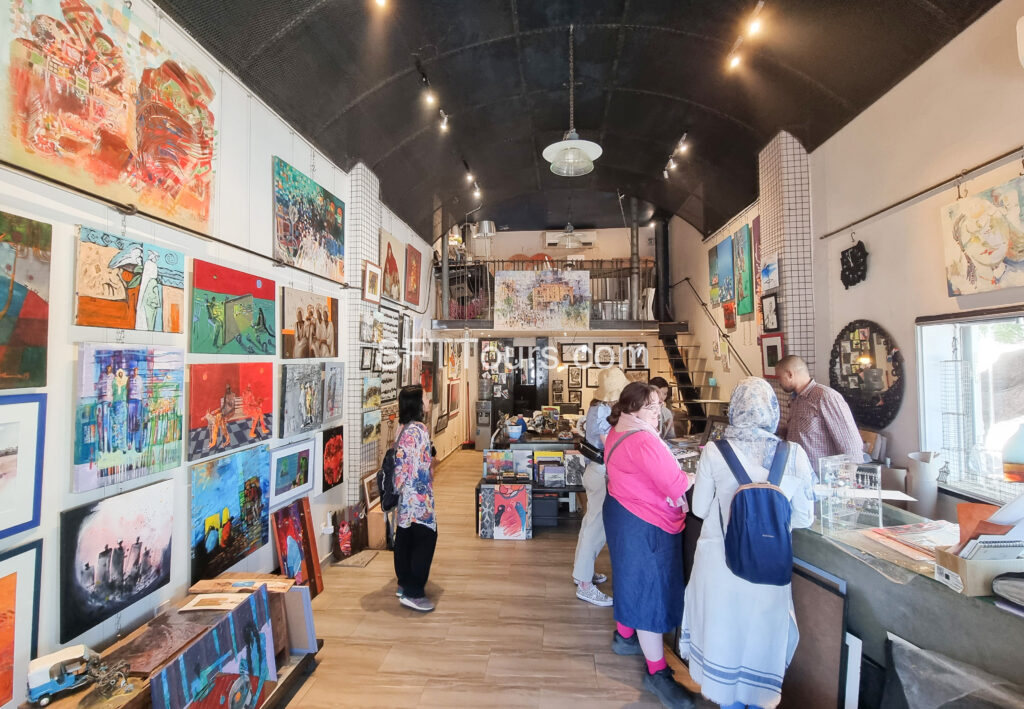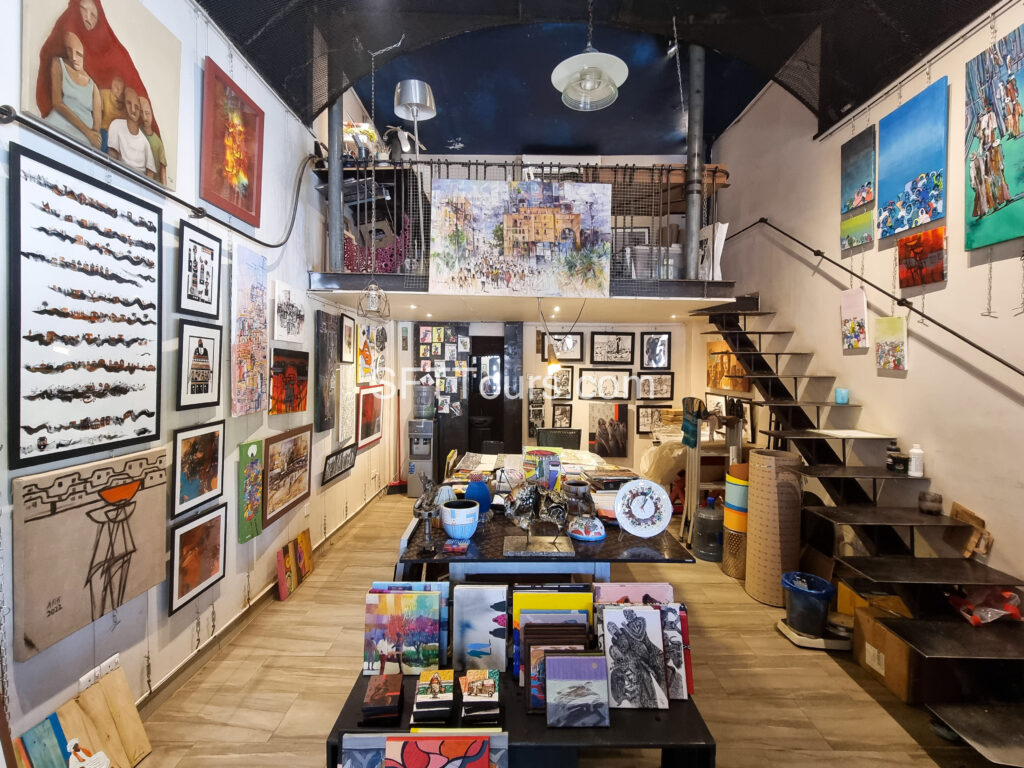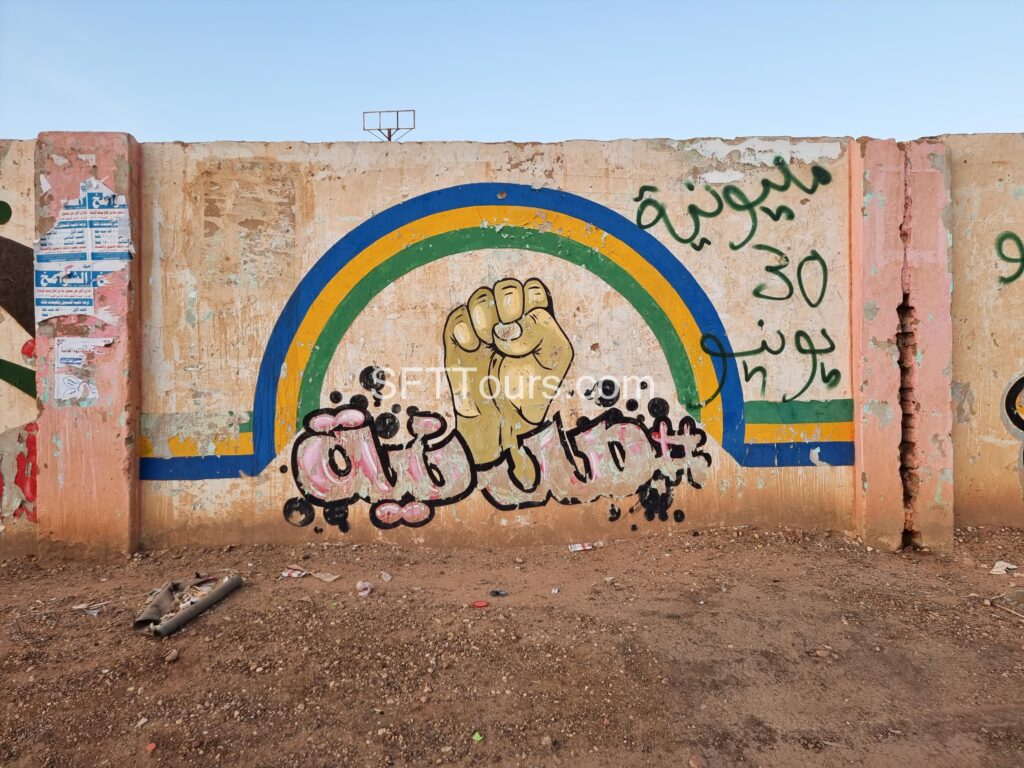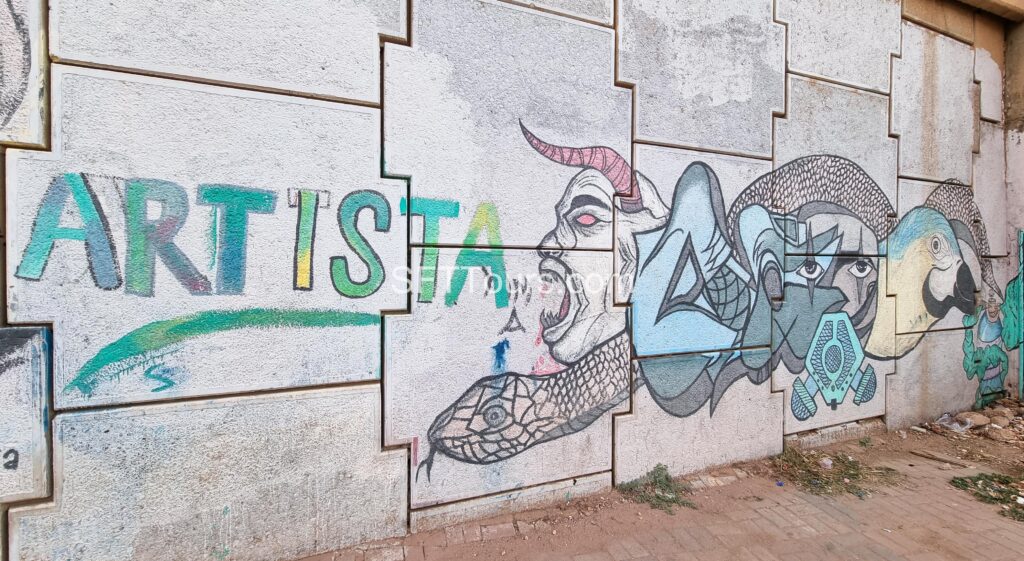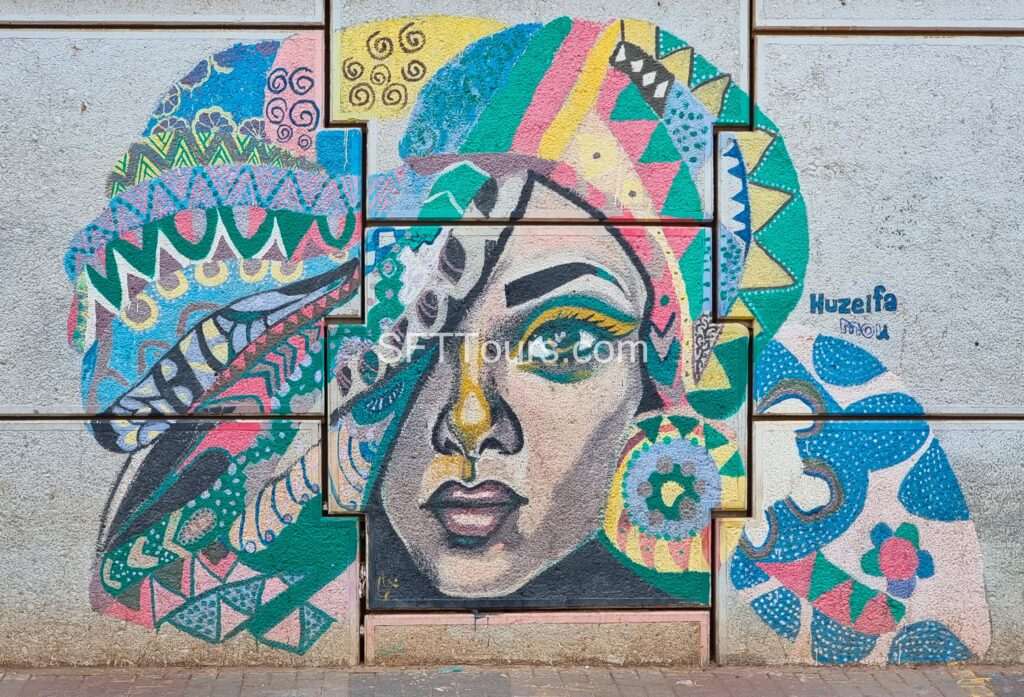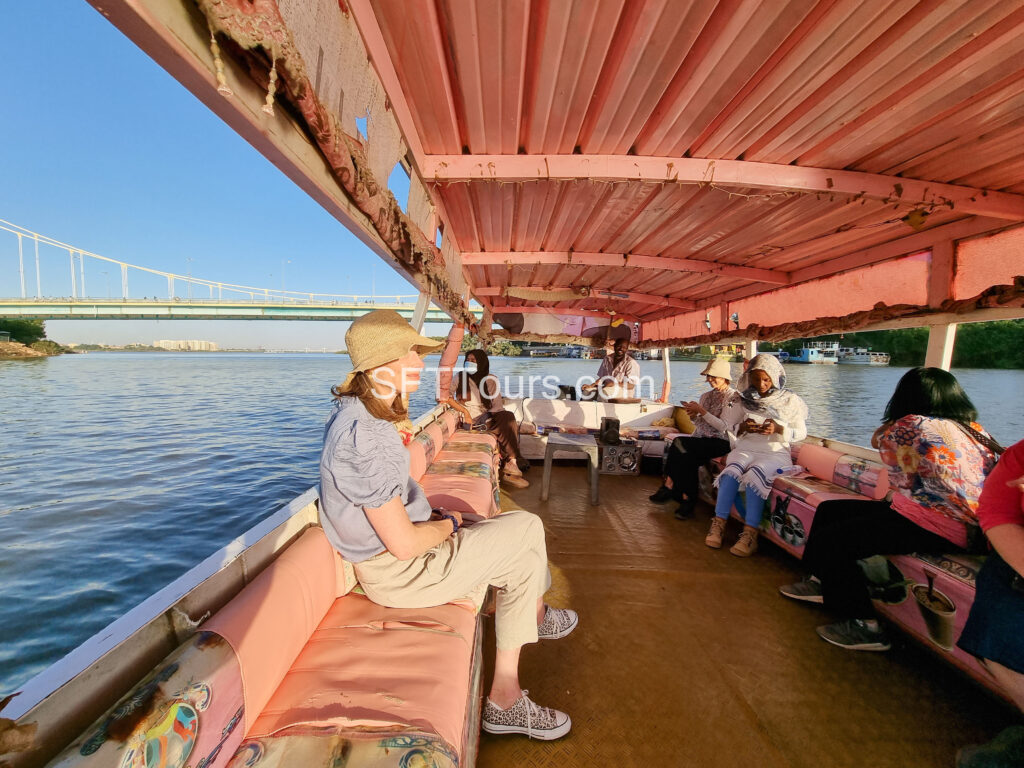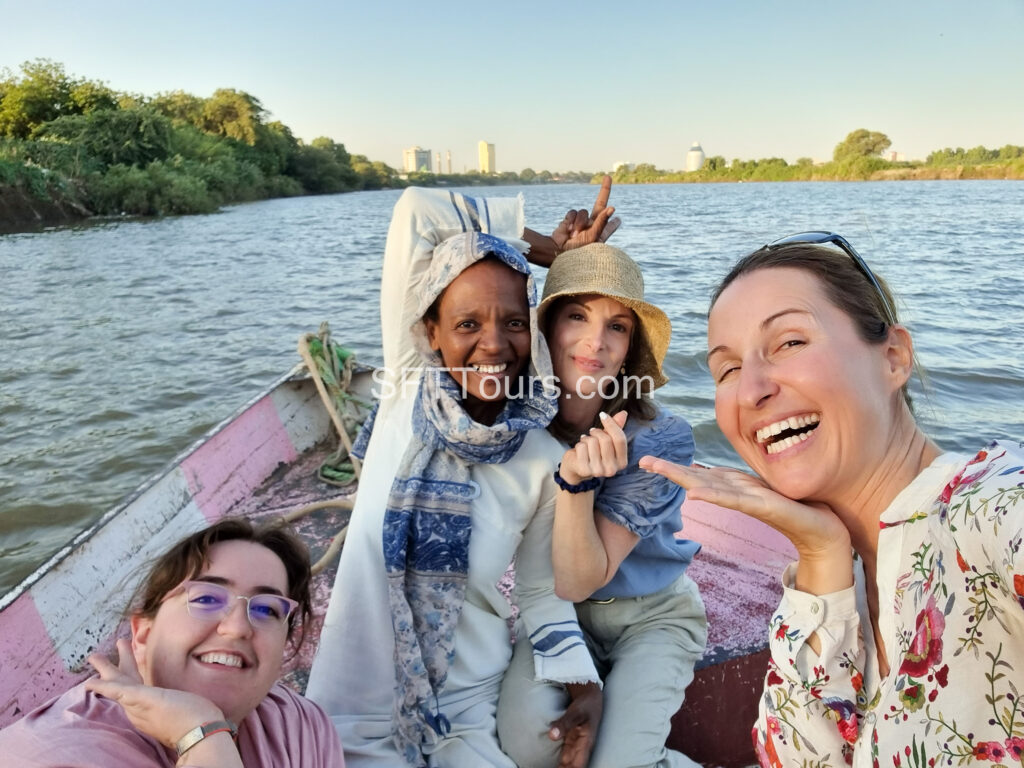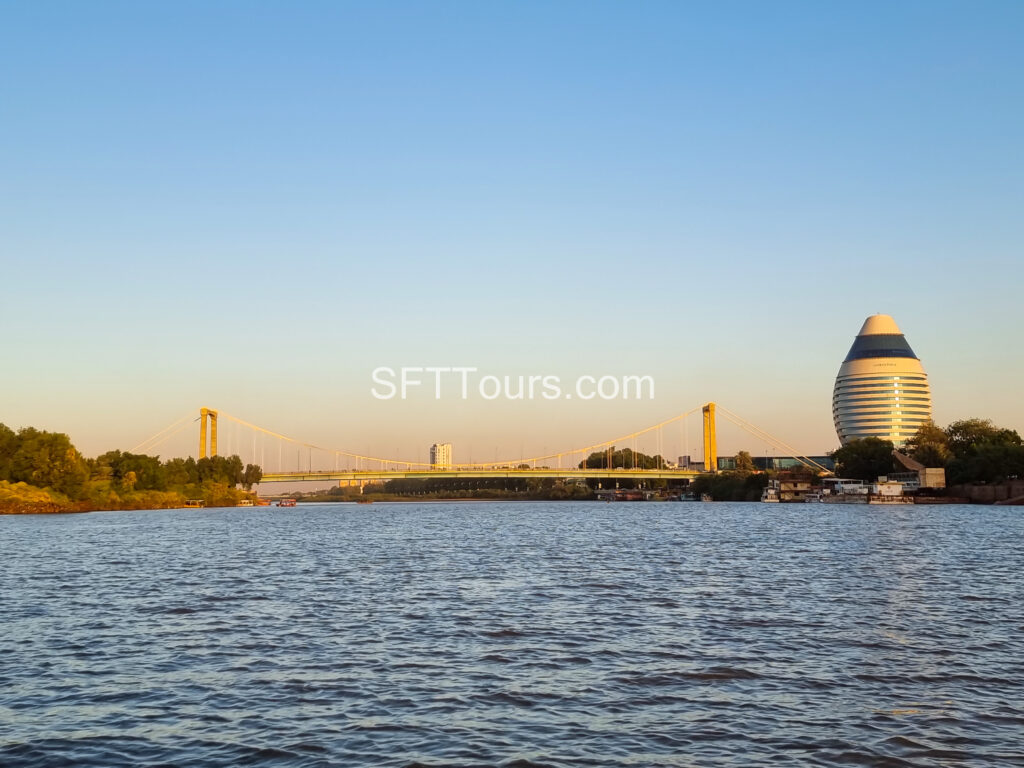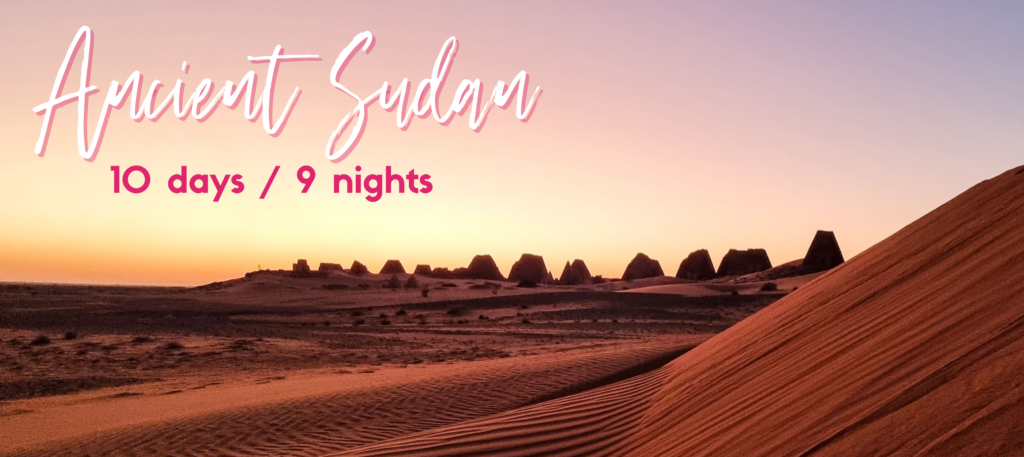
Announcement
Due to the ongoing fighting as a result of the recent coup, we have put our trips to Sudan on hold. Our hearts go out to the people of Sudan whom we care so much about. If you wish to support the Sudanese people and follow the developments on the ground we suggest focusing on local grassroots organizations that help people directly. Please visit www.Sudancoup.com for an extensive list.
Ancient Sudan
Khartoum – Naga – Mussawarat – Meroe – Karima – Jebel Barkal – Third Cataract – Soleb – Deserts
Join us on an adventure to the ancient Nubian civilization of the Black Pharaohs, a magical place very few tourists visit. This is the group trip for those who do not do tours and who want to truly get to know a destination.
Highlights: Feel like a real explorer among 5,000 ruins with no tourist in sight | Admire the UNESCO listed pyramids of Meroe | Camp under the stars in the desert | Visit holy Jebel Barkal, the ancient Egyptian capital of the black Pharaohs | Sail on the Nile River | Participate in a henna and coffee ceremony with Sudanese women | Learn how the desert nomads live | Be enthralled by the dervishes ceremony | Attend a traditional Nuba wrestling match | Walk on sand dunes of all colors, from beige to orange
No single supplement* | 13 spots | Sudanese female guide | Archeology | Culture
*Prices per person, we pair you with another solo traveler
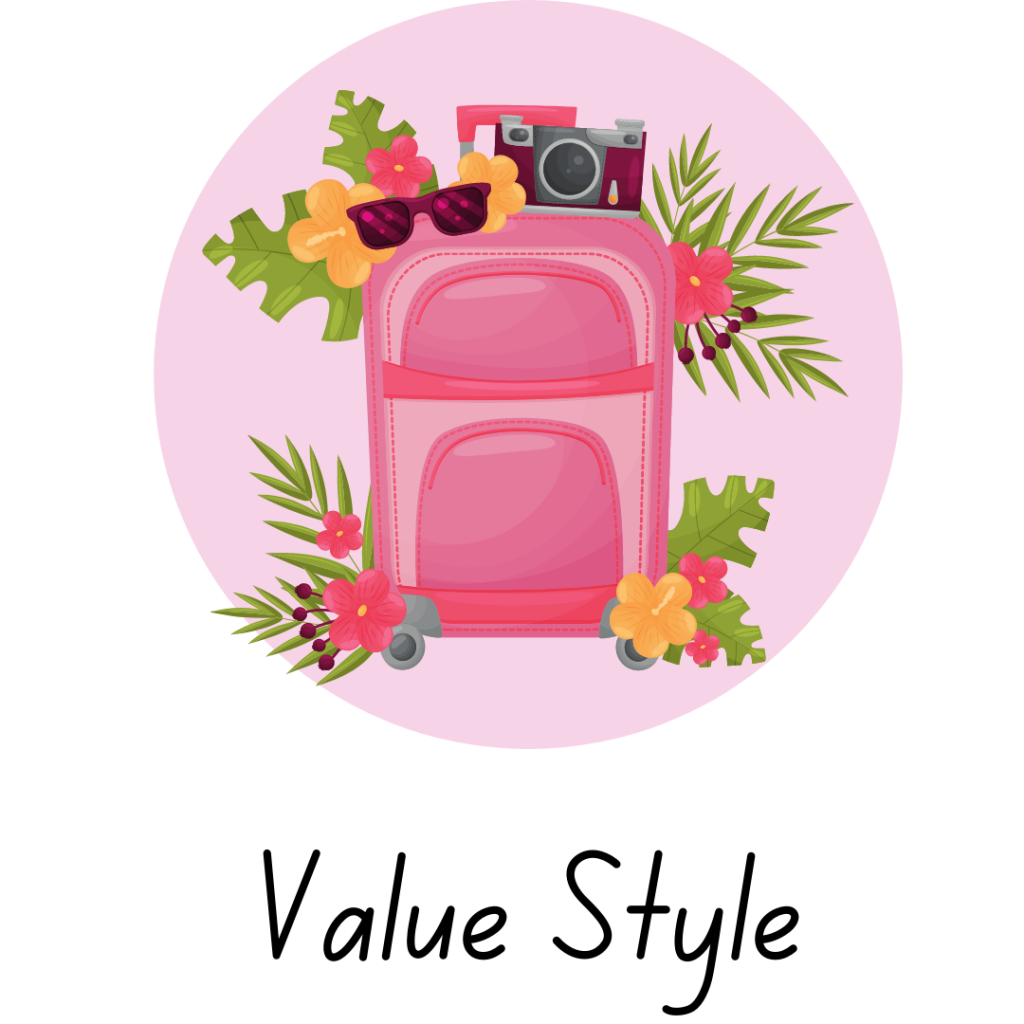
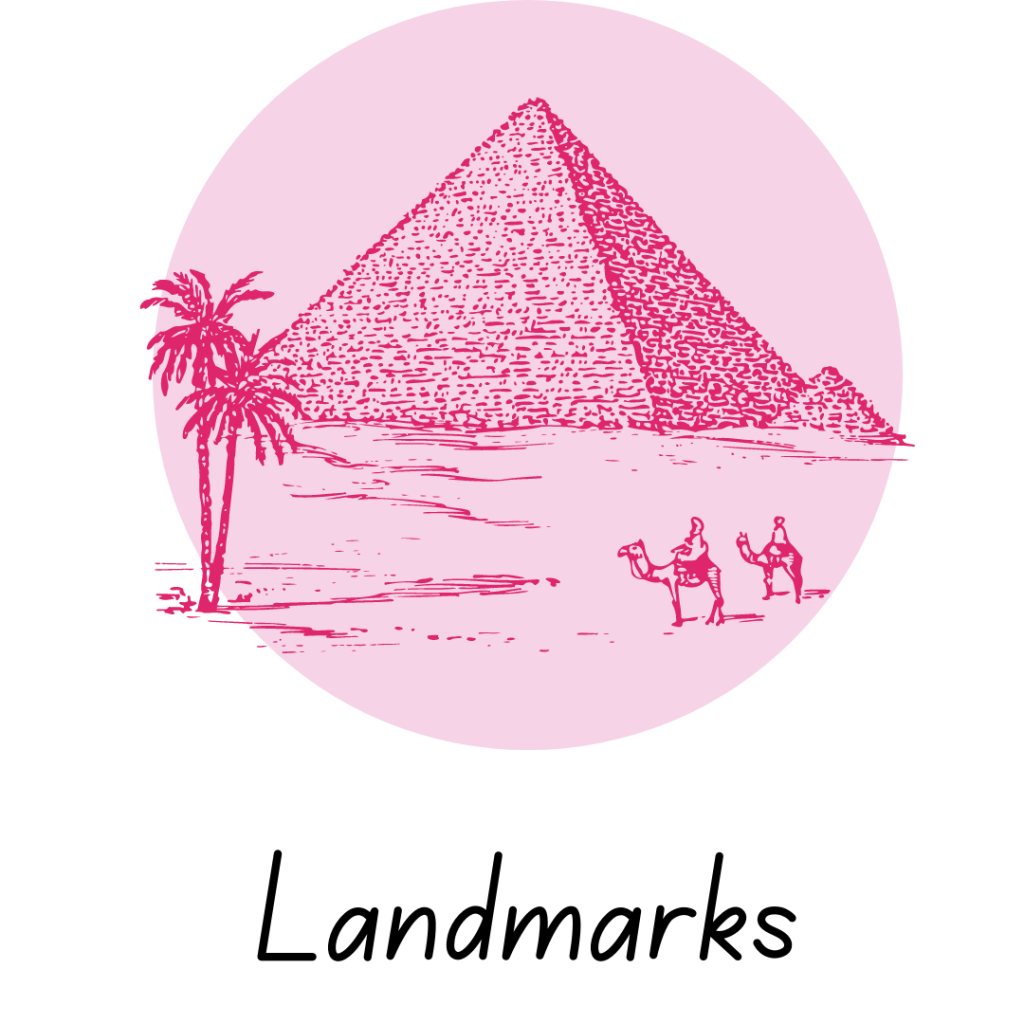
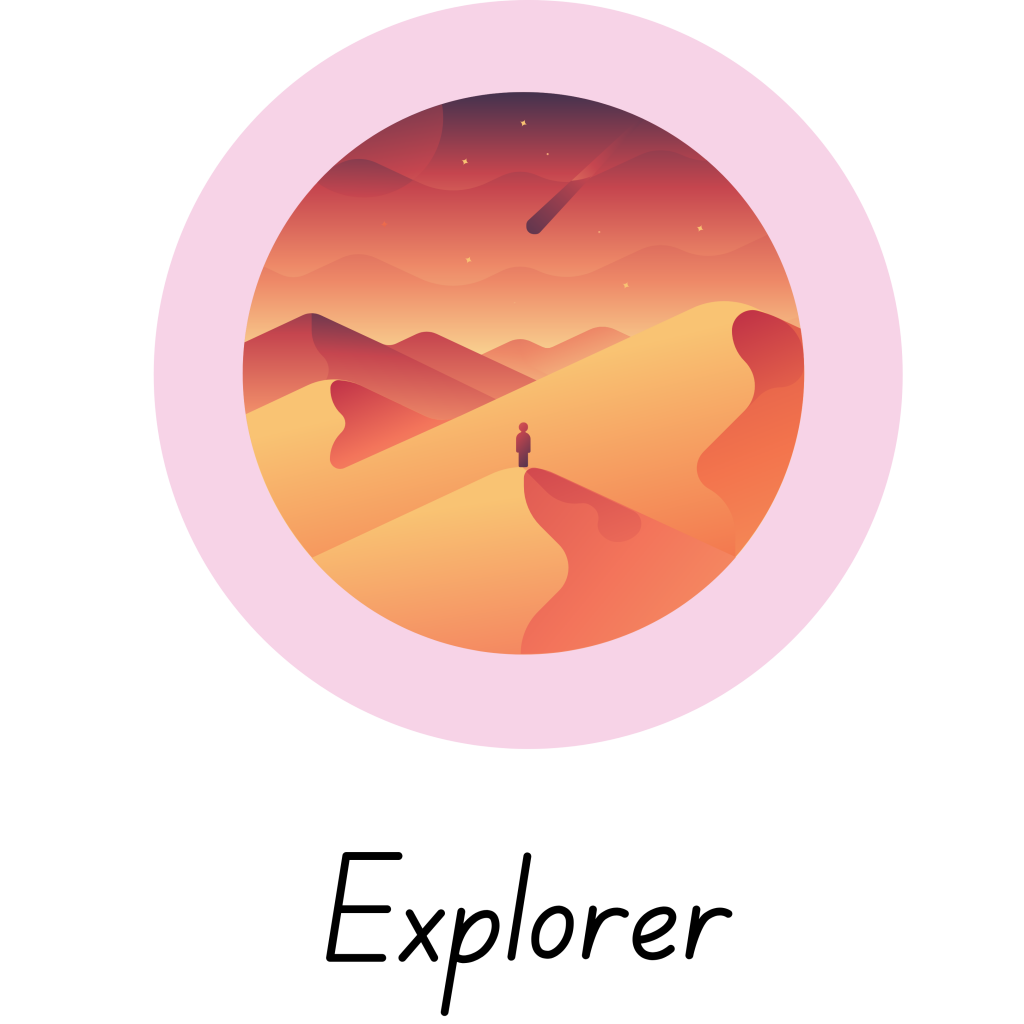
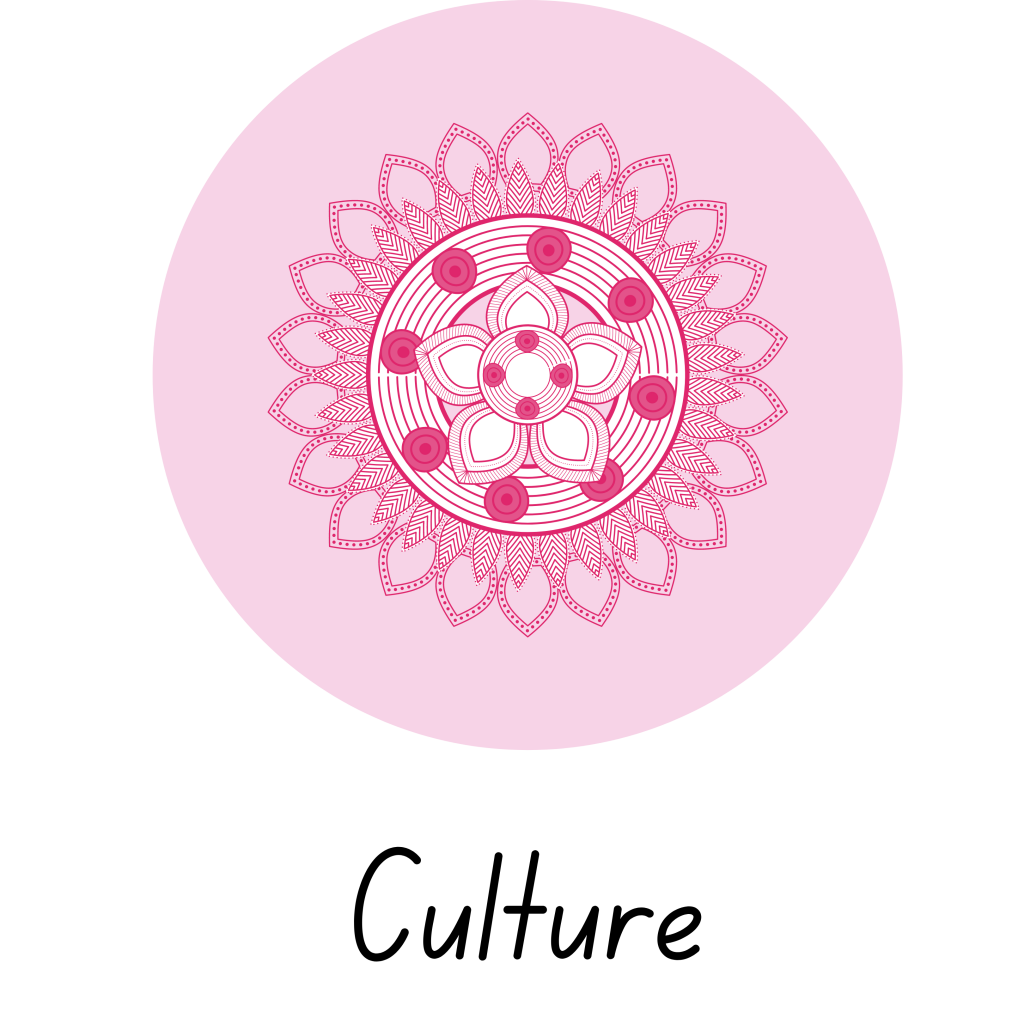
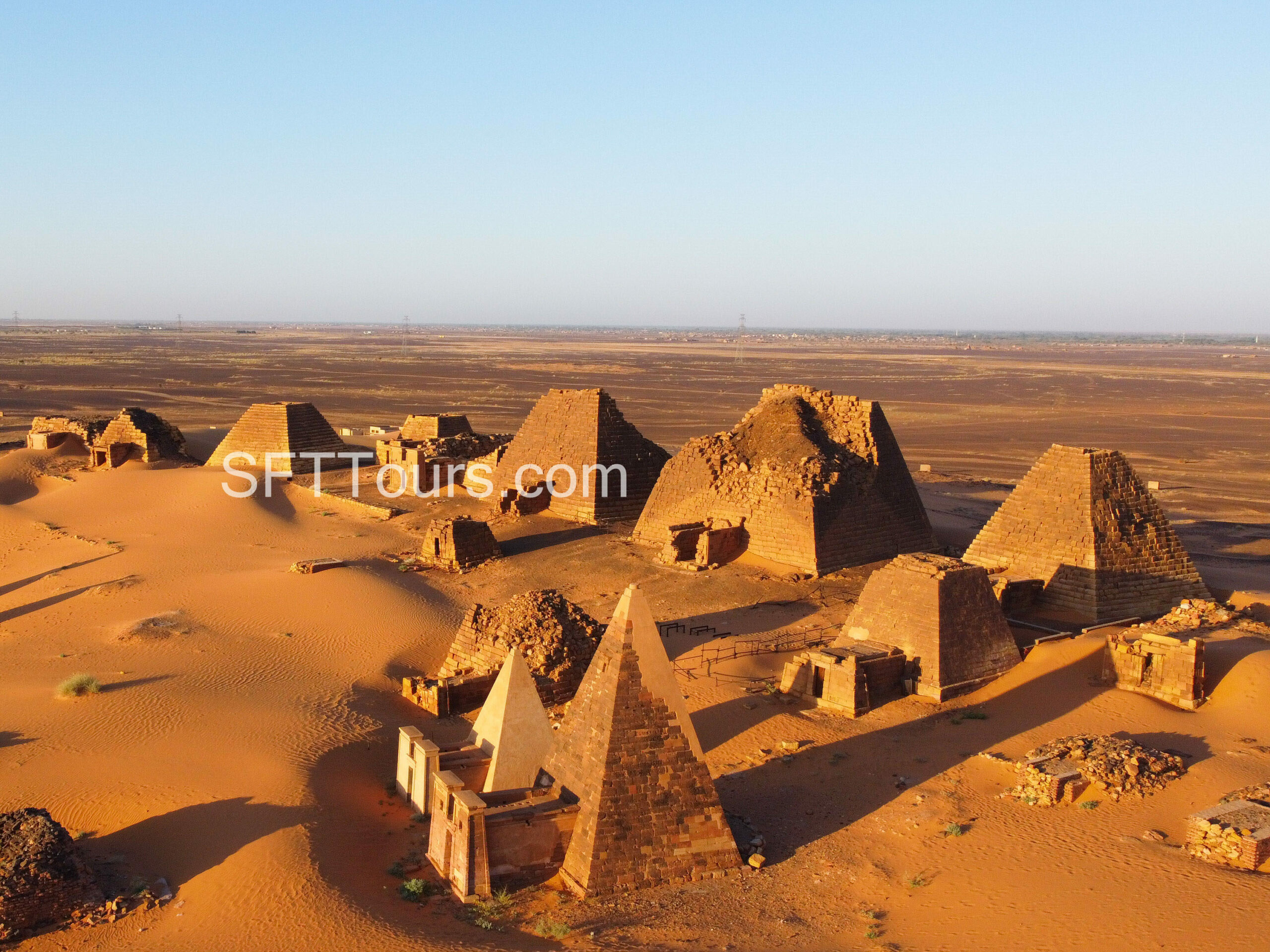
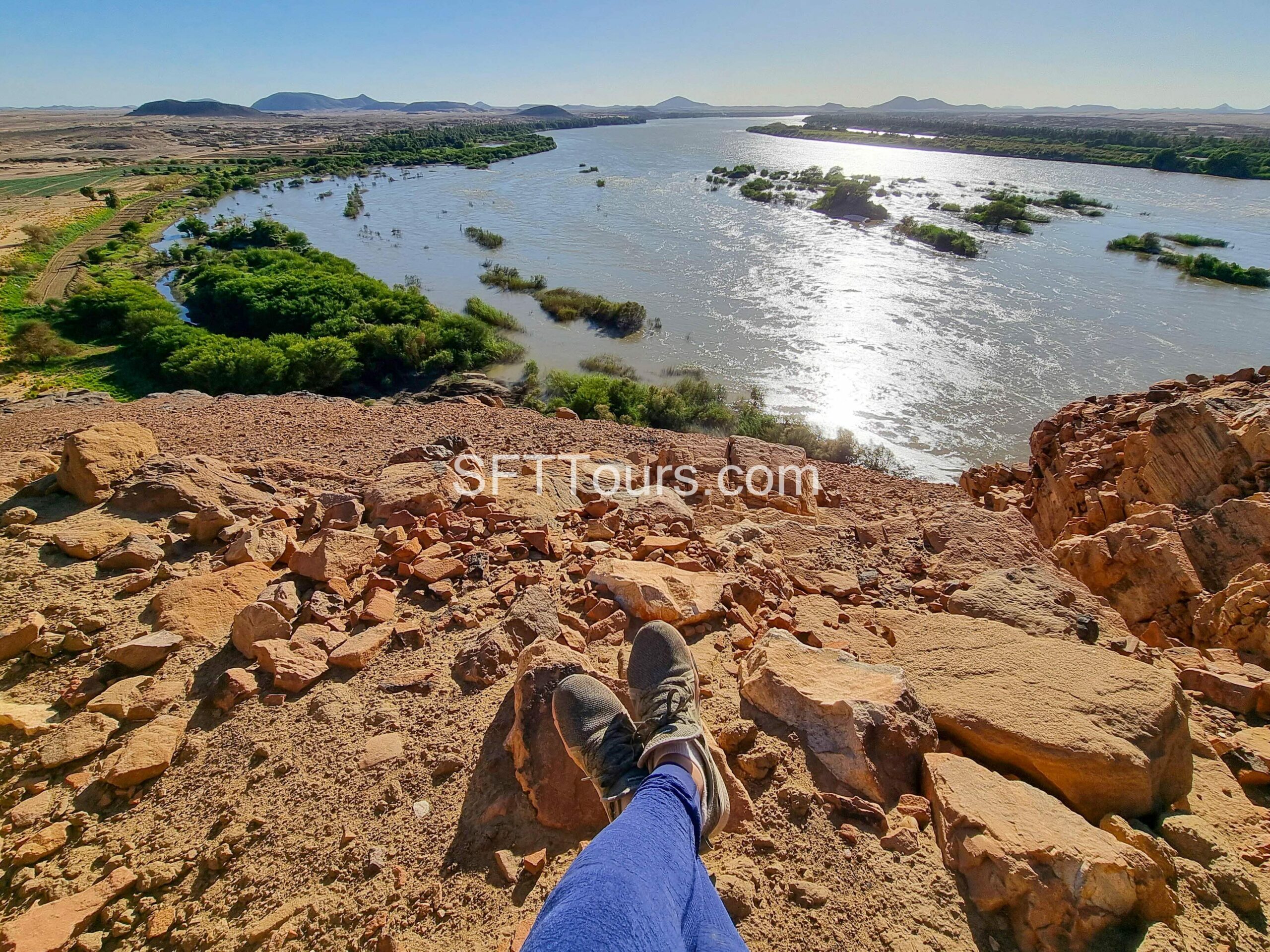
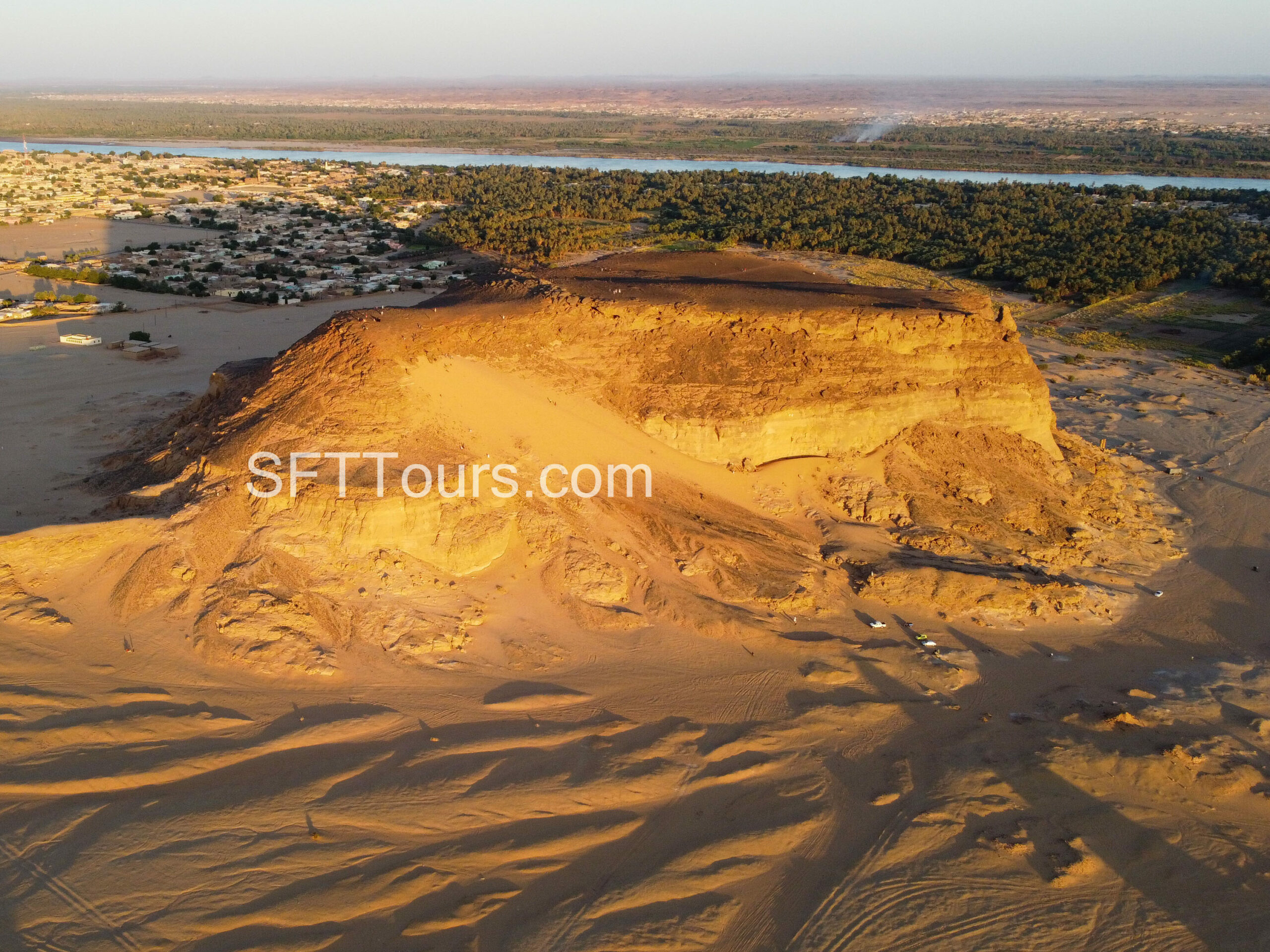
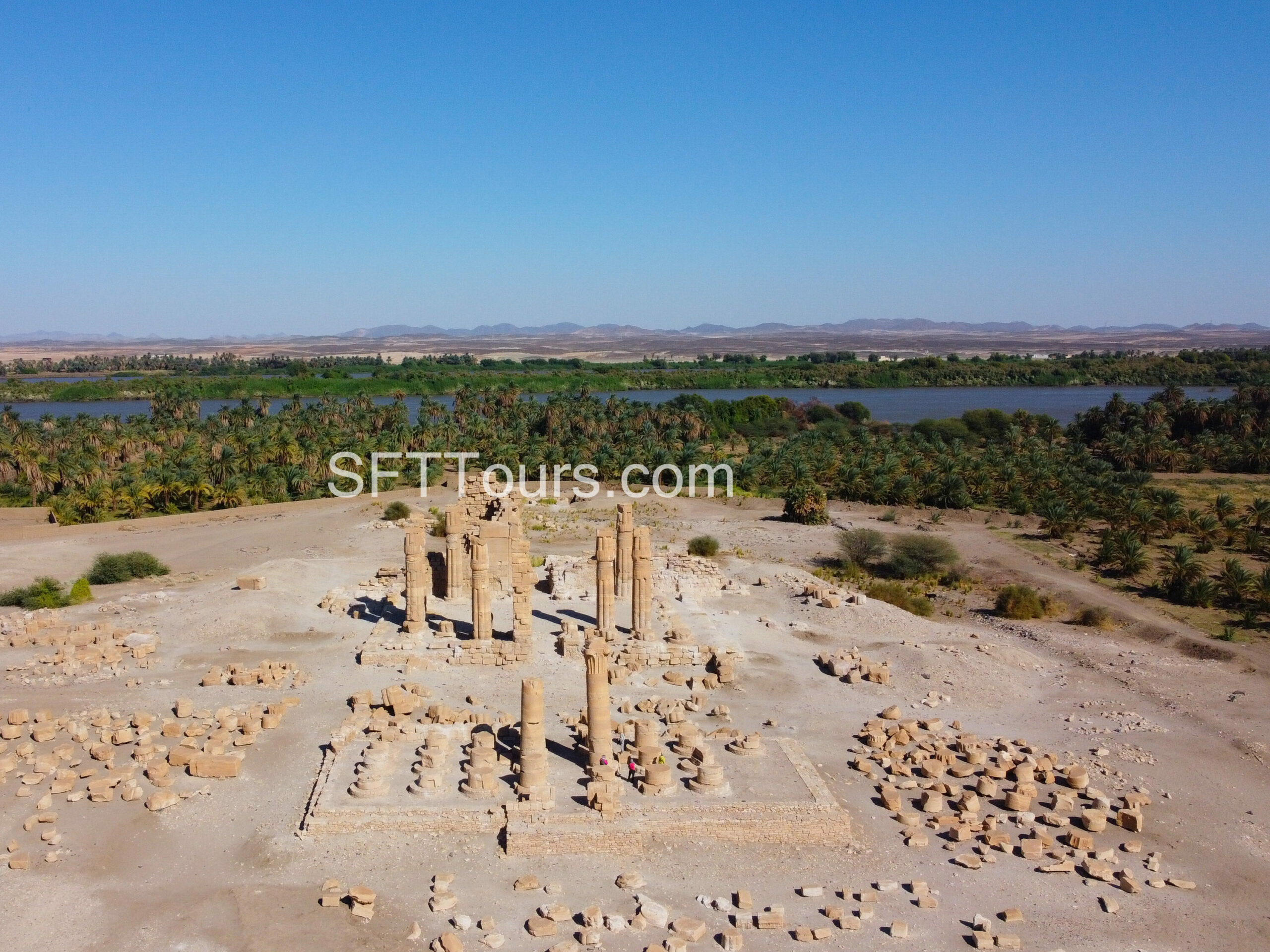
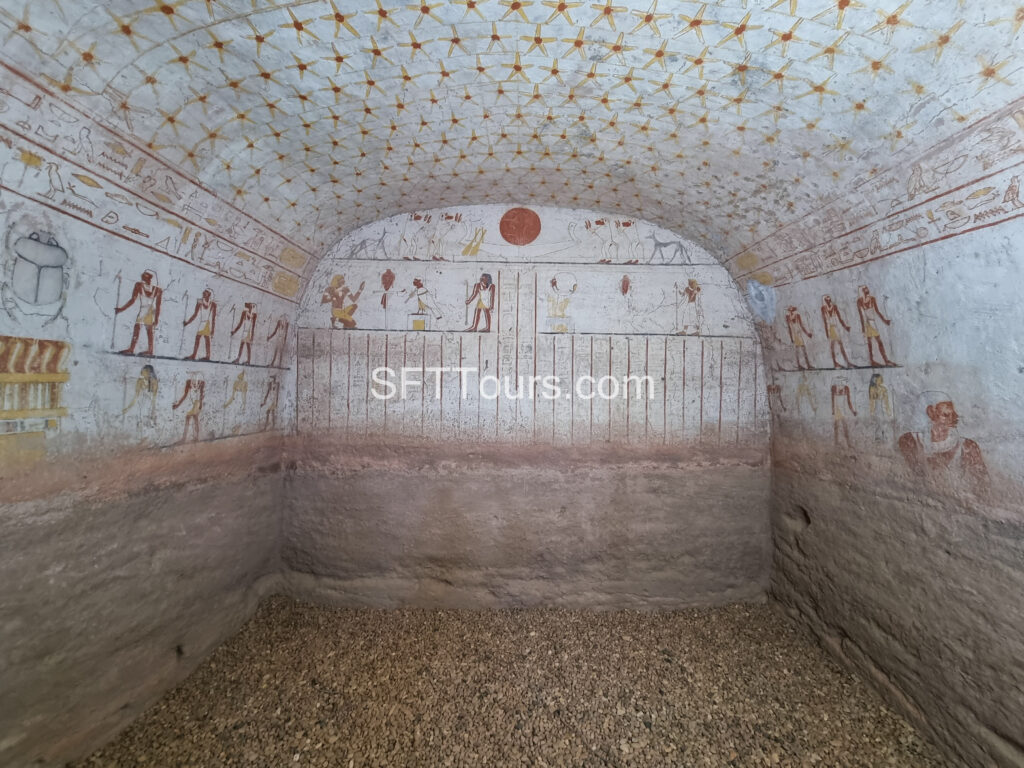
Trip Overview

- 29th Feb to 9th March 2024


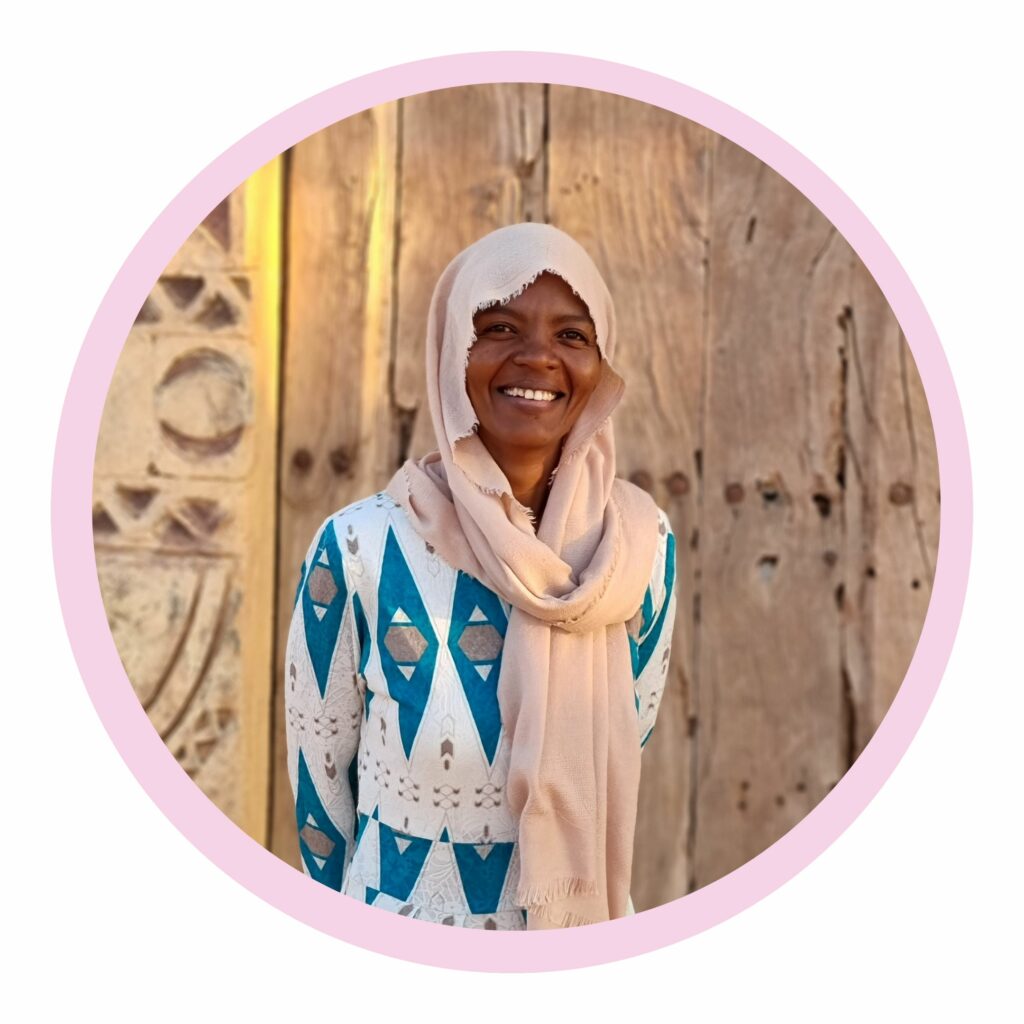
Diba Abdelmounim
Take a peek at our last Sudan tour!
Detailed Itinerary
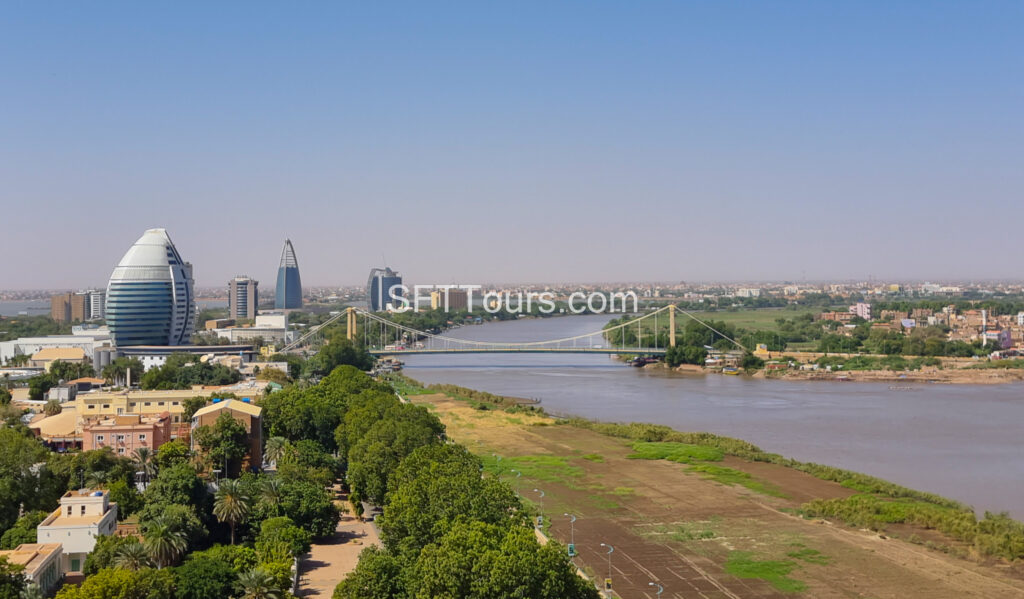
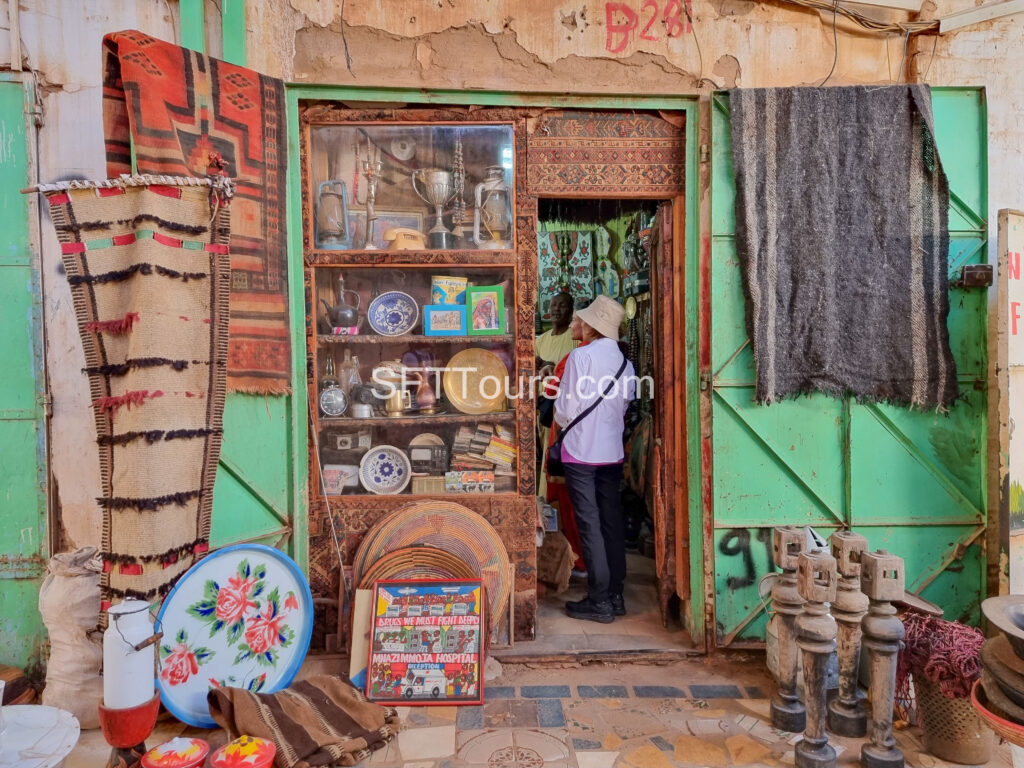
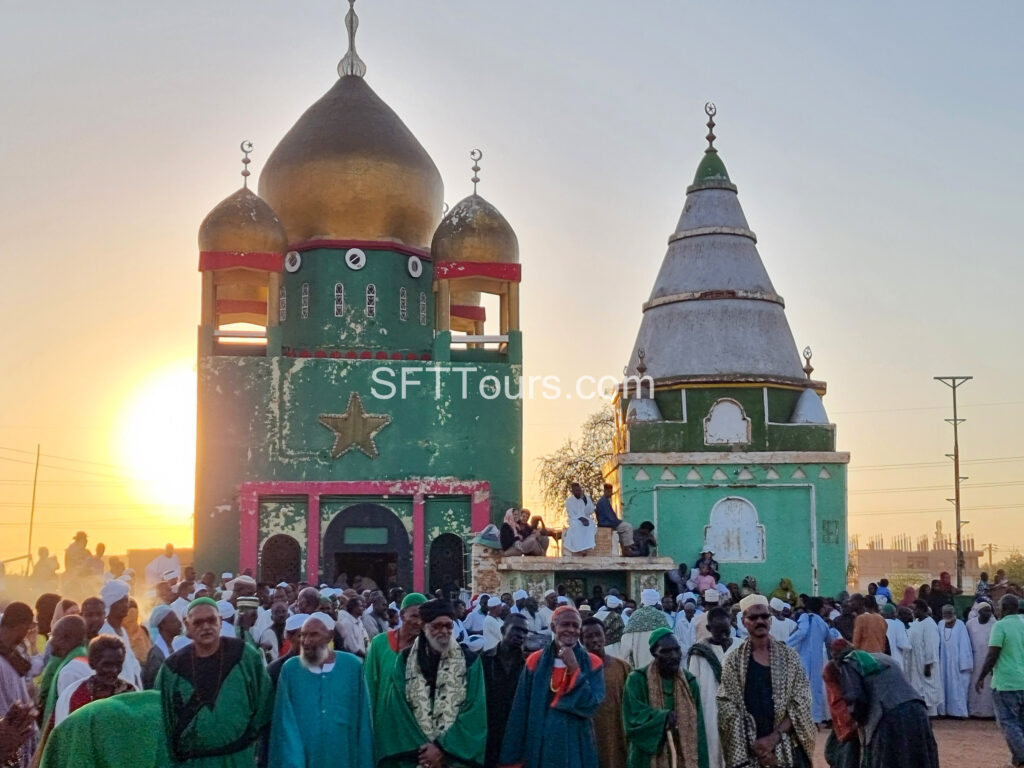
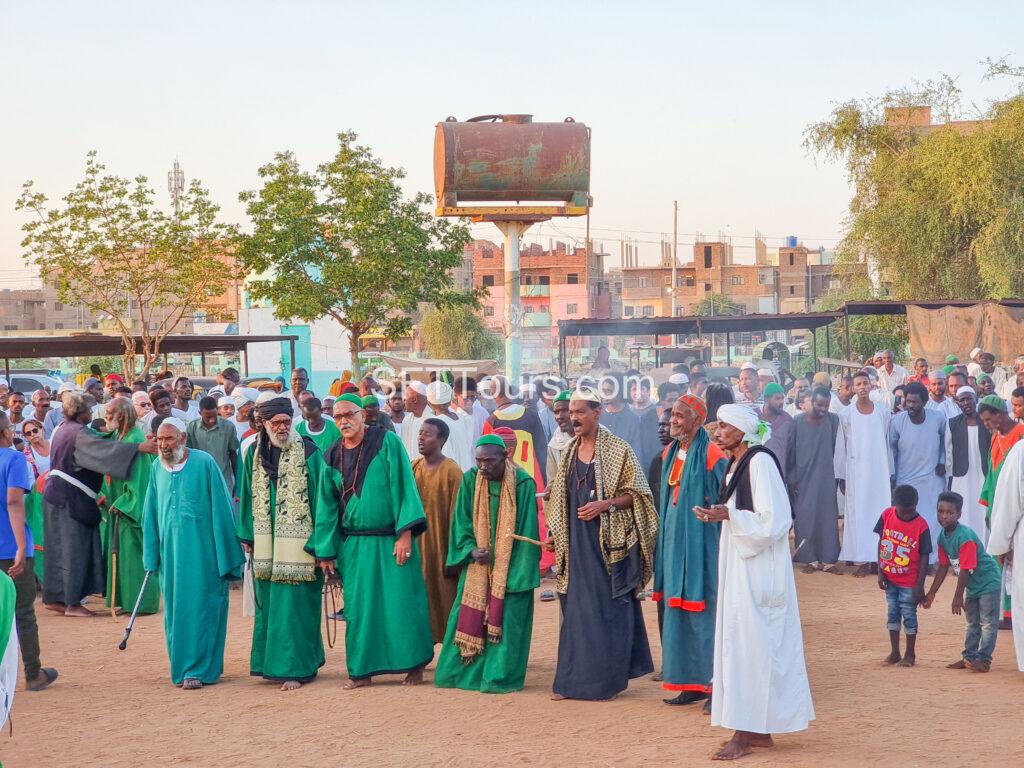
Days 1 – 2: Arrive Khartoum
Most flights to Khartoum arrive around midnight in Khartoum hence Day 1 is spent in transit. Regardless of the time of your arrival, you will be picked up from the airport and be escorted to the hotel.
If you arrive earlier in the day, we can provide suggestions for ways to enjoy your day or organize a half day tour or you can relax by the hotel pool.
Our exploration starts on Day 2 in the morning for our welcome and introduction to Sudan. You’ll meet your fellow travelers and our guide Diba, and get an introduction to Sudan with a map.
We will have lunch together at a breezy cafe in the city as we discuss the days ahead.
After that, we will head over to Sudan’s largest market in Omdurman. Here is where you can learn more about Sudanese wedding practises, fruits and vegetables, or find souvenirs and vintage pieces.
After the market, we will move near the tomb of the Sufi leader Ahmed Al-Nil to see the enthralling twirling Dervishes Ceremony which only happens on Fridays.
Followers and devotees get together weekly one hour before sunset to walk and chant in circles in front of the tomb.
Be mesmerised by their spiritual dancing among the crowds of followers, join in the chanting, and mingle with the locals who are always keen to chat with visitors or practice languages. This is a truly magical experience.
We will leave the ceremony and head to a casual welcome dinner at Al Assaha, the Lebanese restaurant at the hotel. Set in a sprawling villa with garden tables among plants and trees, we will share delicious Lebanese dishes and have an early night, the following days will all start at the crack of dawn.
Overnight at Assaha Village
Assaha Village is a Lebanese courtyard house and restaurant that has been open in Khartoum for almost two decades.
Designed to look like a traditional Lebanese village, the wonderful Lebanese restaurant is the best food in town and also offers spacious, Nubian inspired rooms in a stone building with art pieces and cozy details.
The open air peaceful courtyard hosts a swimming pool and swaying palm trees.
Day 3 : Naga and Mussawarat
We will begin our journey northward to visit two wonderful archaeological sites: Naga and Mussawarat.
Naga is one of the two centres that developed during the Meroitic period. In Naga, in a typical Saharan environment with rocks and sand, we find a temple dedicated to Apedemak (1st century AD), a wonderful building with bas-relief decorations depicting the god with a lion’s head, the Pharaoh, noblemen and several ritual images.
A few metres away there is a small and odd construction with arches and columns, called a “kiosk”, in which we can notice Egyptian, Roman and Greek styles, all at the same time.
Not far away we reach another temple dedicated to Amon with many statues of rams and beautiful gates decorated with bas-reliefs.
This temple has been under conservation efforts by a team from Munich for a few years so we are likely to see them returning when our trip happens, as the summer ends and the archeologists return to Sudan.
We will then go to Mussawarat, a settlement located in a beautiful valley crowned by hills where we can see the remains of a very big temple which once played an exceptionally important role.
We will have a picnic lunch in a shaded area in front of the temple’s entrance then visit the large archeological site.
Mussawarat’s main characteristic, the “Great Enclosure”, is made by many constructions and boundary walls which surround a temple built in the 1st century AD.
The large number of elephants represented on these walls makes you think they used to have an important role in this area.
Just behind the small sand dune near the temple we will see an unexpected water reservoir that was built to naturally store water from the wadis during the rainy season.
Beyond the big wadi there is another temple – restored by a German archaeological mission – dedicated to the god Apedemak.
We will then get back on the desert tracks and head to Meroe Tented Camp. We will arrive before sunset and enjoy the sun setting behind the pyramids from the camp’s viewing terrace.
Nothing beats sunset on the orange dunes of the desert around the Meroe pyramids.
We will freshen up and clean the dust from the desert then gather for dinner in the air conditioned restaurant where we will enjoy international and Sudanese food.
After dinner, we will lay around a bond fire with string music and watch the Milky Way. Count as many shooting stars as you can imagine; make a wish!
Meroe Camp
The unique and permanent Meroe Camp, overlooking the renowned pyramids of Meroe, features 22 twin bedded tents.
Rooms are 16sqm and each one of them has a shady veranda with 2 chairs for reading or simply relaxing overlooking the pyramids. Every tent has its own private restroom and shower which is located in a separate hut at the back of the tent.
The restaurant has a thatched roof and an outdoor terrace from where we will enjoy sunset over the pyramids.
The camp has a power generator that works everyday from sunset until 10.30 pm, though after that we experience total peace and quietness.
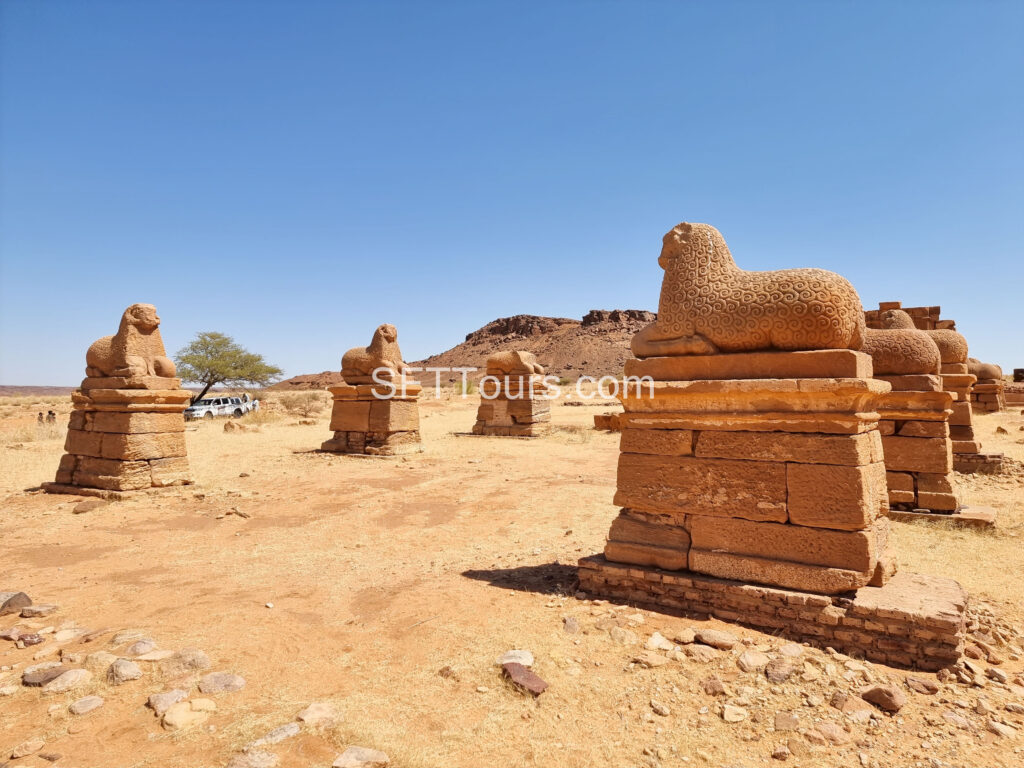
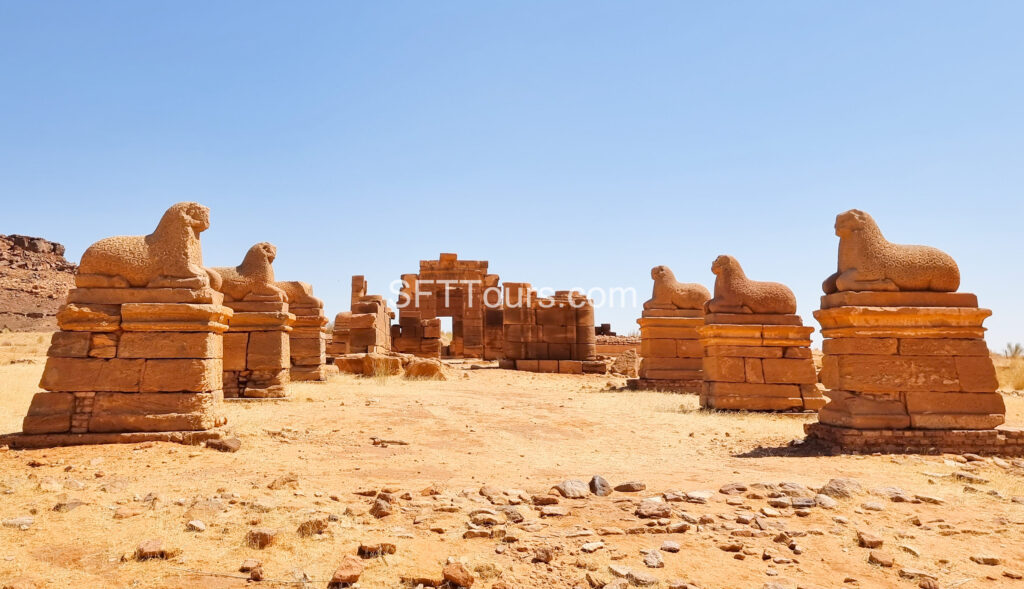
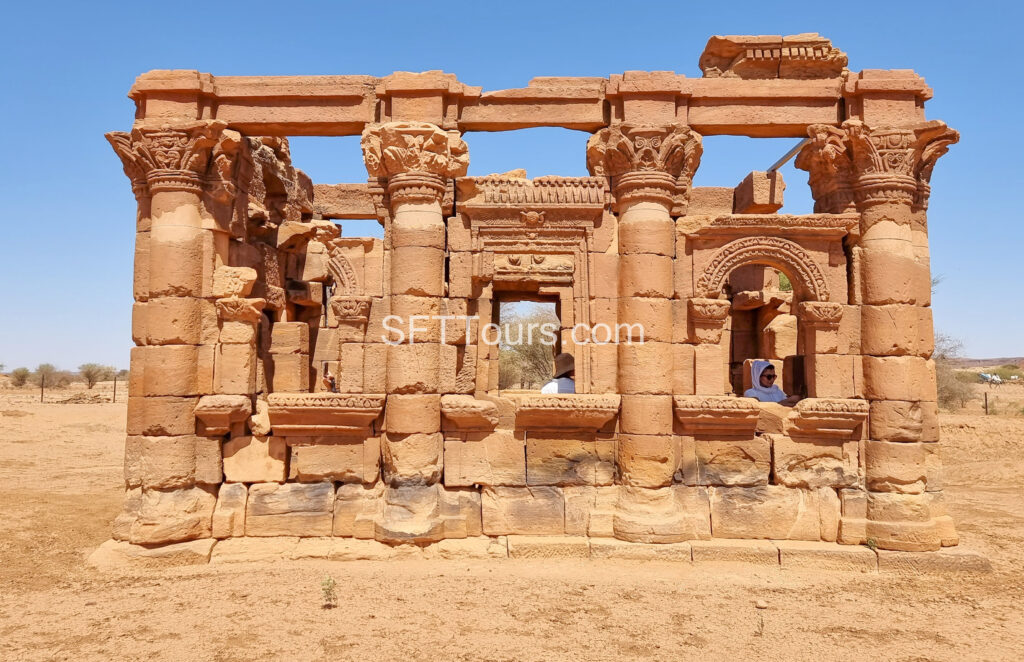
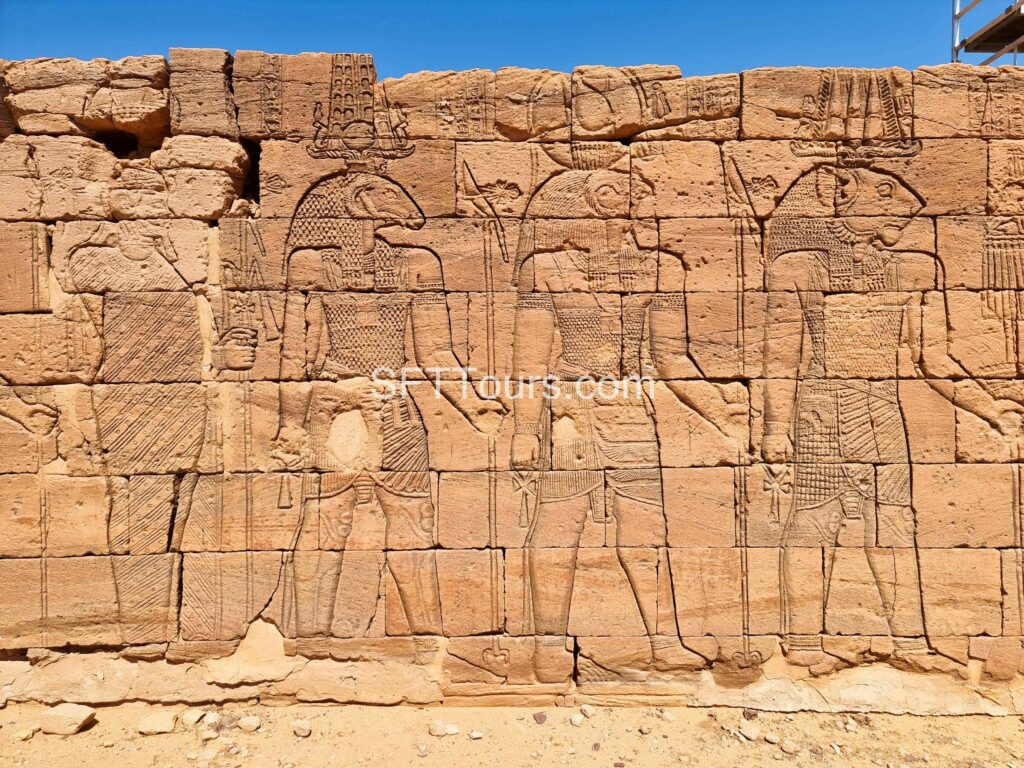
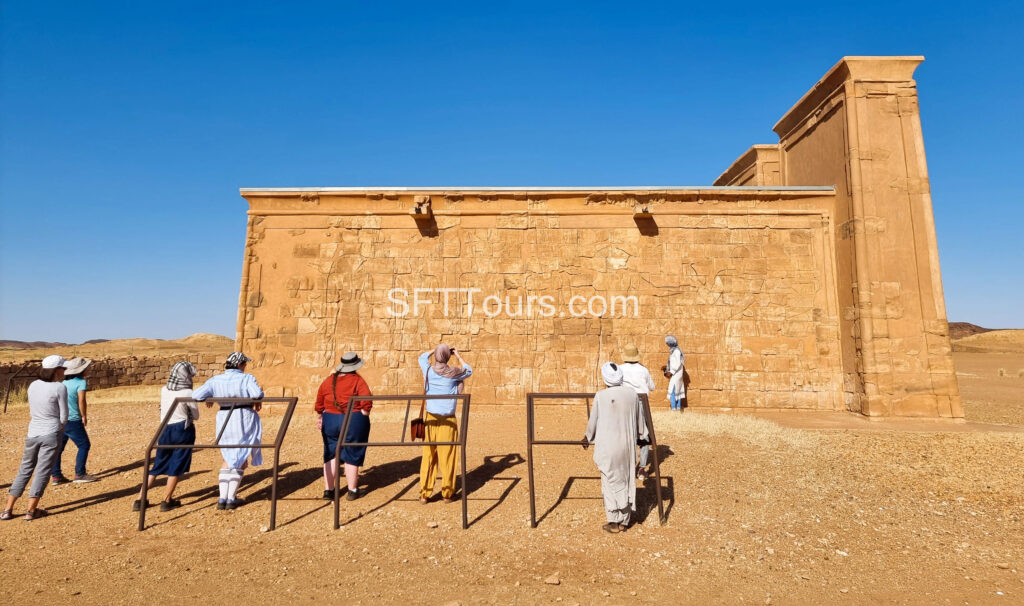
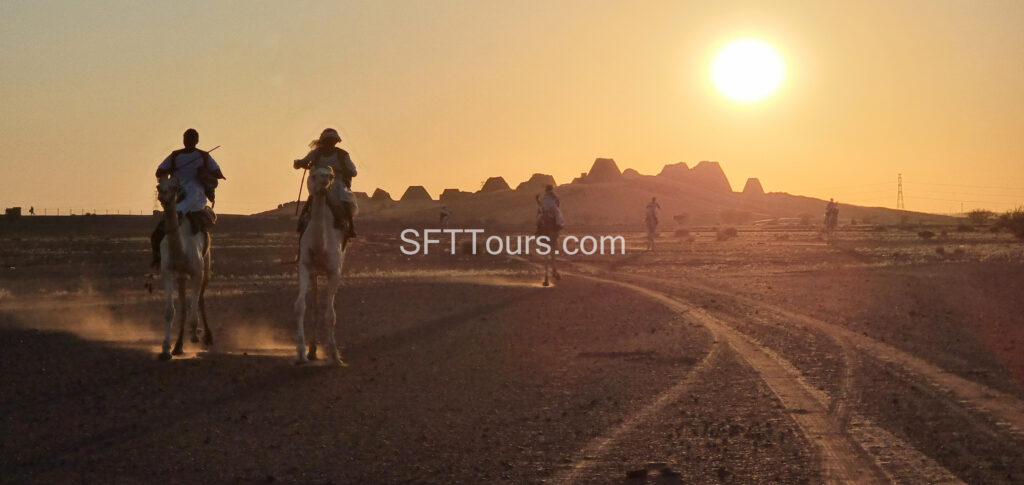
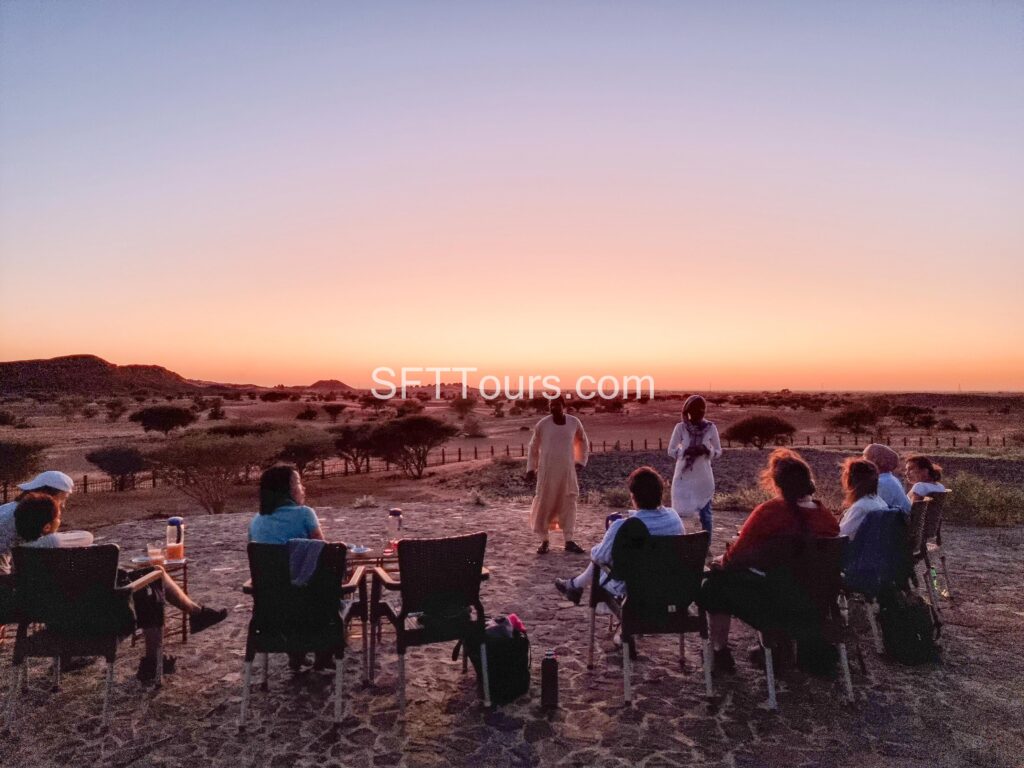
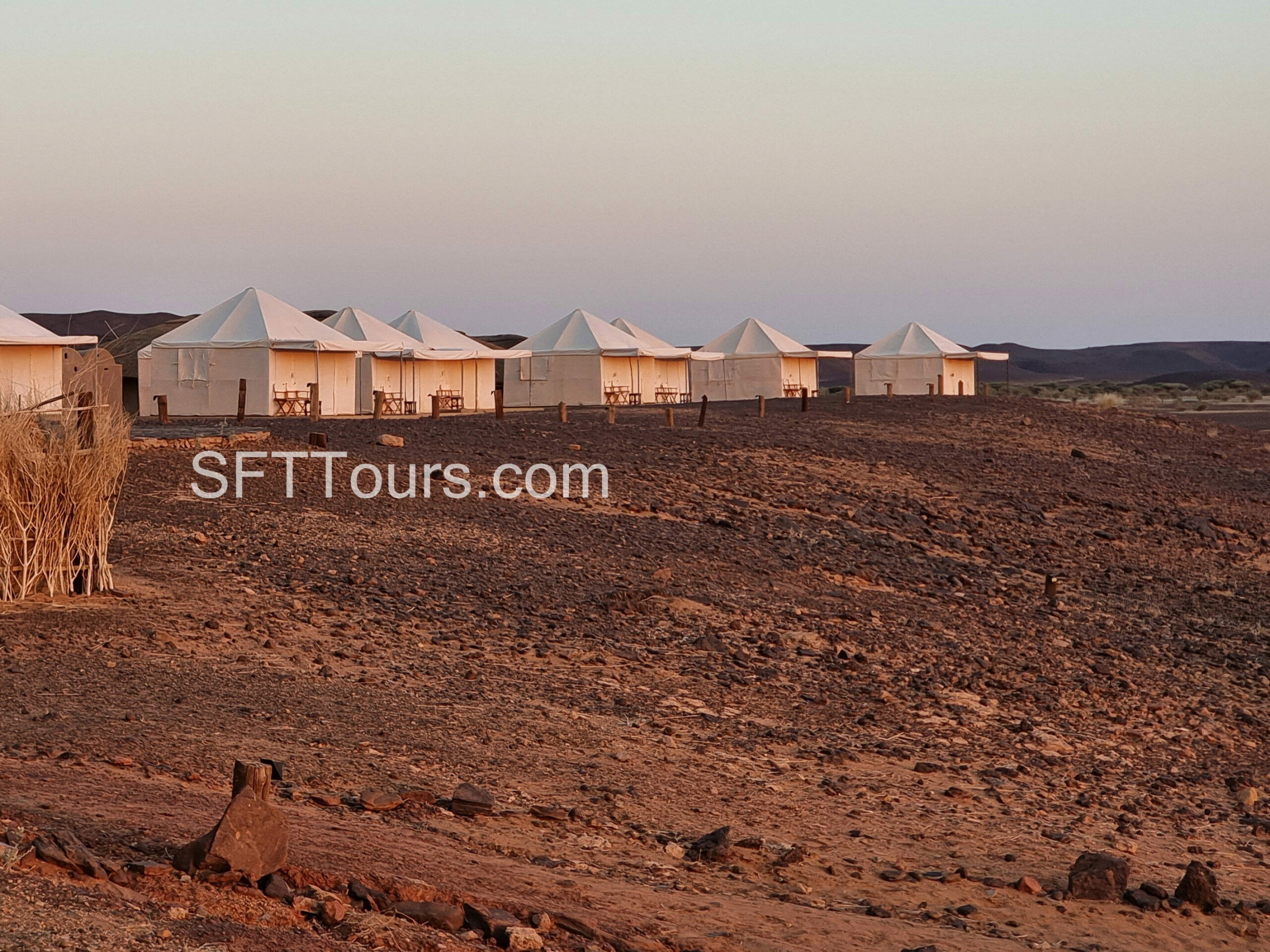
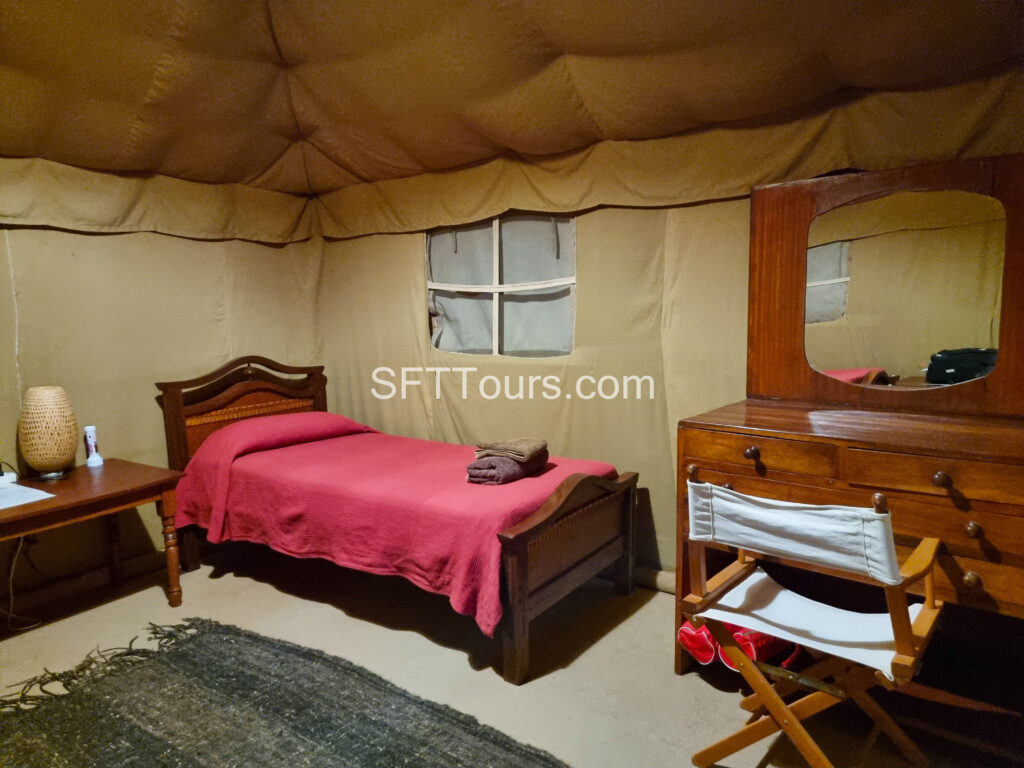
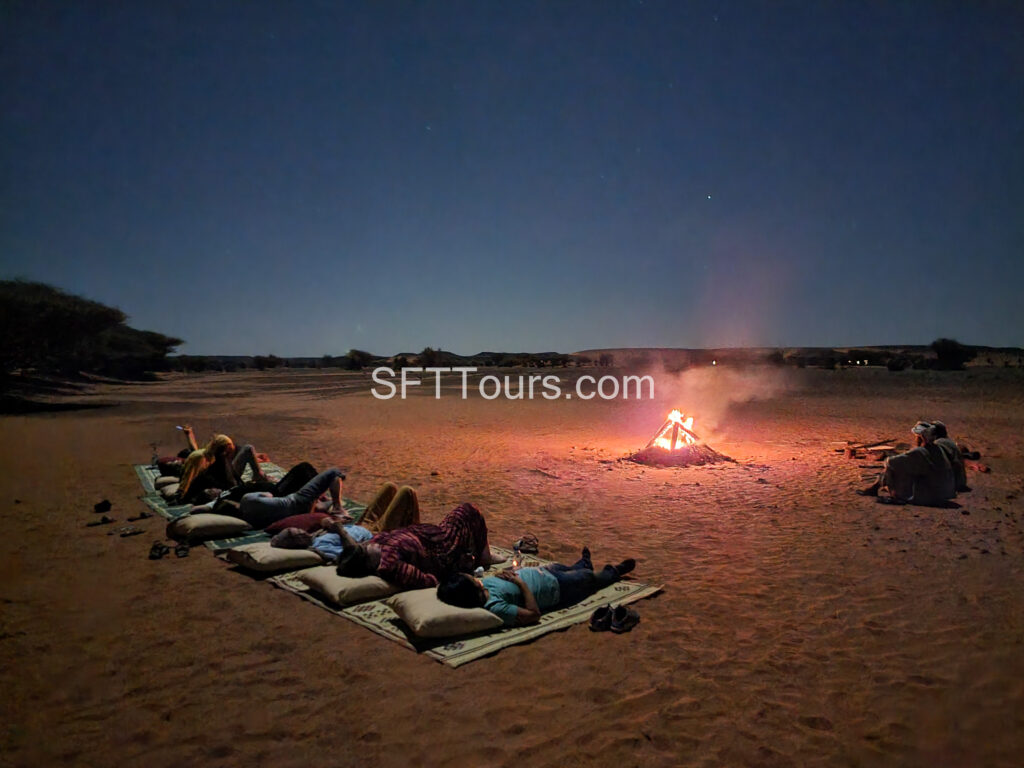
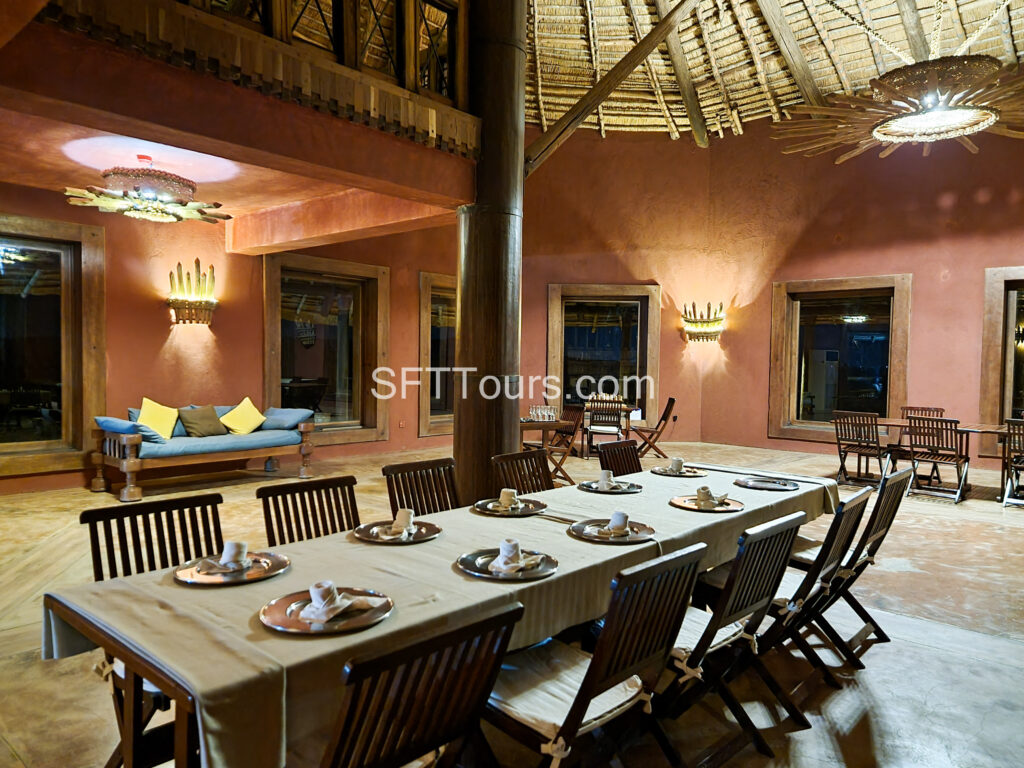
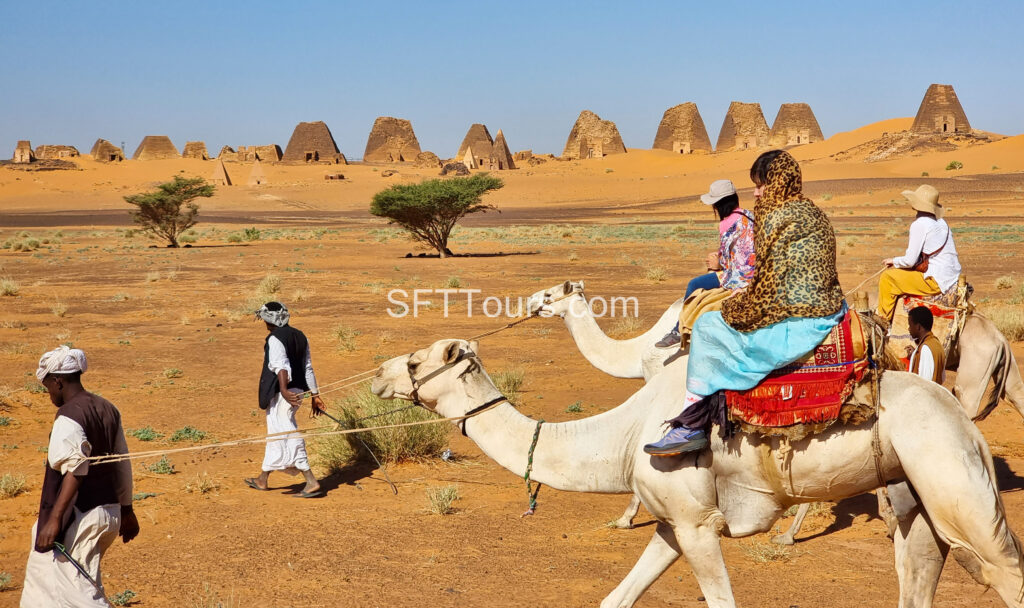
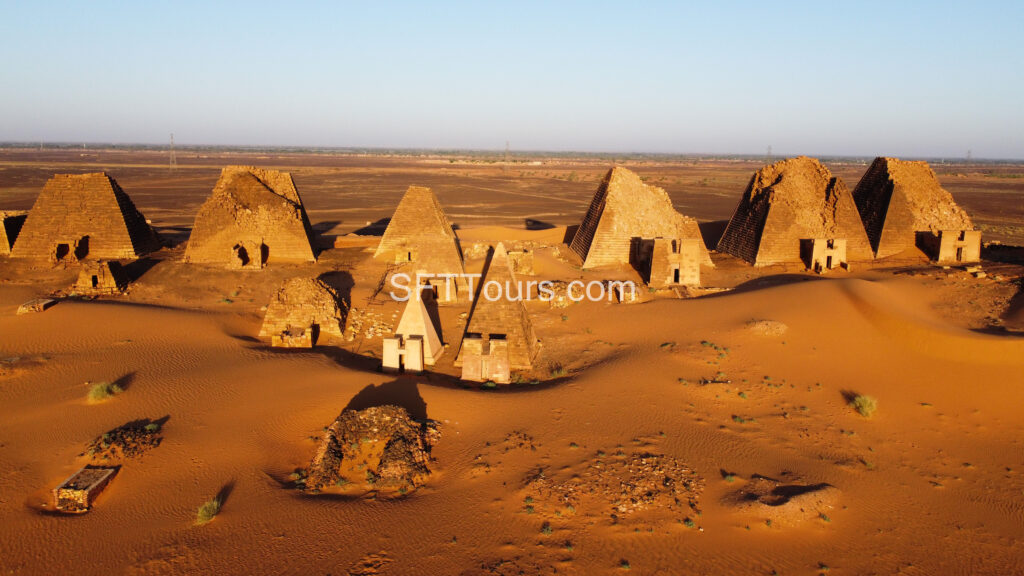
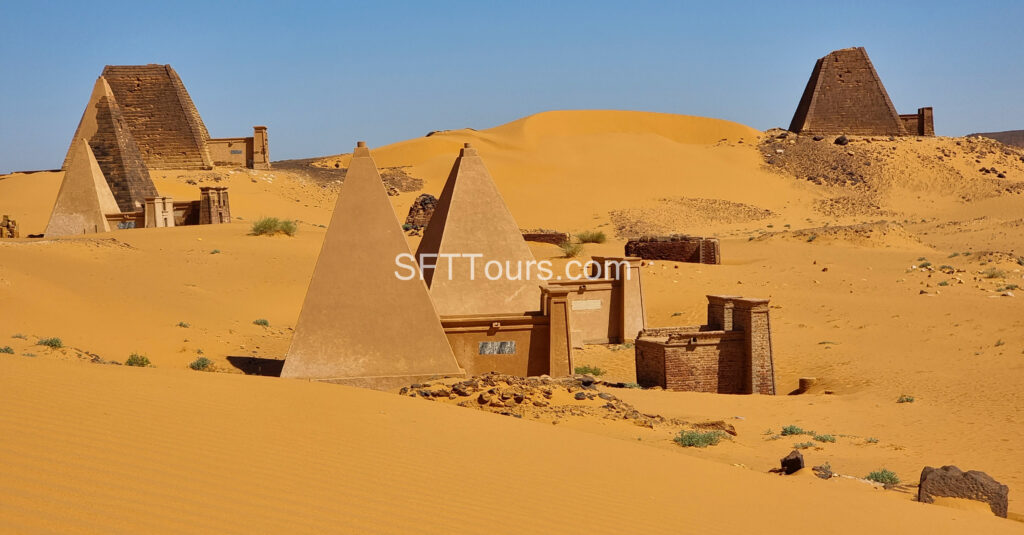
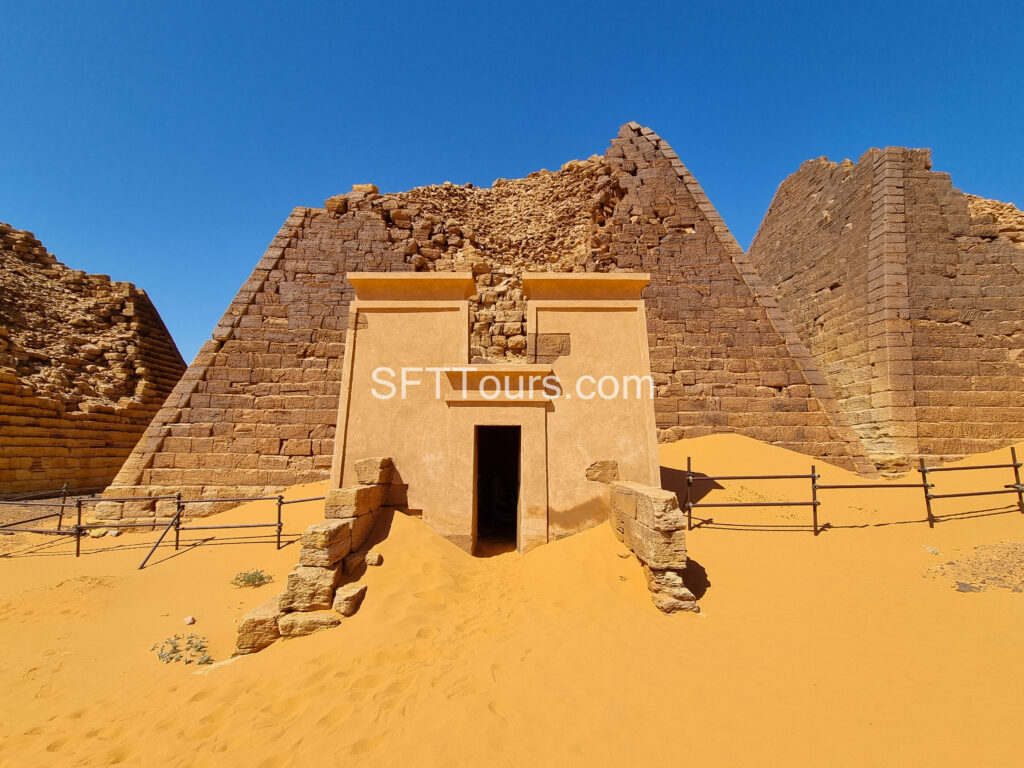
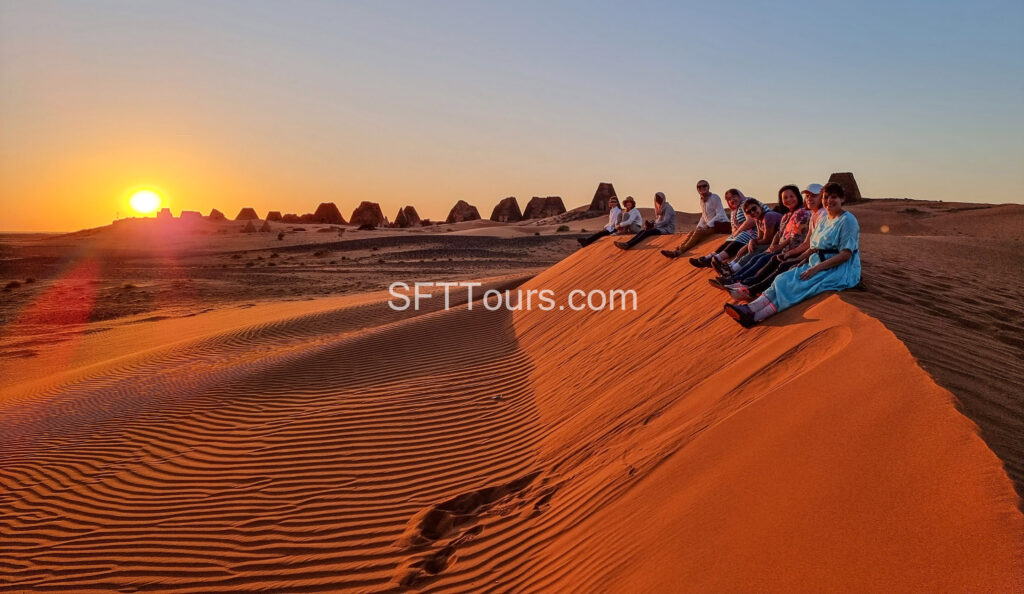
Day 4 : Meroe
Today we will visit Sudan’s most famous and important archeological site, the UNESCO-listed Royal Necropolis of Meroe.
After breakfast at the tented camp, we will get on a camel each at around 8am and make our way to the closest group of Meroe pyramids which are also the most interesting and start our visit there.
The site is split into 3 areas and is located about 3 km from the Nile River on hills covered by orange sand dunes.
Of this group, several pyramids stand out with their sharp shapes against the clear sky. Each one has its own funerary chapel with the walls fully decorated with bas-reliefs that show the King’s life and offers to the gods.
We will spend the morning in the site, walking between the pyramids, entering the chapels and seeing some of the interior inscriptions.
Meroe’s pyramids are the best example of Sudanese pyramid building. Most of their tops have been blown off because of an Italian explorer and treasure hunter who thought they were hiding gold.
Before returning to the camp for lunch, we will visit the nearby village of Kabushia to wander the streets, see how bread is made and observe cattle markets and daily life.
We will have lunch at the Tented Camp and have a bit of free time to rest during the hottest hours of the day. Maybe a siesta is in order.
In the afternoon we will have a very special booking lesson at the camp’s kitchen with our wonderful guide Diba.
We will take over the kitchen and she will show us how to make two very famous Sudanese dishes which we will eat for dinner: a peanut salad you can repeat at home and a beef stew with cereal pudding.
In the late evening, we will ride the cars to the sand dunes around Meroe to see the sun set behind the pyramids one more time. This is one of the most magical moments of the week.
We will share our home cooked dishes back at the camp and then have another star gazing evening and early night.
Overnight at Meroe Tented Camp
Day 5 : Bayuda Desert and Nuri
After an early breakfast, we leave from Meroe at around 7am and drive towards the Nile shores to cross the river by ponton, the local ferry boat.
These ferries are a hive of colourful activities. We find ourselves sharing space with people, cars, donkeys, camels and goats.
We will then enter the Bayuda Desert, the area bounded by the loop formed by the Nile between the 4th and the 6th Cataract and characterized by sharp black basalt mountains, most of them volcanic and typically cone-shaped.
The basalt mountains alternate with level pebble stretches and large valleys with dry wadis going through where there is little vegetation.
It is very likely to meet isolated groups of Bisharin nomads, who live in familiar groups in small huts made of intertwined branches close to the rare water wells in areas where surviving seems almost impossible.
We will stop at local wells which are incredible points of life brought it by water and where herders and cattle owners bring goats, sheep, camels and other animals to drink.
We will stop by a local nomad family’s home for home roasted coffee or tea and get to know the grand mother who nears 100 years old.
Lunch will be enjoyed under the shade of a large acacia tree. We will then continue our drive towards Karima and stop enroute at the Nuri Necropolis, part of the Jebel Barkal UNESCo world heritage site listing.
Nuri is about 10km from Jebel Barkal and it was the second of three burial sites of the Kingdom of Napata and were built between the 7th and the 4th centuries BC.
The pyramids can be explored on foot. The largest one was dedicated to Taharqa and was positioned so that when observed from Jebel Barkal at sunrise on Egyptian New Year’s Day, the sun would rise from the horizon directly over its point. This is a common choice also observed at Naga.
But this isn’t the most famous, that award goes to Nastasen’s tomb which was flooded by water and explored by National Geographic diver archeologists in 2019.
After visiting the site of Nuri we will arrive in Karima in time to see the sunset over the pyramids and Jebel Barkal.
We will check in to the Nubian Rest House and have dinner at the hotel.
Karima Nubian Rest House
The Nubian Rest House, located at the foot of Jebel Barkal, is a charming boutique hotel with 22 A/C twin rooms, all with private facilities and a pleasant veranda to sit and enjoy the cool starry nights.
The rest house is tastefully decorated, starting from the original Nubian door where we enter the property, to the open air lobby, to the living room where you can rest or read a book.
Attention to detail is the hotel’s passion, and it is easy to understand this when you see the Rest House.
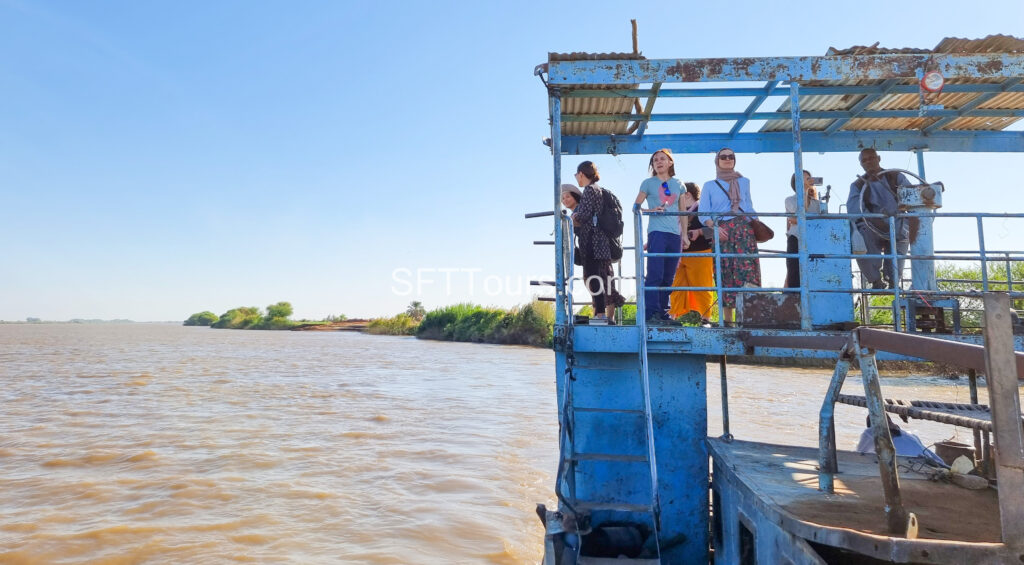
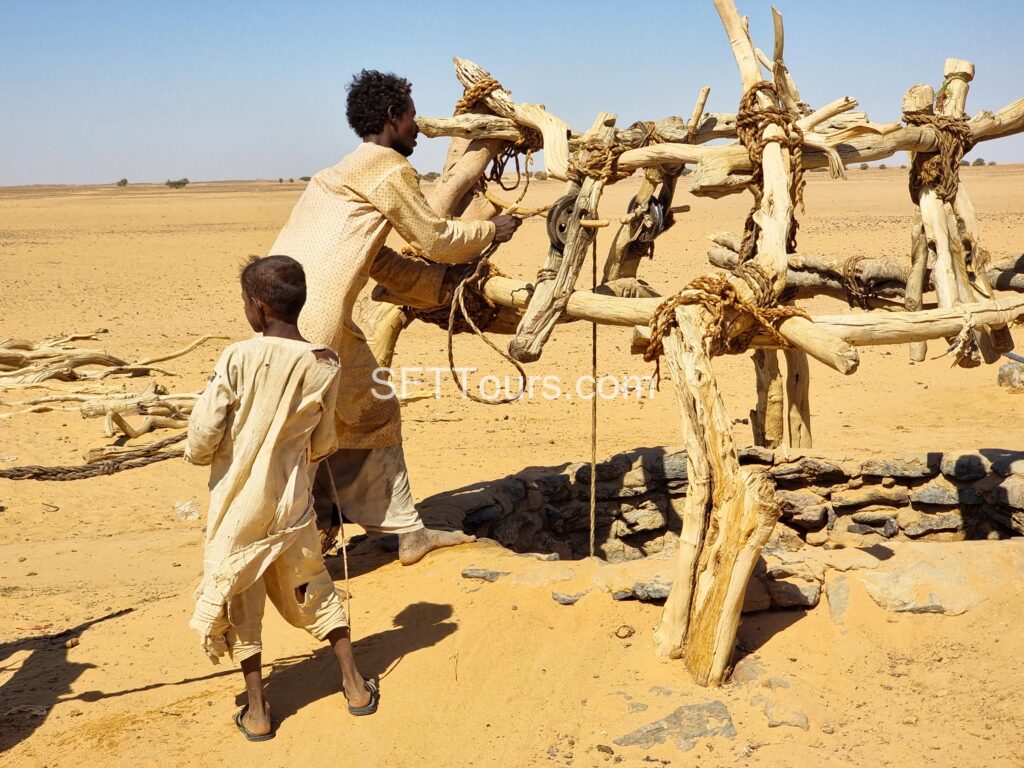
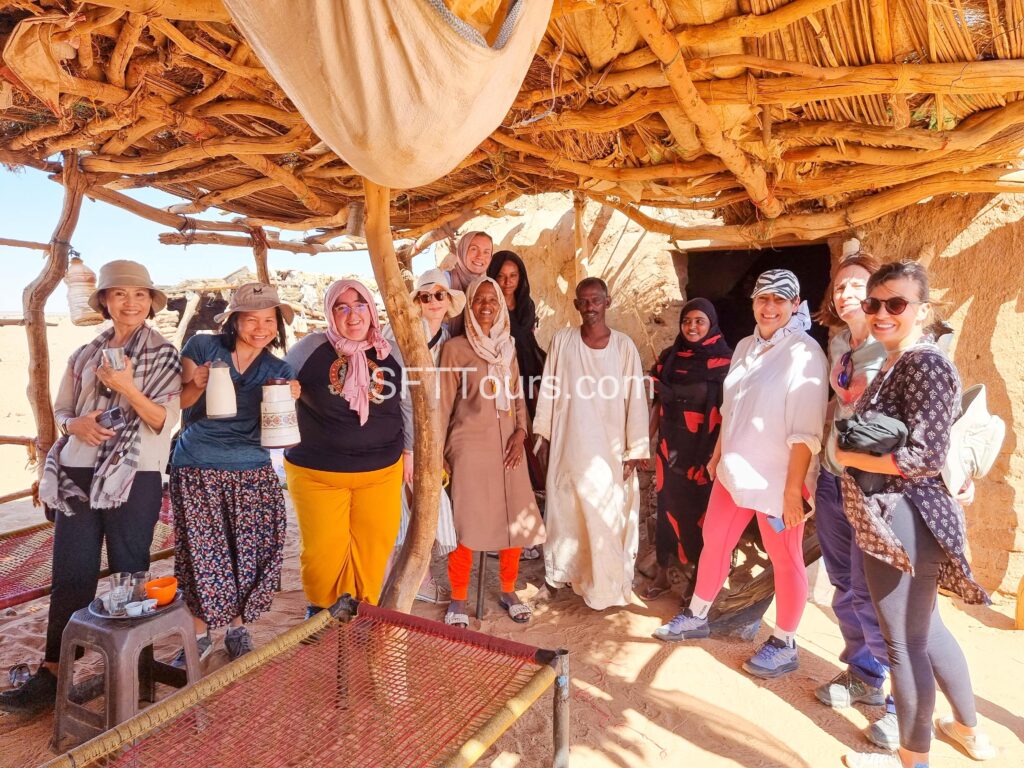
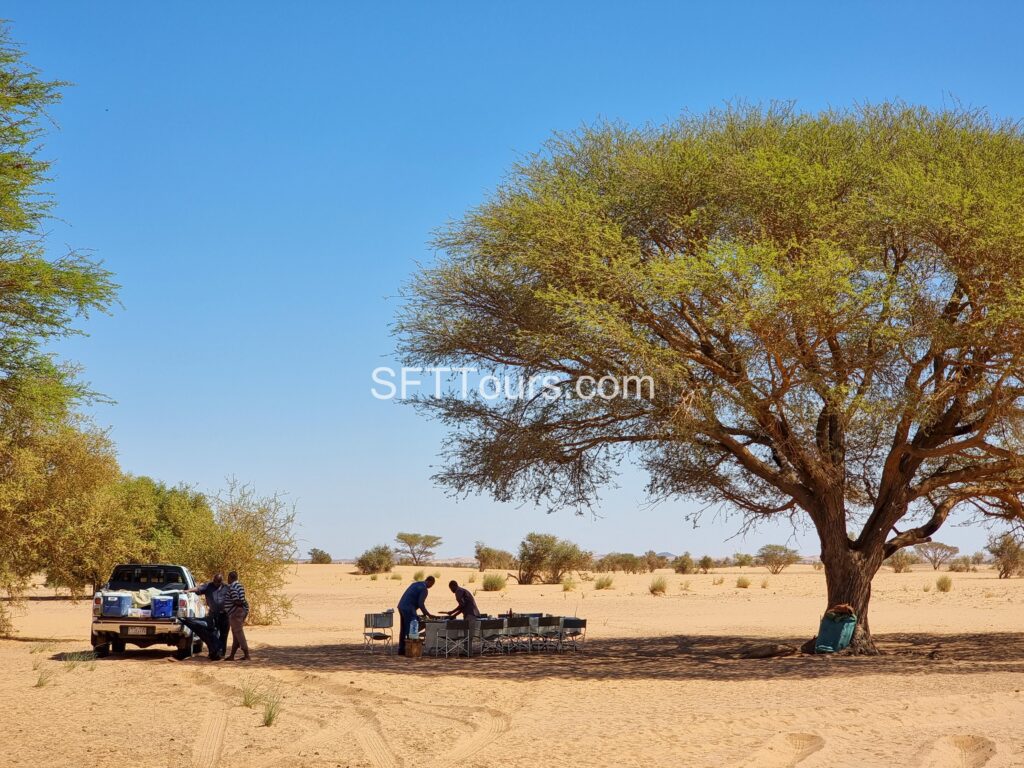
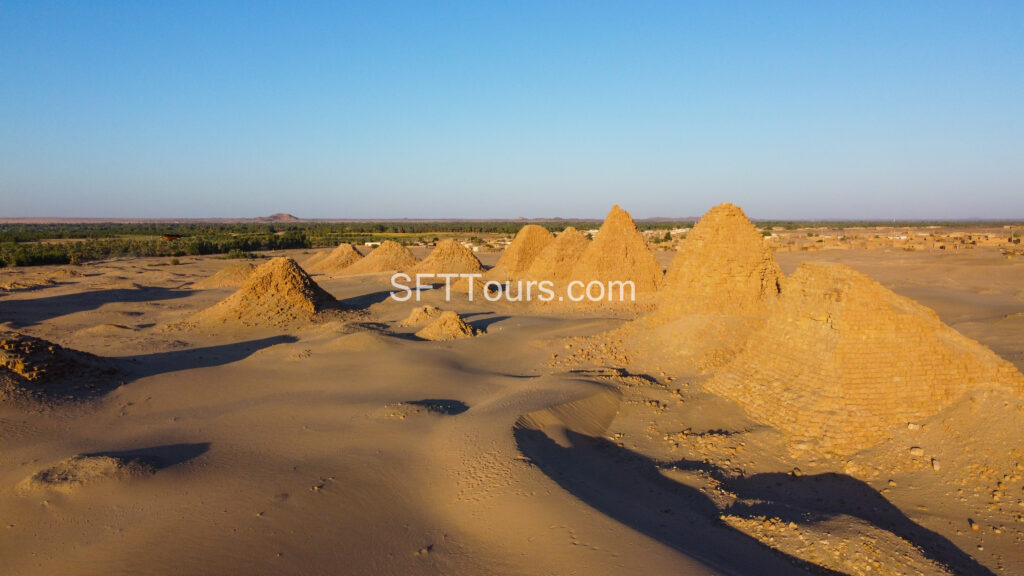
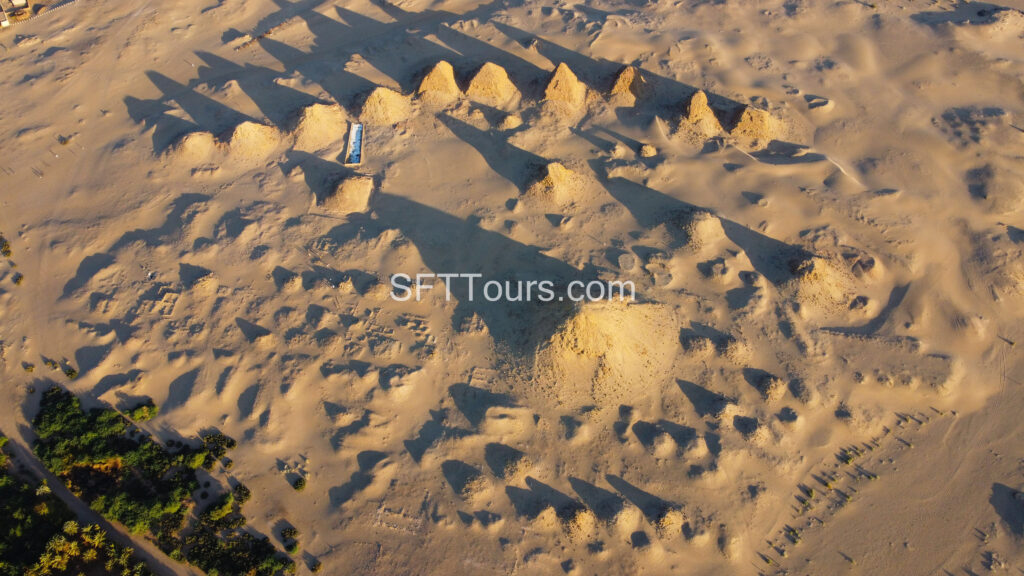
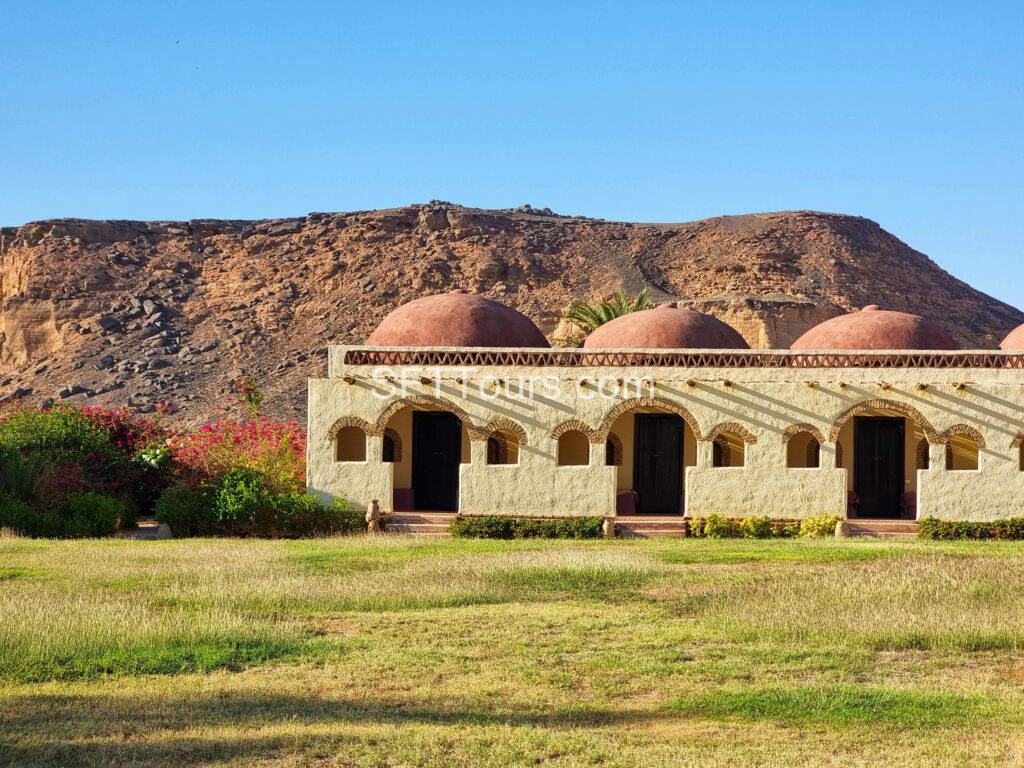
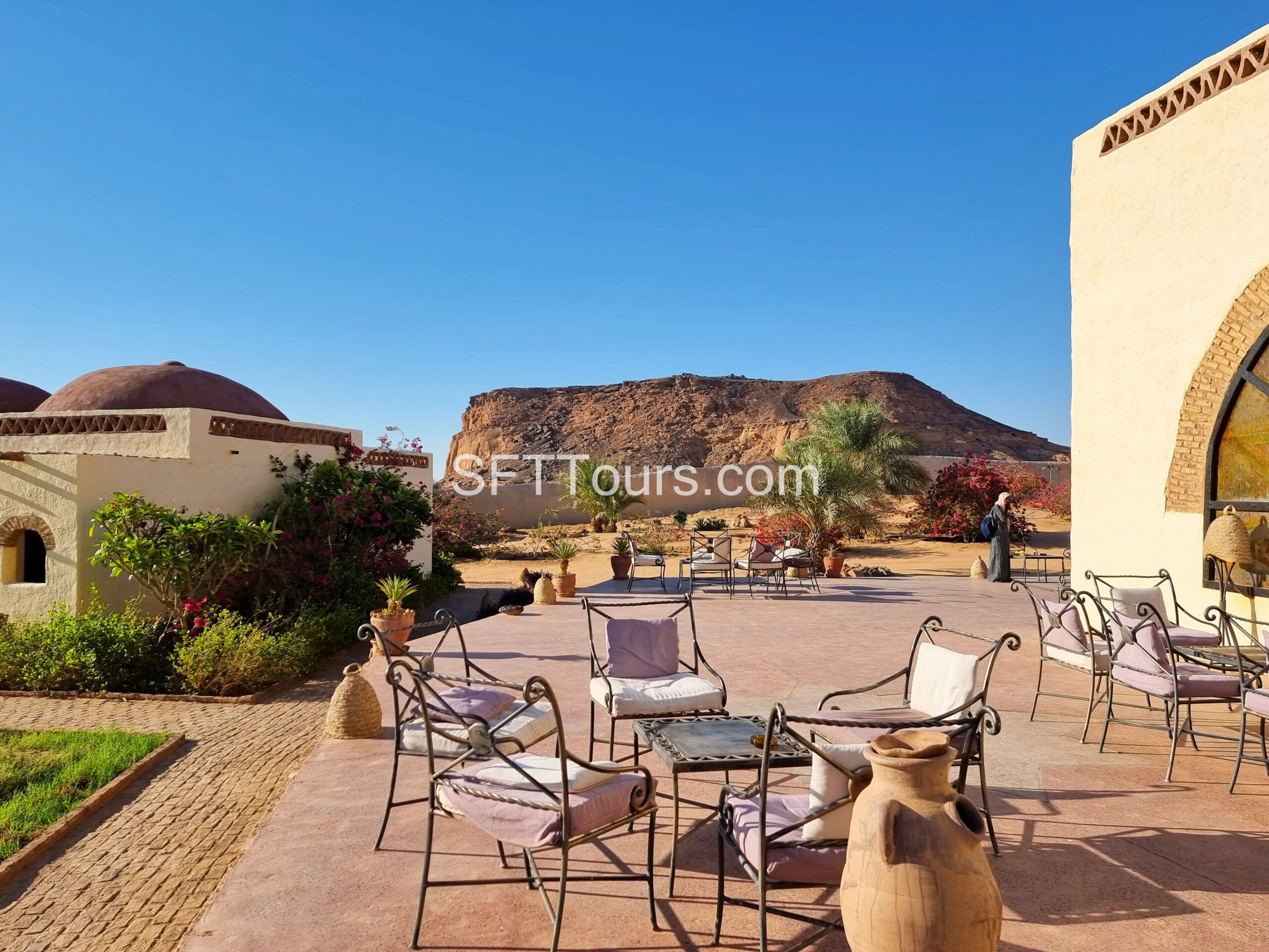
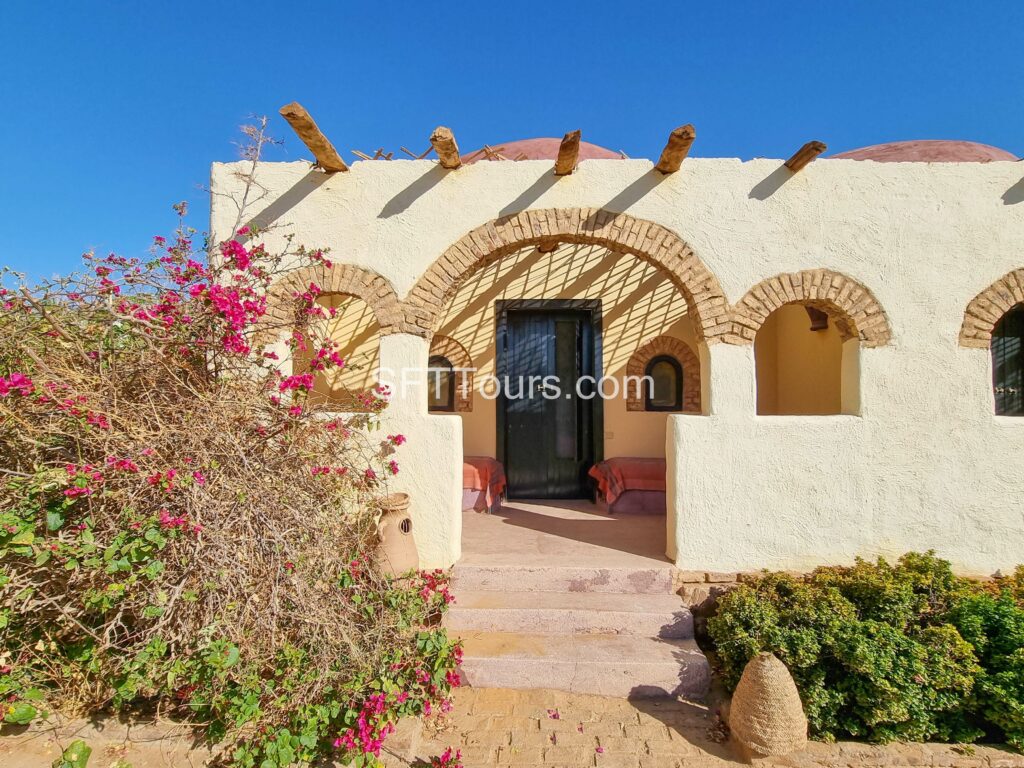
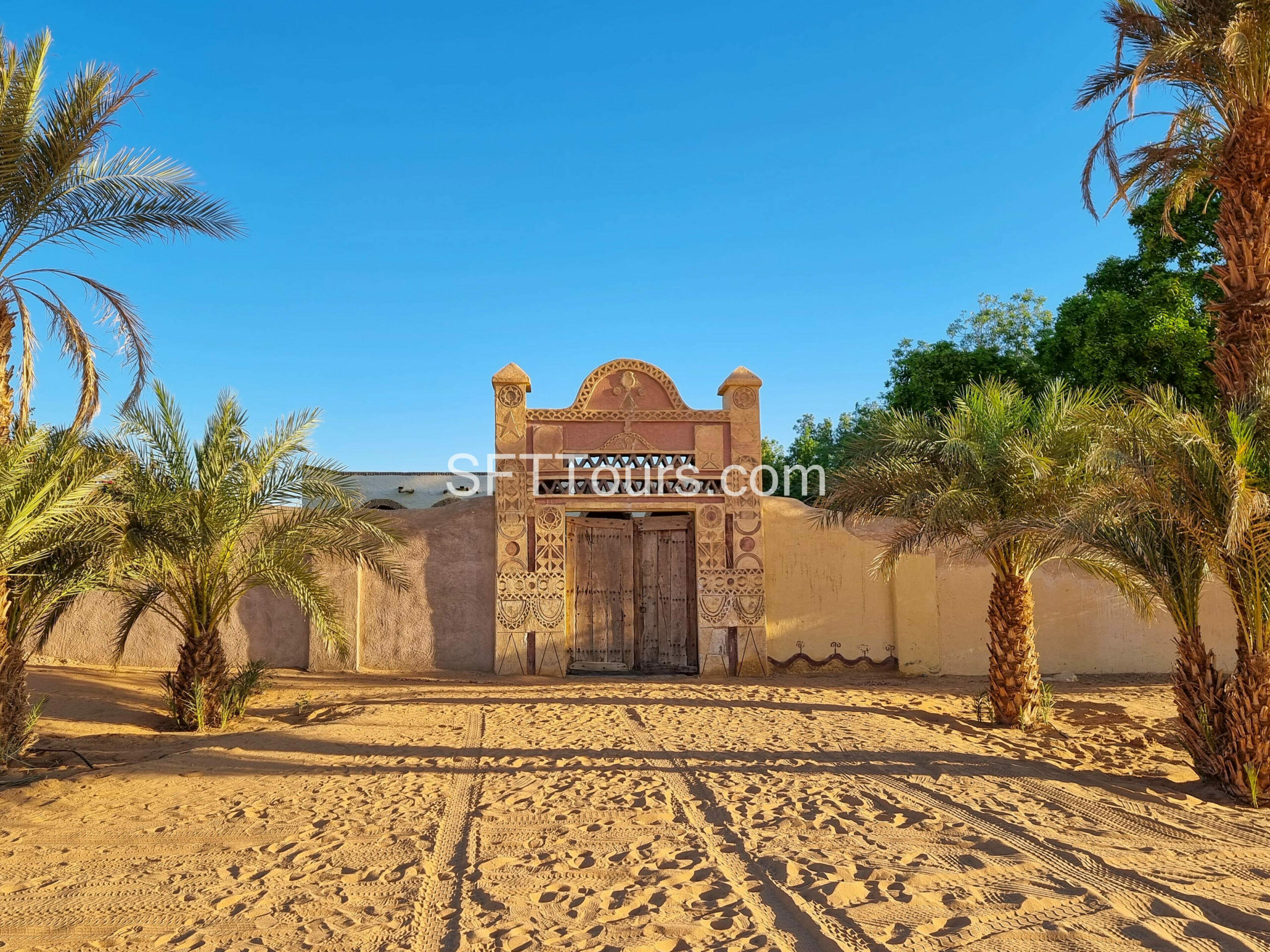
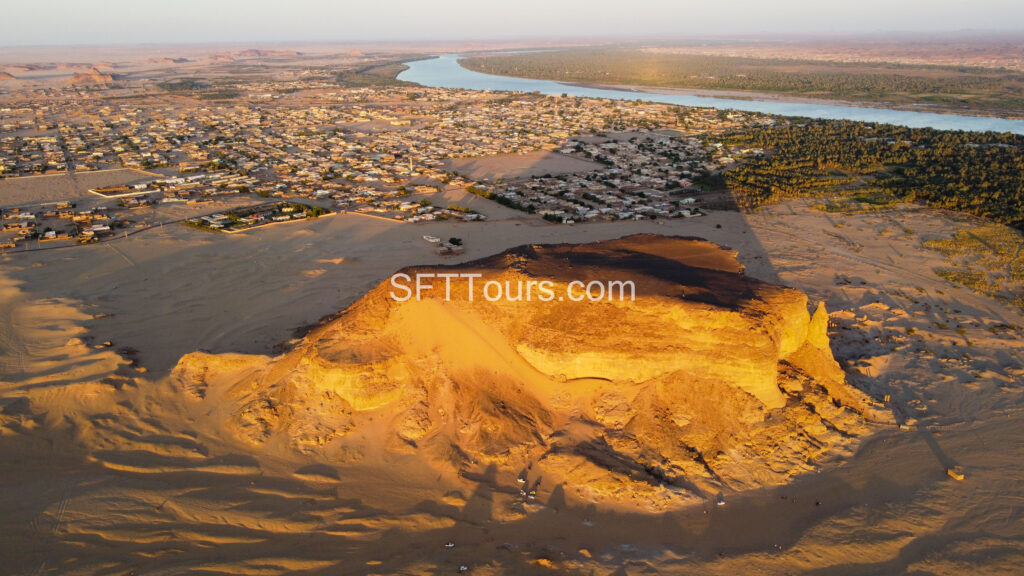
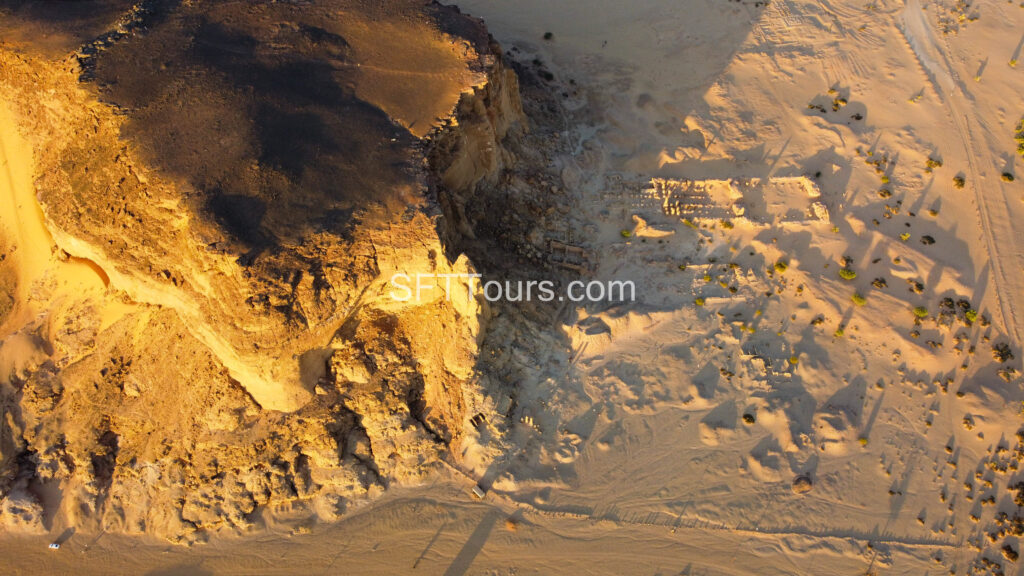
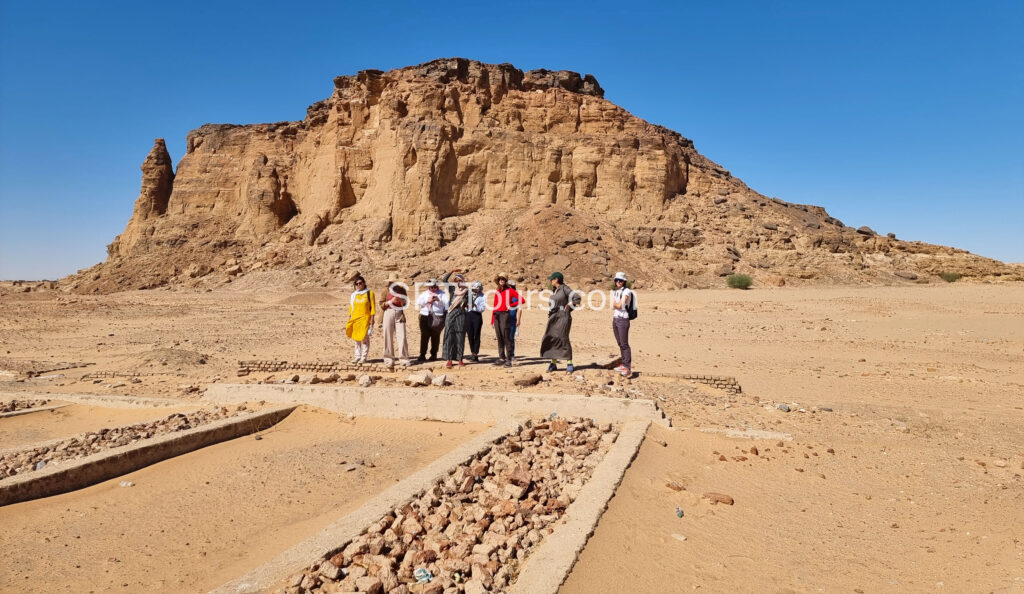
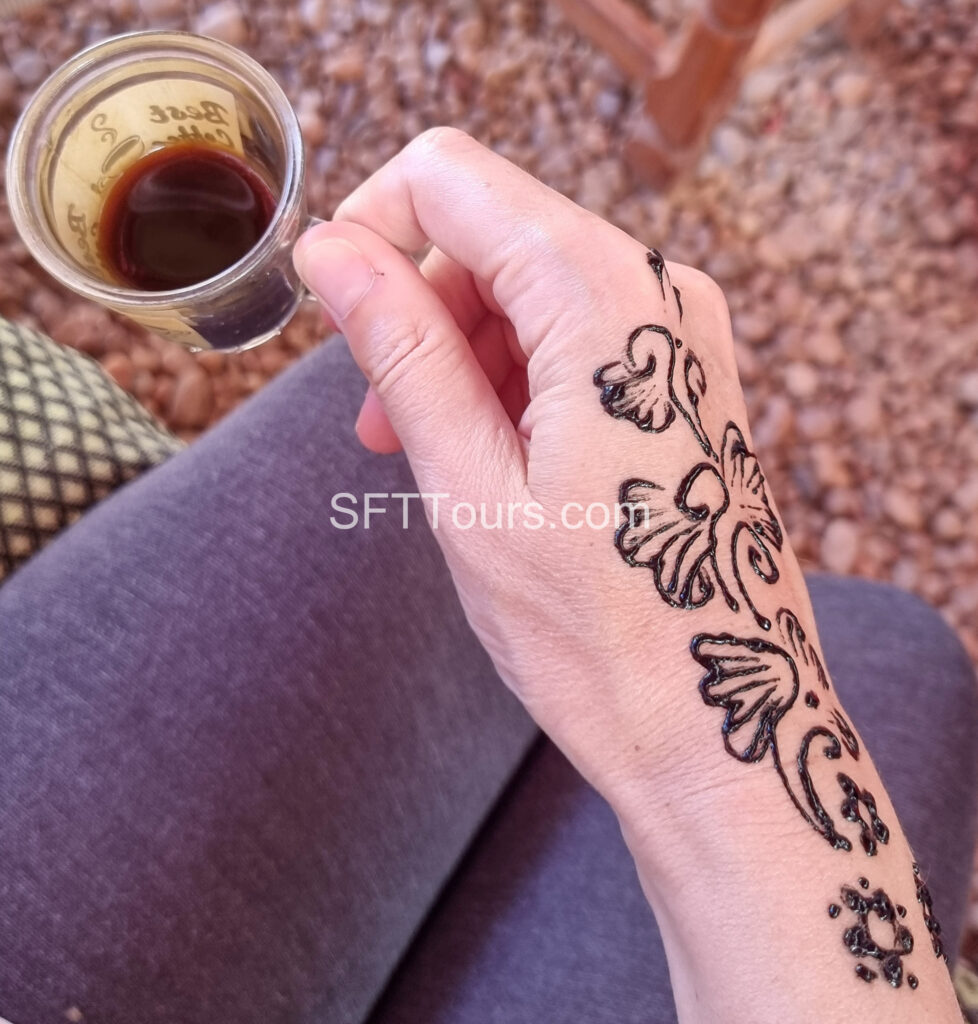
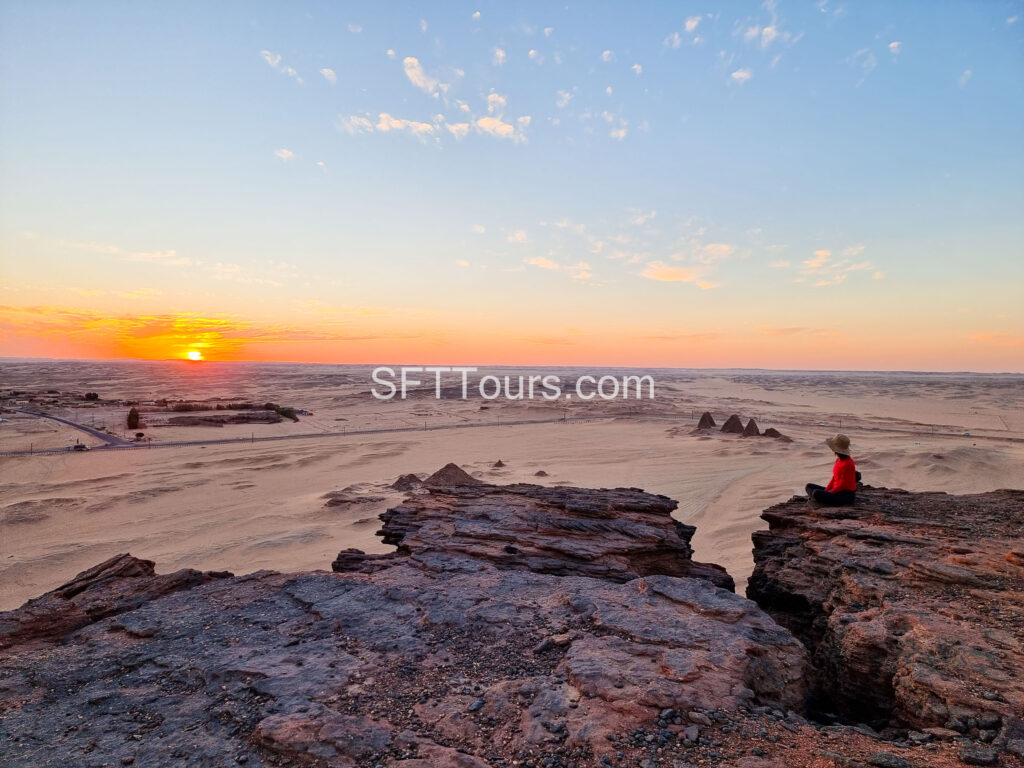
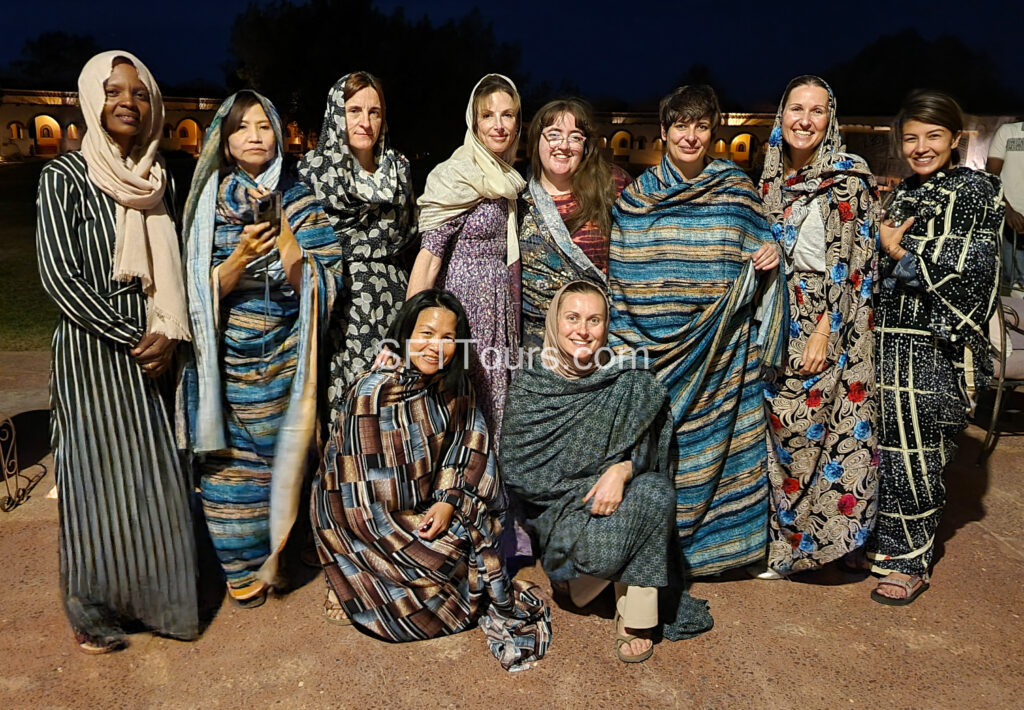
Day 6 : Karima, Jebel Barkal, Necropolis of El Kurru
Get up early to walk out and see the sunrise over Jebel Barkal and the archeological site around it if you feel like it.
Back at the hotel, we will have breakfast and get ready for a very special day.
We will head out before the heat of the day to visit the most important landmark of the Nubian Desert: Jebel Barkal (“Jebel” means mountain in Arabic), an archaeological site that is on the World Heritage list.
We will start the visit at the museum which holds a lot of the statues and artefacts found in the temples and archeological sites around Jebel Barkal. Here, we can also see a chronological map of the various kingdoms that inhabited Sudan which will be a useful reminder of the country’s rich and ancient history.
On our way to the next stop, chances are we will spot archeologist groups working in the many sites around the mountain.
We will continue the day with the ruins and sites at the foot of this wonderful and isolated red sandstone mountain, considered holy since ancient times.
The starting point is a big temple, dedicated to the Pharaohs of the New Reign and to their patron, Amon, an Egyptian deity which adopted the shape of a ram and which we have already seen in the temples of Naga and Mussawarat.
Amon’s ancient “Pure Mountain”, the Olympus of the Nubians, was the religious Nubian heart for more than 1,000 years.
Besides the ruins of the big temple there are still several sculptured granite rams that were supposed to border a long avenue that probably led to the pier on the Nile. In the mountain wall there is a big room decorated with bas-relief which is currently being restored and may not be open to the public.
After the visit of Jebel Barkal, we will be picked up by our drivers and head into Karima market to buy our very own tub, the Sudanese traditional dress worn by married women. We will pick our own design and wear it for dinner and dance later tonight.
If you wanted to buy dates, this is a good time to do so. We will return to the Nubian Rest House for lunch and a bit of a rest to avid the hottest hours of the day.
In the early afternoon, we will visit Diba’s family and share a henna and coffee ceremony with her cousins and mother.
Diba’s cousin brews a wonderful Sudanese traditional coffee from scratch, manually roasting the beans and the cardamom and then pounding them together with a mortar and pestle into a finely grounded mix that is then boiled with water. Coffee is poured through a small sift on tiny glass cups and sipped slowly.
We will share this experience among gossip and chatter around Sudanese traditions, and as Diba’s mum draws beautiful henna designs on our hands. This is your chance to learn more about Sudan’s culture.
In the afternoon, we will return to Jebel Barkal and climb to the top to see the sunset from its high vantage point. The Nile River on one side, the pyramids on the other, and the endless desert on the horizon, this is an absolutely magical experience.
Note: The climb takes about 20min on a rocky steep wall but is totally worth it. The descend will take just a couple of minutes on the sandy slope. If you are afraid of heights or prefer not to get to the top, you can find a convenient spot on the way up to watch the sunset from.
After sunset, we will return to the rest house for dinner, traditional Sudanese music and dance on our recently bought tub which Diba will show us how to wear. It is not as easy as it seems to keep it together!
Overnight at Nubian Rest House
Day 7 : El Kurru, female empowerment and Nile boat
We will start the day early and head over to the site of El Kurru where there is one of the necropolises of the ancient capital Napata.
At El Kurru you can see older sections that pre-date Napata and more recent ones. The oldest part dates back to the 11th century BC.
The most notable part of El Kurru is one tomb which has been excavated in the rock under a partially collapsed pyramid.
This underground tomb is completely decorated with amazing images of the Pharaoh, of the gods and multi-color hieroglyphic inscriptions.
Not far from El Kurru there is an interesting site of petrified wood, an ancient forest with hundreds of huge trunks, where we will stop for a wander.
On our way back to Karima, we will stop at the naturally formed wadis for a walk in the narrow canyons forged by the flowing of water from the rain.
We will continue for a short walk along the palm tree plantation near Jebel Barkal. This lush agriculture area is unusually green and fertile thanks to the water from the Nile River.
Our last stop of the morning will be at a female weaving workshop where we will chat with the local women and learn how the pretty baskets are made.
Lunch will be enjoyed back at the Nubian Rest House followed by a bit of rest time before heading back out again to the Nile for a sunset river boat ride on a local fishermen’s boat.
We will have dinner at the hotel and then meet with a one of the few local Sudanese archeologists, in charge of several of the most important sites in the country.
This is your chance to ask any questions about being an archeologist, or about Sudan’s ancient history.
Overnight at Nubian Rest House
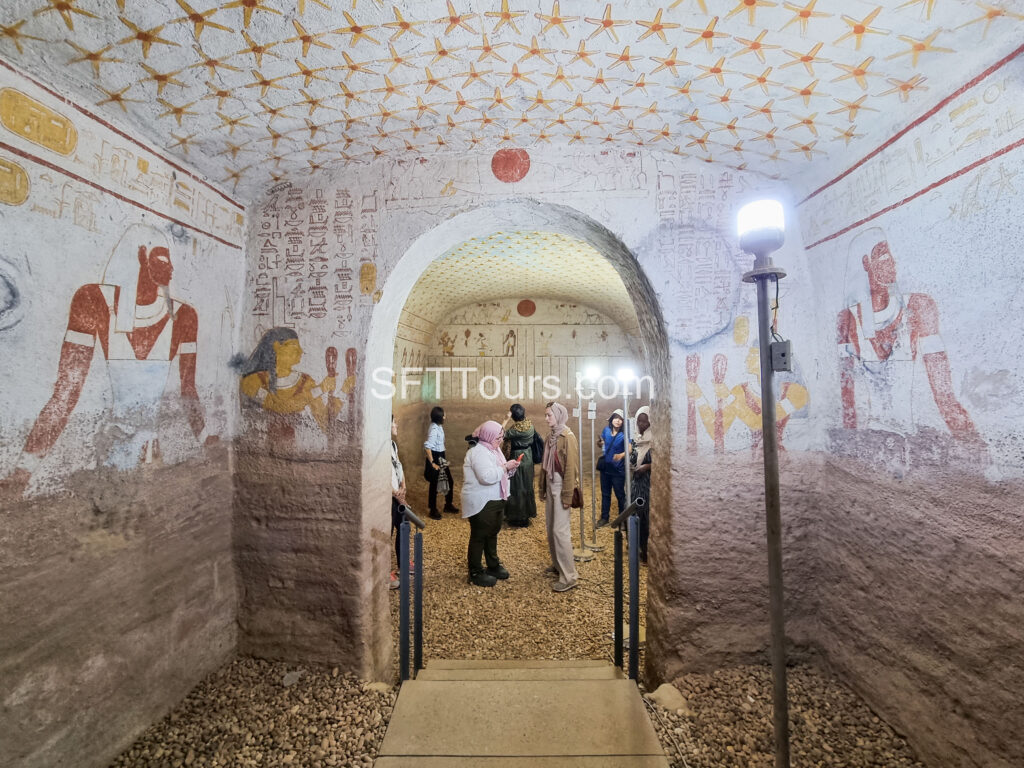
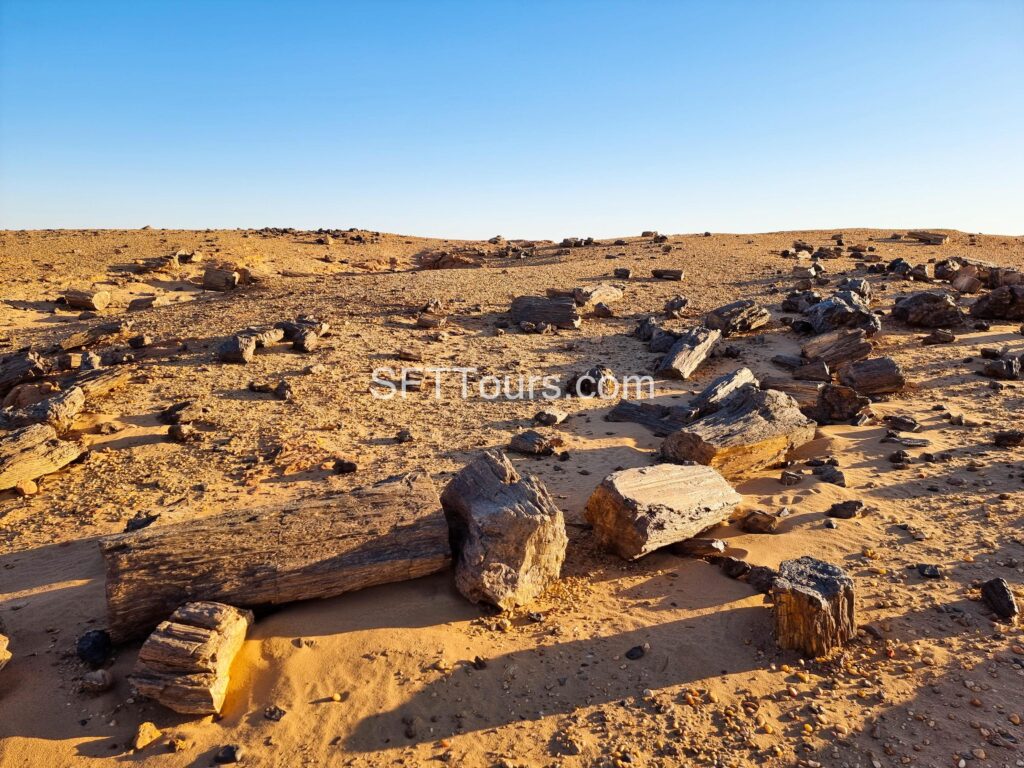
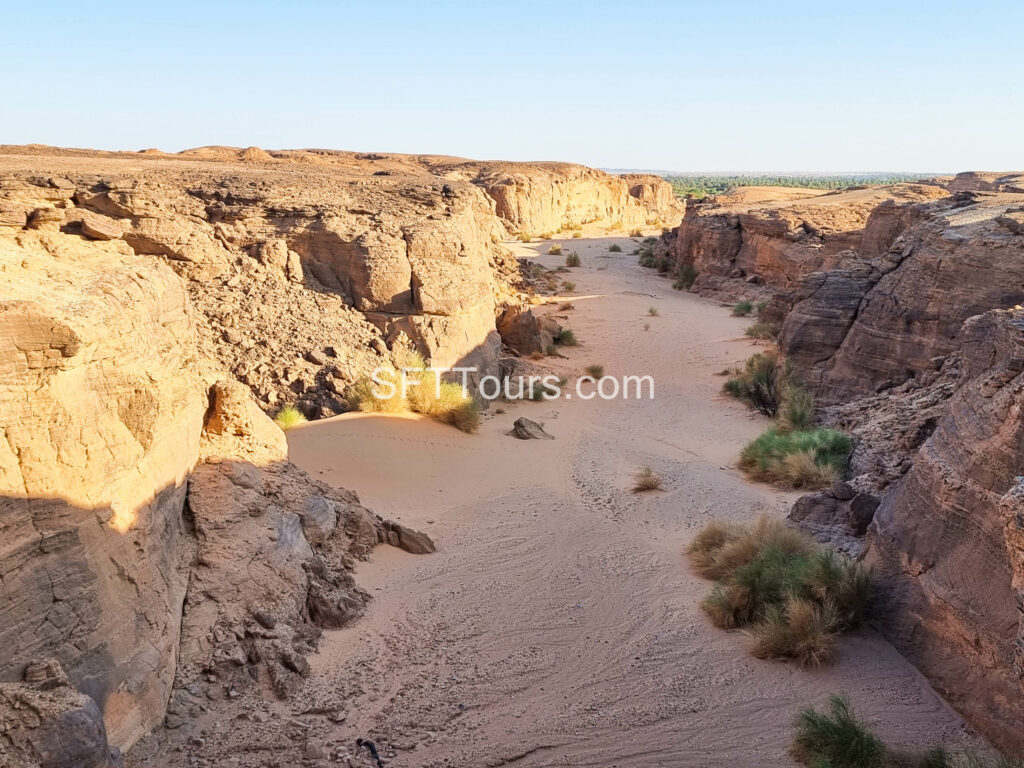
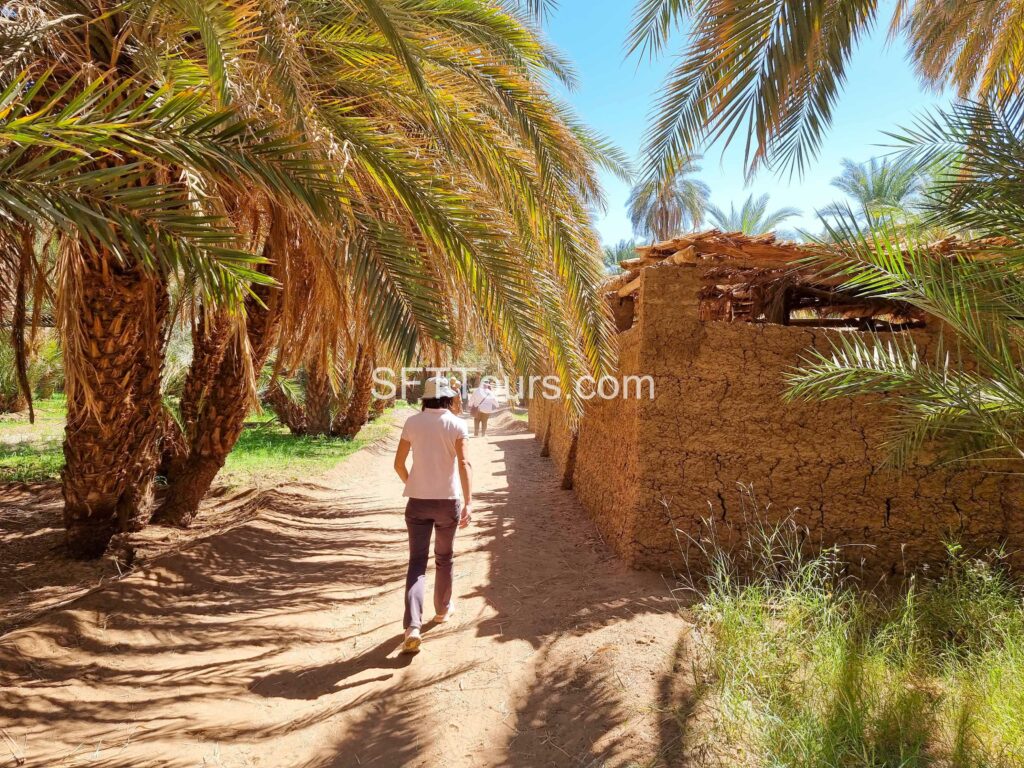
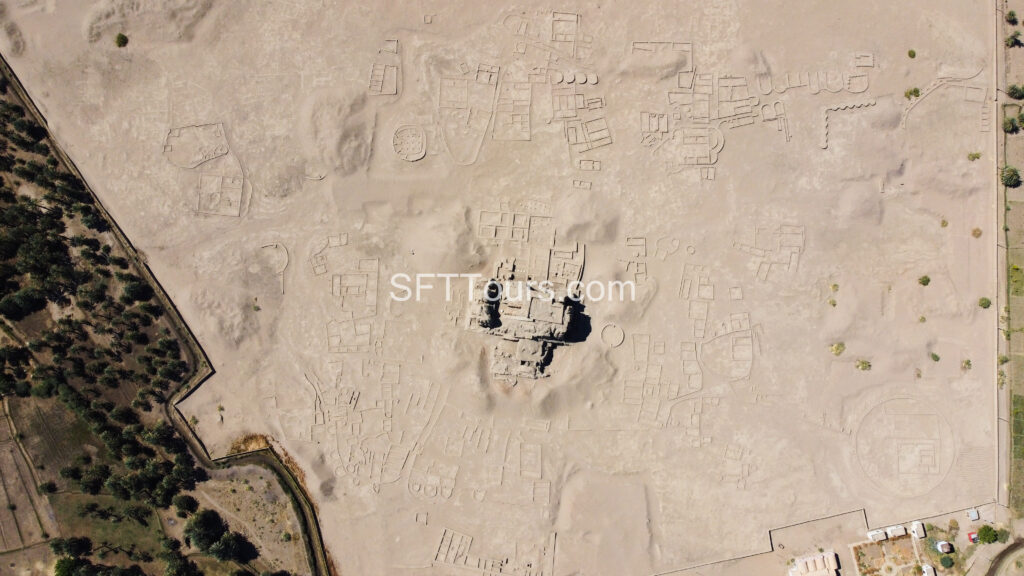
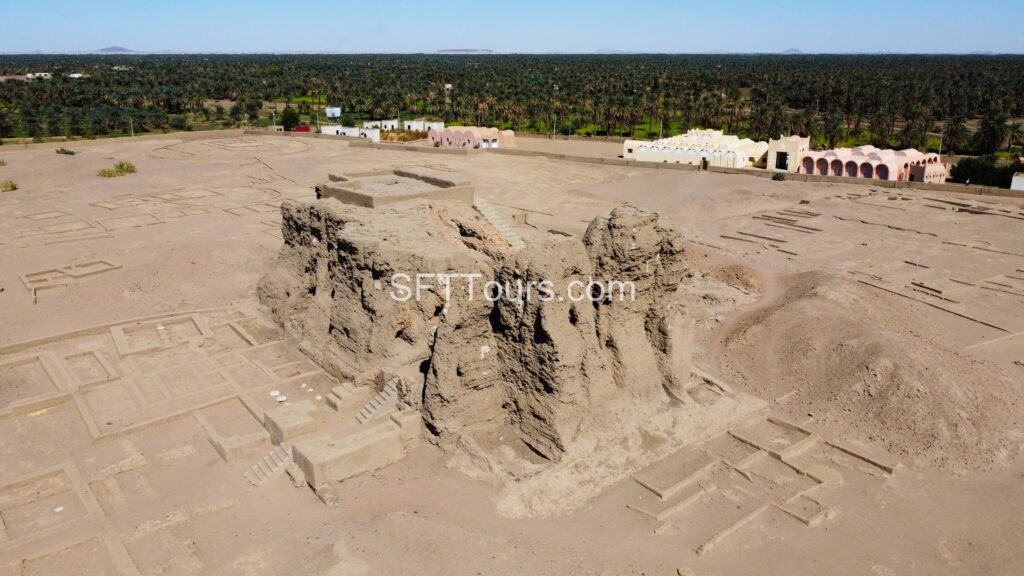
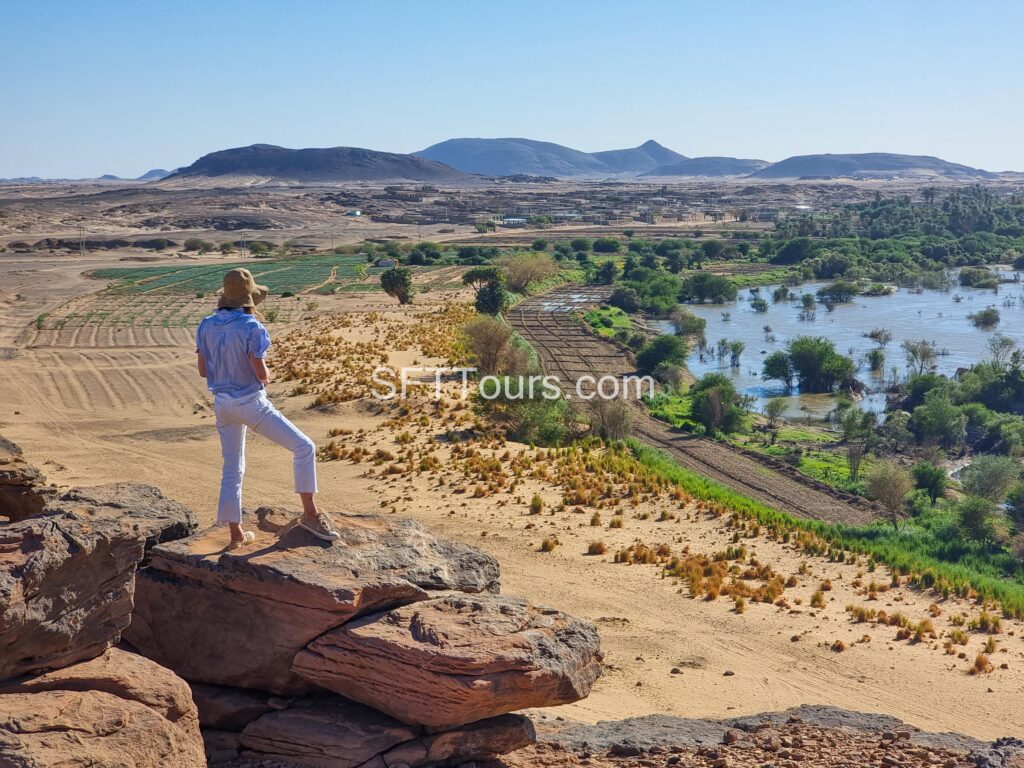
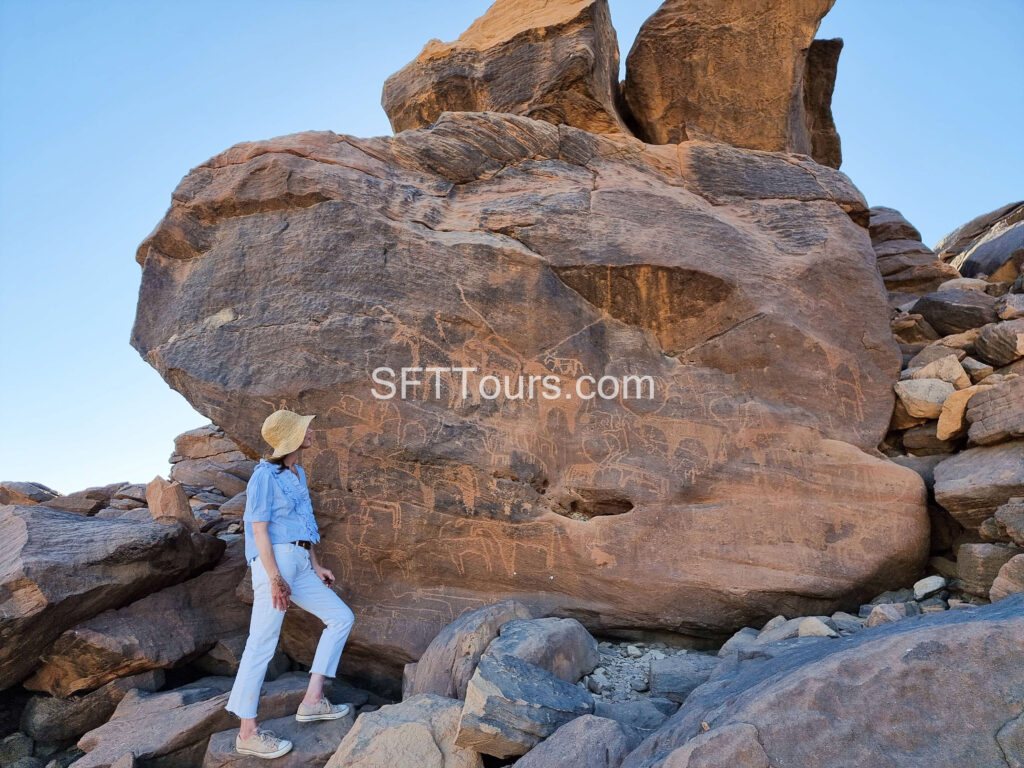
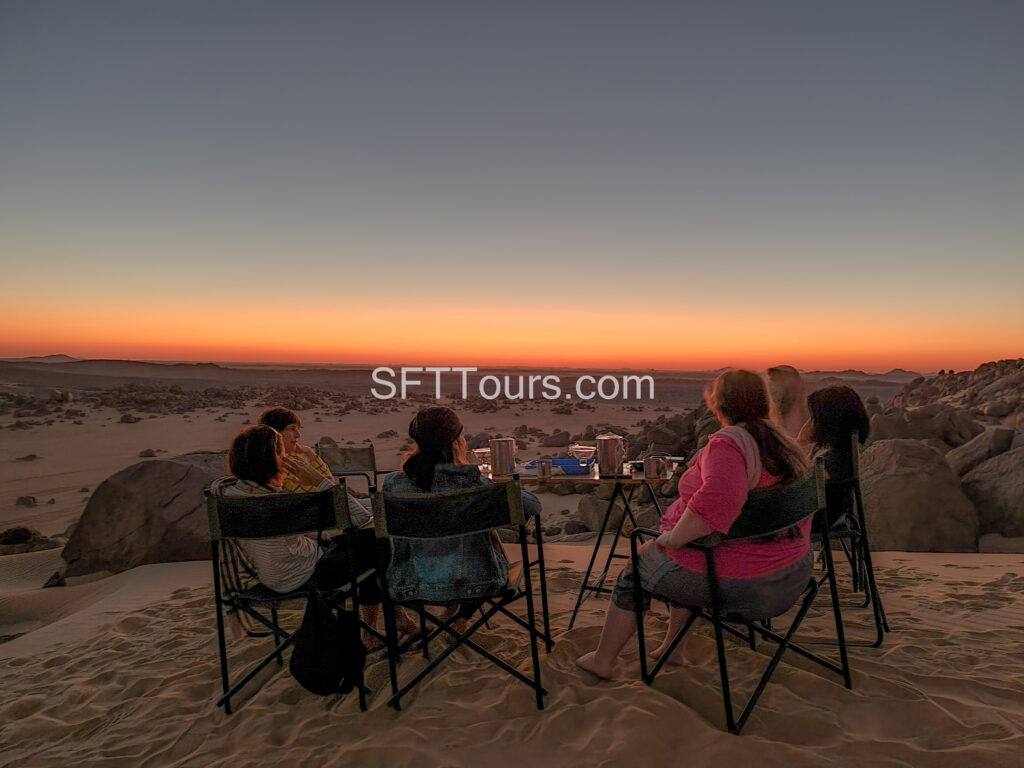
Day 8 : Kerma, Third Cataract, Ottoman Fort
Today we are heading north towards the ancient city of Kerma. We will have breakfast at the rest house and leave the hotel at 7am for our 3 hour drive.
In Kerma, we will visit the museum created by the Swiss archaeological mission after the recovery of seven statues of the Black Pharaohs in 2003. There is also a short documentary that explains the archeological excavation process.
After the museum, we will head out to the site itself where we will visit the majestic “Defuffa” the monument that characterises Kerma civilisation.
We can walk all the way up to the top for a viewpoint over the entire city below. There isn’t must left standing beyond the deffufa, but you can see the outline of the city designed by the archeologists.
We will have lunch in the shade outside the museum and then continue up north to the Third Cataract which used to be the third huge obstacle that the ancients Egyptians had to face when trying to sail on the Nile River.
We will walk up the hill to the ancient Ottoman Fort where we can have beautiful views of the cataract and the surrounding River Nile shores. The view is stunning.
The drive will continue to Sebu, right on the river bank of the Nile, where we can visit one of the richest sites of rock engraving of all Sudan with hundreds of images from prehistoric to Egyptian times.
We will end the day at the pre-set camp in Tombos, where we will climb up to the sand dunes above the camp to see an incredible sunset on the horizon with snacks and a drink.
We will freshen up at the camp and get ready for a night in the unique landscapes surrounding the camp.
The Milky Way will surely make an appearance in the clear skies.
Overnight at Pre-set Camp in Tombos
The pre-set camp will be prepared specifically for our group. The accommodation consists of big canvas dome South African tents (3m x 3m x 2m) with 1 or 2 camp beds, proper mattresses with bed linen, a small bedside table and a nice mat on the floor.
Outside there are camping chairs where to sit and enjoy sunsets, starry nights or simply relax and read a book. Toilet paper, towels, soap, torch for the nights and clean water to freshen up are also provided.
Not far from the tents, on a sharing basis, there are sitting desert toilets and pump showers.
Meals are generally buffet style and are provided in a large restaurant tent where all guests have the opportunity to share the meals while chatting about the adventures of the day.
The camp is totally eco-friendly. Light is generated by the solar panels and all the fresh ingredients used to prepare delicious meals come from the local nearby village market.
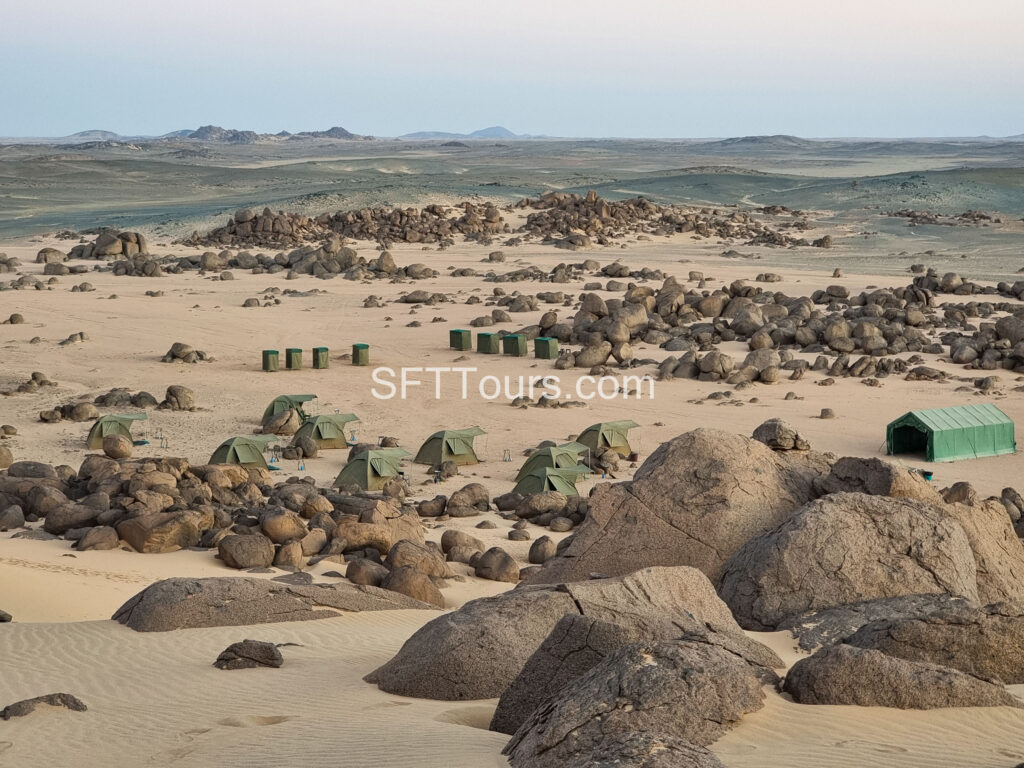
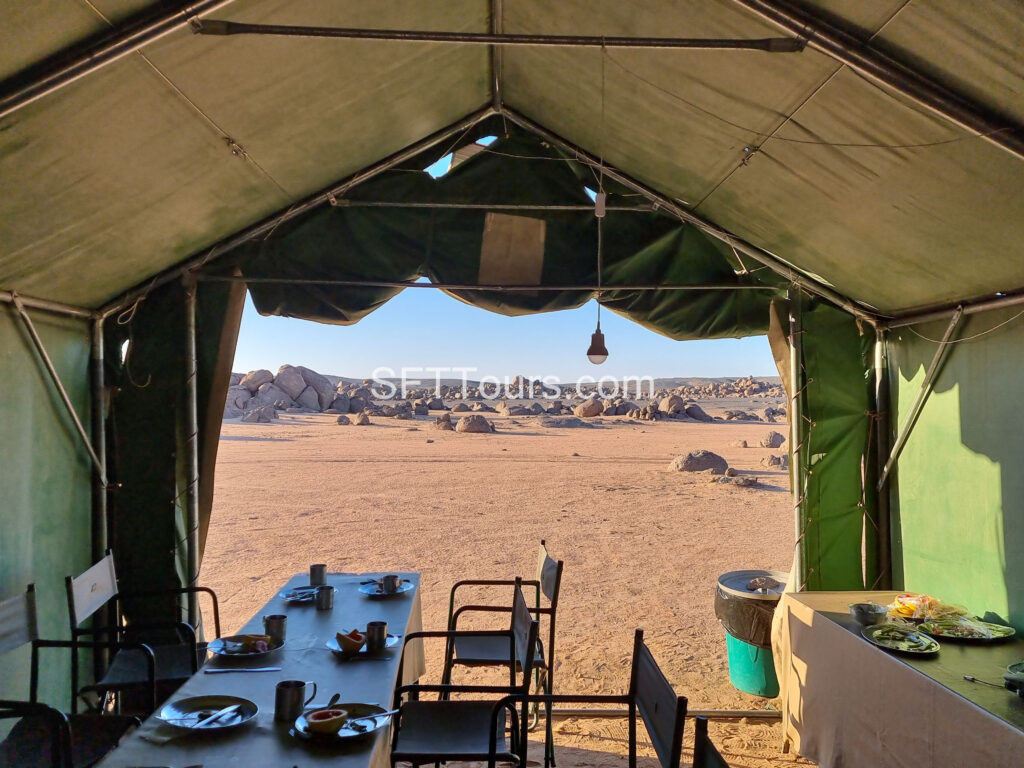
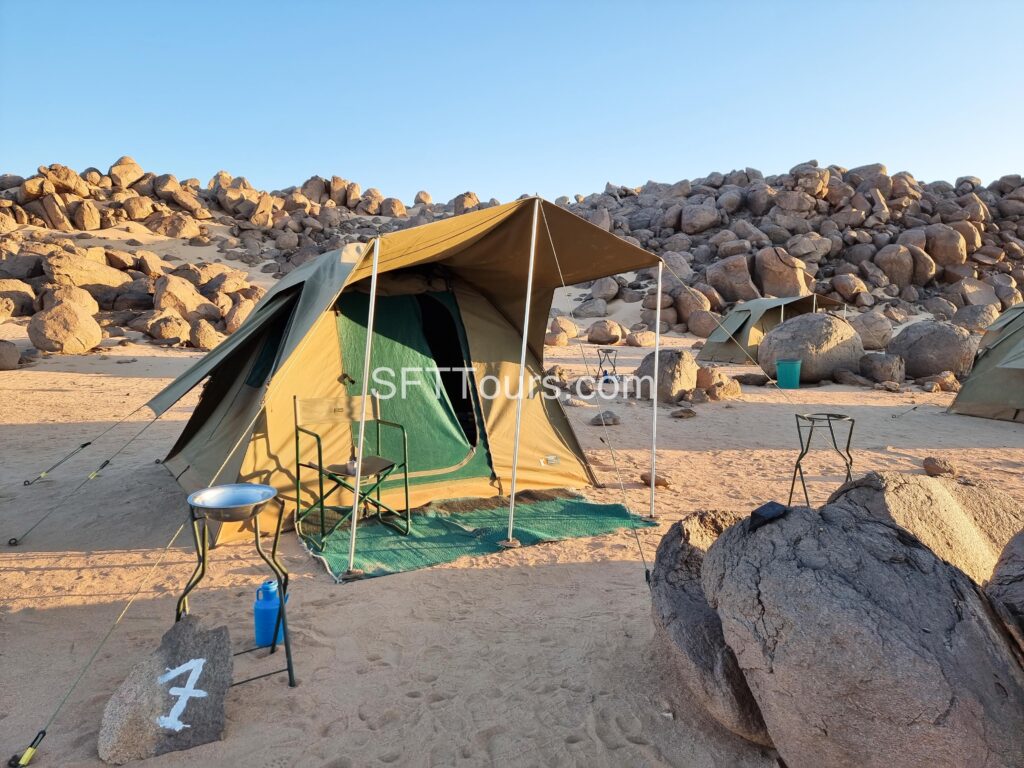
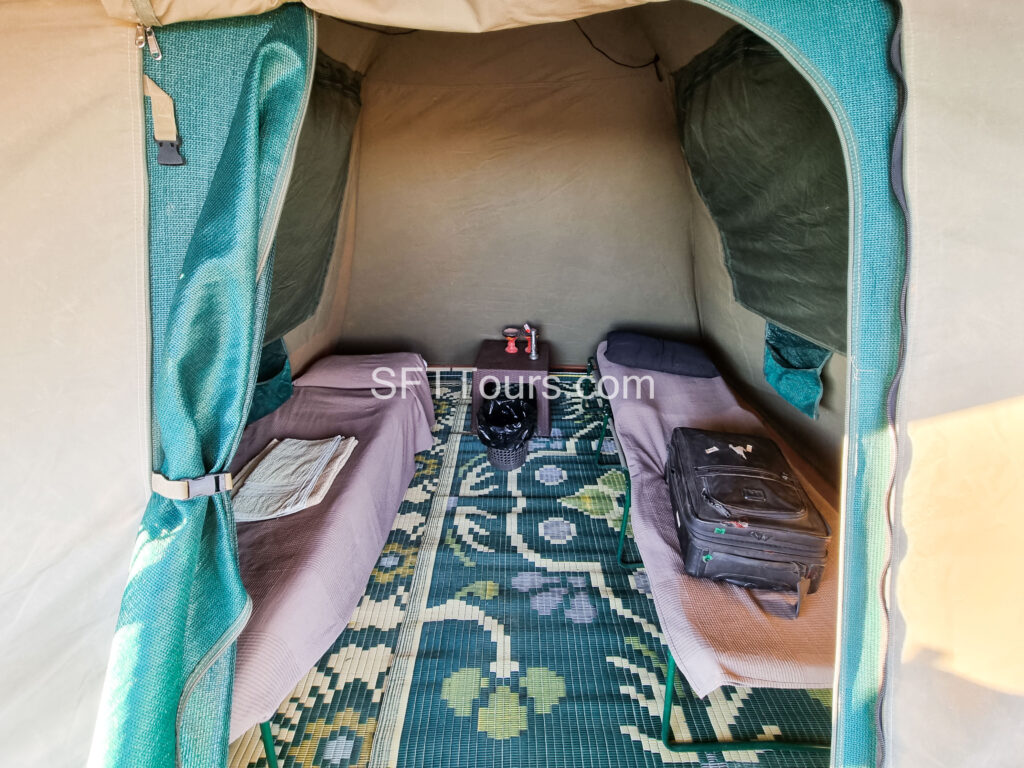
Days 9 and 10 : Soleb
Today we are heading north towards Soleb. We will have breakfast at the camp early and drive north towards the majestic Temple of Soleb.
This is the most beautiful Egyptian temple of all Sudan, testimony of the New Kingdom in Nubia, with many walls rich in hieroglyphic inscriptions, bas-relief figures and many columns.
The temple and necropolis date back to the 14th century BC and there are vestiges of Tutankhamen visit in an inscription that bears his name.
To reach Soleb, we will drive all the way north and to the shore of the Nile River and take a local boat to cross to the other side, arriving at the temple, just like ancient Pharaohs did.
Look out for crocodiles who sometimes live on the river banks.
We will enjoy lunch around Soleb and then jump back on the car to drive back to Karima where we will arrive after sunset, have dinner and spend one last night in Sudan.
On day 10, we will have a very start since we have a long day of driving back to Khartoum ahead of us.
En route, we will drive off-road across the desert, and stop at some of the beautiful sand dunes for quick photo stops.
On the horizon will be the occasional mirage, an optical phenomenon that happens when the sun rays reflect on the road, they are quite an impressive sight to see in real life!
We will stop under the shade of a beautiful tree for one last picnic lunch and continue towards Khartoum for our last evening.
In Khartoum, we will visit the National Museum of Sudan which has been closed for renovations for a few years and holds a treasure trove of artefacts saved from the country’s many sites.
The museum holds the largest collection of Nubian archeological items in the world including status, engraved walls, pieces of temples, etc.
Our day will continue with attending a traditional Nuba wrestling match which is great fun.
This sport is traditionally played by men from the Nuba peoples who come from the Nuba Mountains of South Kordofan state.
We will then have one last farewell dinner at Assaha Restaurant which is near the airport. You will be taken to the airport for your flight 3 hours before departure.
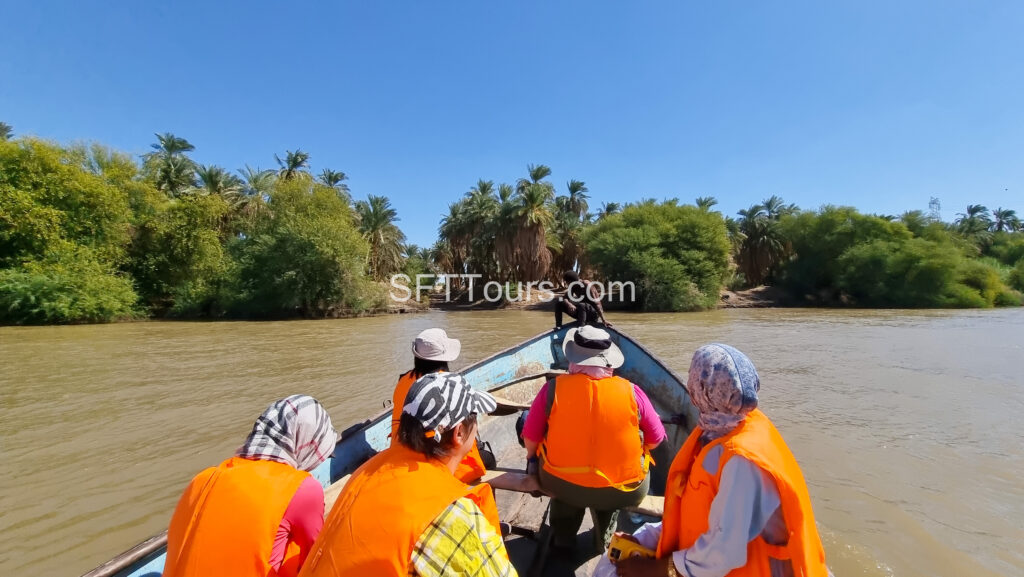
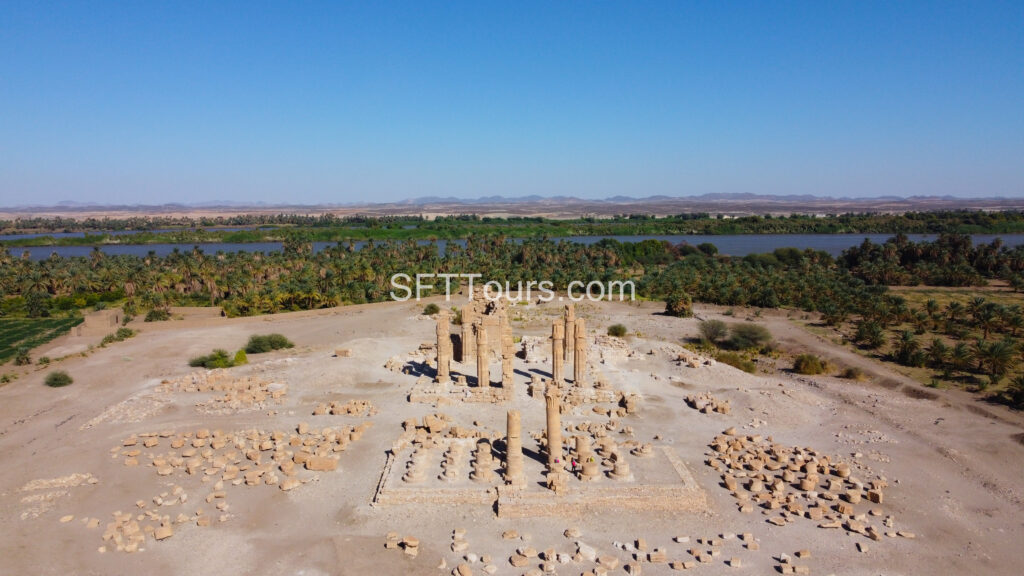
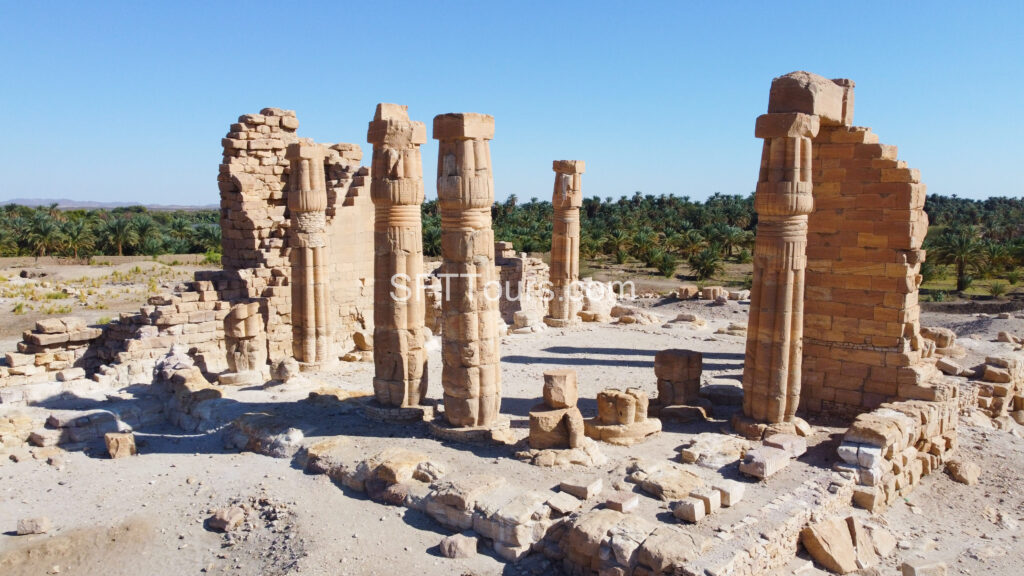
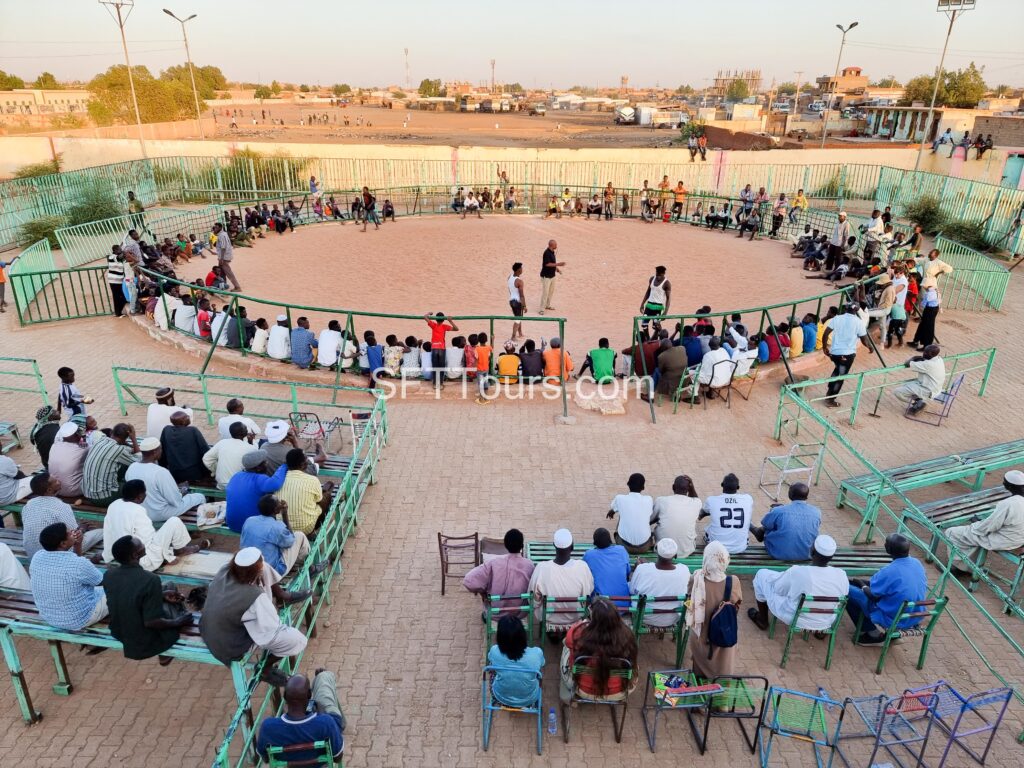
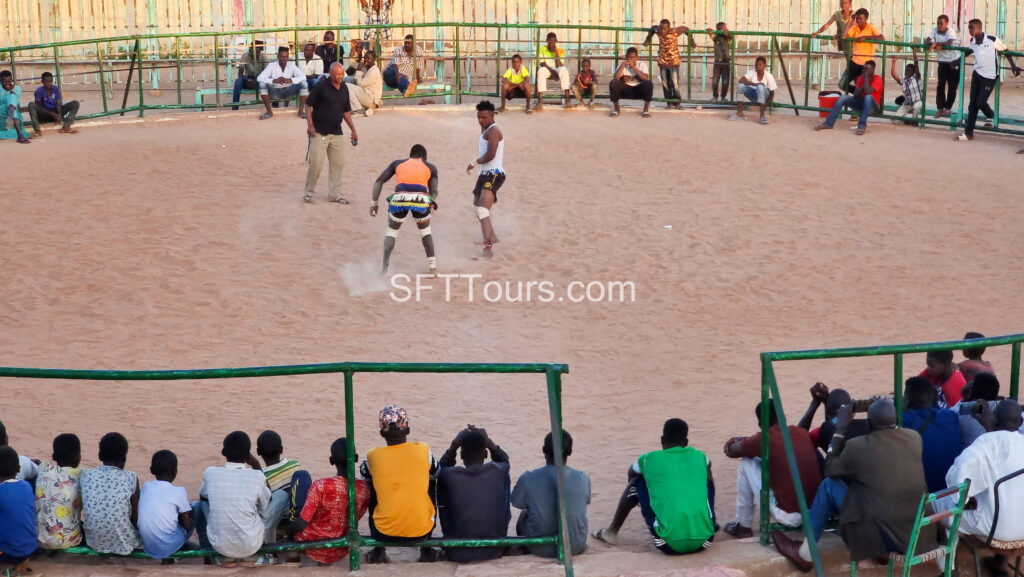
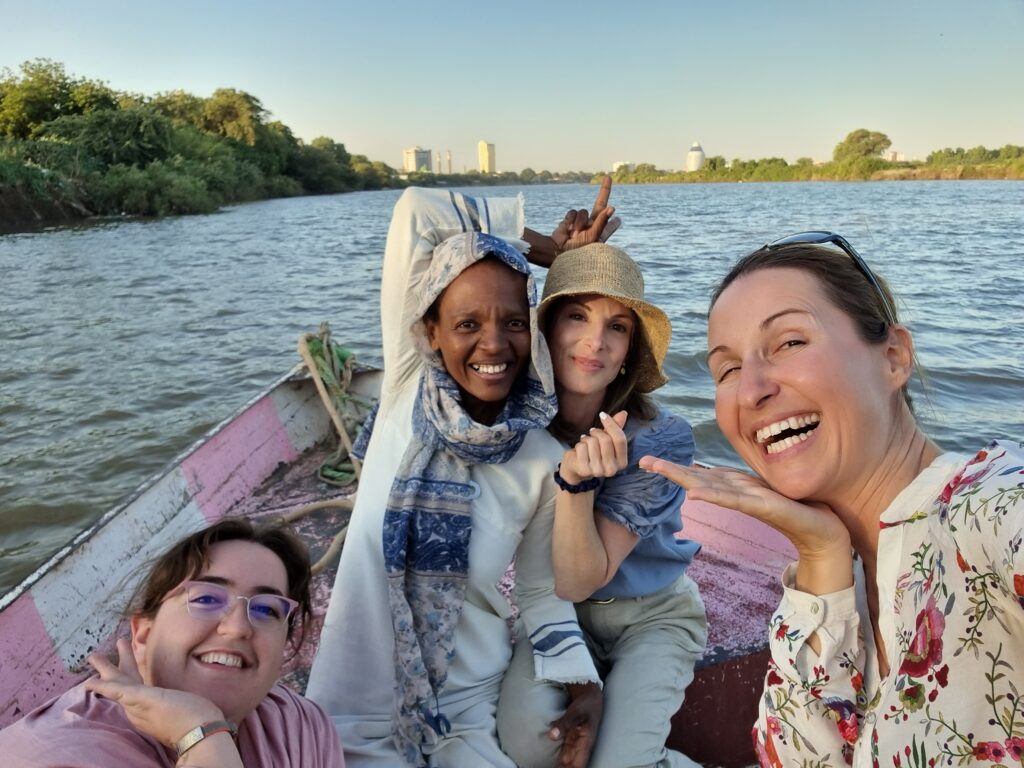
About Your Host
This trip will be escorted by Diba, the only Sudanese female guide.
Diba joined ITC Sudan in 2014 managing the boutique shop at the Nubian Rest house of Karima and quickly moved on to become the assistant manager of the Rest House. Today she manages the Meroe Tented Camp and we will fortunate to have her as our guide.
Diba has a special curiosity towards her country history, ancient culture and traditions, that pushes her to never stop reading: history, archaeology, mythology, ancient and modern Sudanese traditions.
She will share her culture and traditions with us during the trip and open her family’s home to the group.
The group will be co-hosted by our Co-Founder, Mar Pages.
Guest feedback
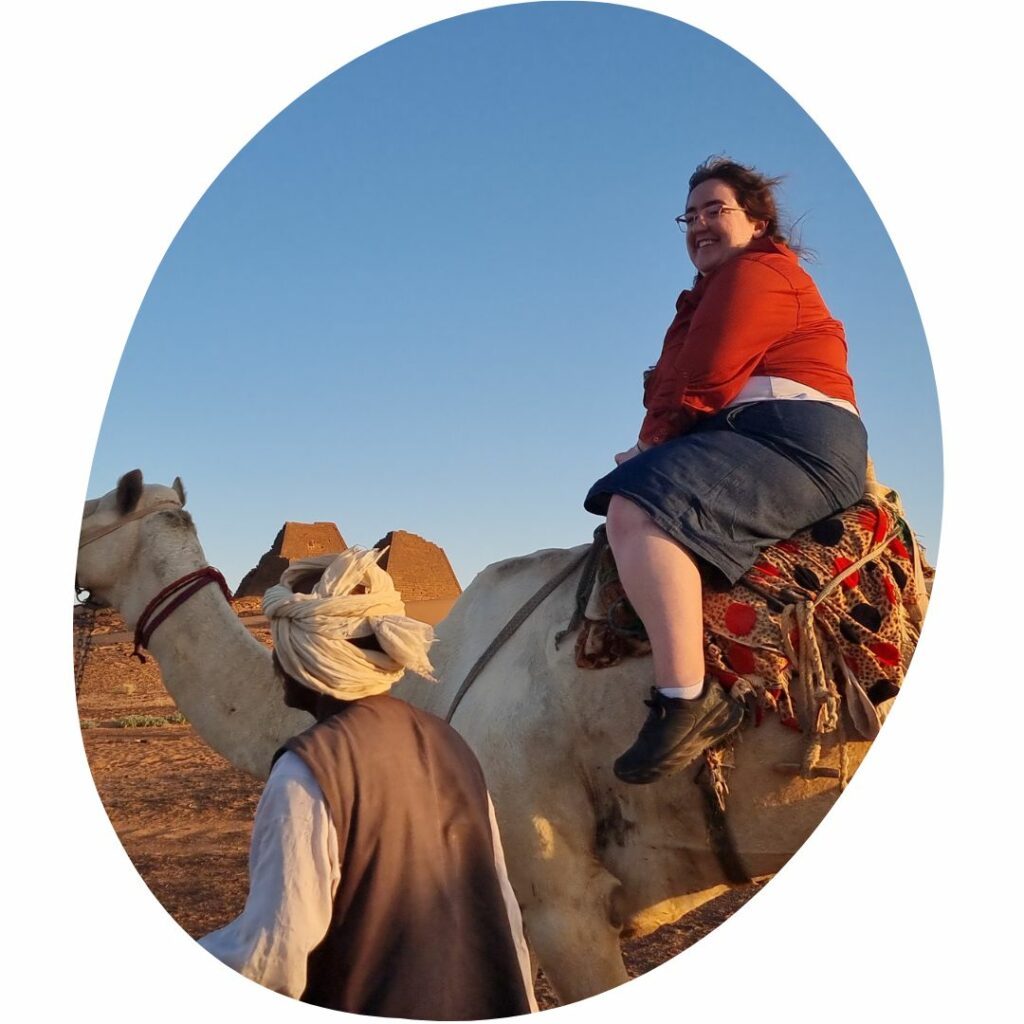

Maureen – “I was on the Sudan trip this month and it was the most incredible experience! I can’t say enough good things about Mar and SFT- from pre-trip communication to accommodations and daily itinerary. We had a wonderful time and it was by far the smoothest trip I have been on post covid. Visit Sudan with SFT, you won’t regret it!”
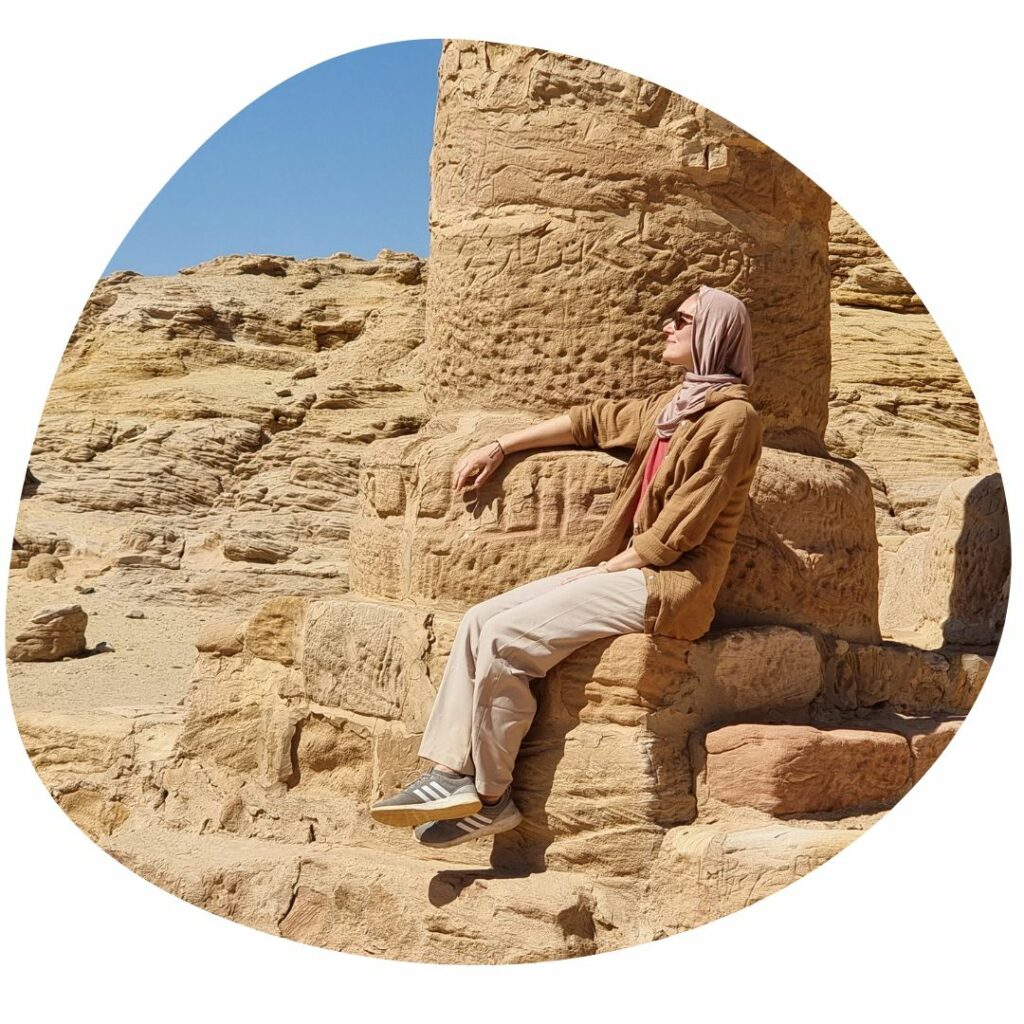

Antonia – “The Ancient Sudan tour was the trip of a lifetime! I highly recommend traveling with SFT Club. To anyone who’s looking to get off the beaten path – look no further than Sudan!”
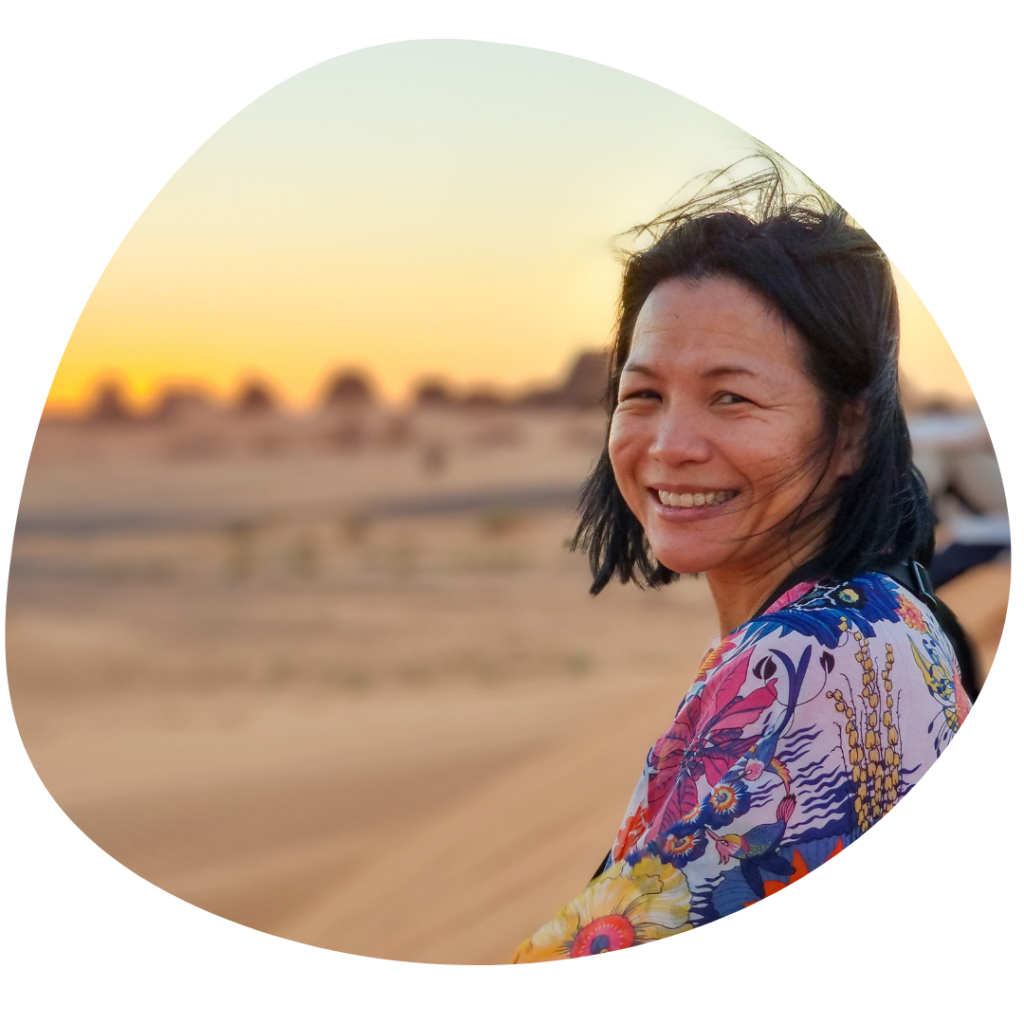

Joop – “This trip to Sudan exceeded my expectations! I traveled to so many places in the past but had not much idea about Sudan or its culture or even what to expect at all. I felt so grateful to be able to experience such unique places and cultural events that Sudan had to offer, to be taken care of so well by SFT, Diba and our drivers and to be able to meet like minded, easy going and many fun travelers on this trip. It is definitely a once in a lifetime lifetime experience and I highly recommend it to anyone who’s adventurous, curious about the world/culture and/or looking to travel and be mesmerized by off the beaten path destinations like Sudan.”
Important note on travel to Sudan
Due to the long term embargo affecting Sudan, credit or ATM cards do not work in the country. As a result, there will be no means for you to obtain cash, the cash you bring is the cash you will be able to spend.
While the trip is practically all inclusive, you need to bring 300 EUR to pay for archeological fees, road permits and the mandatory passport registration required of all visitors to Sudan. If you will be obtaining a visa on arrival, bring an additional $250 to $300 (depending on nationality) for the visa.
You may bring additional cash for souvenirs, tips and fruit juices / soda but note that once you exchange foreign currency into New Sudanese Pounds, you won’t be able to exchange your money back. Sudan is a dry country and the sale of alcohol is prohibited.
Important: USD bank notes older than 2009 are NOT accepted in Sudan, you should aim to bring new notes without any wear and tear or they may be rejected.
Inclusions
✔️ Arrival & Departure Transfers
✔️ 9 Nights in shared twin accommodation
✔️ Full Board Breakfast, Lunch & Dinner daily
✔️ Mineral water throughout the trip
✔️ 4×4 Cruisers especially equipped for desert driving, max. 3 guests to a car
✔️ English speaking local Female Guide, male drivers (non English speaking)
✔️ All tours and attractions mentioned in the itinerary
✔️ Invitation letter to apply for your visa.
✔️ All the travel permits for travel within Sudan (several dozen are required for this itinerary)
Exclusions
✘ Archeological entrance fees + Mandatory passport registration which need to be paid in cash in Sudan (300 EUR including Soleb)
✘ Purchase of local “tub” dress ($5-10 each) for cultural evening (optional)
✘ Visa, which can be obtained ahead of time or on arrival. Price varies by nationality and embassy, see FAQs
✘ Travel & Medical Insurance (Required)
✘ COVID Vaccinations Pre Arrival (Required)
✘ Any drinks beyond water (eg. fresh juices)
✘ Souvenirs
✘ Tips for Drivers and Guides, not expected but appreciated ($100-$150)
Payment Info
3,995 EUR
Payment Plan:
- 30% non-refundable deposit to book your spot
- Final balance due 120 days before departure
*The initial 30% deposit is refundable if the minimum number of guests is not reached. The rest of the payments are non refundable unless the trip is canceled because of travel restrictions in Sudan. By joining our trips you agree to our T&C.
The Solo Female Travelers difference – What makes us unique
All our tours follow the same values and philosophy that makes us who we are which you can find here. In Sudan, something very special sets us apart from others: Our female guides and the time spent with local women.
Sudan is a unique destination on its own and we are the only women only company taking you there. But what makes our trip extra special is the fact that it is hosted by the country’s only female guide and the time we will spend with Sudanese women who would rarely interact with foreign men.
We will be connect with local women and get to know the country through their eyes. These are artists, archeologists, university professors, artisans, etc. who we will connect with for intimate cultural exchanges.
Reach Out to Book One of 13 Spots
Interested in joining us in Sudan? We are keeping the group to 13 guests maximum so don’t wait to book. IMPORTANT: The nature of this trip makes vegan diets difficult to accommodate, please reach out to us to discuss your dietary needs before booking. Note: Please do not book any flights until the trip is confirmed.
Credit card payments carry a 3% surcharge. Wire transfer details are available via email: [email protected].
Pick a convenient time and date below to talk to us live.
Tour gallery
Frequently Asked Questions
This is a trip of a lifetime and we know there are many things you’d like to know more about.
We care deeply about the wellbeing of our guests and our trip follows all local regulations. We require our guests to be fully vaccinated to join the tour so that we ensure the safety of everyone on the trip.
Sudan has lifted all COVID rules and there is no need to show negative tests or vaccination cards to enter.
Once the 30% deposit payment is made, the trip is non refundable unless there are travel restrictions imposed by the Government of Sudan that force the cancellation of the trip or we do not meet the minimum number of guests. We require all guests to purchase travel insurance that covers unforeseen circumstances which would prevent them from traveling, and this is how you would recover your costs from needing to cancel.
All travelers to Sudan except for Egyptians who are older than 49 years old or Egyptian ladies and children need a visa to enter Sudan. This visa can be obtained in advance at the Sudanese embassy in your country, or on arrival in Sudan. Where possible, we recommended getting a visa from a Sudanese embassy because it is cheaper, but if you do not have access to an embassy OR the embassy nearest to you does not issue visas (eg. Embassy in Spain or France) you can obtain a visa on arrival in Khartoum.
To obtain a visa on arrival, it is essential to apply for an Entry permit in advance. For this, ITC Sudan will need to receive a scan copy of the passport (which has to have minimum 6 months validity, 2 free consecutive pages and NO Israel visa or stamp) 2 months before travelling. ITC Sudan will apply on your behalf in Sudan and send a scanned copy of the LANDING/ENTRY PERMITS that you must print out and show when checking in for the Khartoum flight in your country of origin. The airline will deny boarding if you are not able to produce the printed permit from the Government of Sudan.
On arrival at Khartoum airport the officers will have the visa sticker placed on your passport. You will need to bring a passport photo for this. The cost for the procedure to get the invitation letter is $200 per person paid in cash to the guide in Khartoum. Additionally, the visa stamp costs $100 for non-US citizens or $150 for US passport holders to be paid in cash locally at the customs officer. In both cases, make sure that any US Bank notes are newly issued and have no tear or damage. Notes printed before 2009 are not accepted across Sudan.
This is an all inclusive trip without any optional activities. All activities and visits quoted in the itinerary are included as well as all meals and water. Sudan is a dry country and the sale of alcohol is prohibited. However, fresh fruit juices are delicious and the country has the best watermelon juice you will ever taste.
Not included in the trip are the visa, passport registration (which will be taken care of by ITC Sudan and is mandatory), travel permits within the country, and entry tickets to archeological sites which need to paid in cash. Please bring 280-300 EUR to cover all these fees and $270-300 for the visa on arrival. Other than that, tips are at your own discretion and a guideline would be $5 per day for the drivers and $10 per day for the guide. You will have limited opportunities to buy souvenirs to take home.
We quote the archeological fees as a separate item to be paid in cash and brought by the guests because they cannot be paid in local New Sudanese Pound as per Government requirements. Obtaining hard currency in Sudan is extremely difficult due to the ongoing embargo hence guests are requested they bring this with them.
All costs above are considered on a sharing basis with two guests per room in twin bedding; we will pair you with another solo female traveler on the trip. If you wish to have your own room, the standard trip single supplement is 900 EUR.
This is a female-only small group trip specifically designed for women traveling on their own. If you wish to travel with a female friend, family member, etc. they are absolutely welcome, however we are not able to book male travelers on this trip.
How wonderful! If your daughter is above the age of 16, we will be glad to have her with us.
Yes, this trip will be hosted by Diba, our local Sudanese guide, giving guests a glimpse into the life of local women and a unique opportunity to learn more about the country. She is excited to share this trip with an all female group and will open the doors to her home to us.
We believe that travel can be a force for good and wherever possible, we work with local travel companies in the country who can help us make a difference and ensure that the tourism dollars benefit local communities. For this trip, we have partnered with ITC Sudan who have been in the country managing tours, camps and lodges in Meroe, Karima and Soleb for the last 30 years. The owners are an Italian couple who are committed to Sudan and employ an almost-all Sudanese team including the only female guides in the country. ITC Sudan is the preferred operator of all reputable travel companies organising trips to the country such as National Geographic and has unmatched experience.
Besides their long-term commitment to Sudan, ITC Sudan supports the organization Amici del Sudan which focuses on providing education to the least privileged and on building wells; in the dessert, water is a gift for people and cattle.
The company is also focused on minimizing impact on the environment and reducing waste and plastic, in remote environments where nature is practically untouched and locals continue with age-old traditions living a nomadic lifestyle, preserving what is there for generations to come is crucial.
You can read more about all of ITC Sudan environmentally friendly initiatives here. While Karima Rest House is a permanent boutique hotel, the Meroe Camp is solar powered and charging stations will only be available in the evenings. The Pre-set camp has no electricity but guests can use the car’s charging point to recharge their phones.
You should make an appointment with your doctor to confirm any travel inoculations and other medications that you may need to take before and during the trip, including those to prevent malaria which are generally recommended, although the risk of mosquitoes in the dry season, when we will be traveling, is low. You can check the CDC website for more details.
Once your trip is confirmed, we will send you a detailed packing list with everything you need to take. In the meantime, you can check this list we put together. In general, the number one rule of the dessert is to cover from the sun and the dust; long sleeves and long trousers or skirts are preferred. Sudan is a conservative society and out of respect for the local culture we ask that you cover shoulders and knees.
Covering your head is not necessary, although a scarf can be useful in the case of dessert sand blown by the wind and a hat is essential. Because we will be walking across sand dunes and ruins, we recommend closed shoes with ankle support.
Help us minimize waste by bringing your own water bottle which can be replenished for free daily, instead of using single use plastic bottles. We recommend not bringing large equipment such as laptop computers which can also be easily damaged by the dessert sand and you will get few opportunities to use it. WiFi internet is available in the common areas of the Meroe Camp and Karima Rest House, but it can be temperamental, and at the hotel in Khartoum, the Pre-set Camp has no WiFi.
The prospect of getting sick while alone in a foreign country is daunting, and this is why we require all our guests have comprehensive travel and medical insurance that includes international evacuation. Should you fall sick, ITC Sudan’s local team will escort you to the nearest medical facility so you can get the help you need.
We recommend you get the most comprehensive travel and medical insurance that would cover you in the event that you need to be evacuated. We recommend checking with an aggregator such as Travel Insurance Master to compare quotes and coverages. Note: because of the embargo, several insurance companies do not cover Sudan, if you have an annual plan please check that you are covered for Sudan.
Our payment plan includes 2 instalments: a 30% deposit to book a spot and the remaining balance due 120 days before the trip. The Soleb extension is due along with the final payment.
We offer the option to pay via bank transfers as these are the most cost effective bank charges. Payment by credit card carries an additional 3%.
All the accommodation we will be staying at has WiFi but in most cases this is only available at the main common area and may be limited and slow. The Preset camp in Soleb does not have electricity or internet. We invite you to take this opportunity to be in the moment and disconnect from your always-on life. If you need internet connection throughout your trip, please let us know and we can help arrange for a local SIM card at extra cost (mobile connectivity in Soleb is limited).
Hotels in Khartoum offer a mix of international and local dishes. Al Assaha where we will enjoy our welcome and farewell dinners, is a Lebanese restaurant serving traditional mezze starters to share and grilled meats.
Most days will be spent exploring hence picnic lunches under shaded trees are the norm. Expect dishes with tomato, rice or pasta salads, cheese, ham, tuna fish, and fresh fruit. The most common local dishes are broad beans soup and lamb. Chai tea with spices or mint is commonly drank by Sudanese and very good and rich in flavour. Dinners at the lodges and camps include hot dishes such as meat or fish, vegetables; pasta, rice or soup, fruit and dessert. Tea and coffee is always available.

